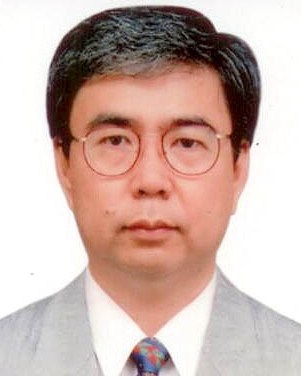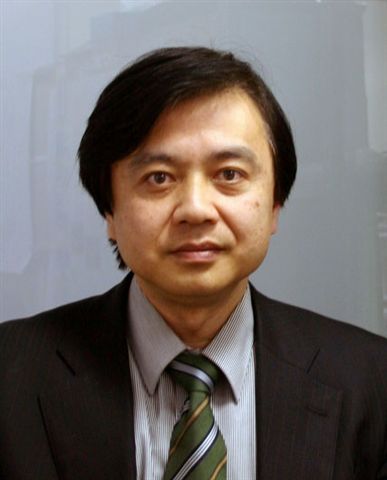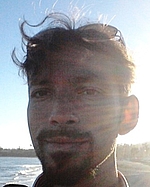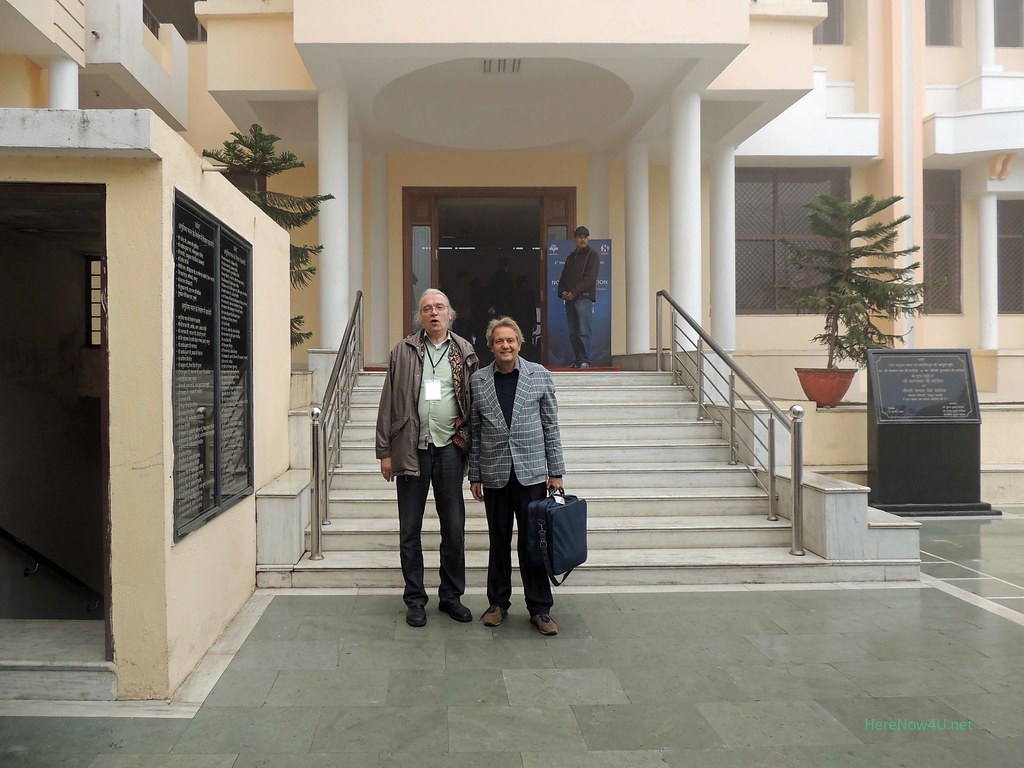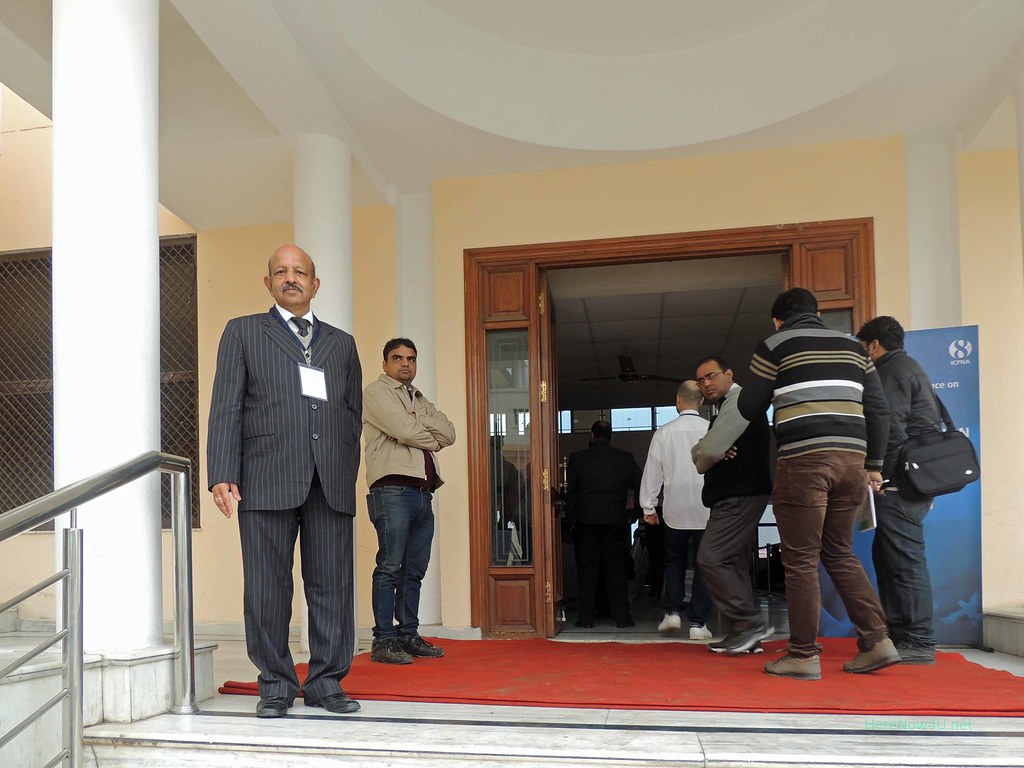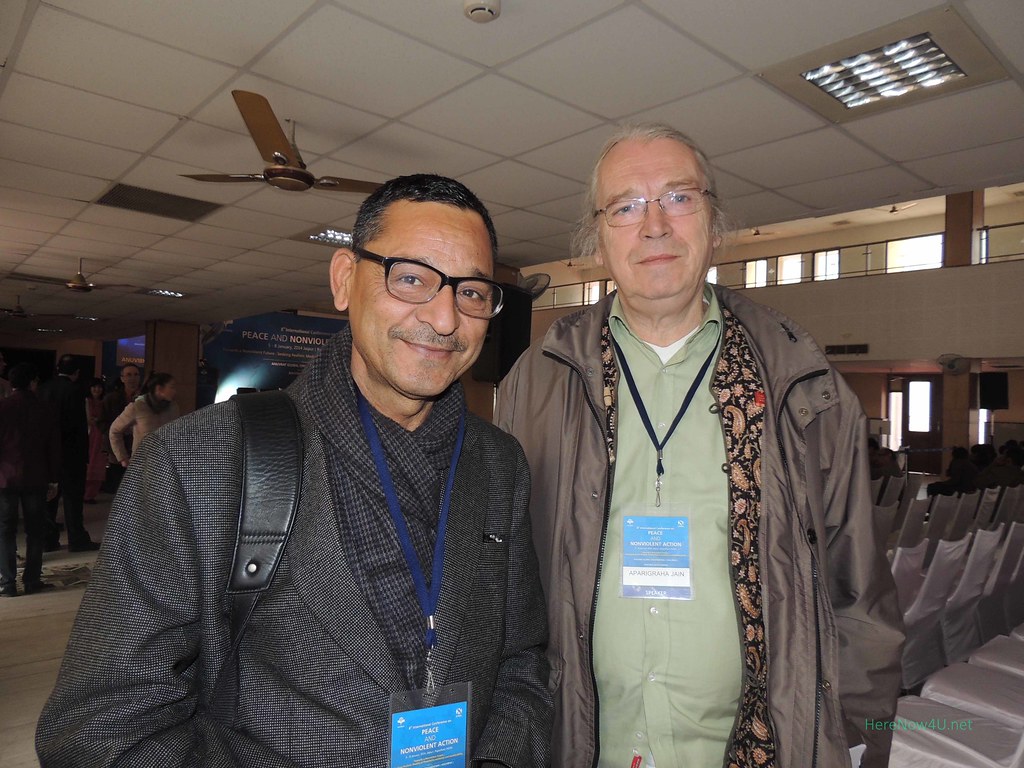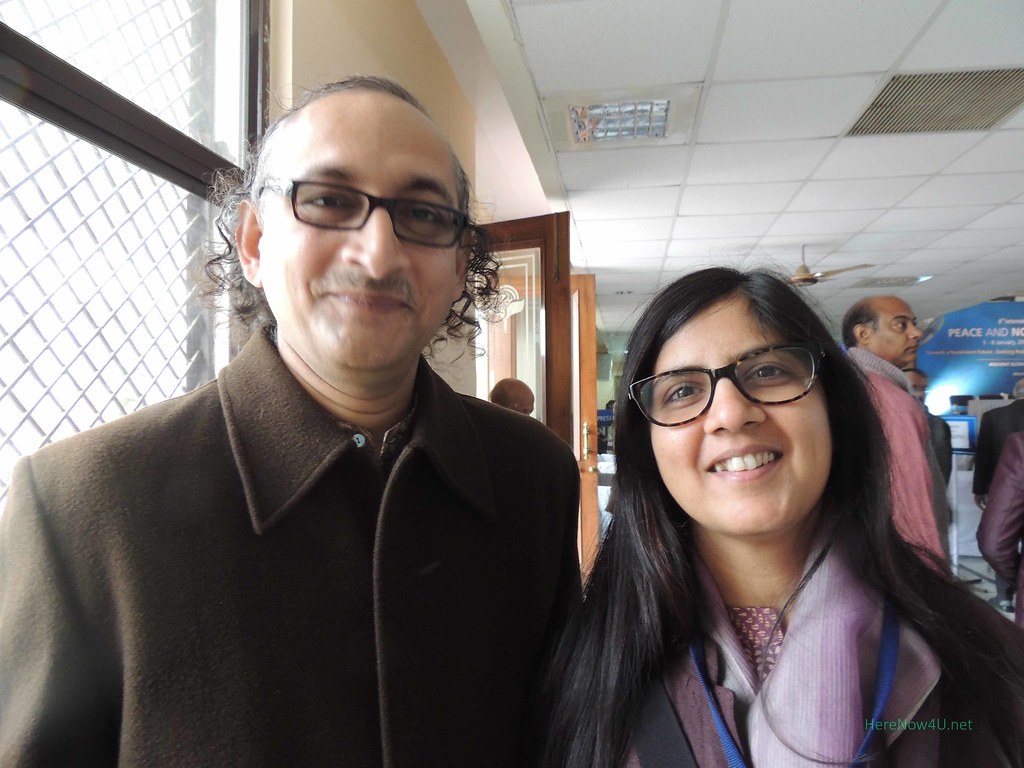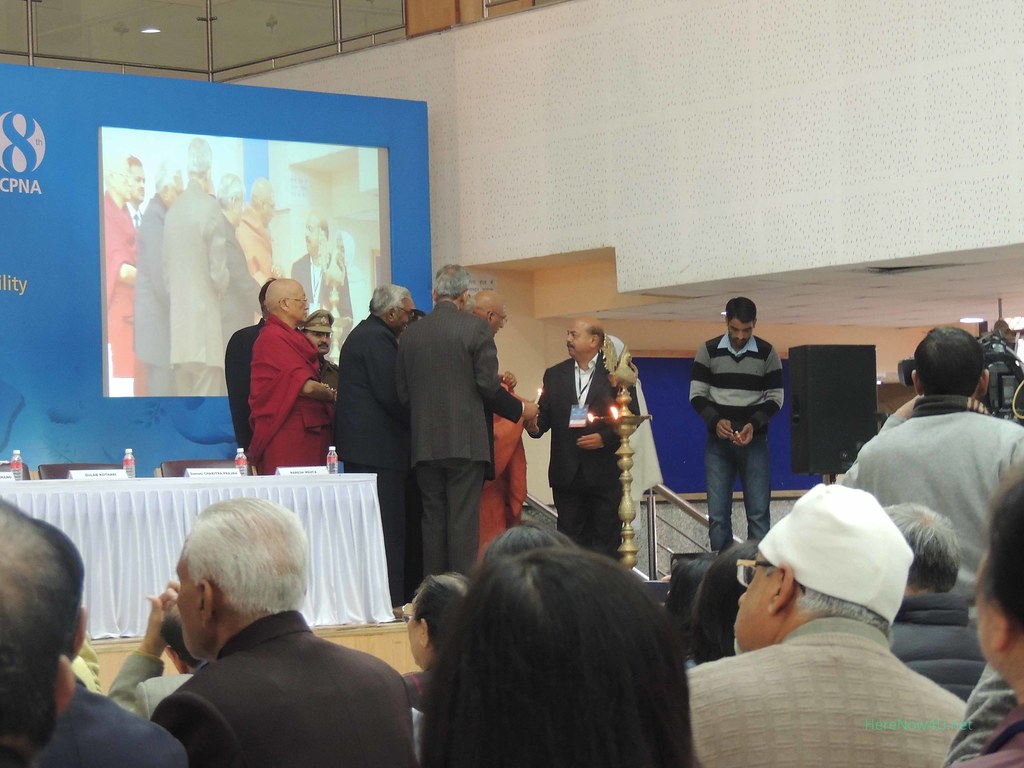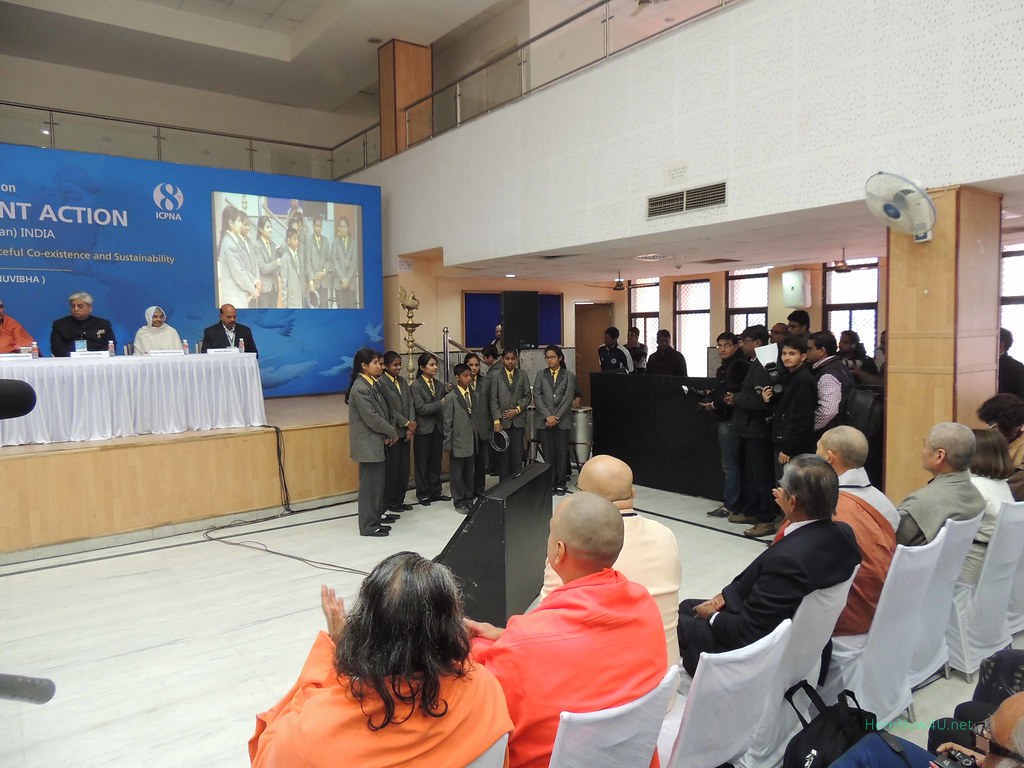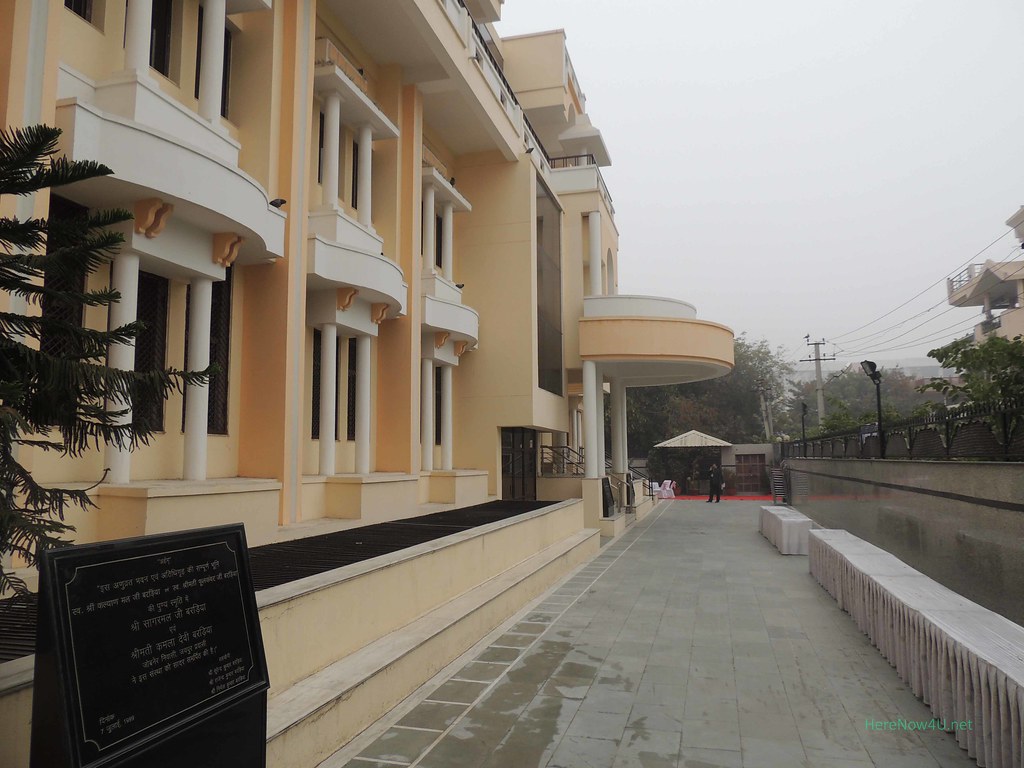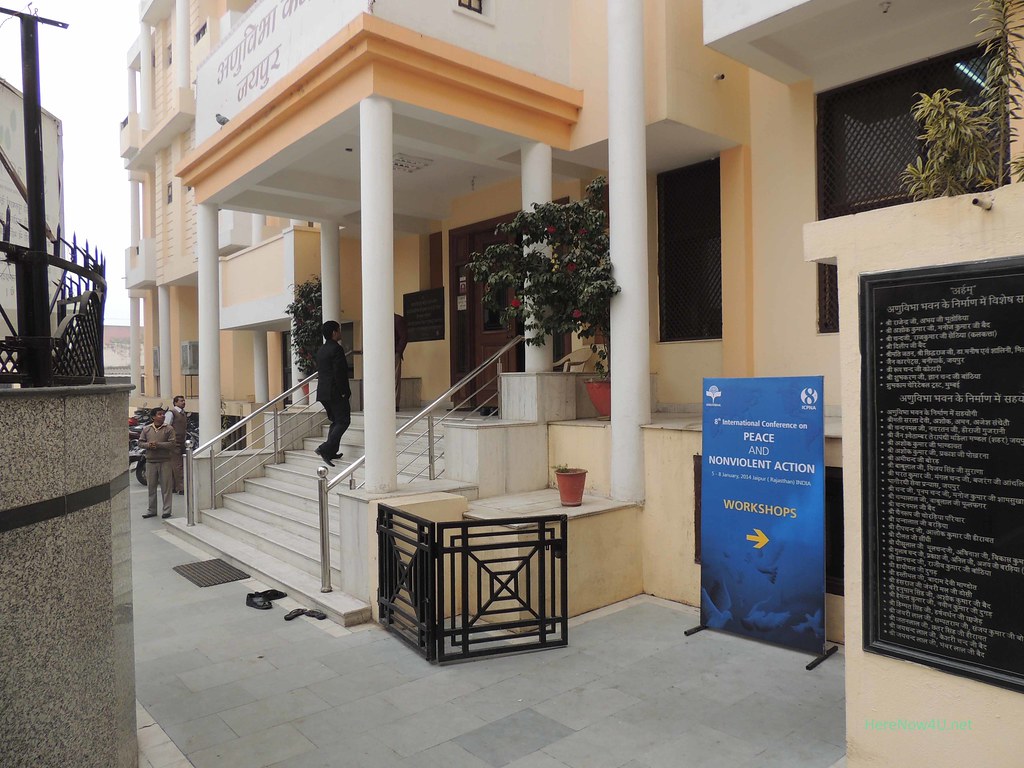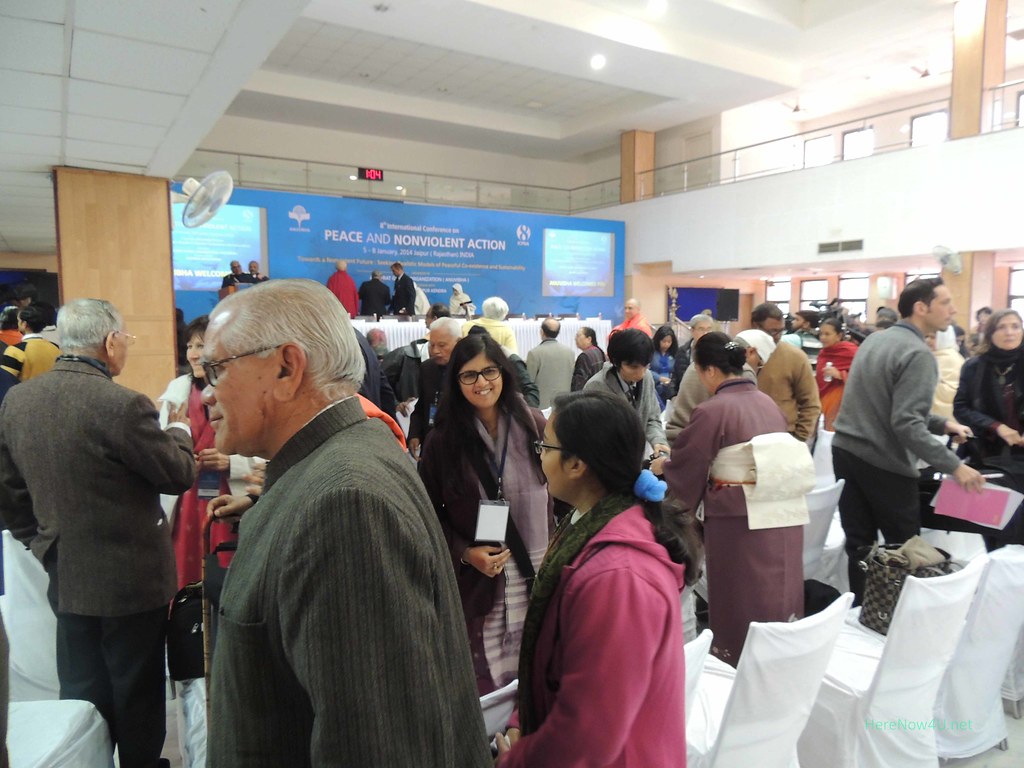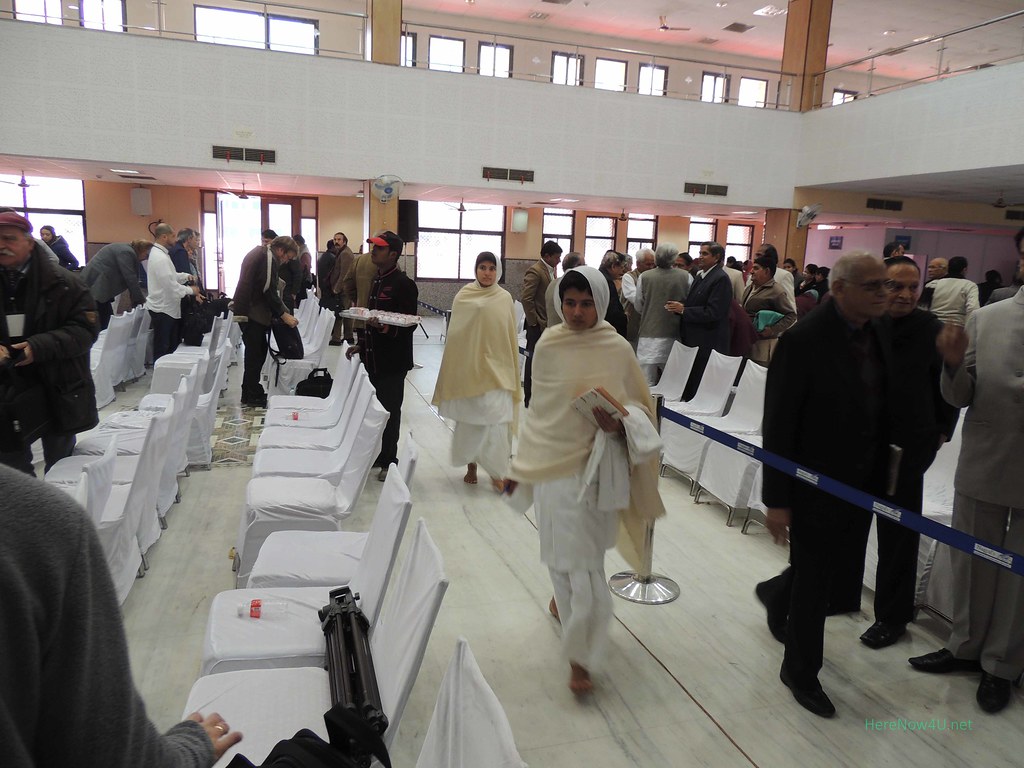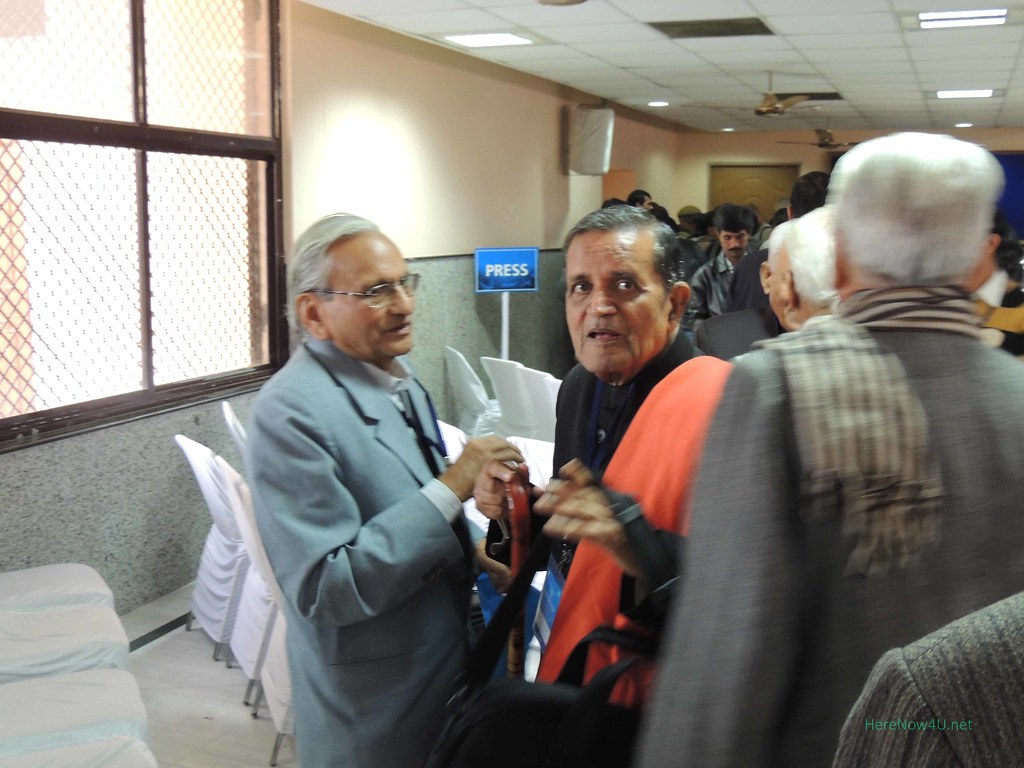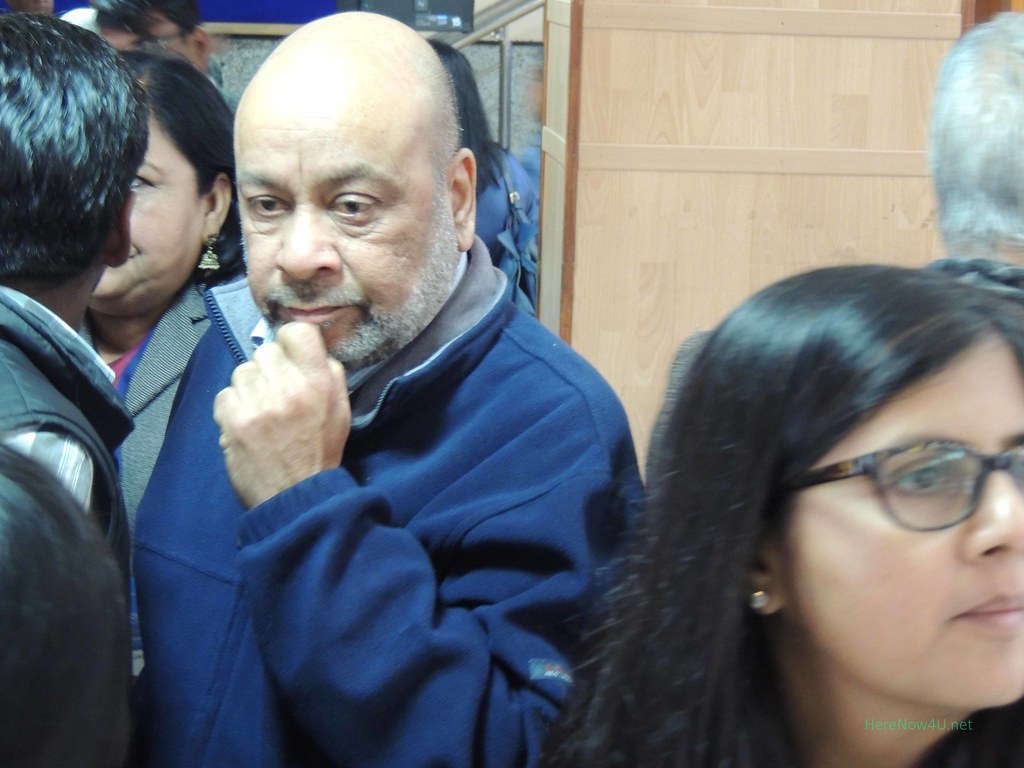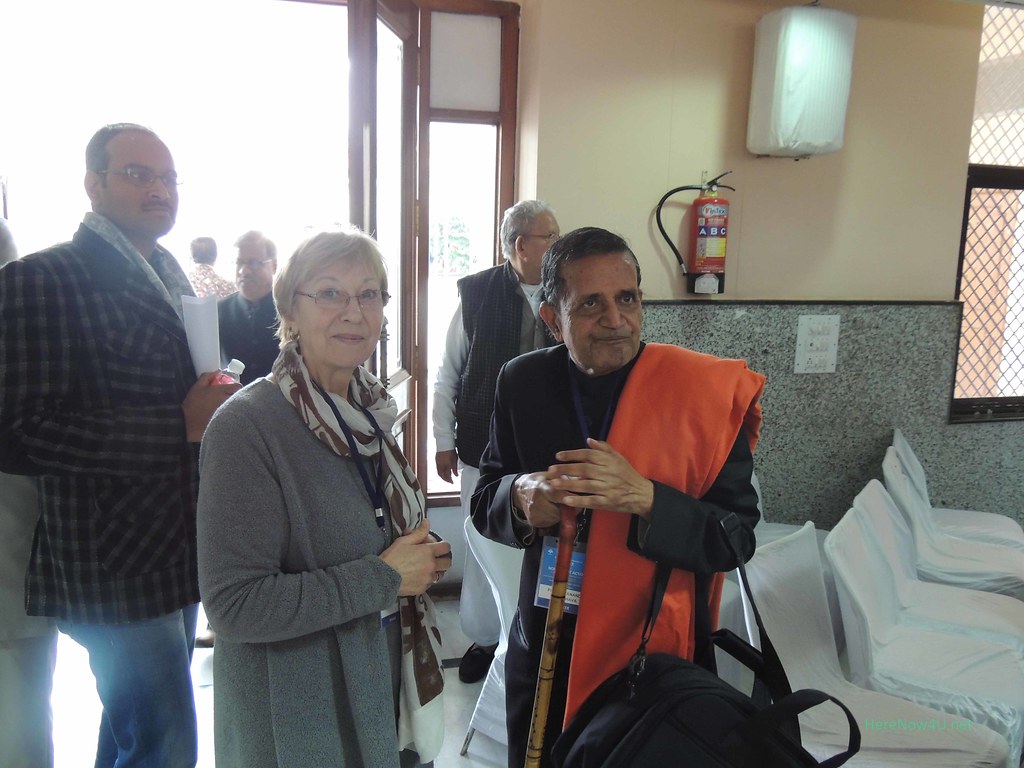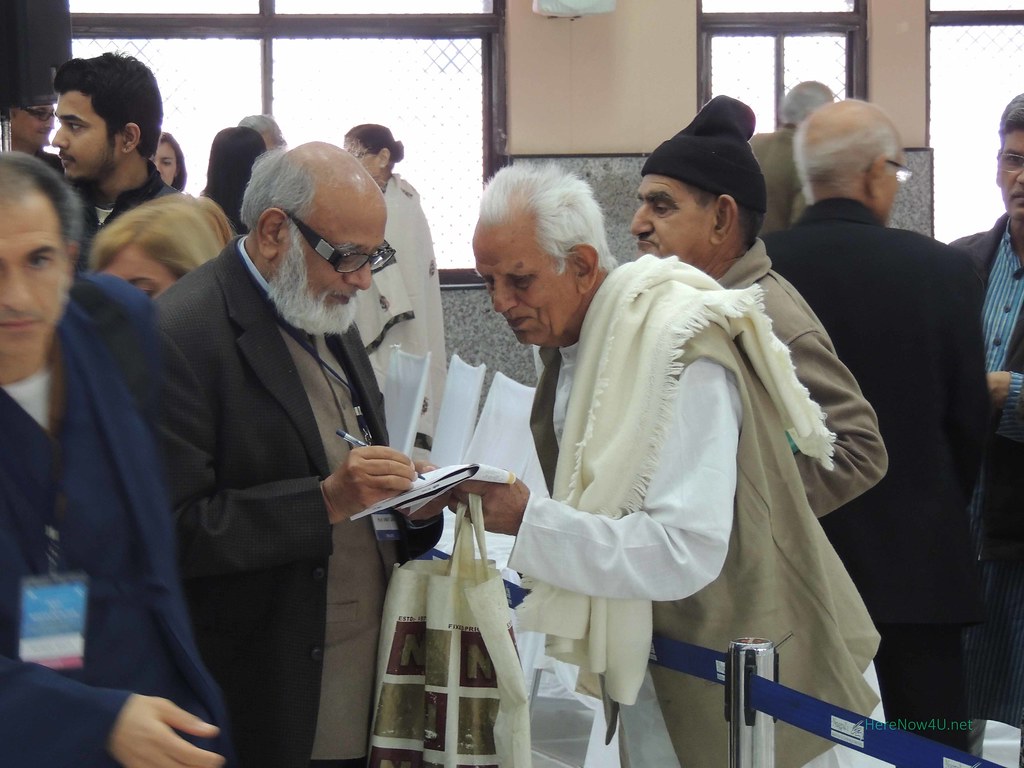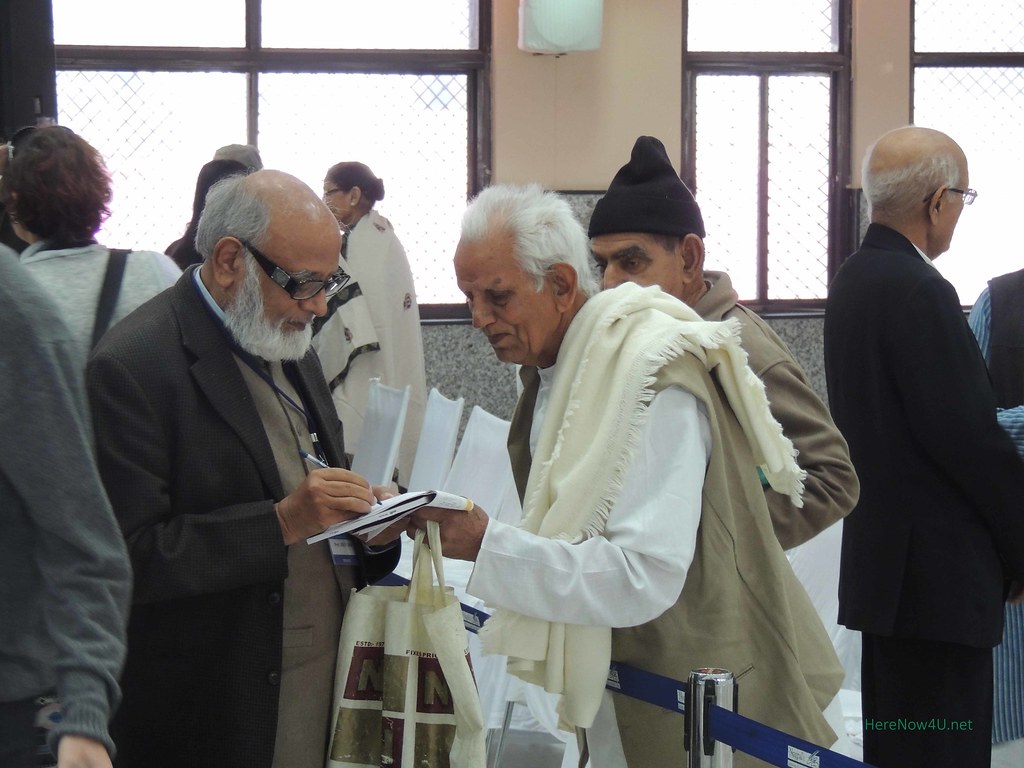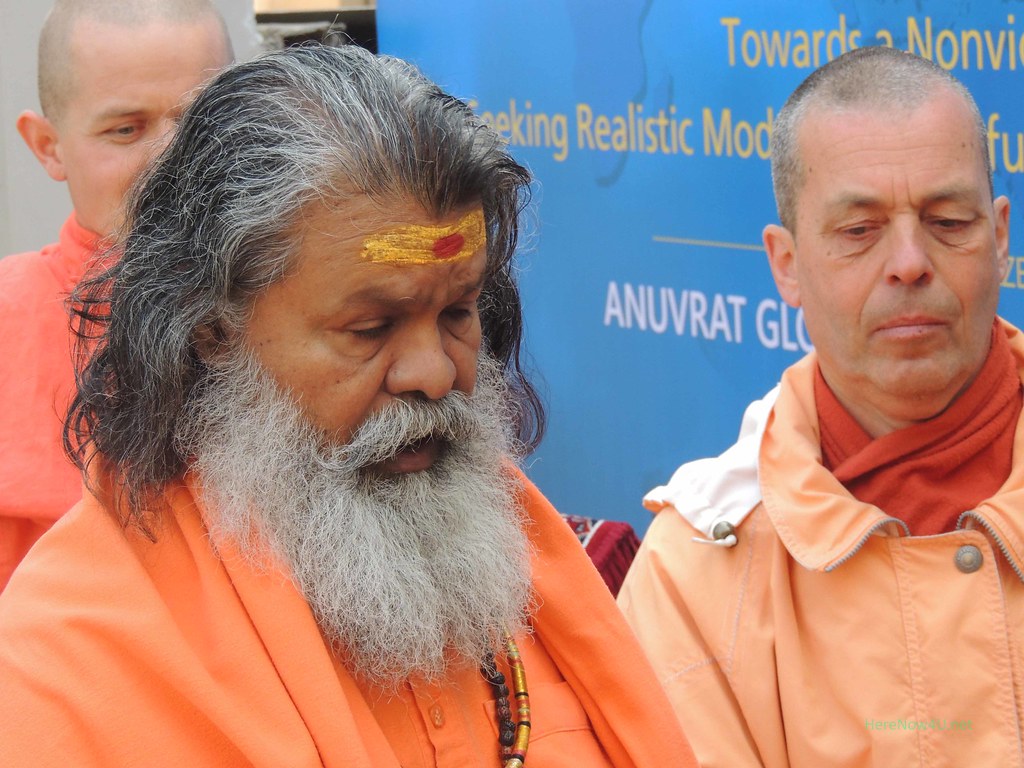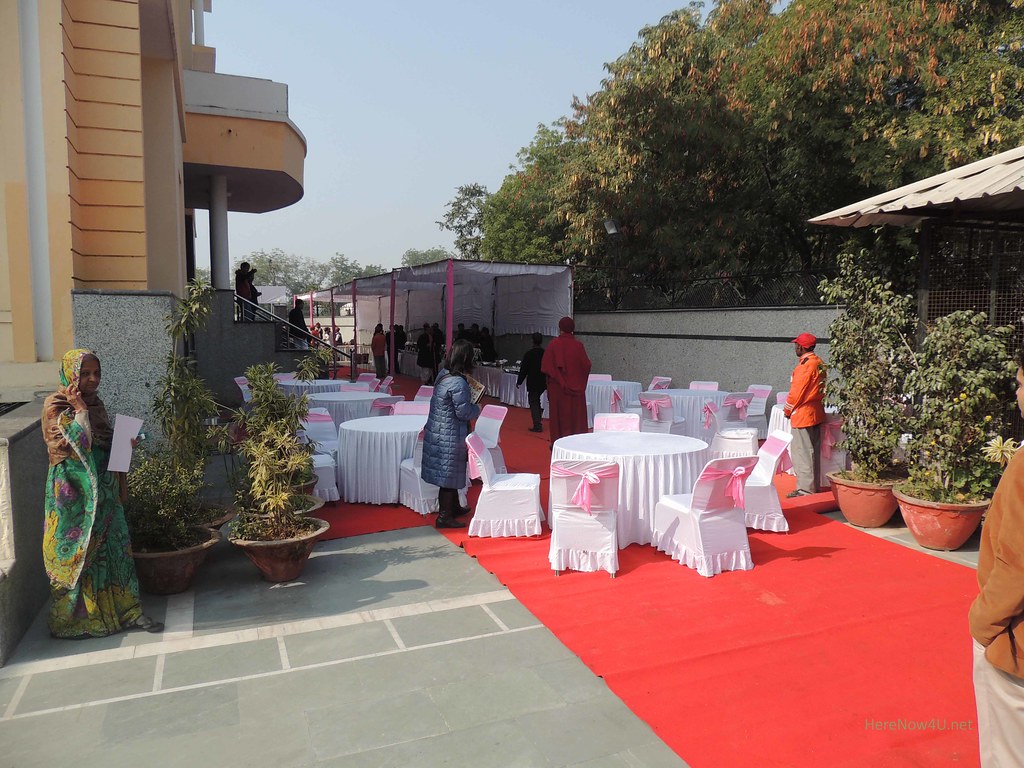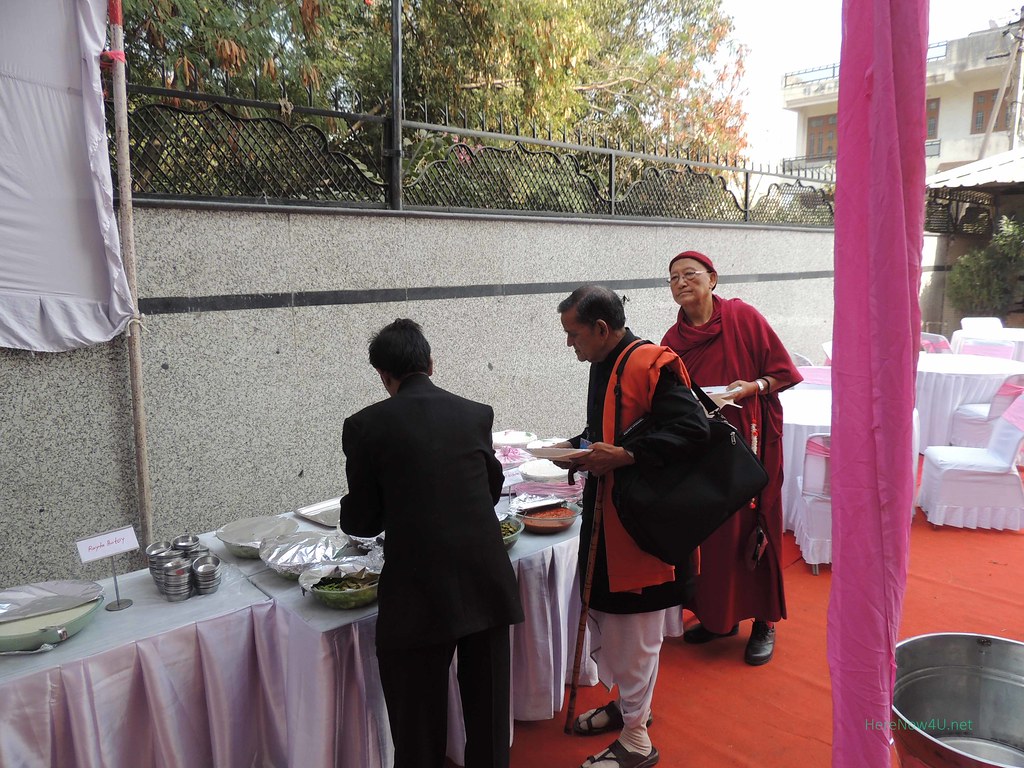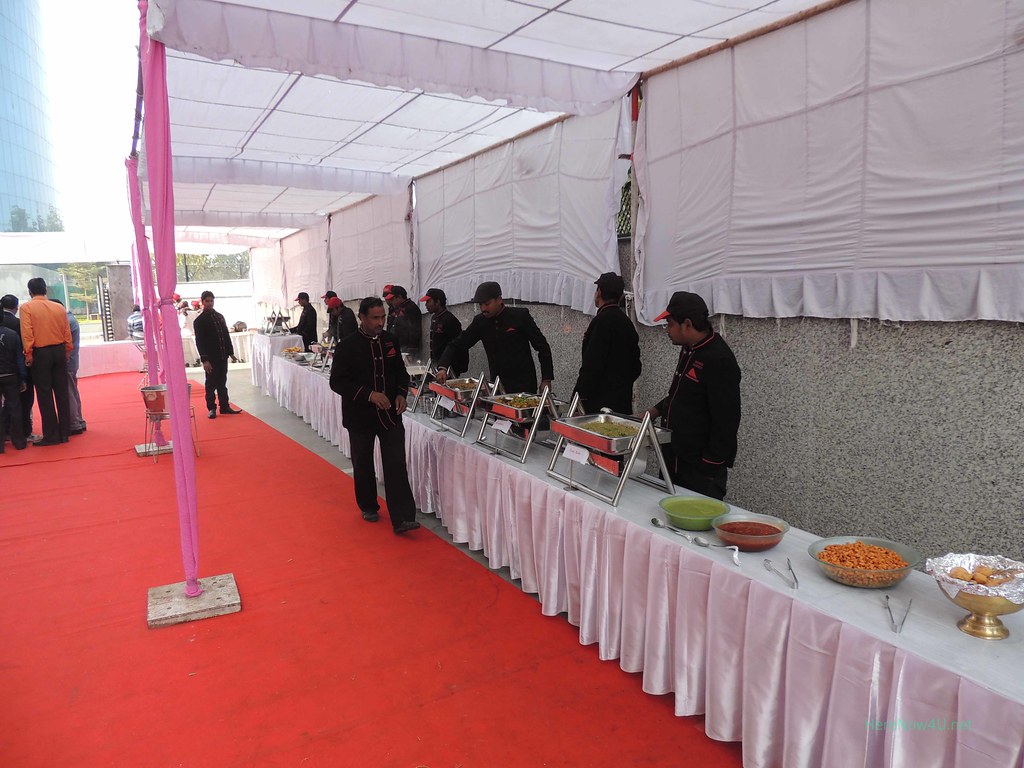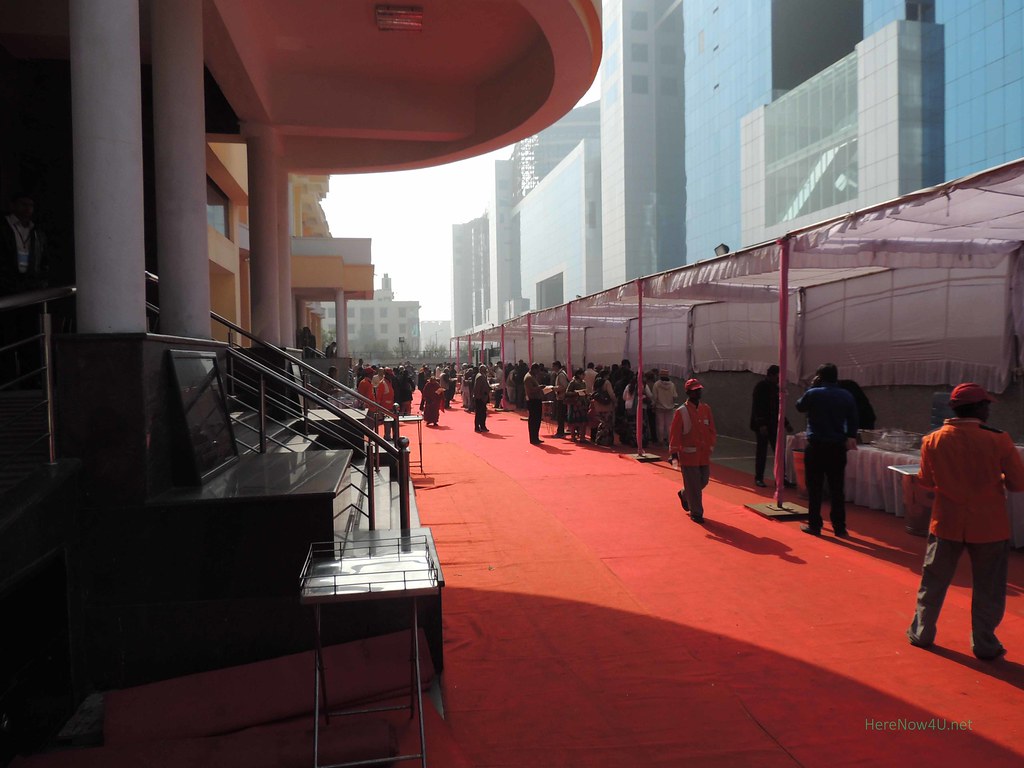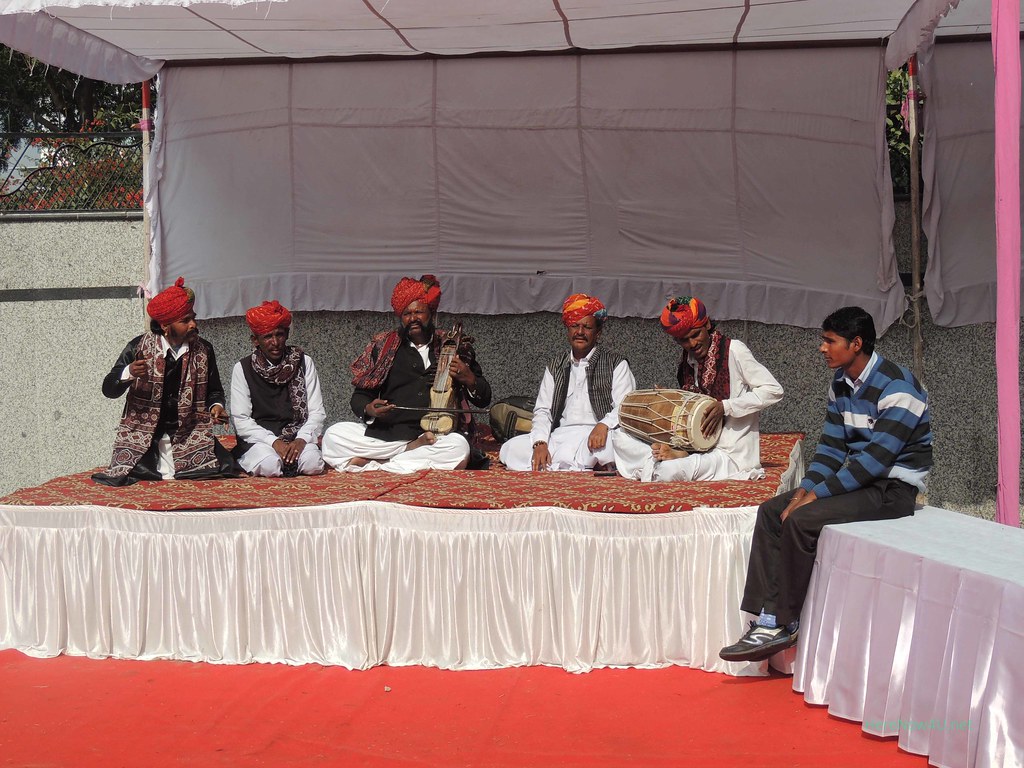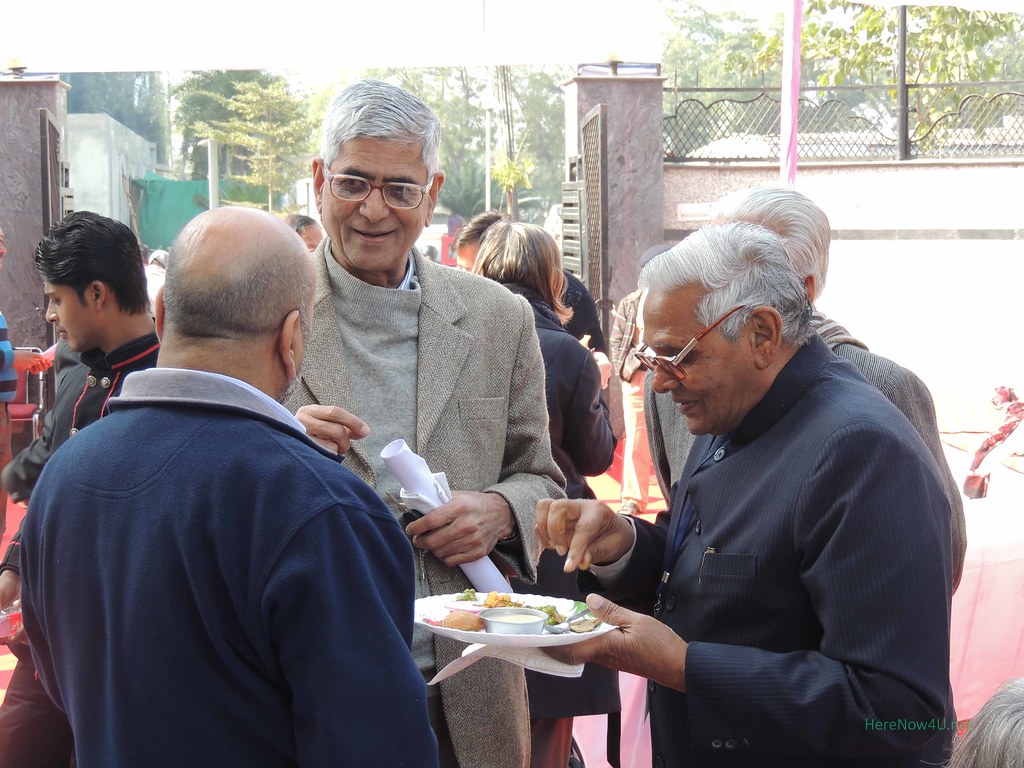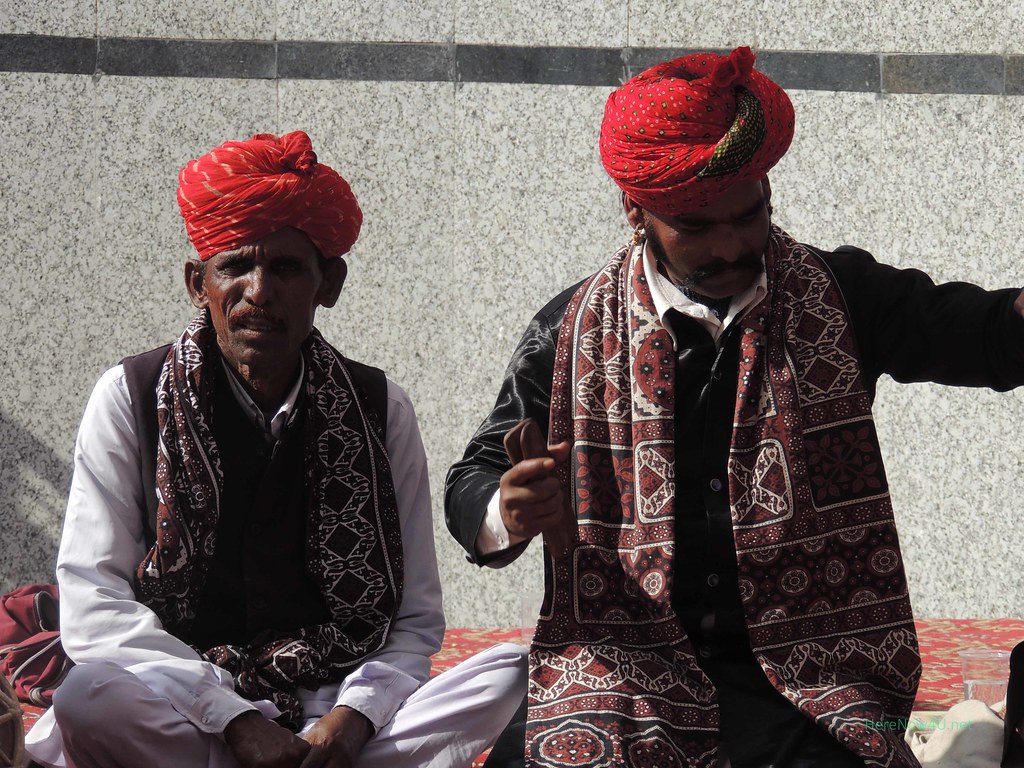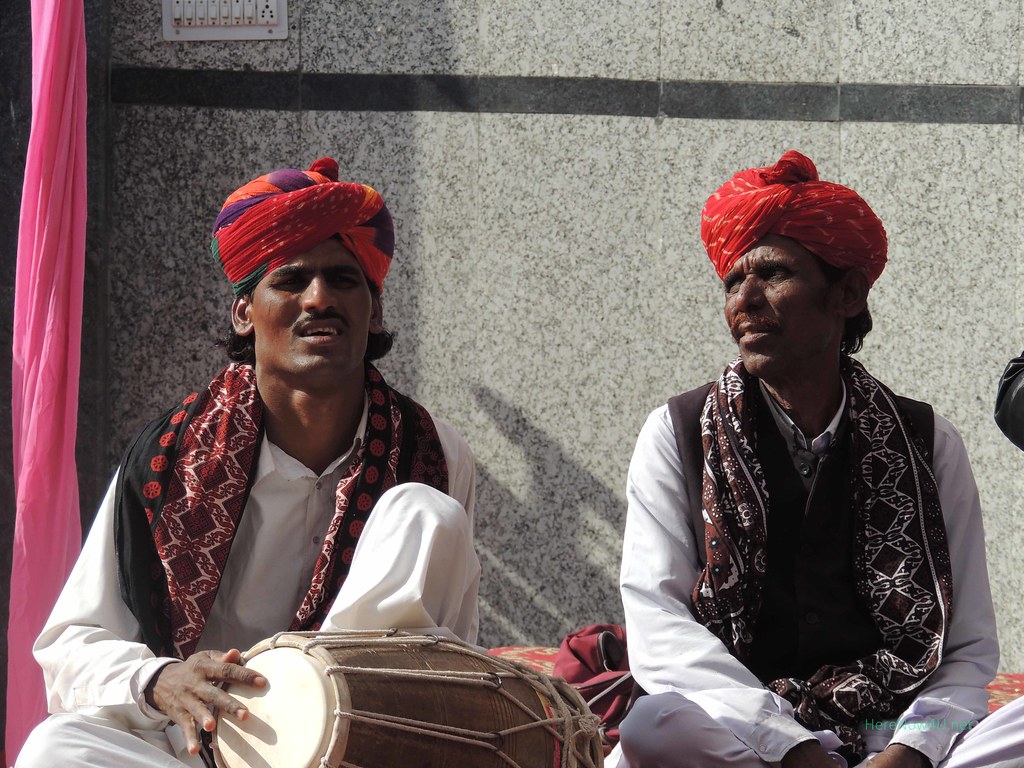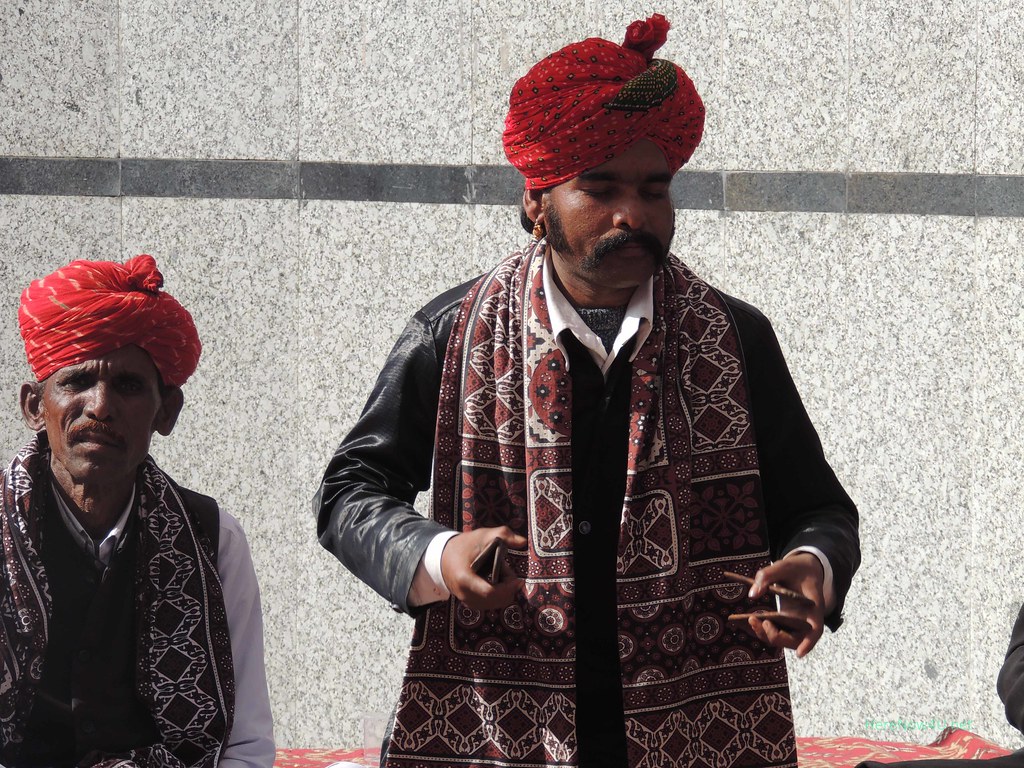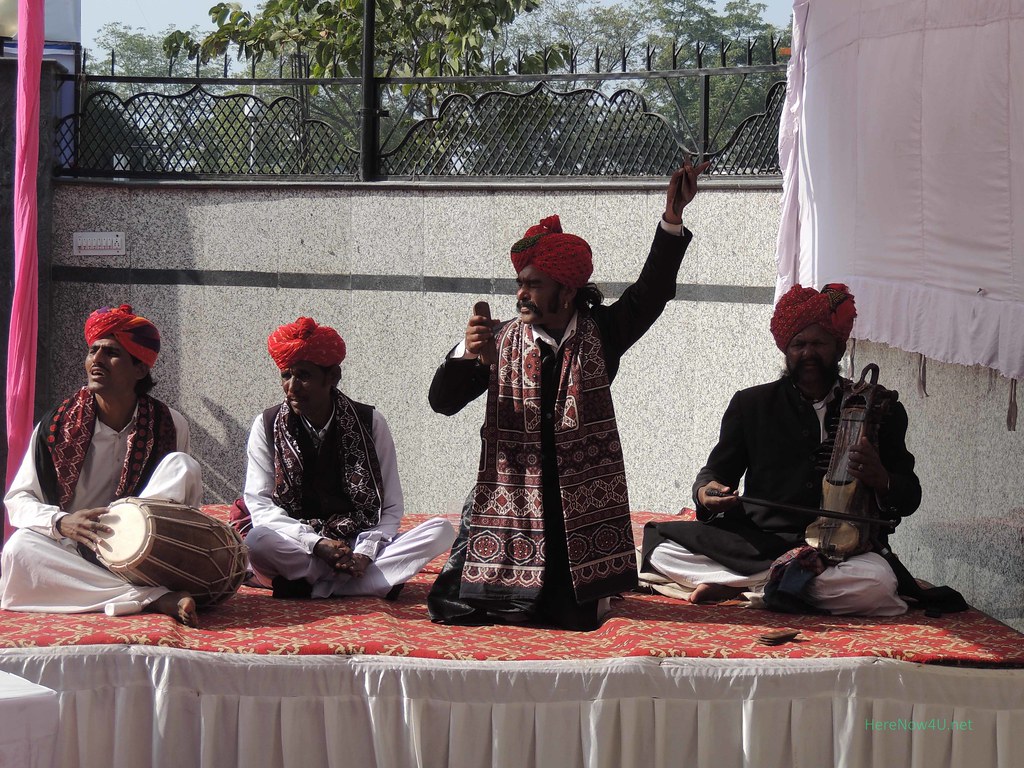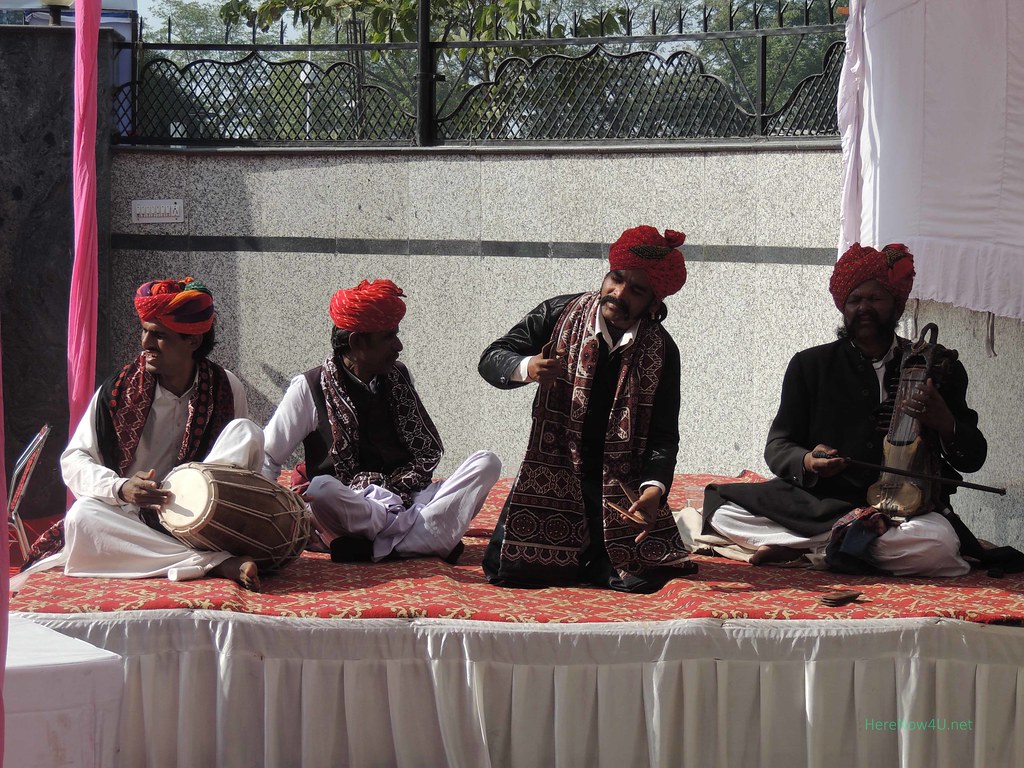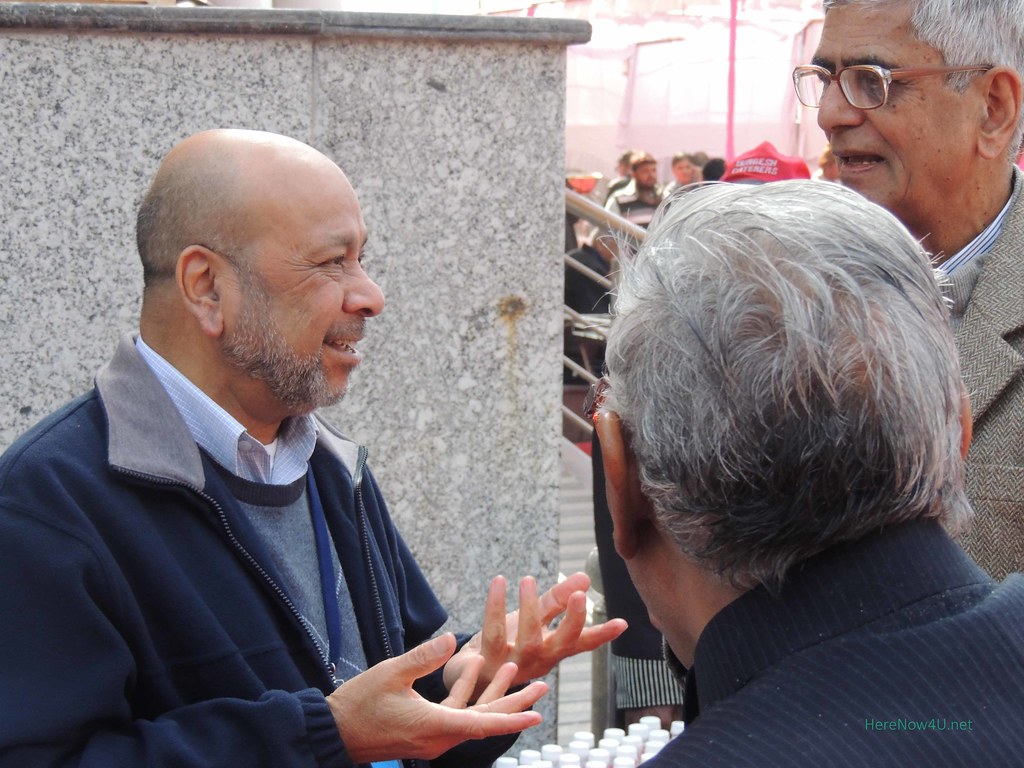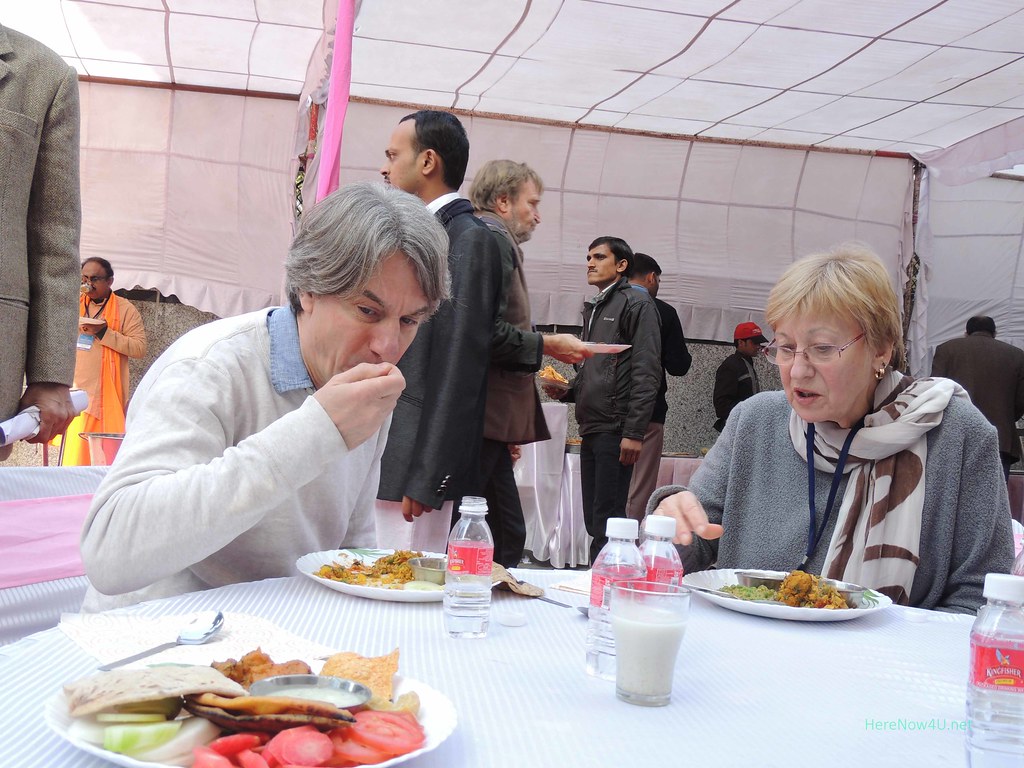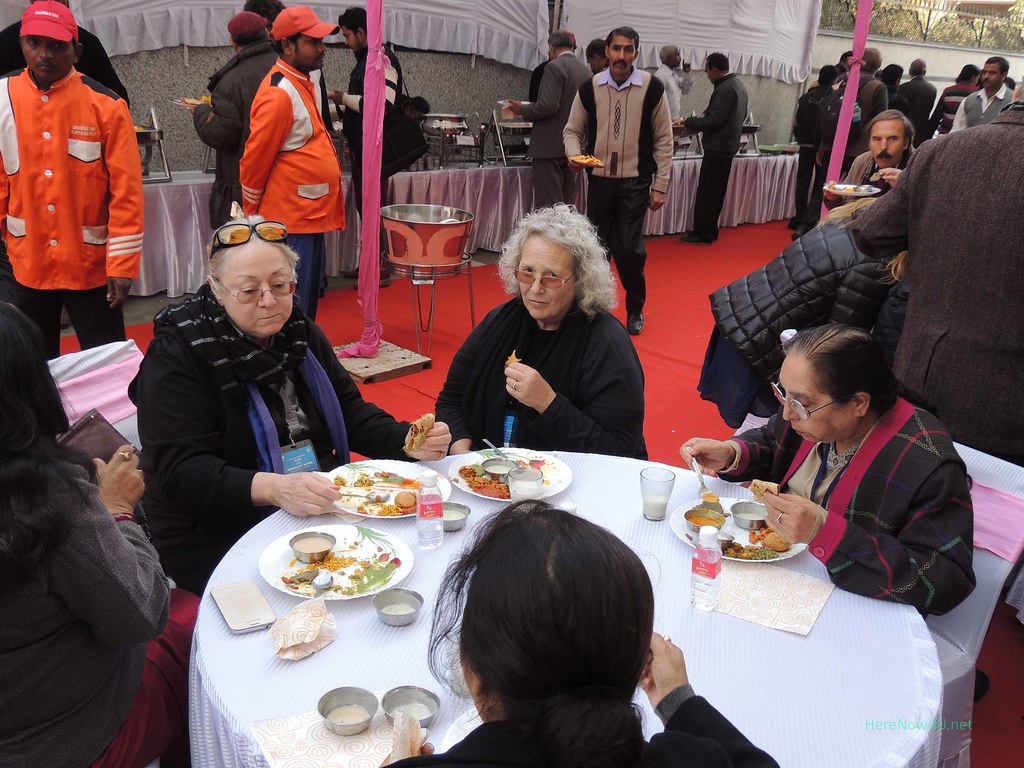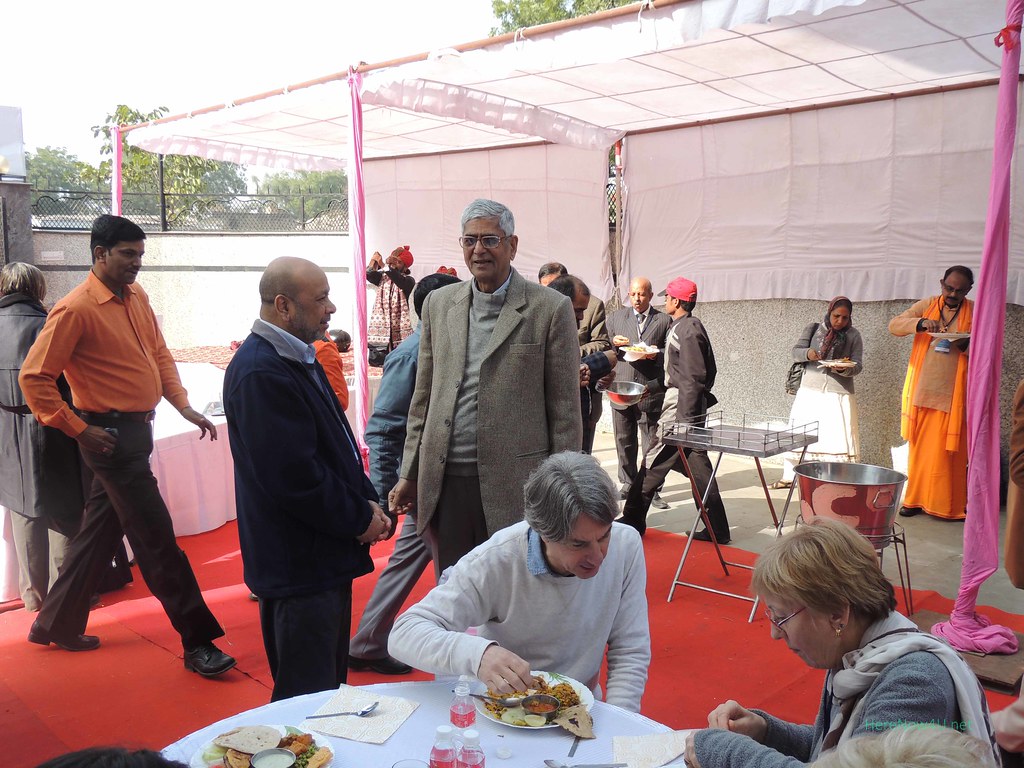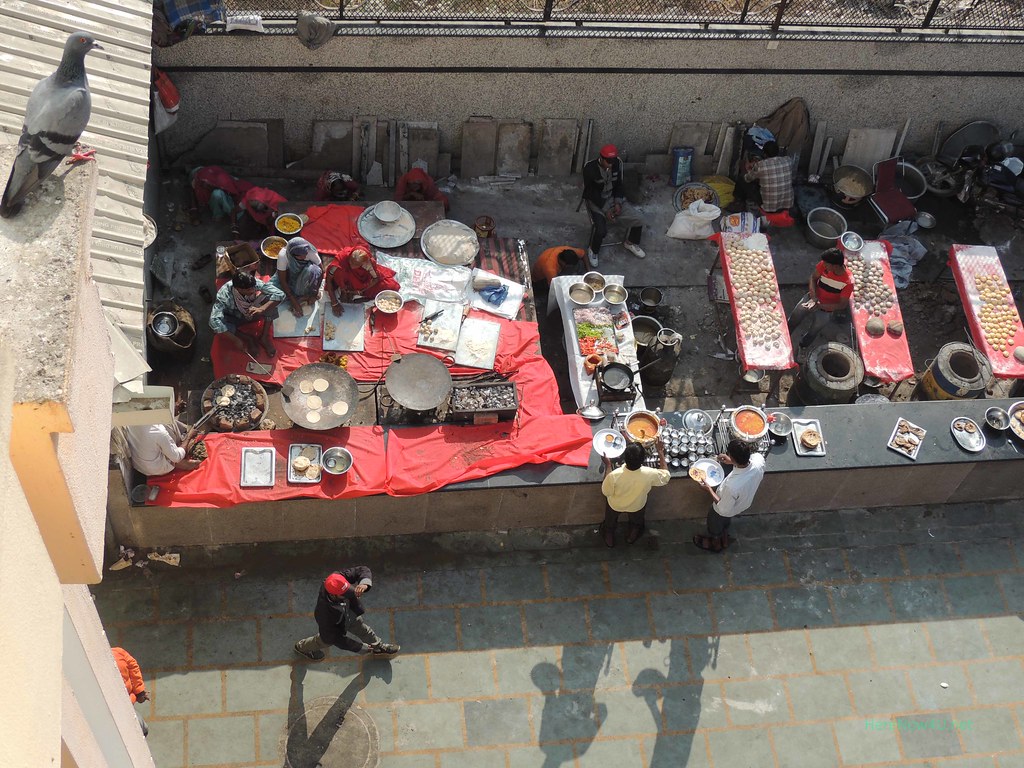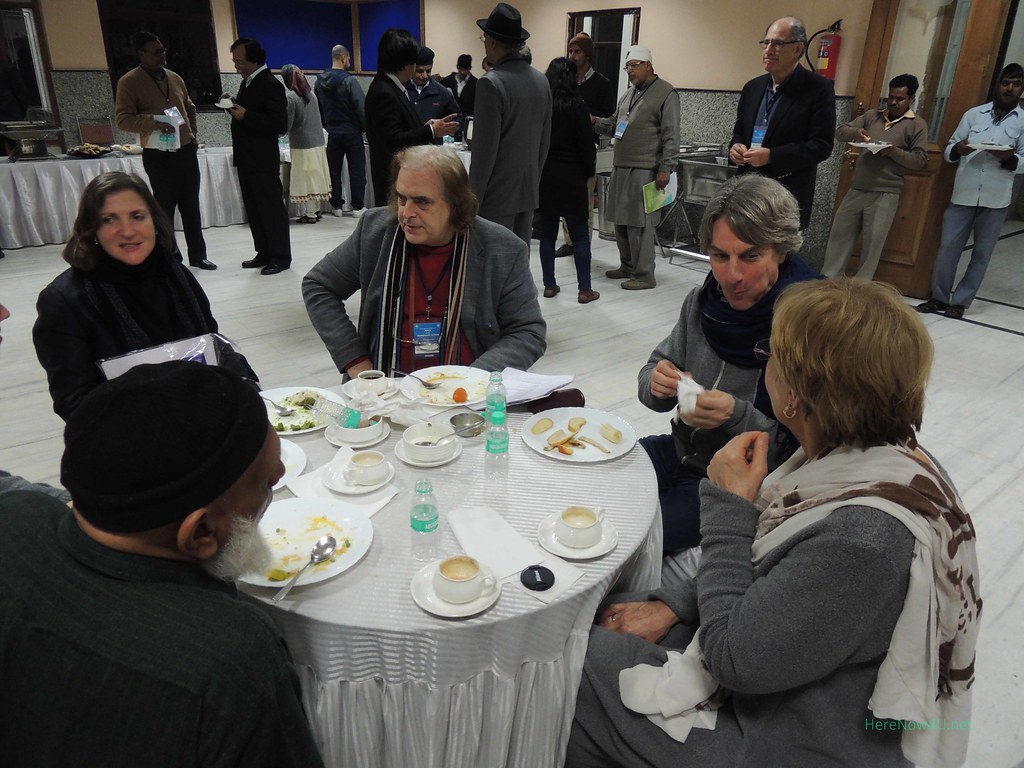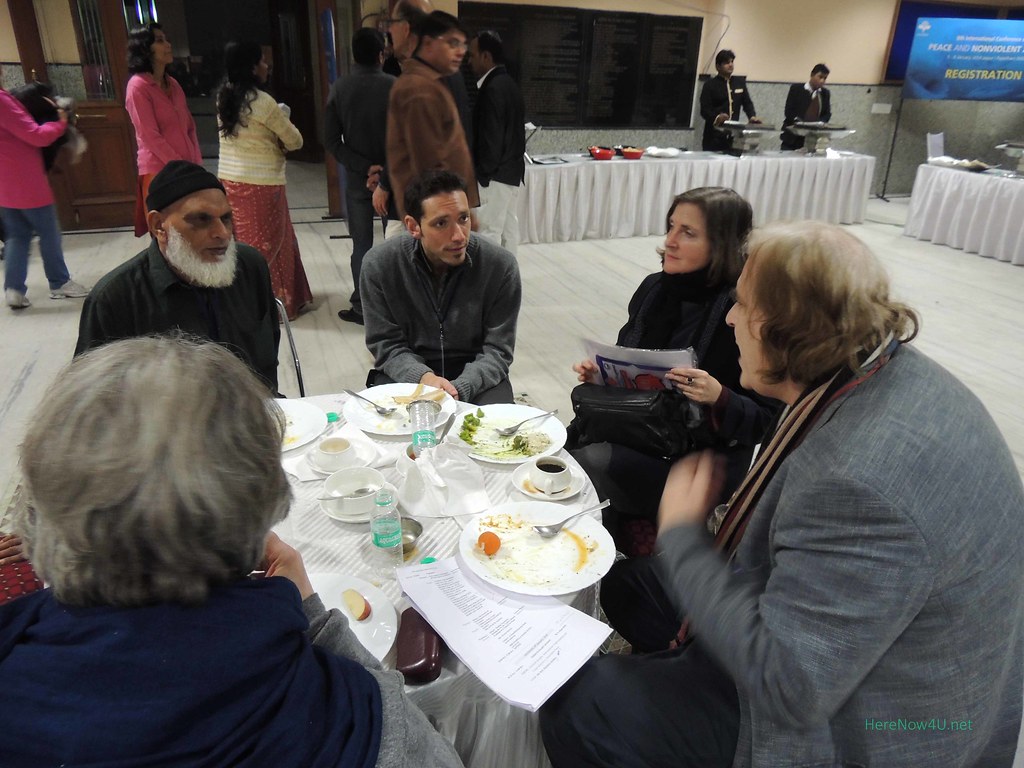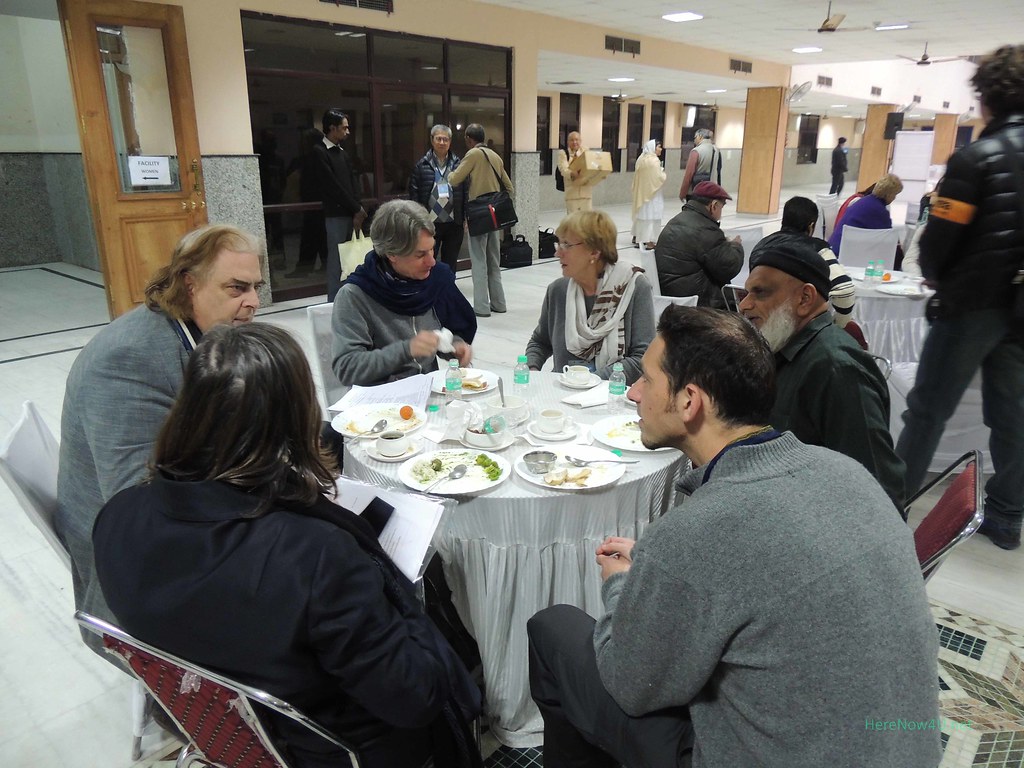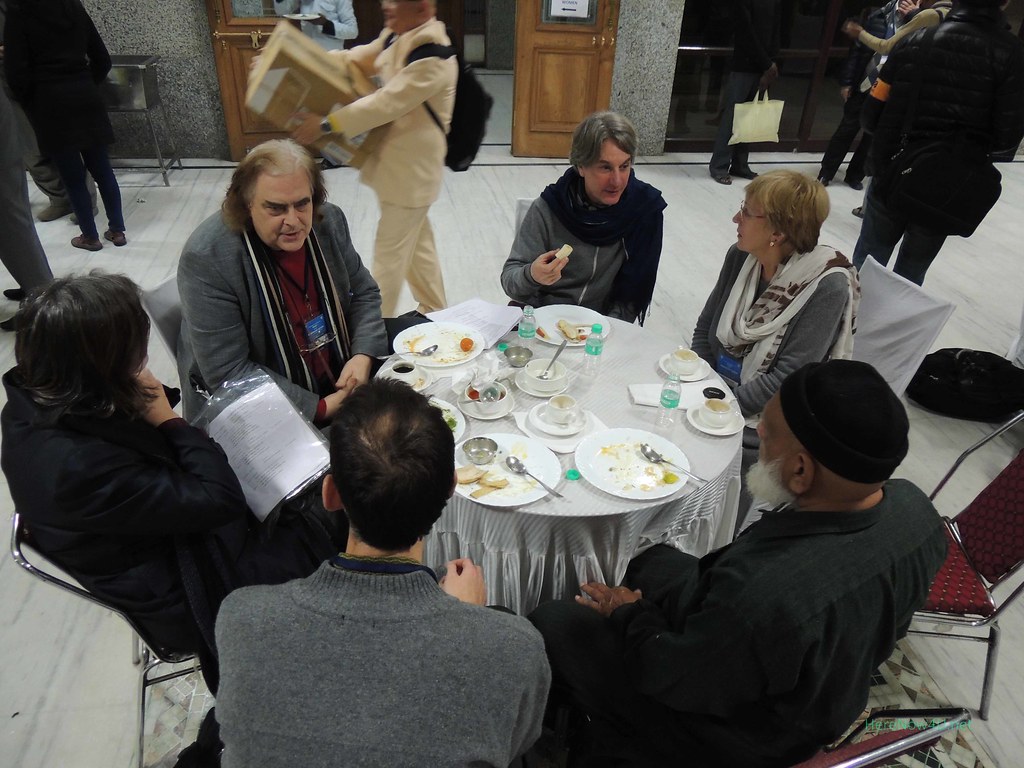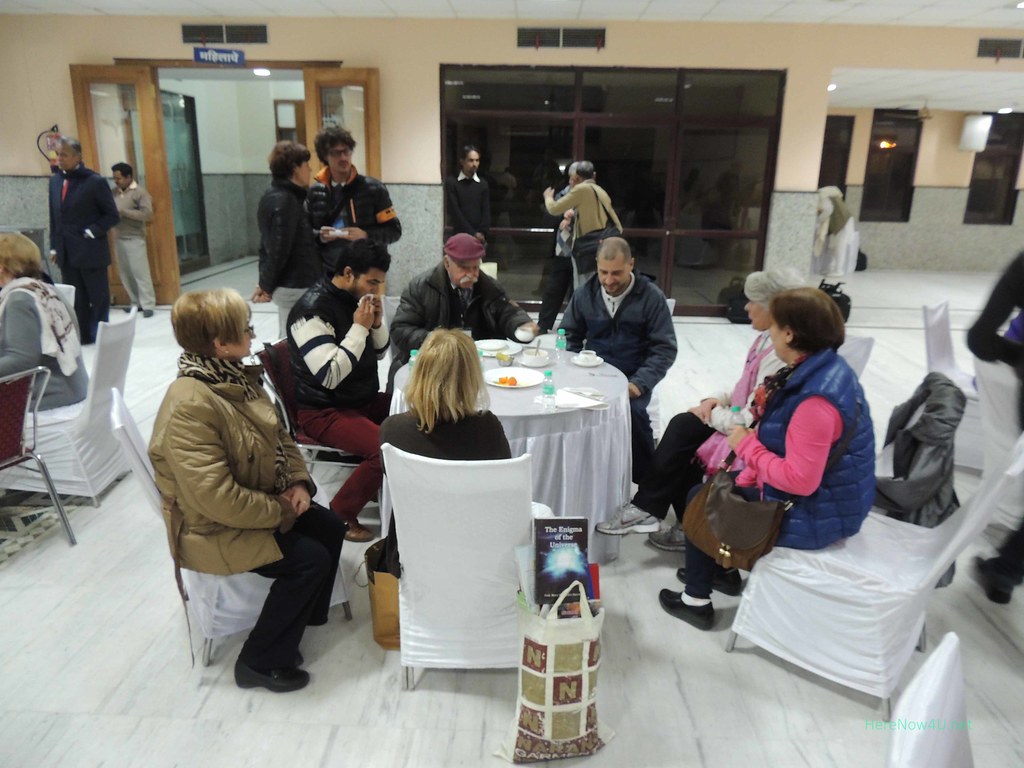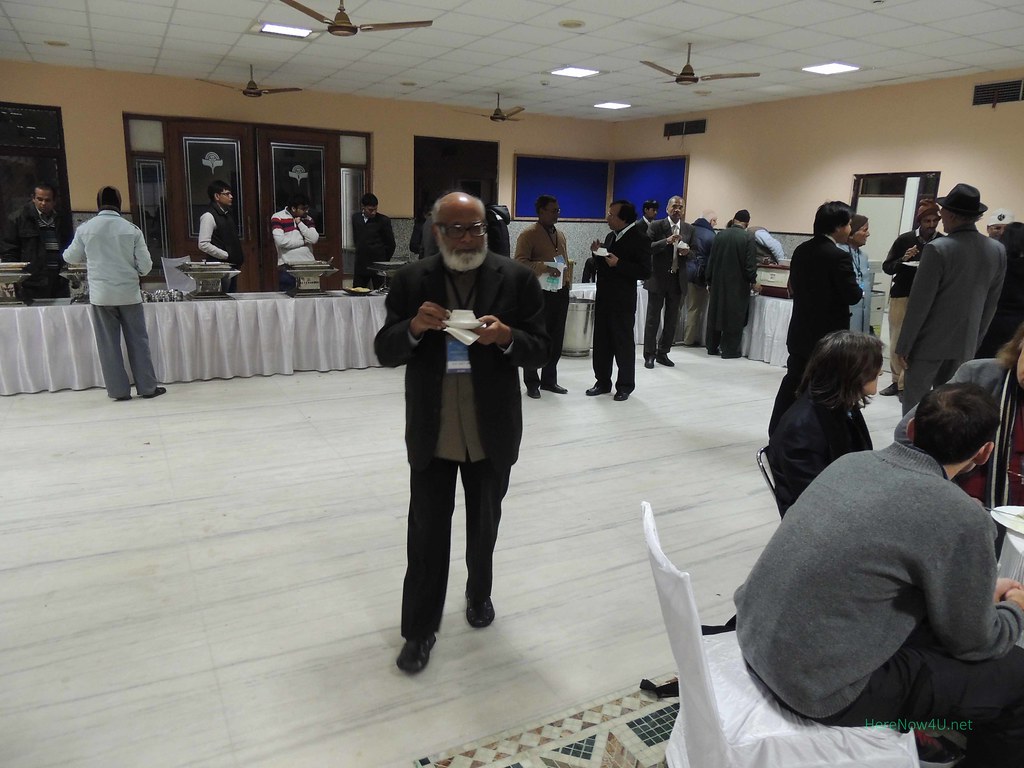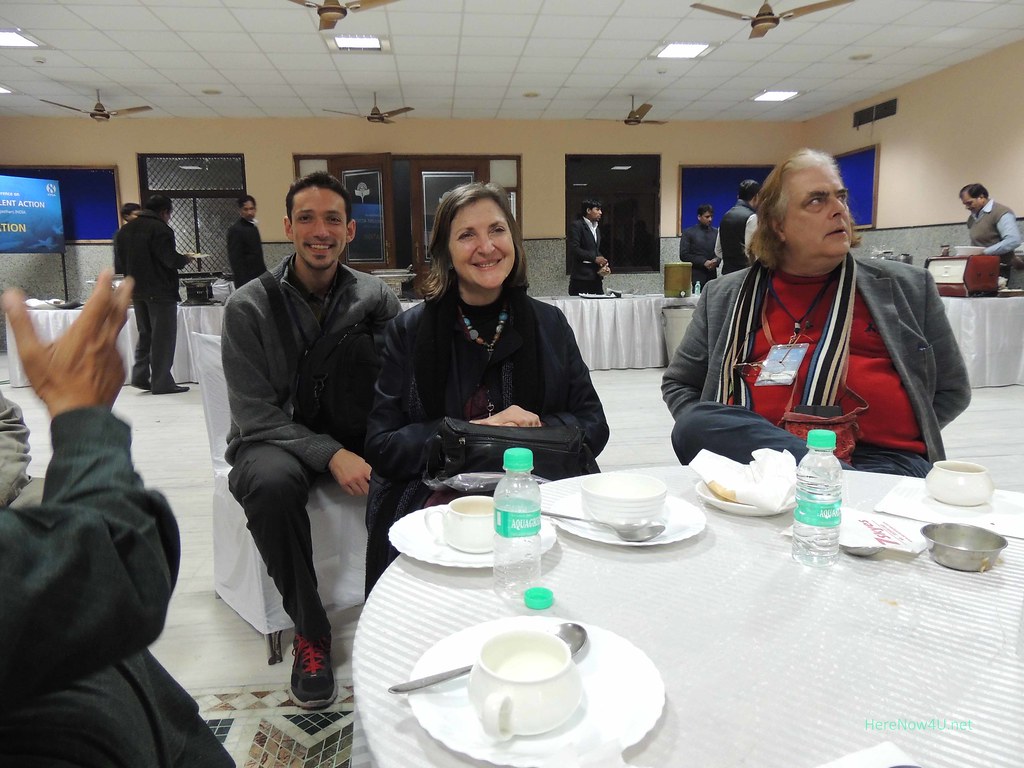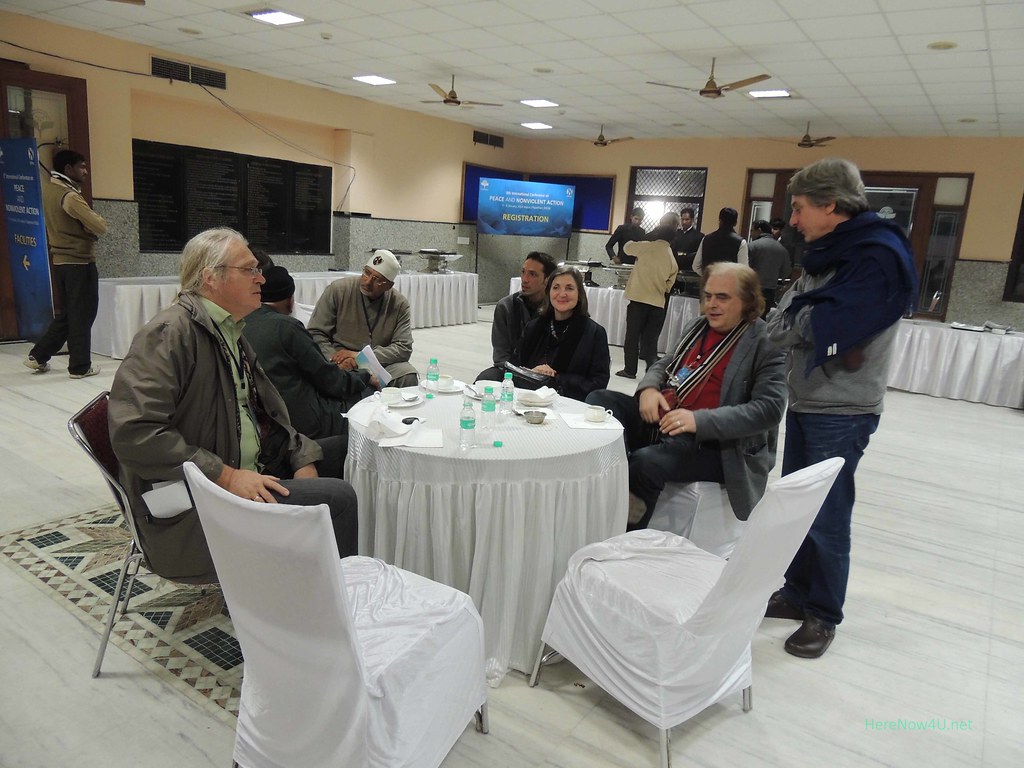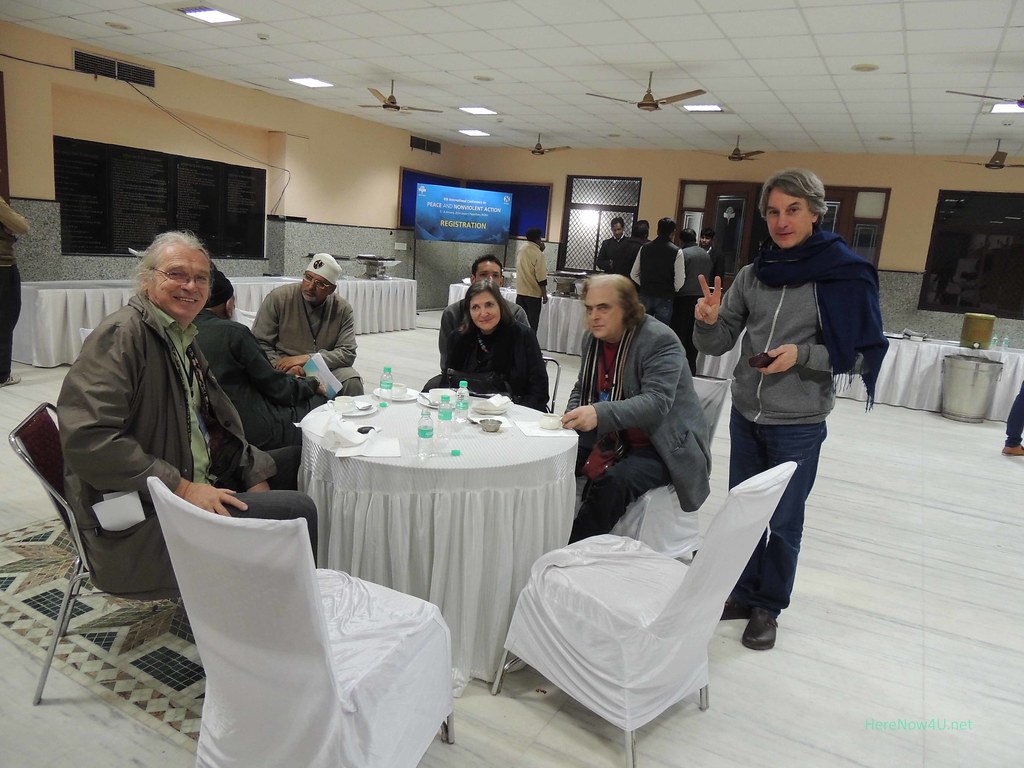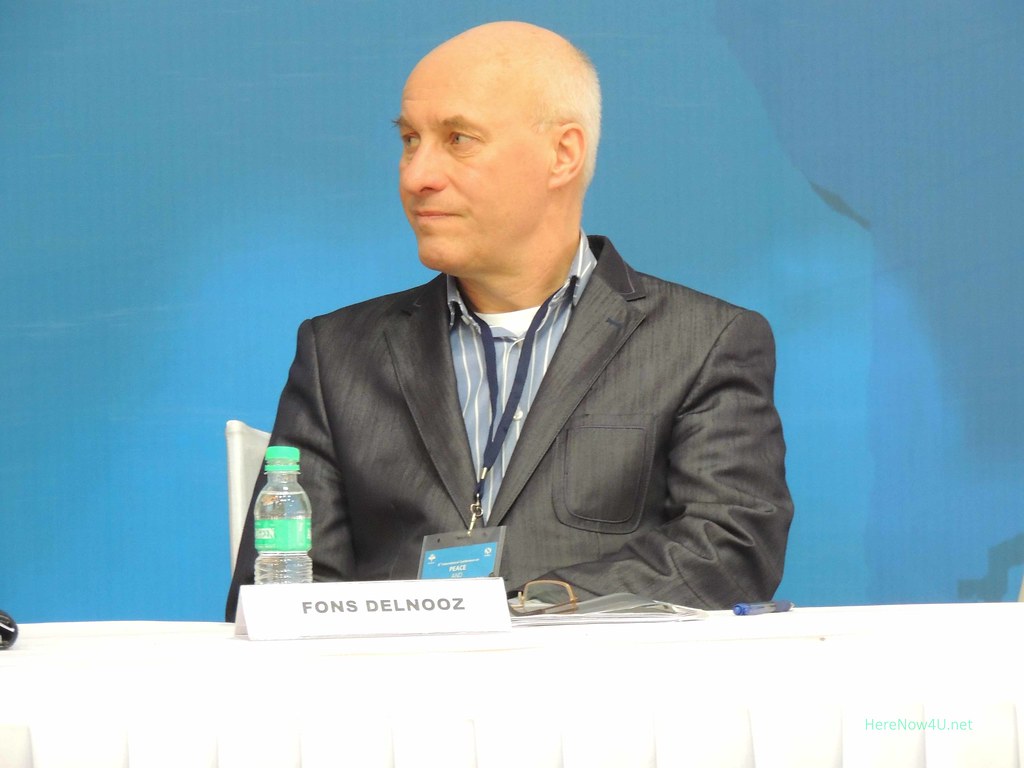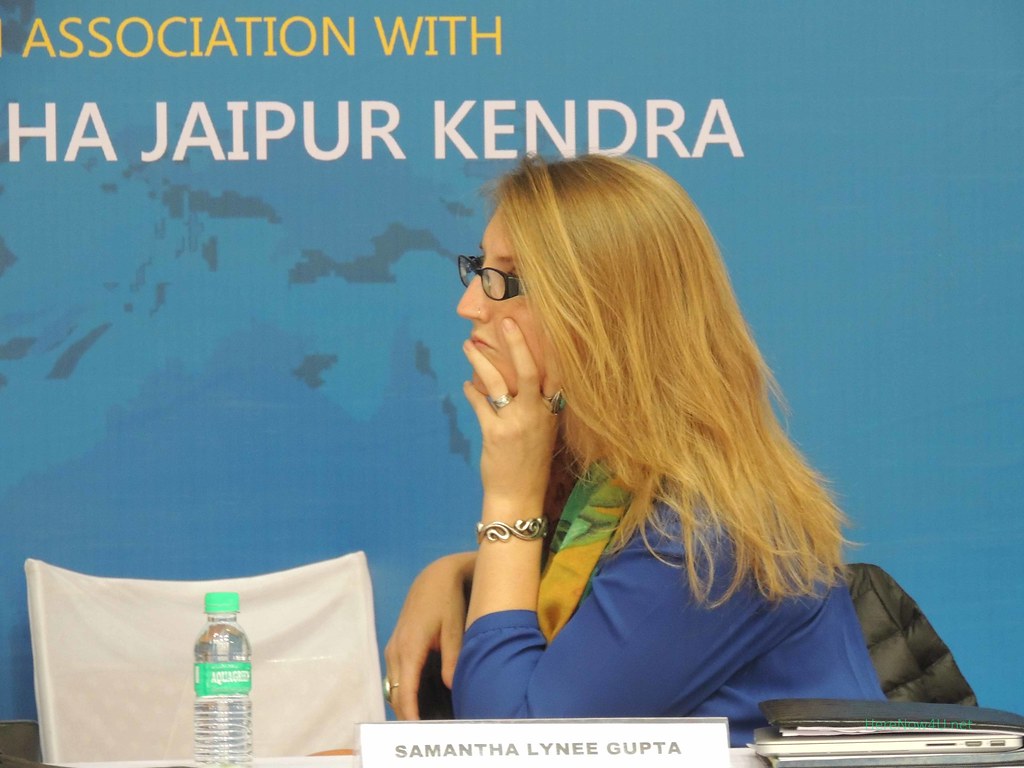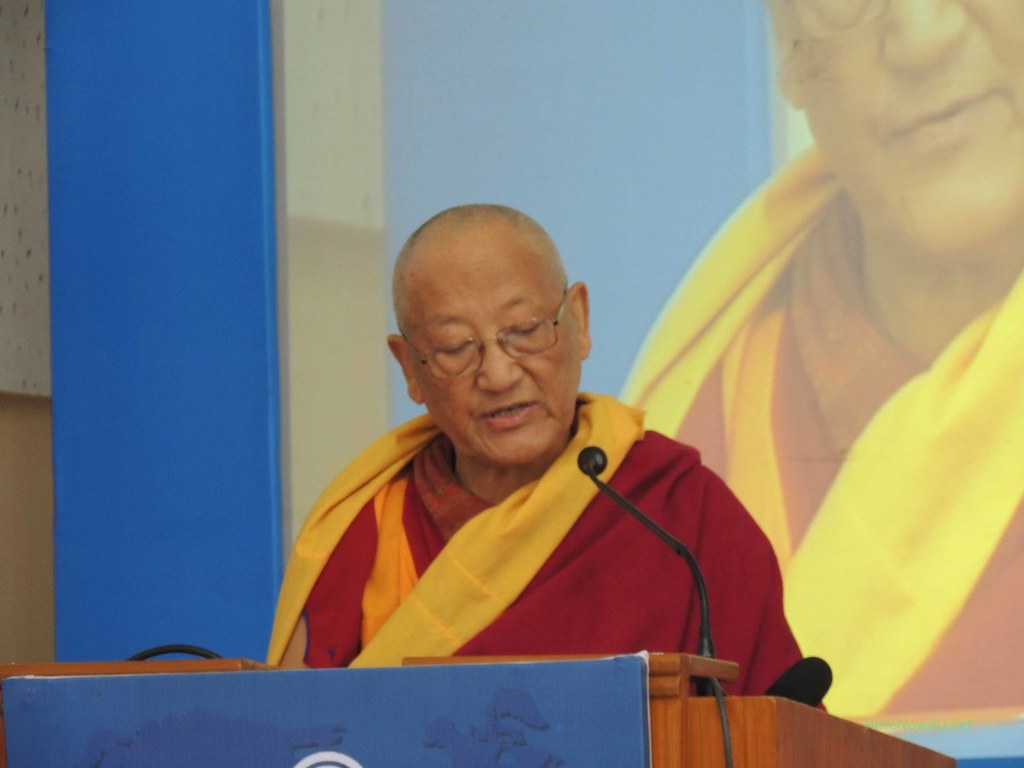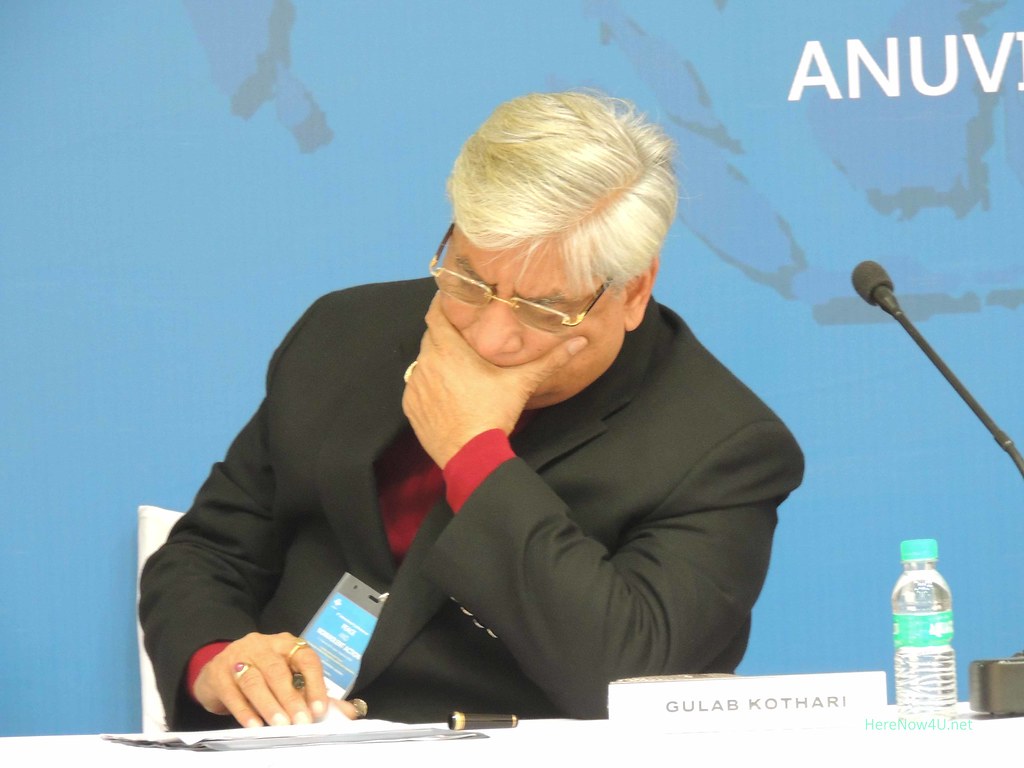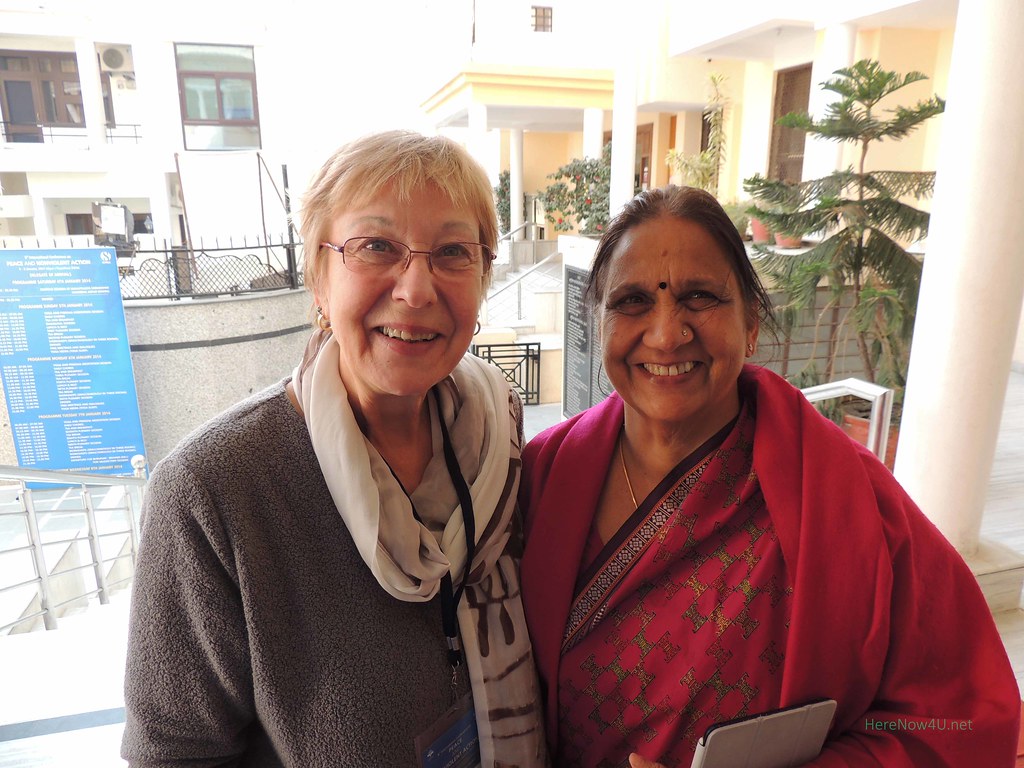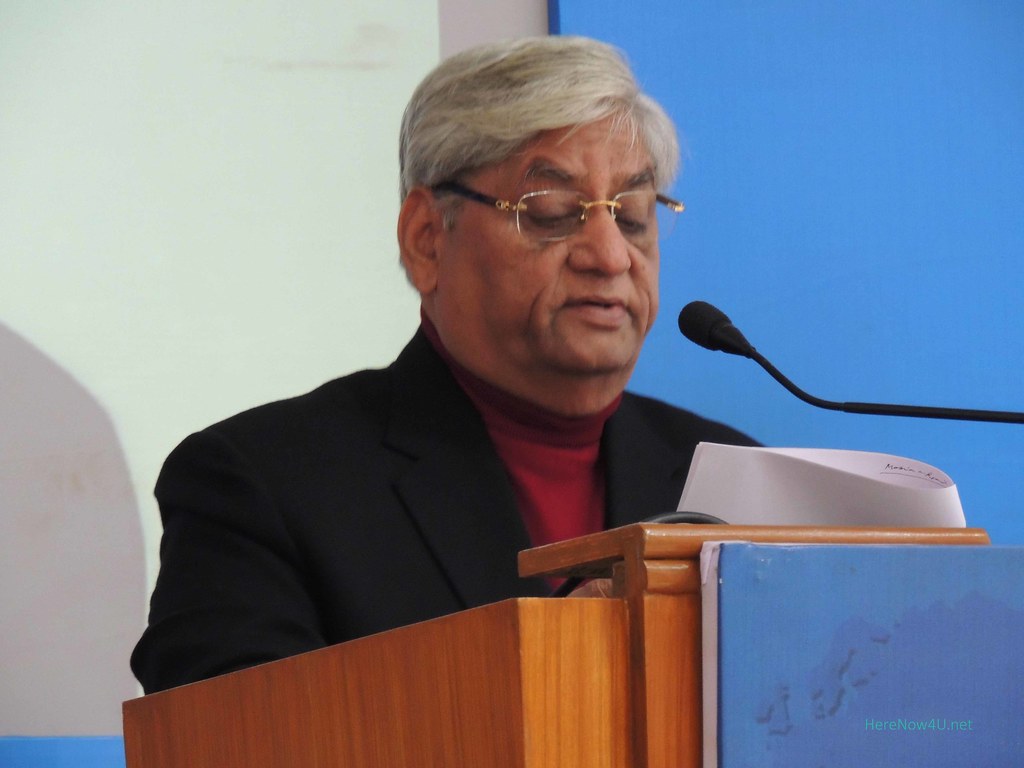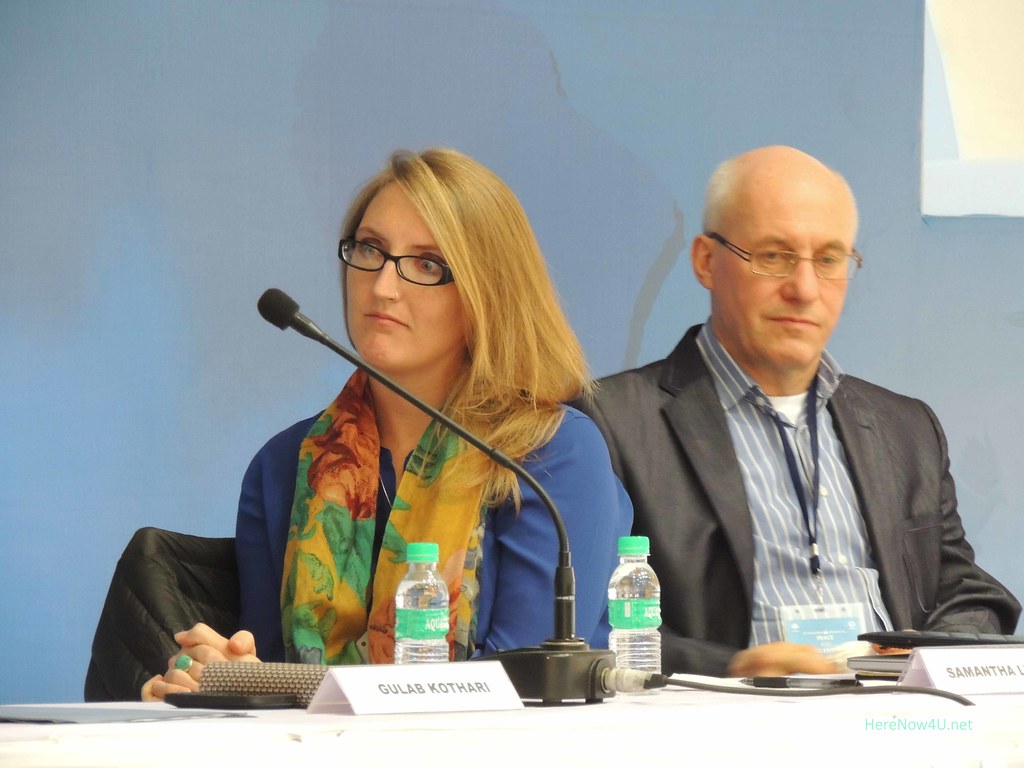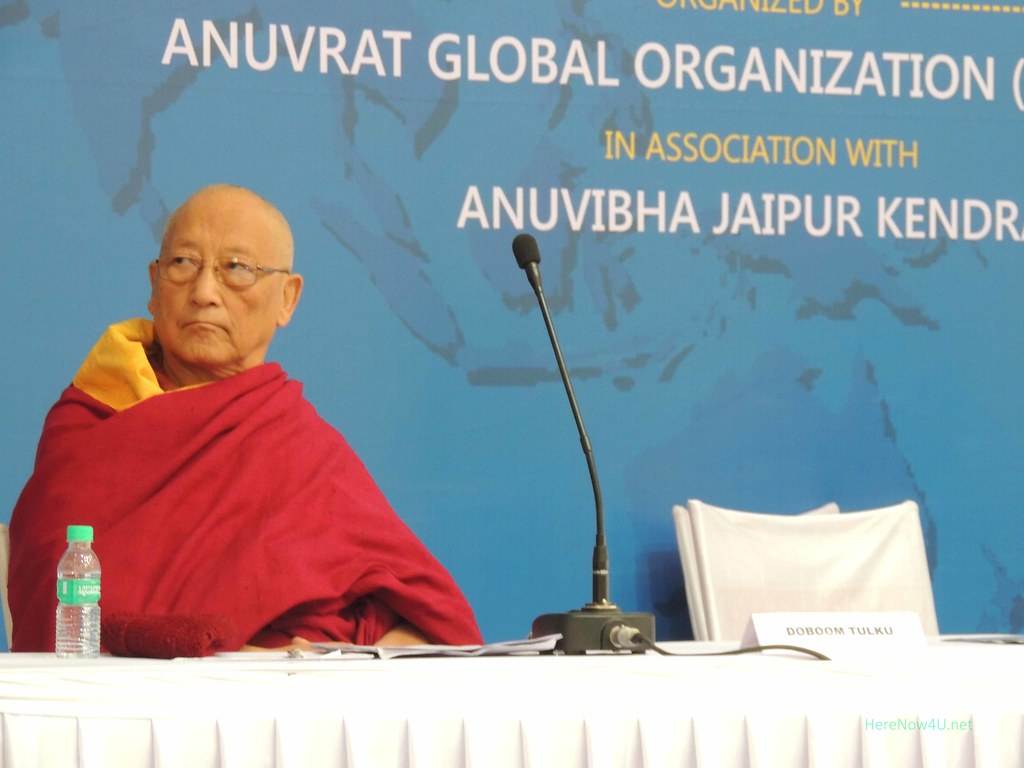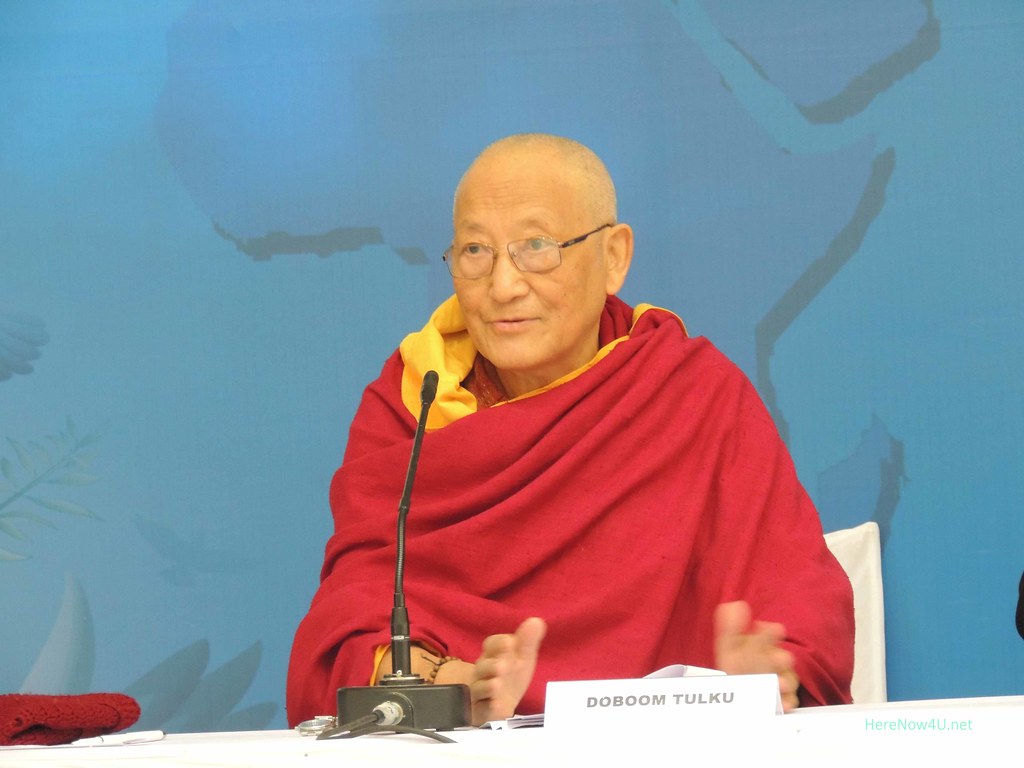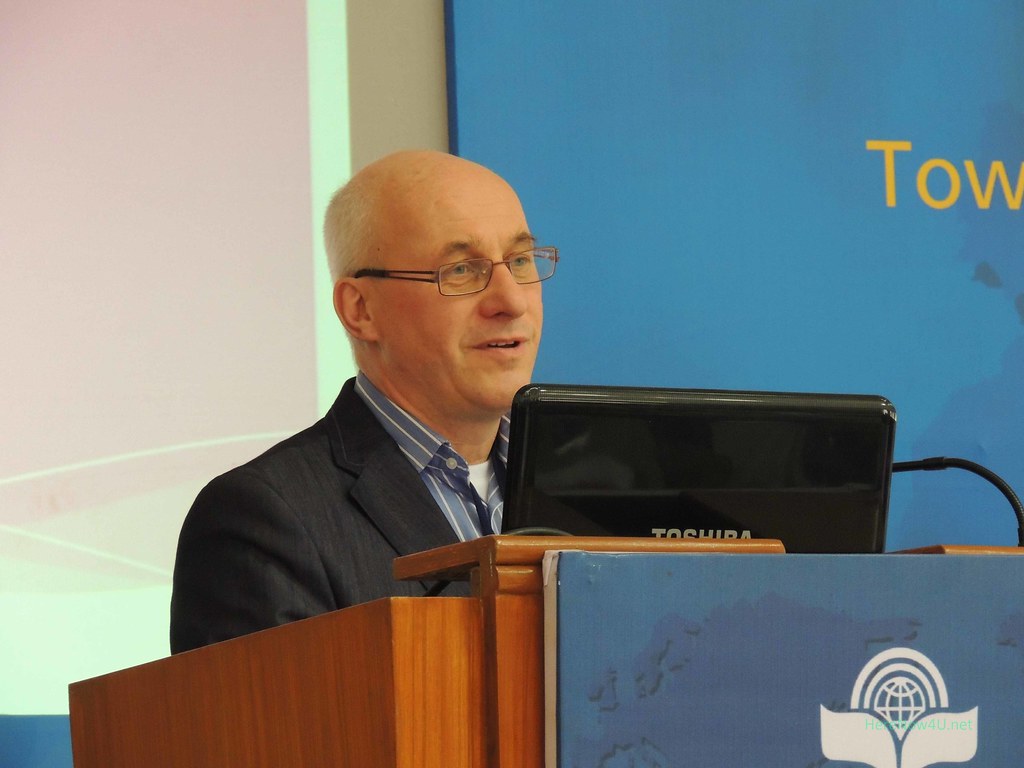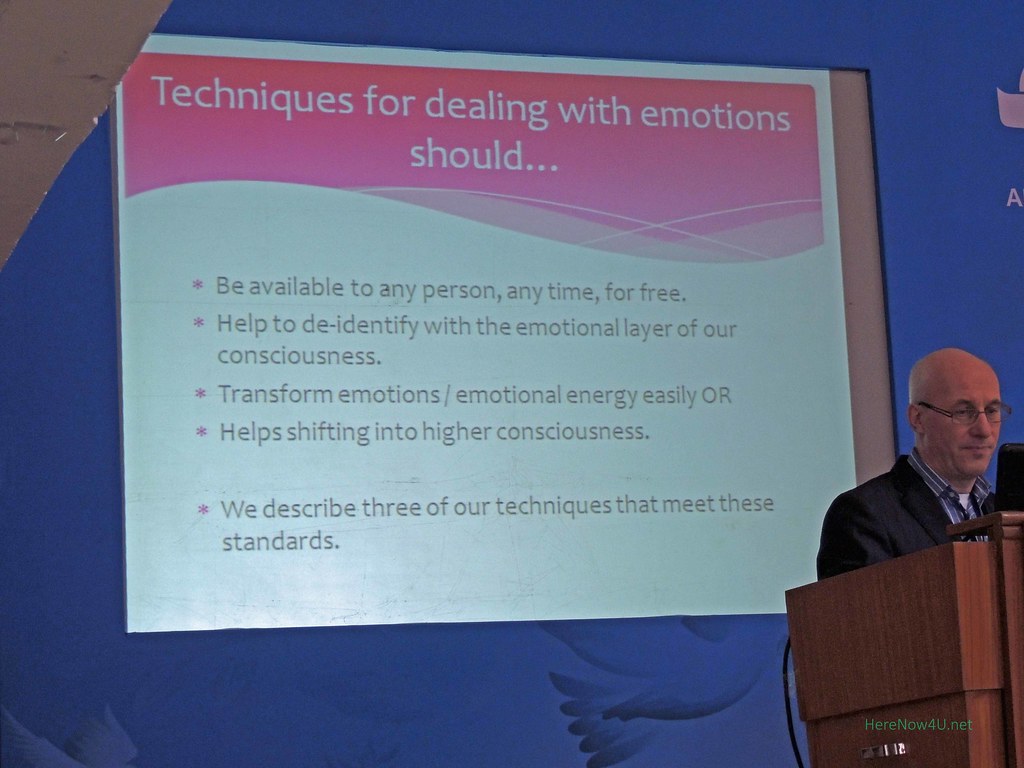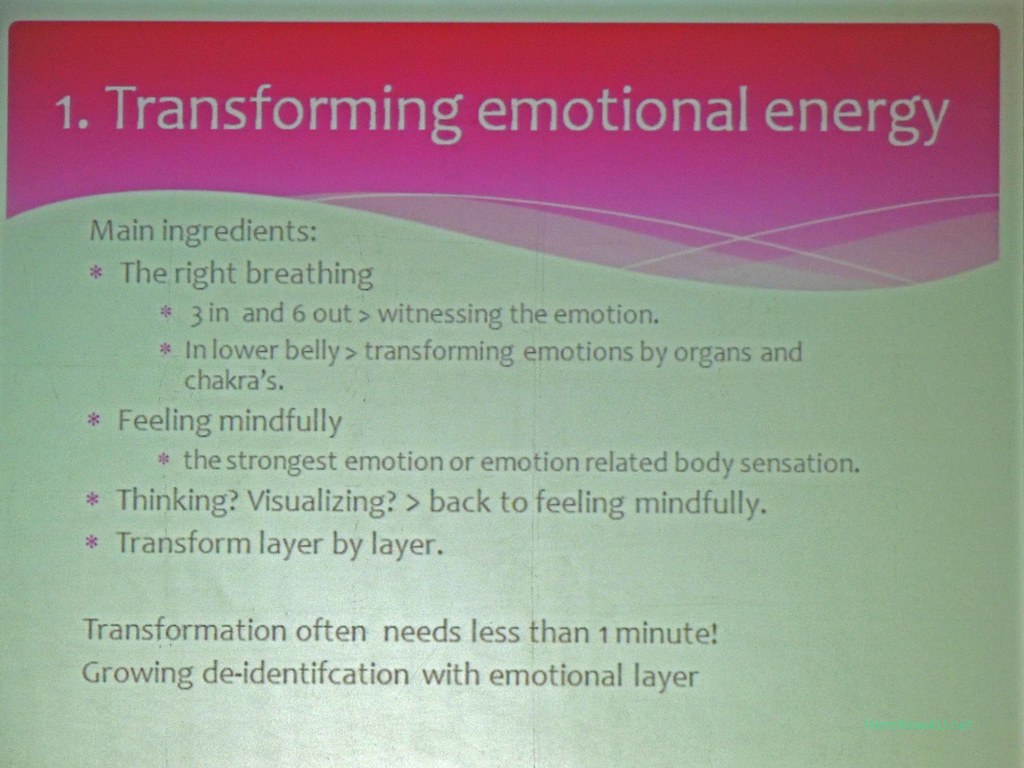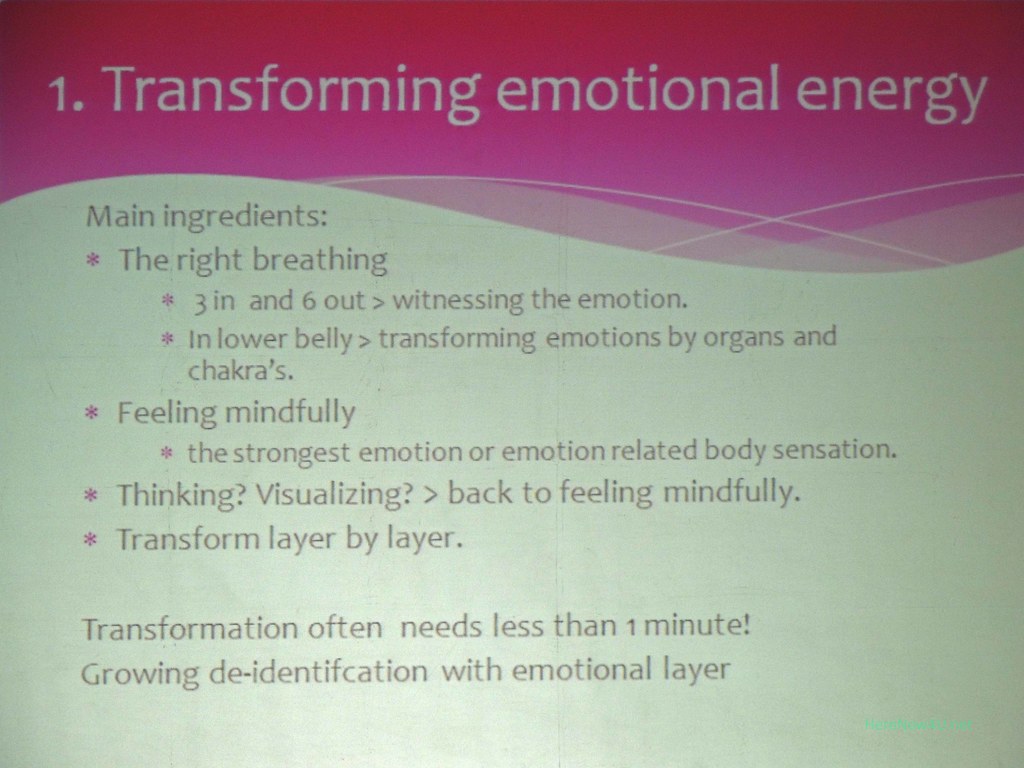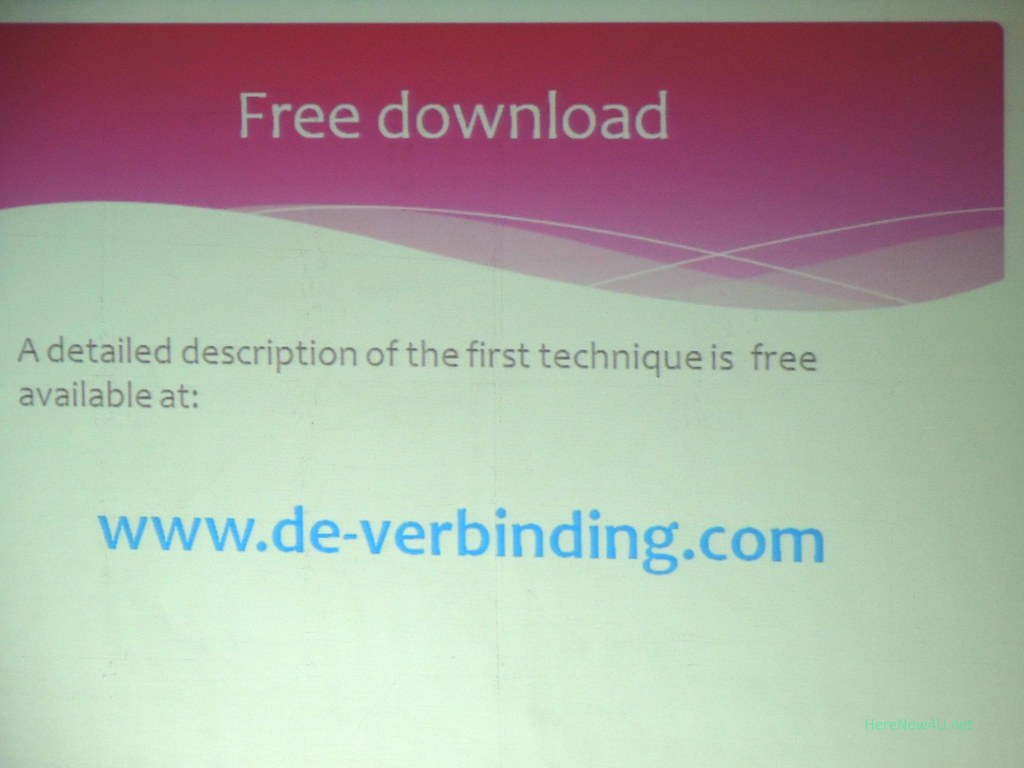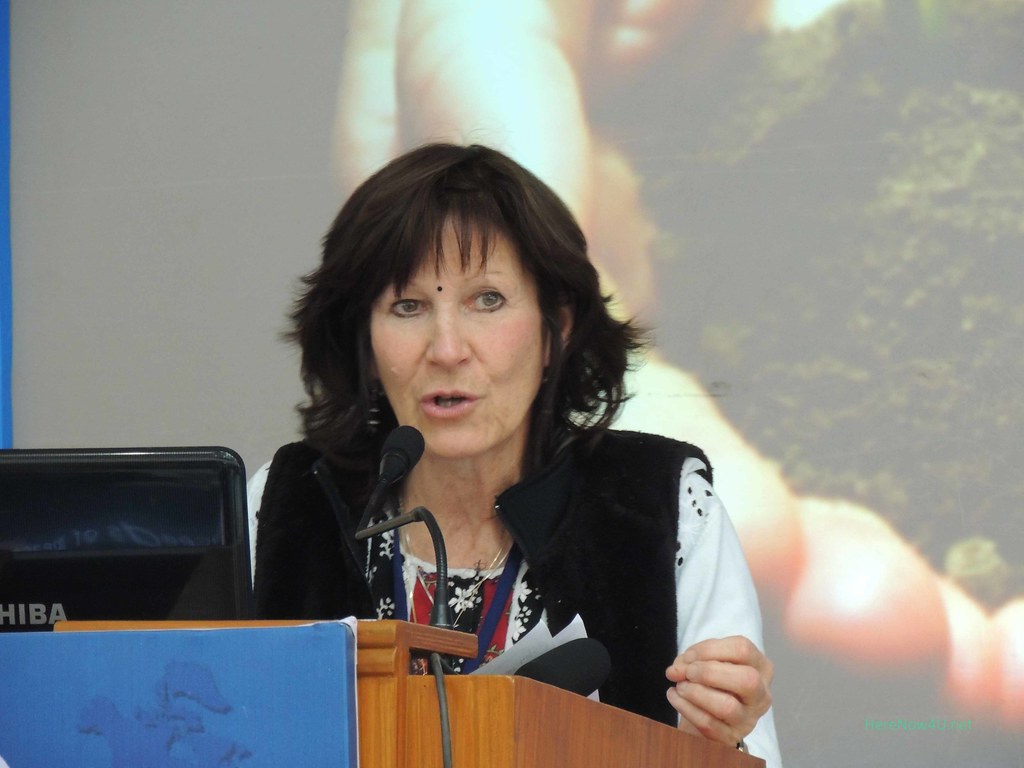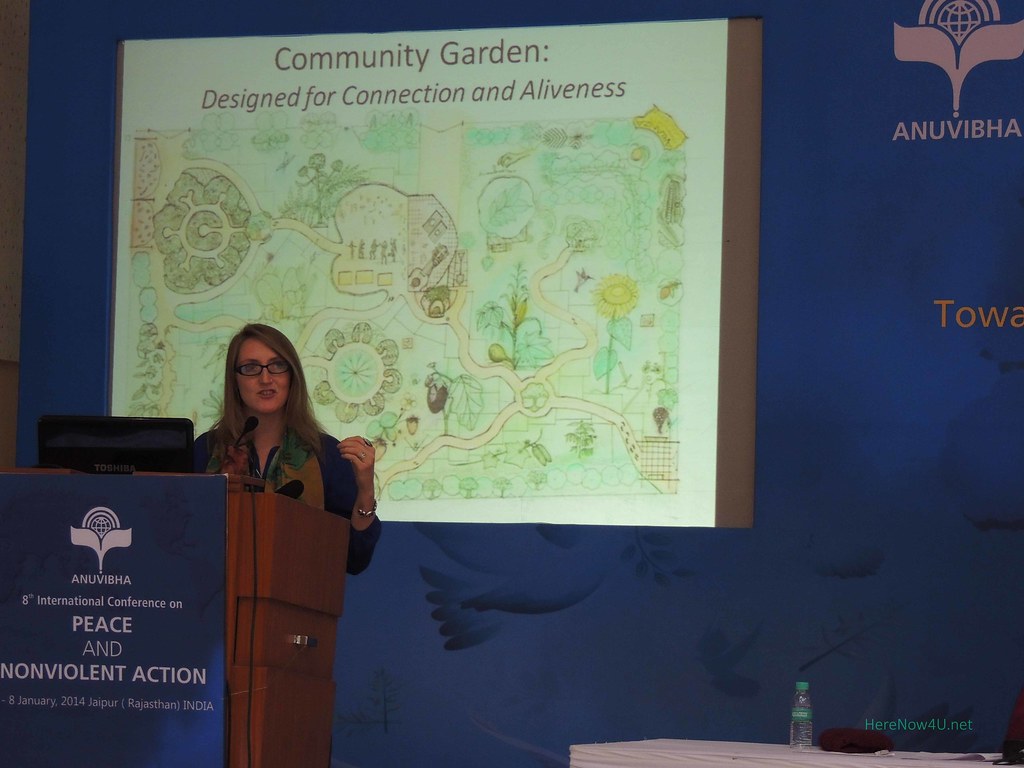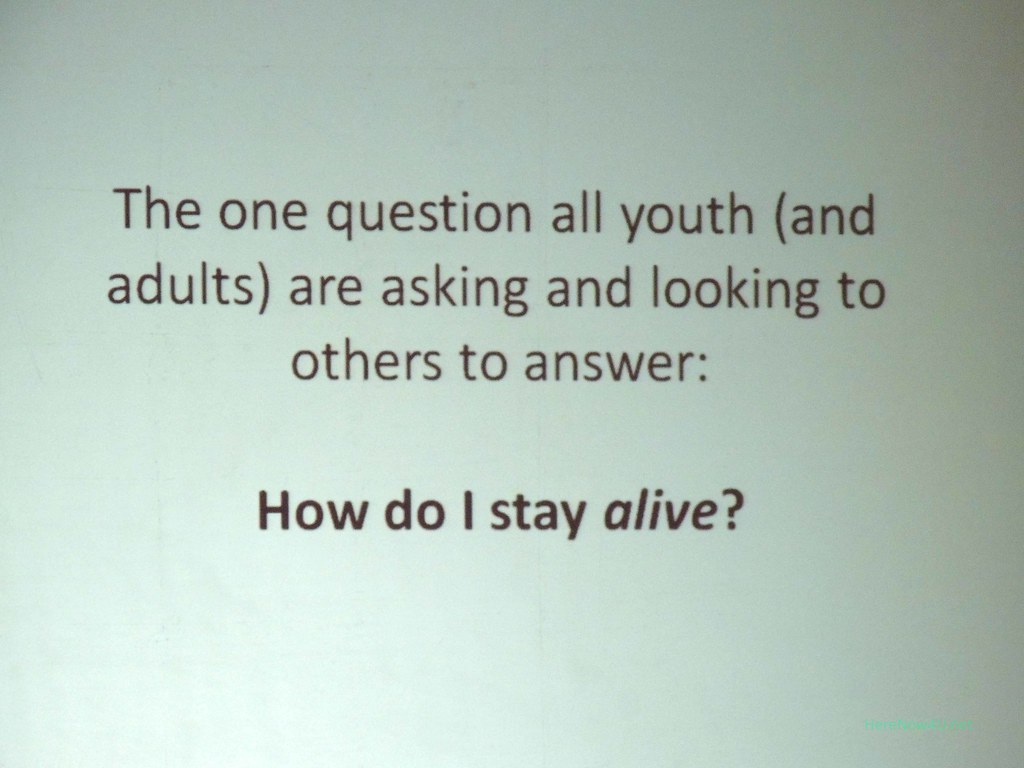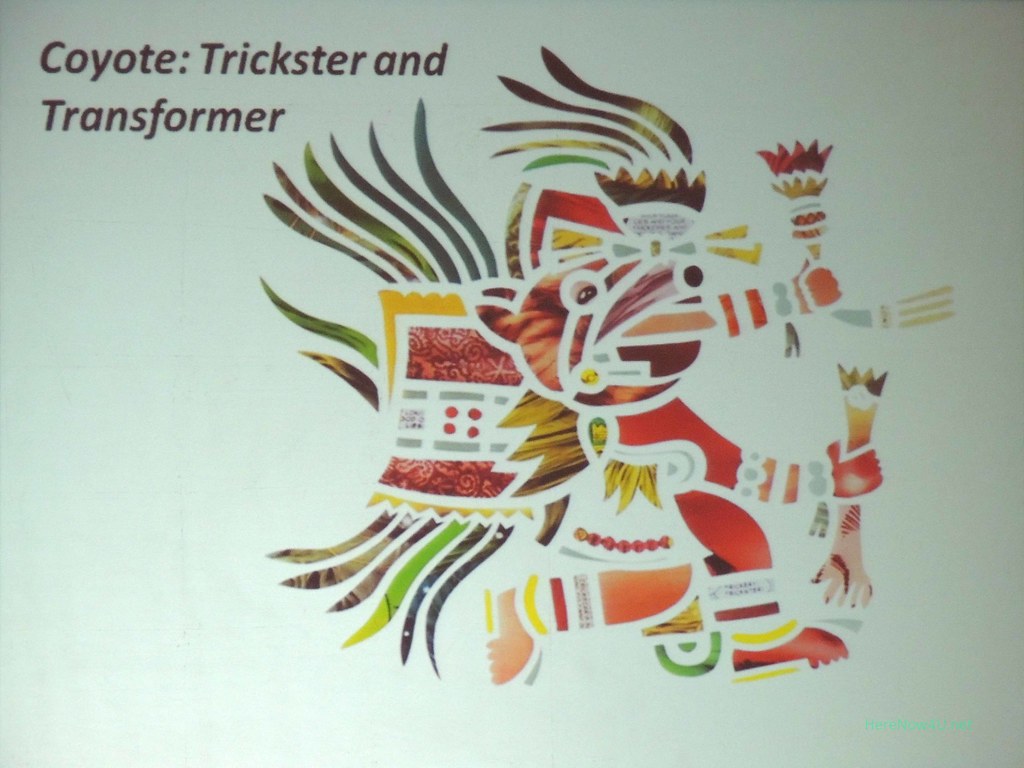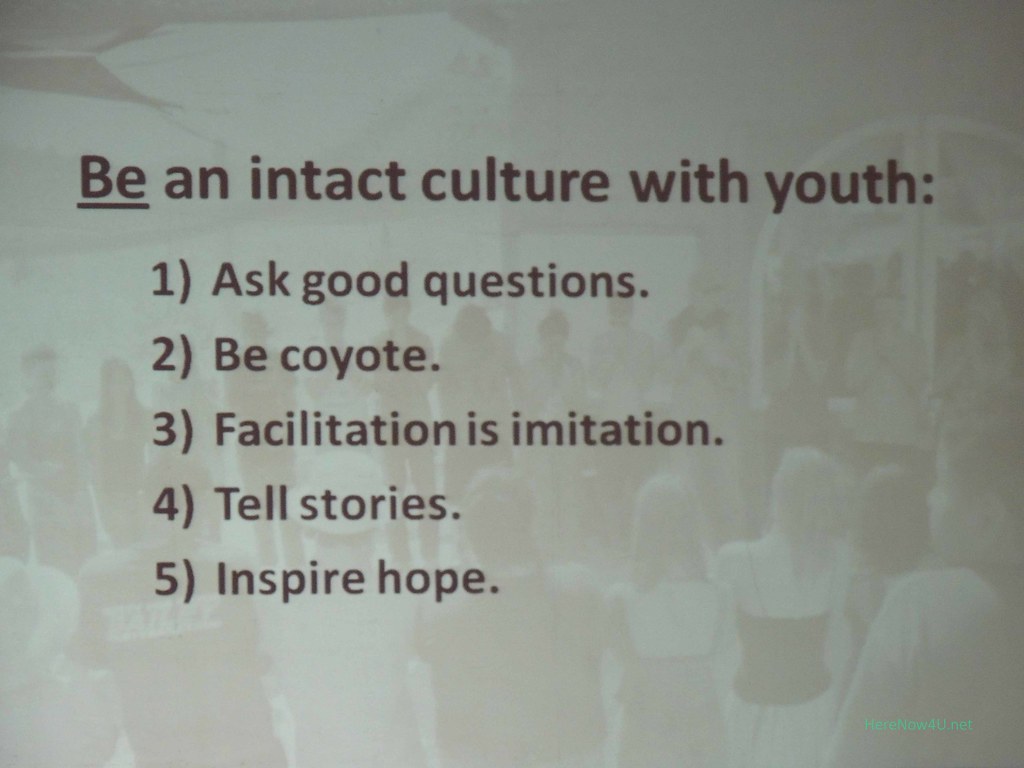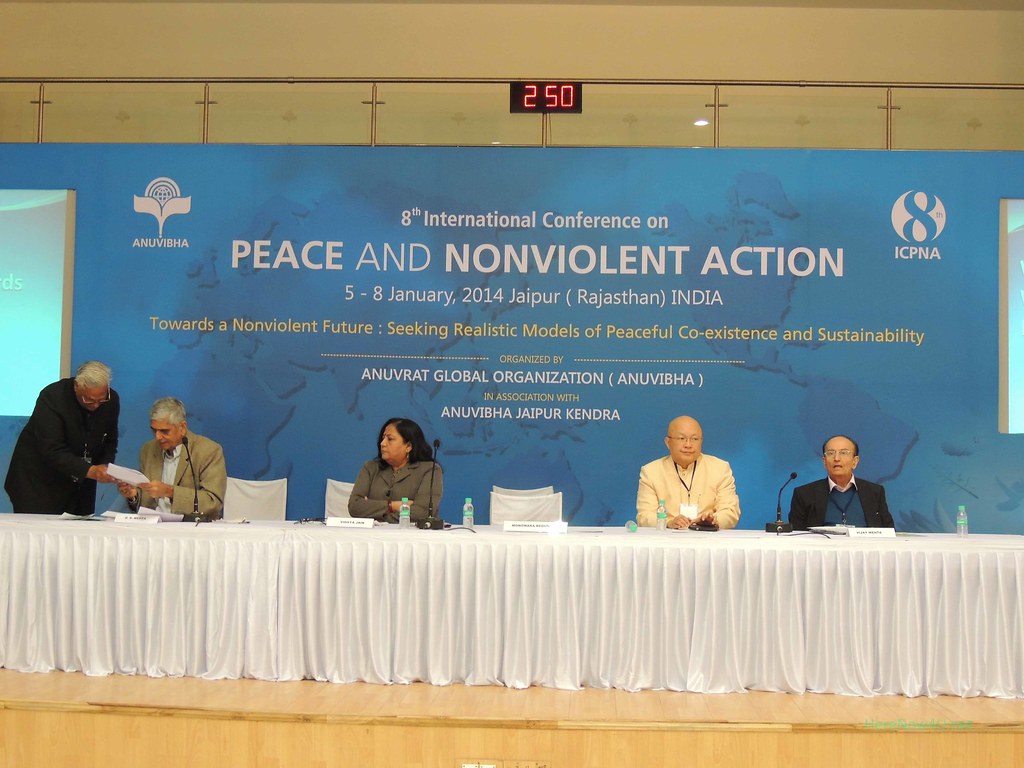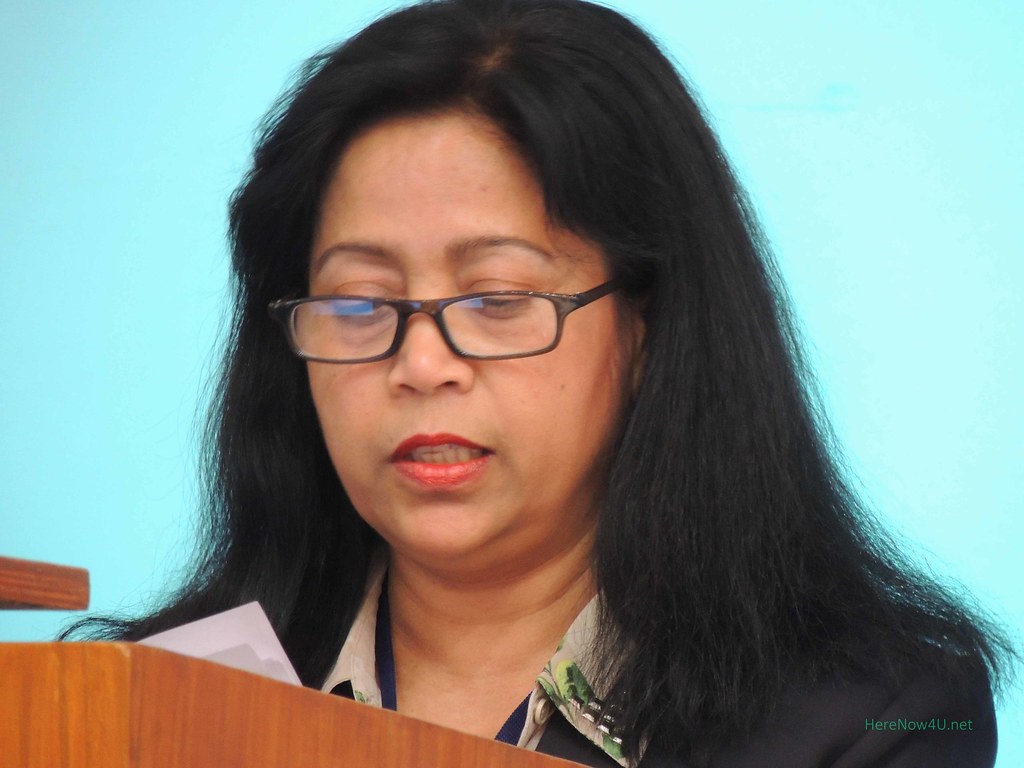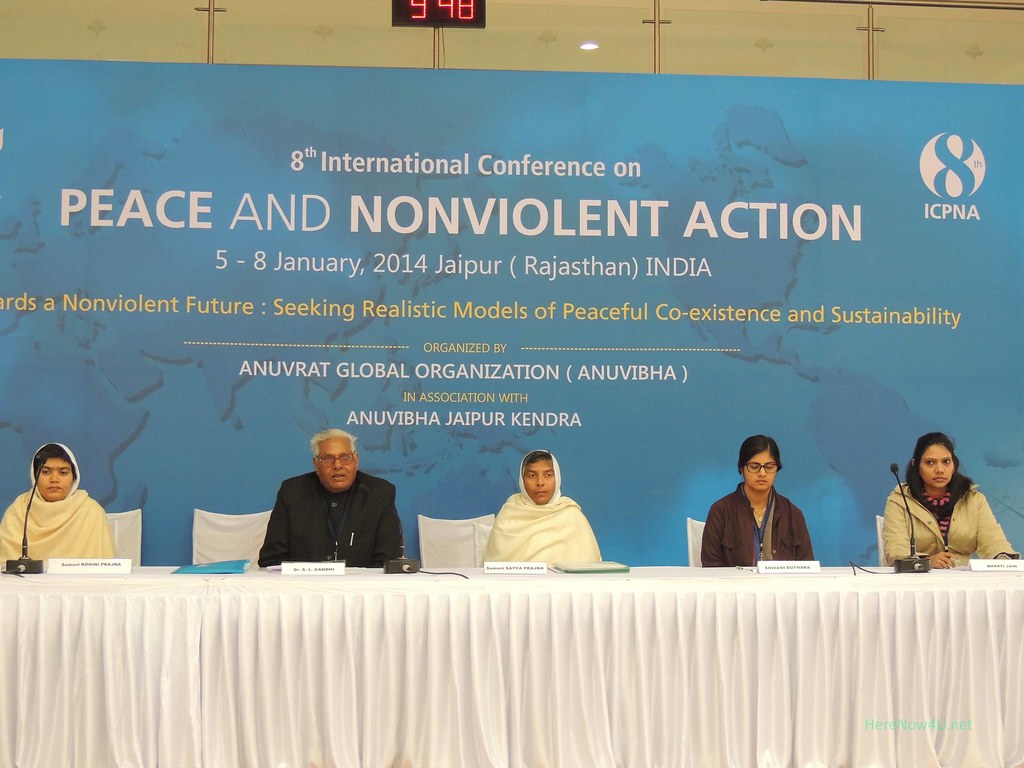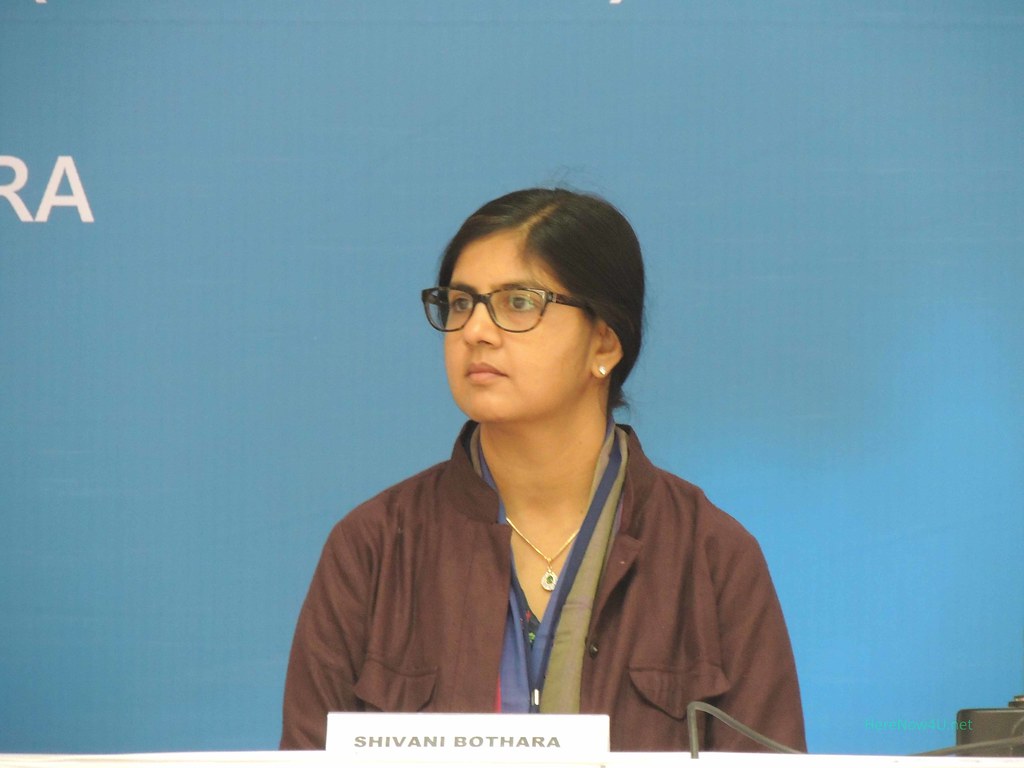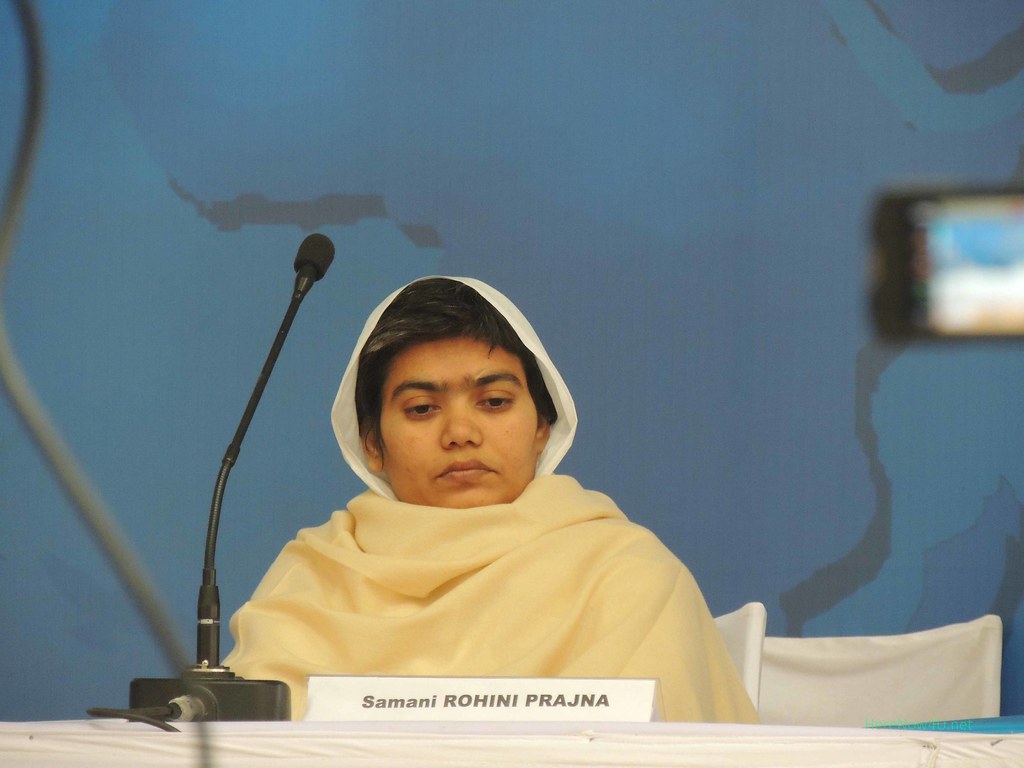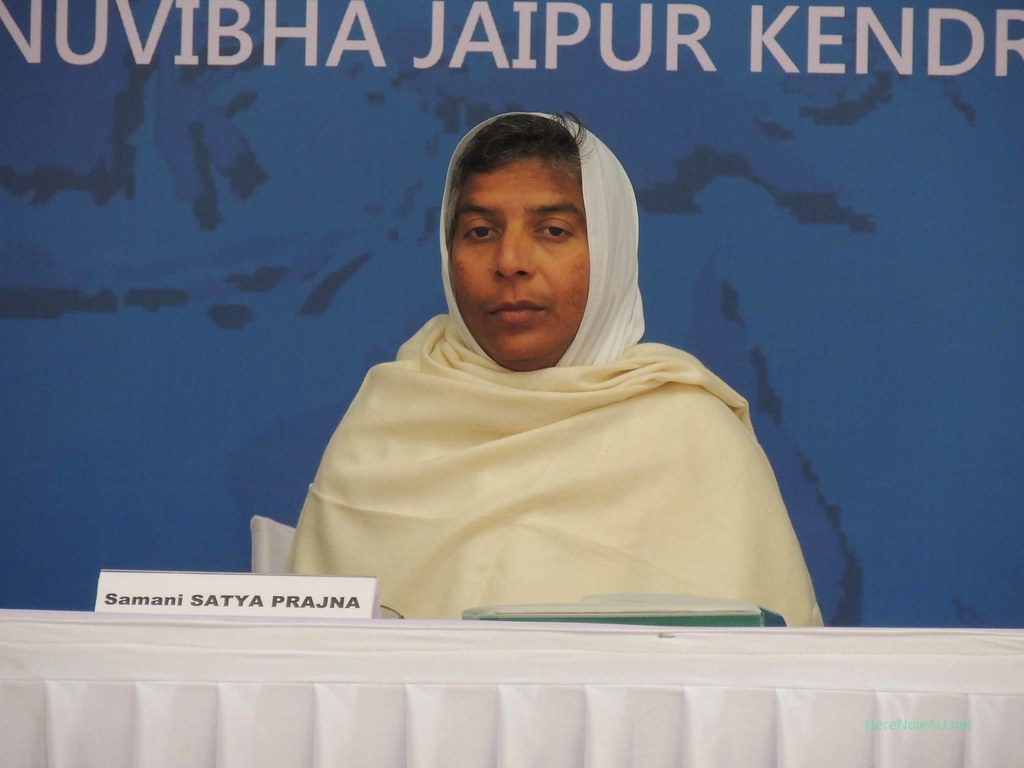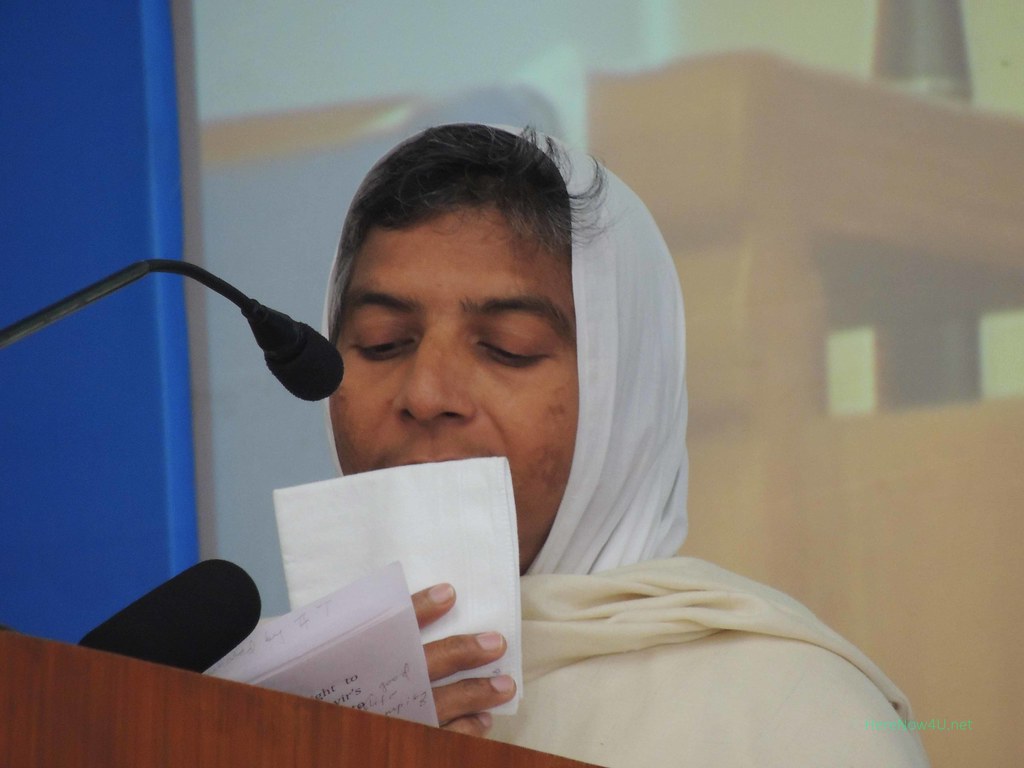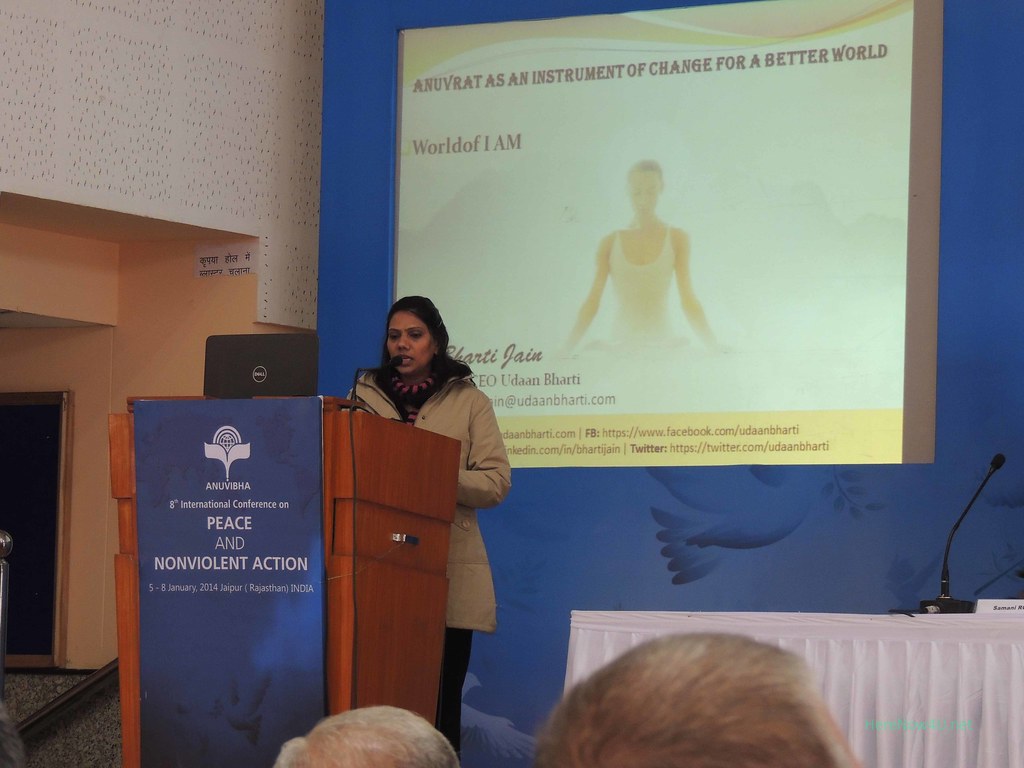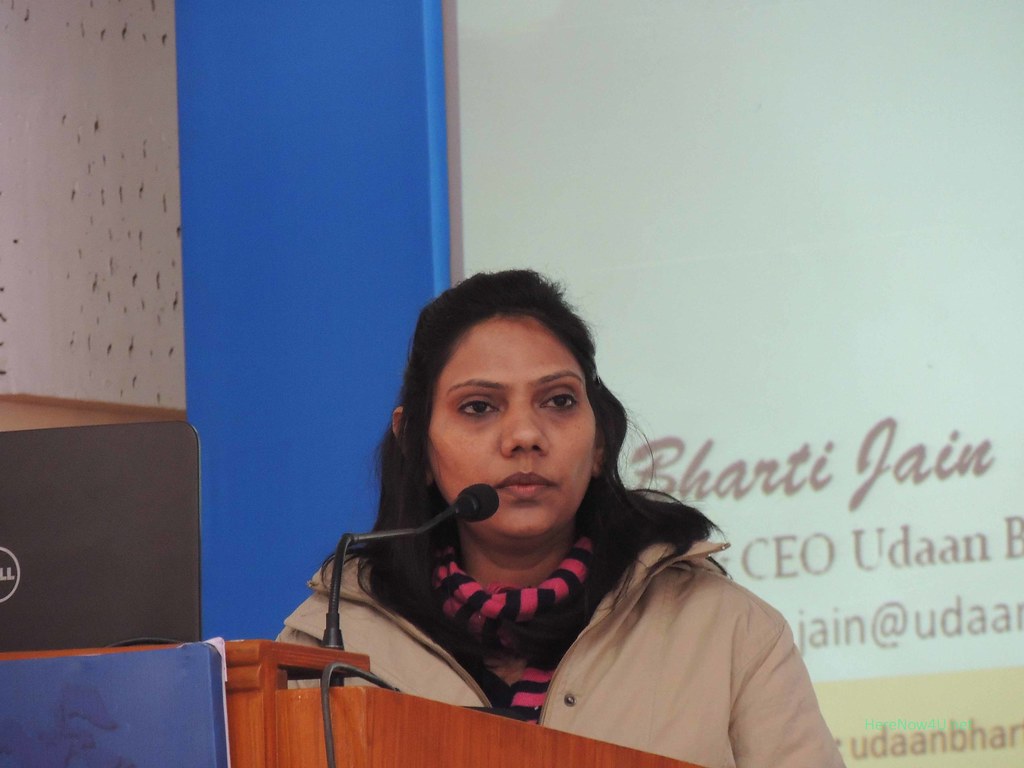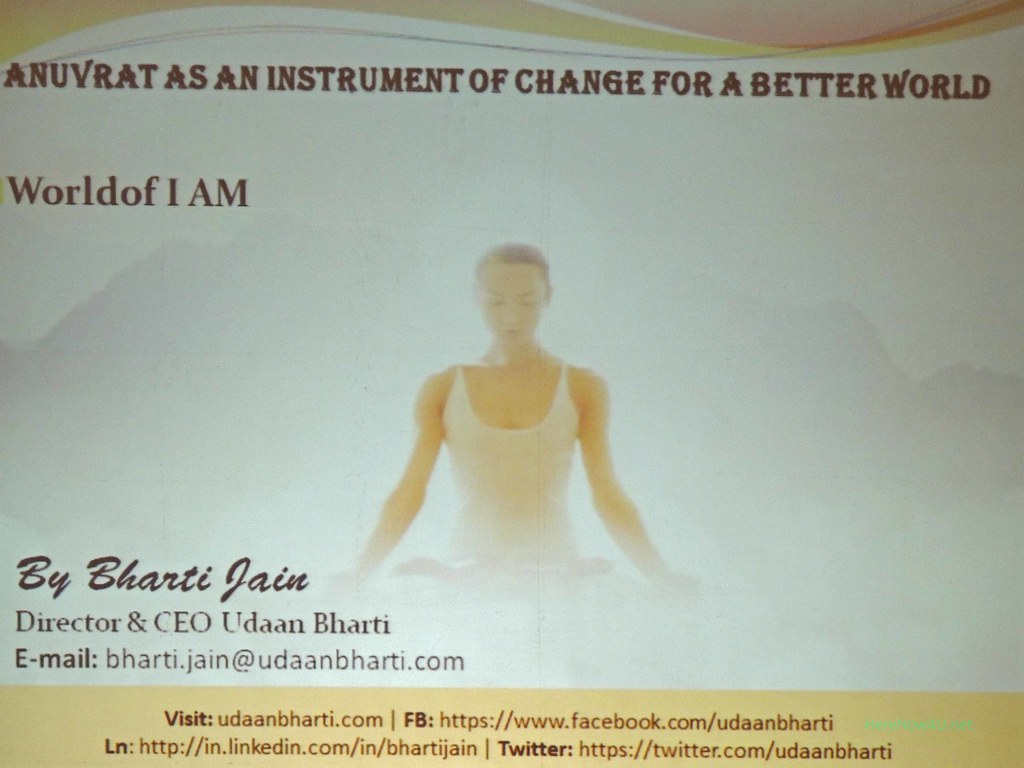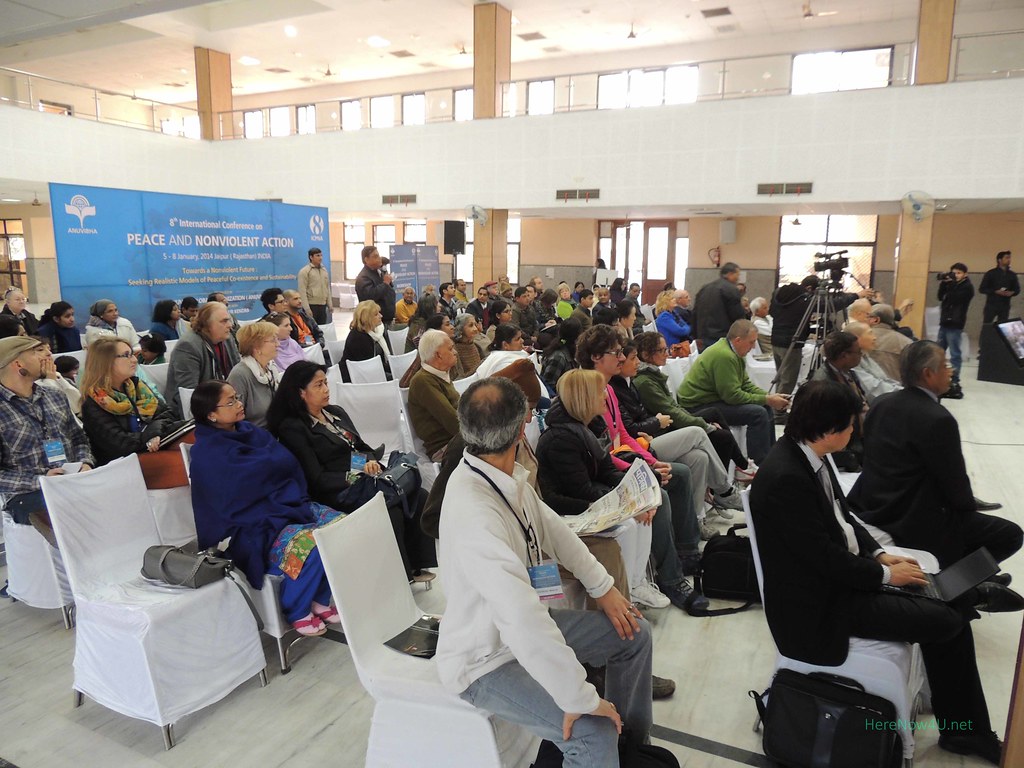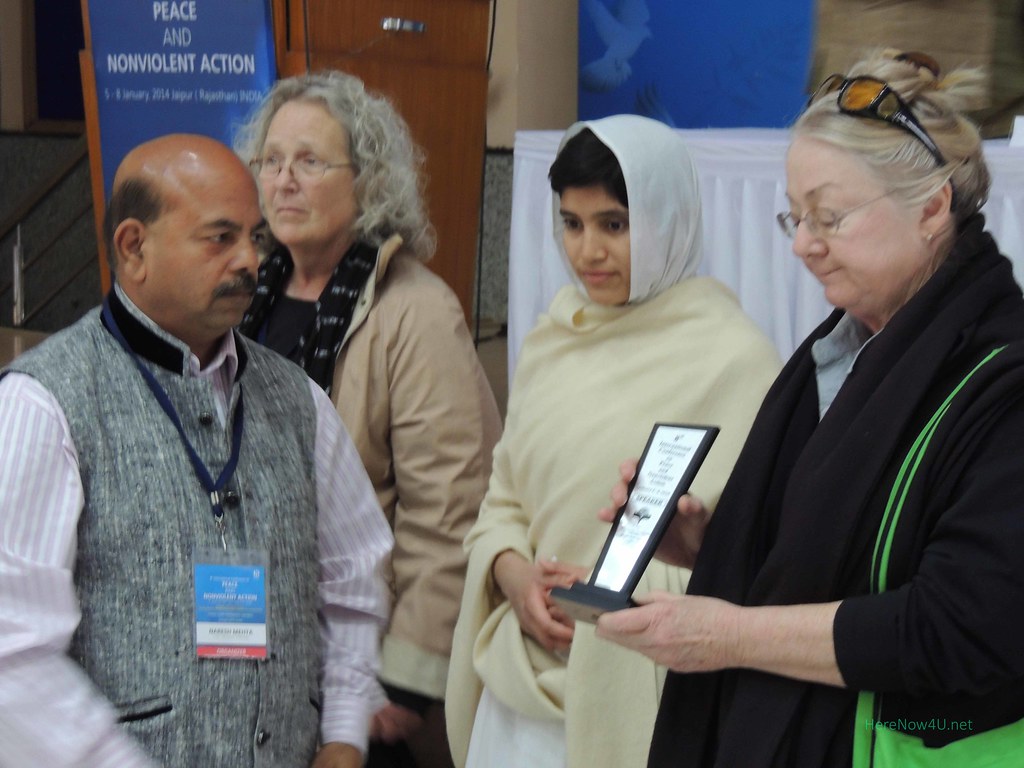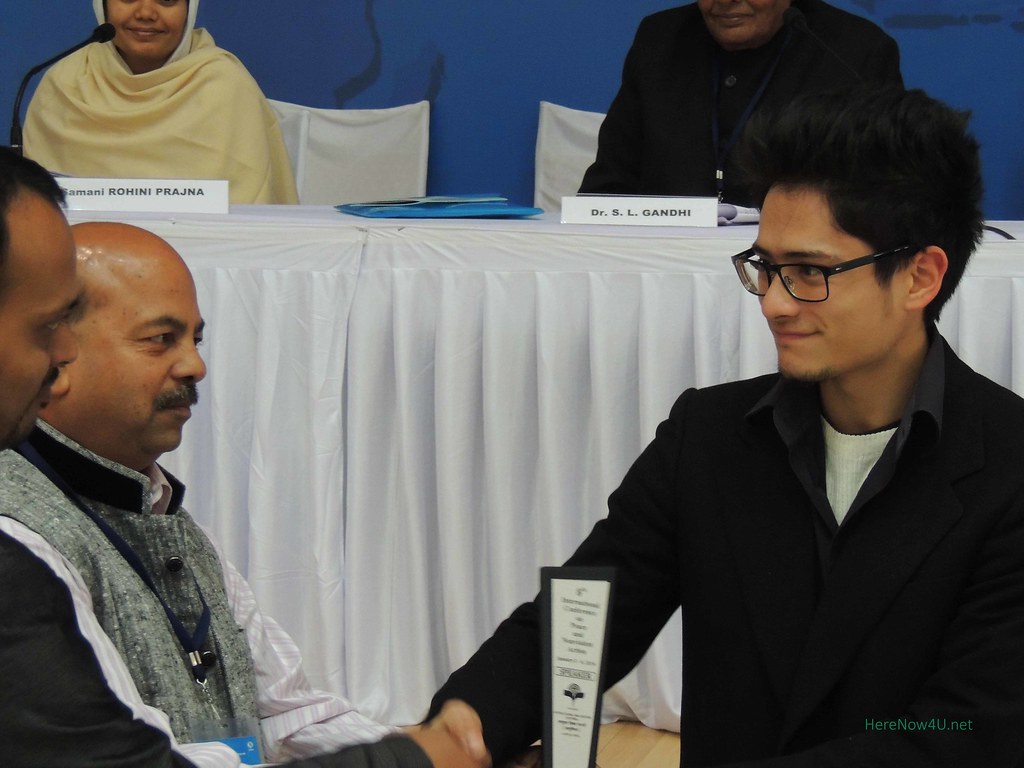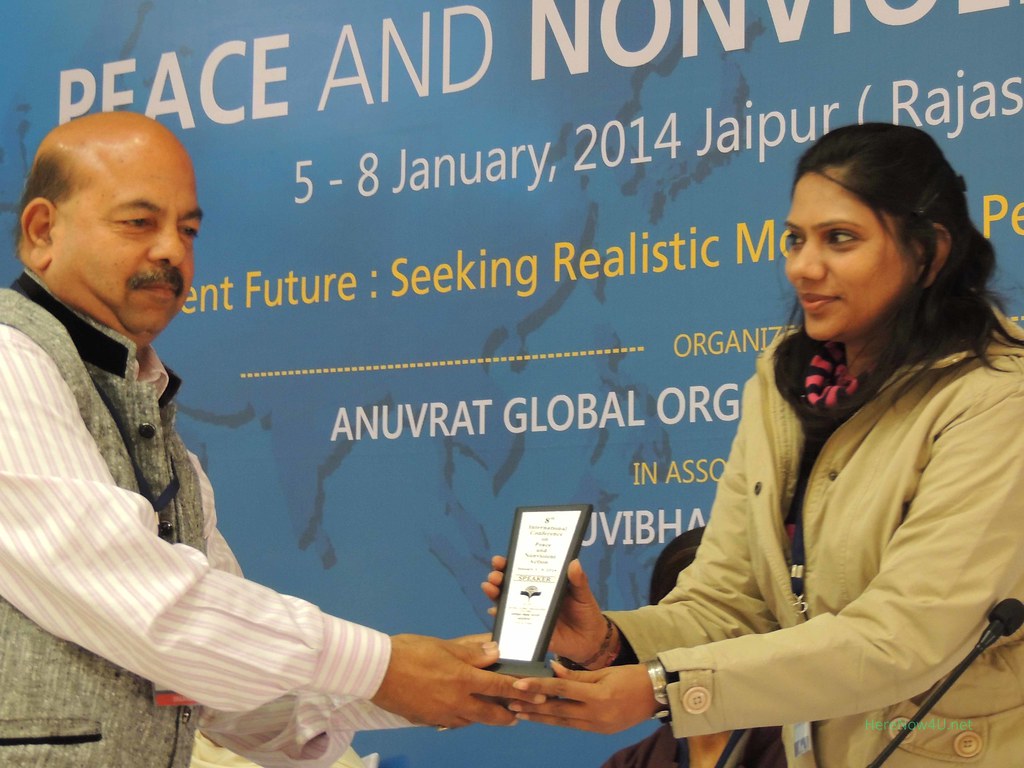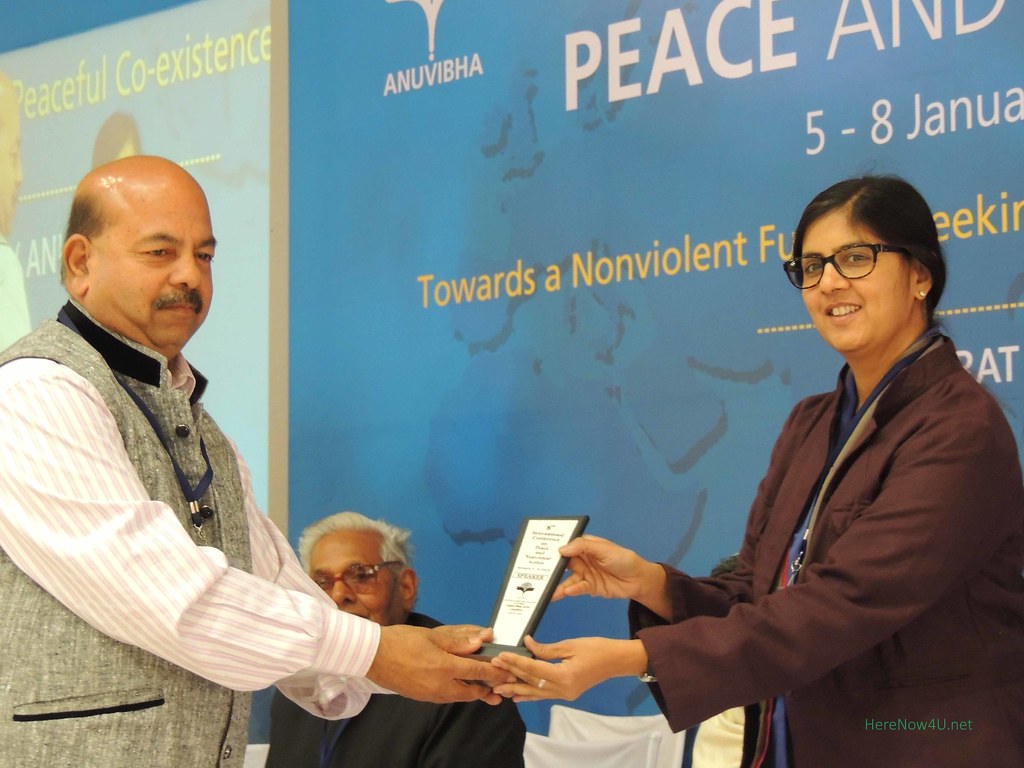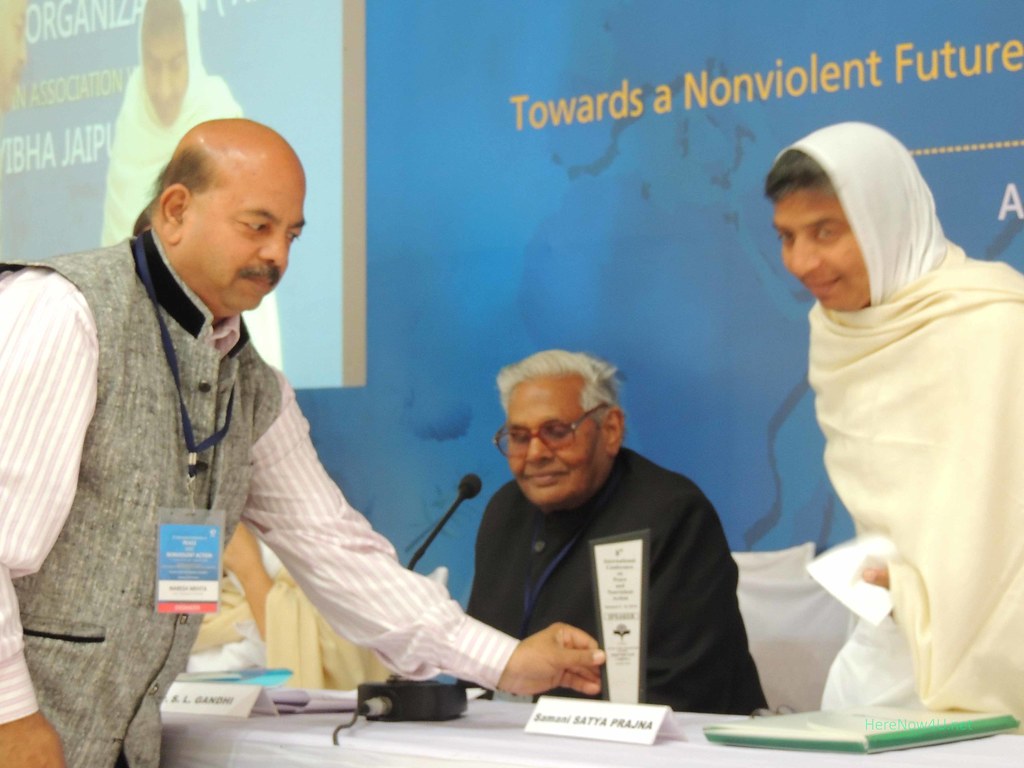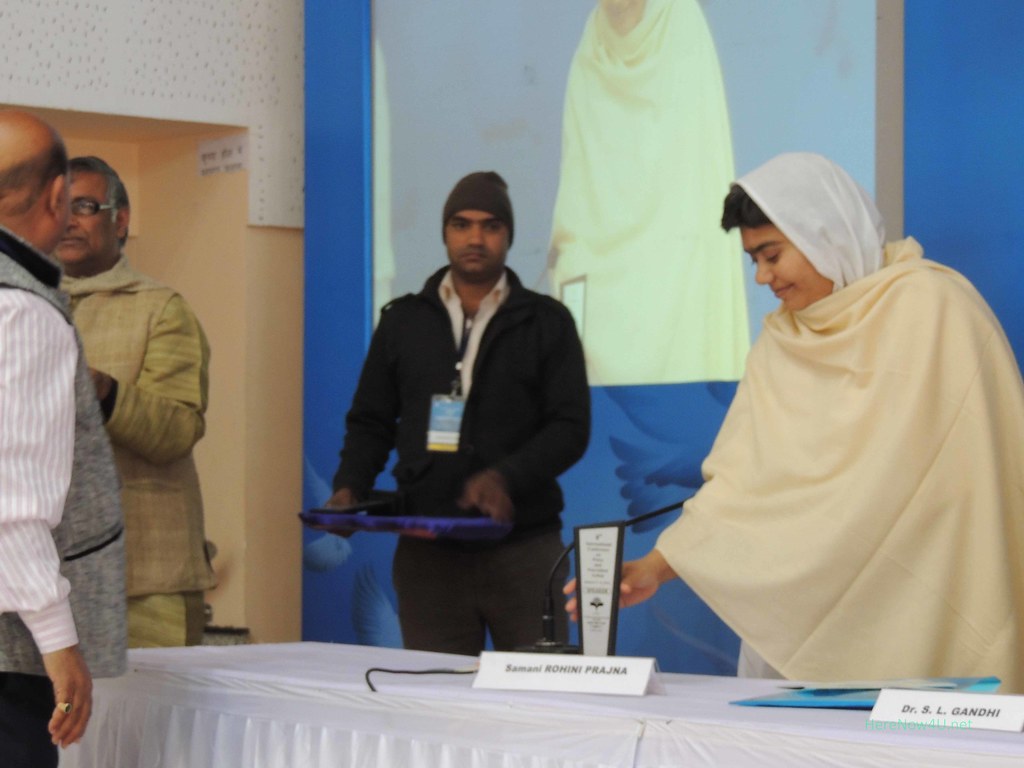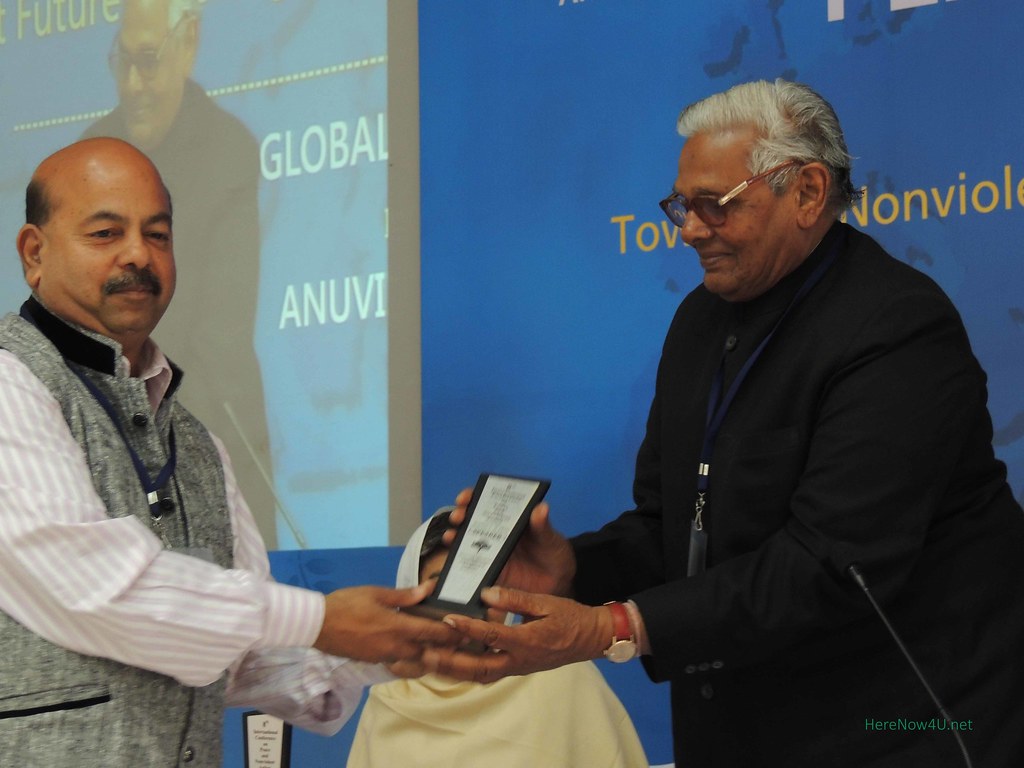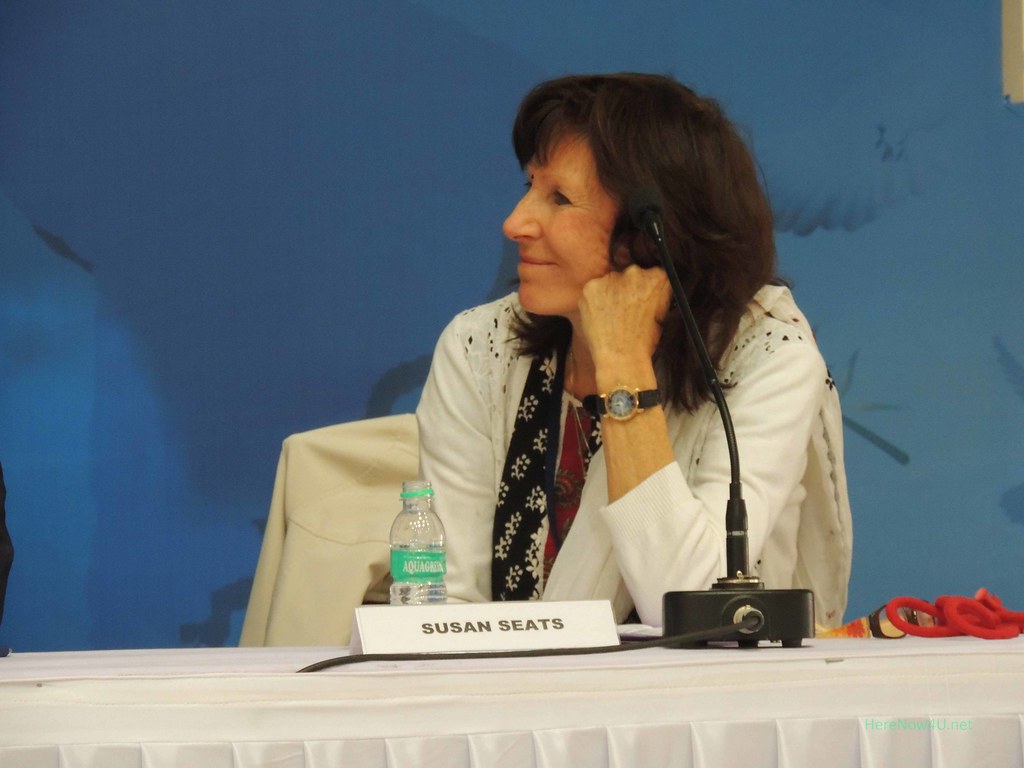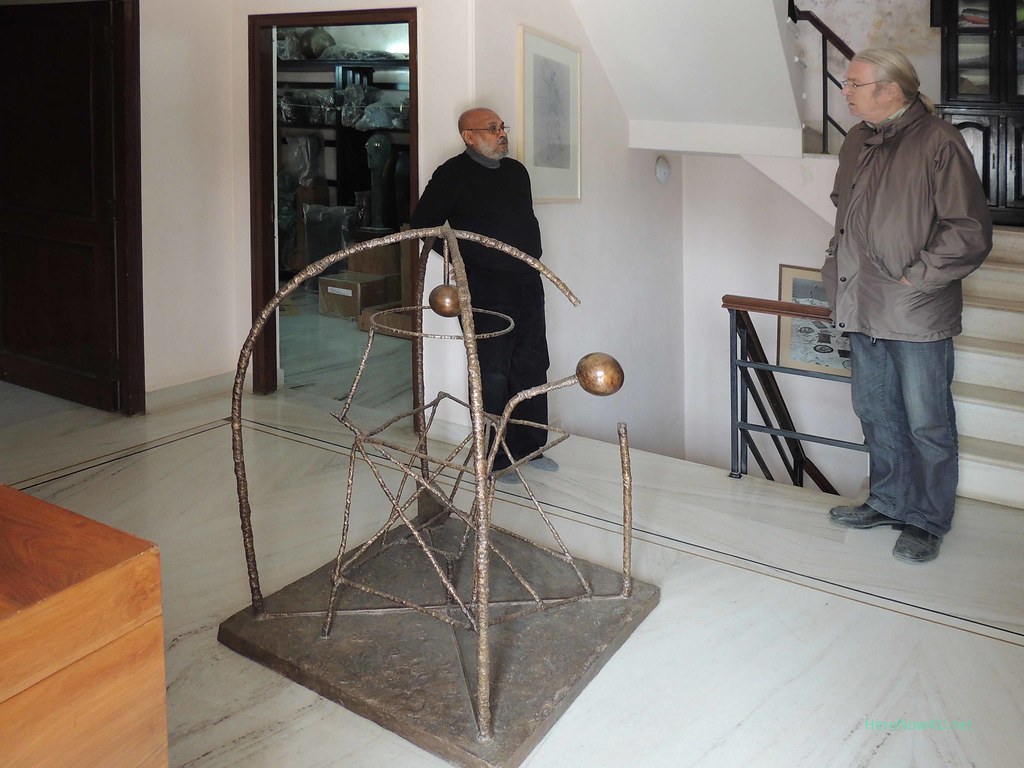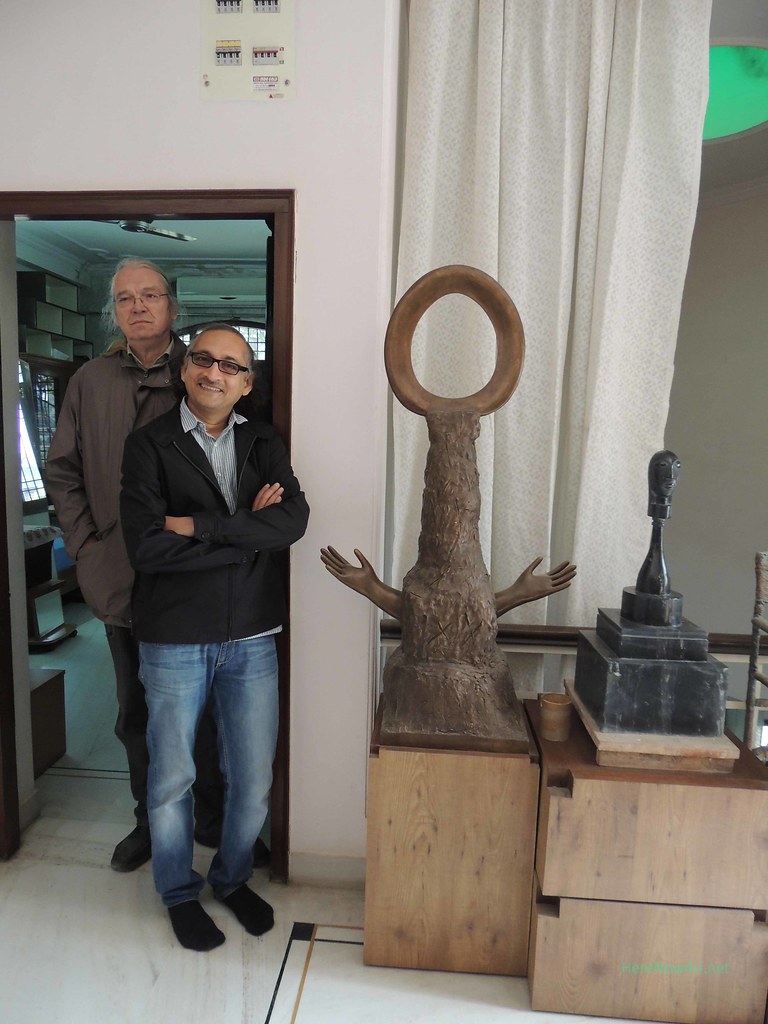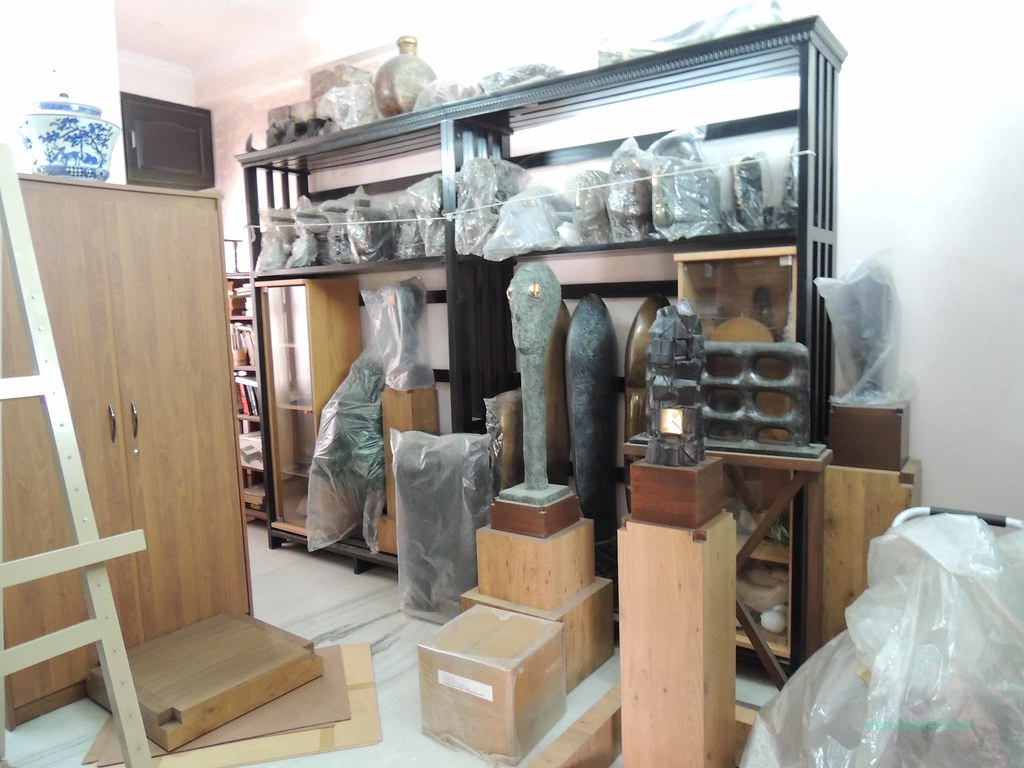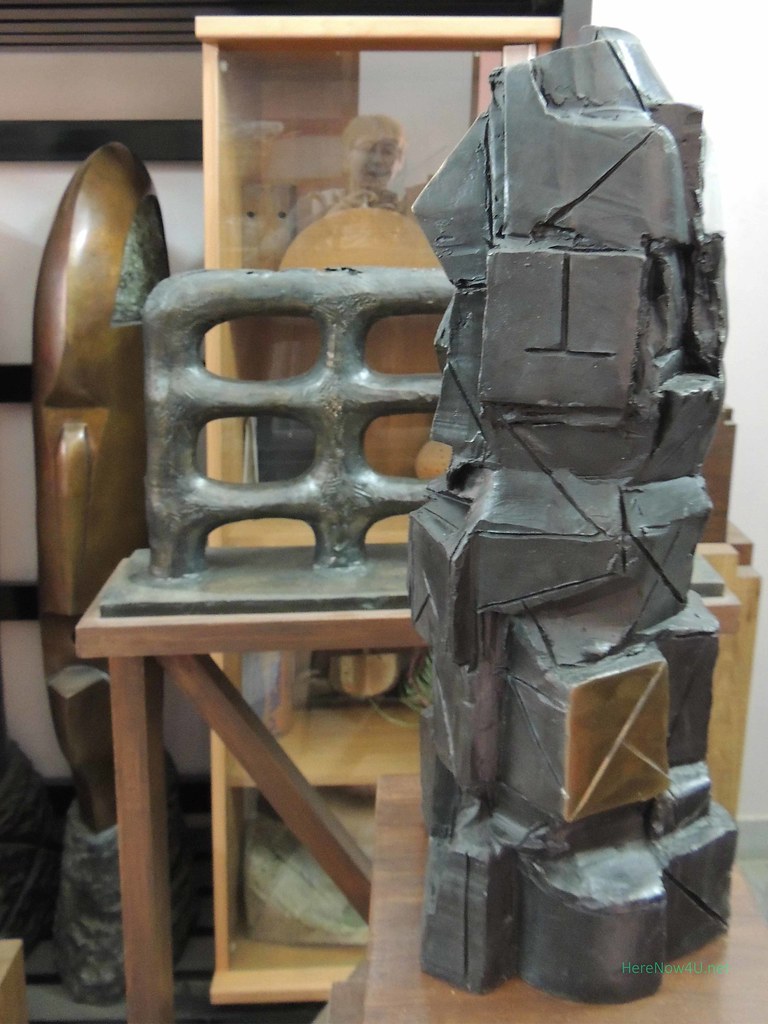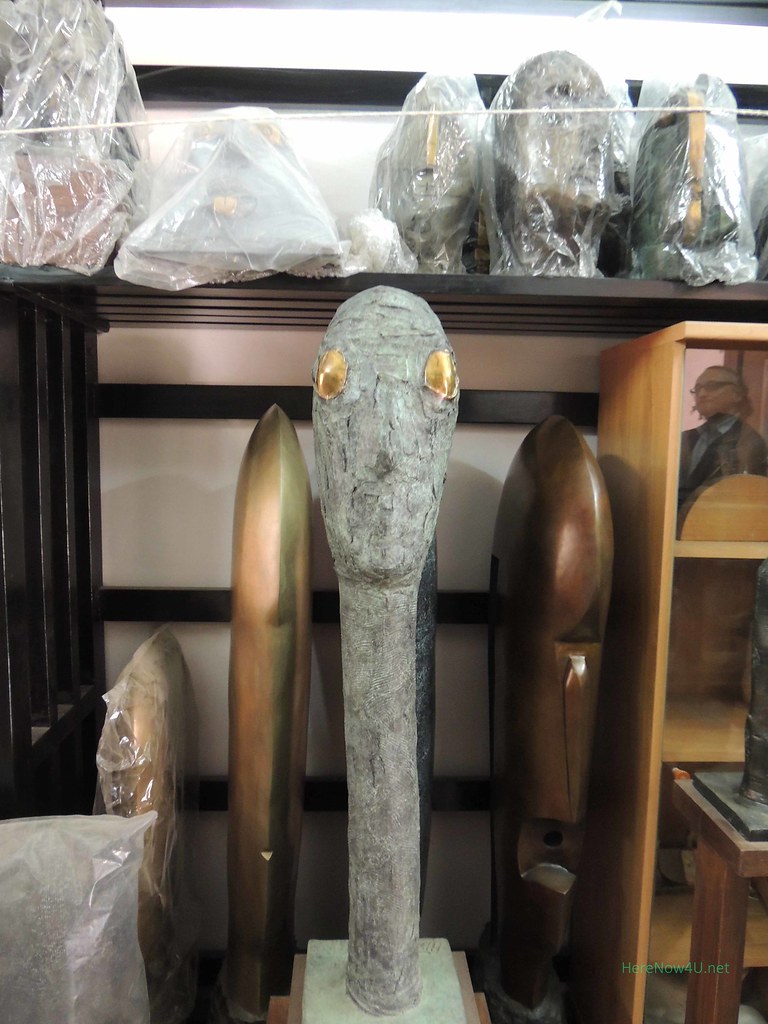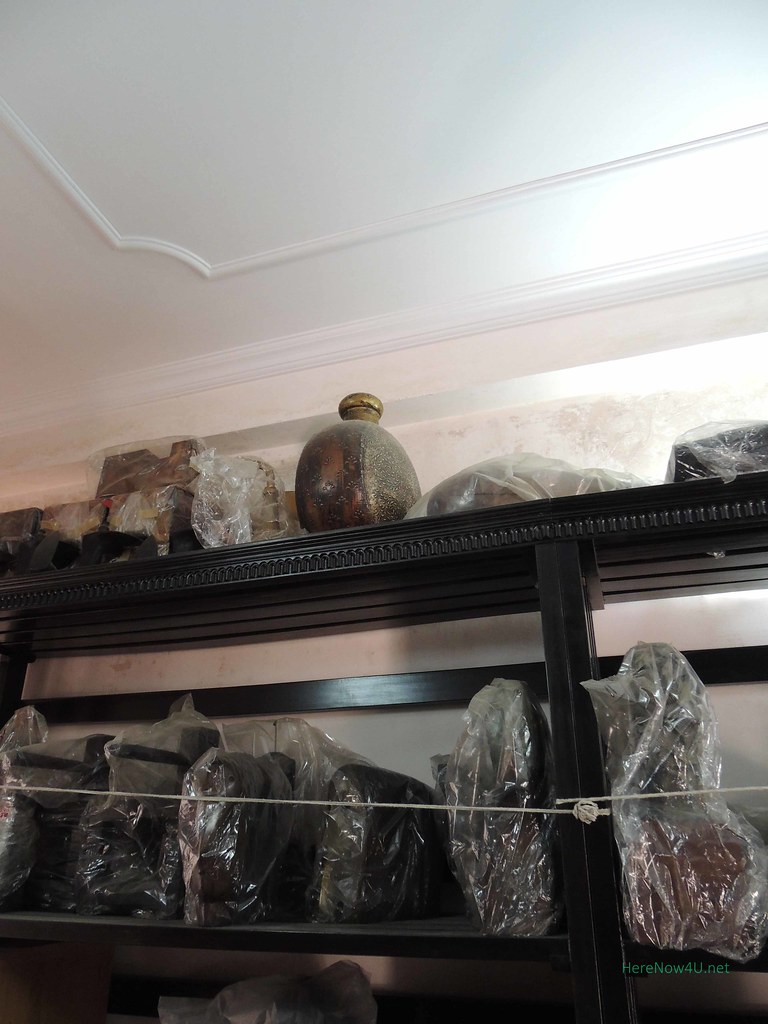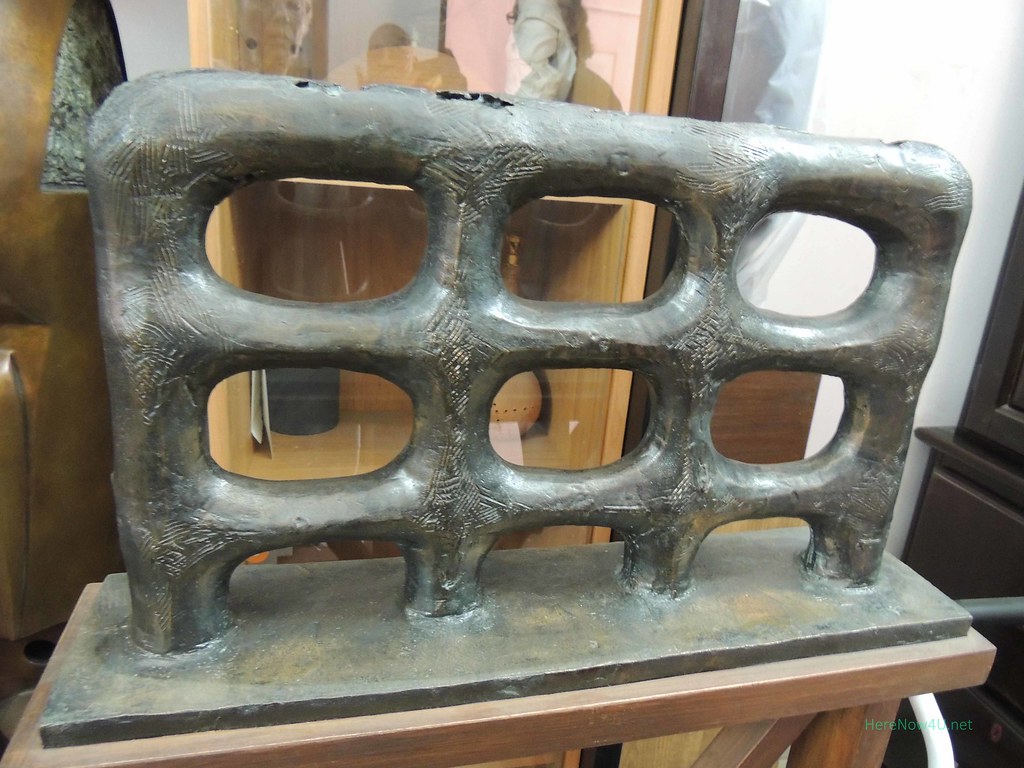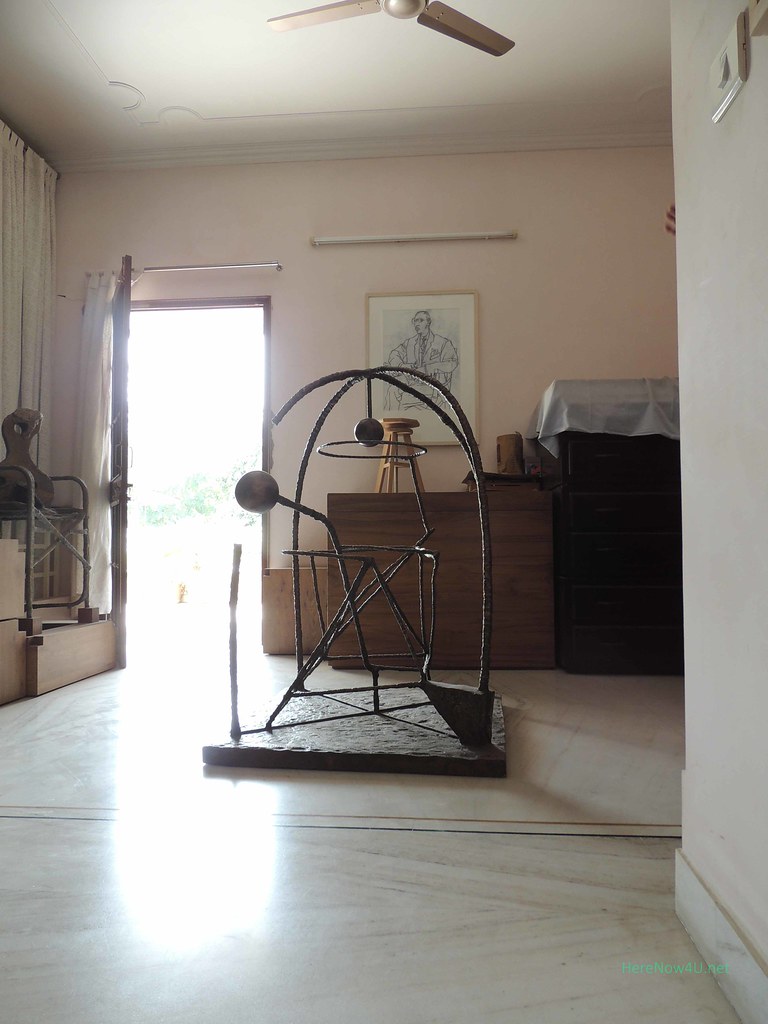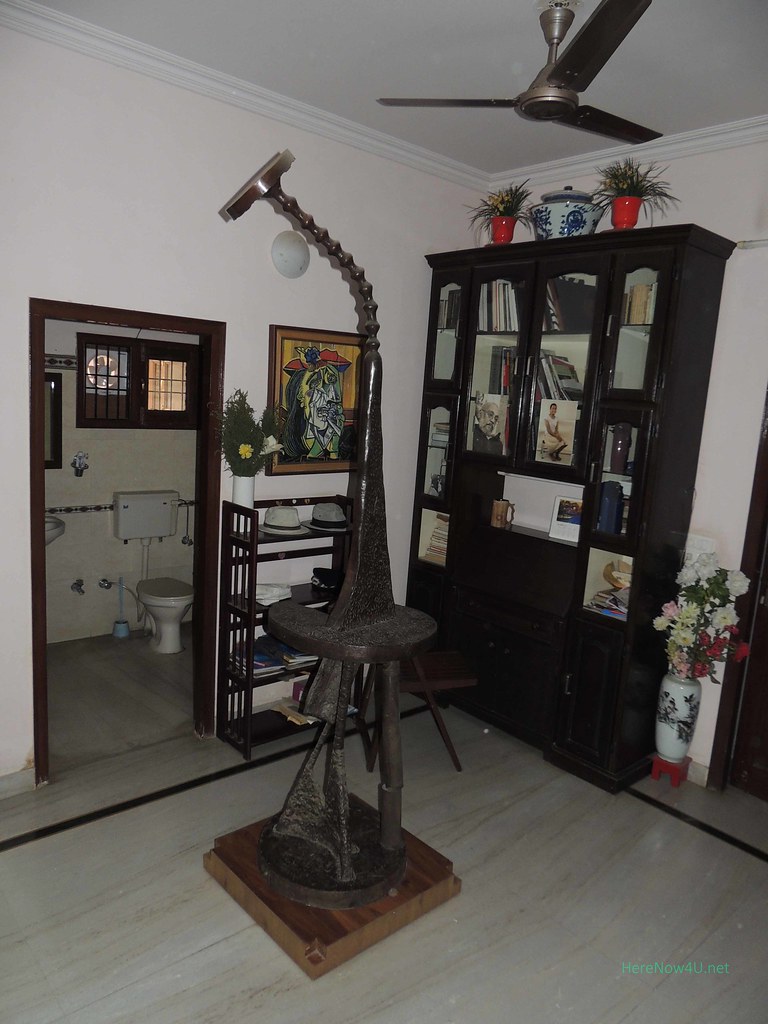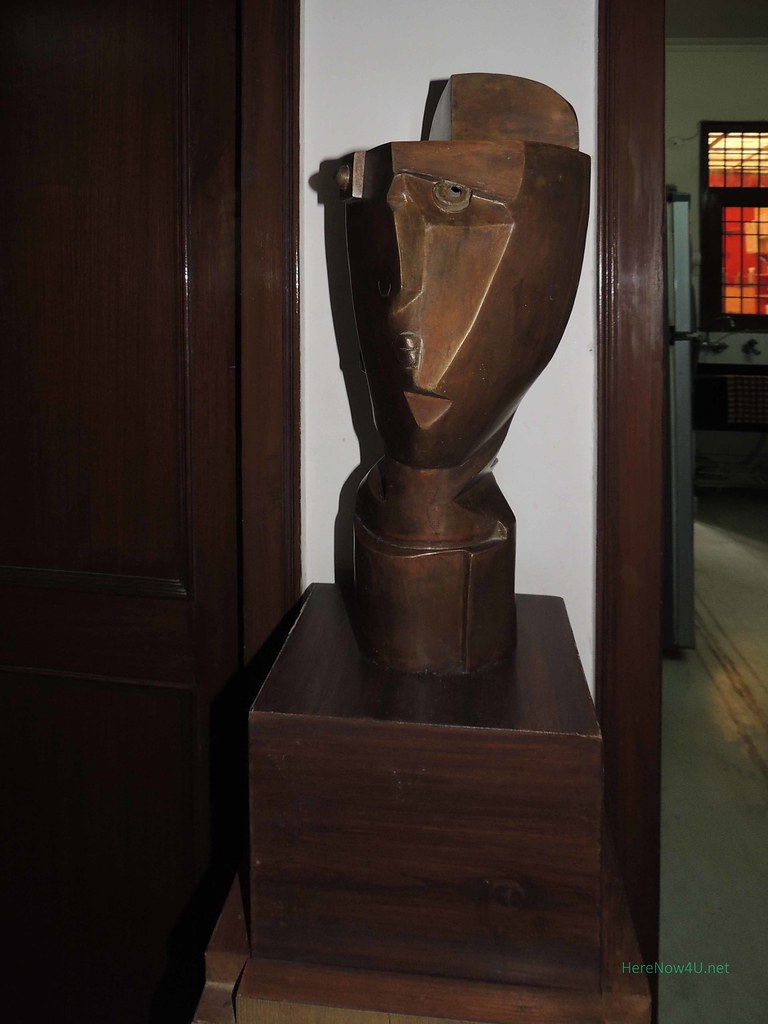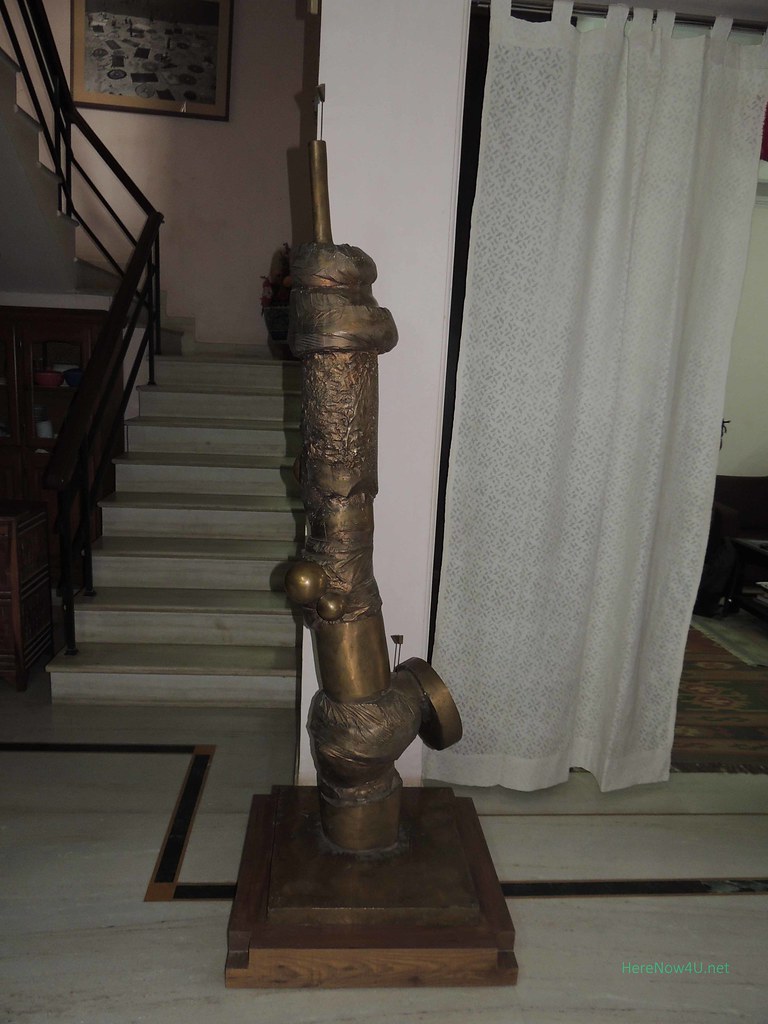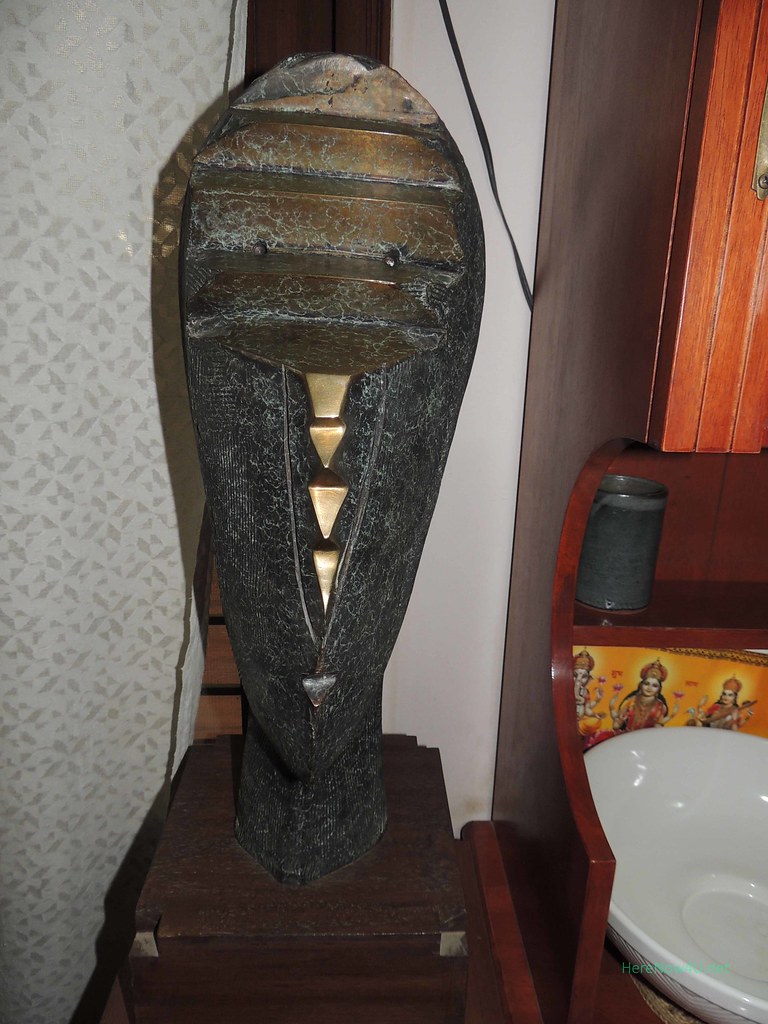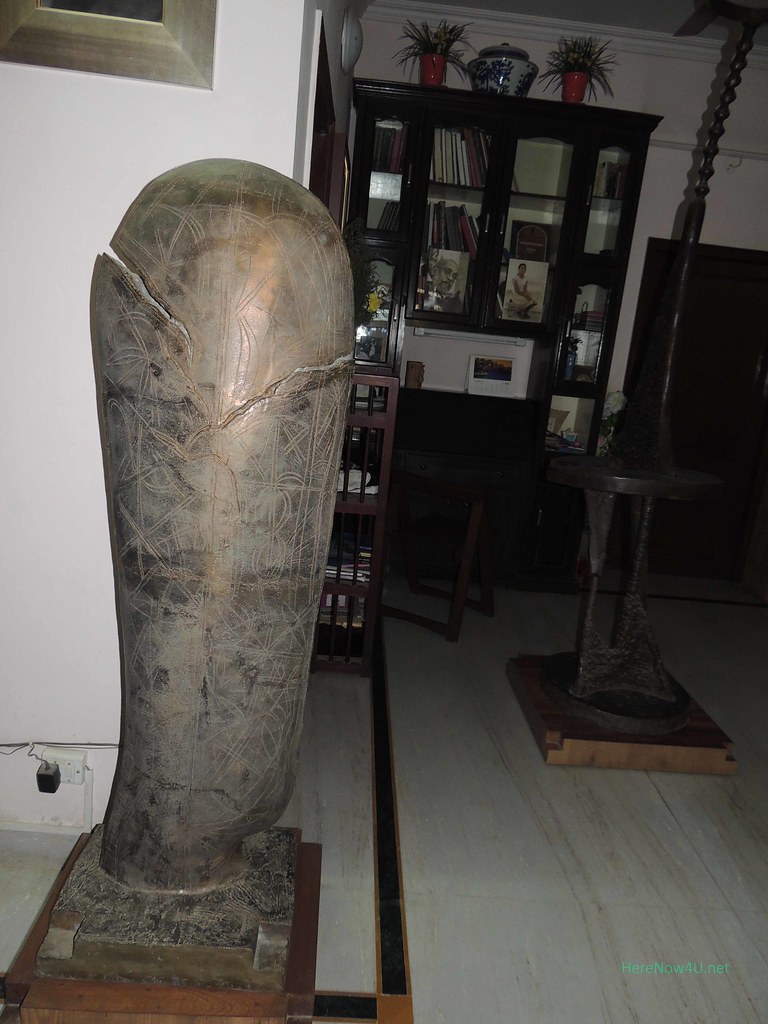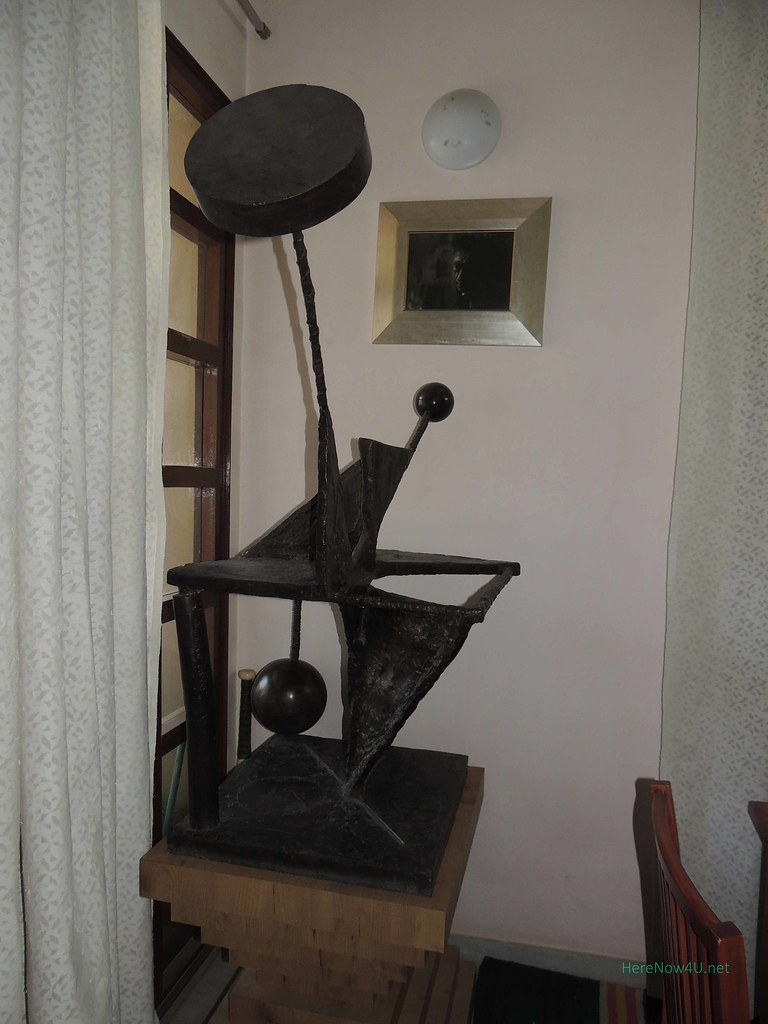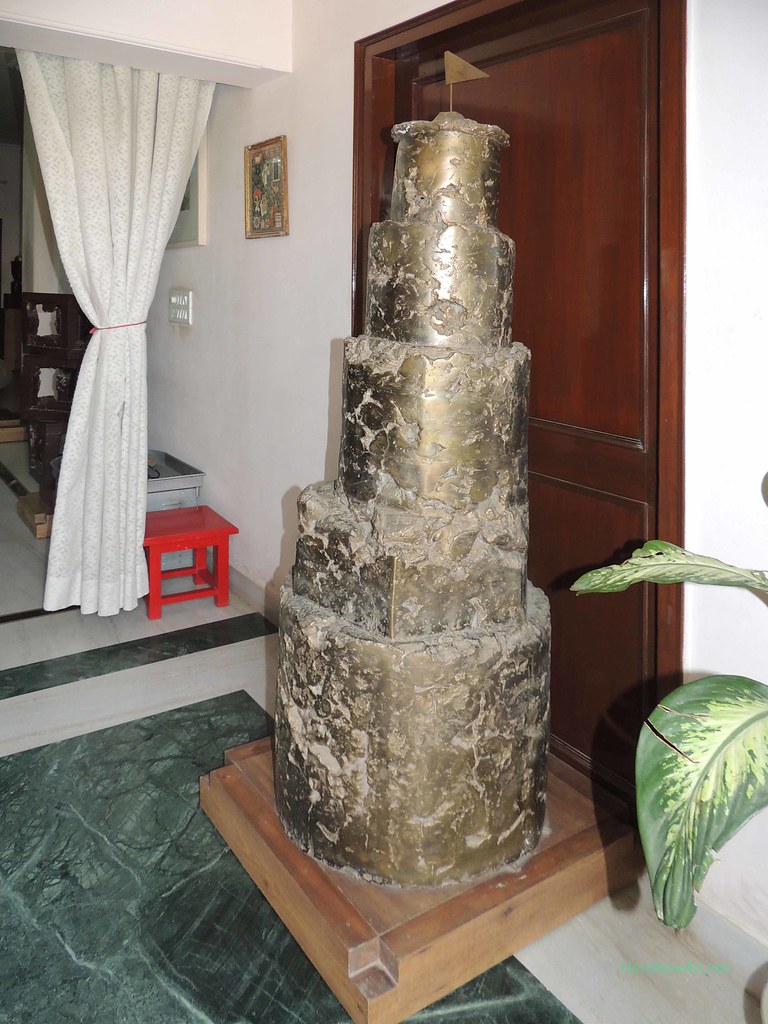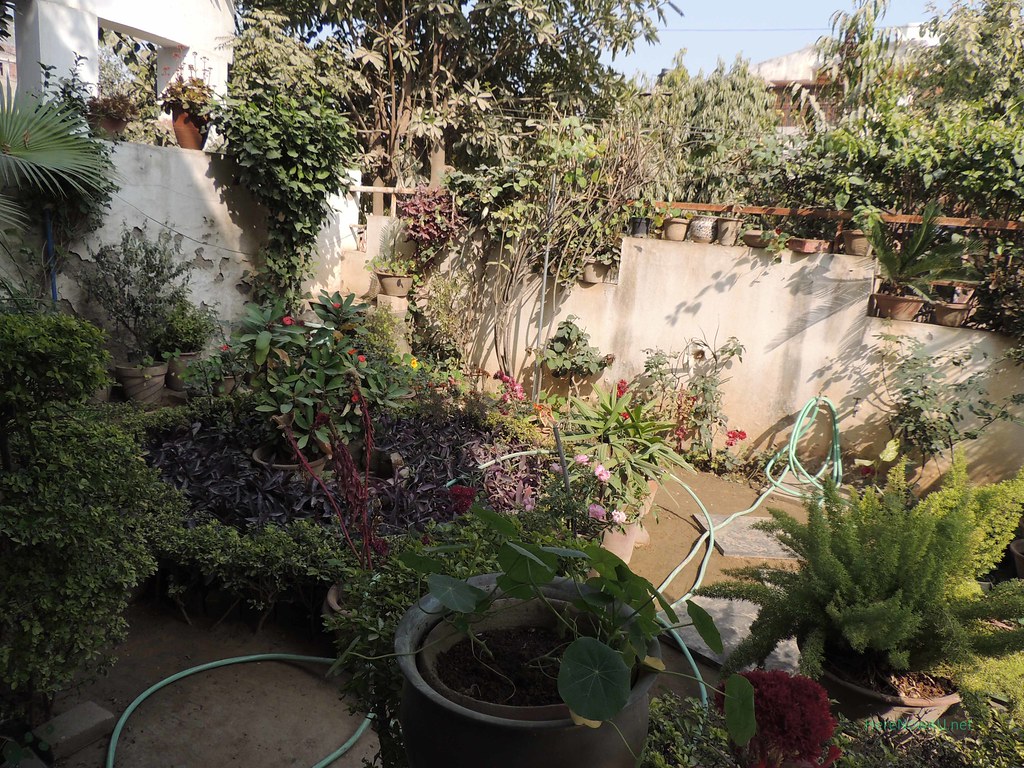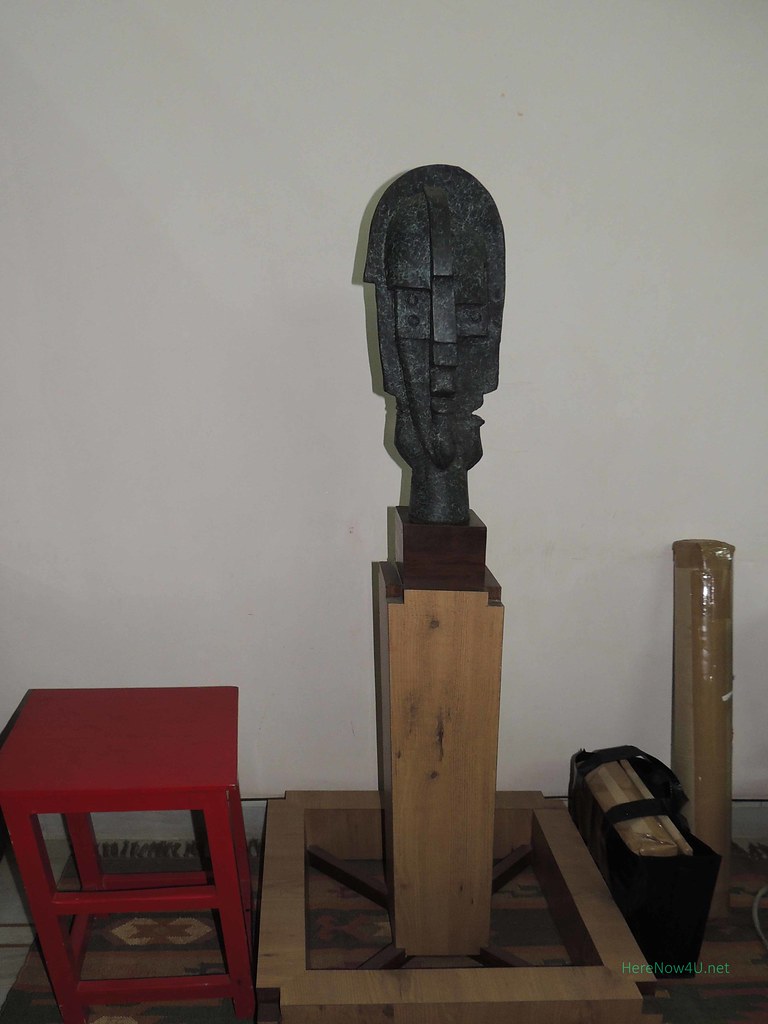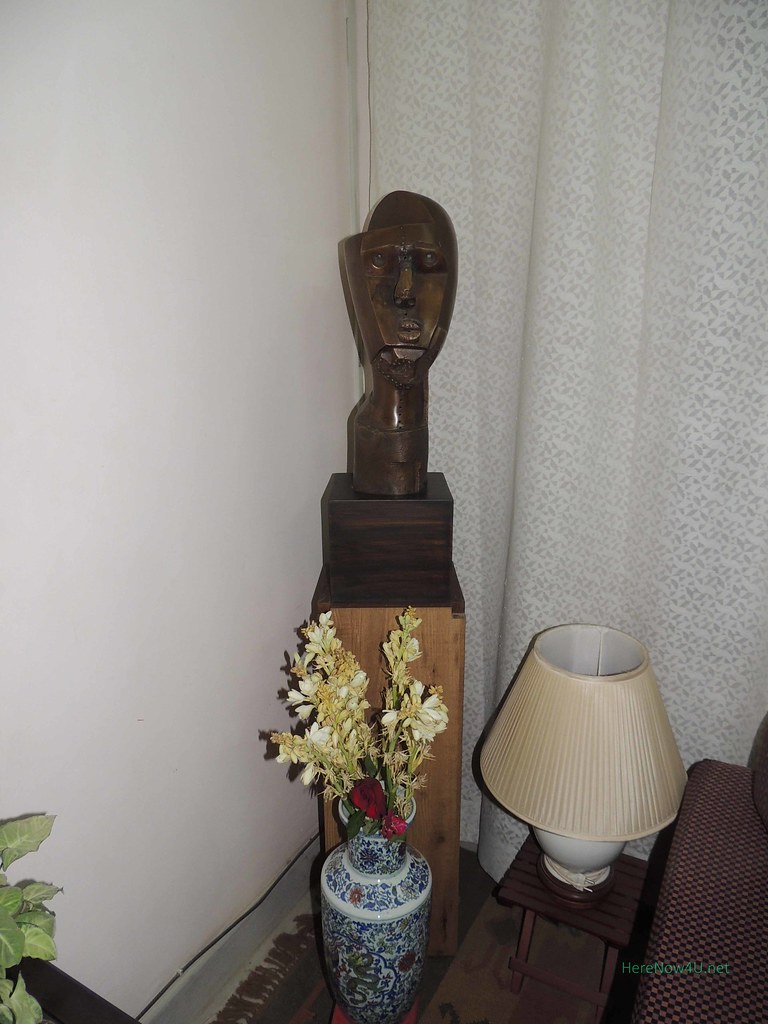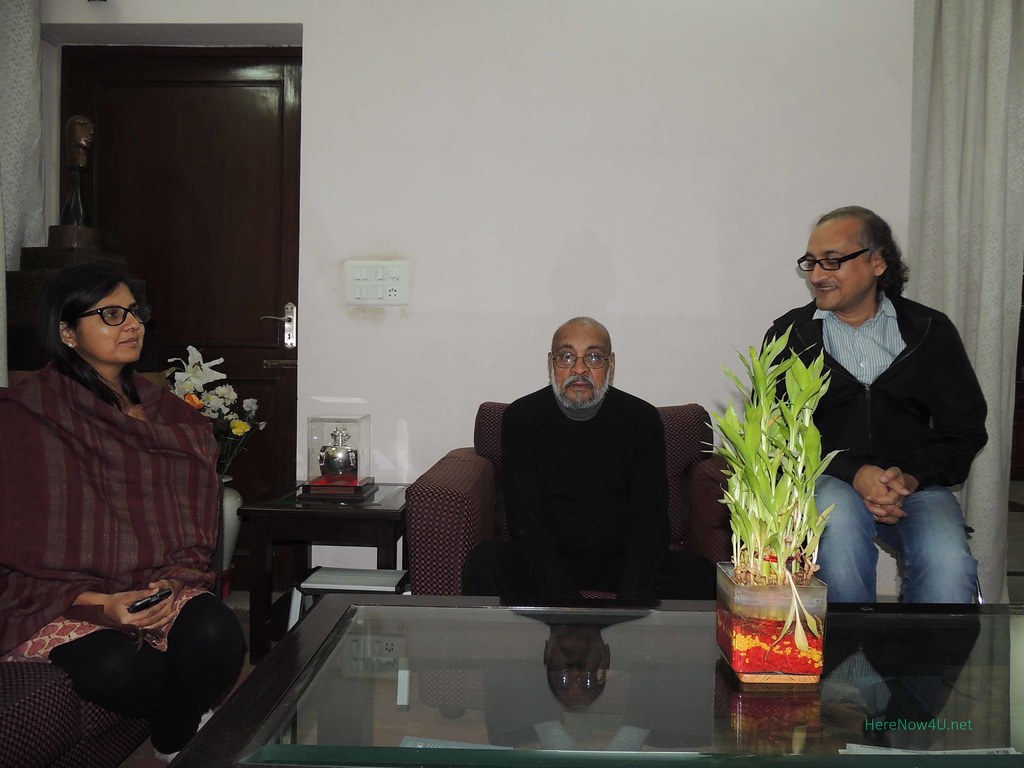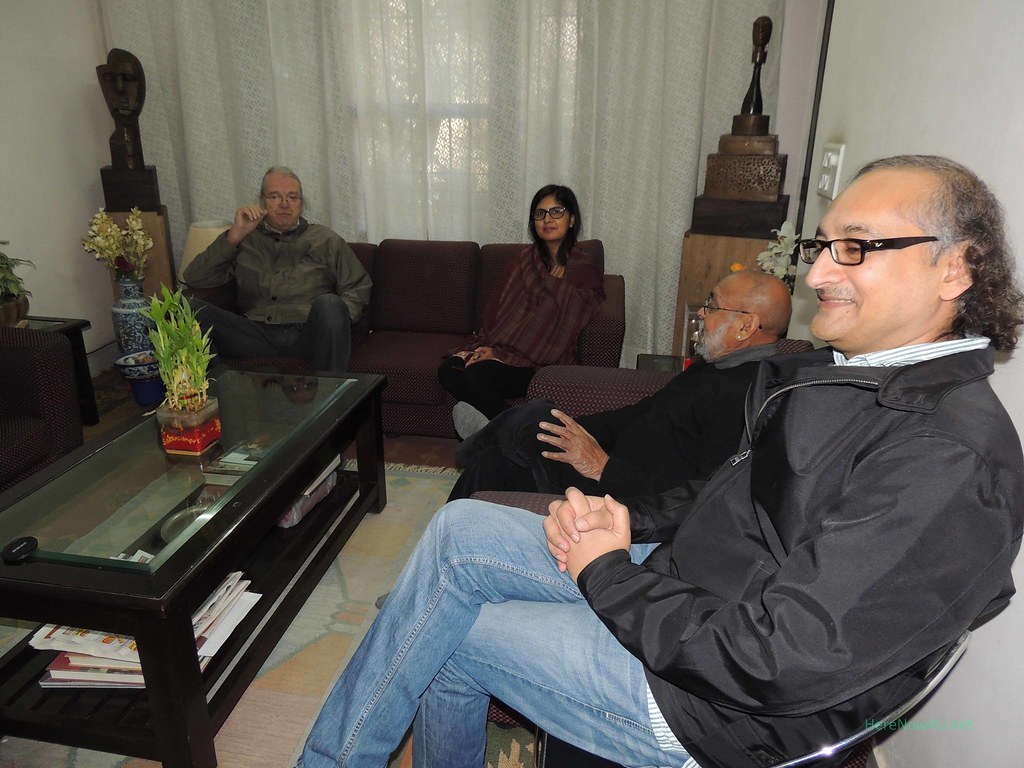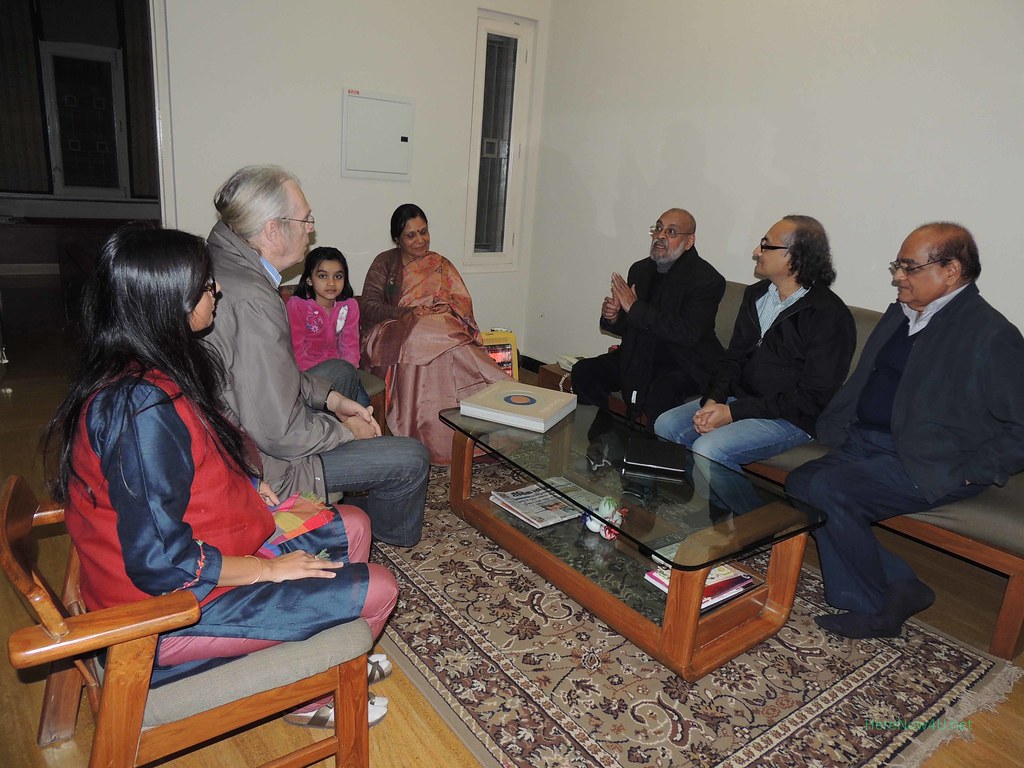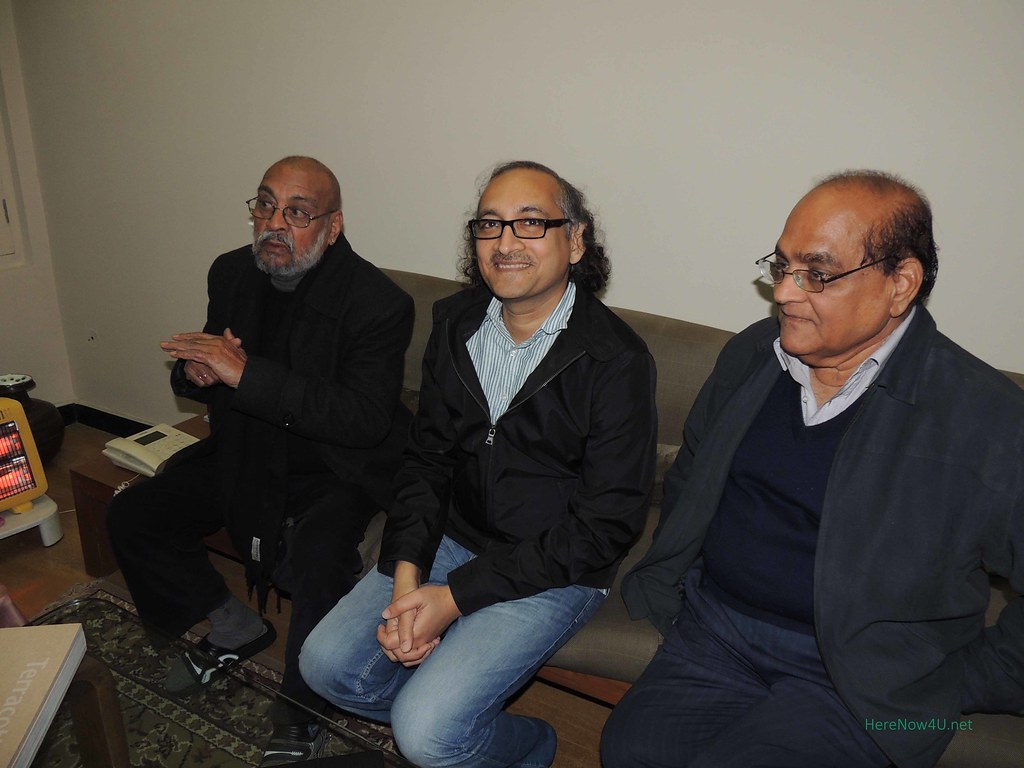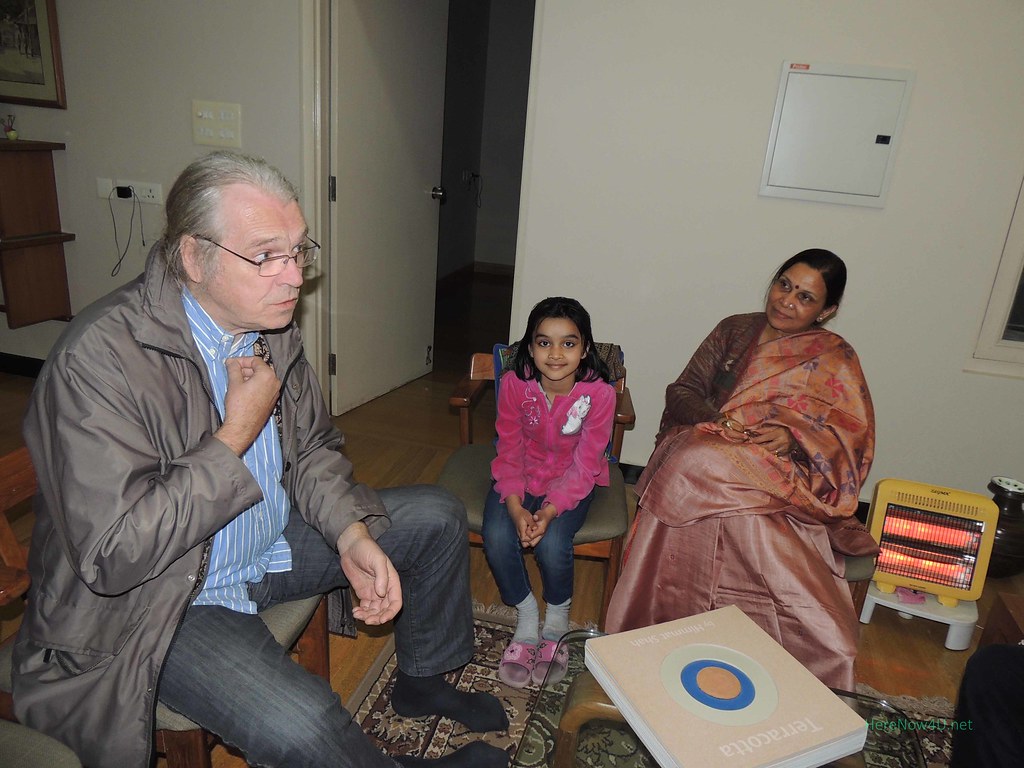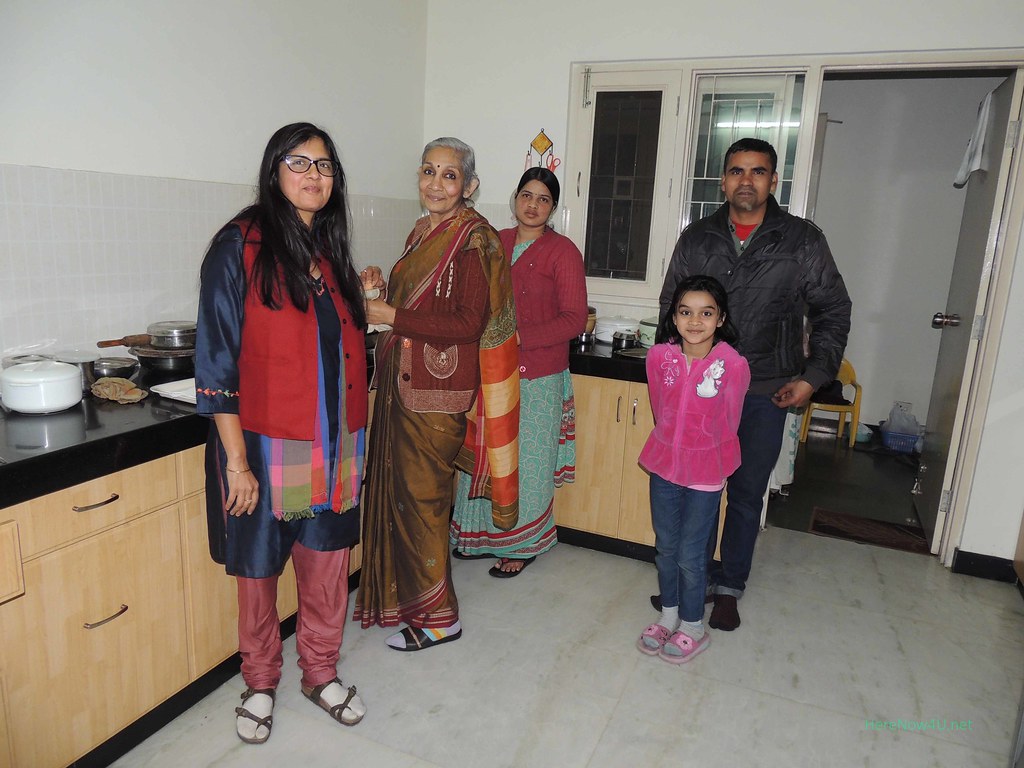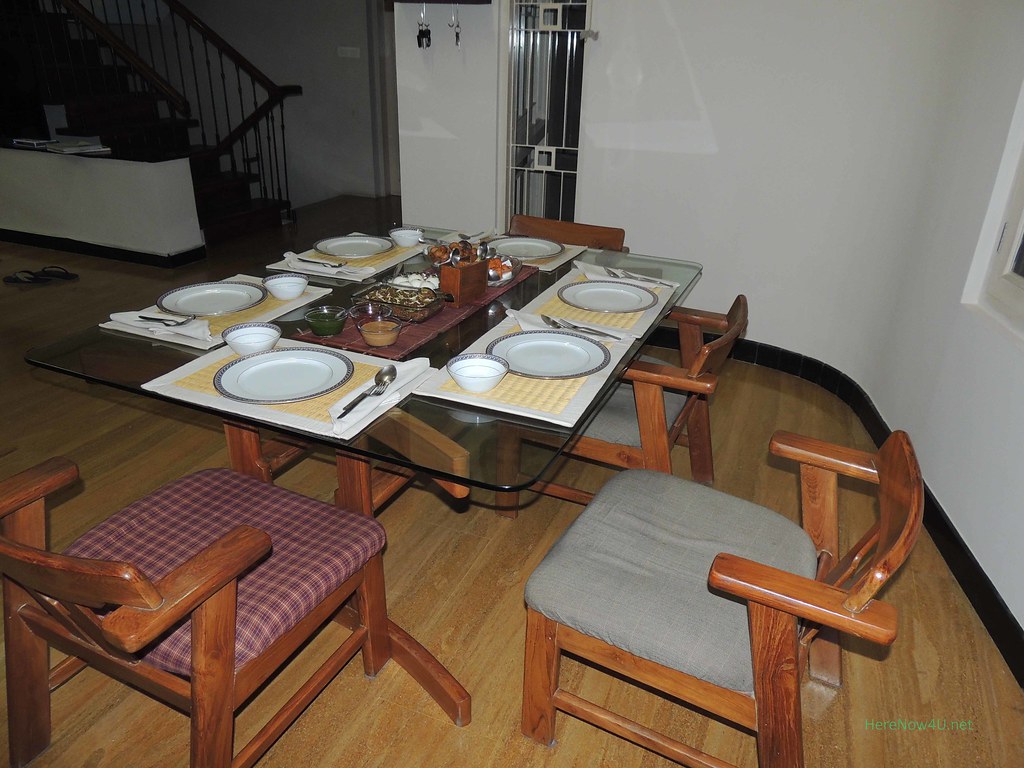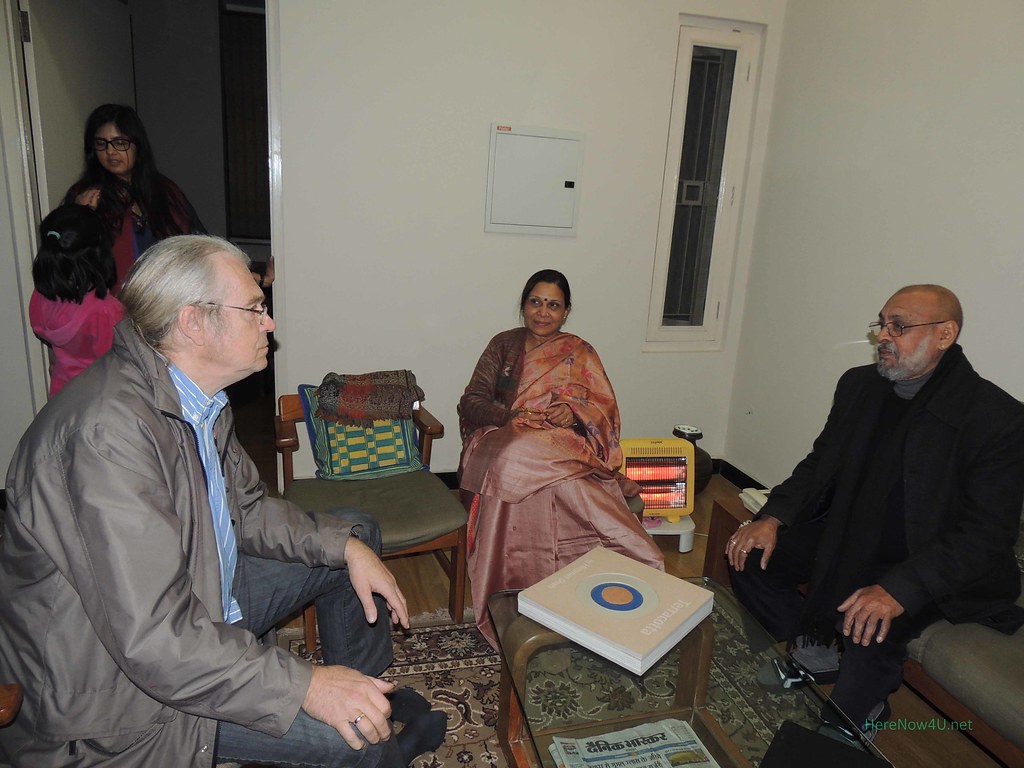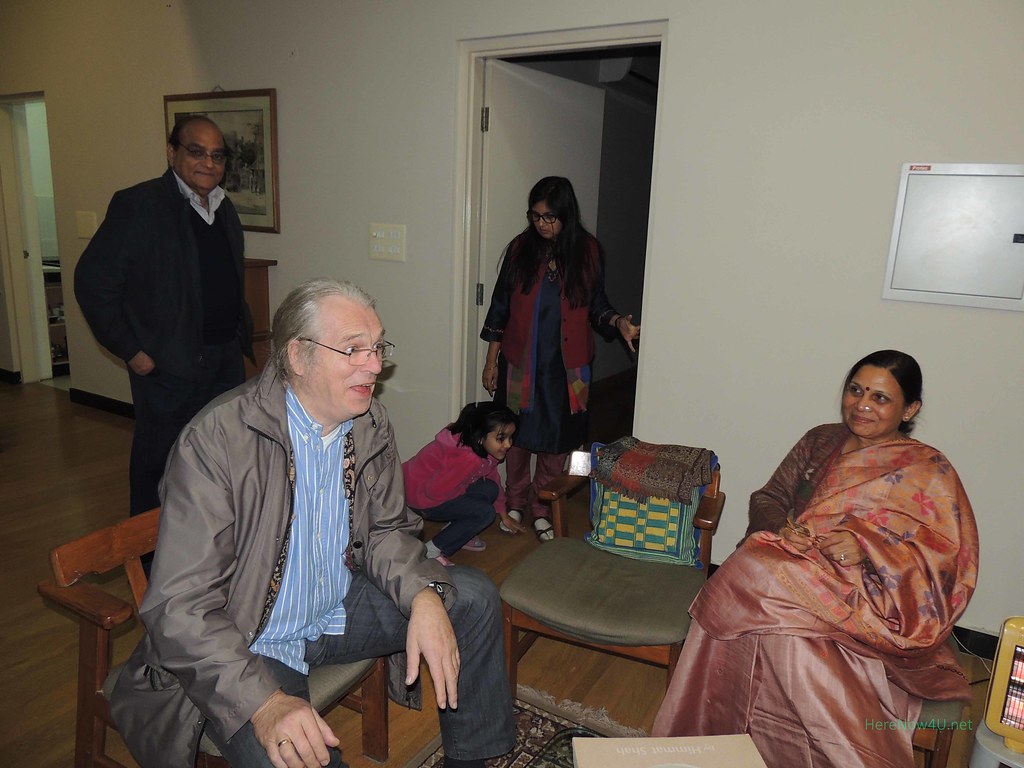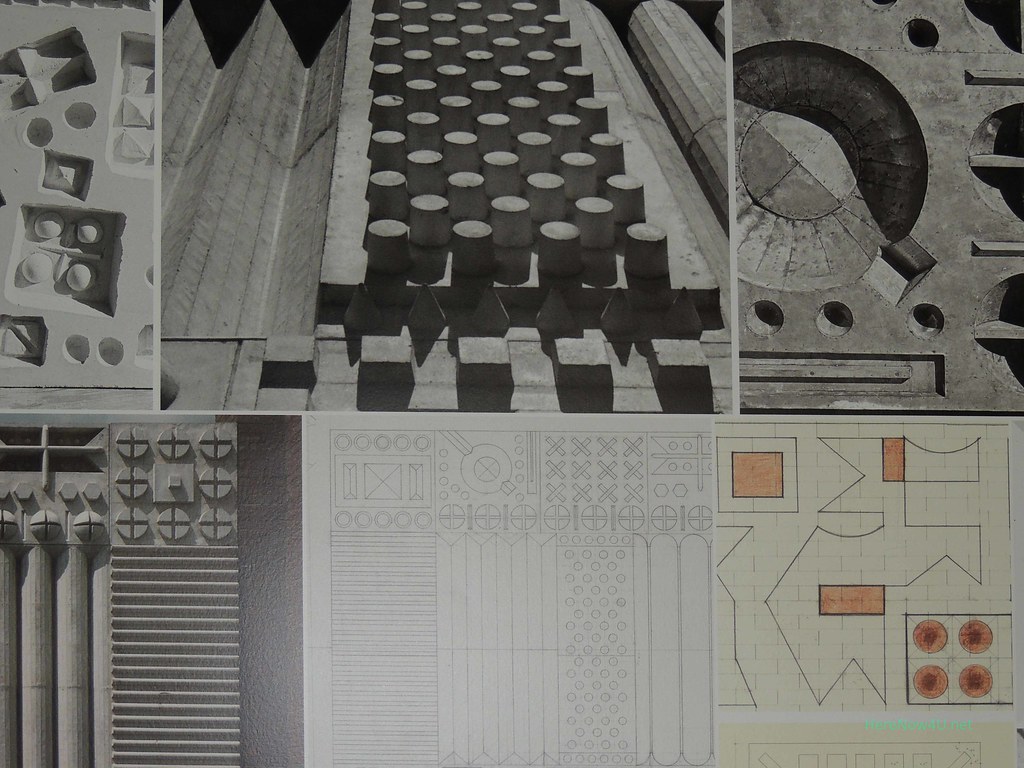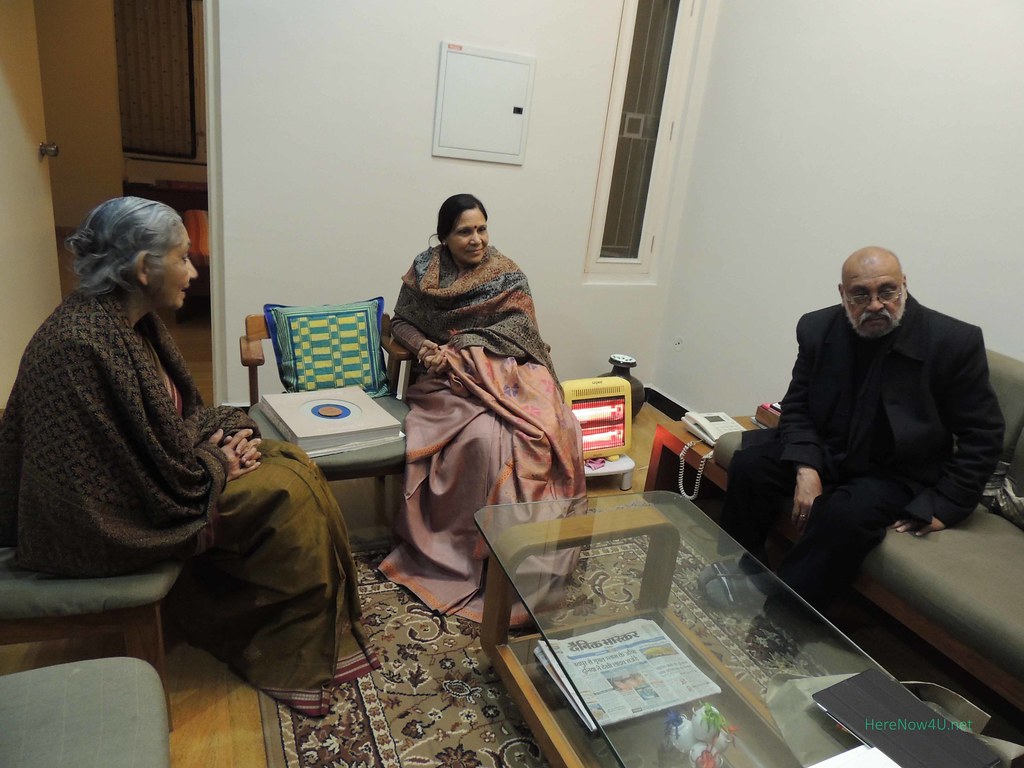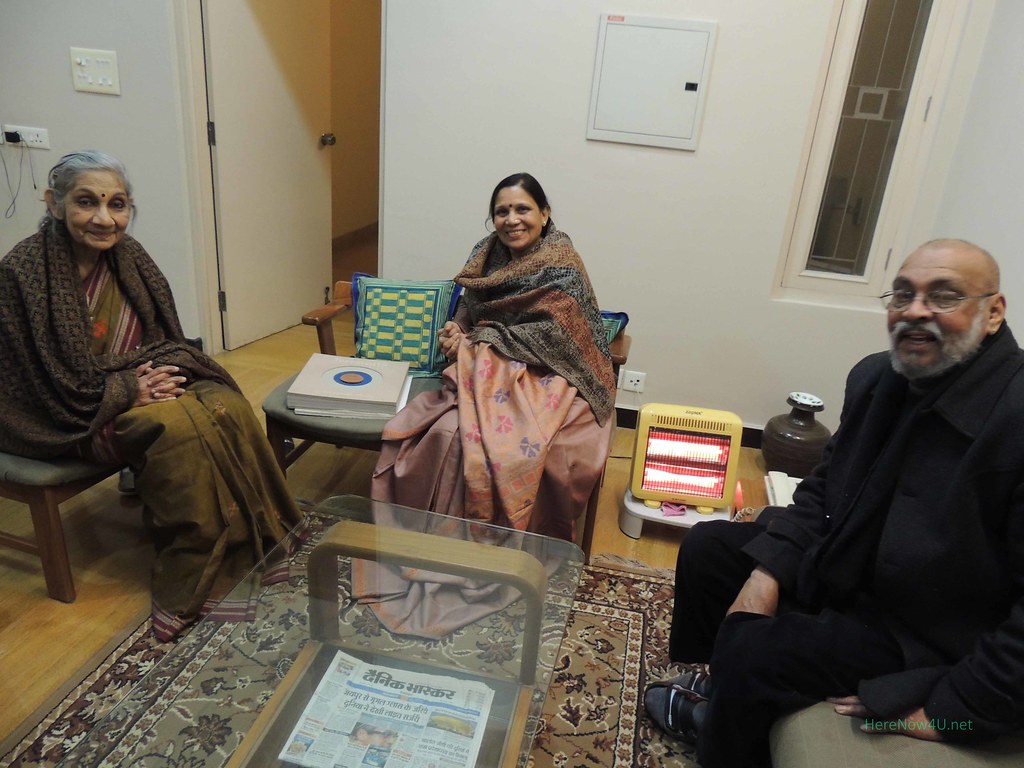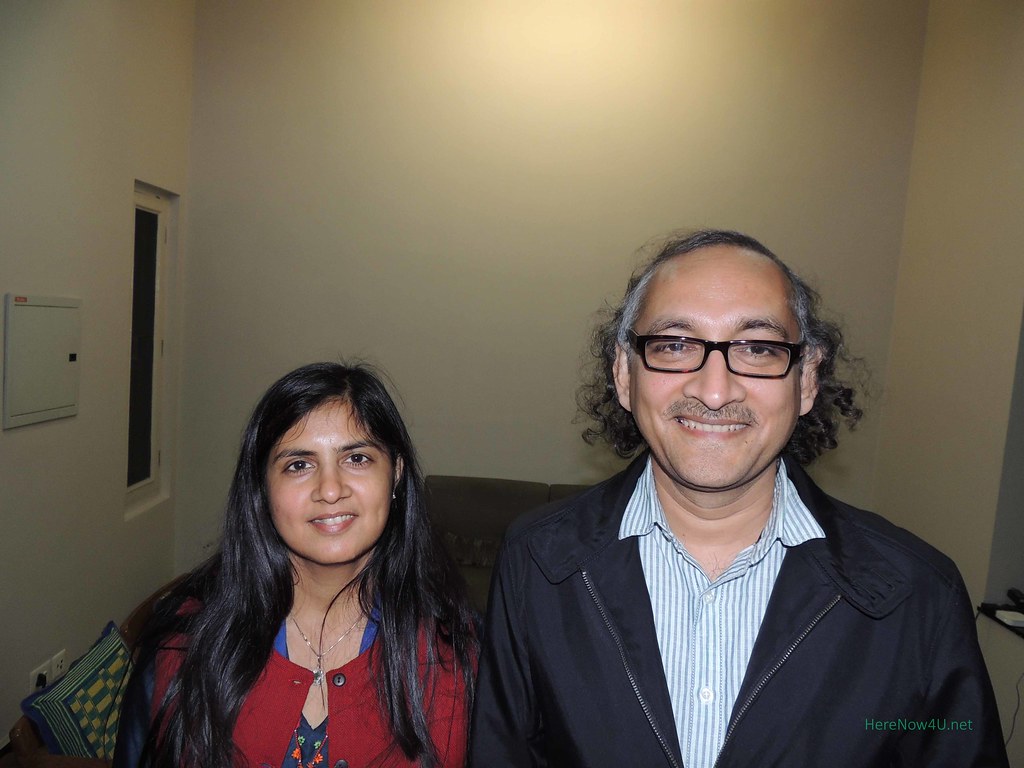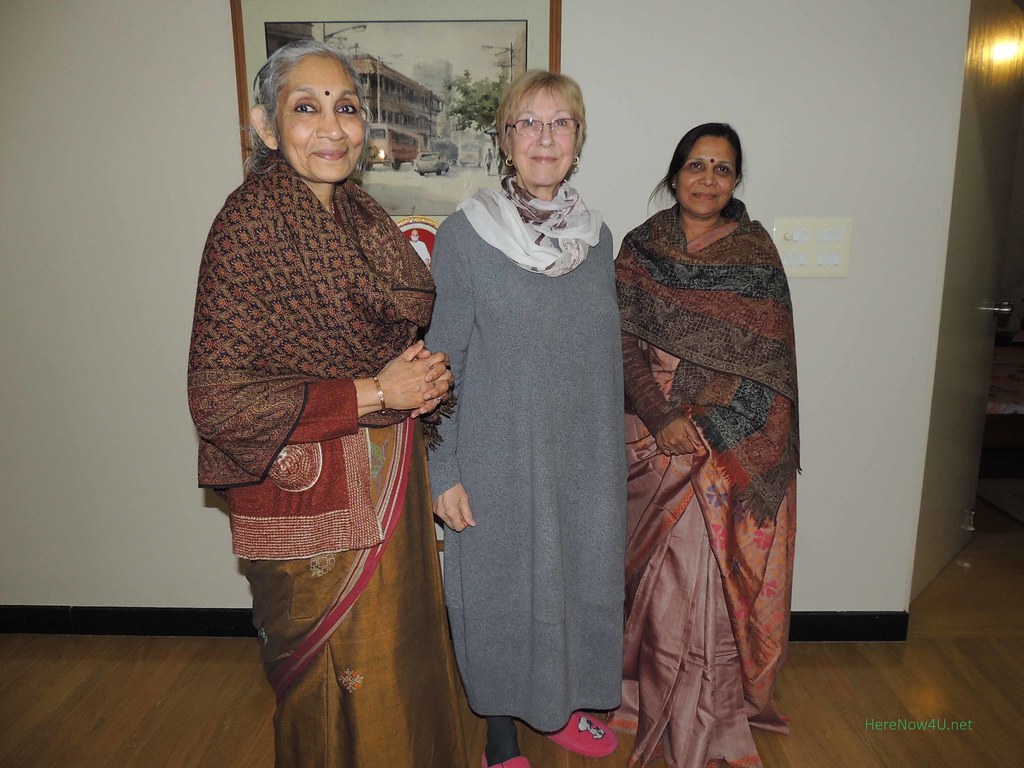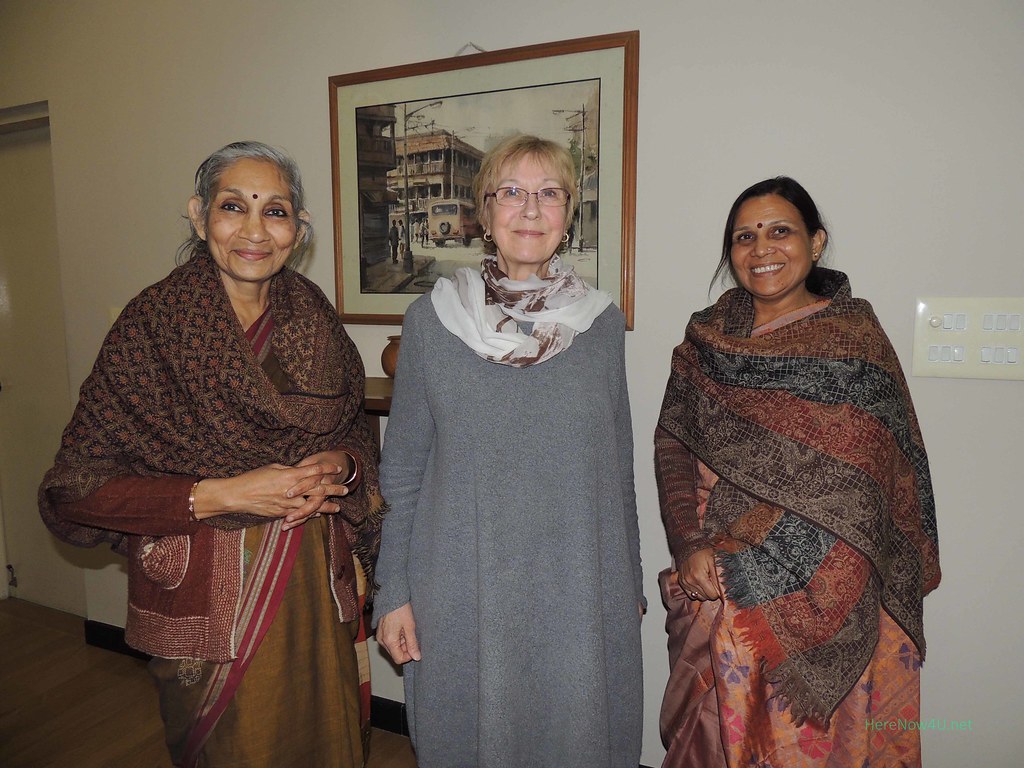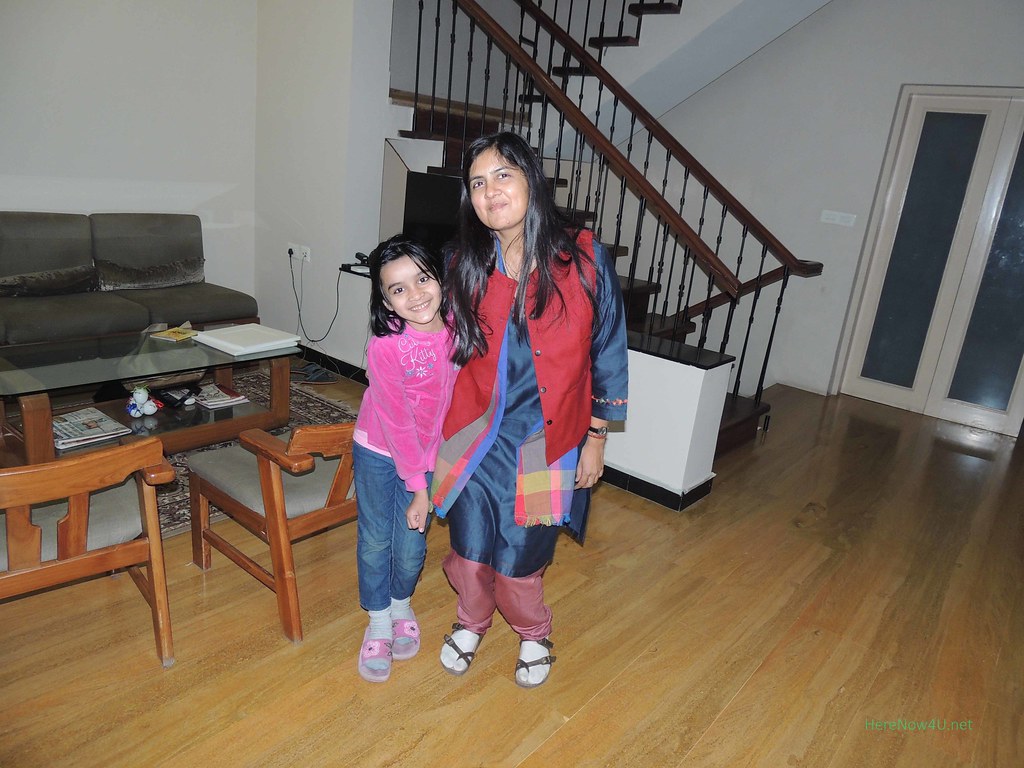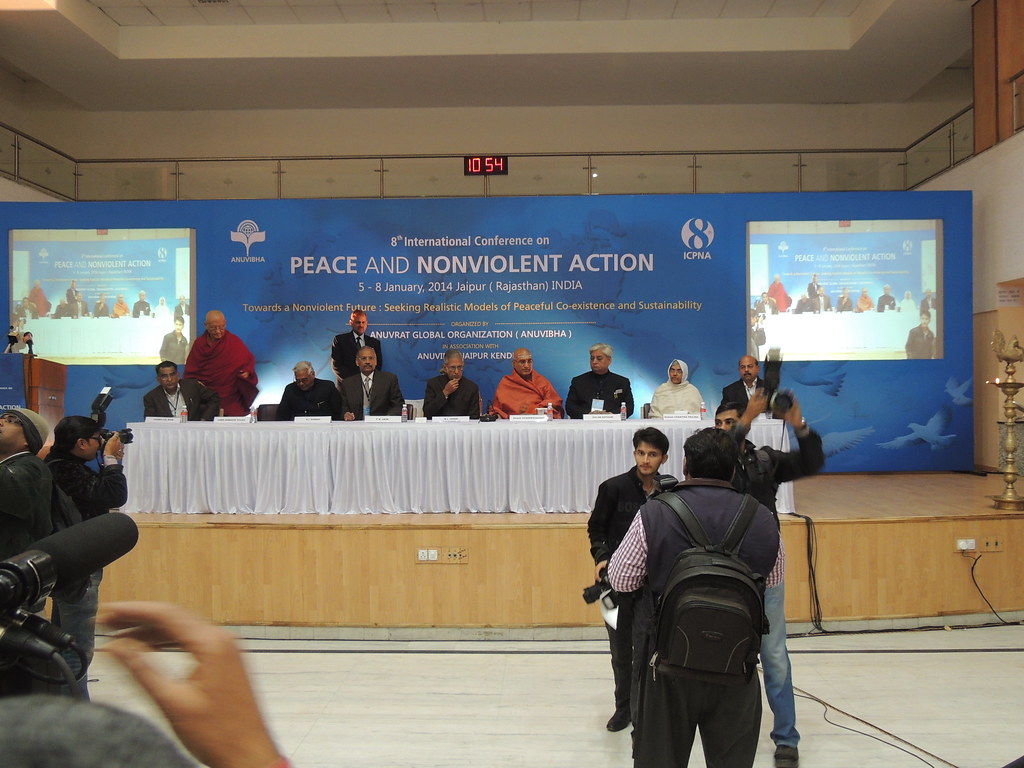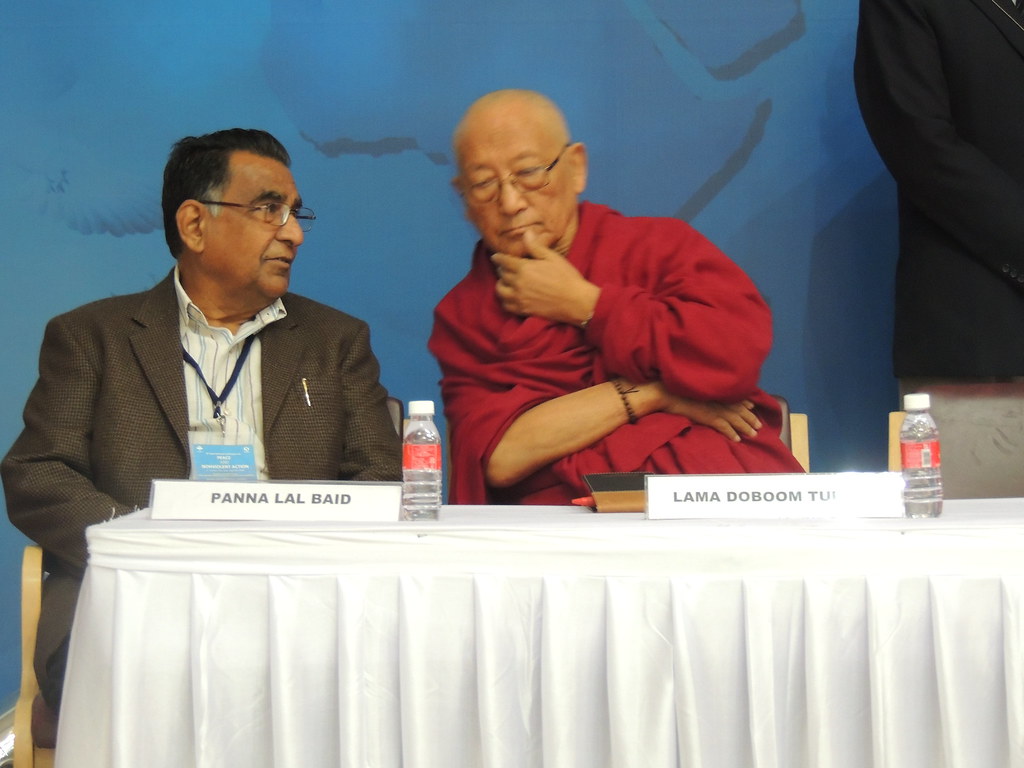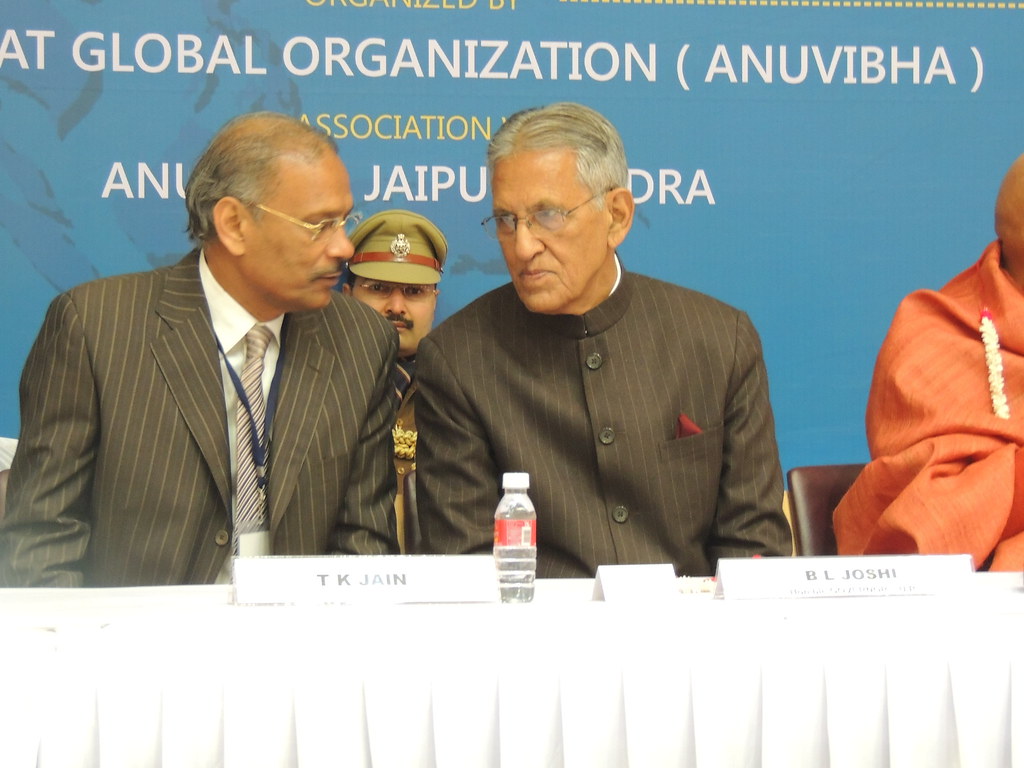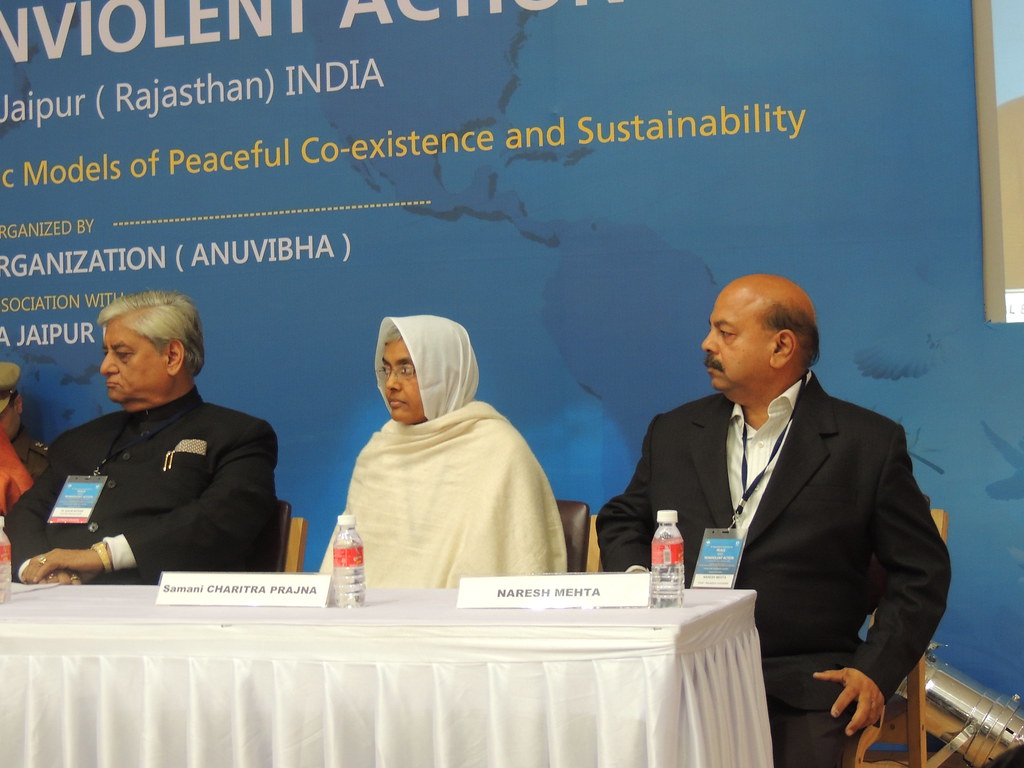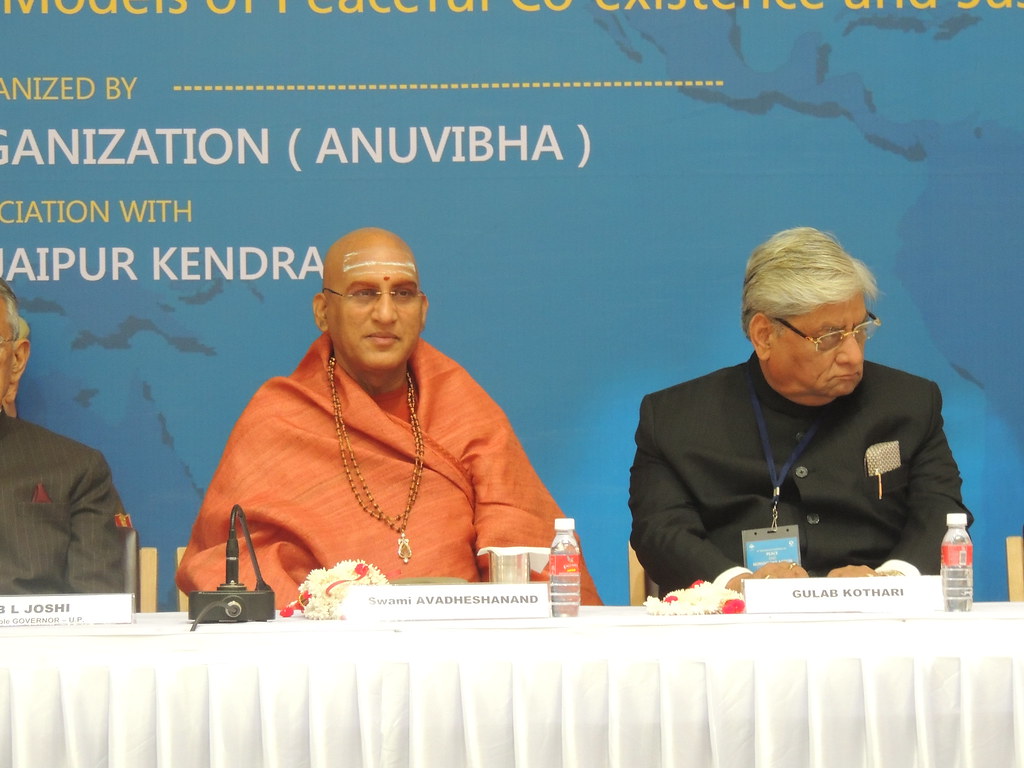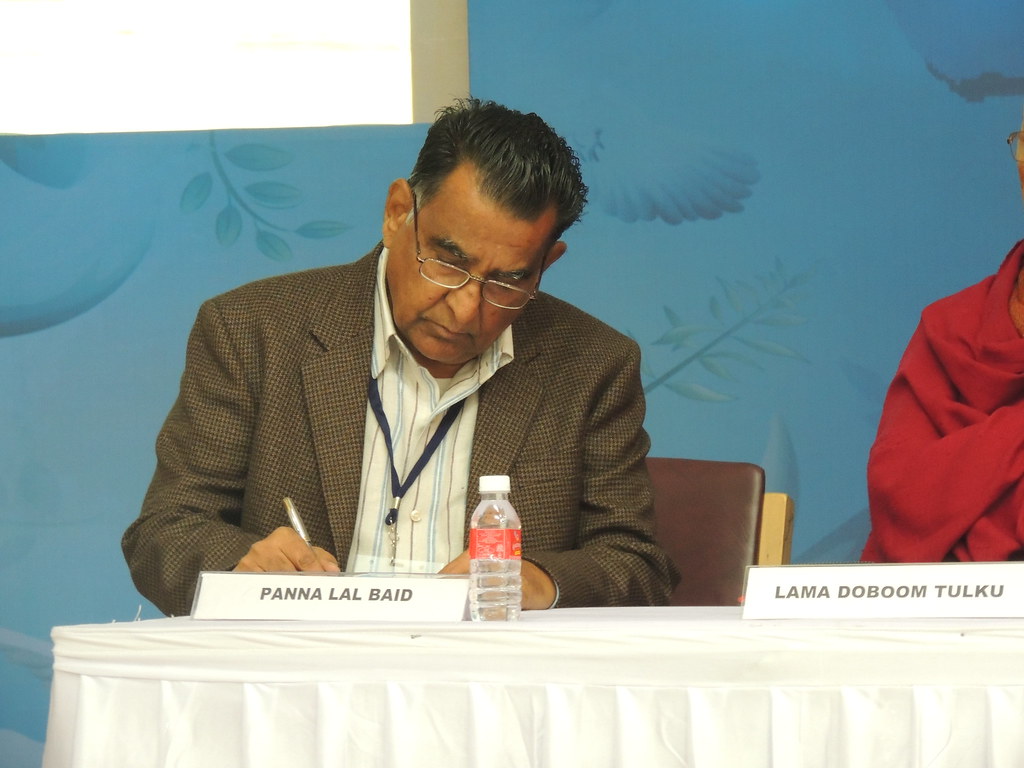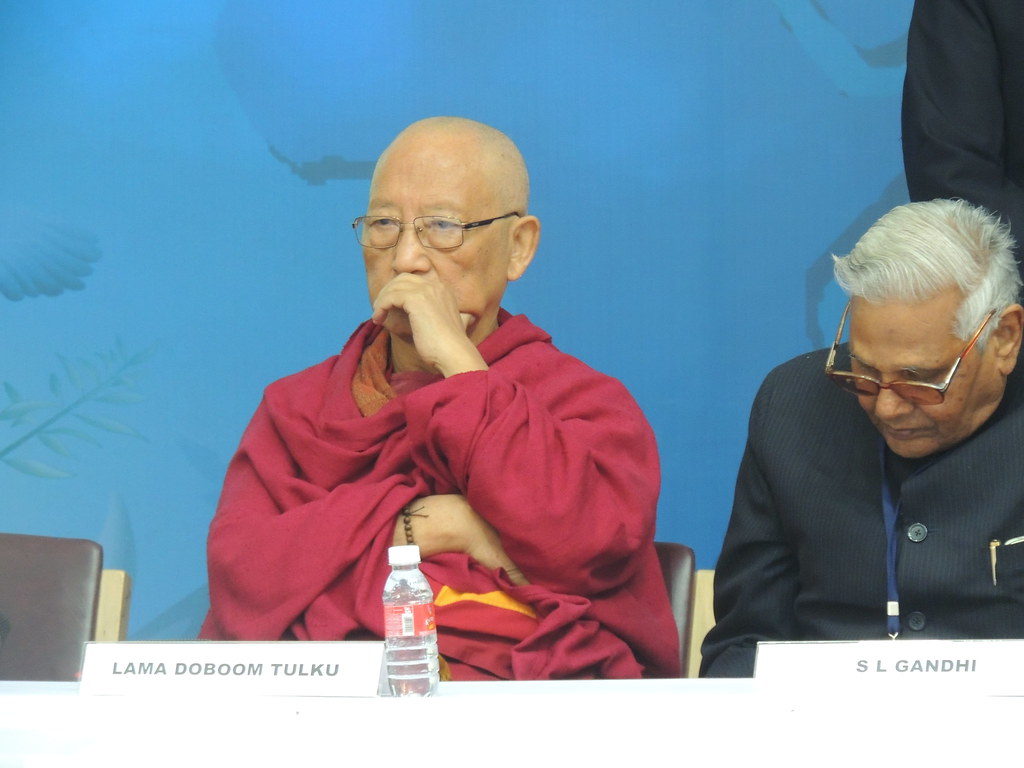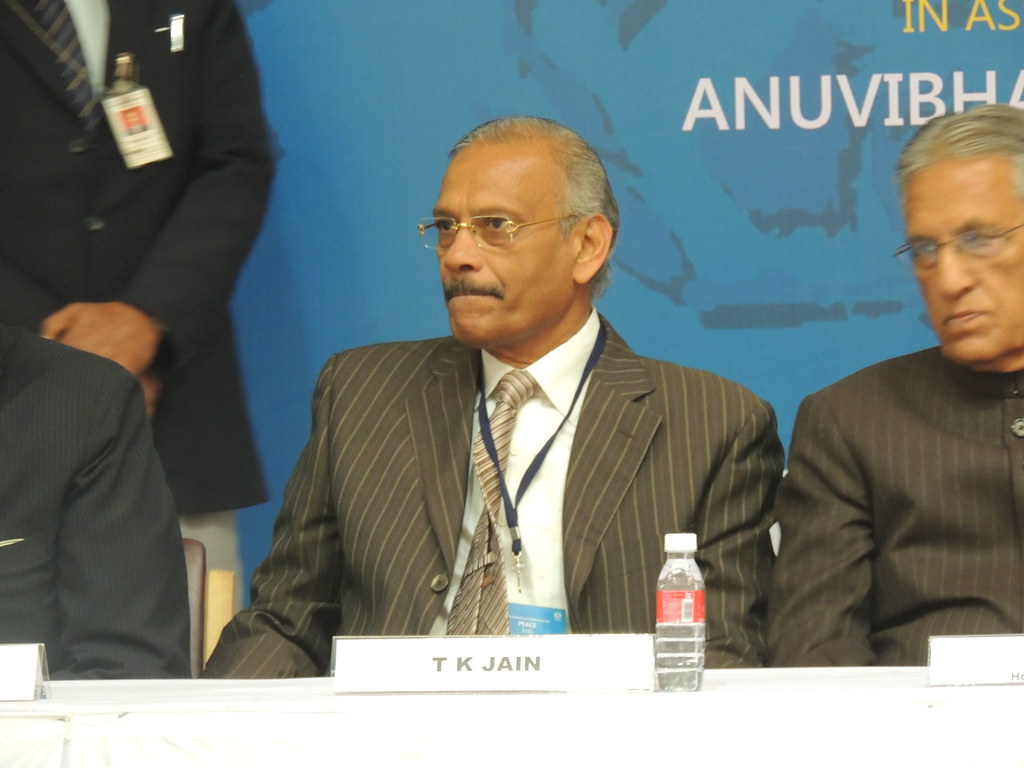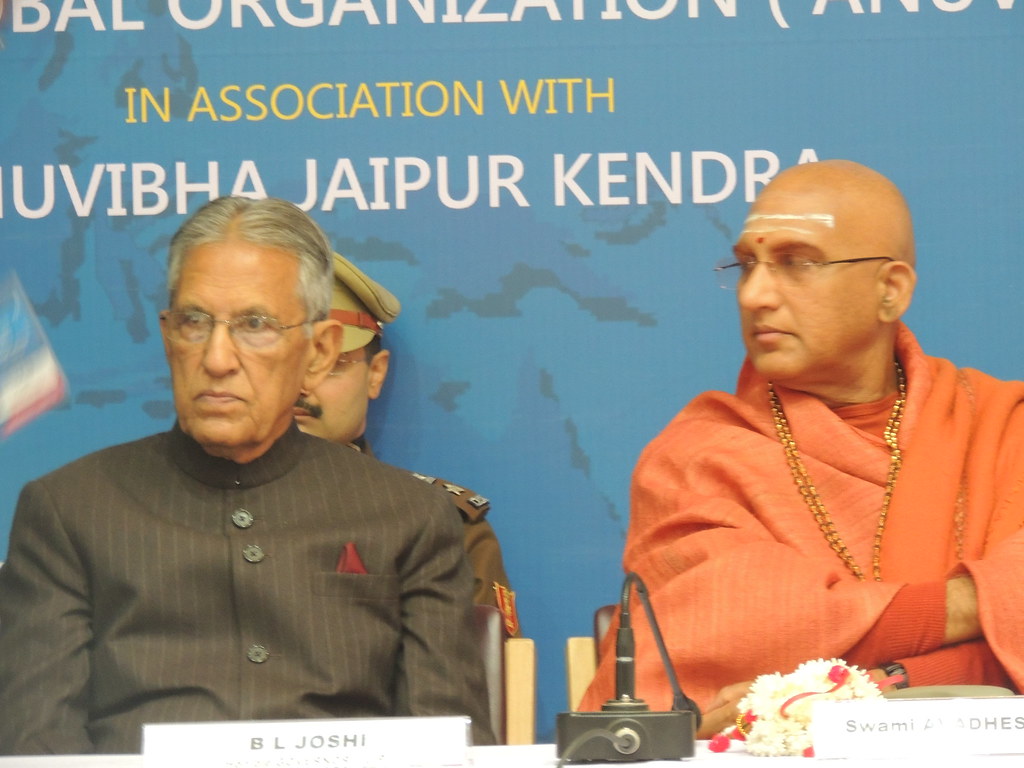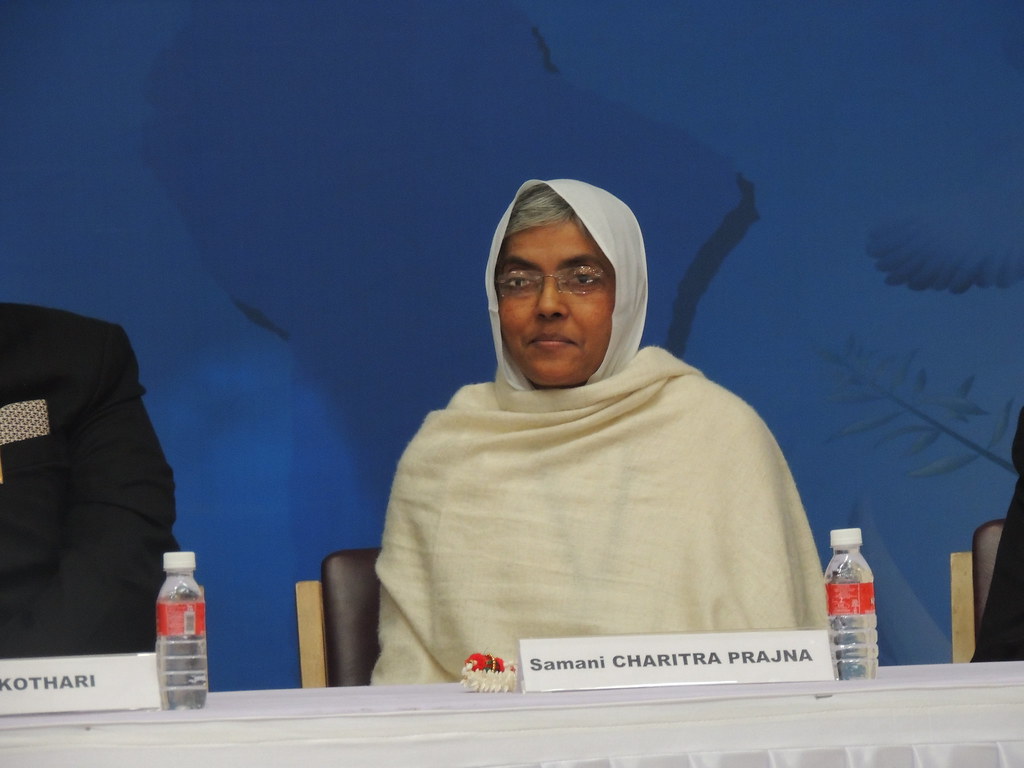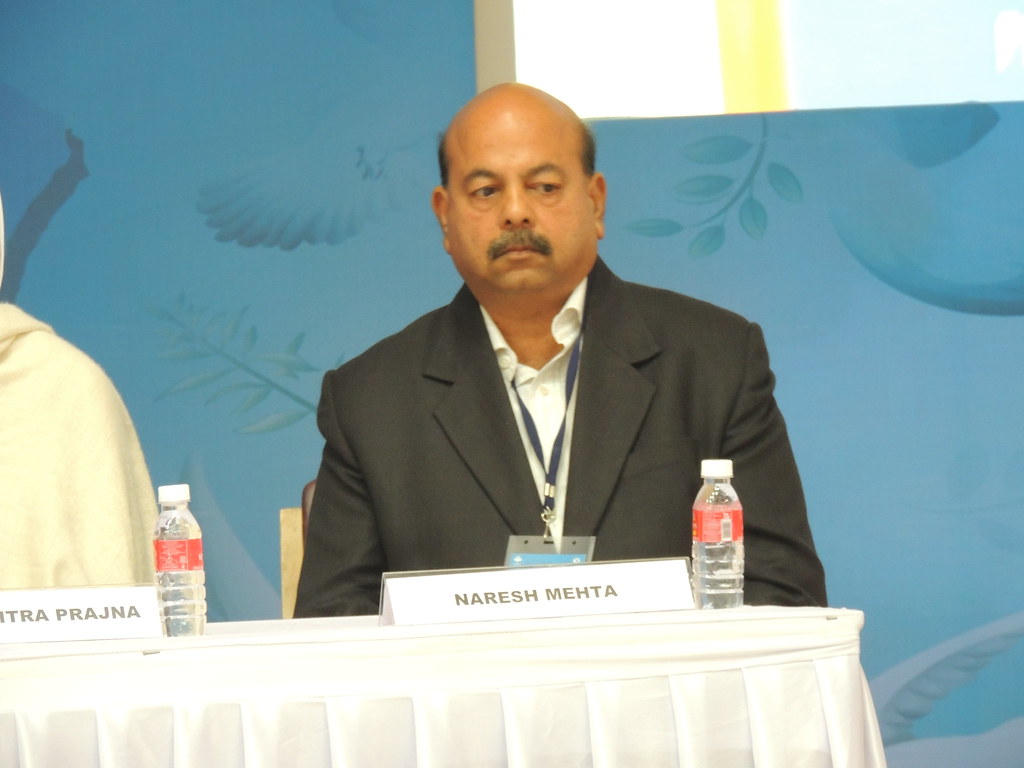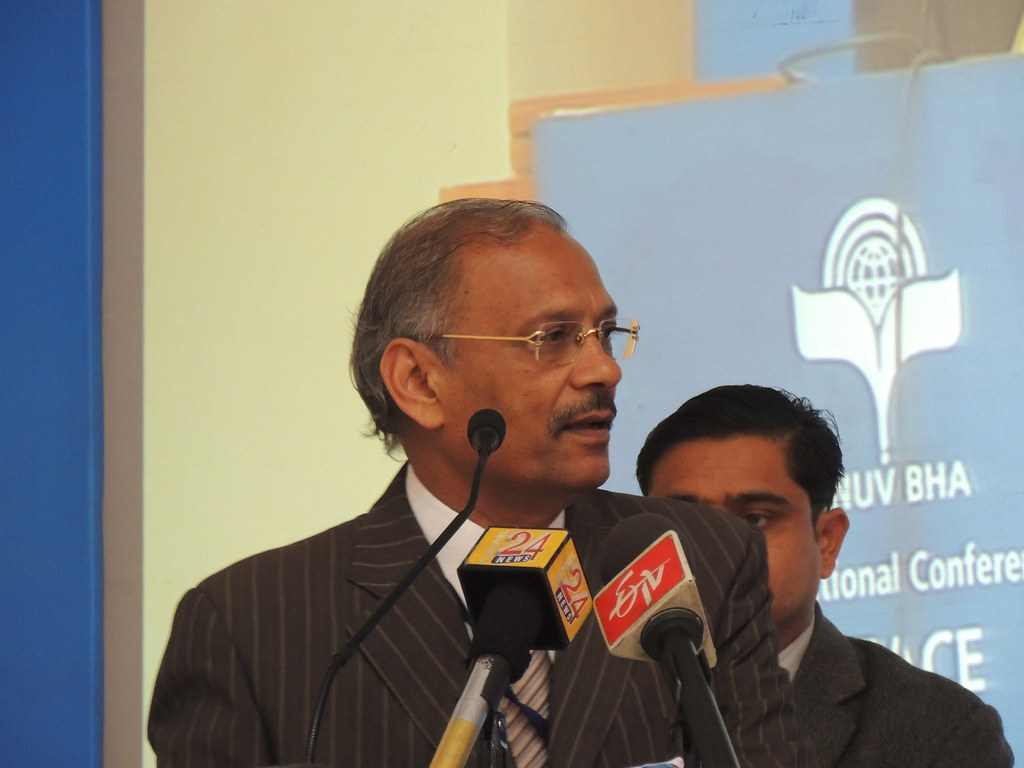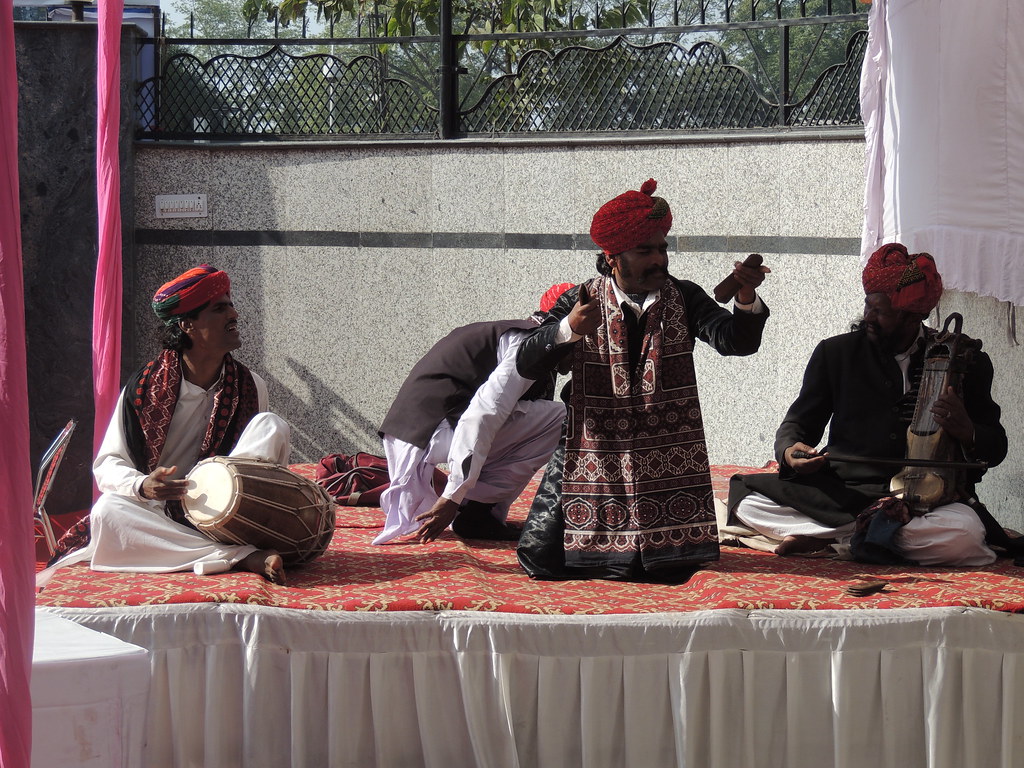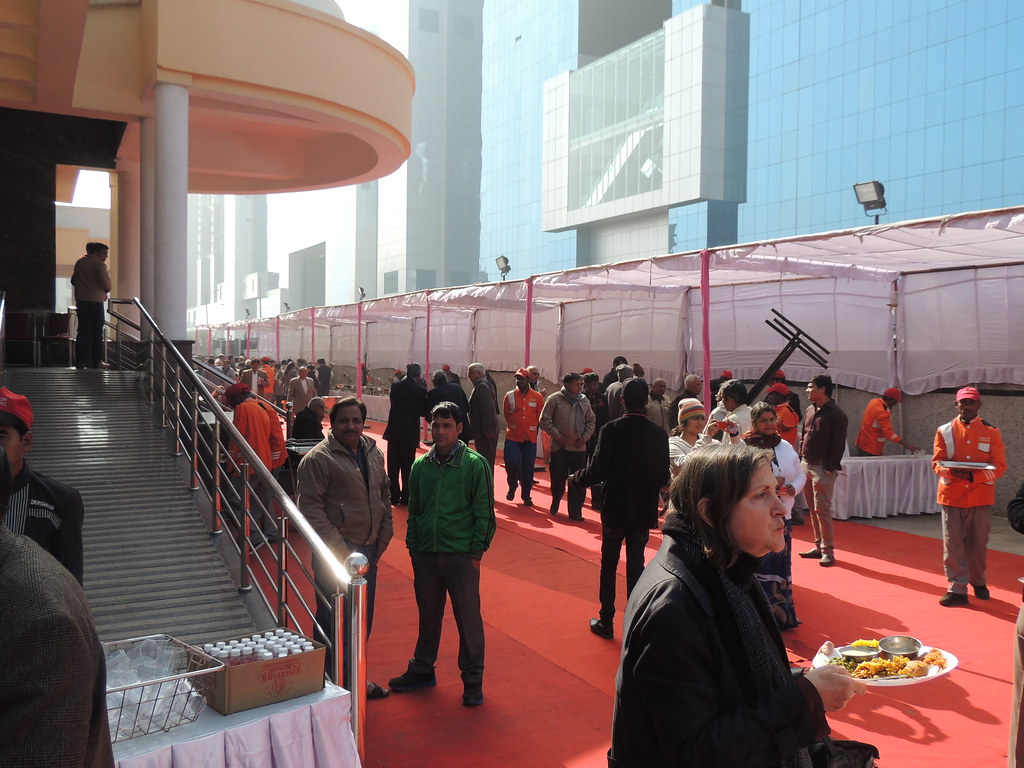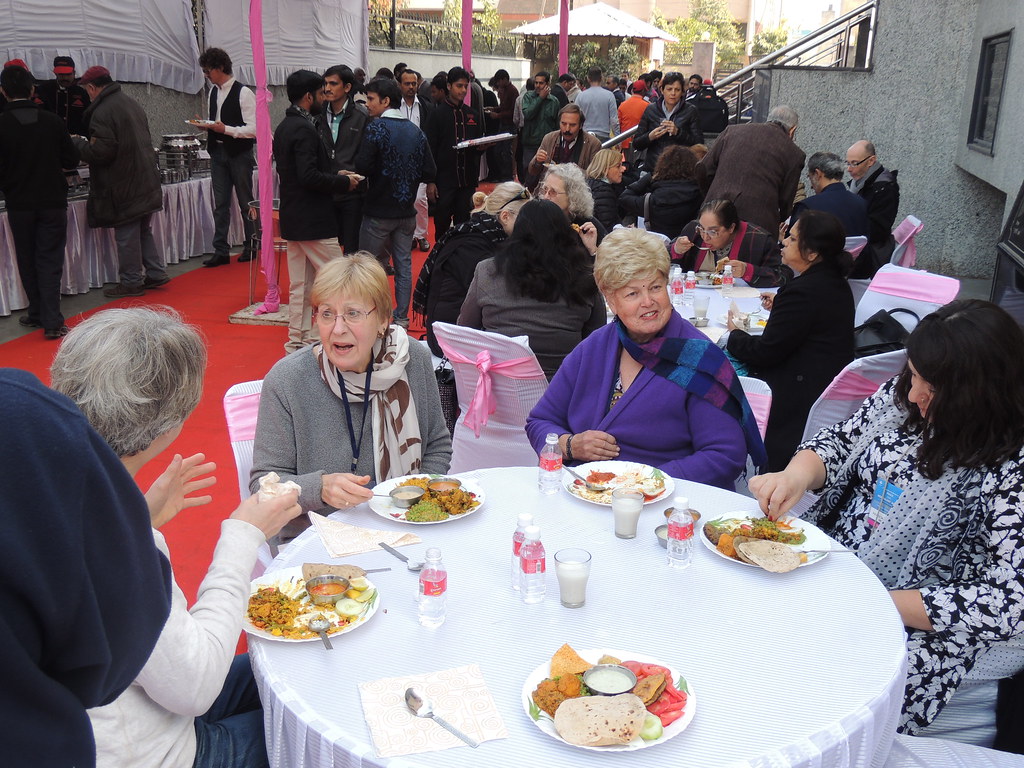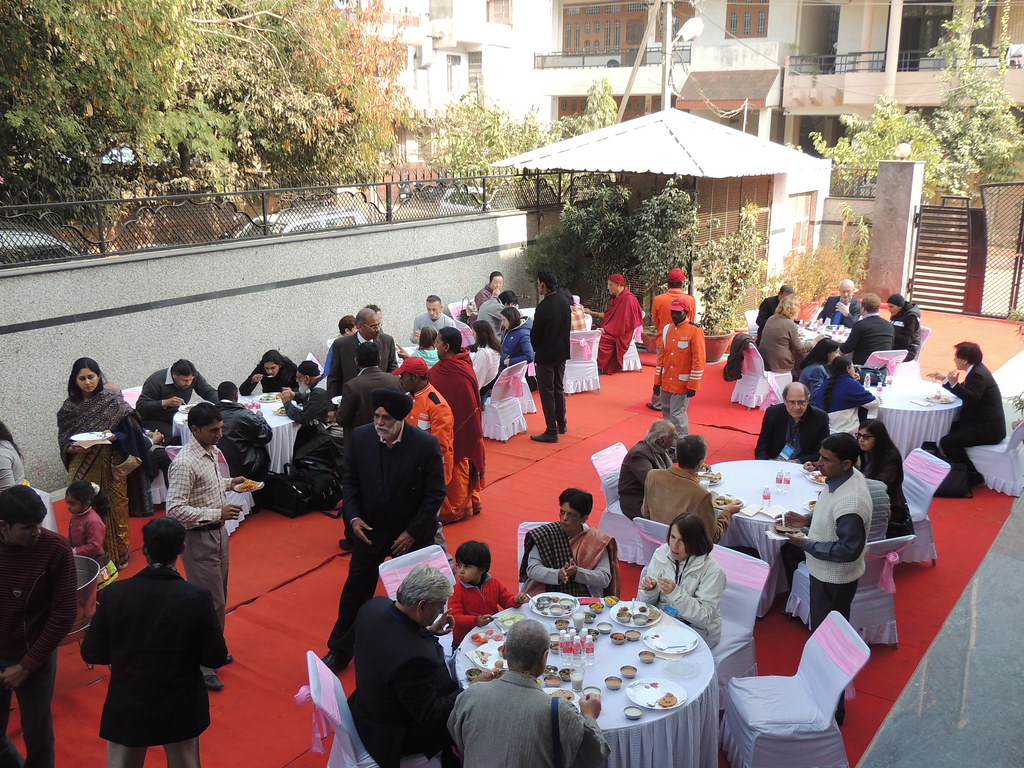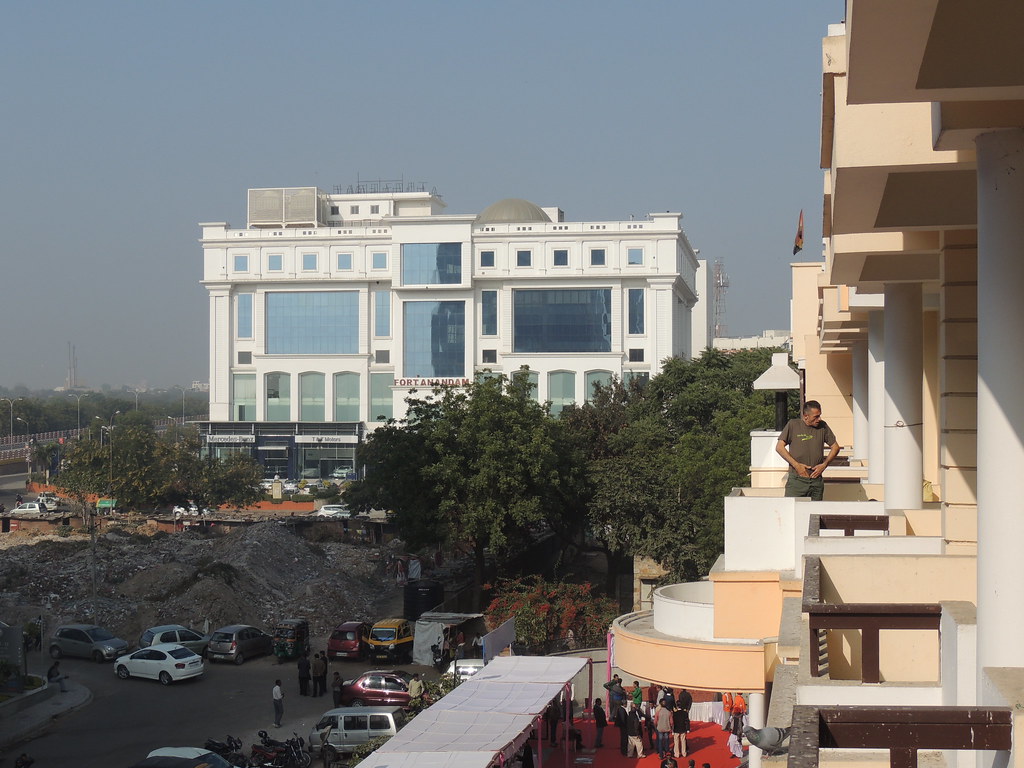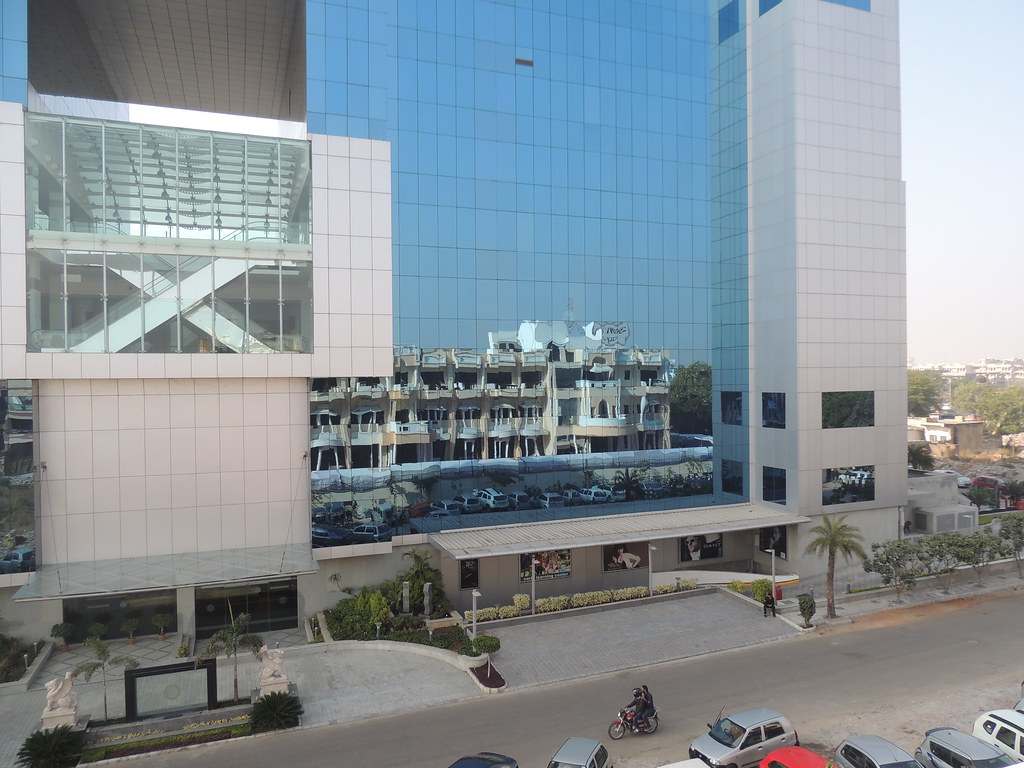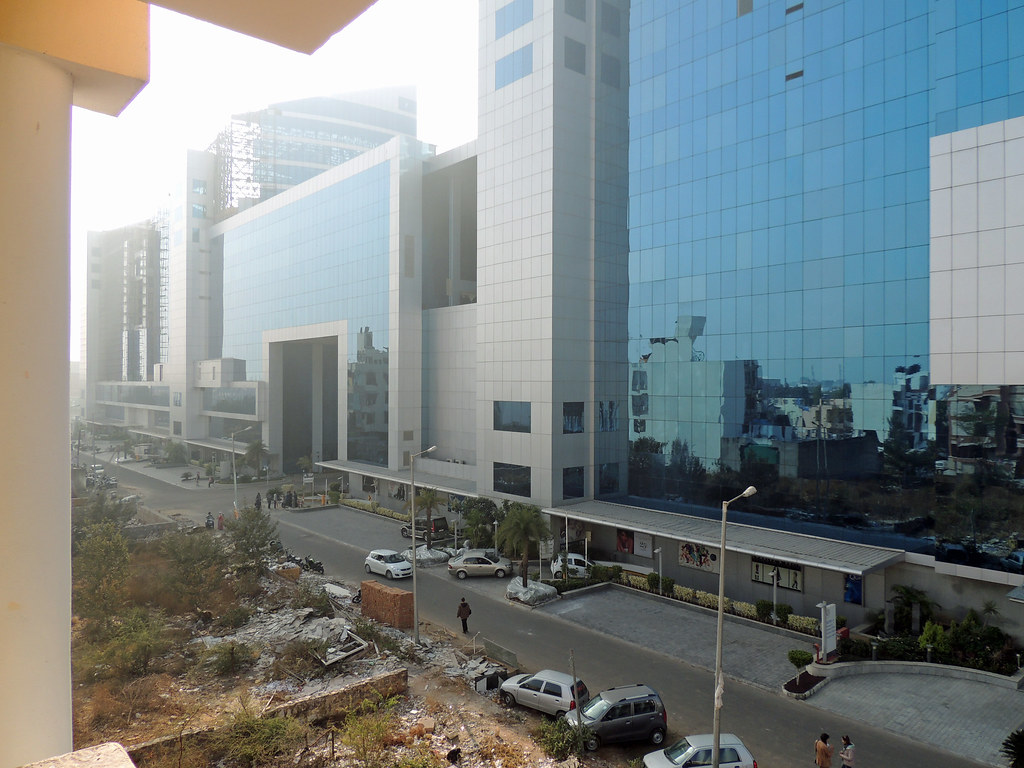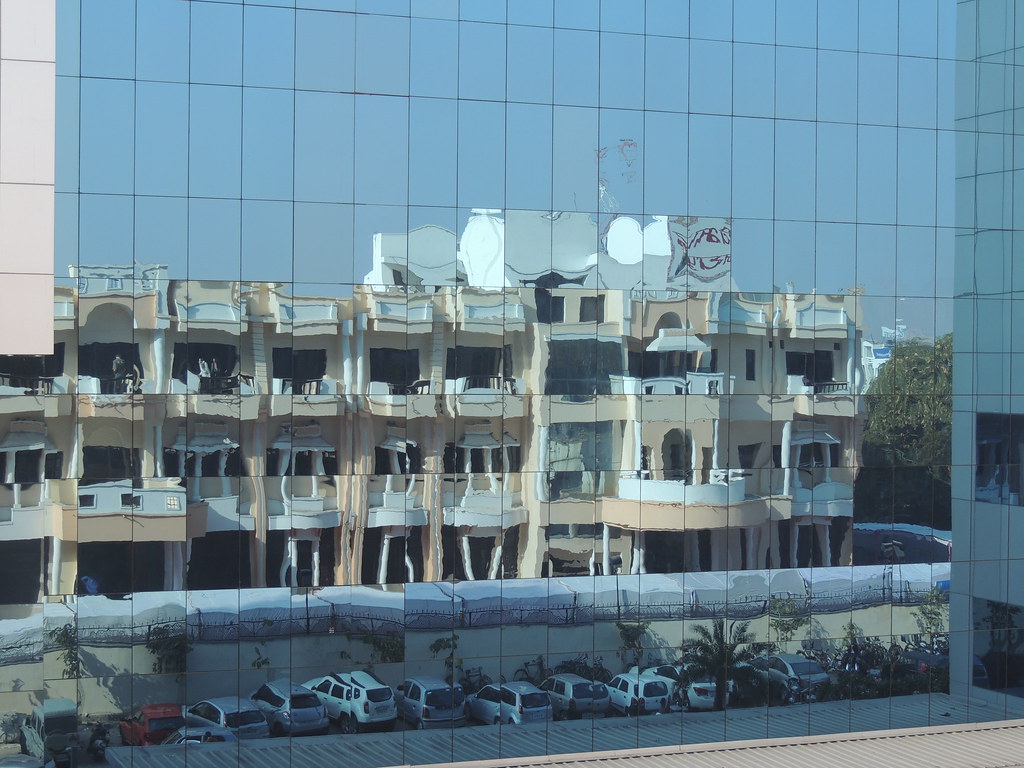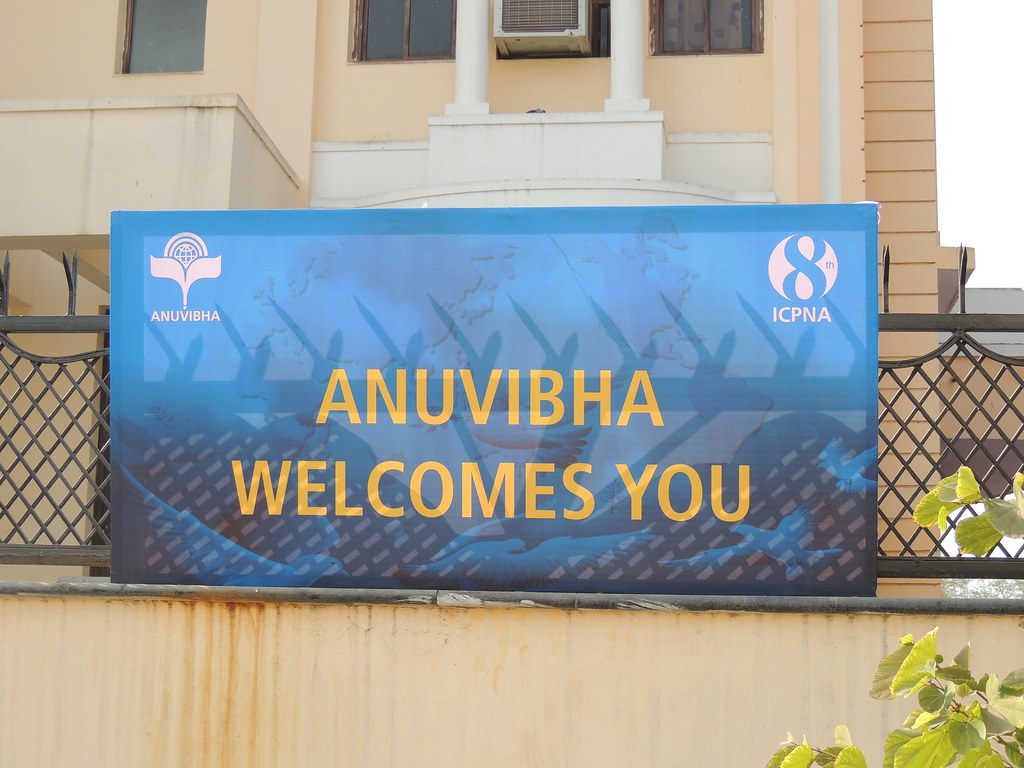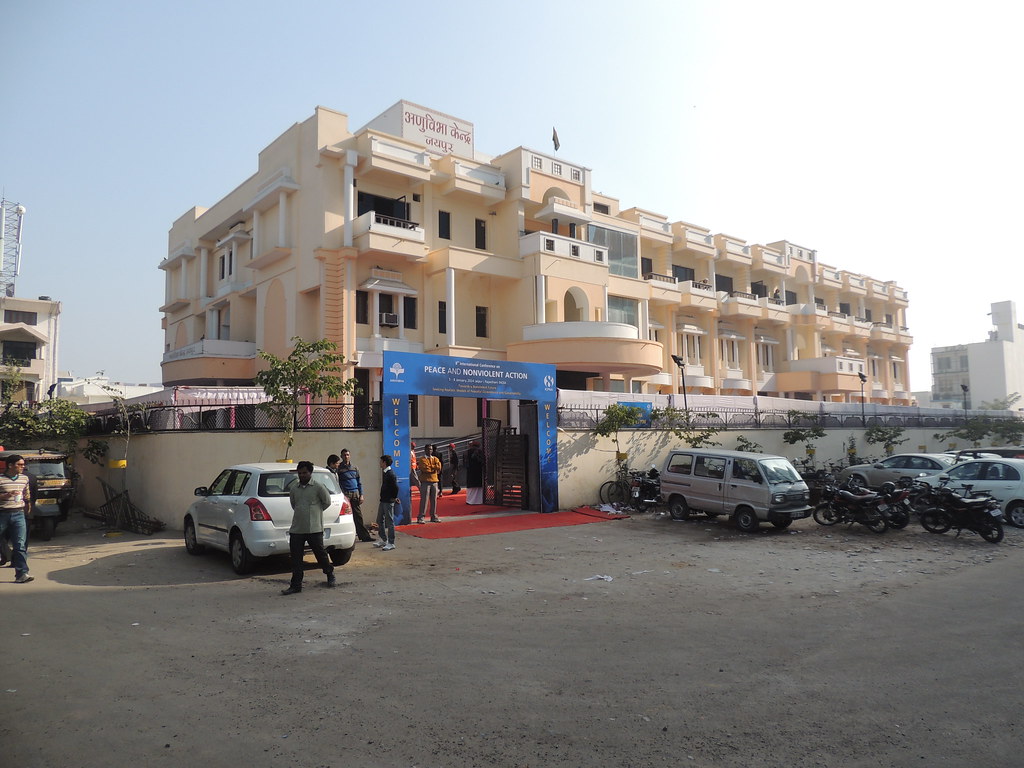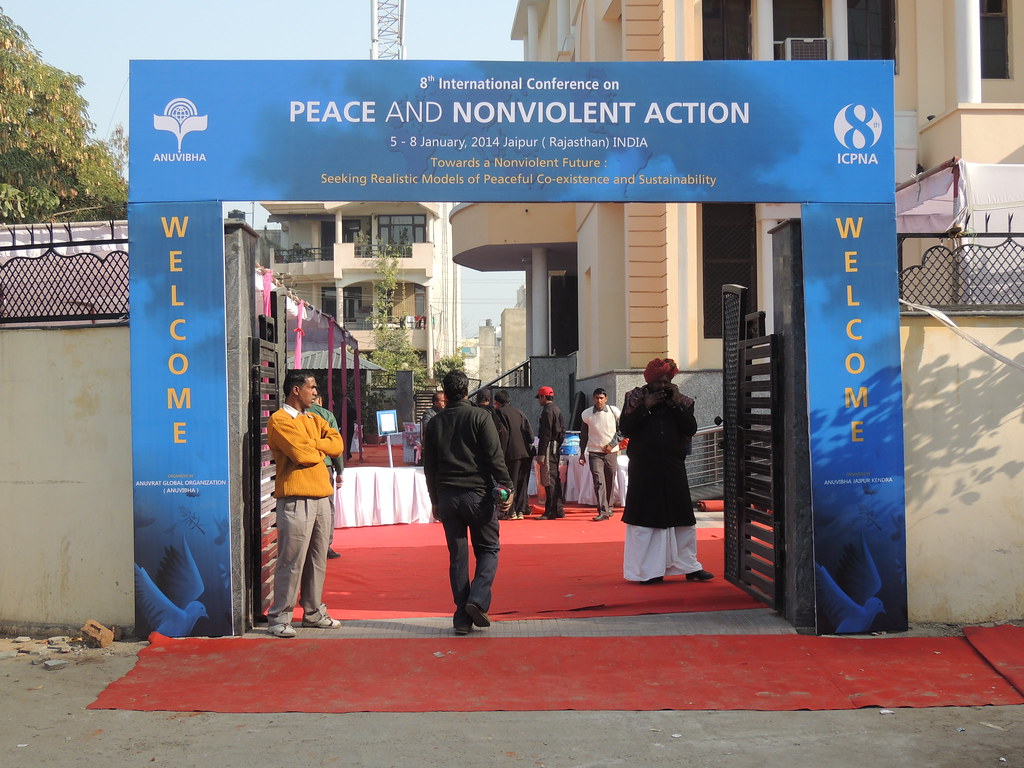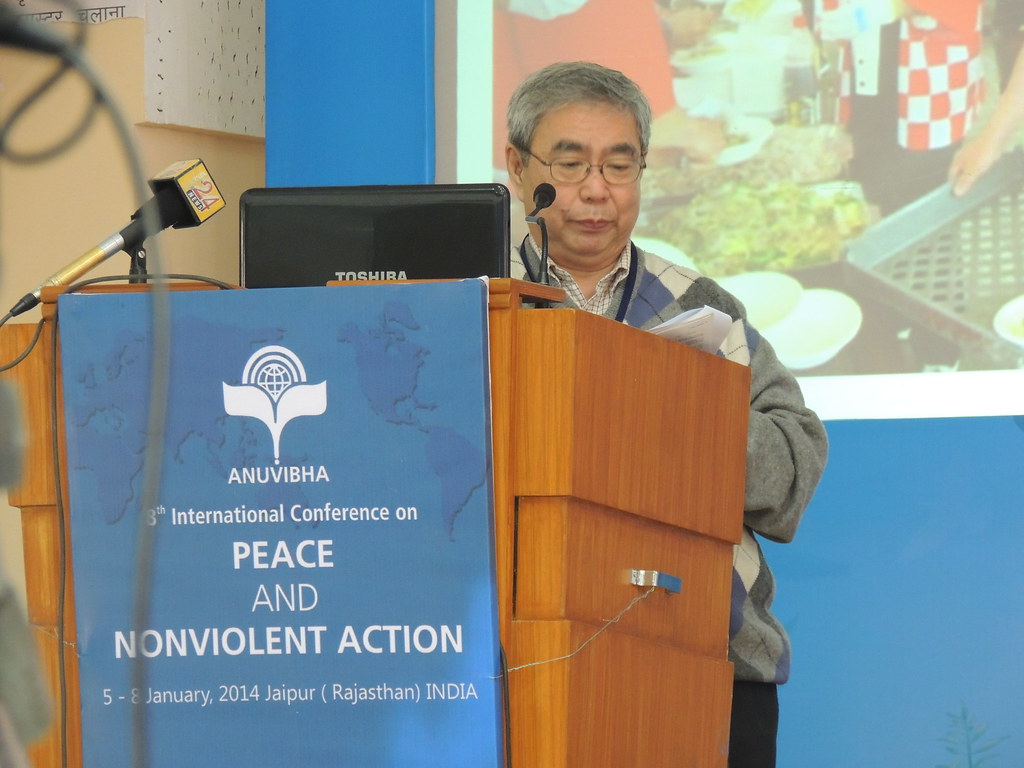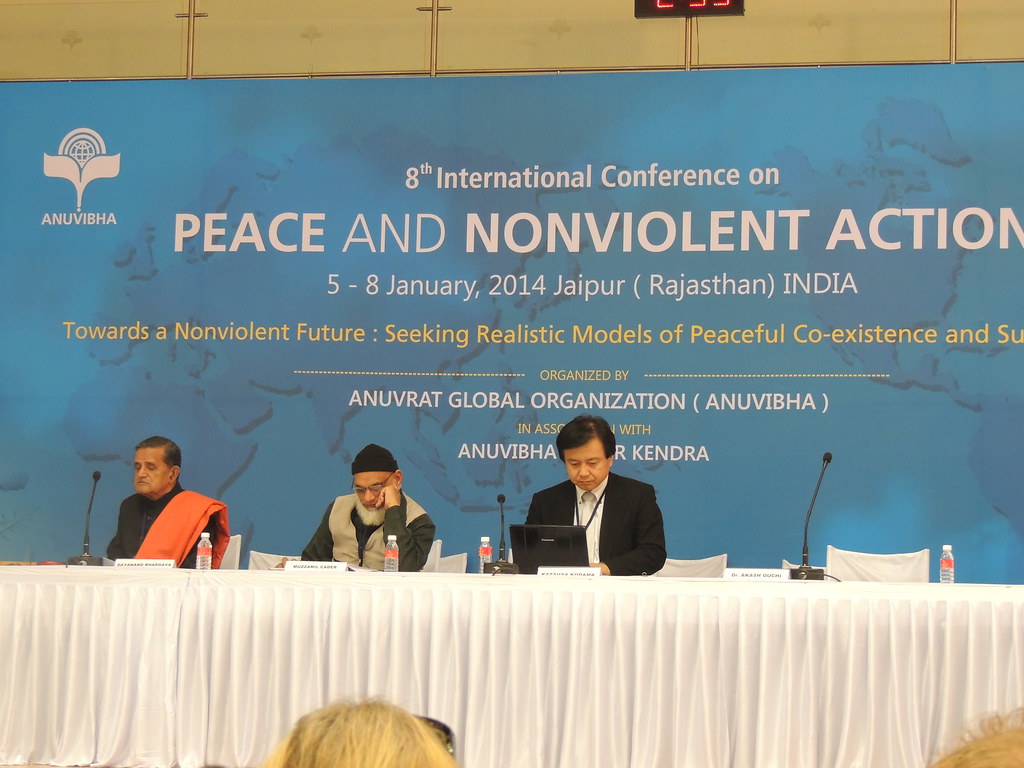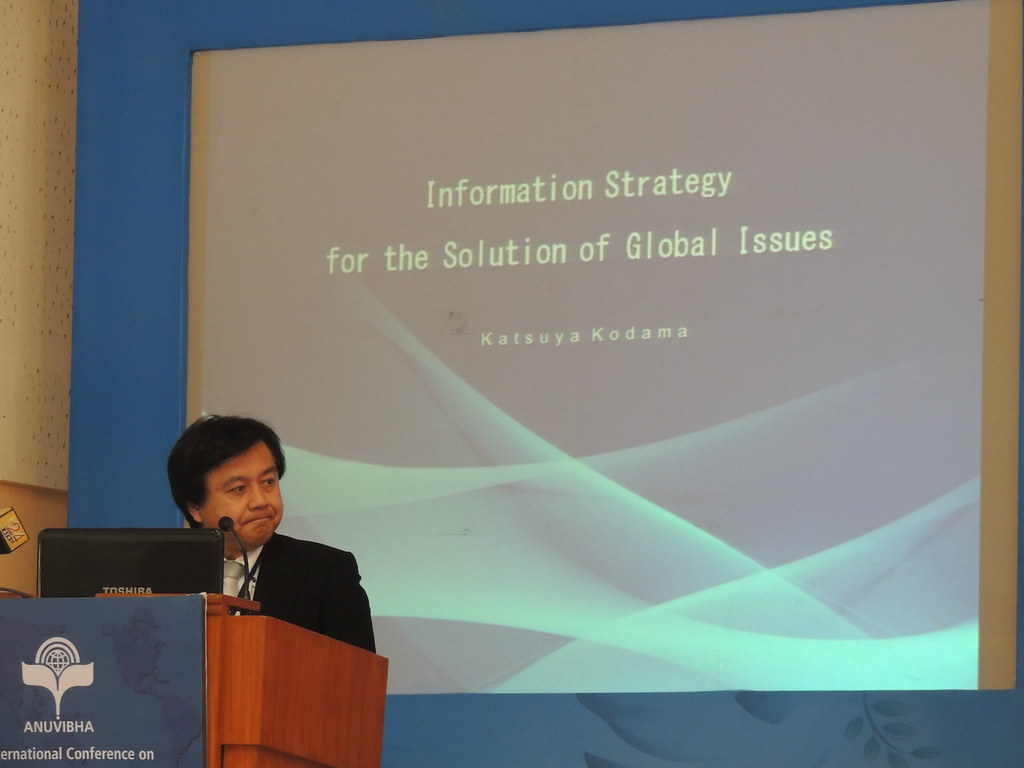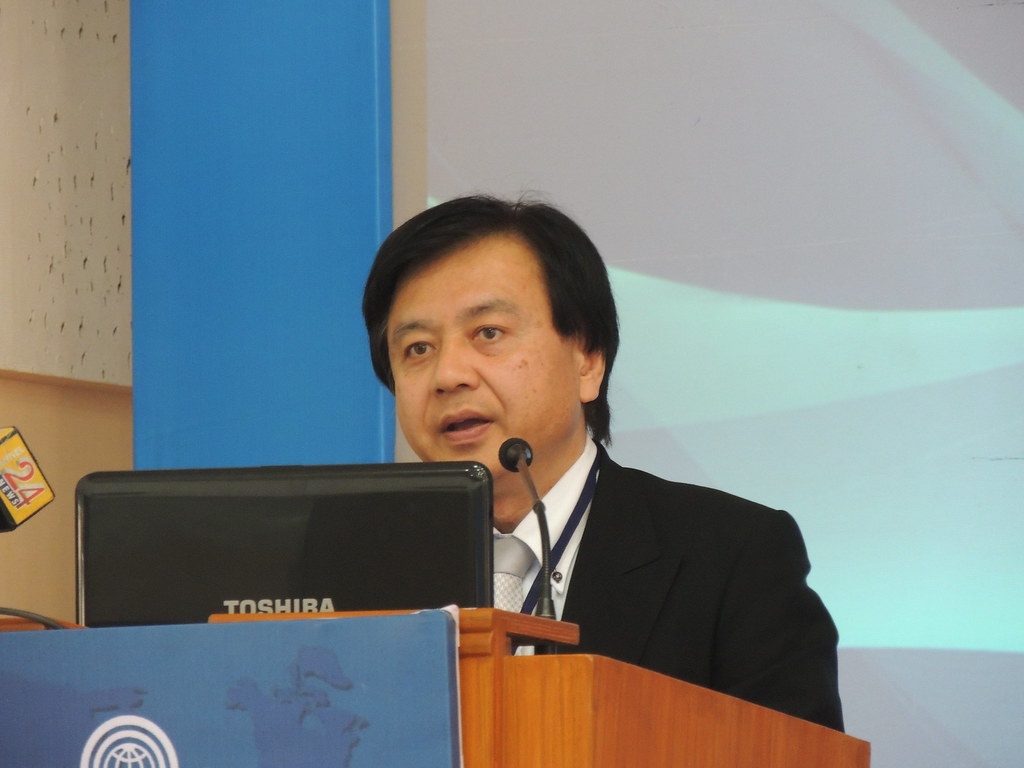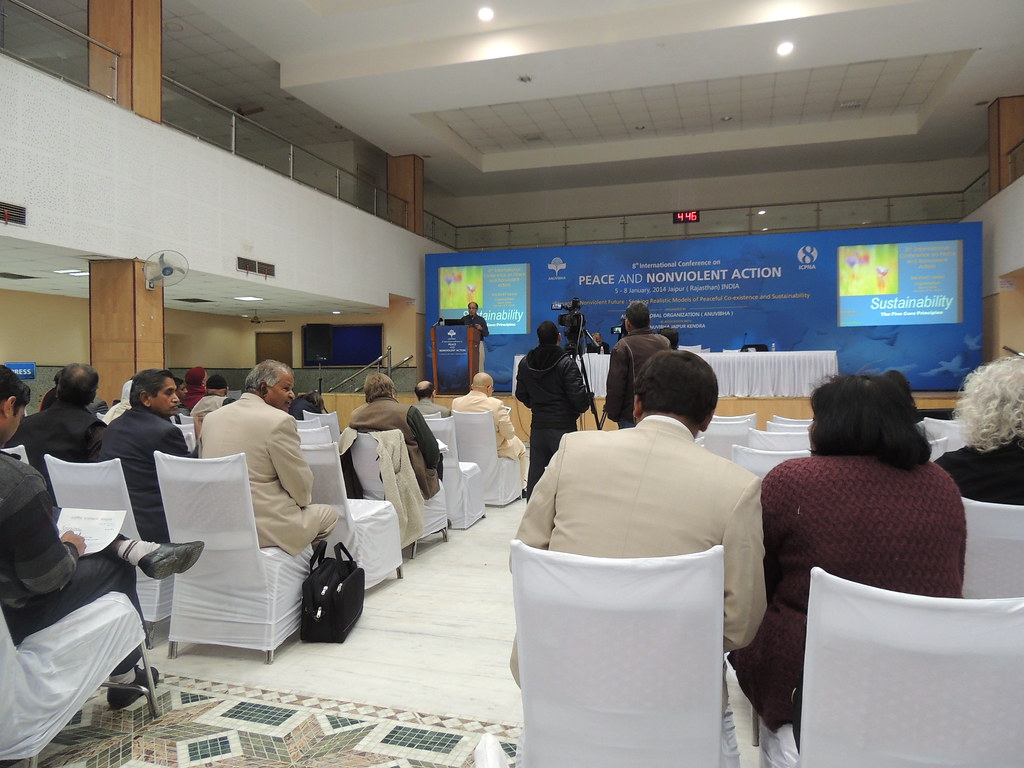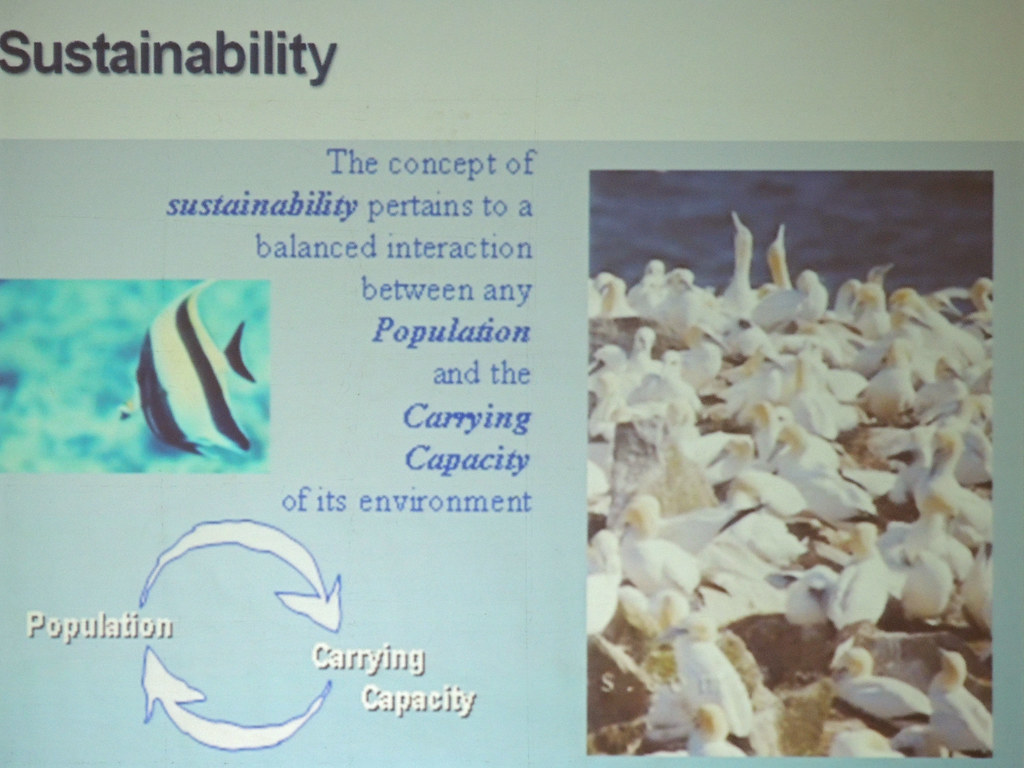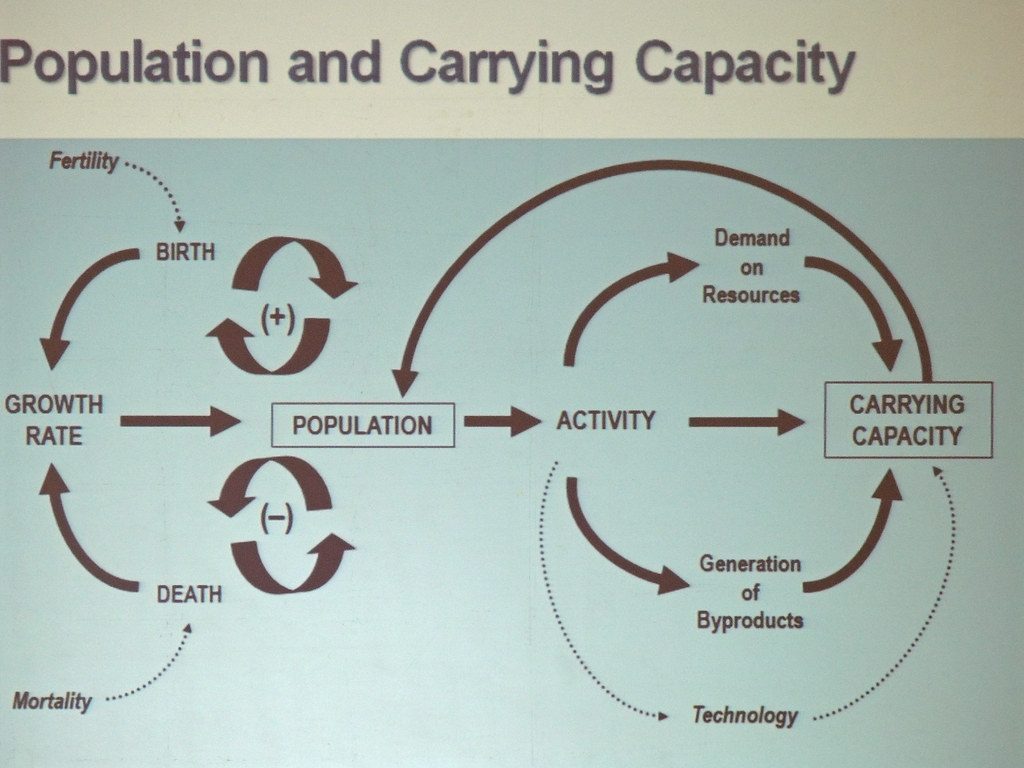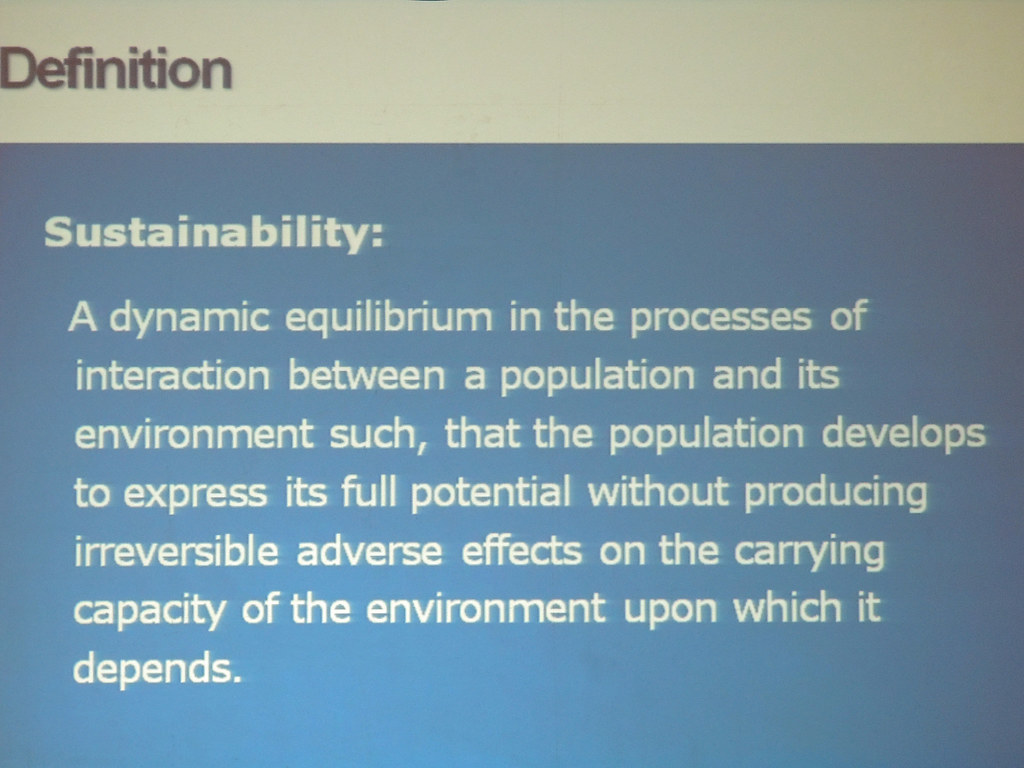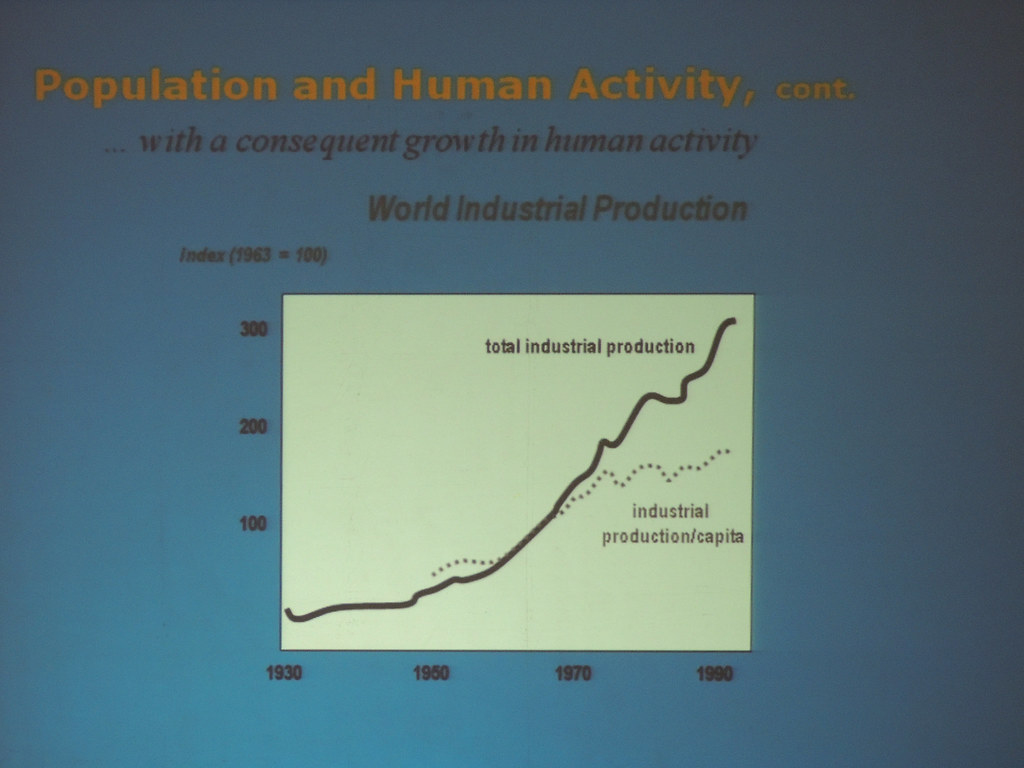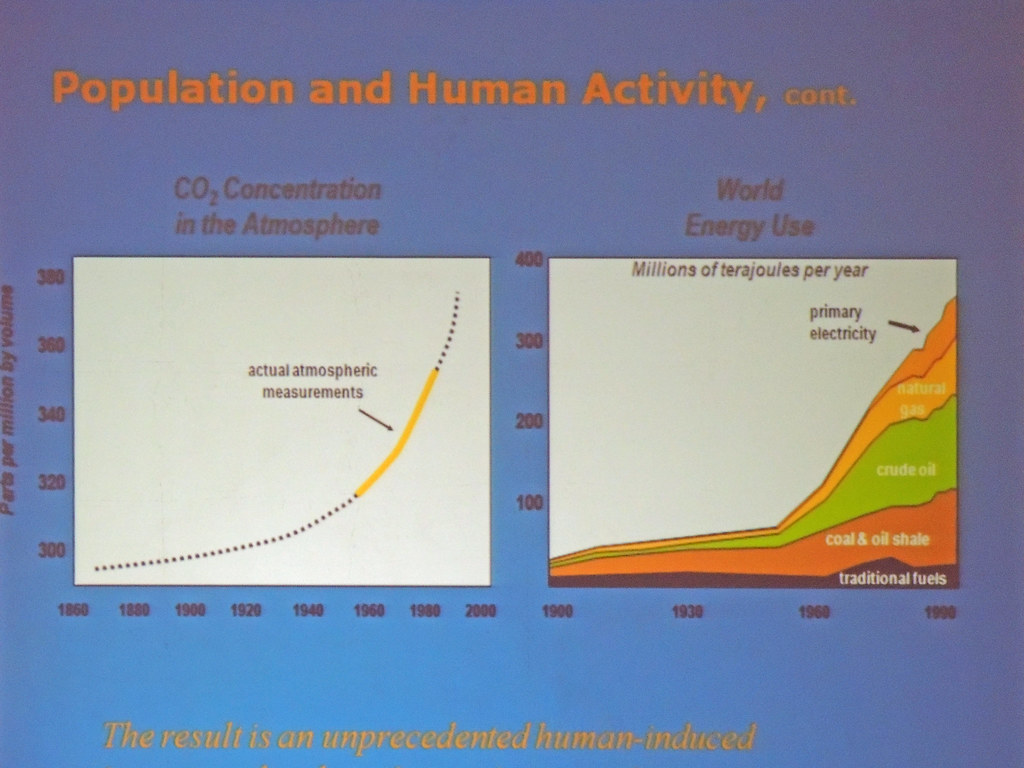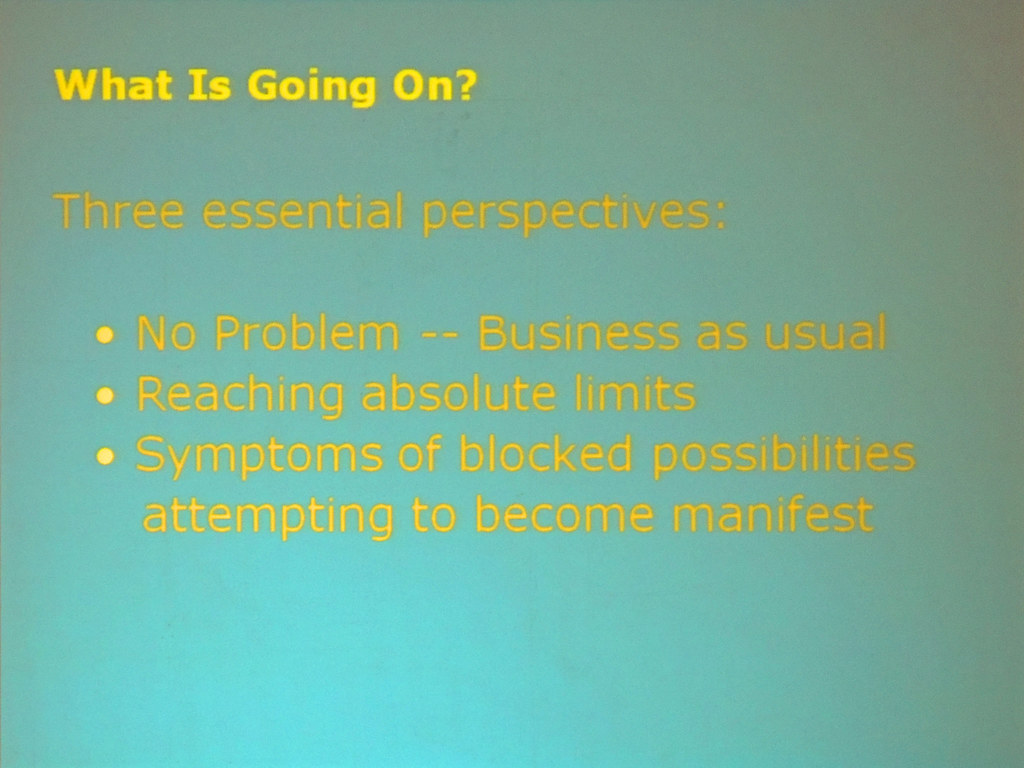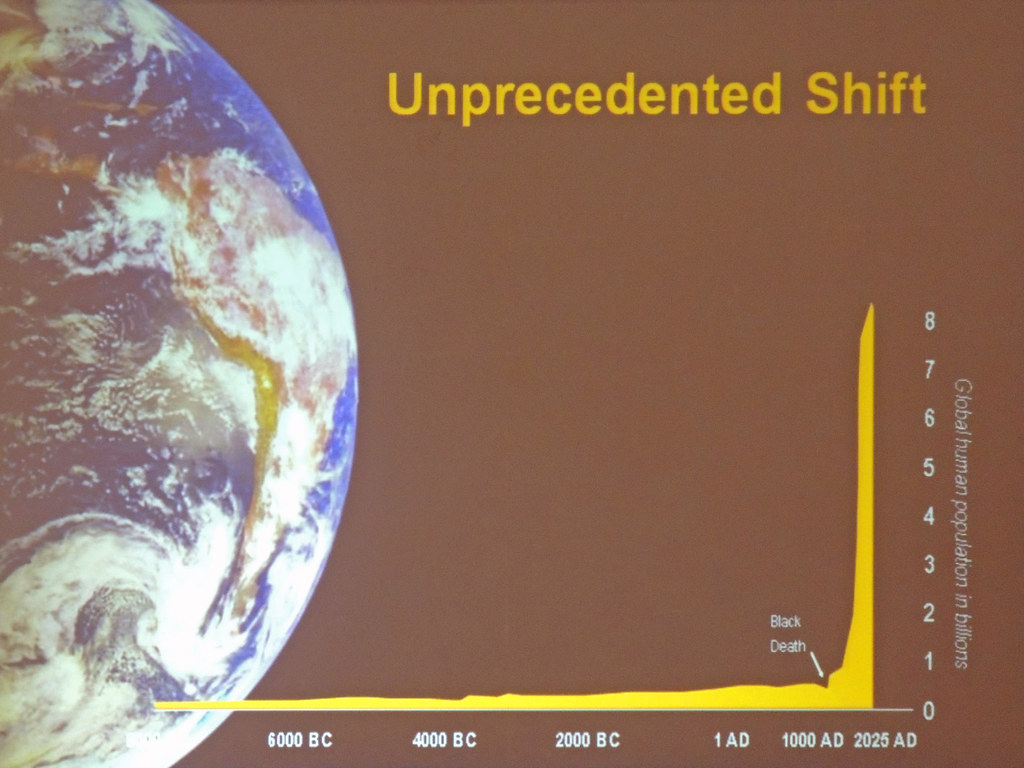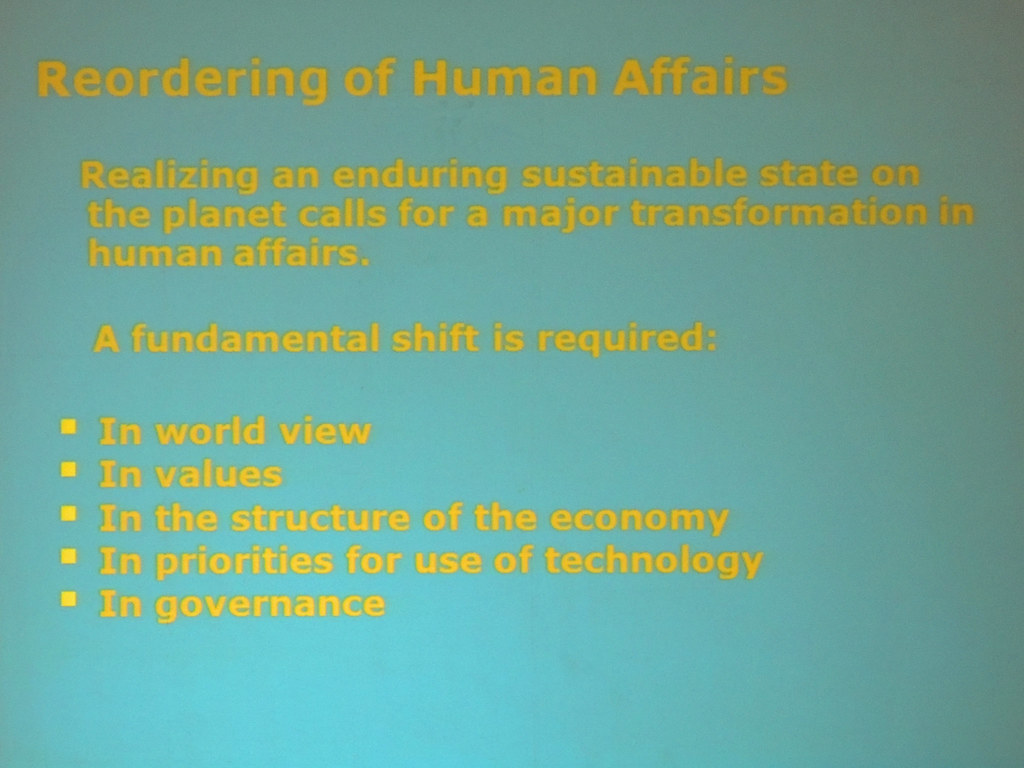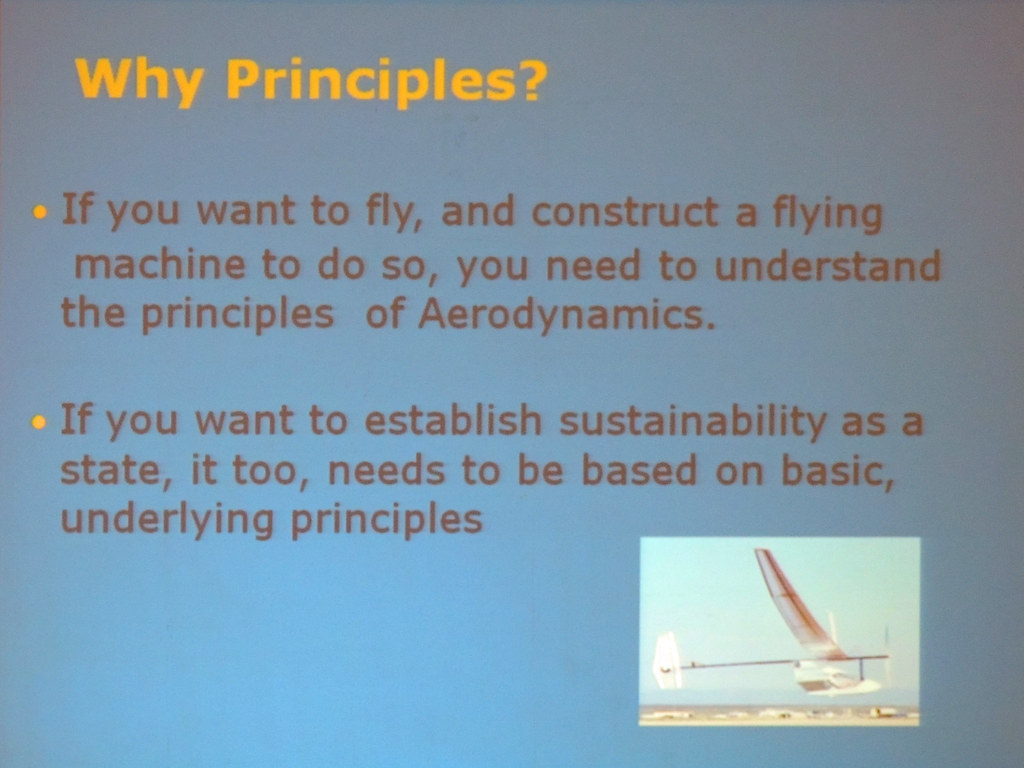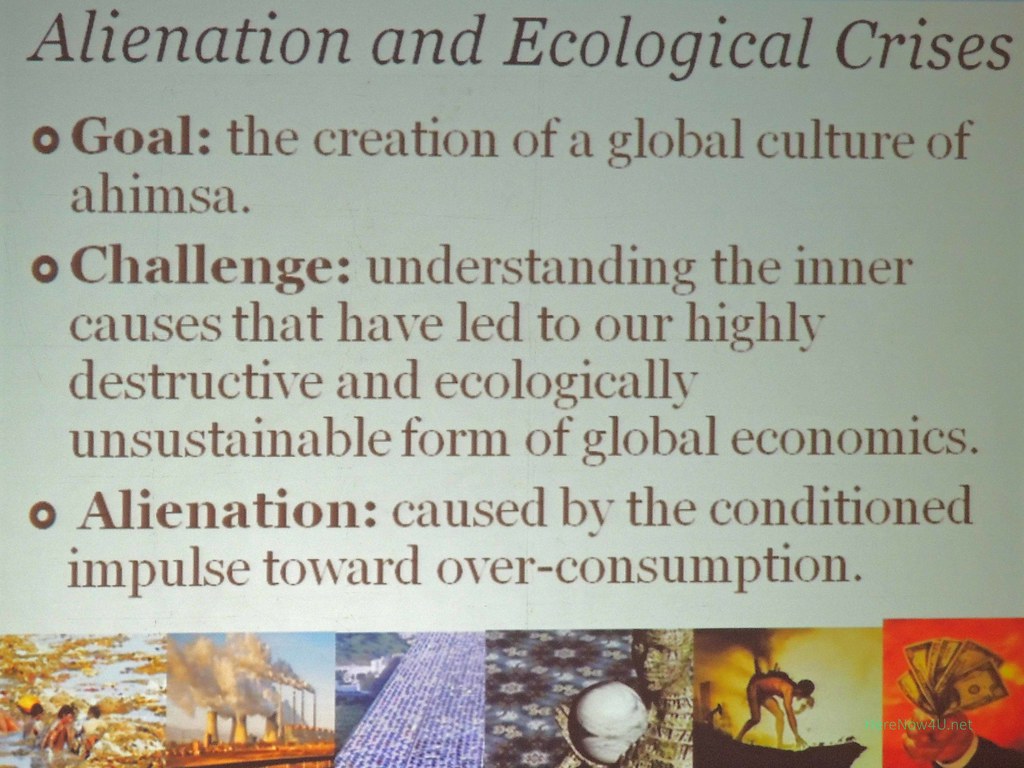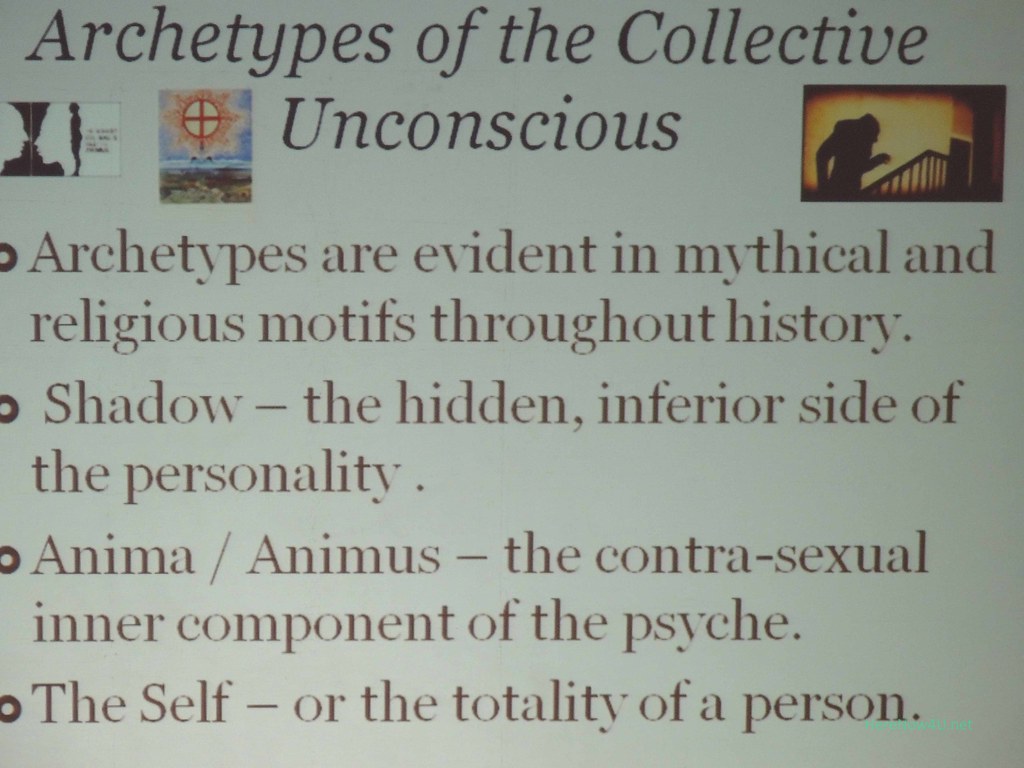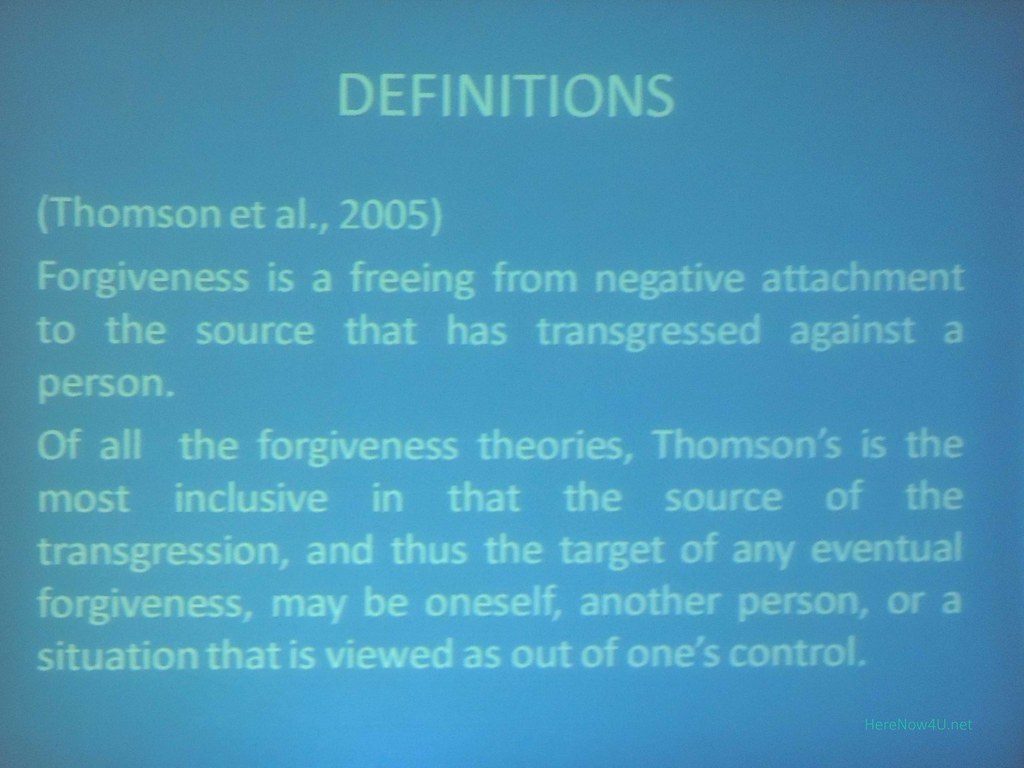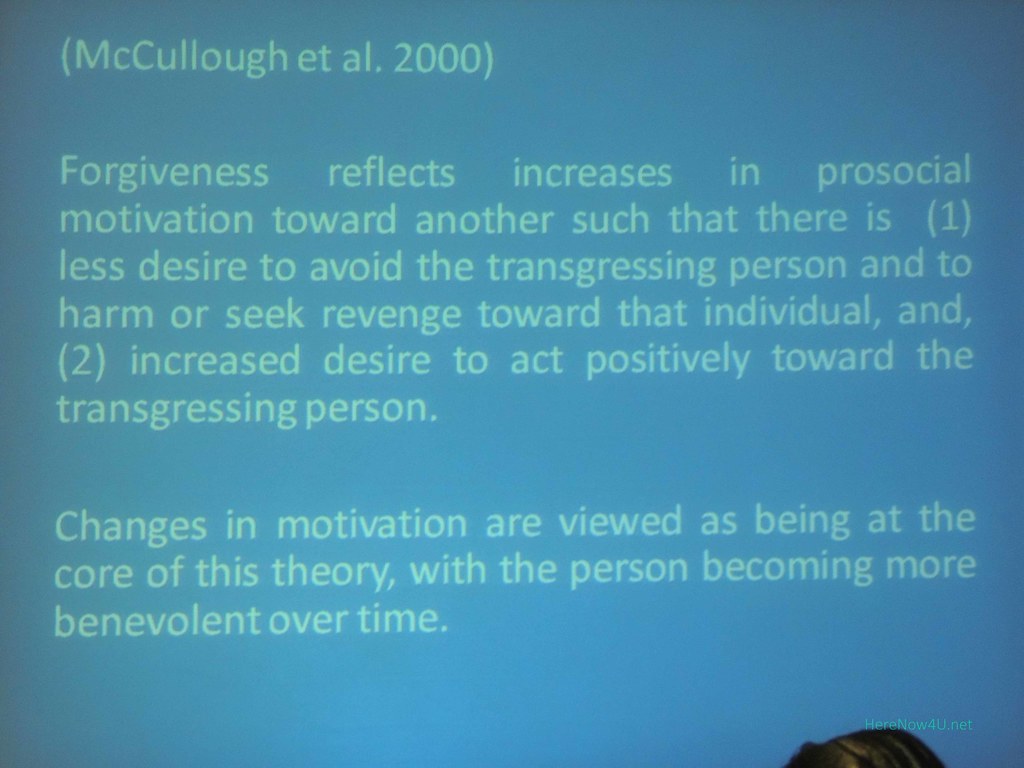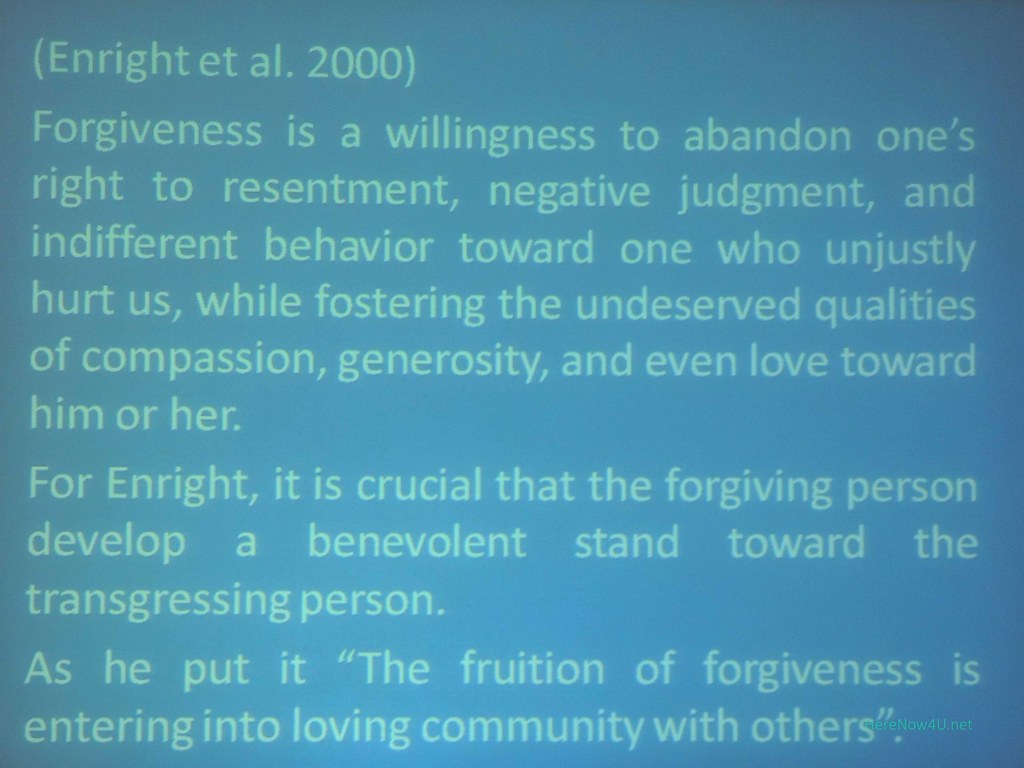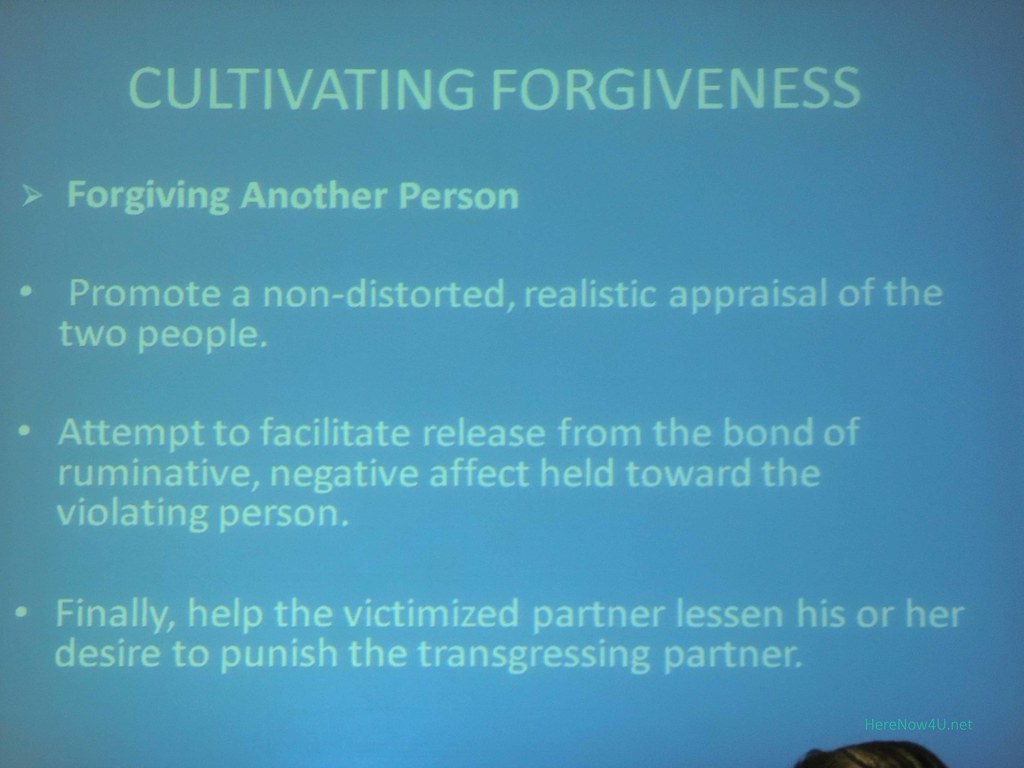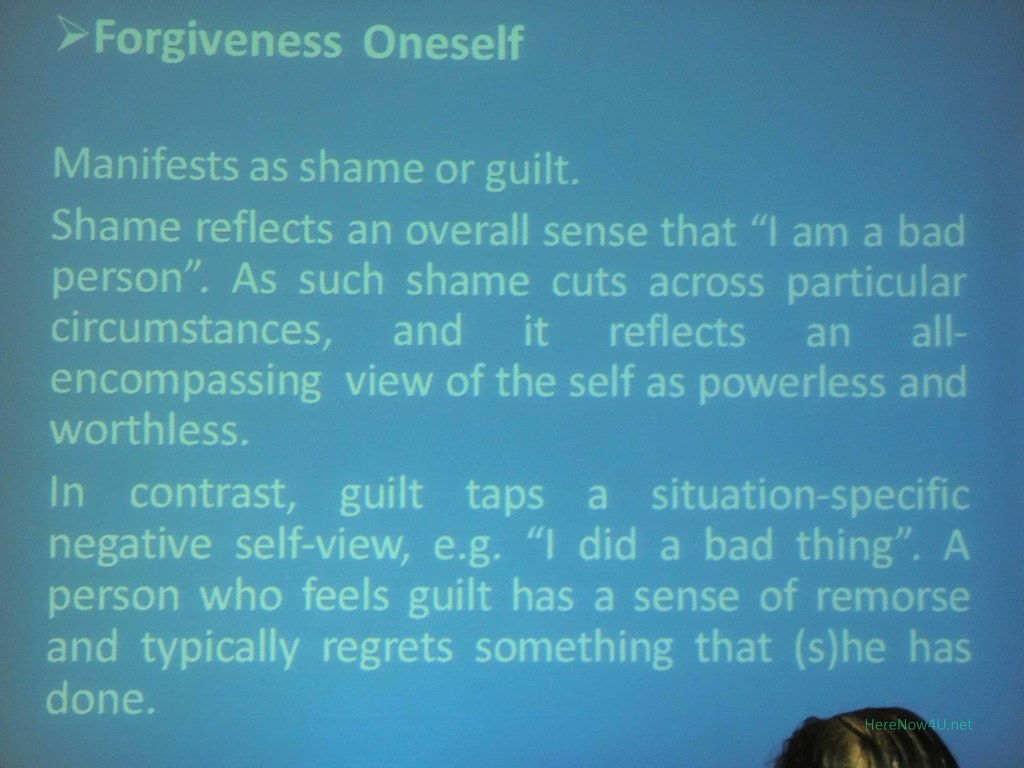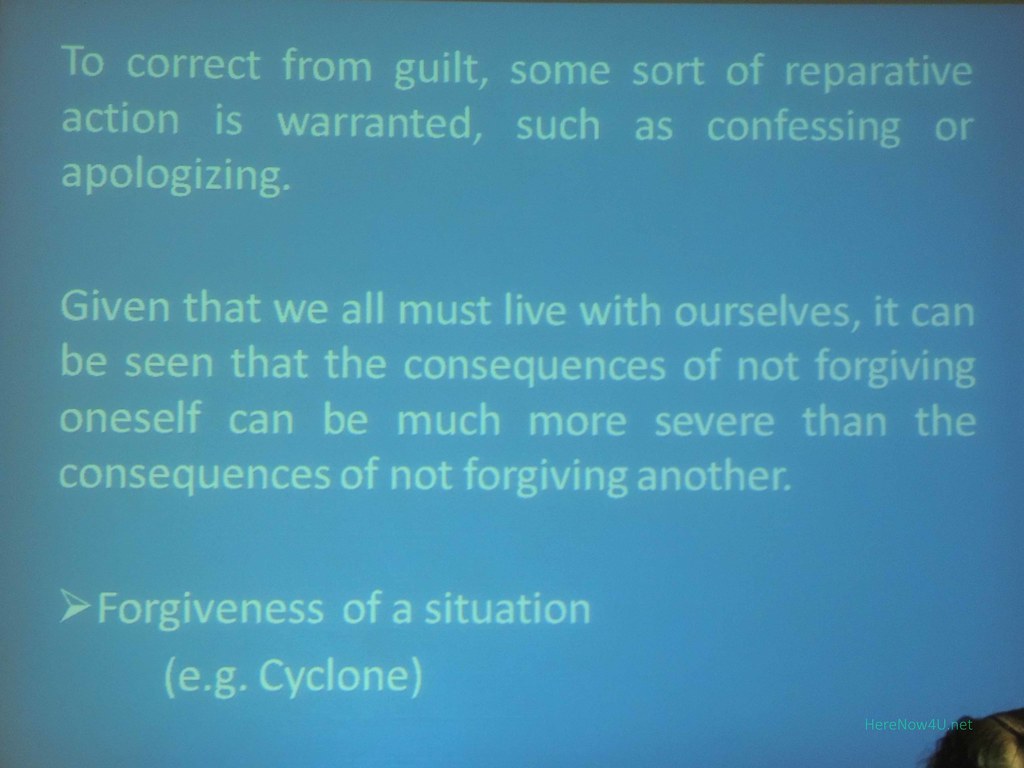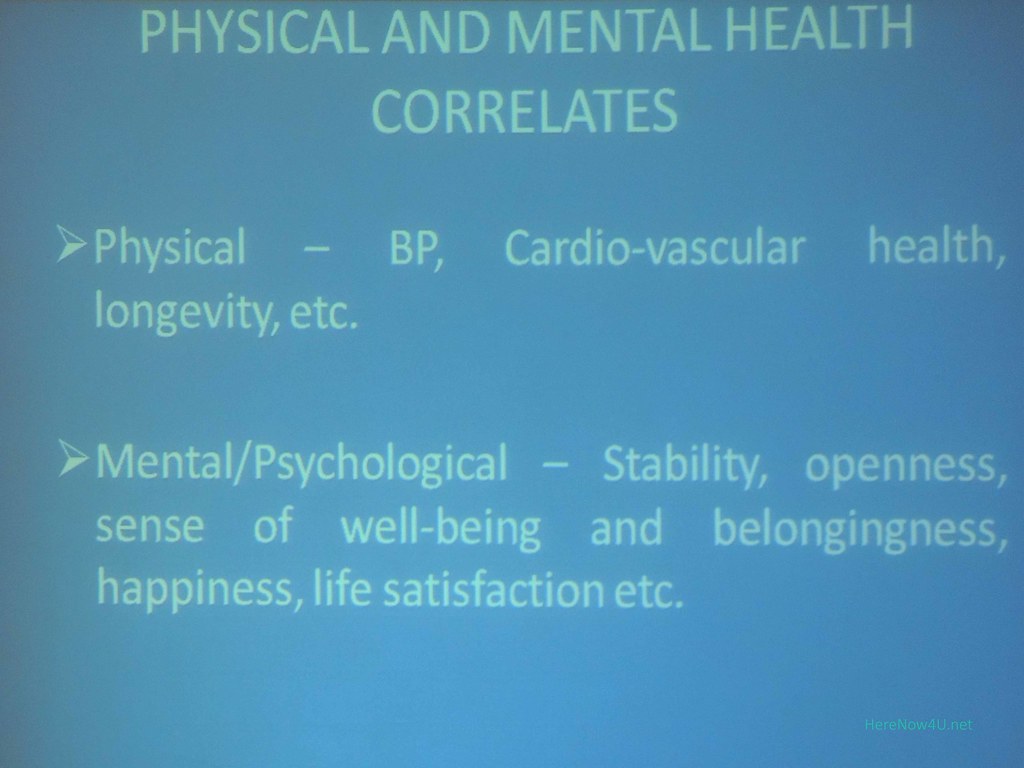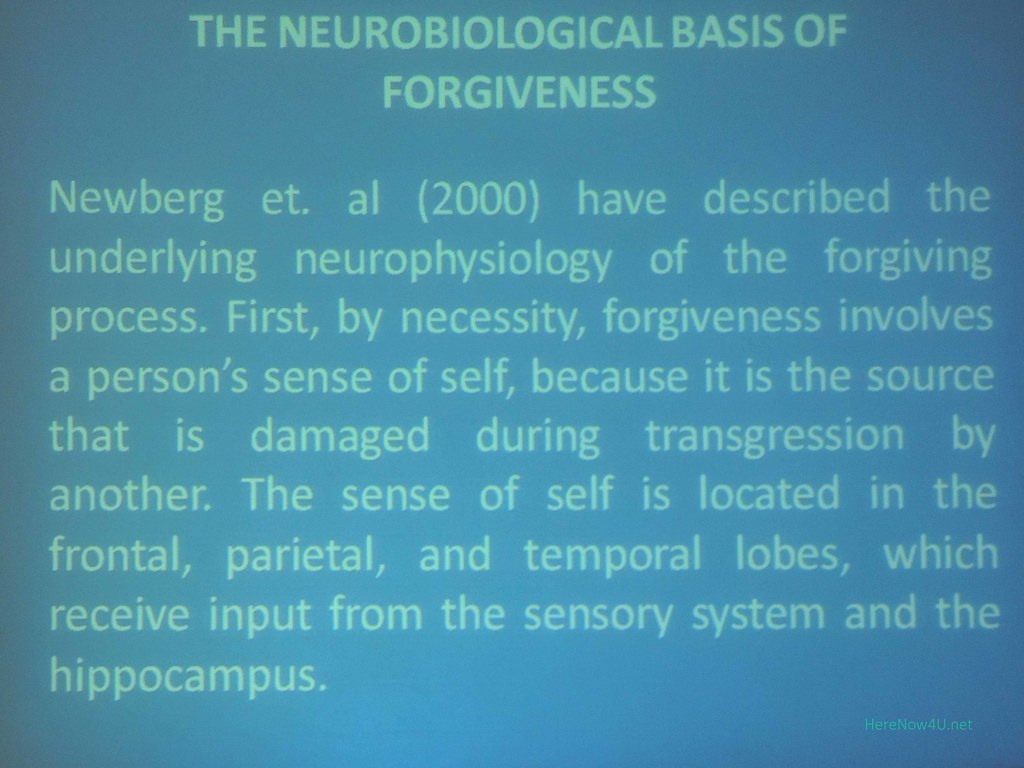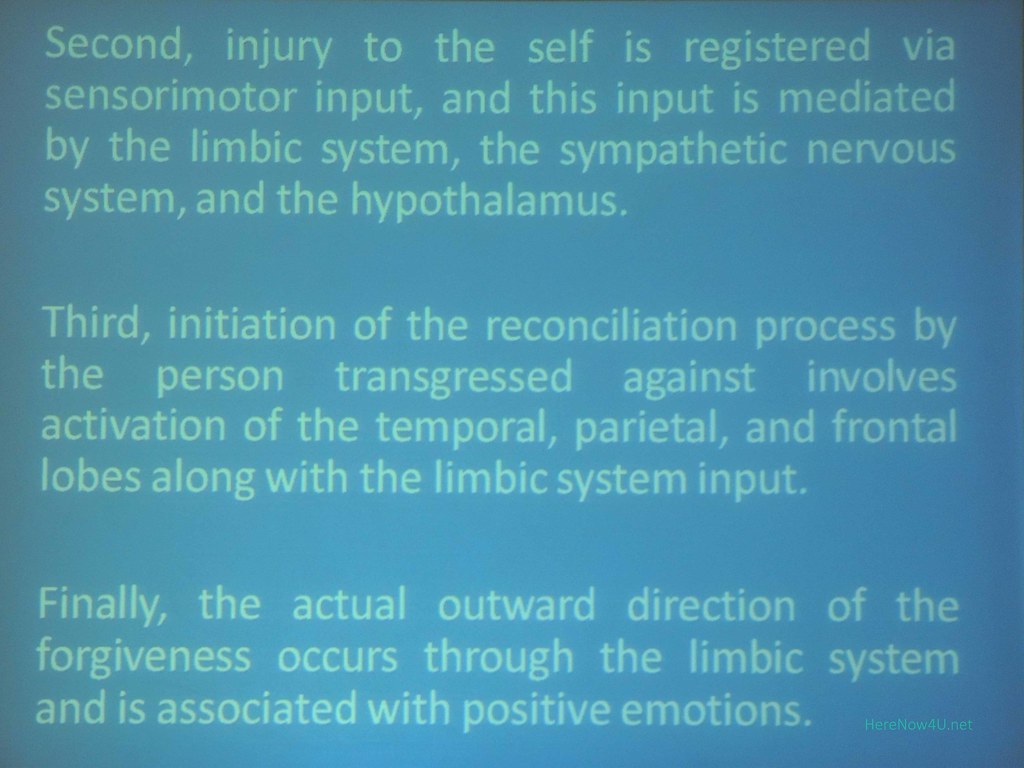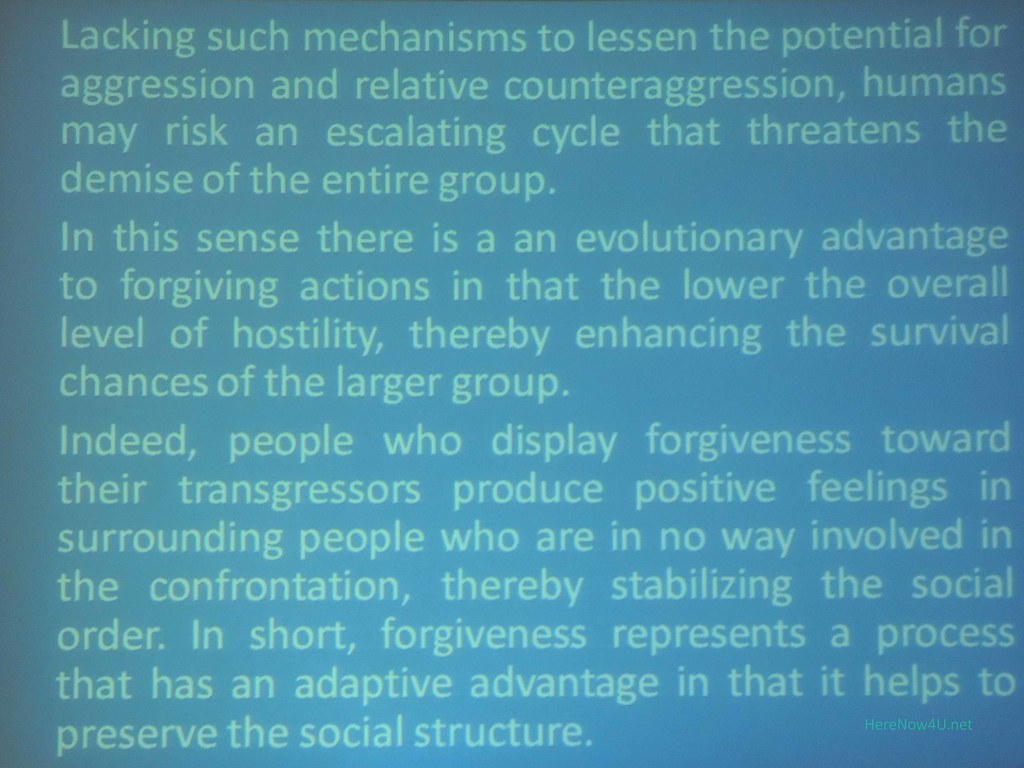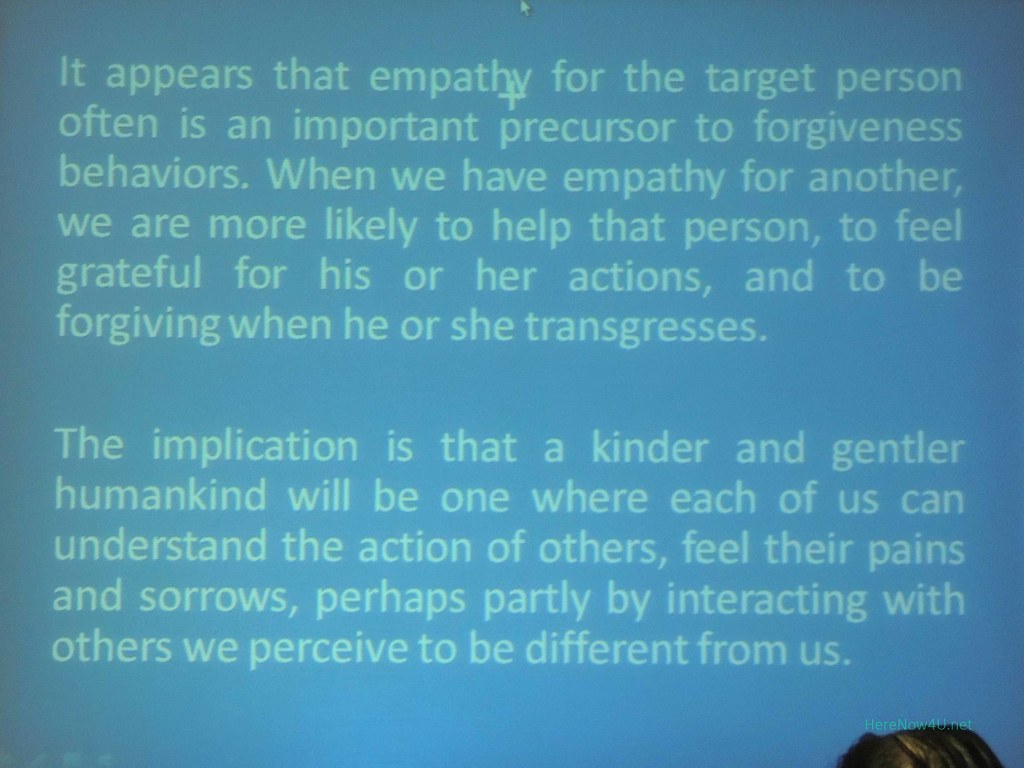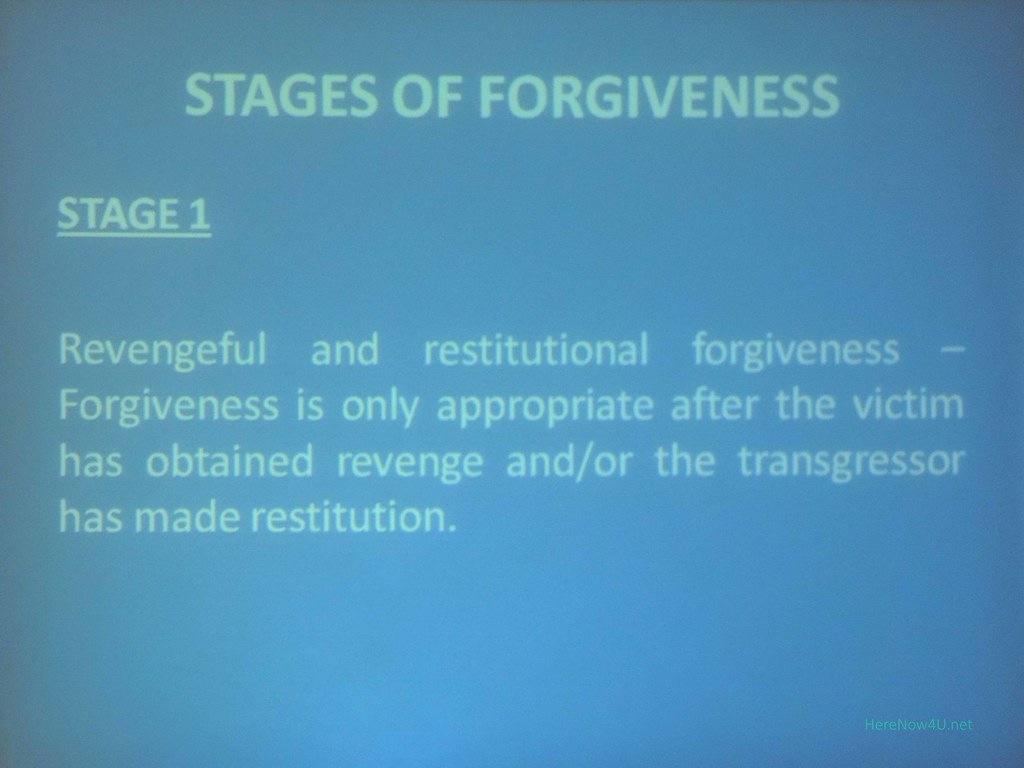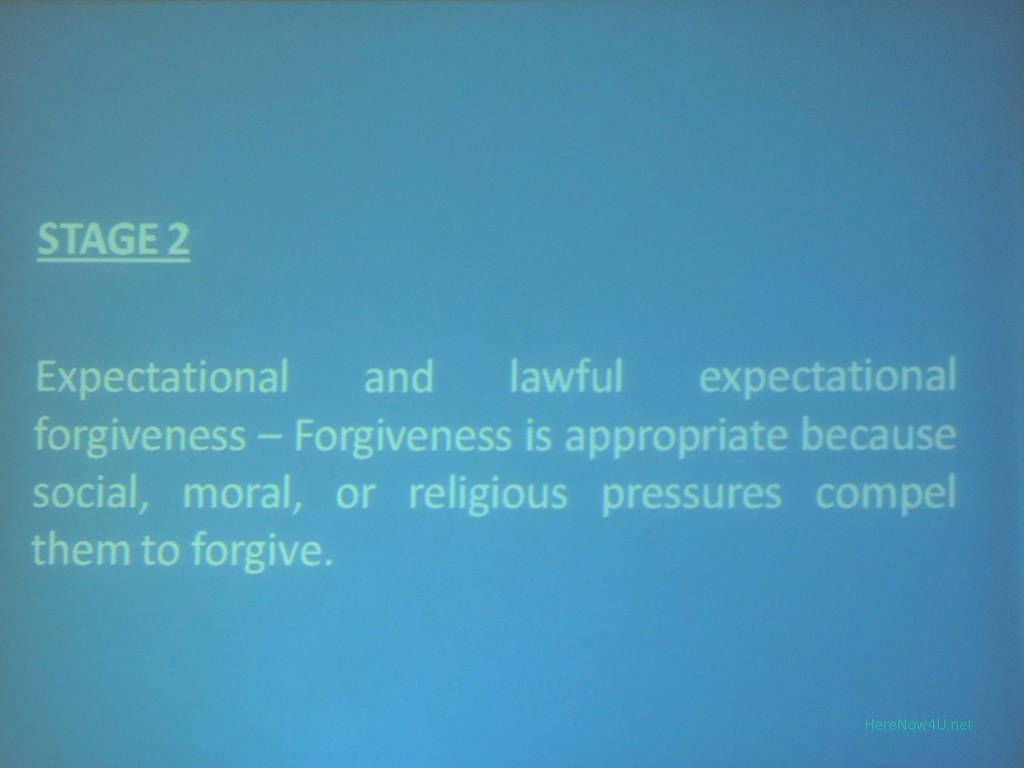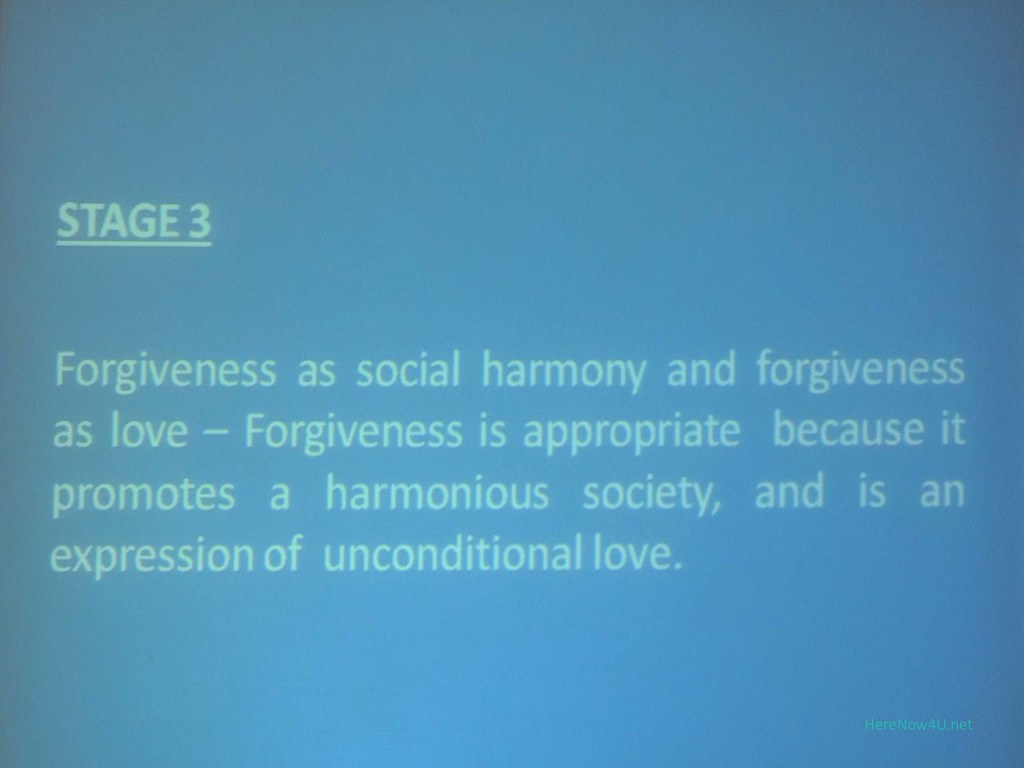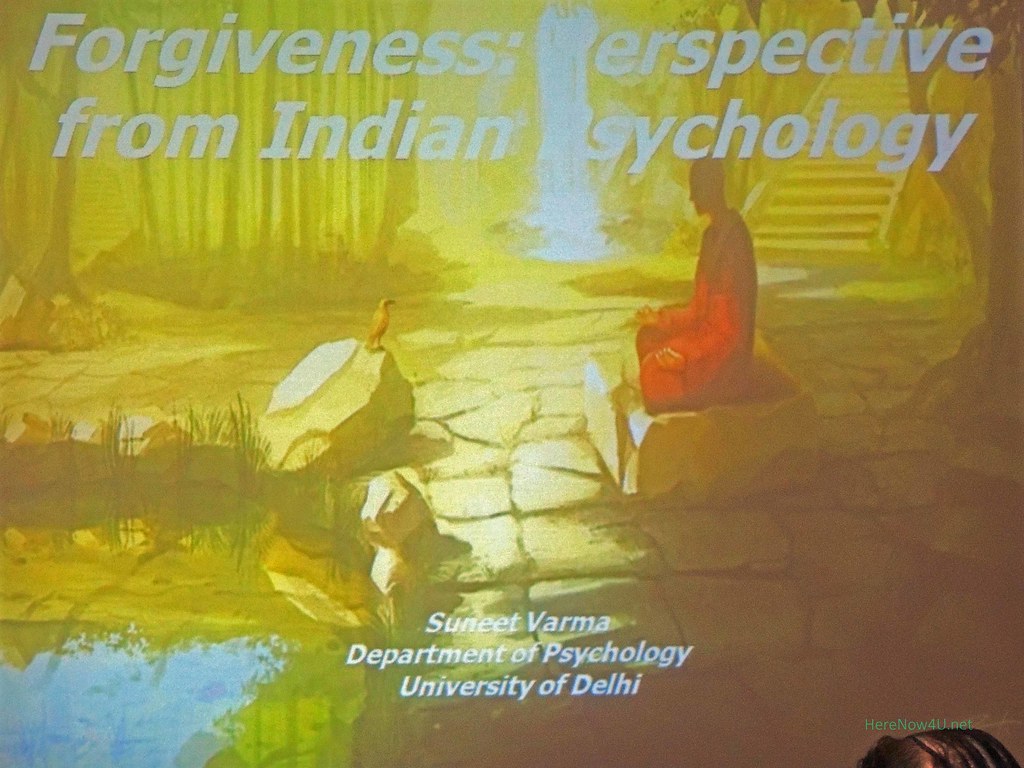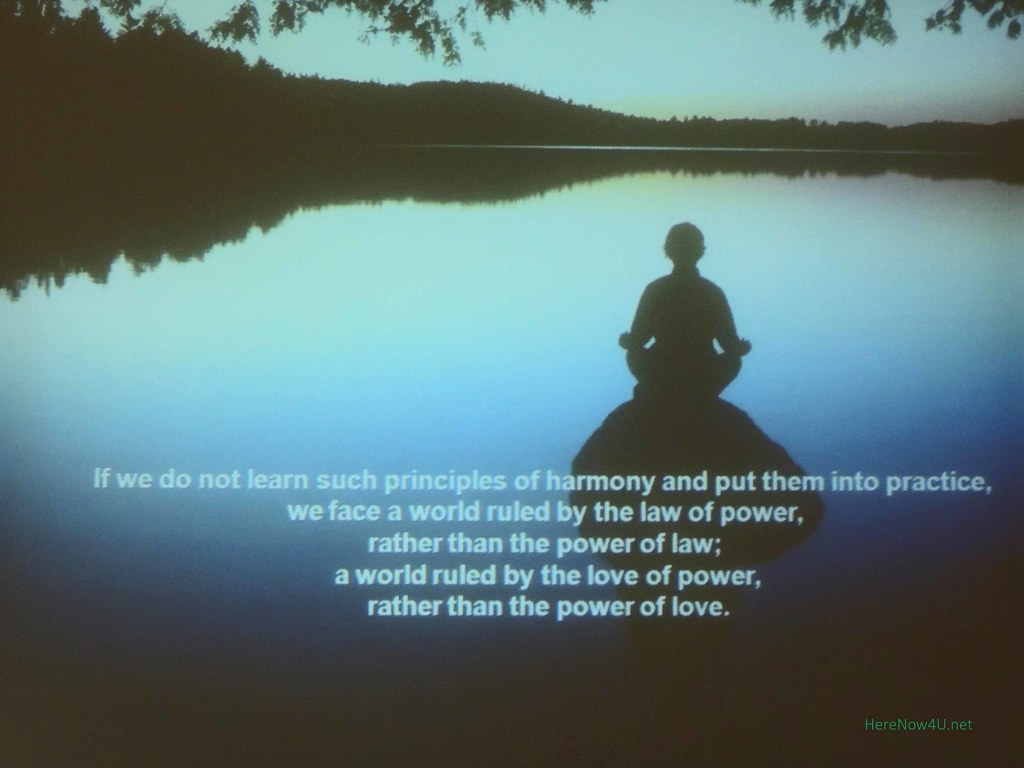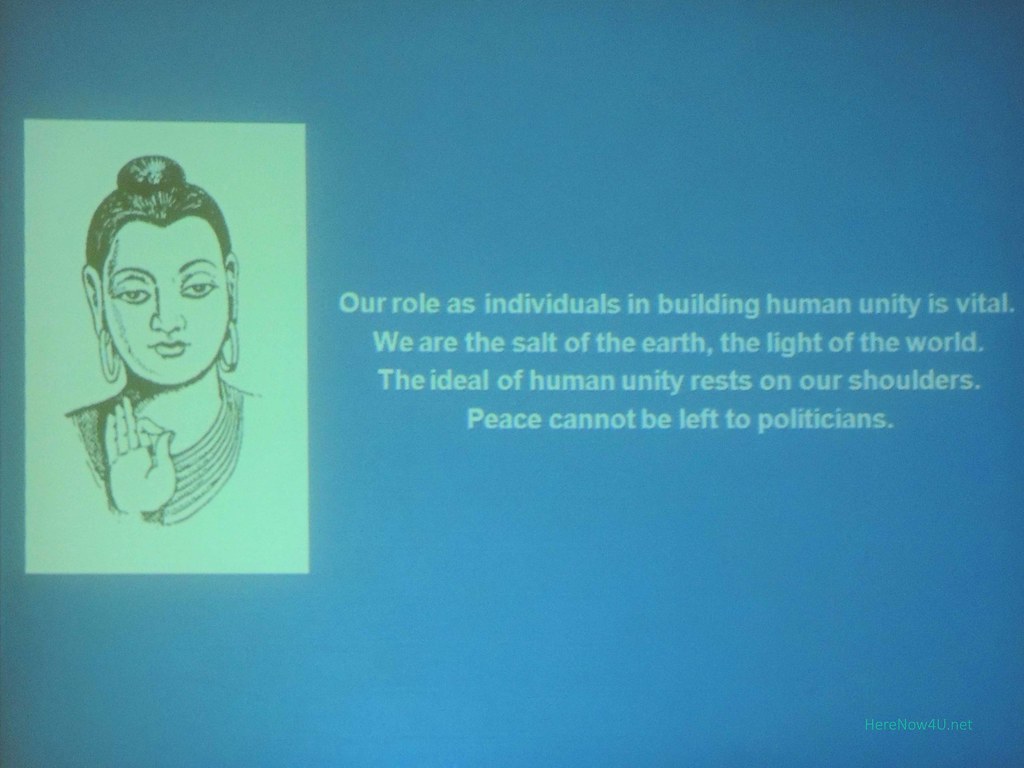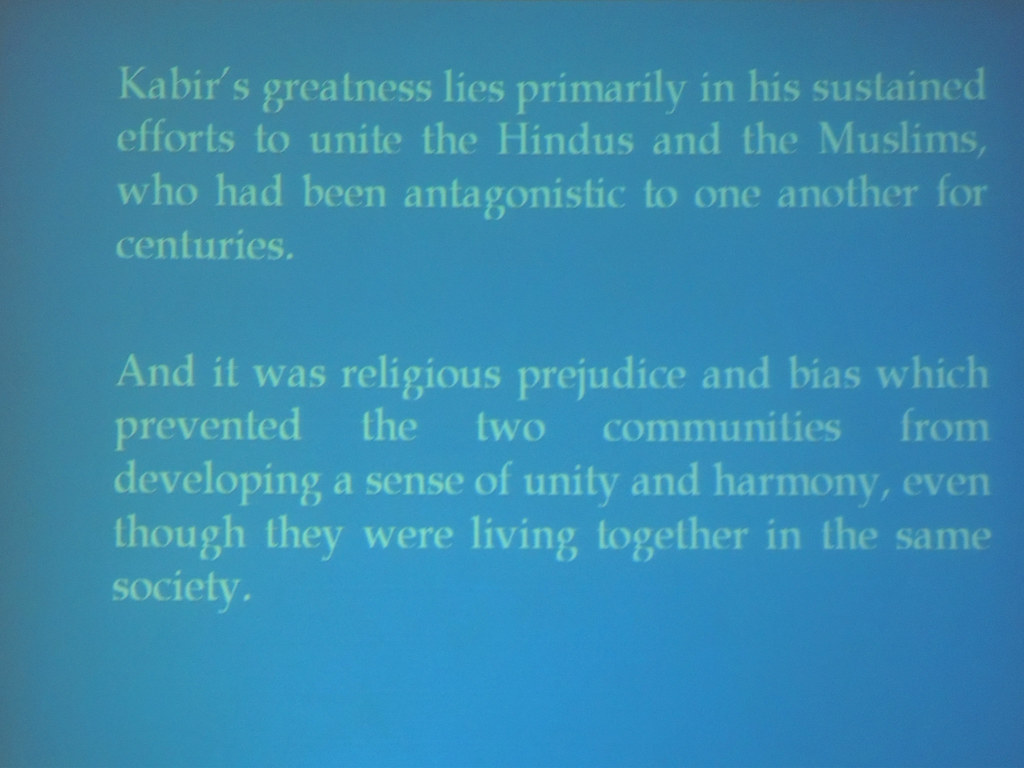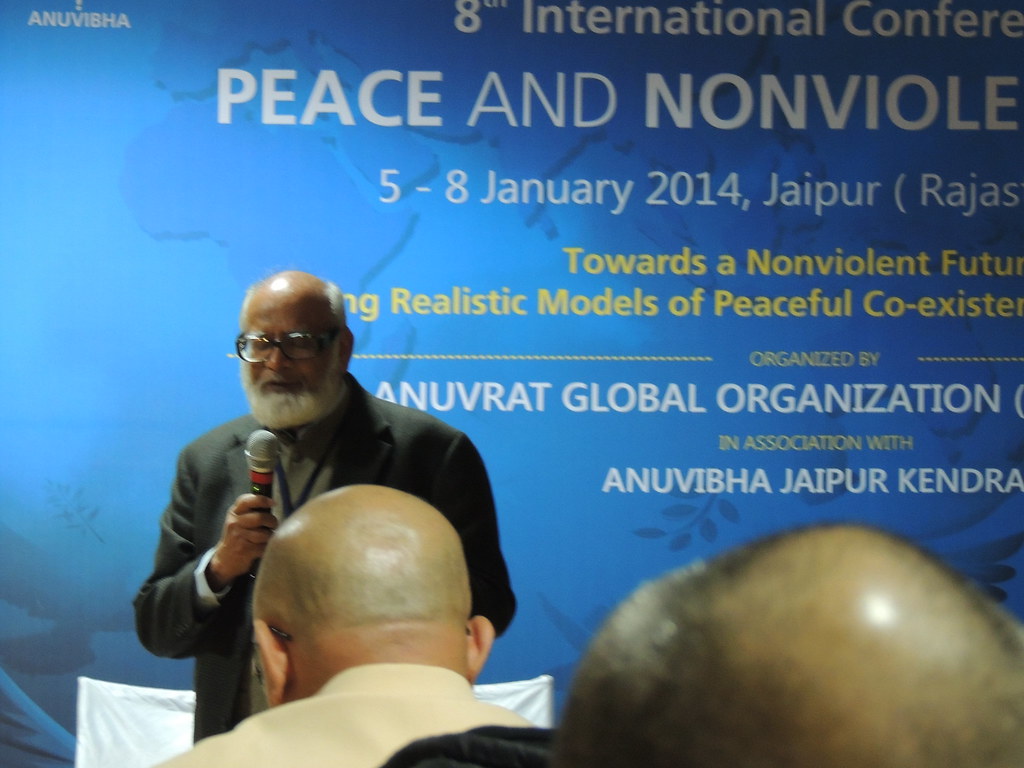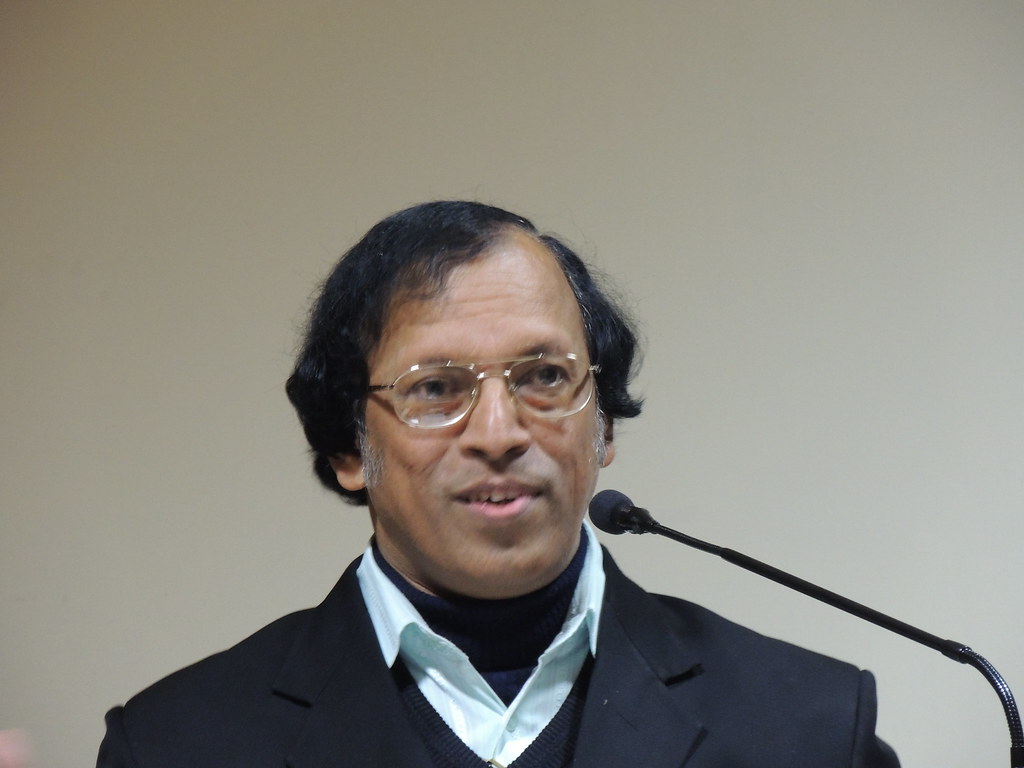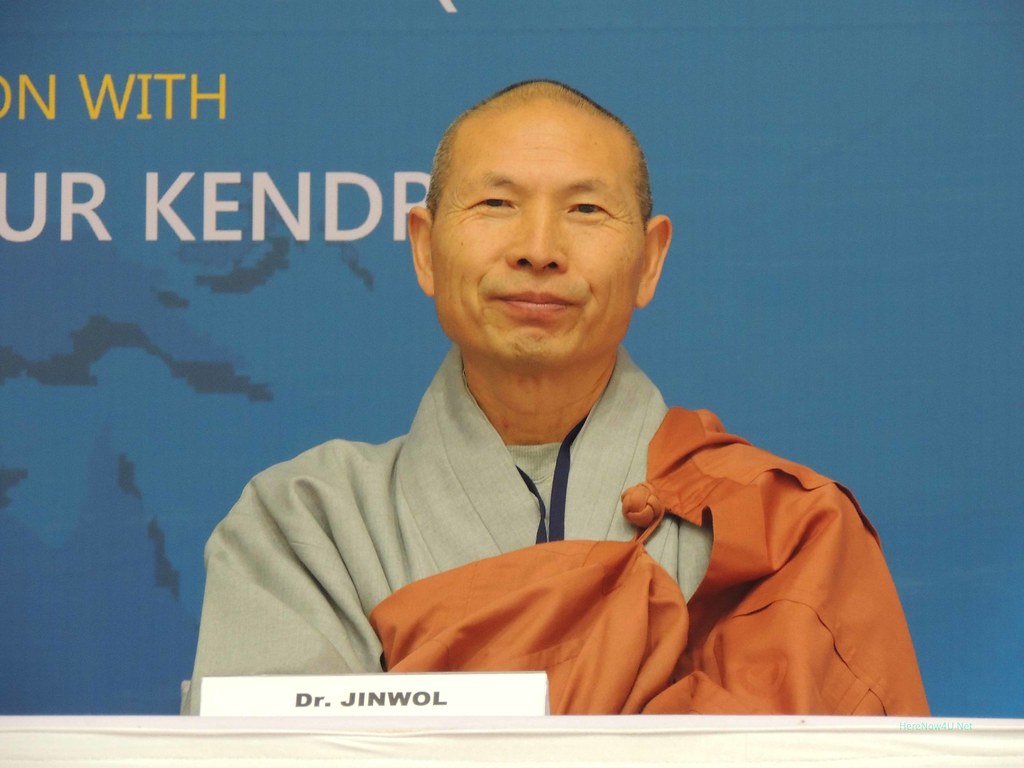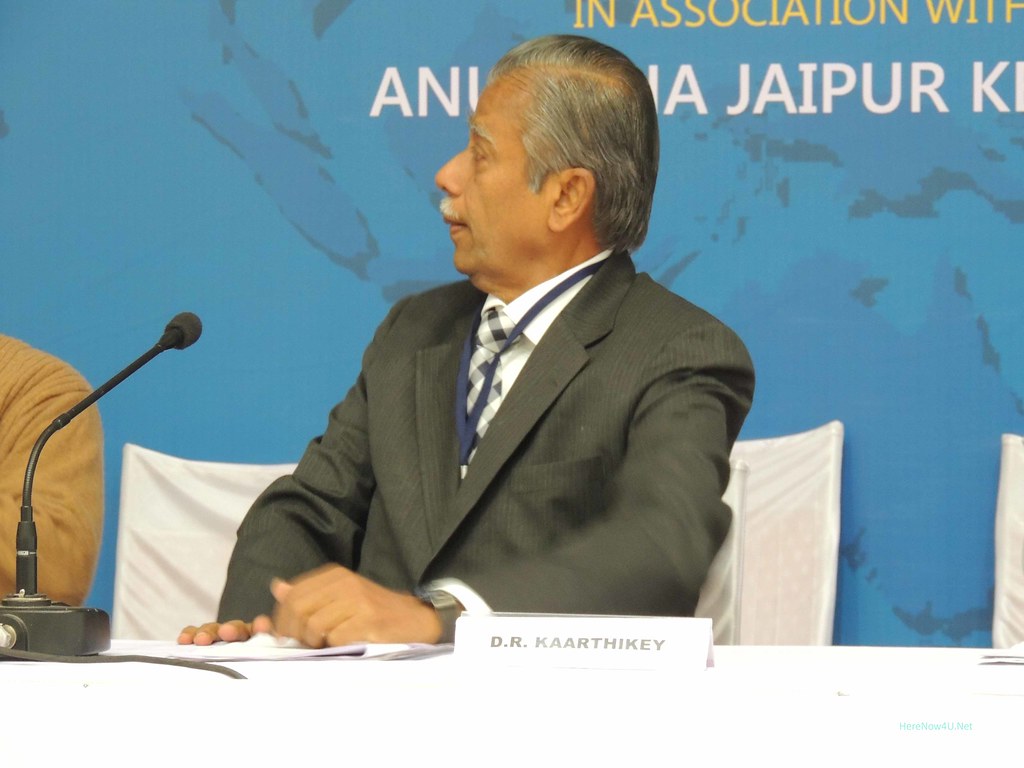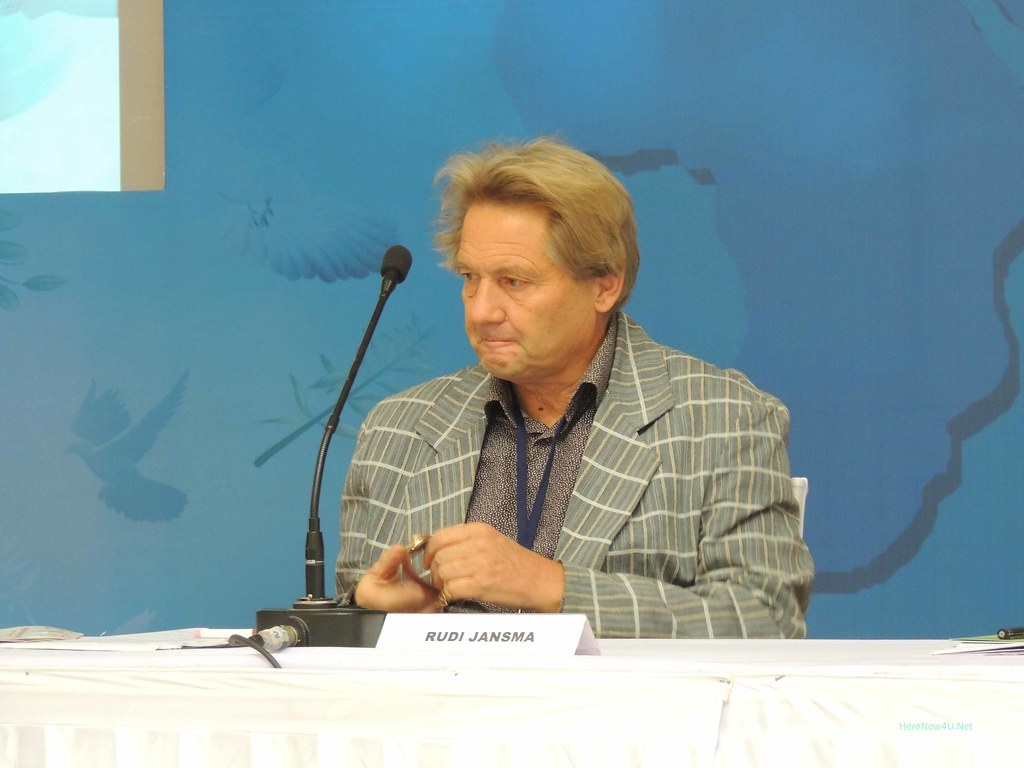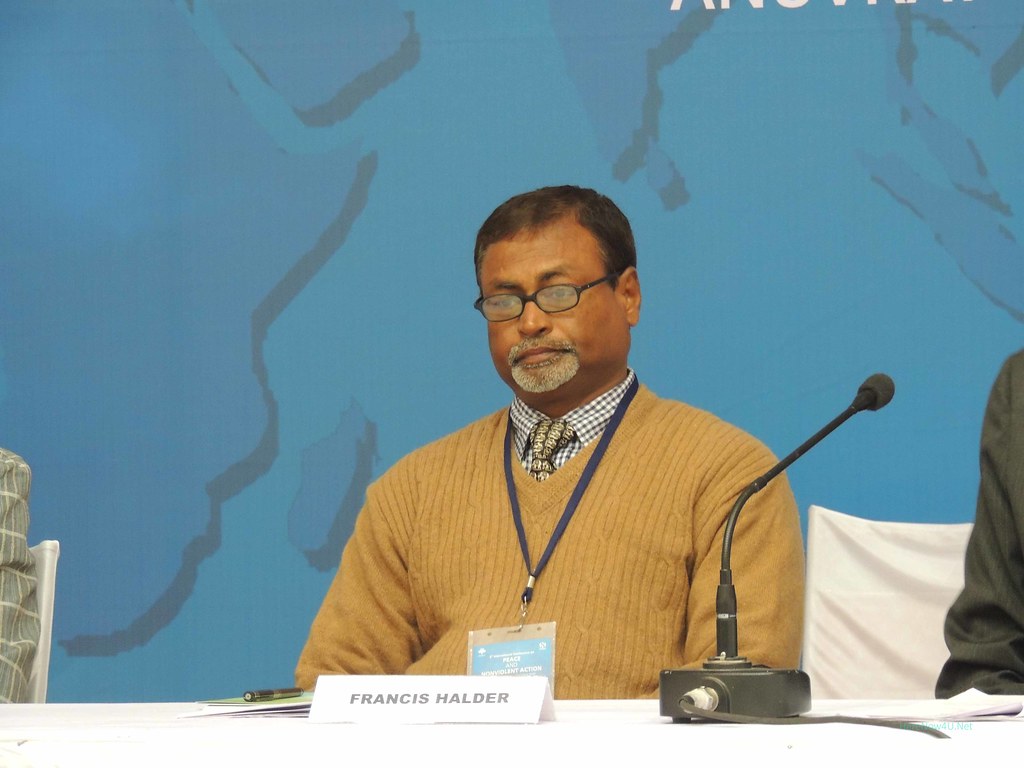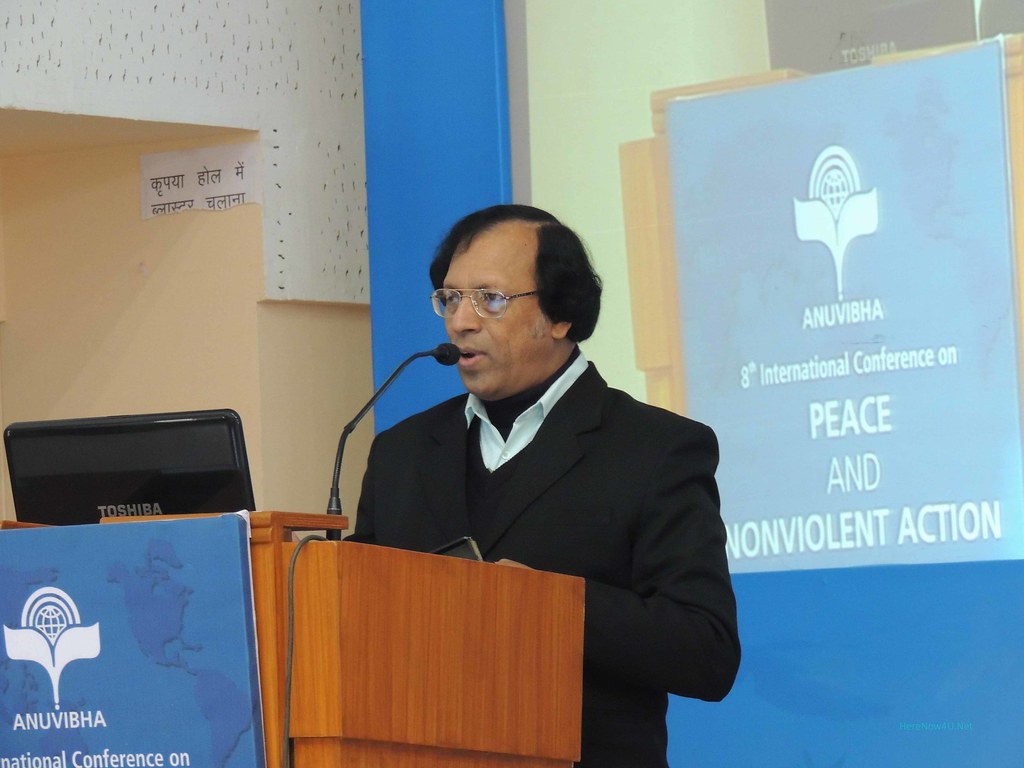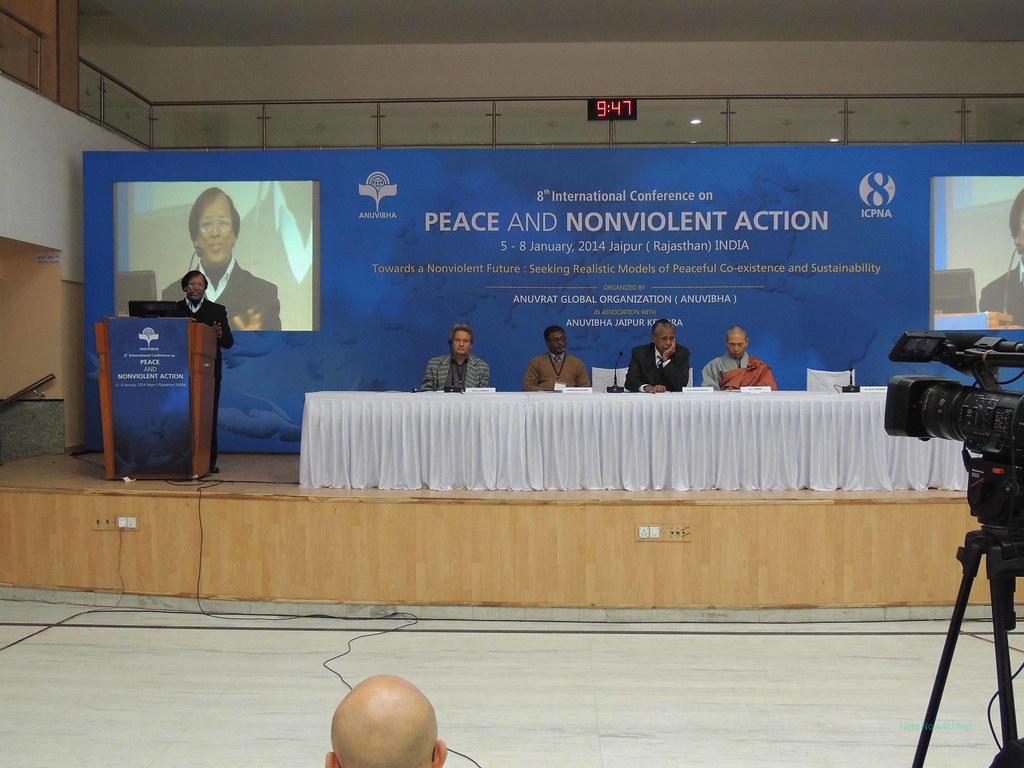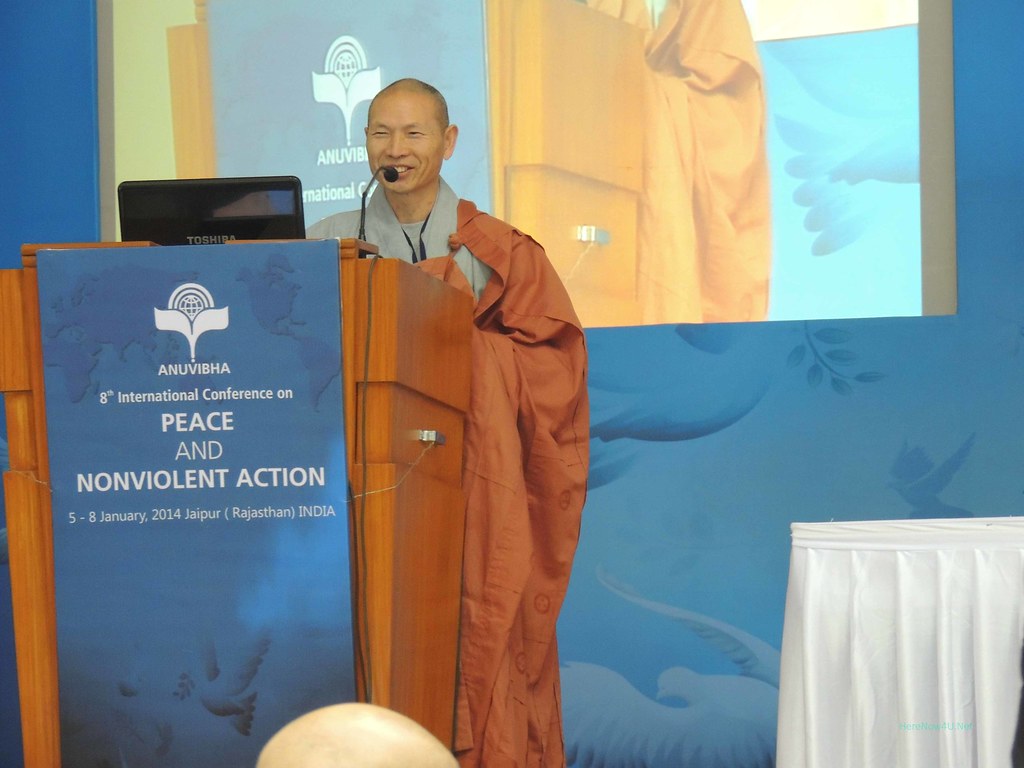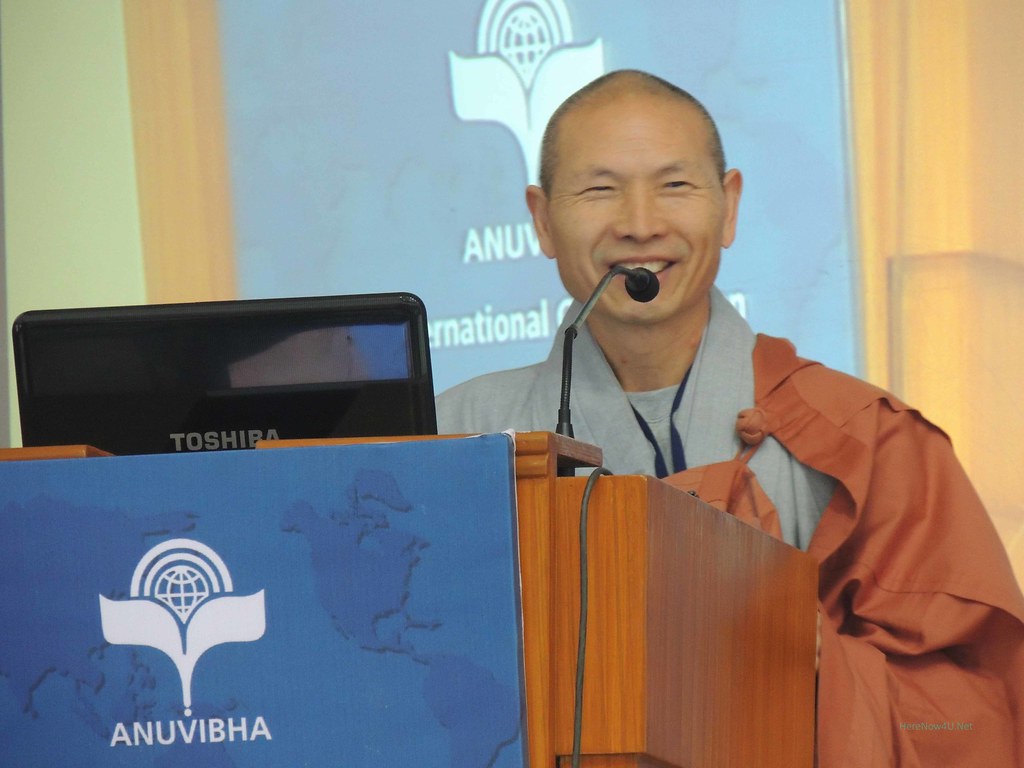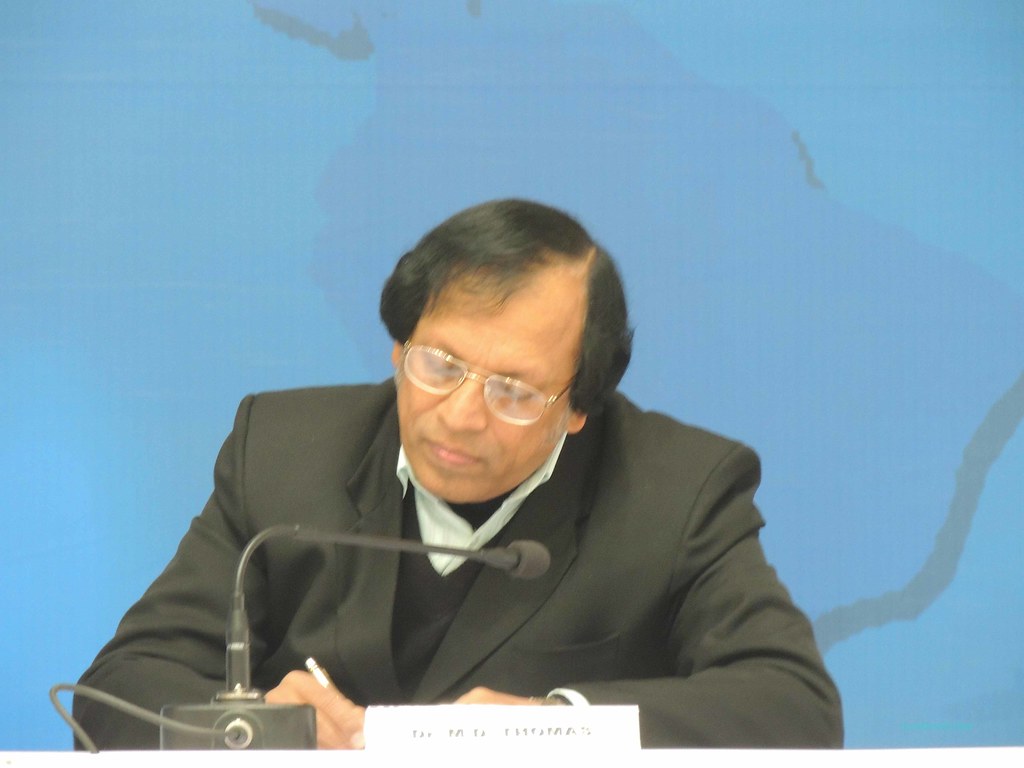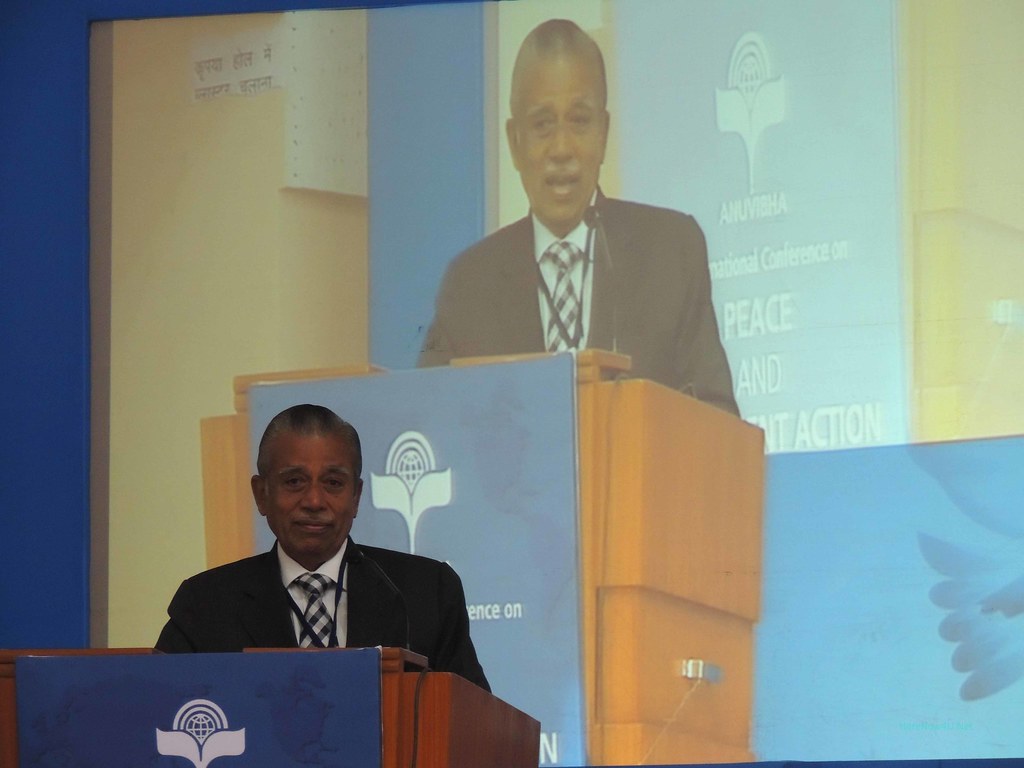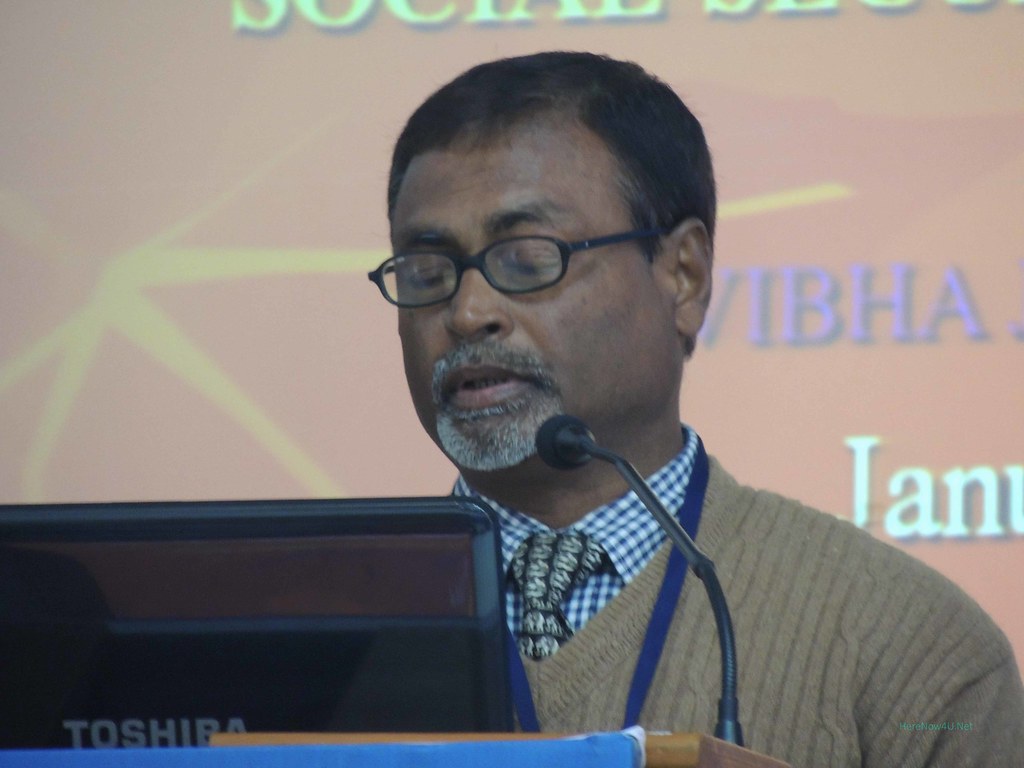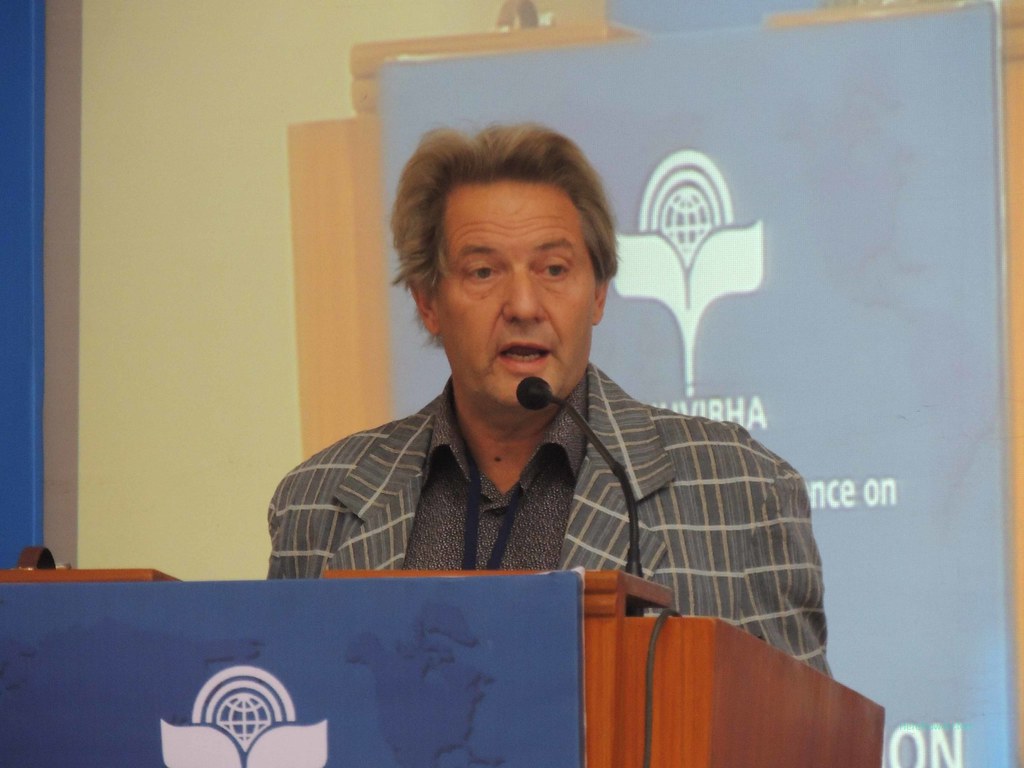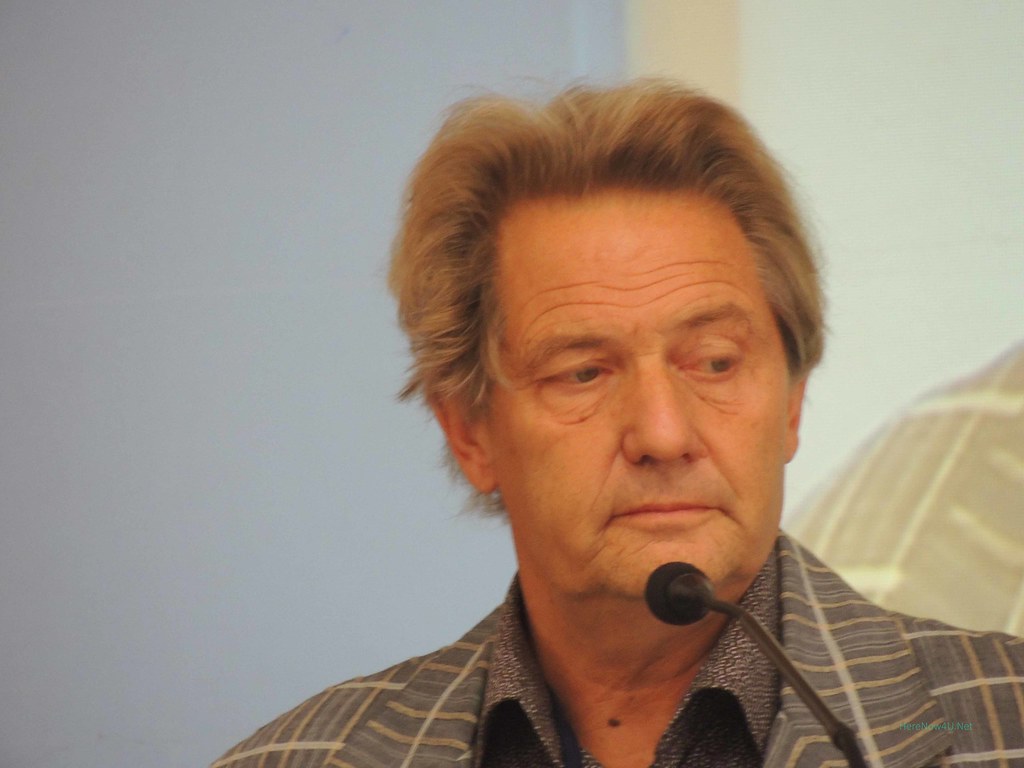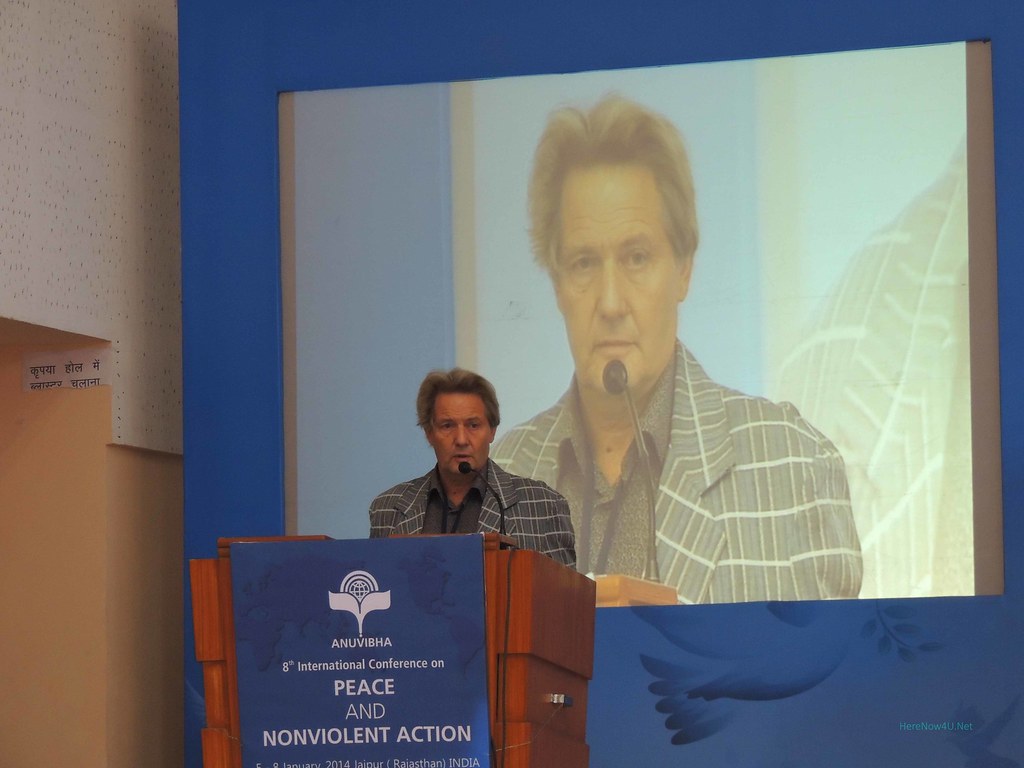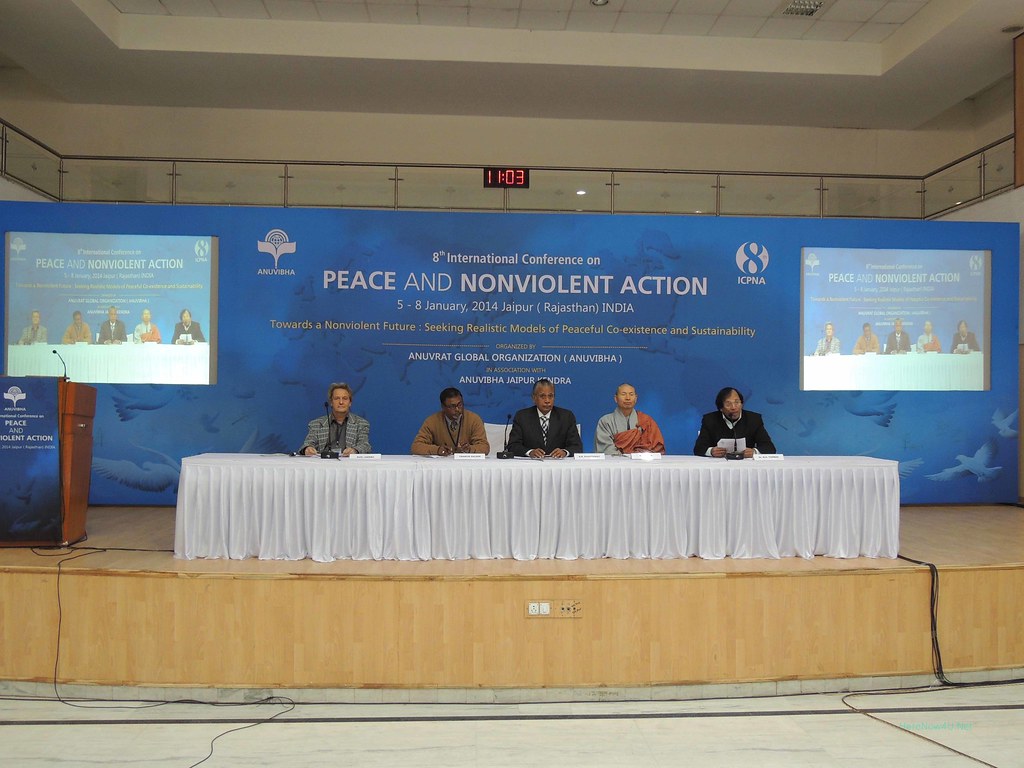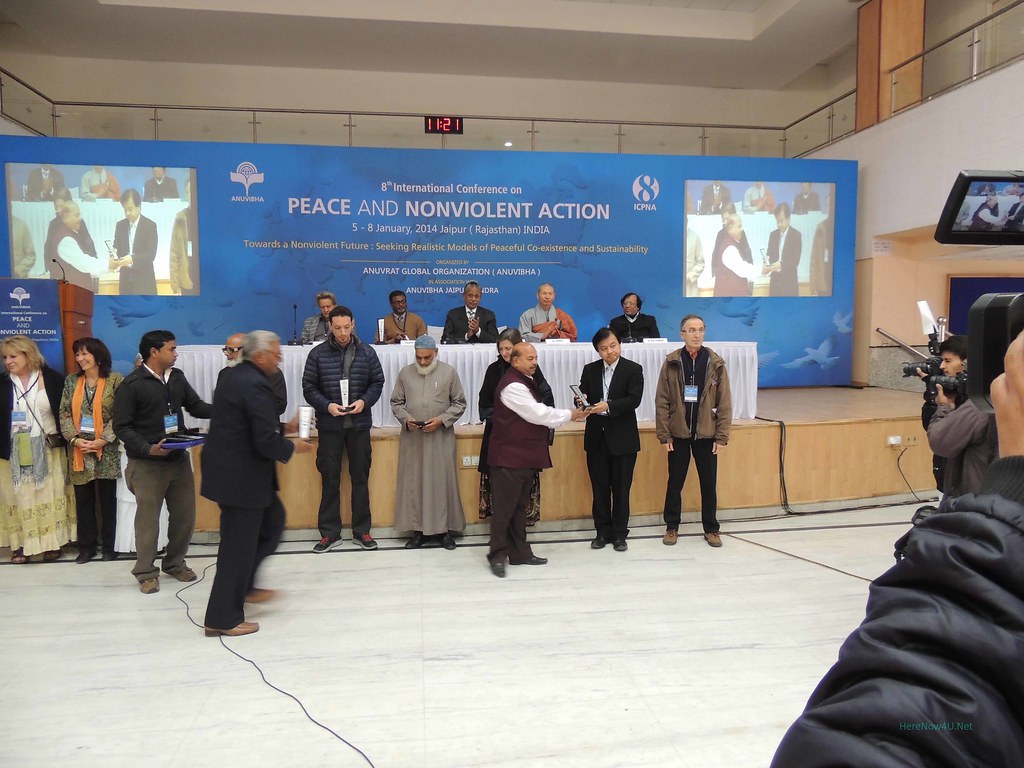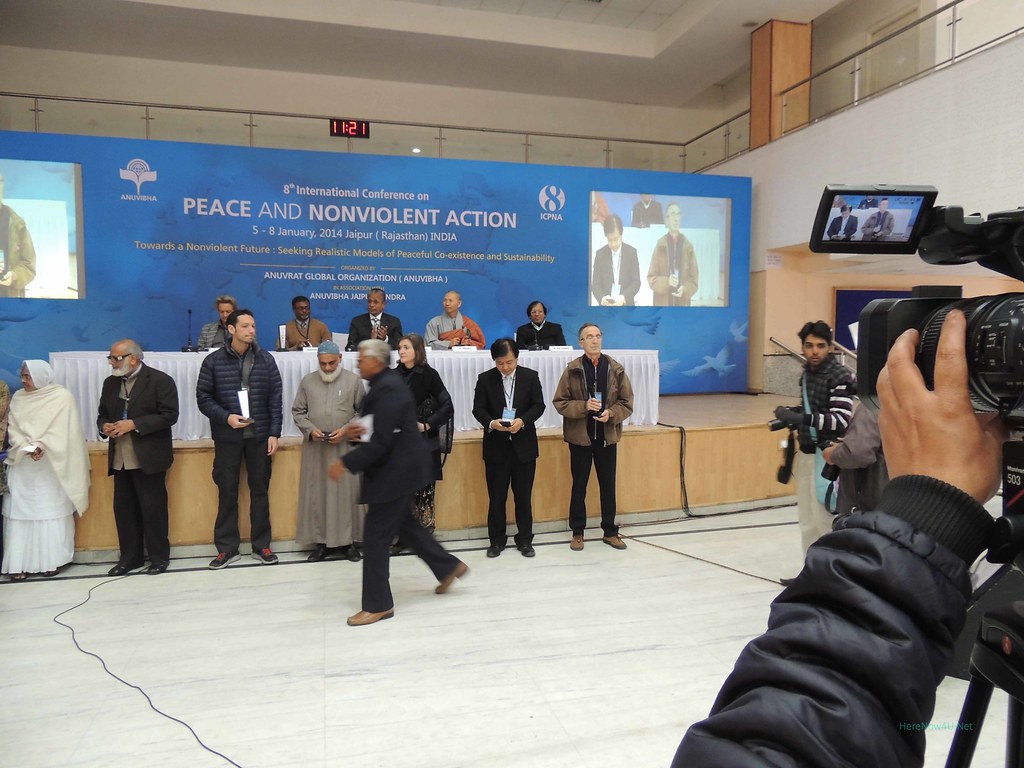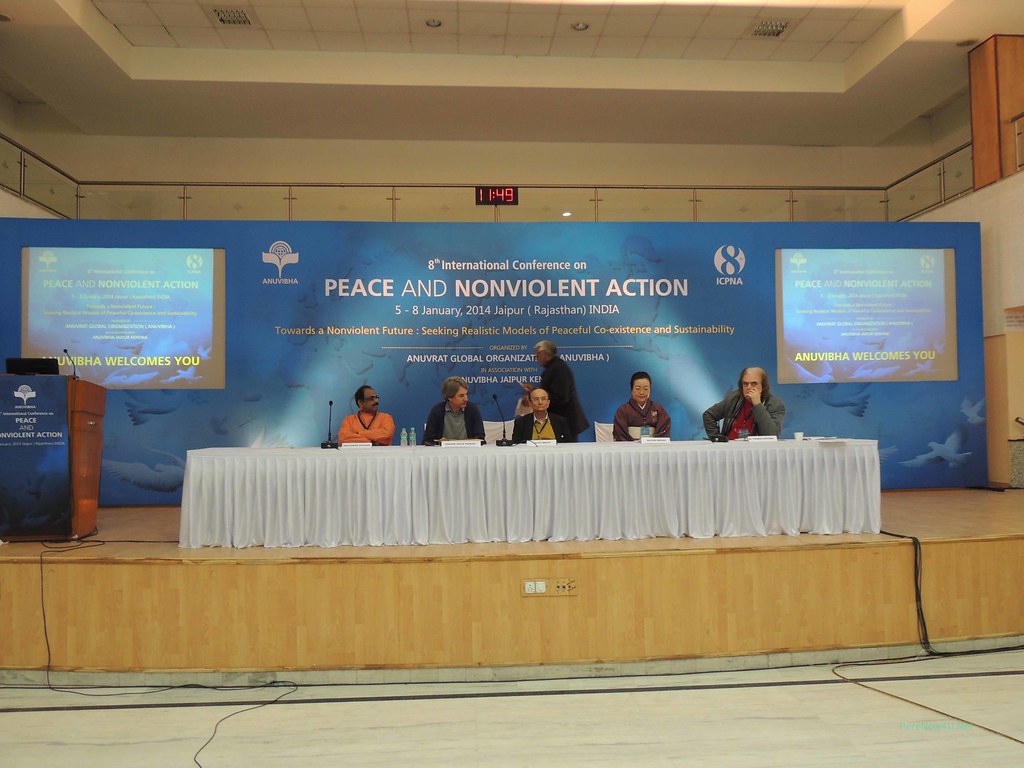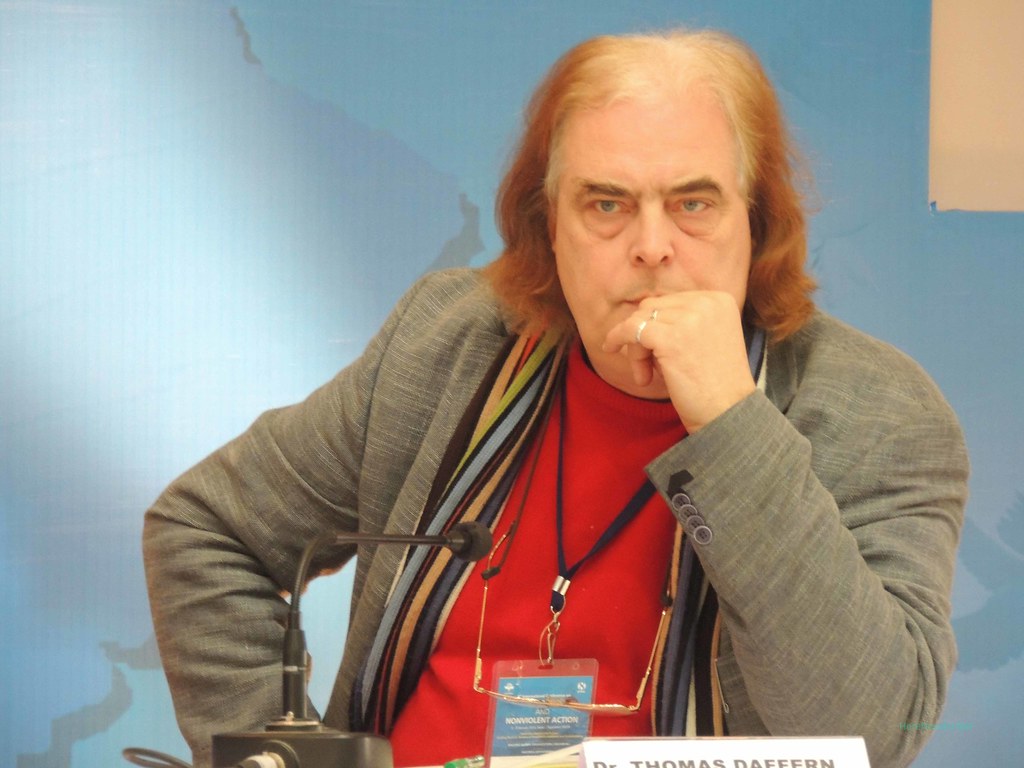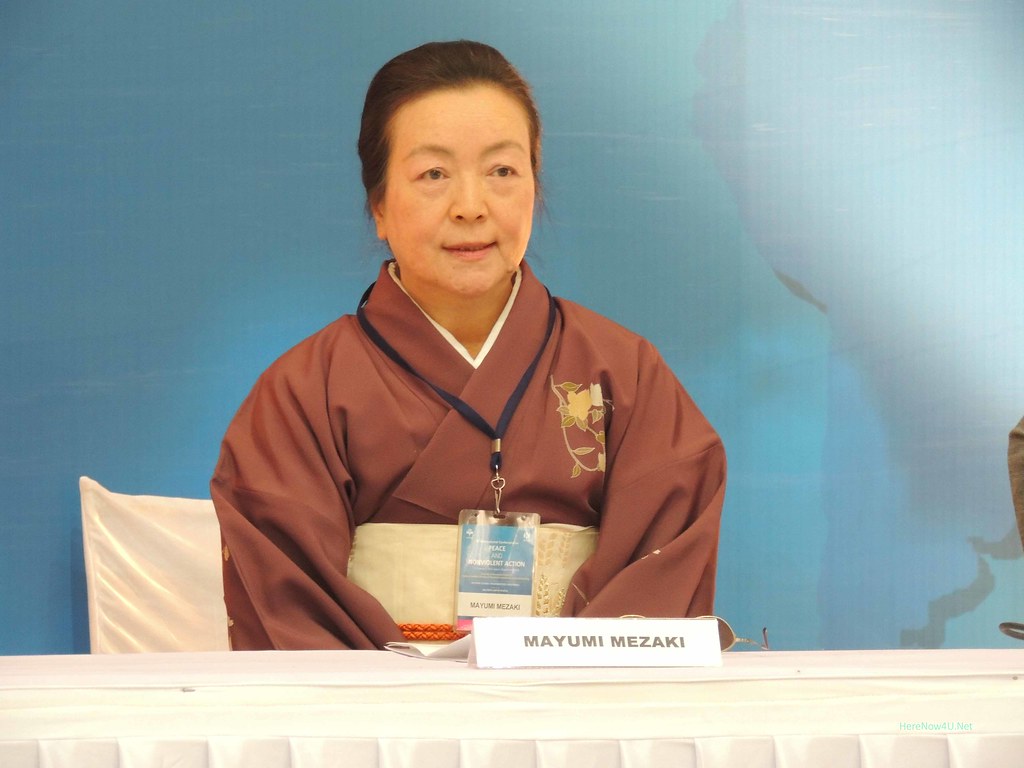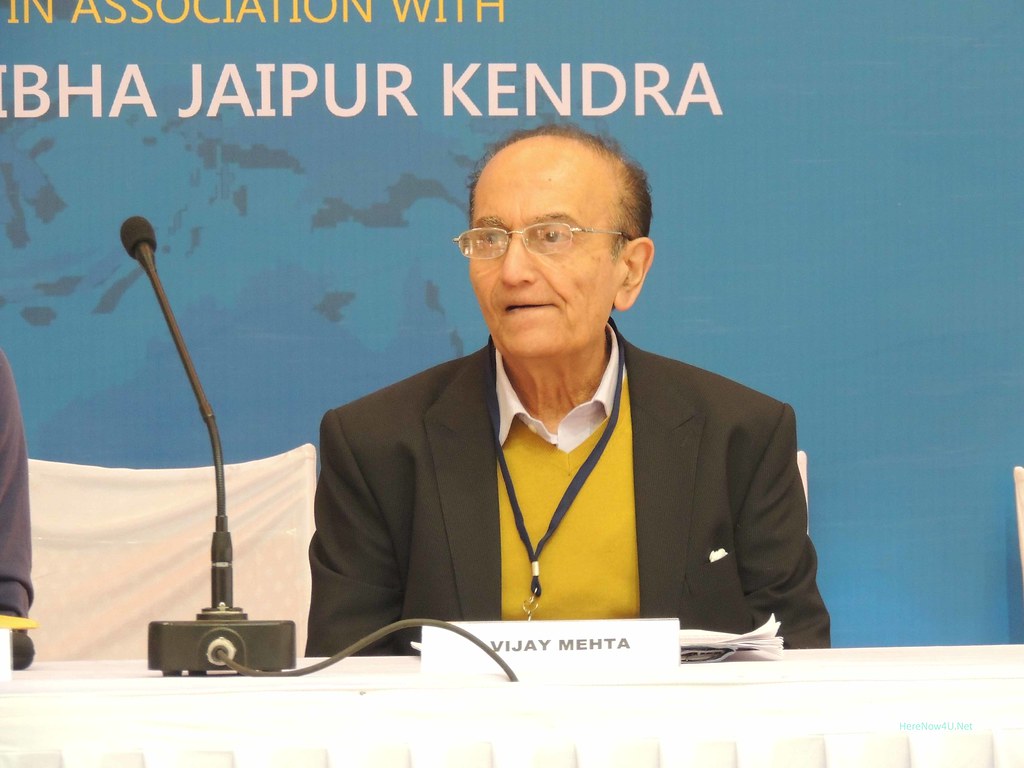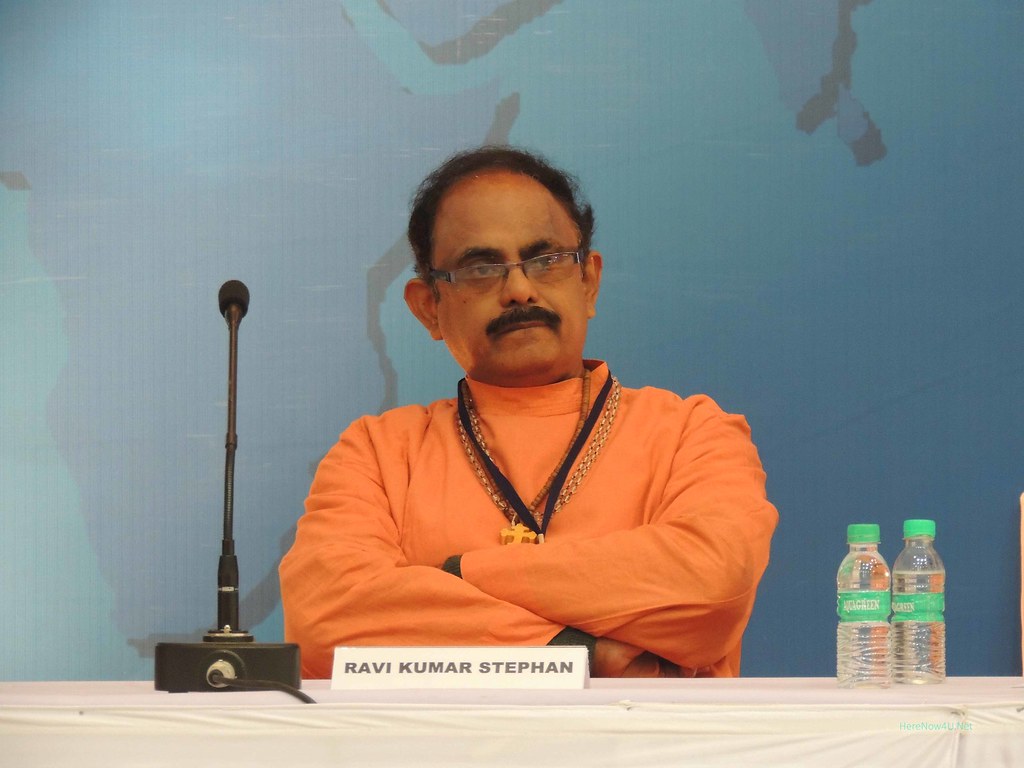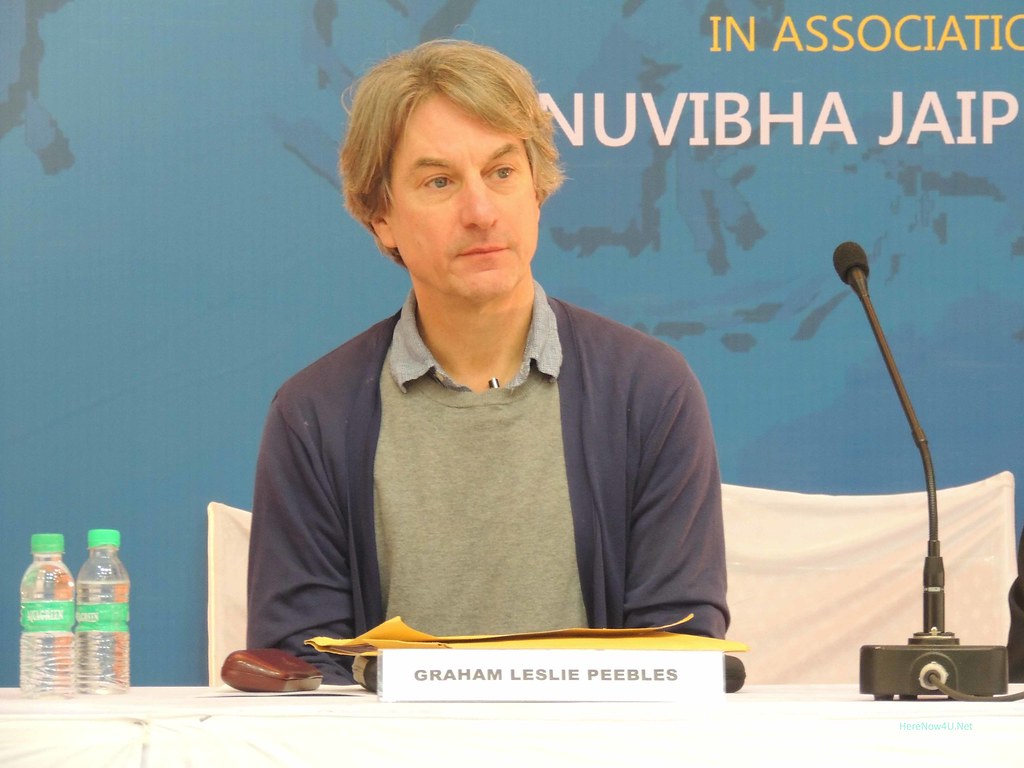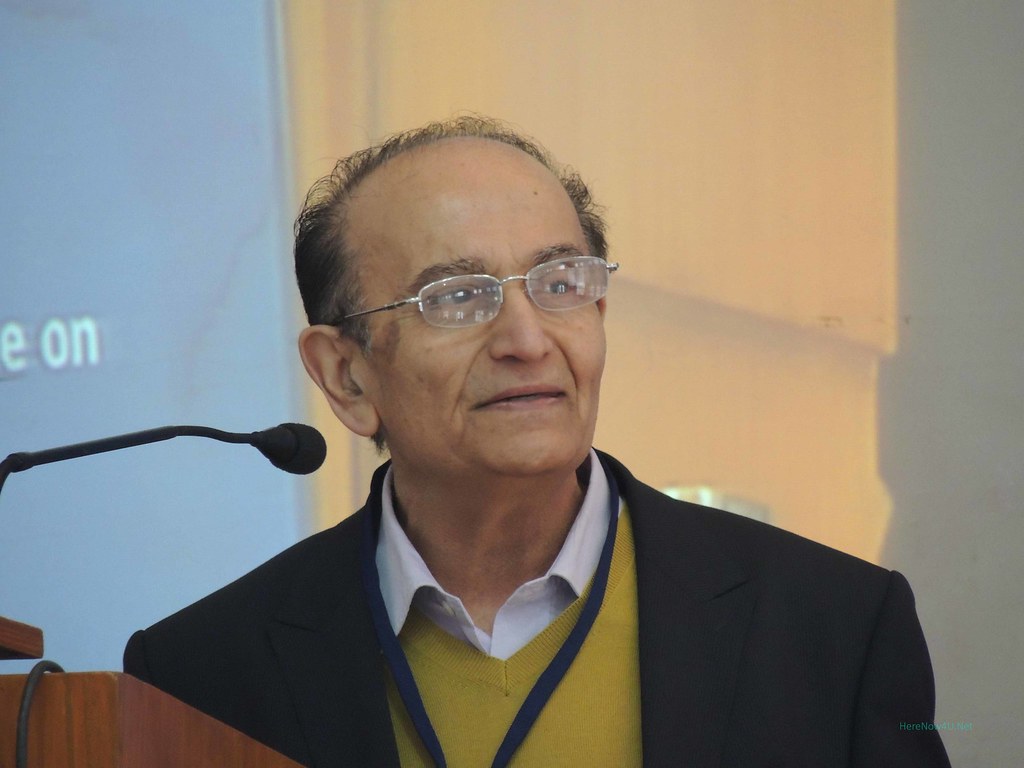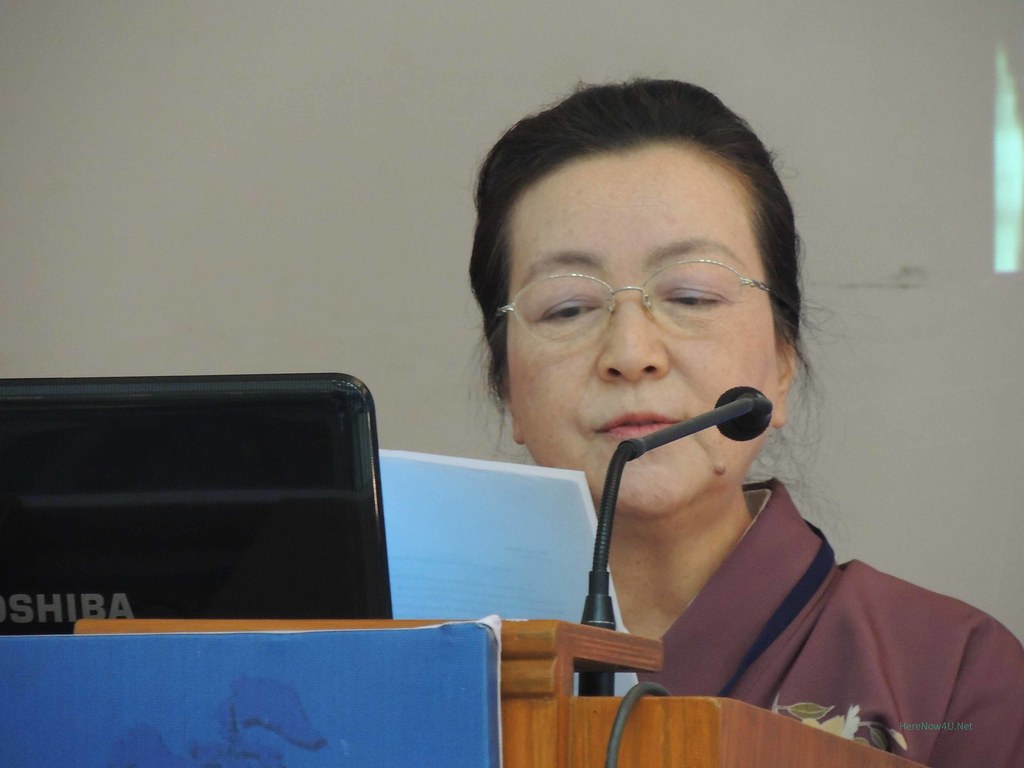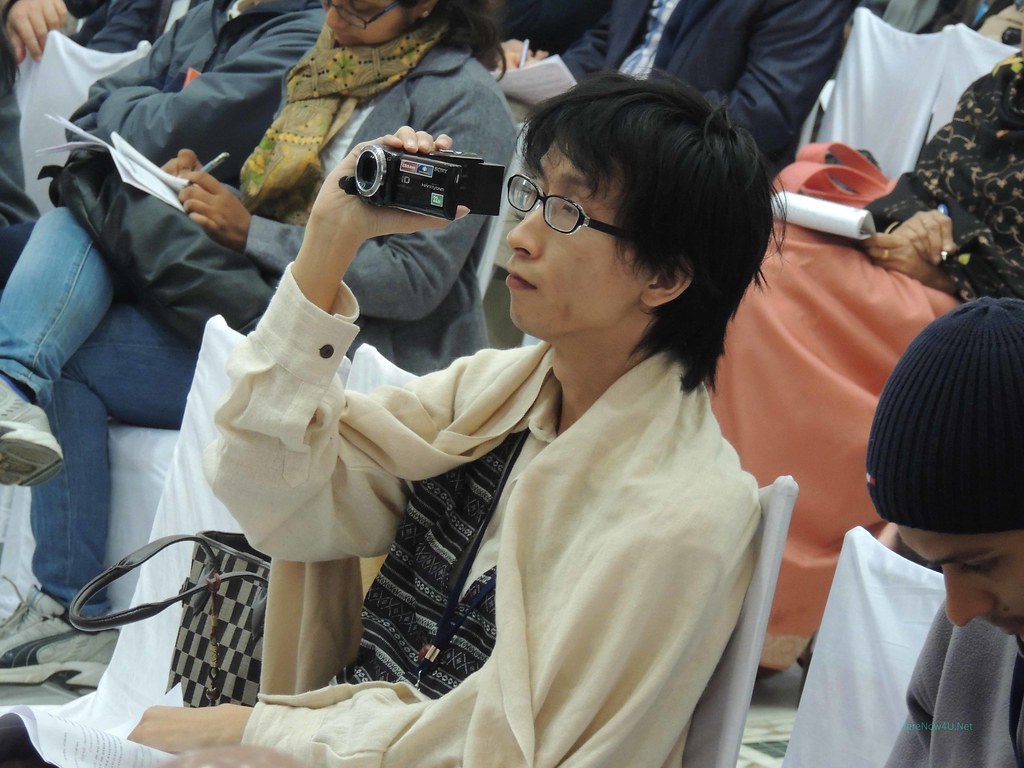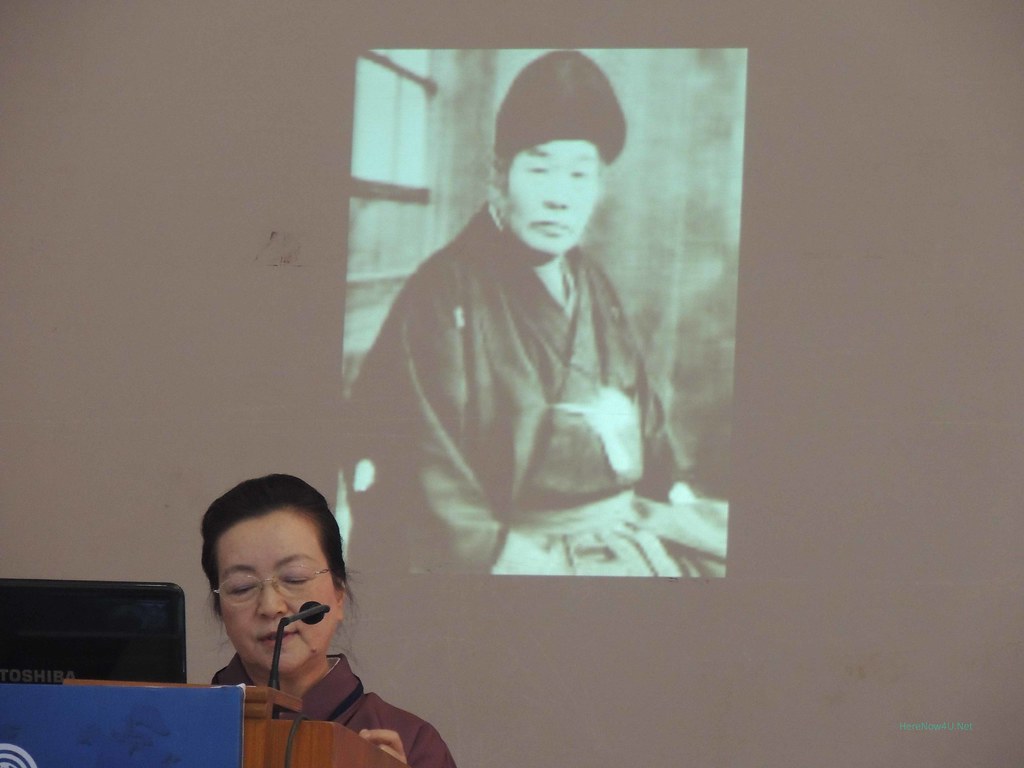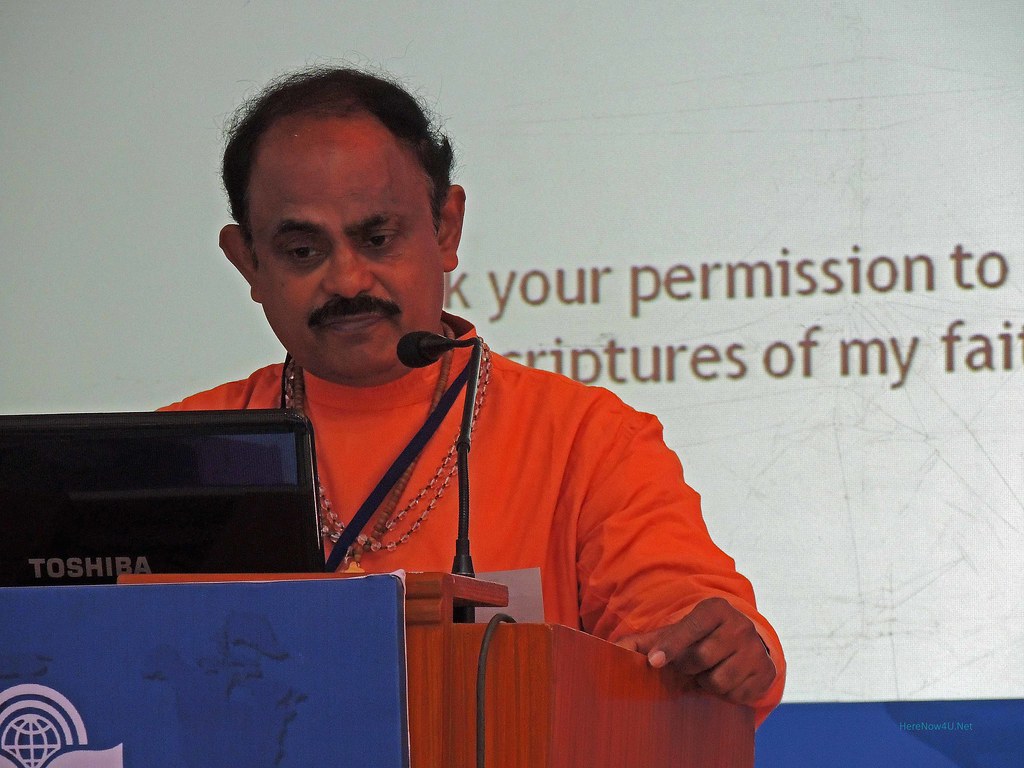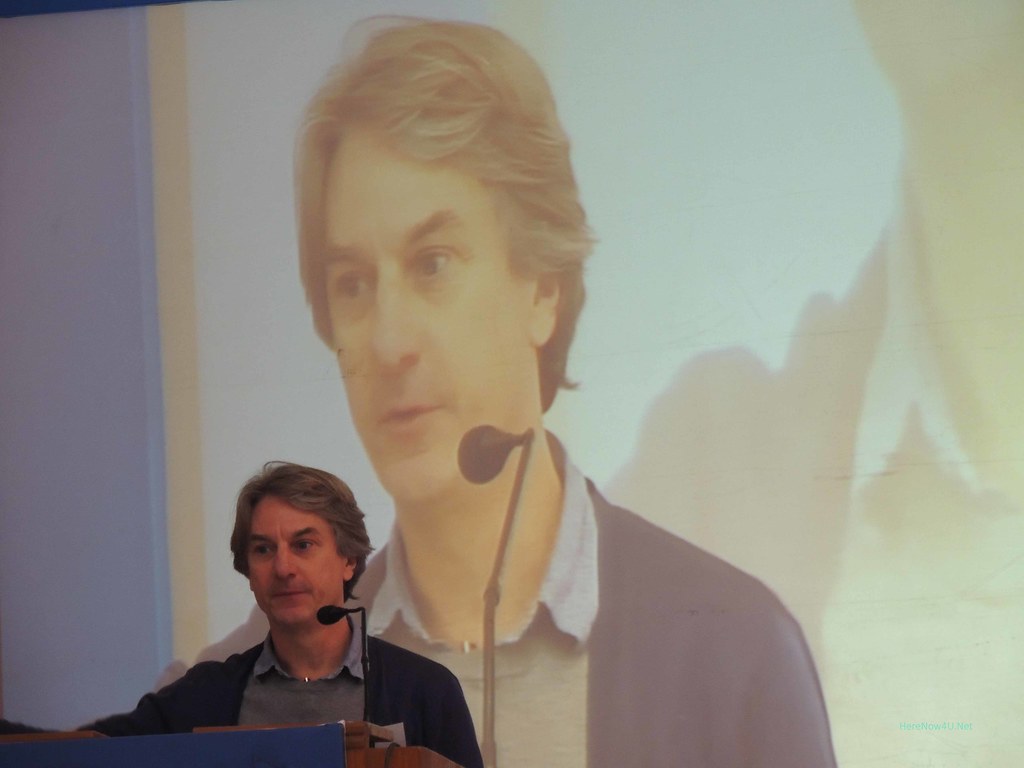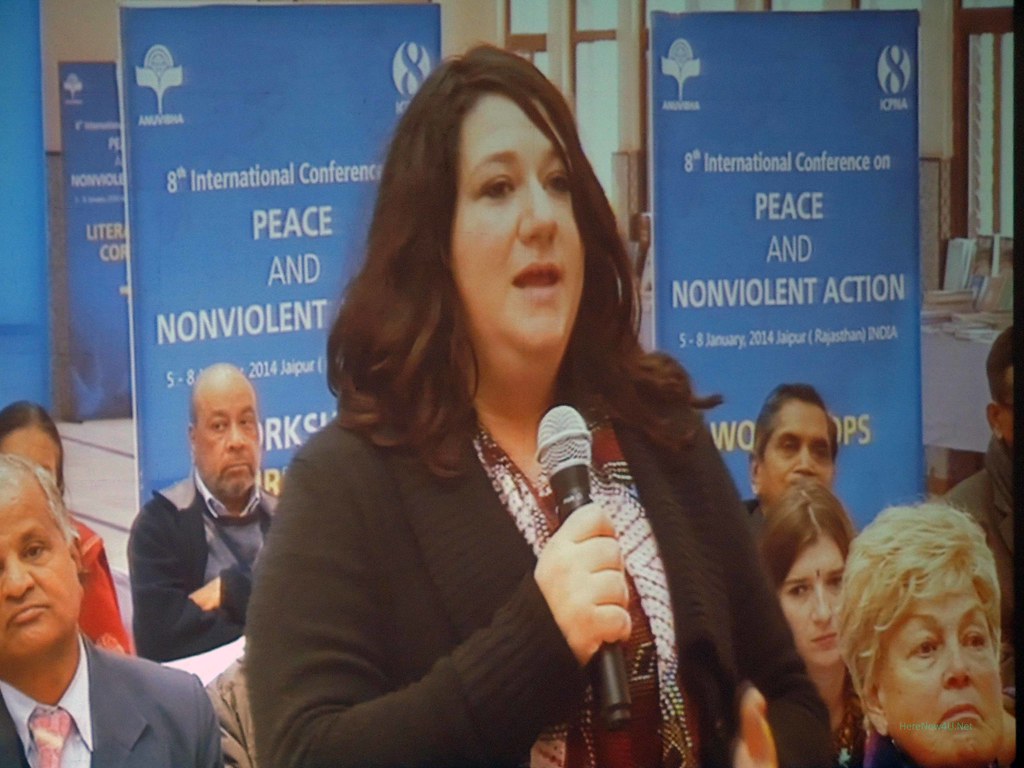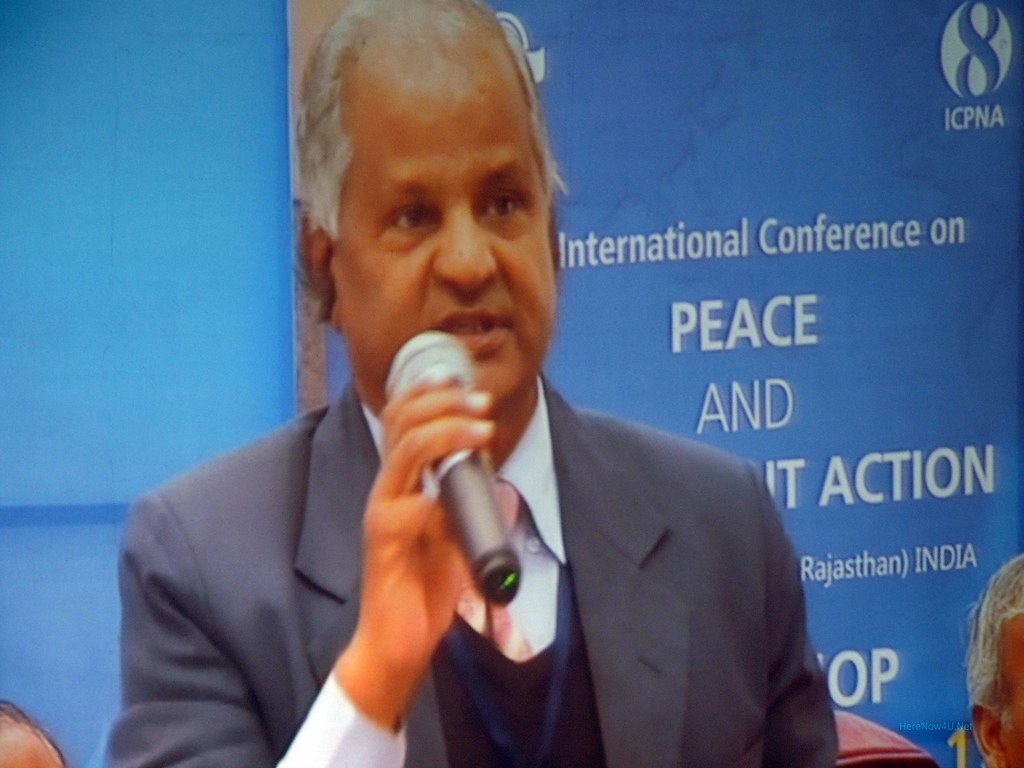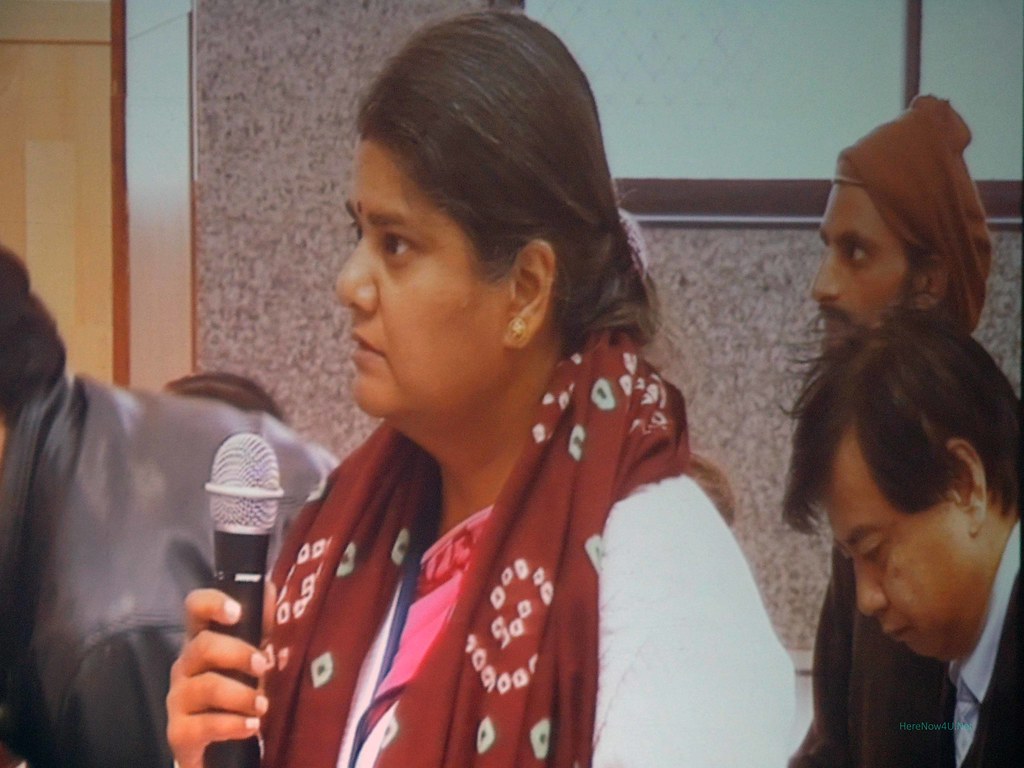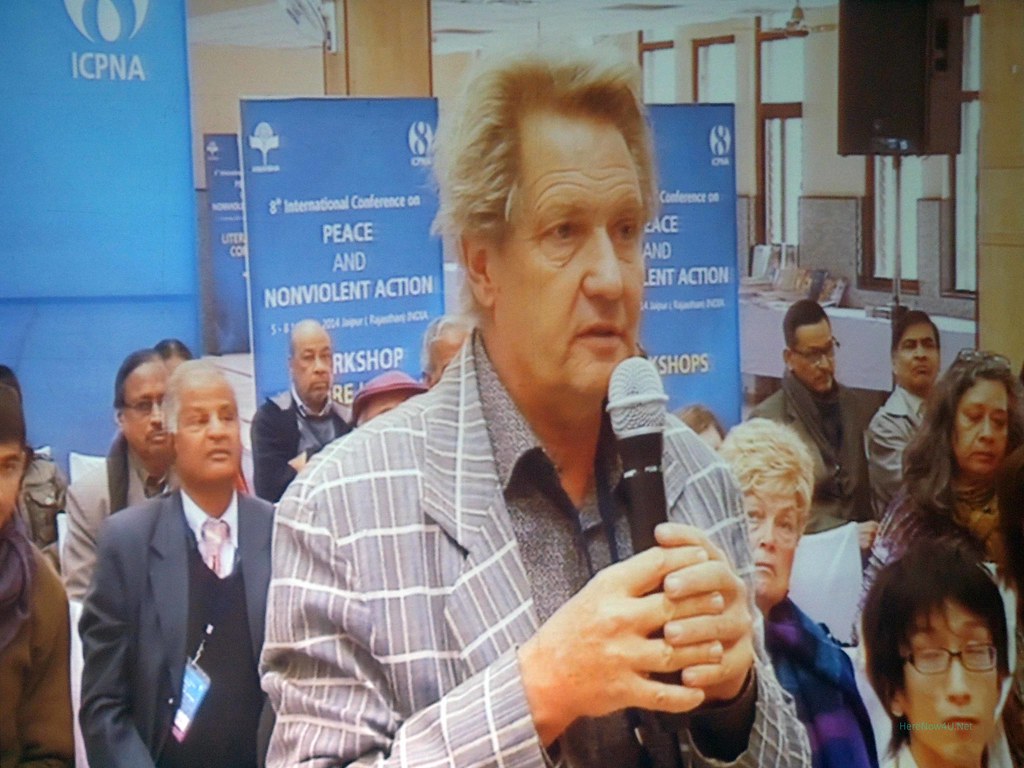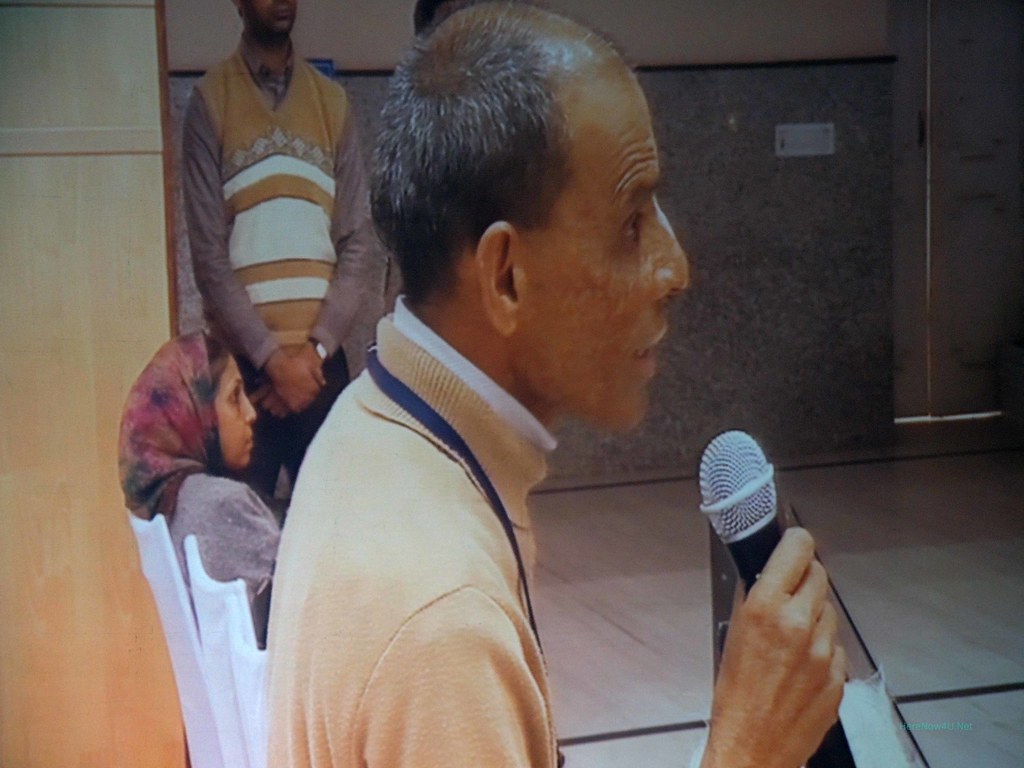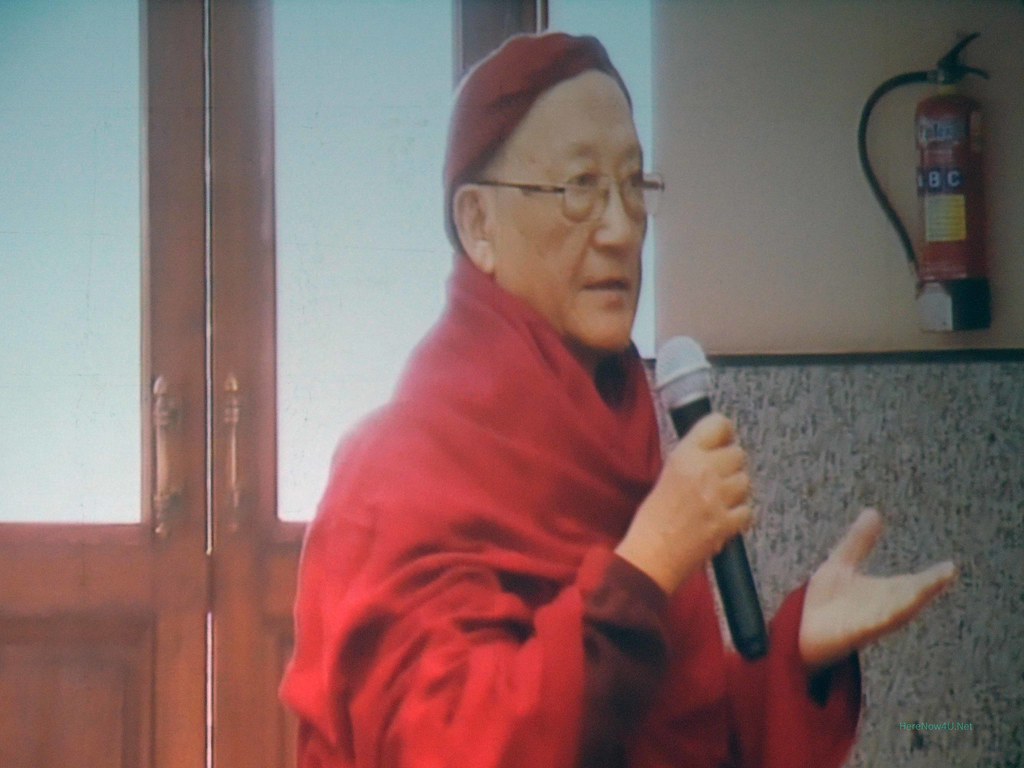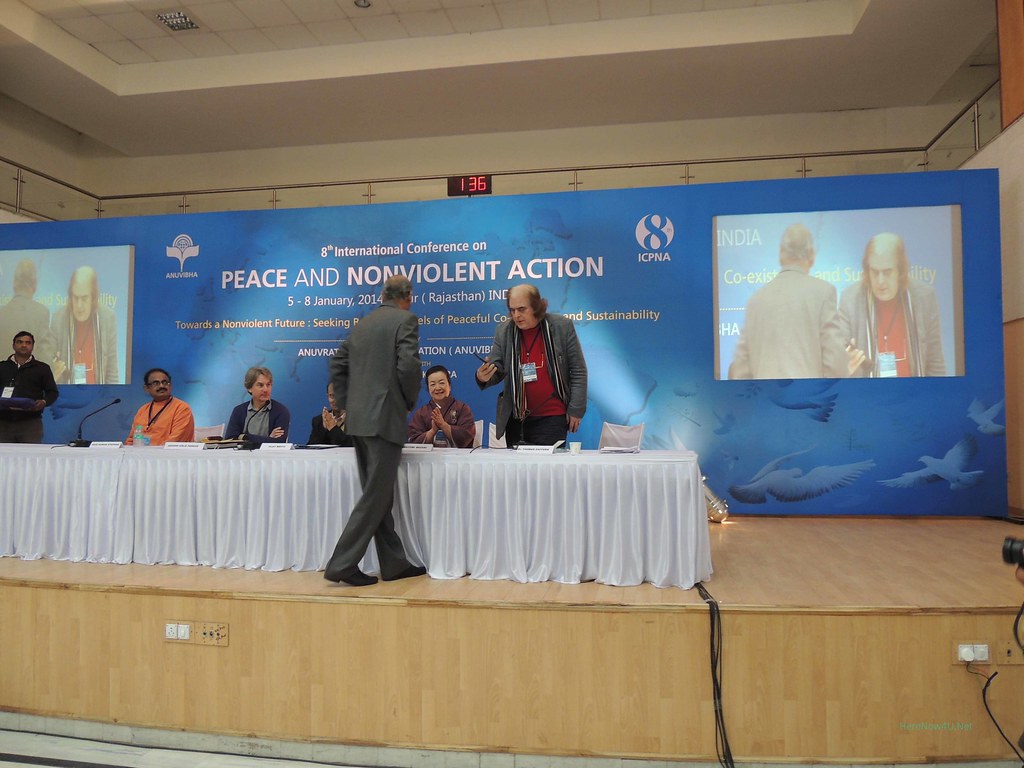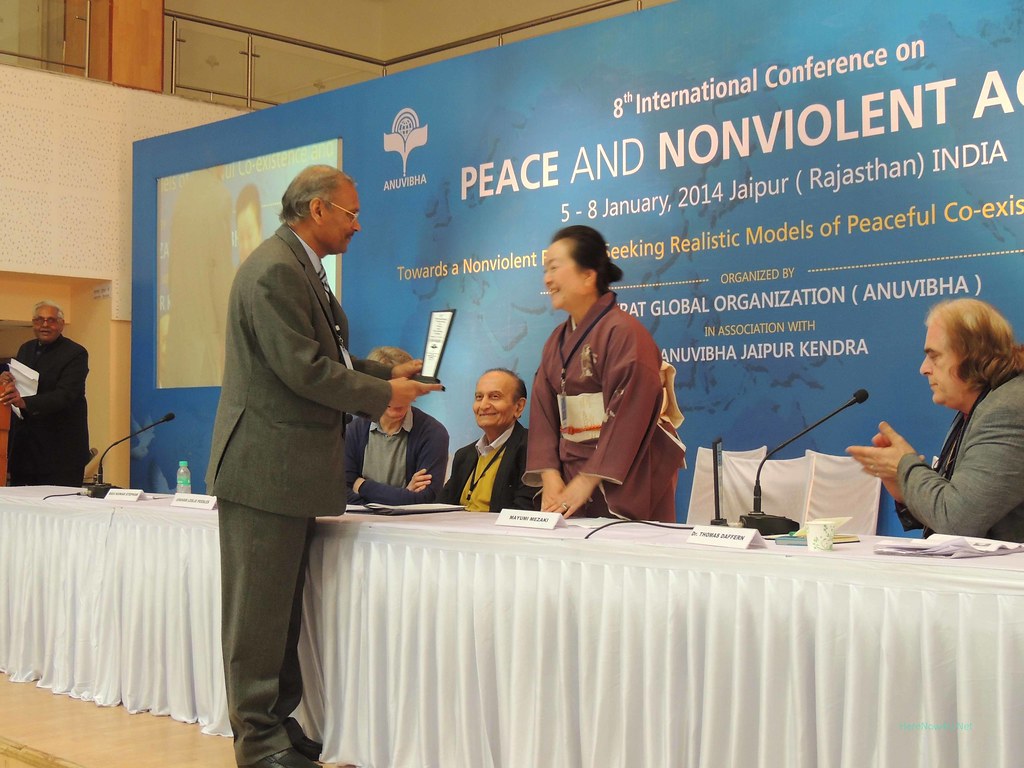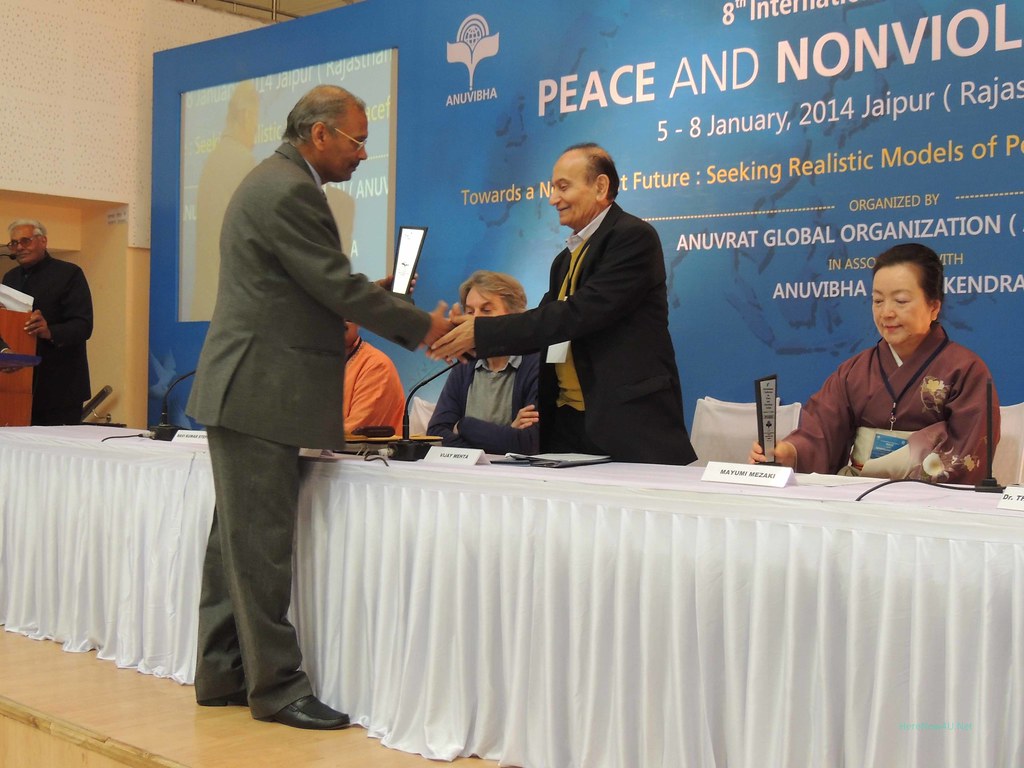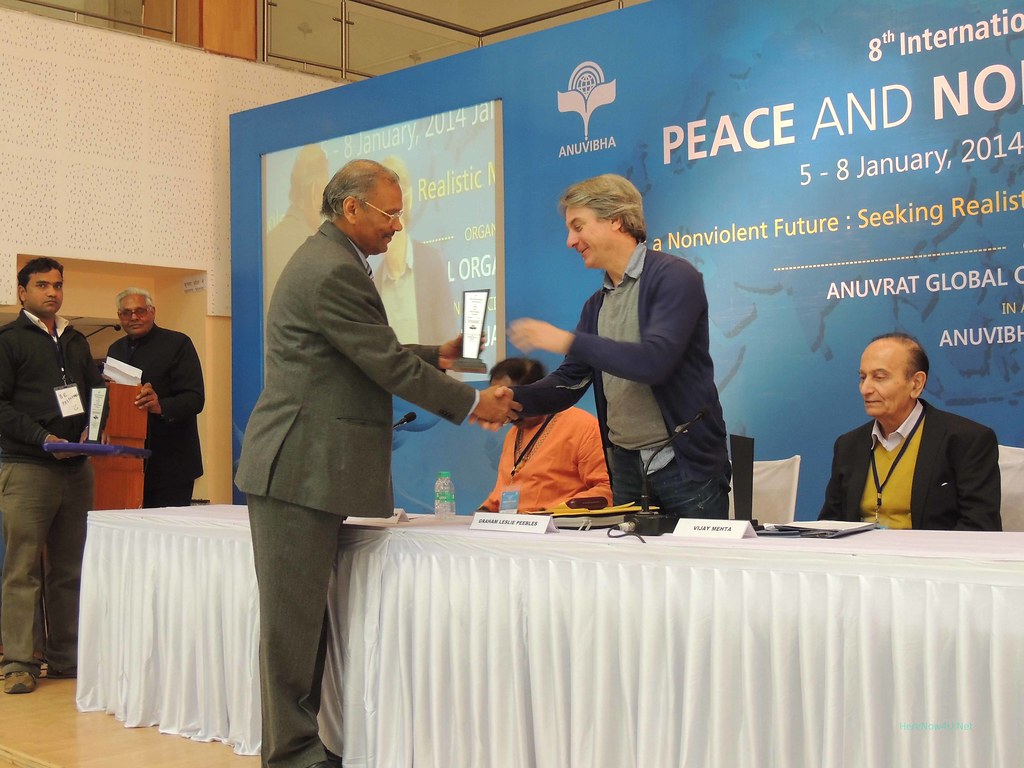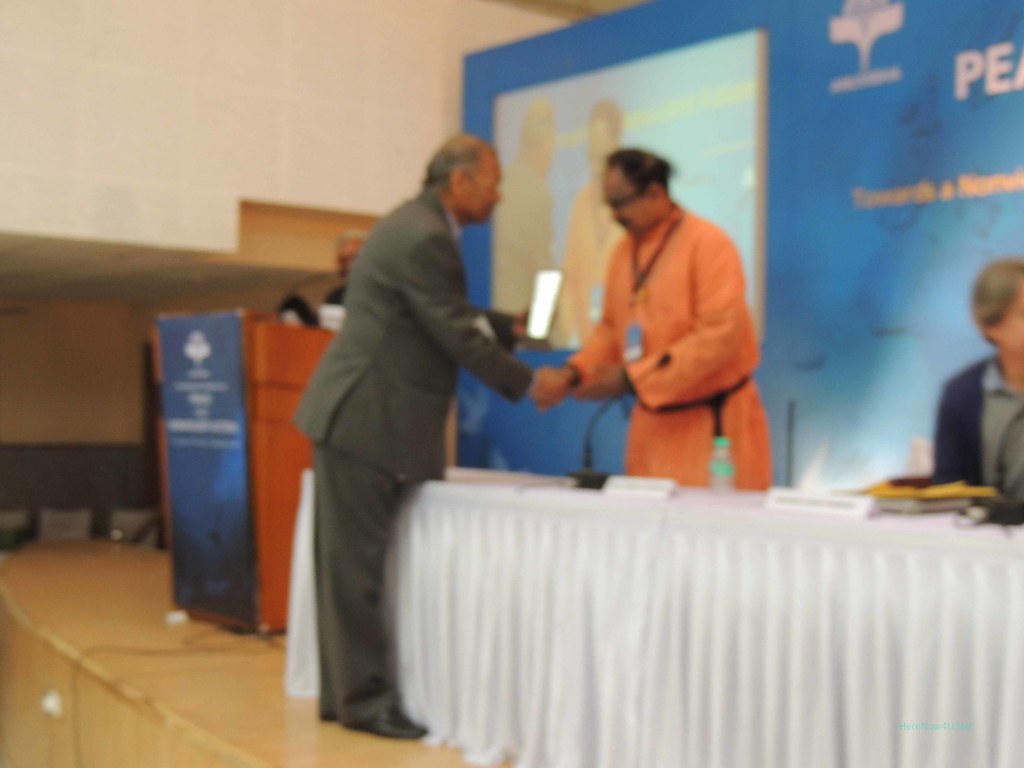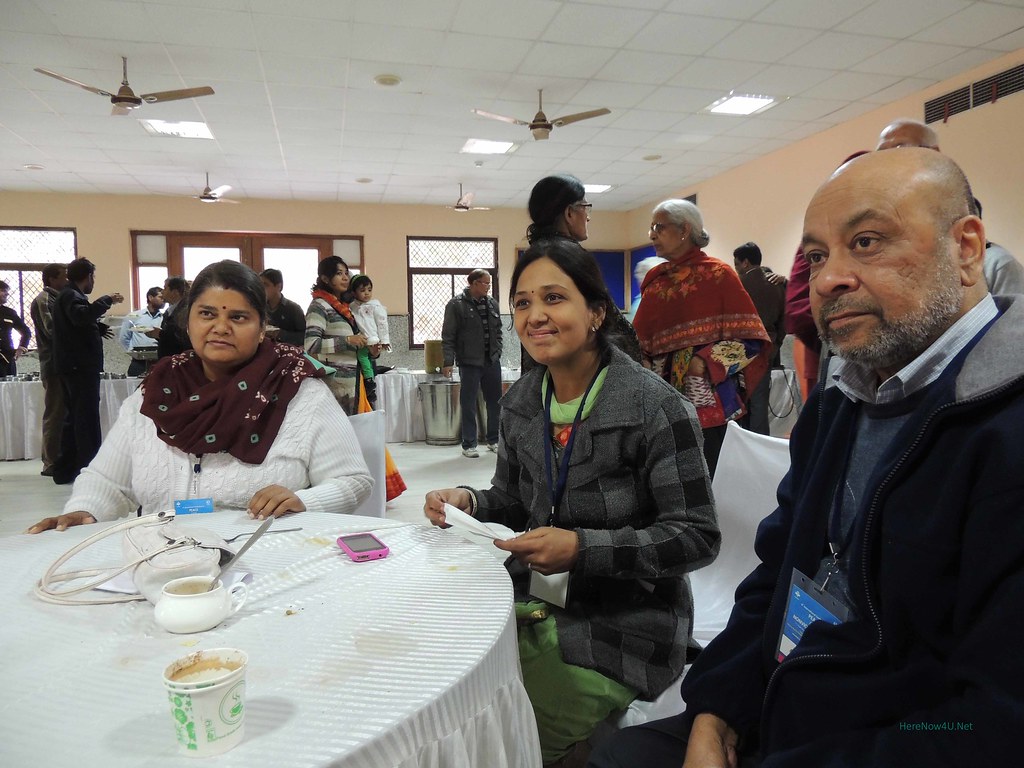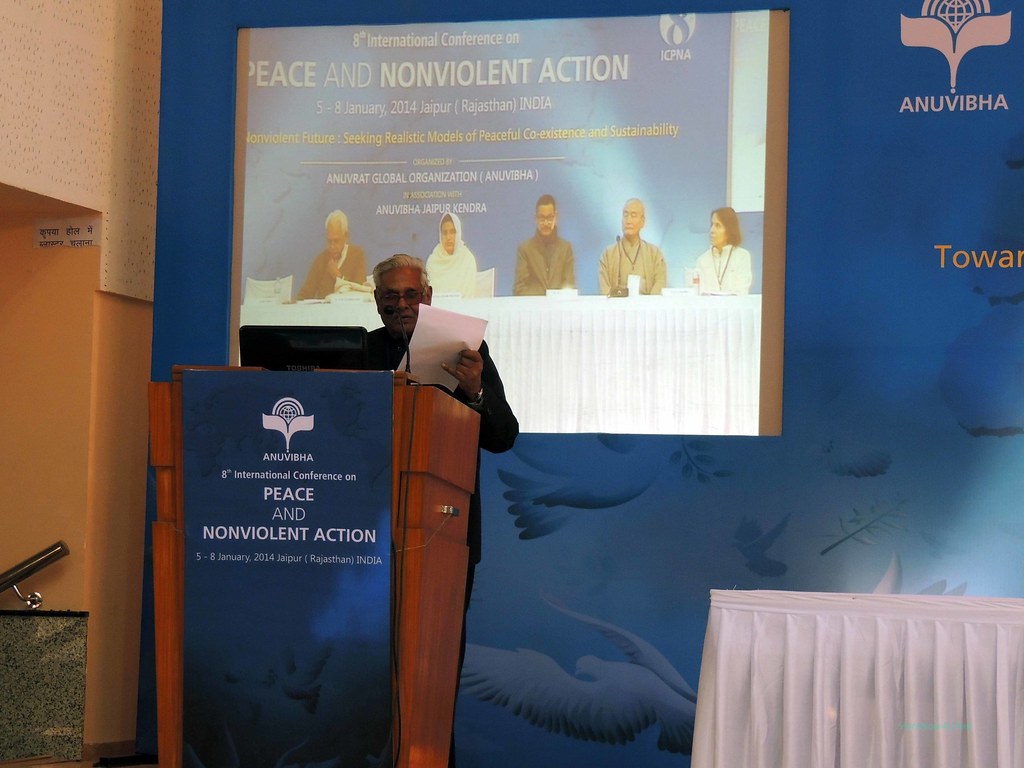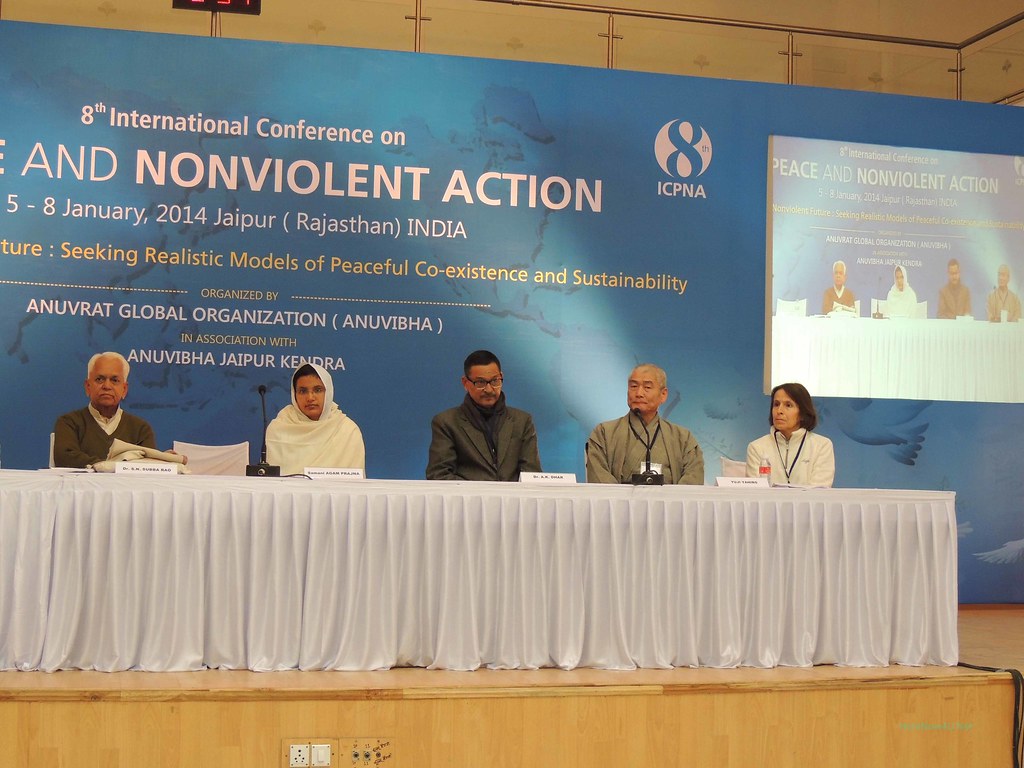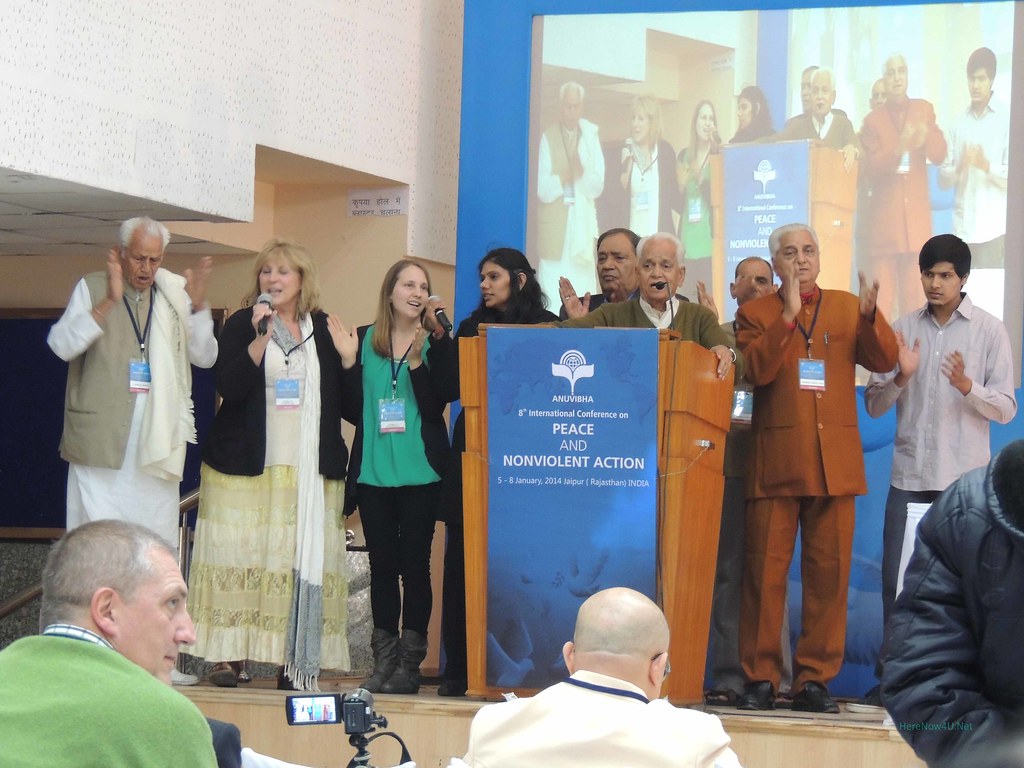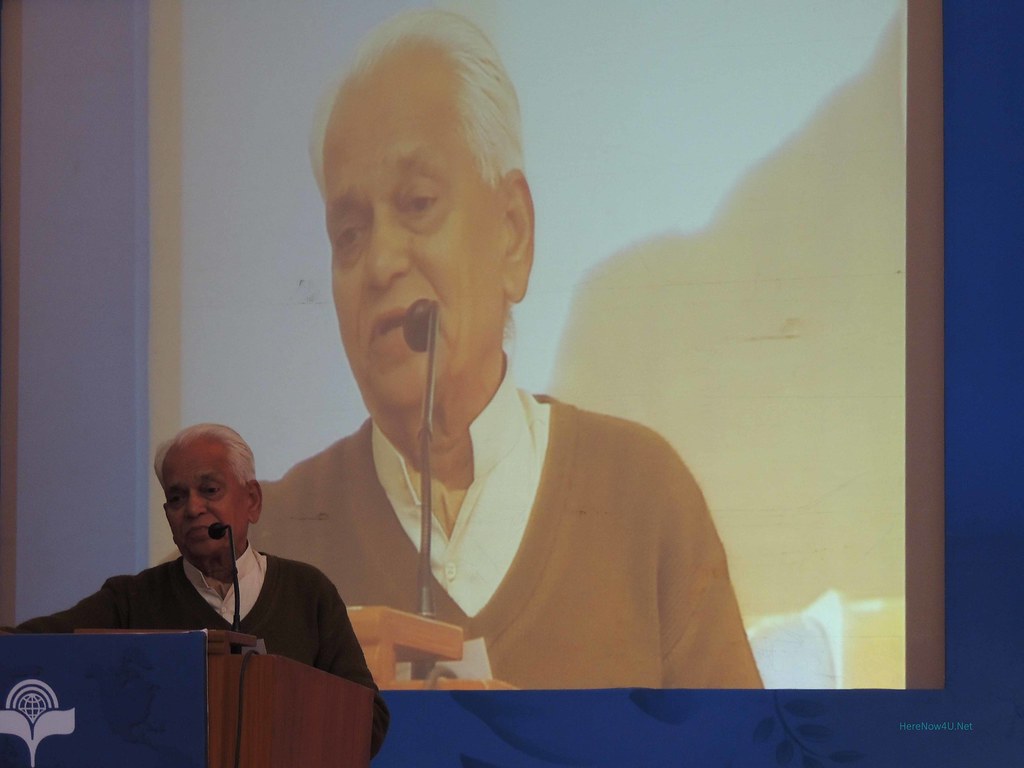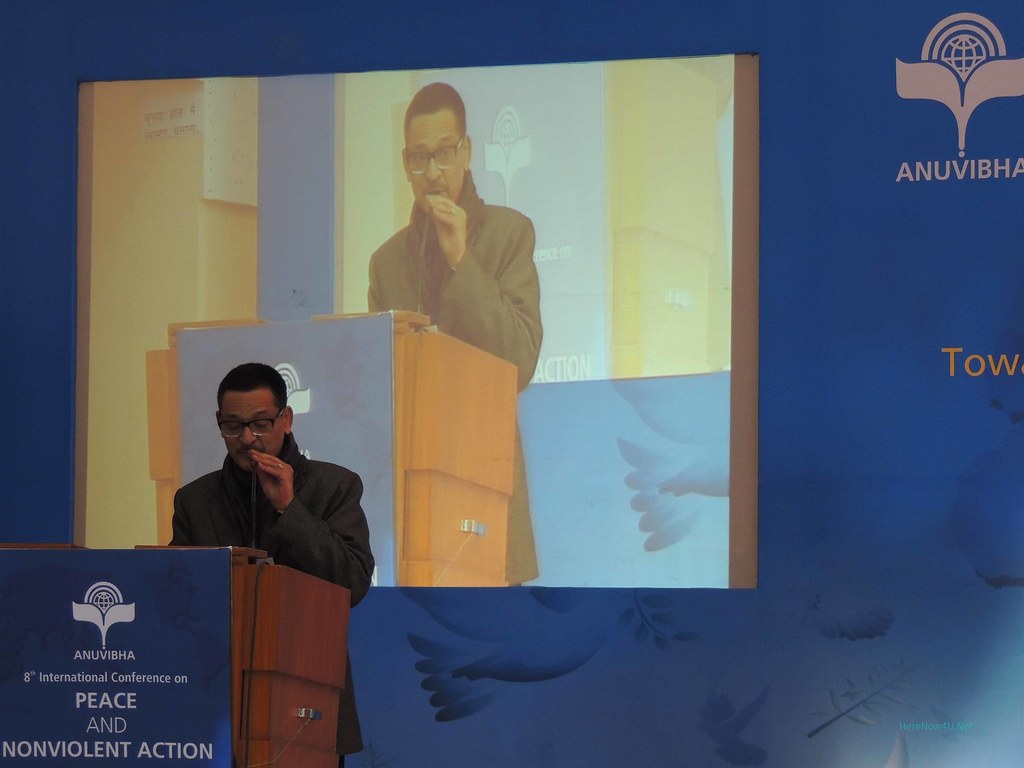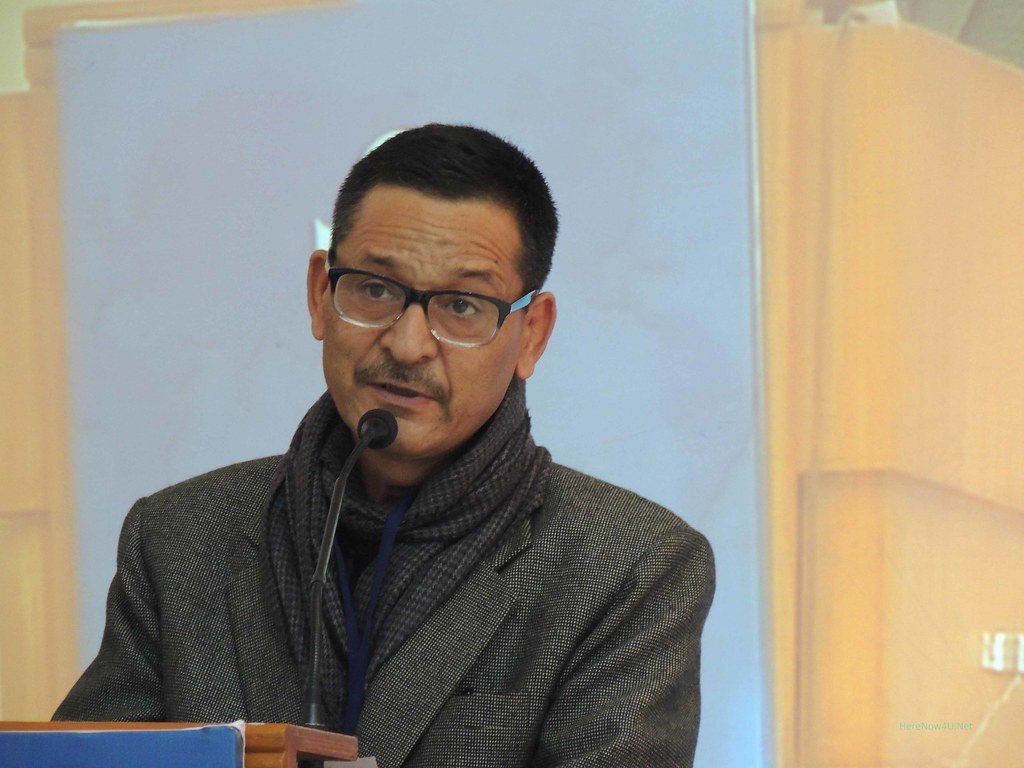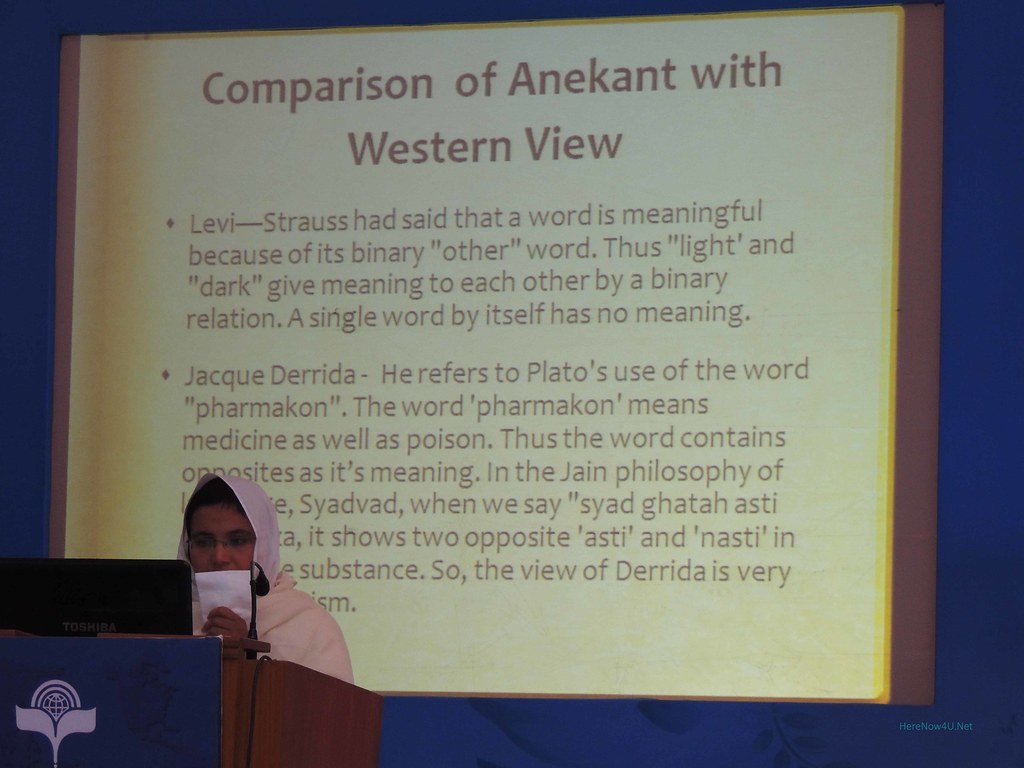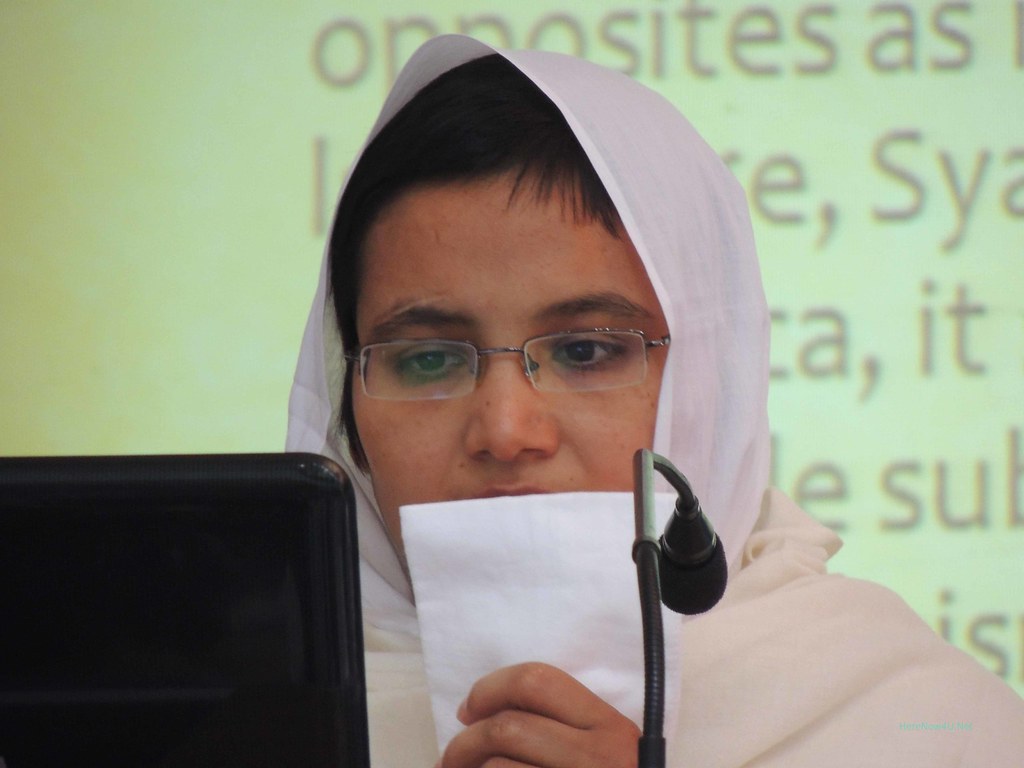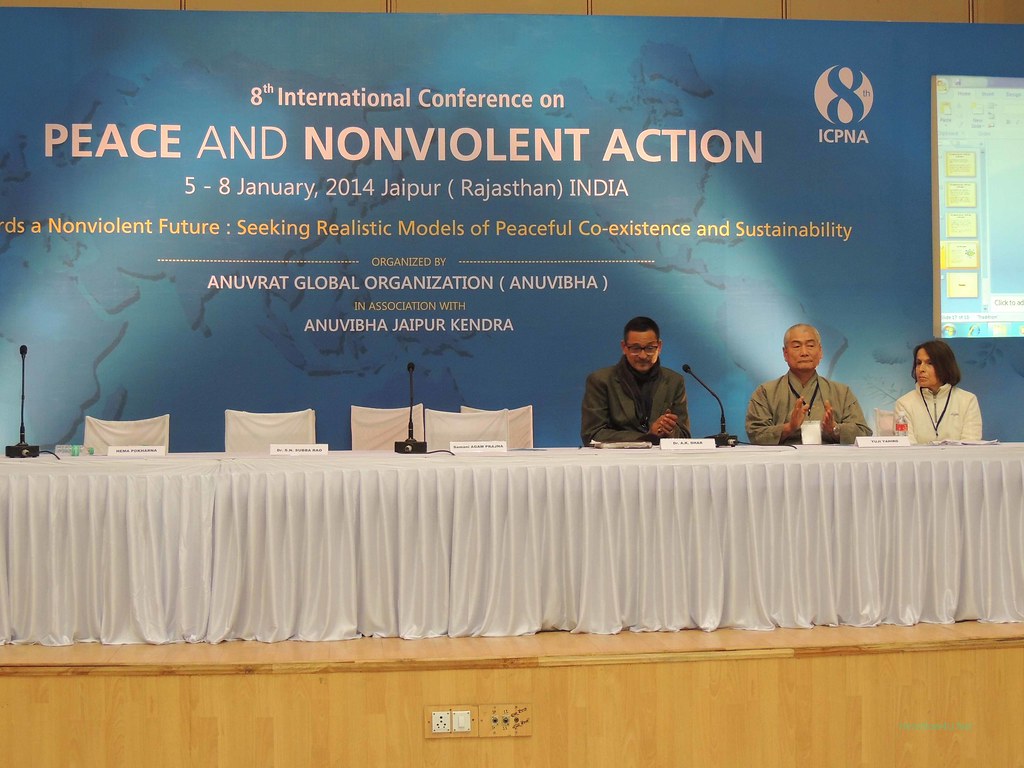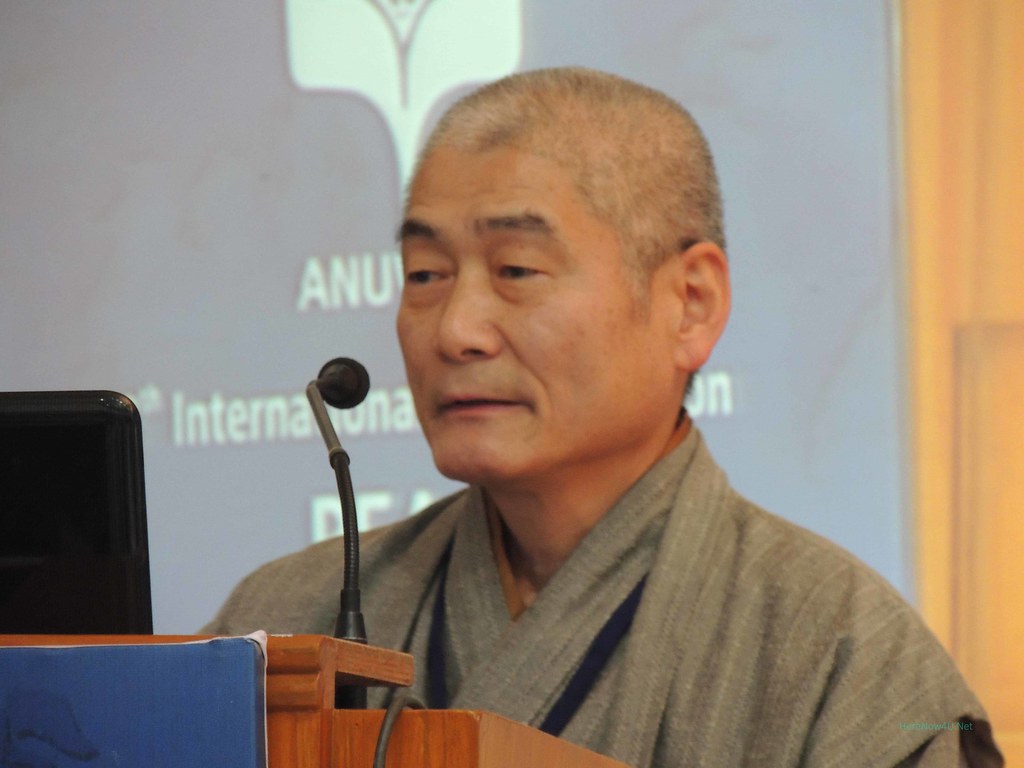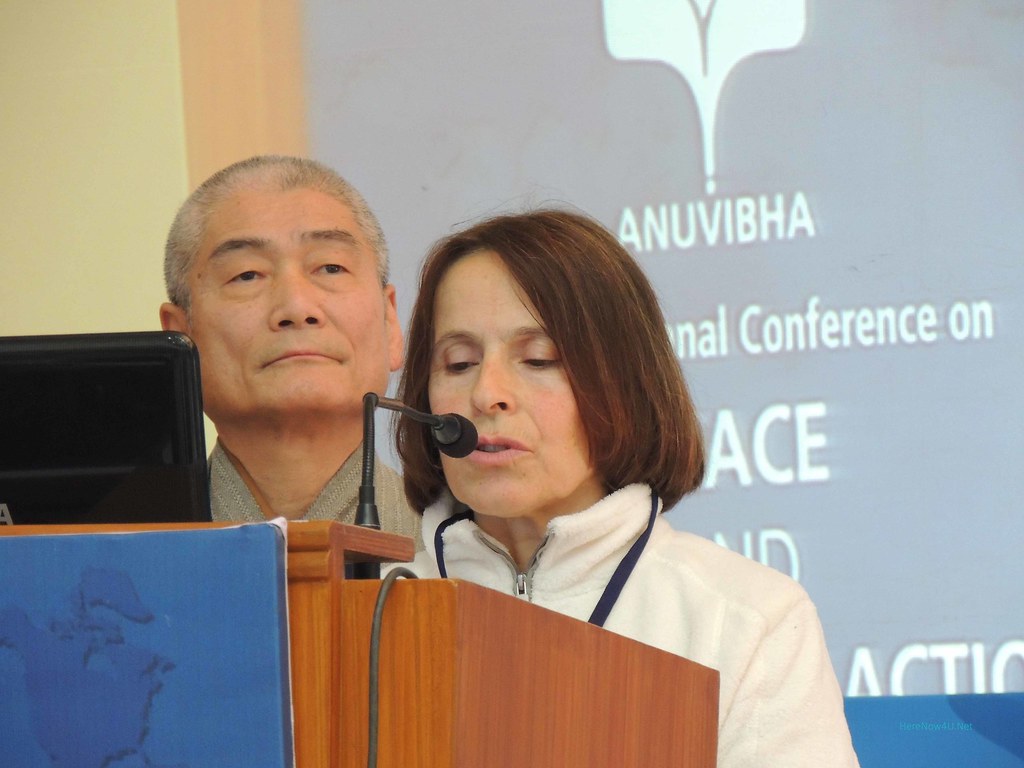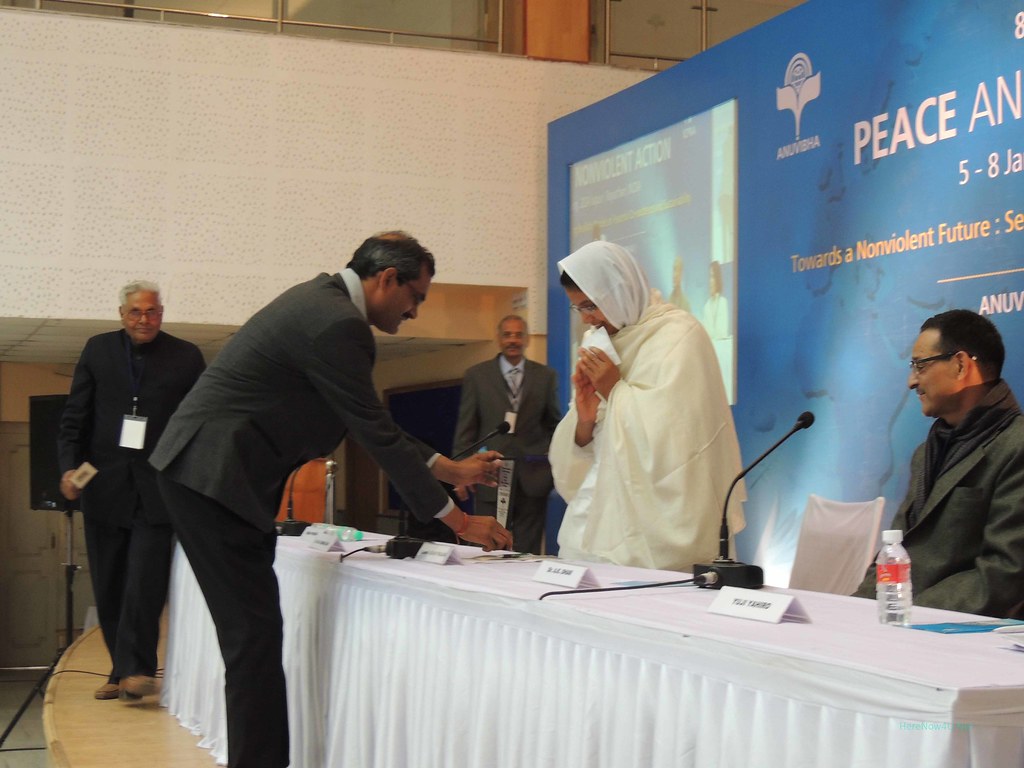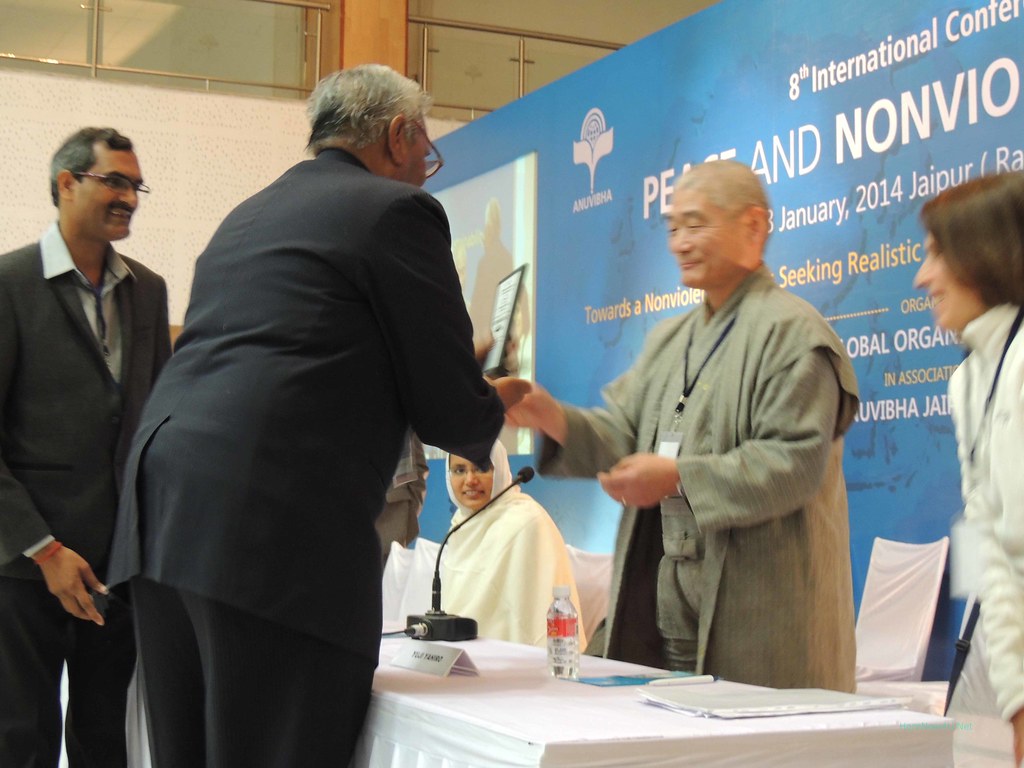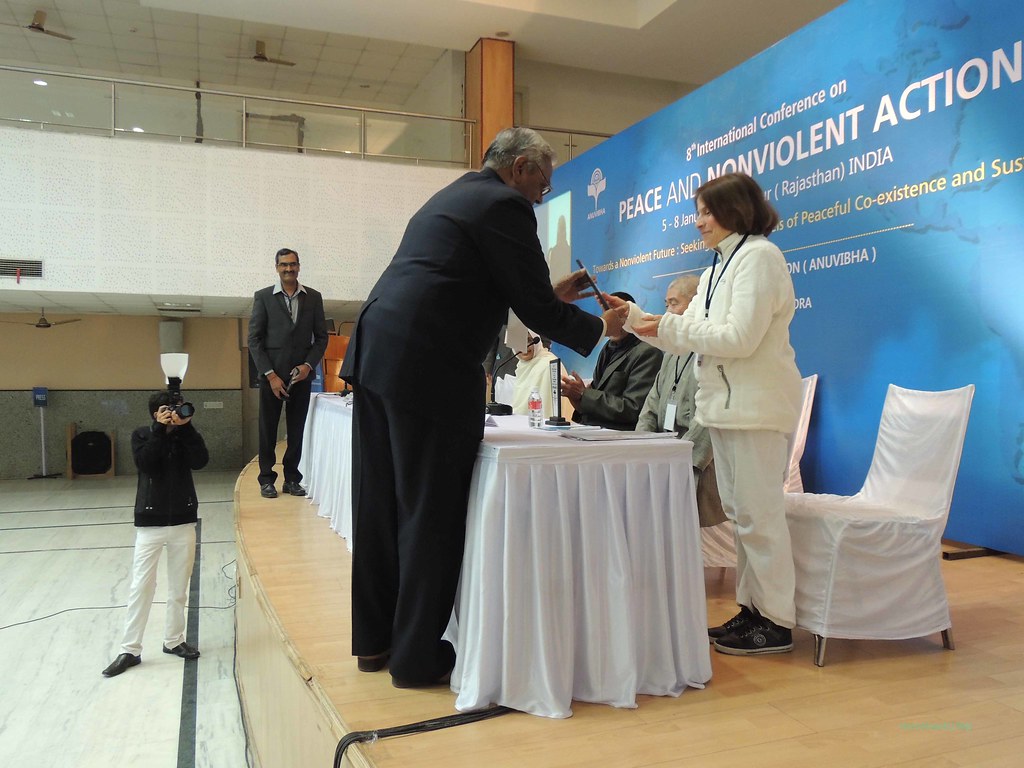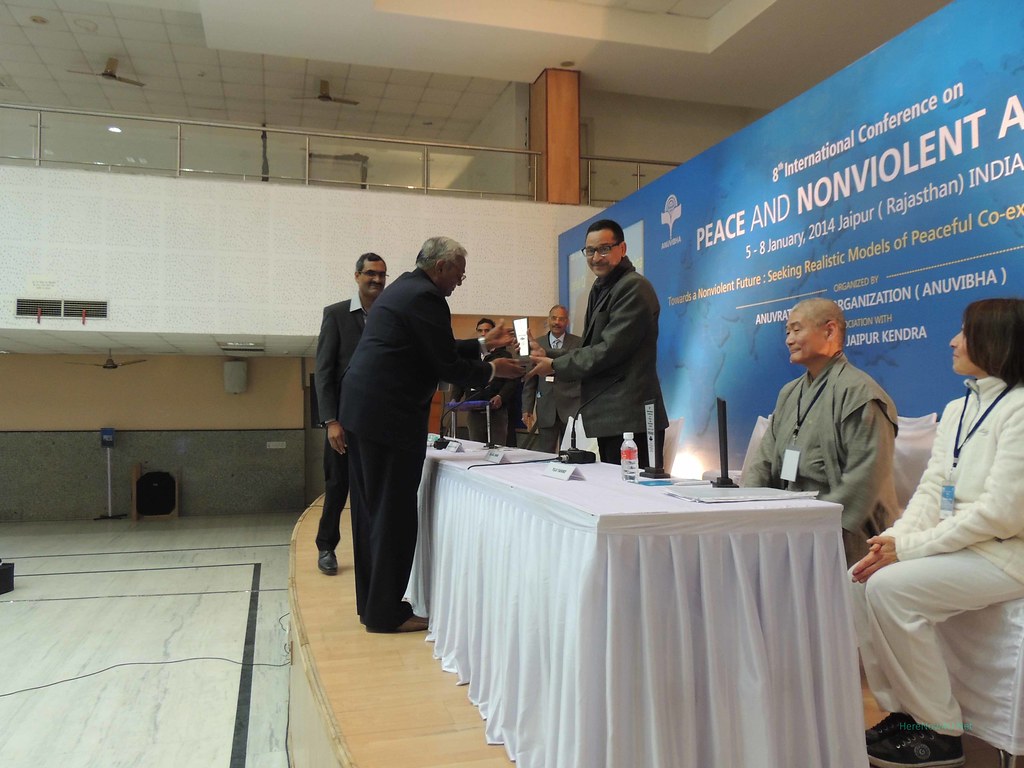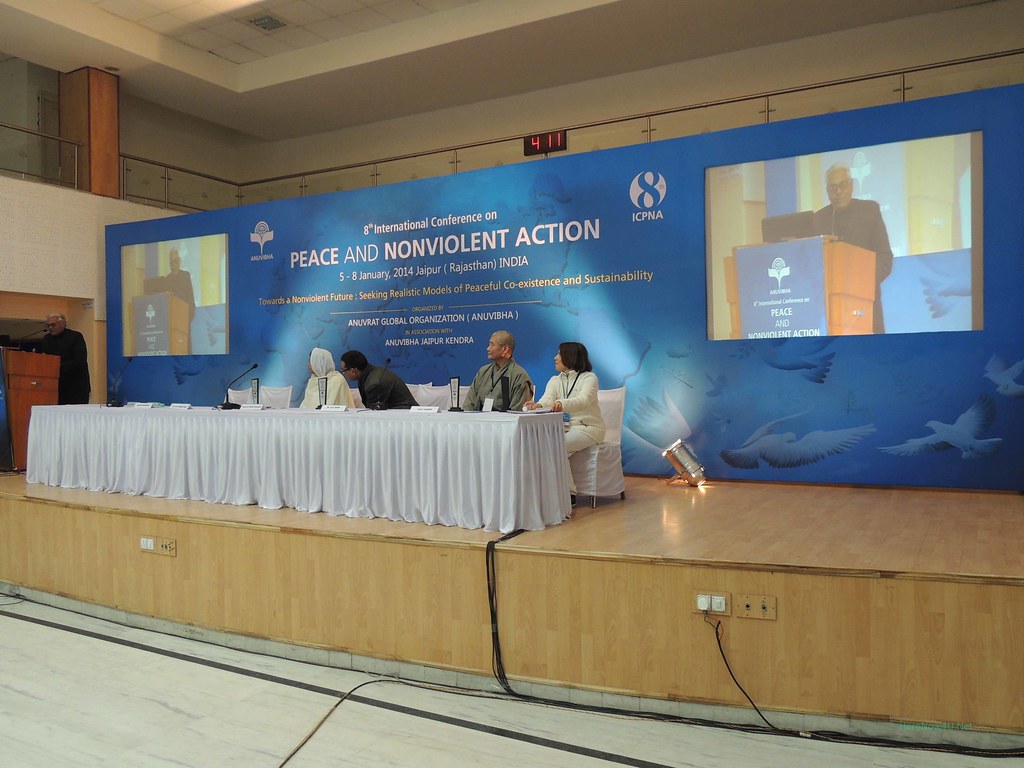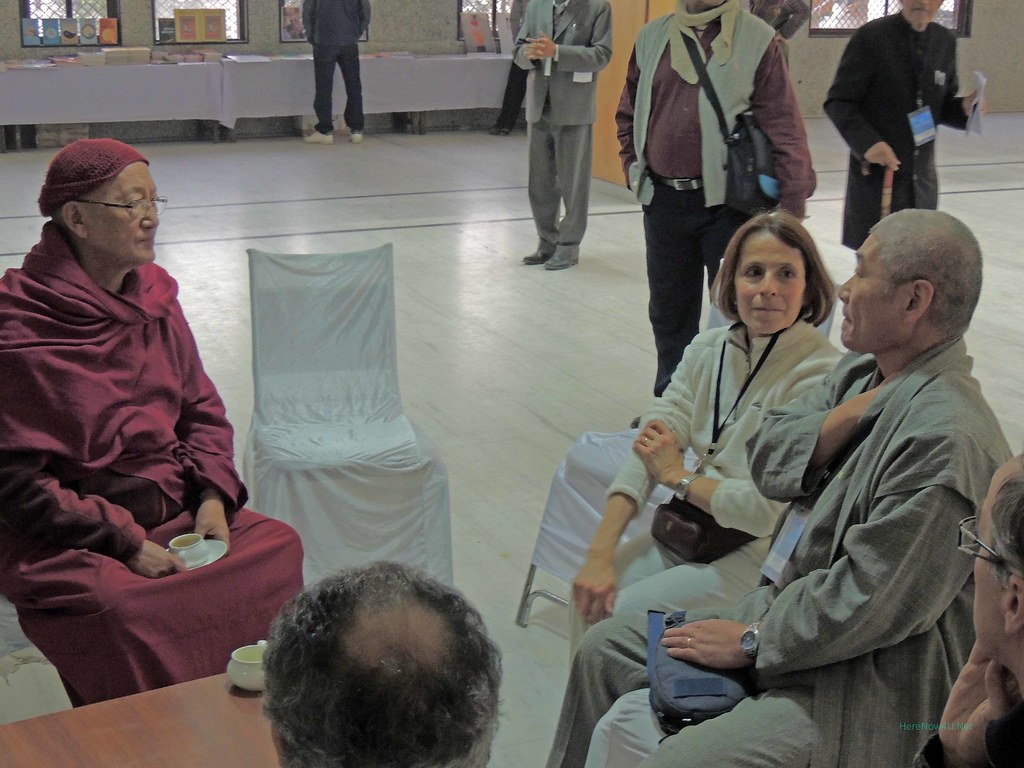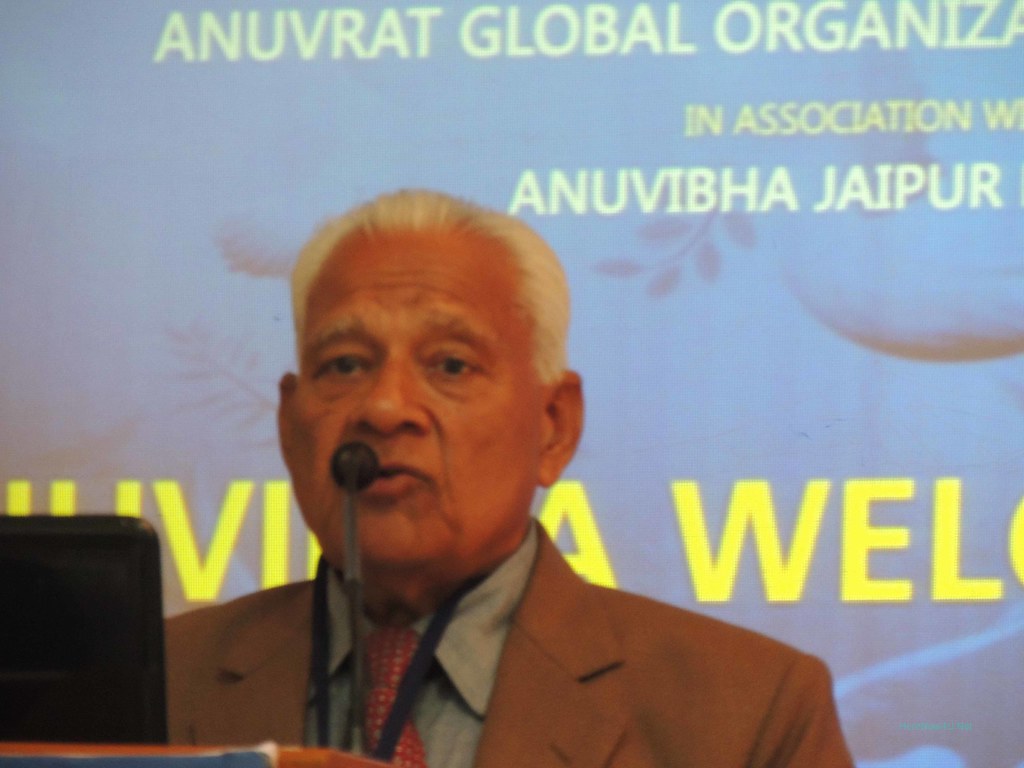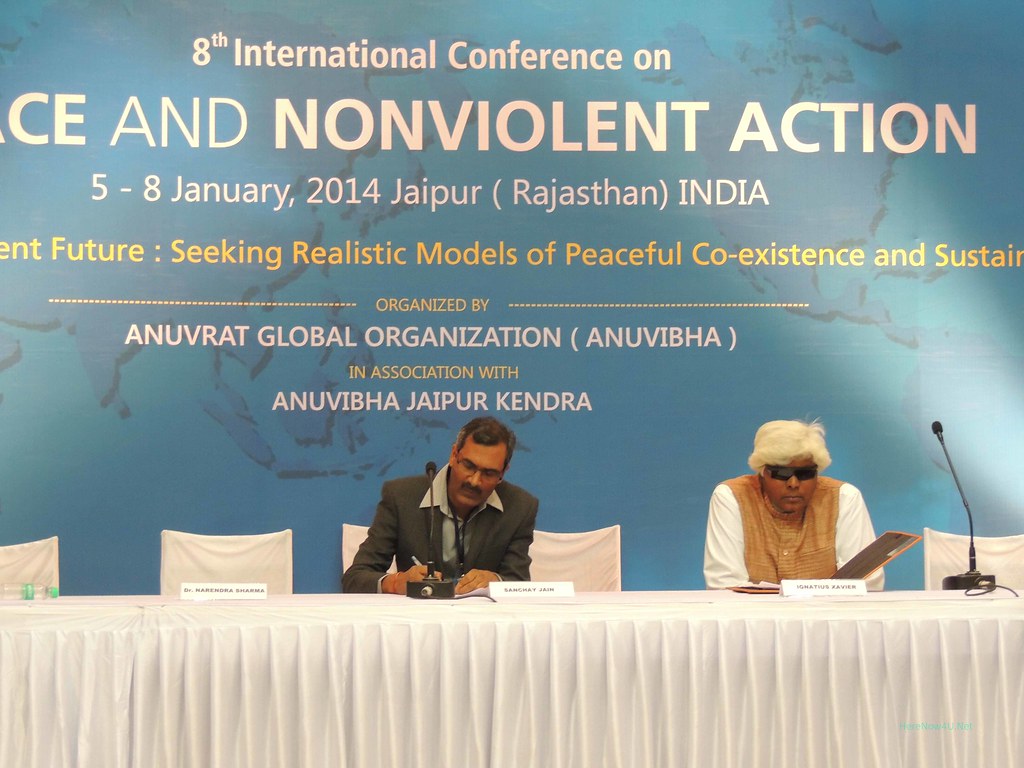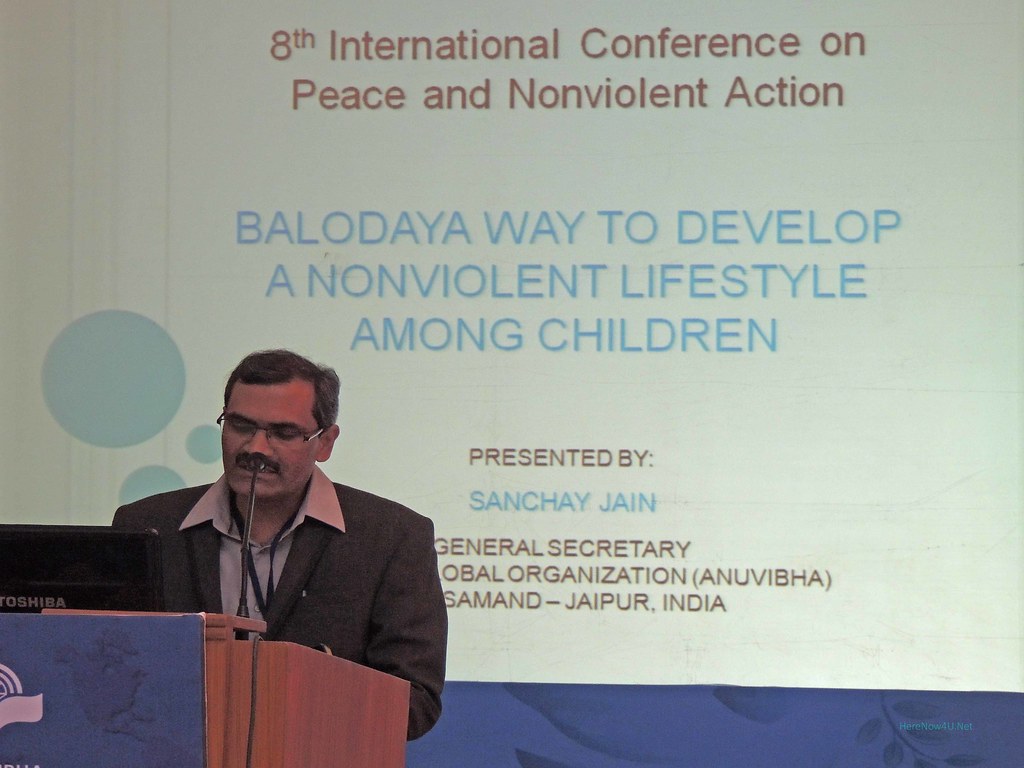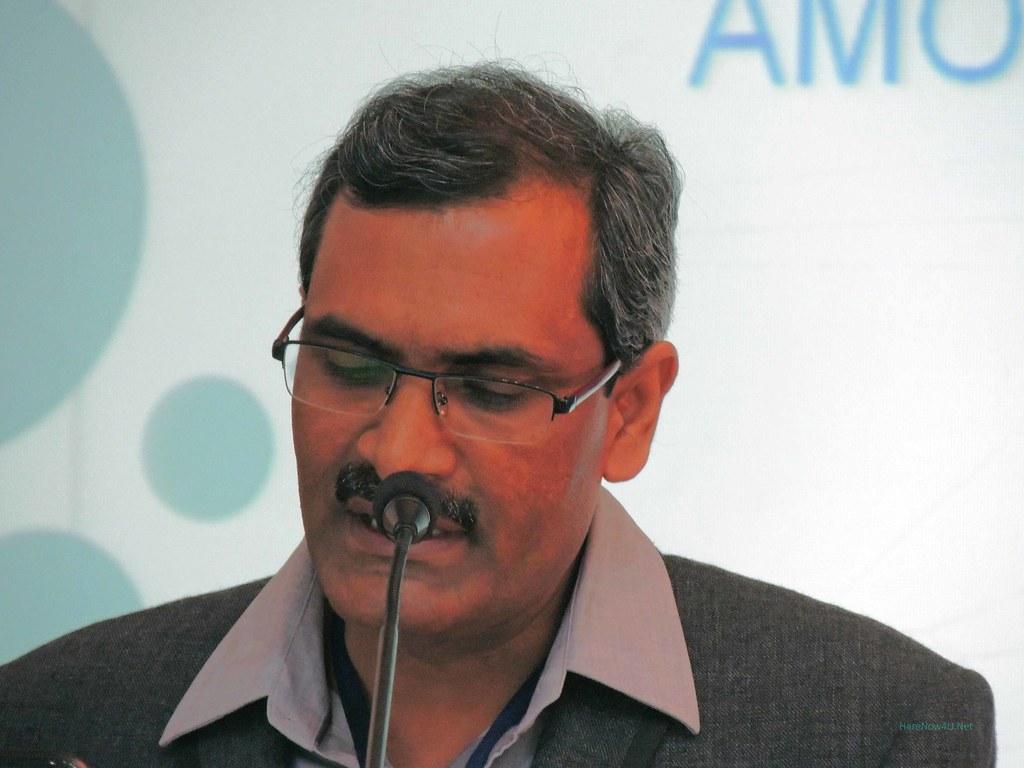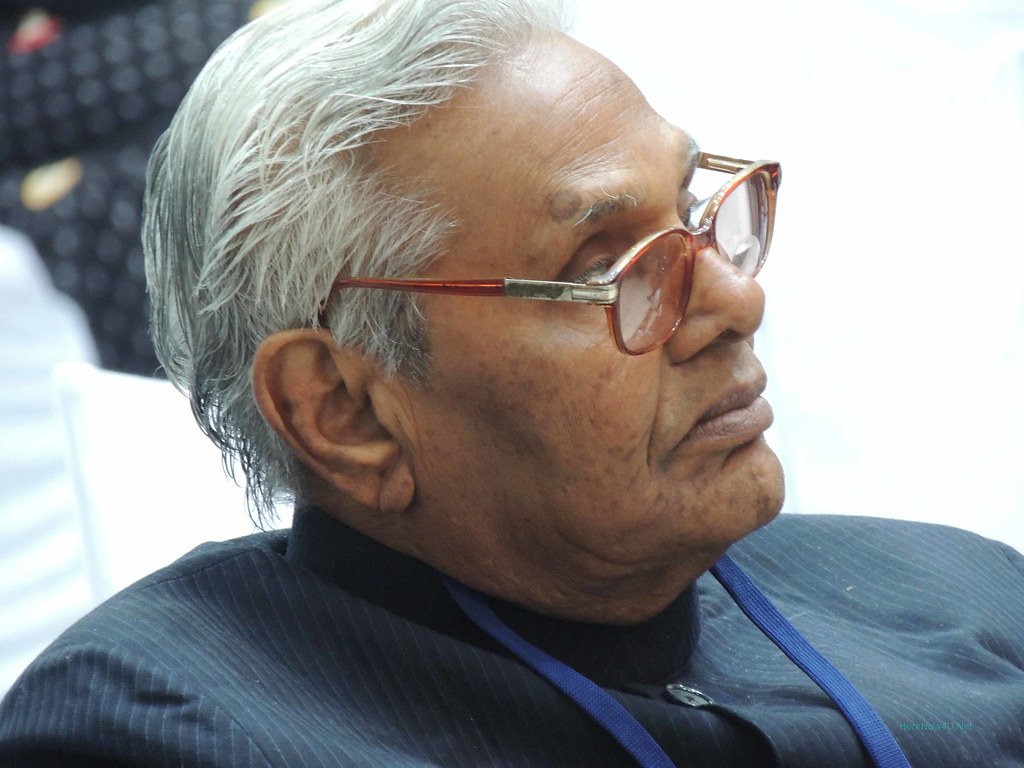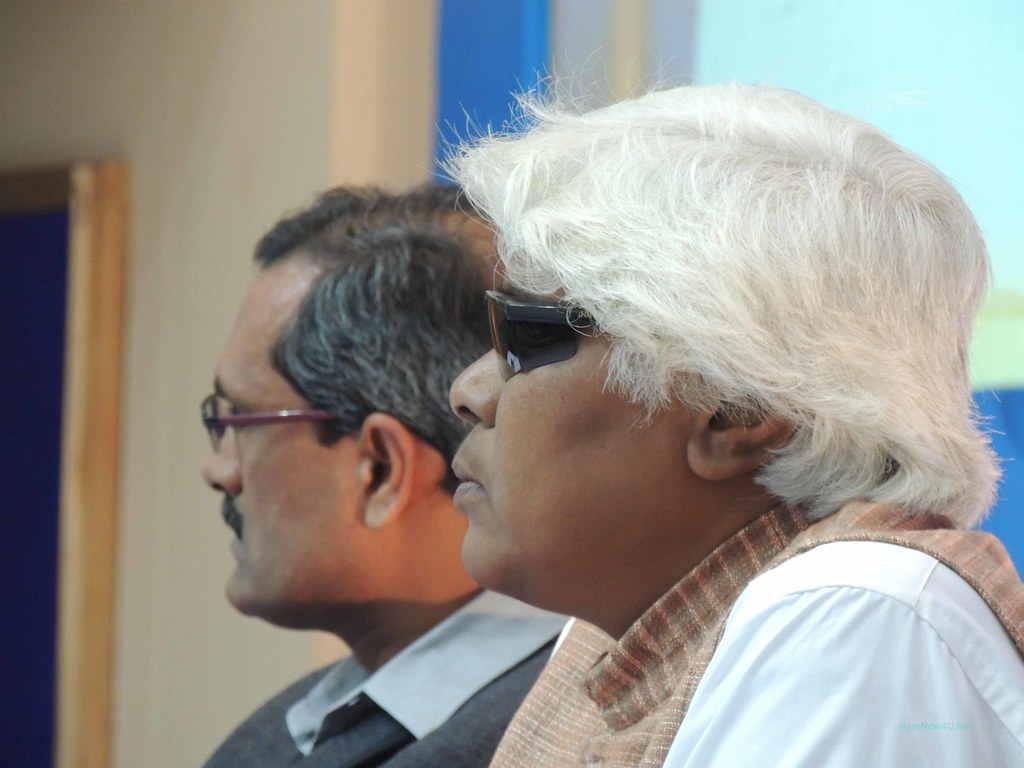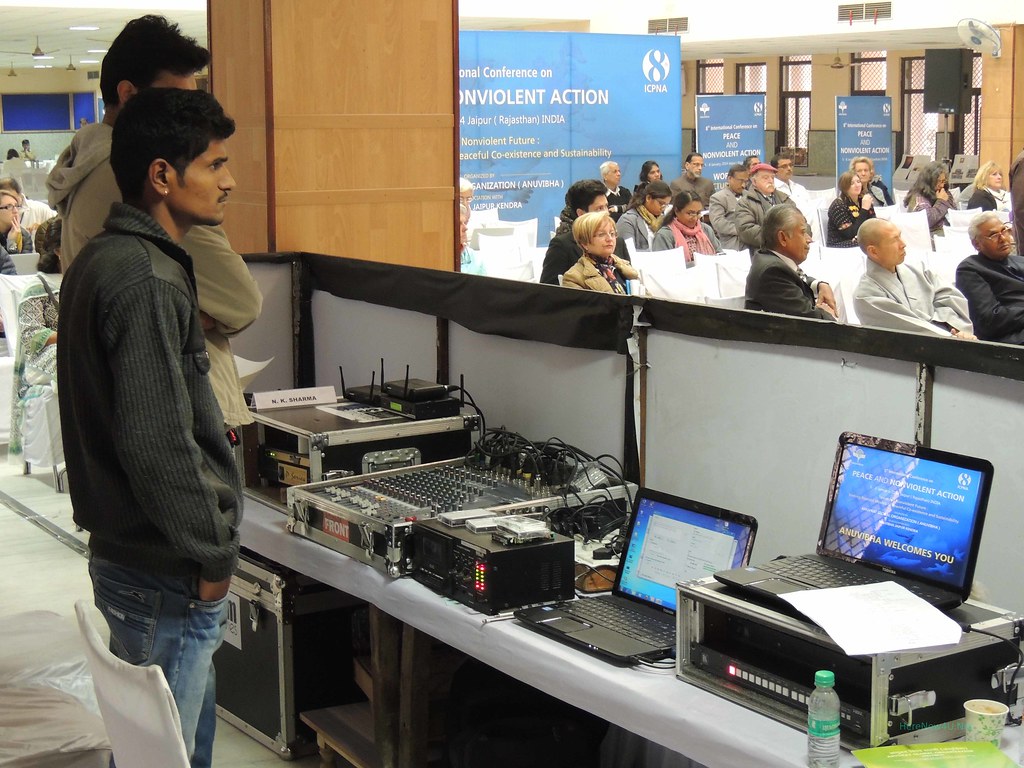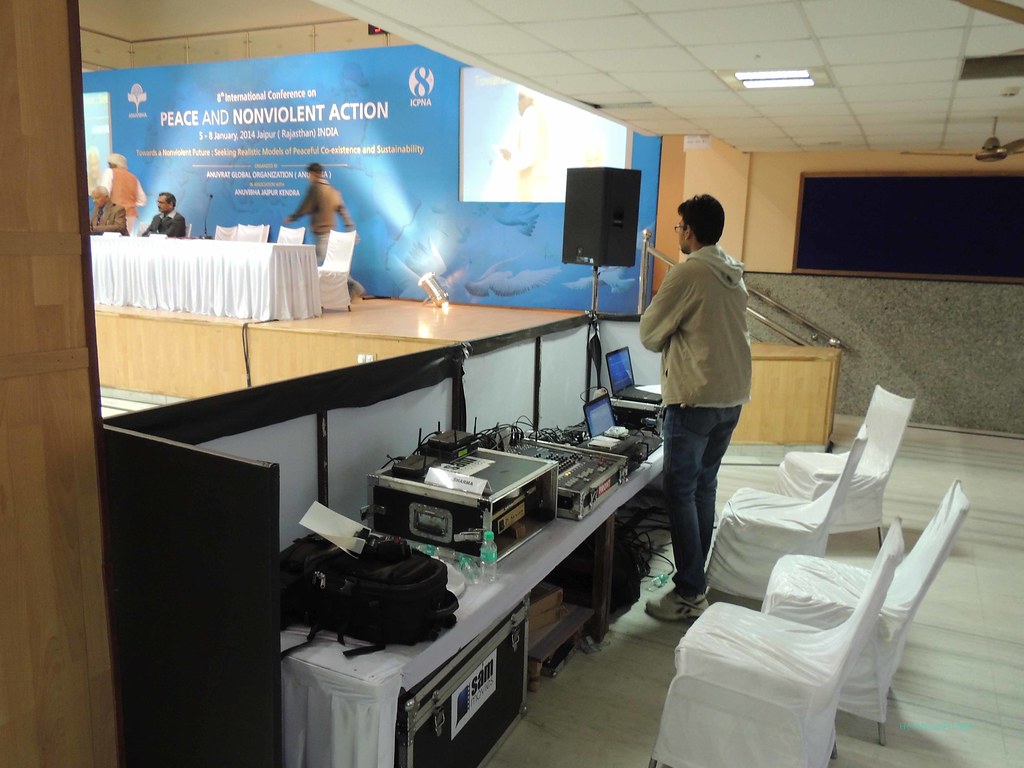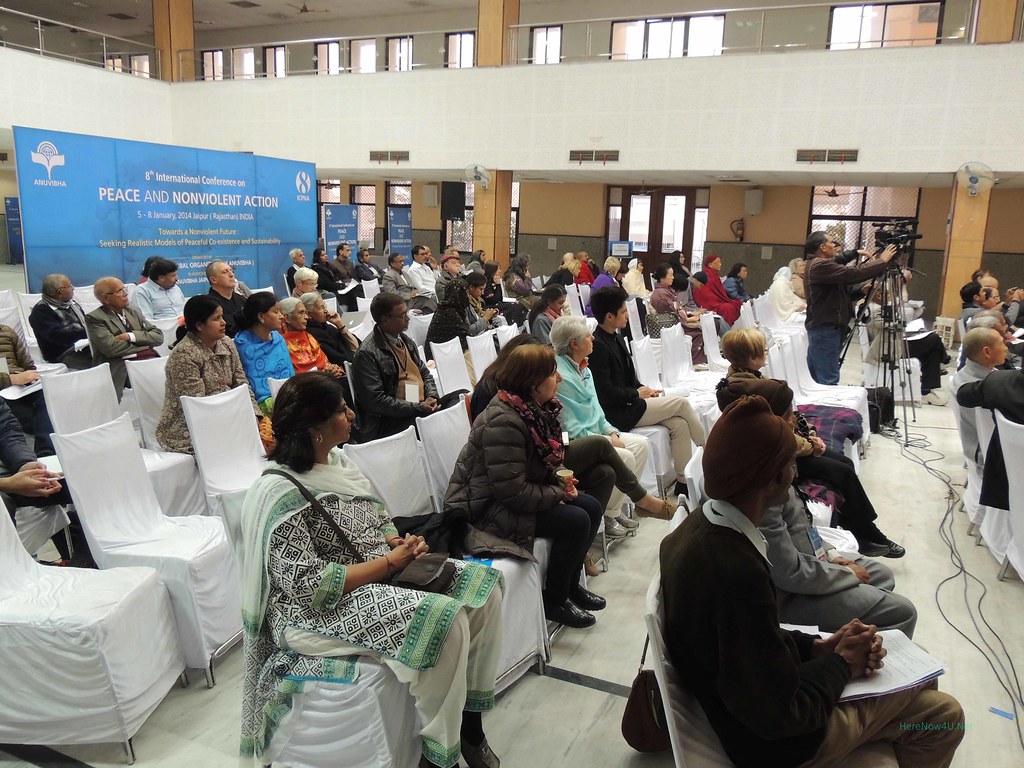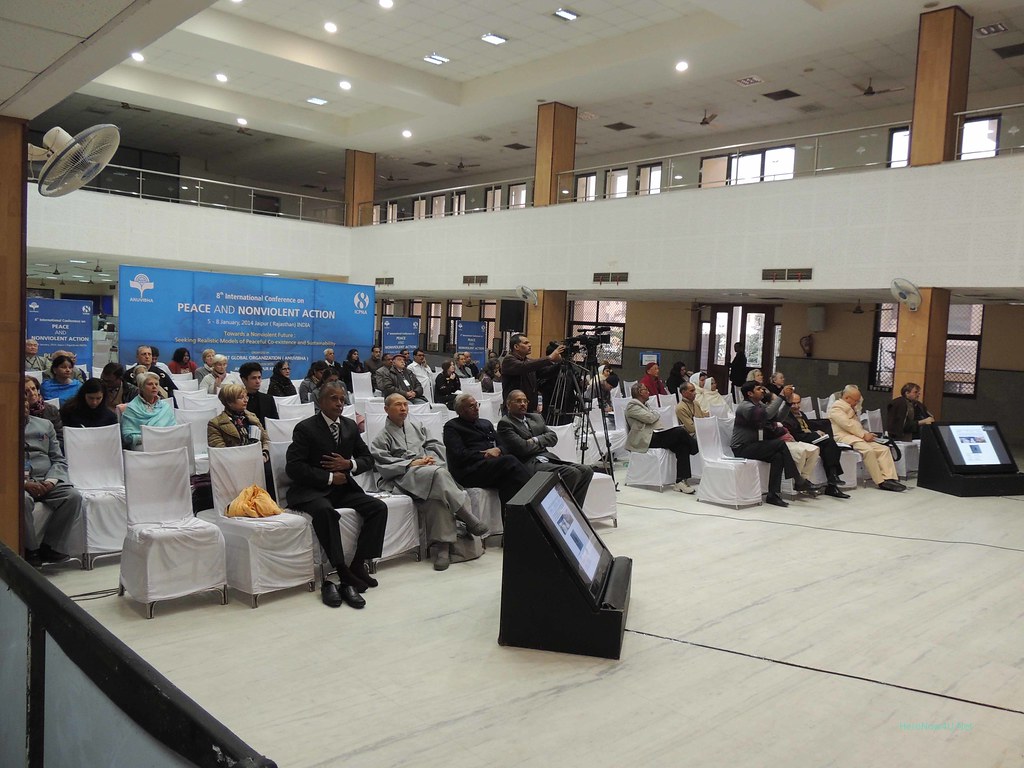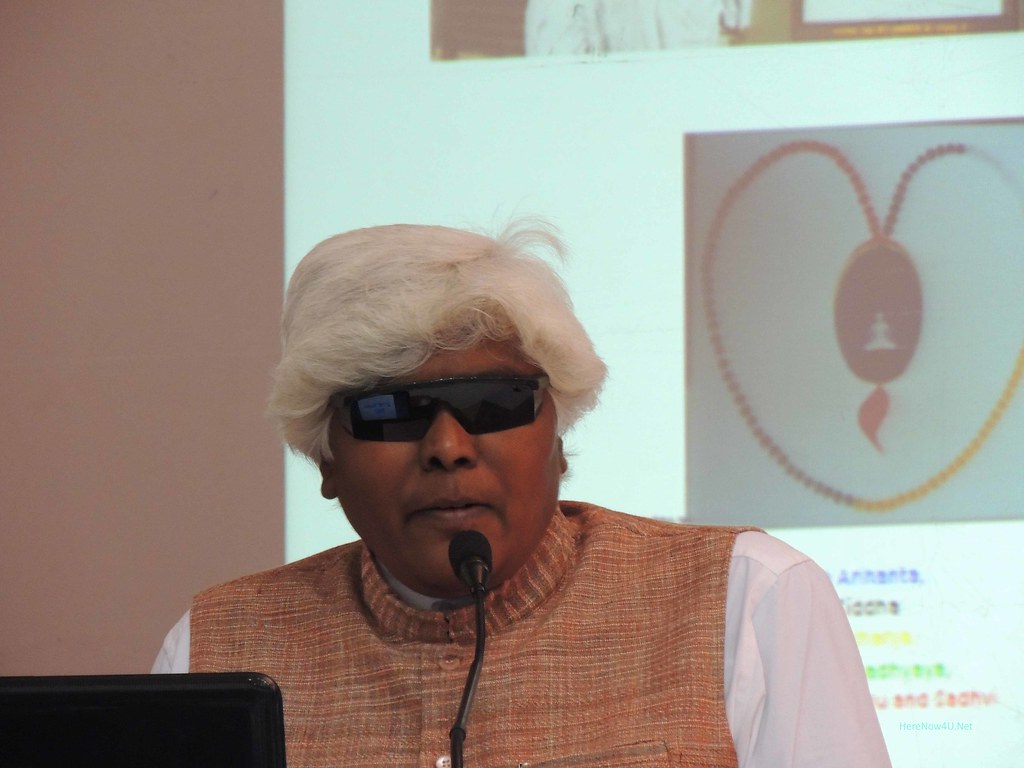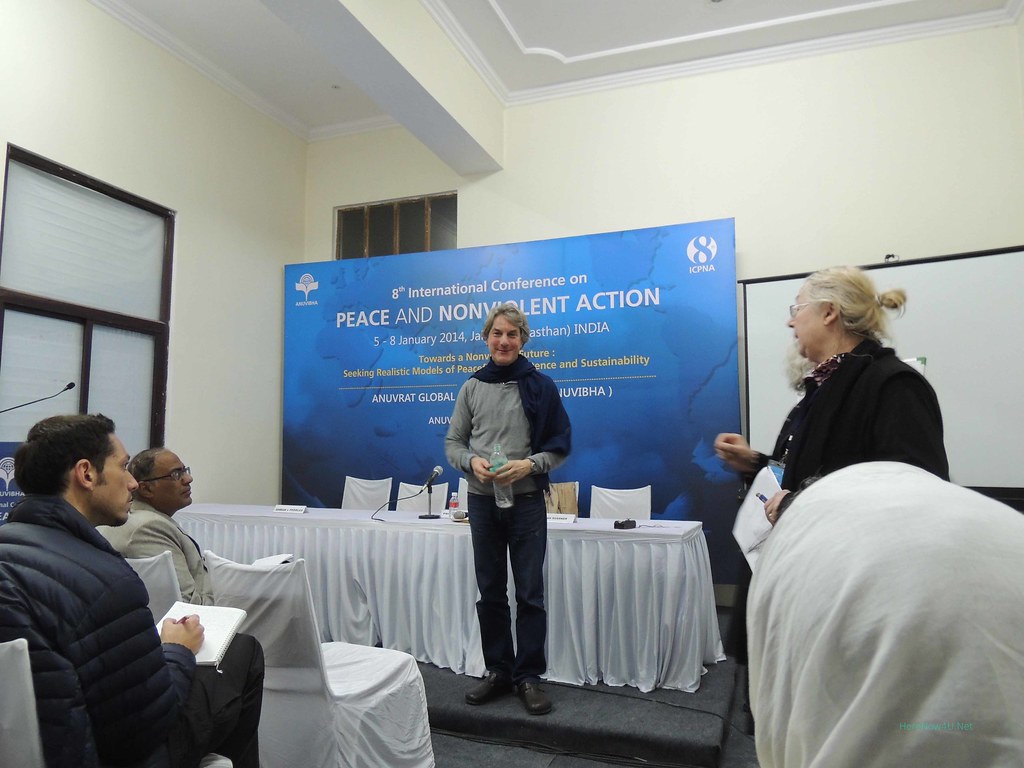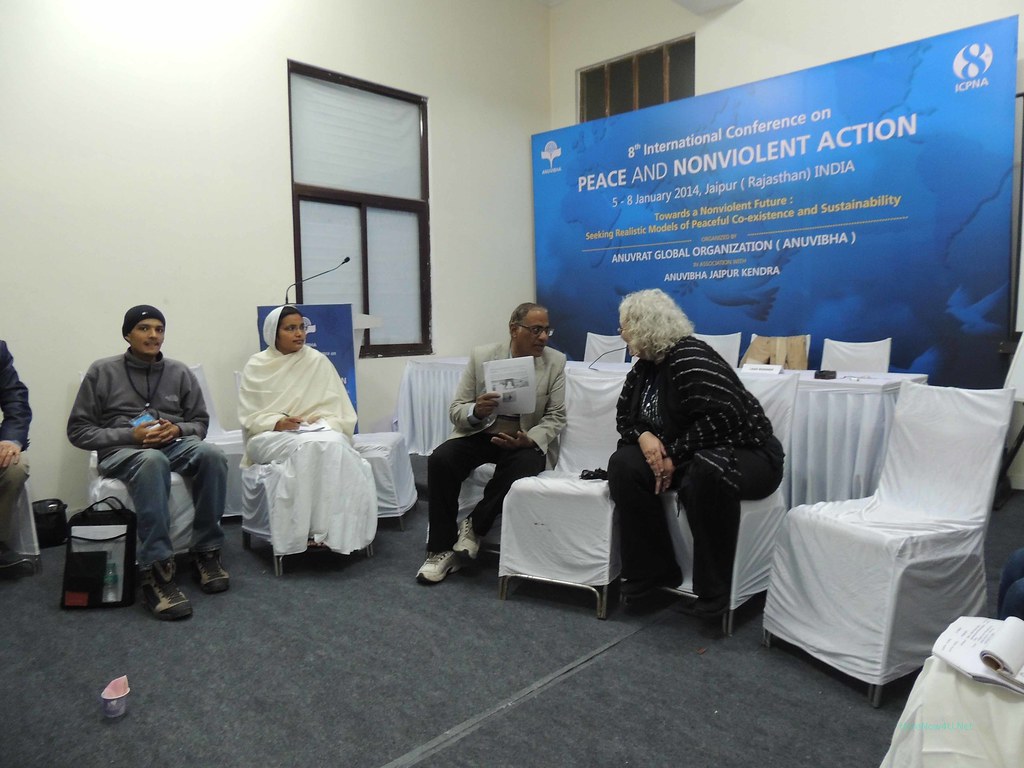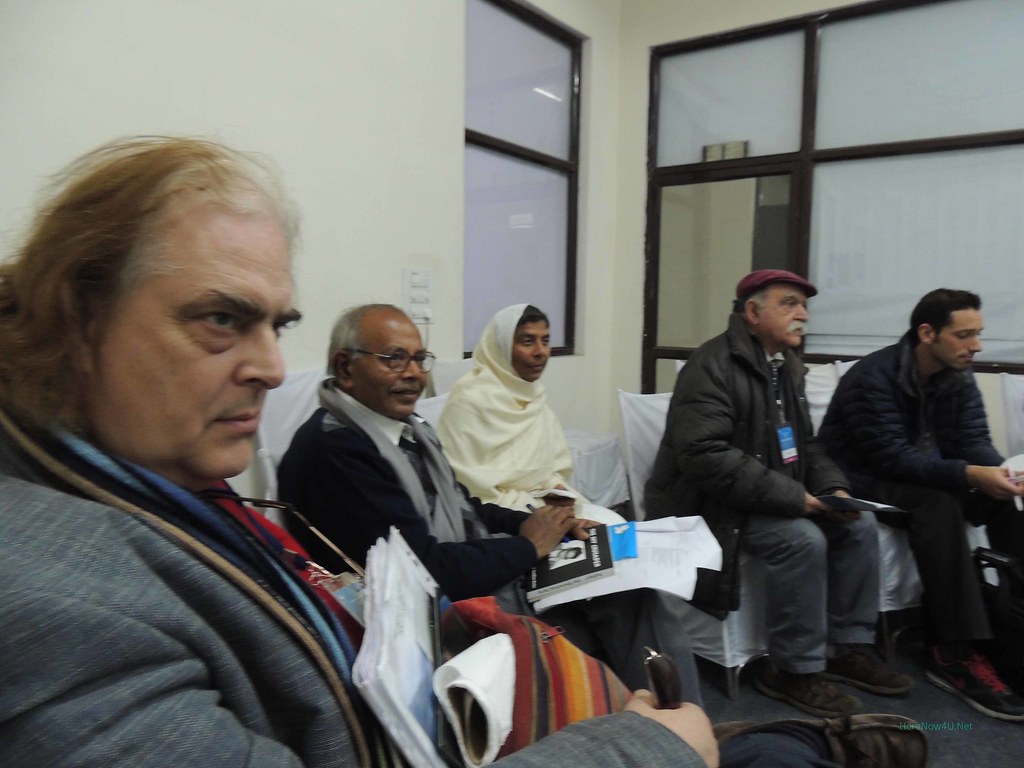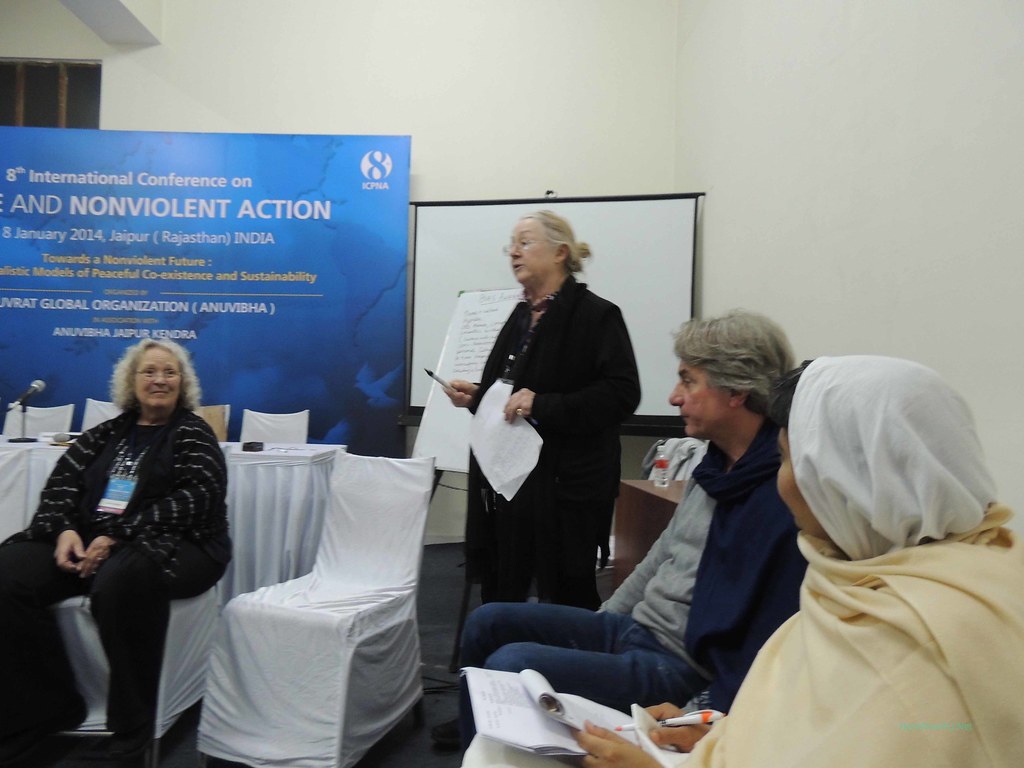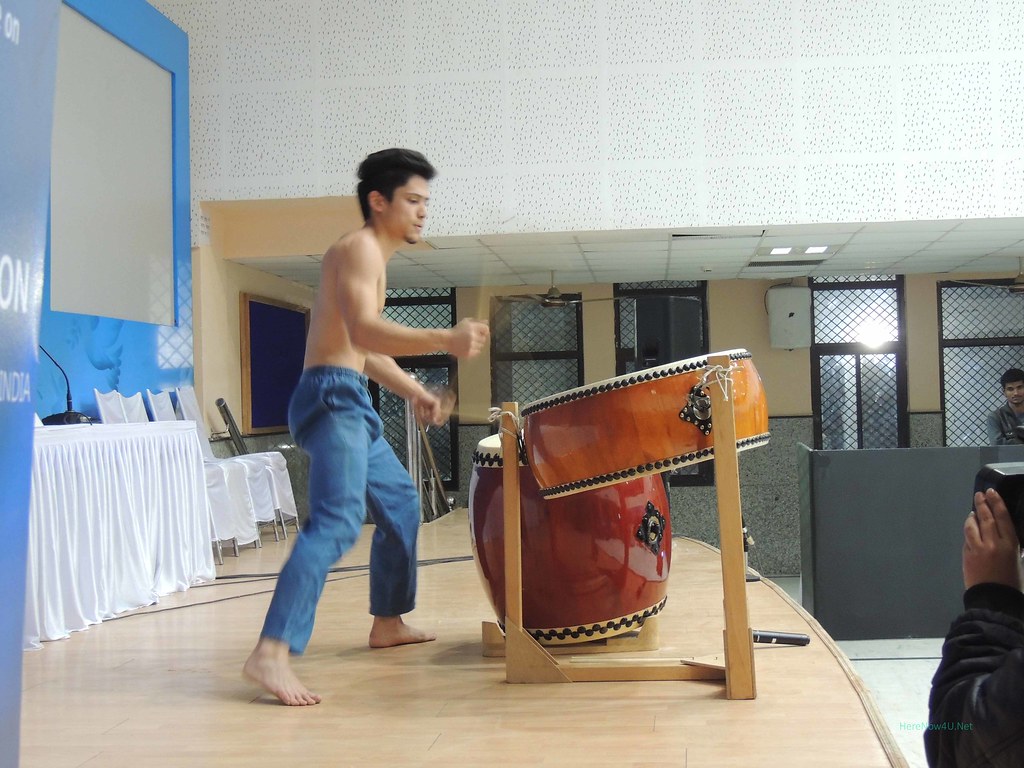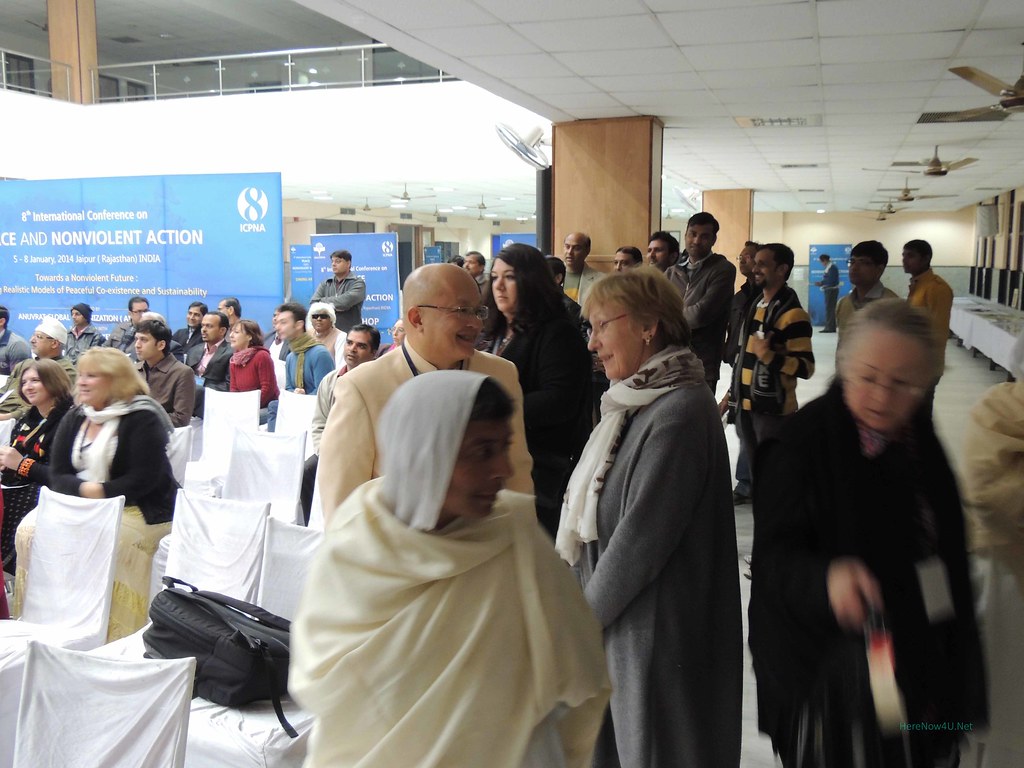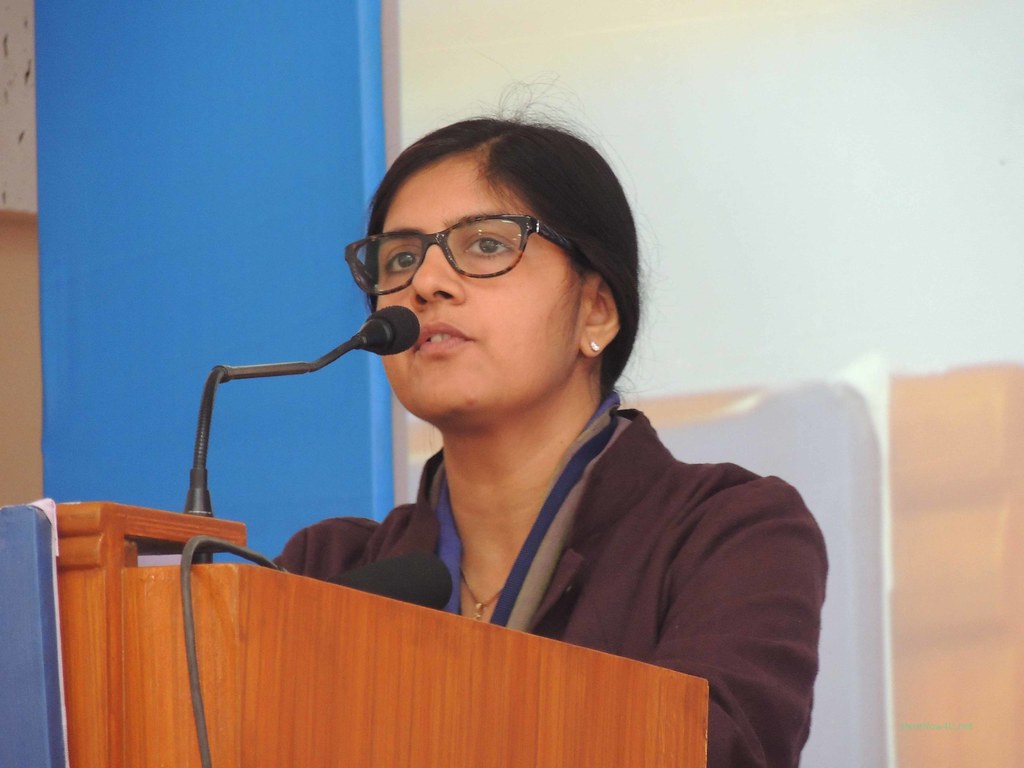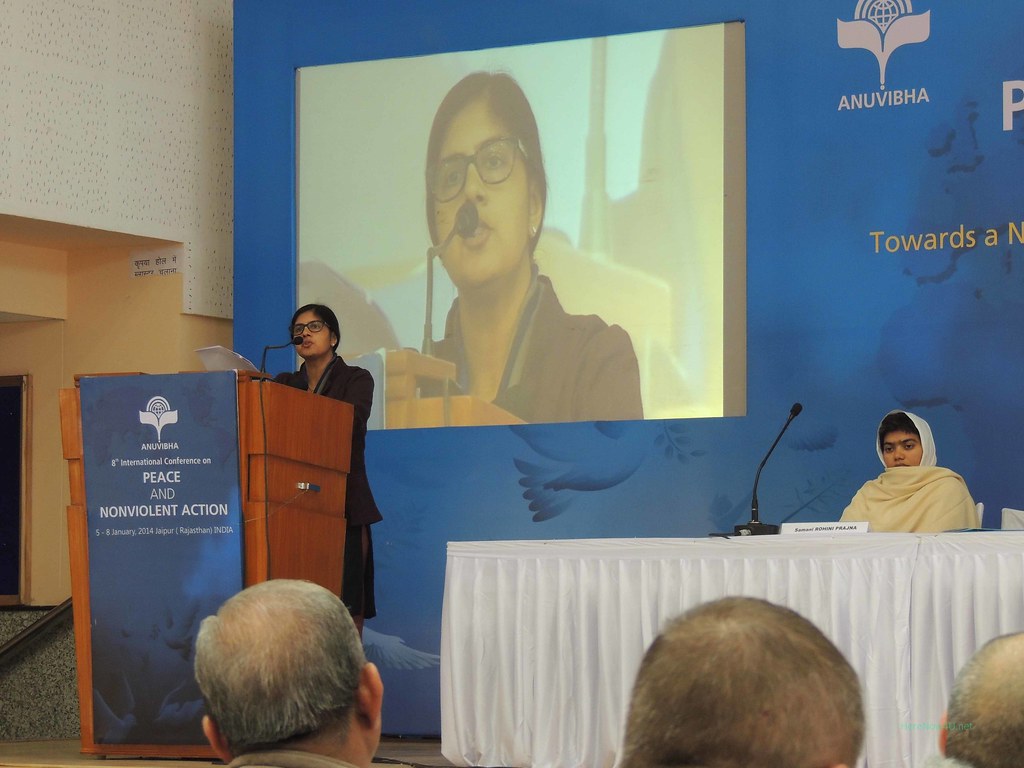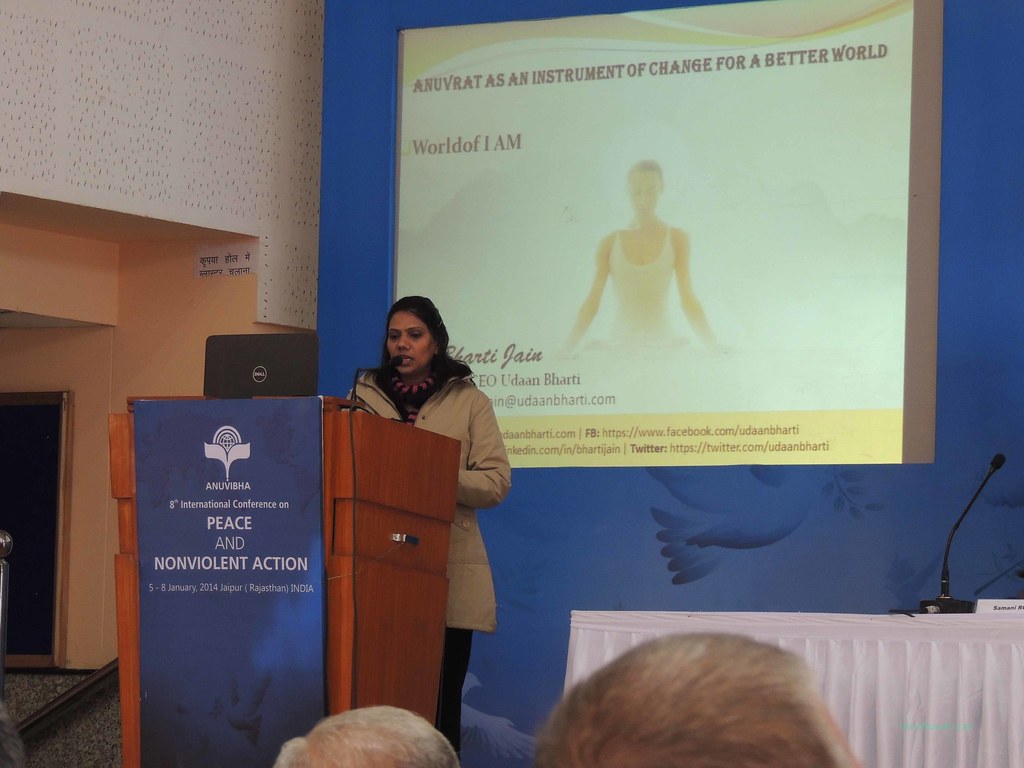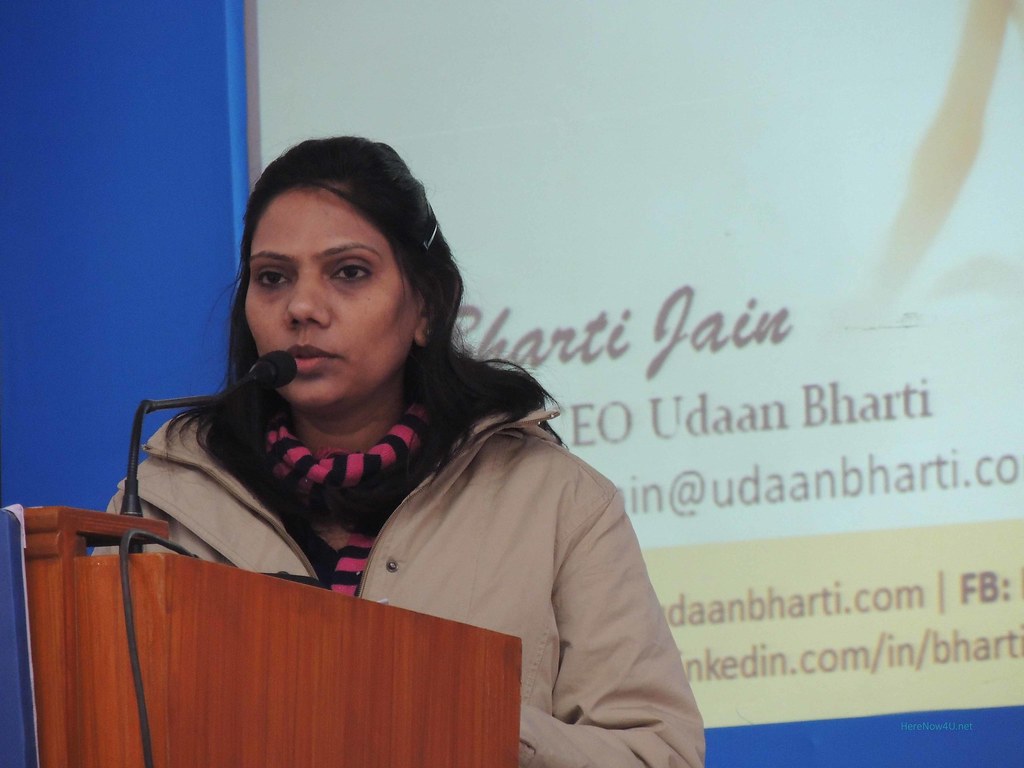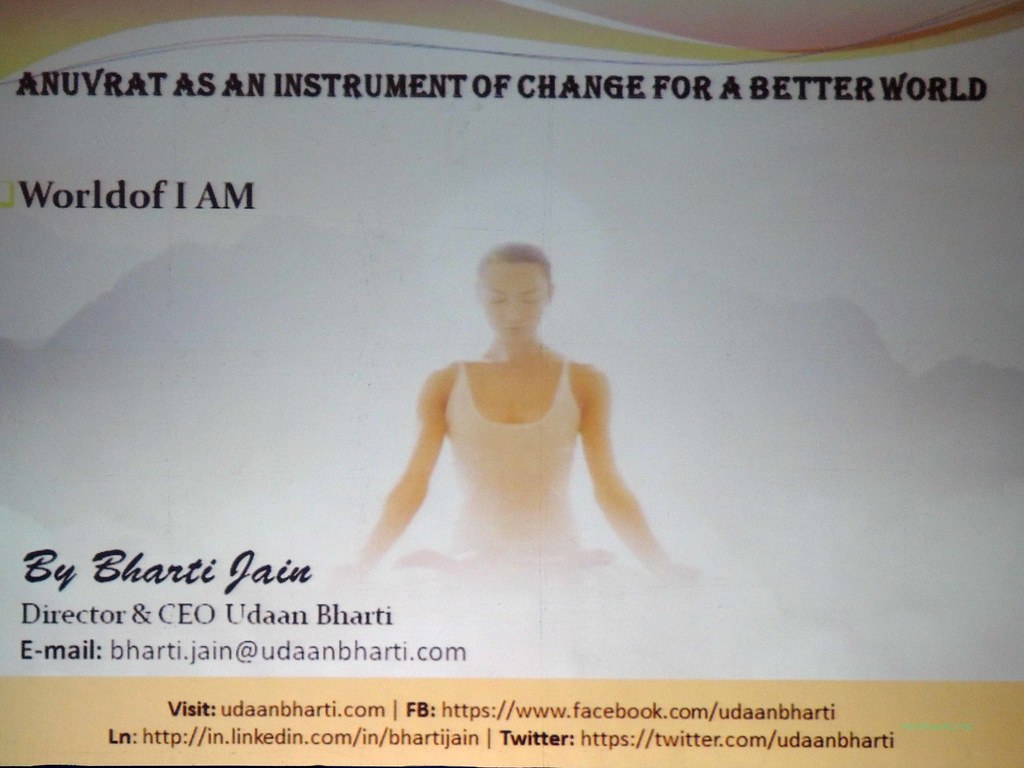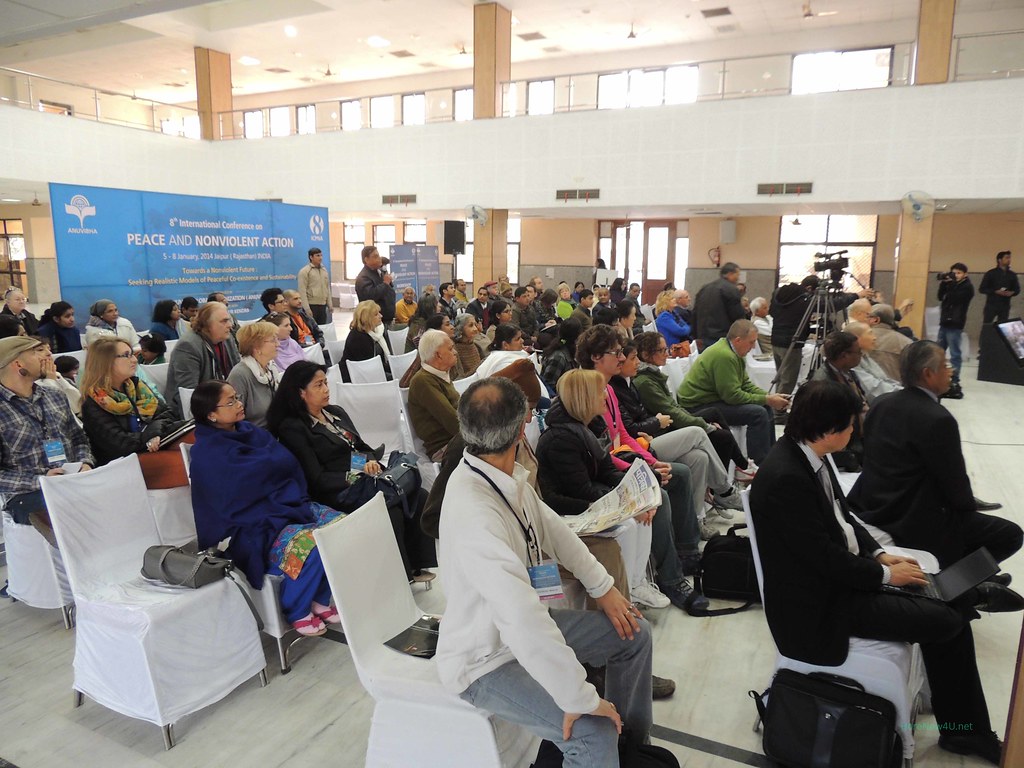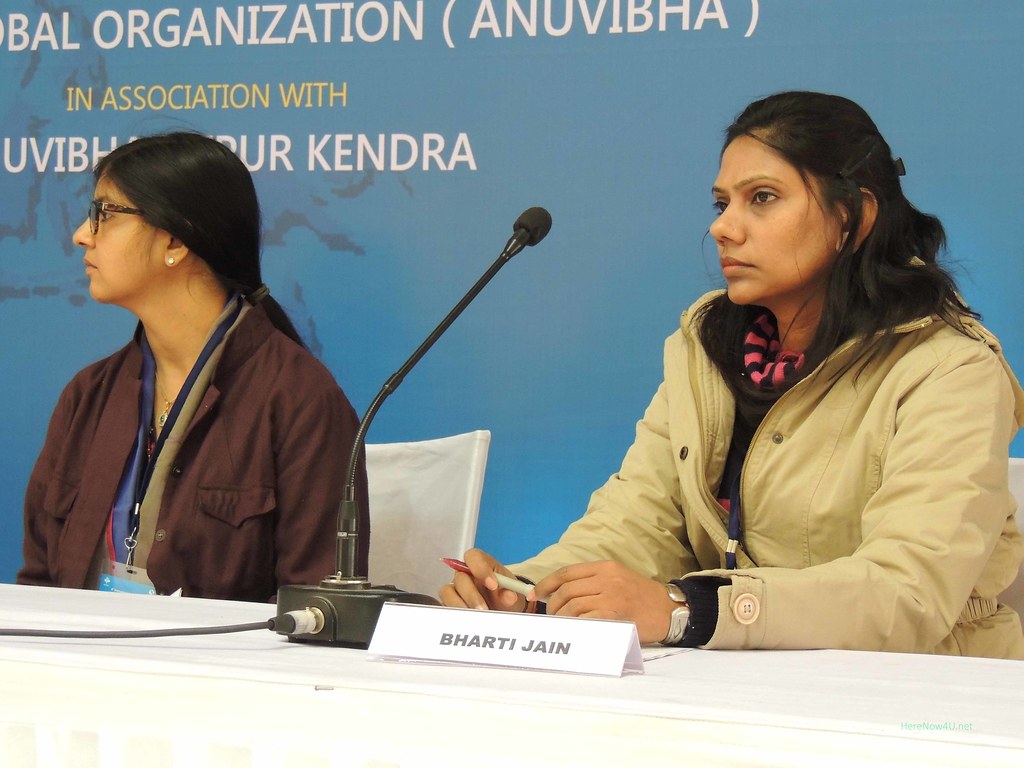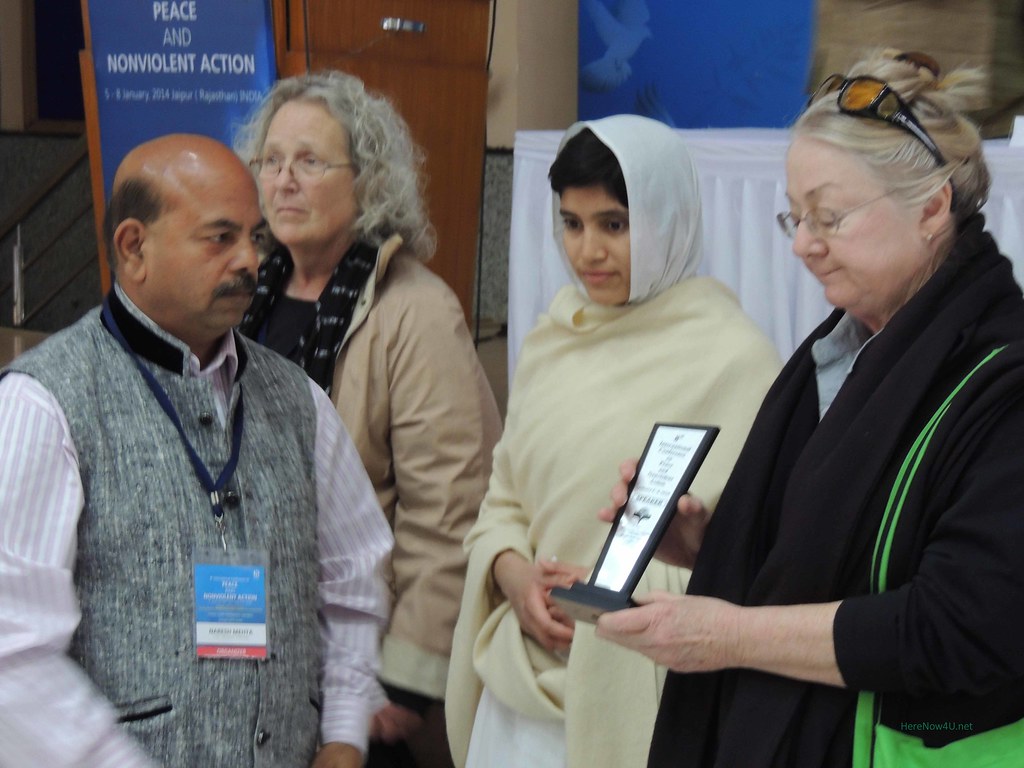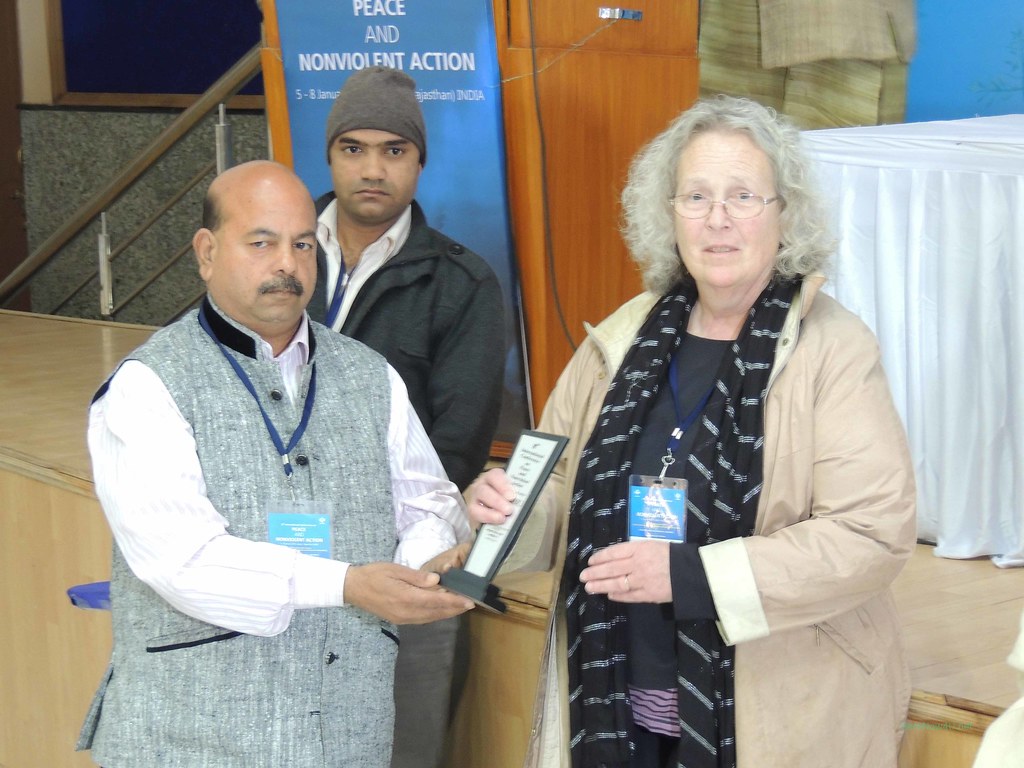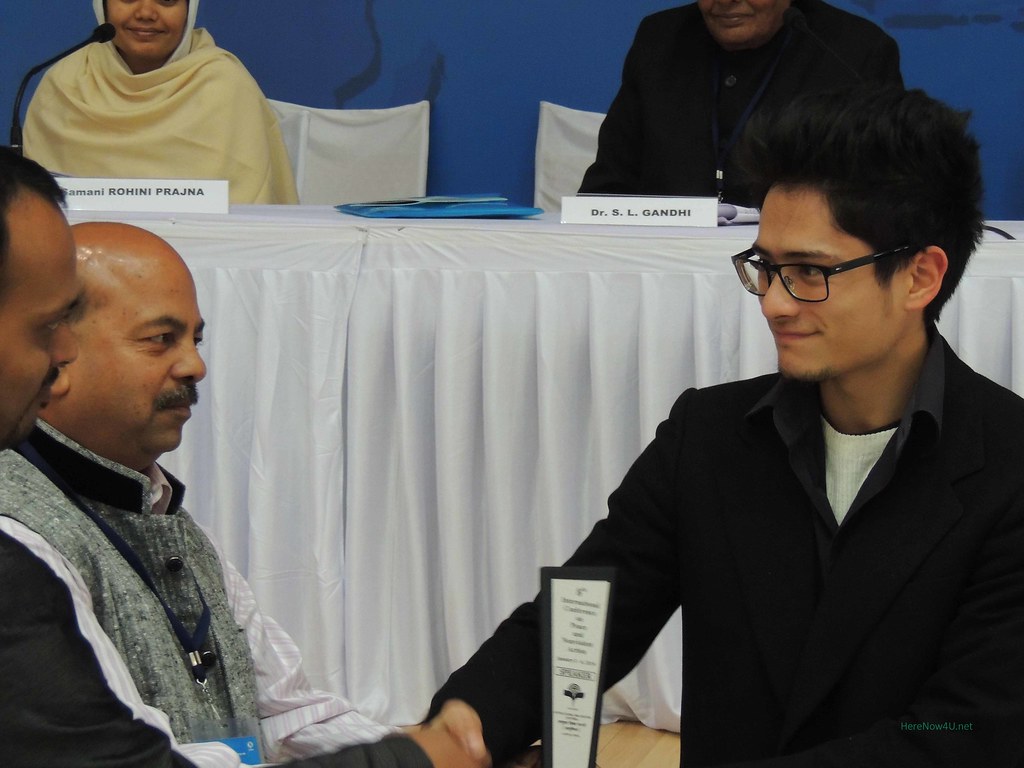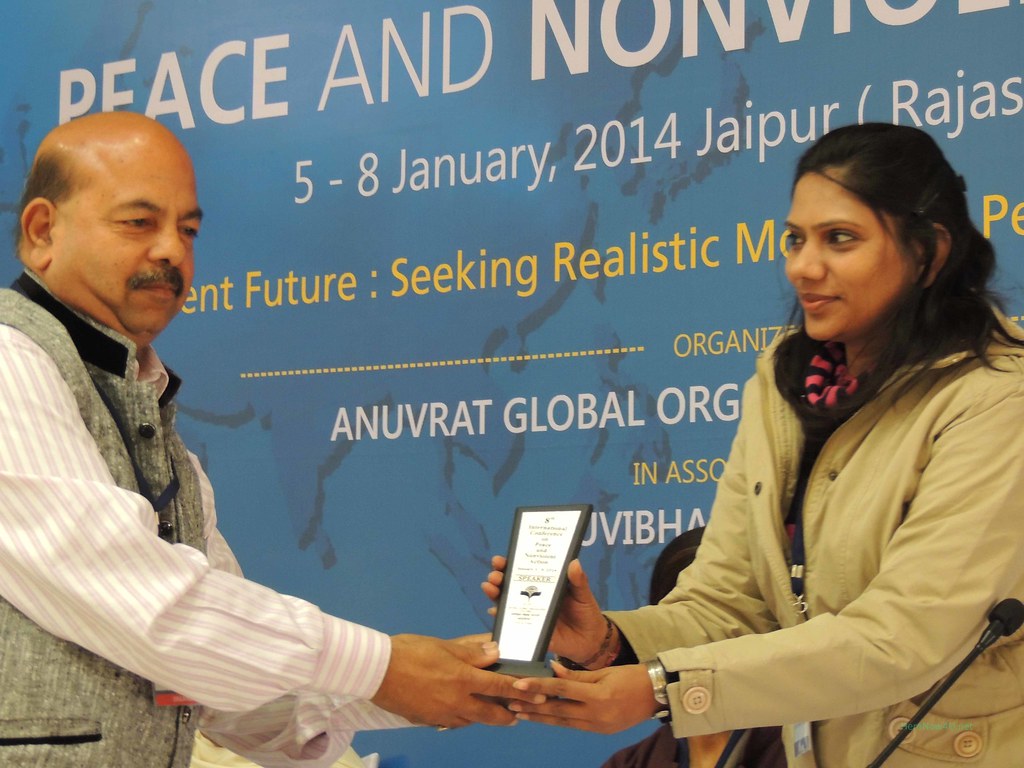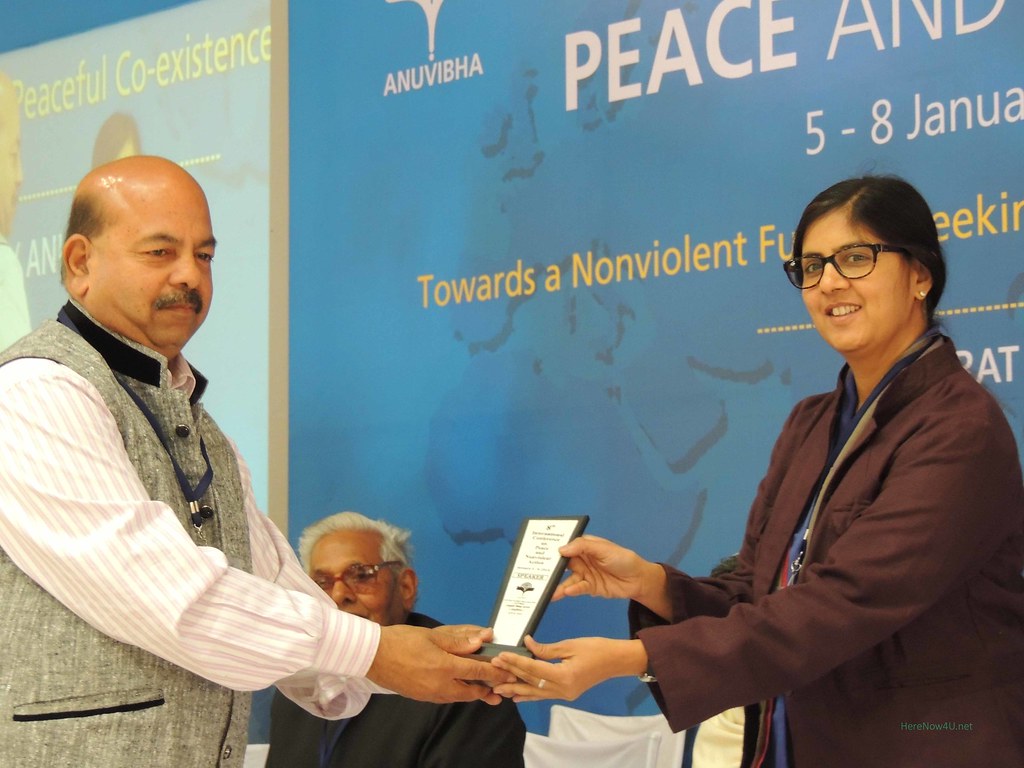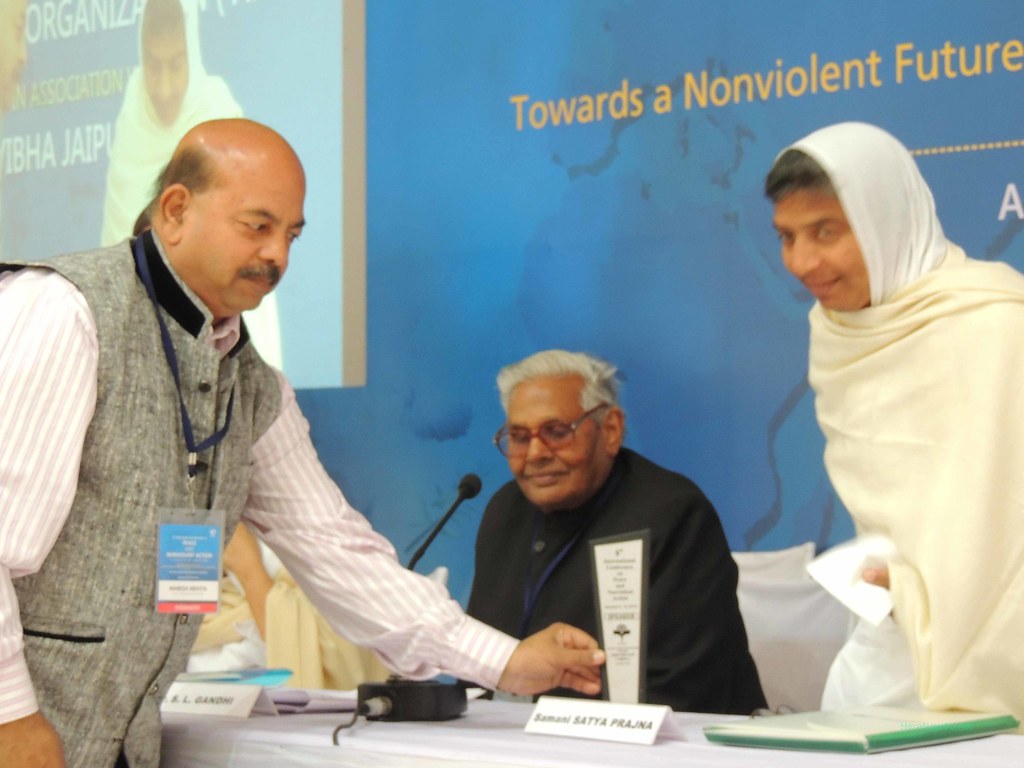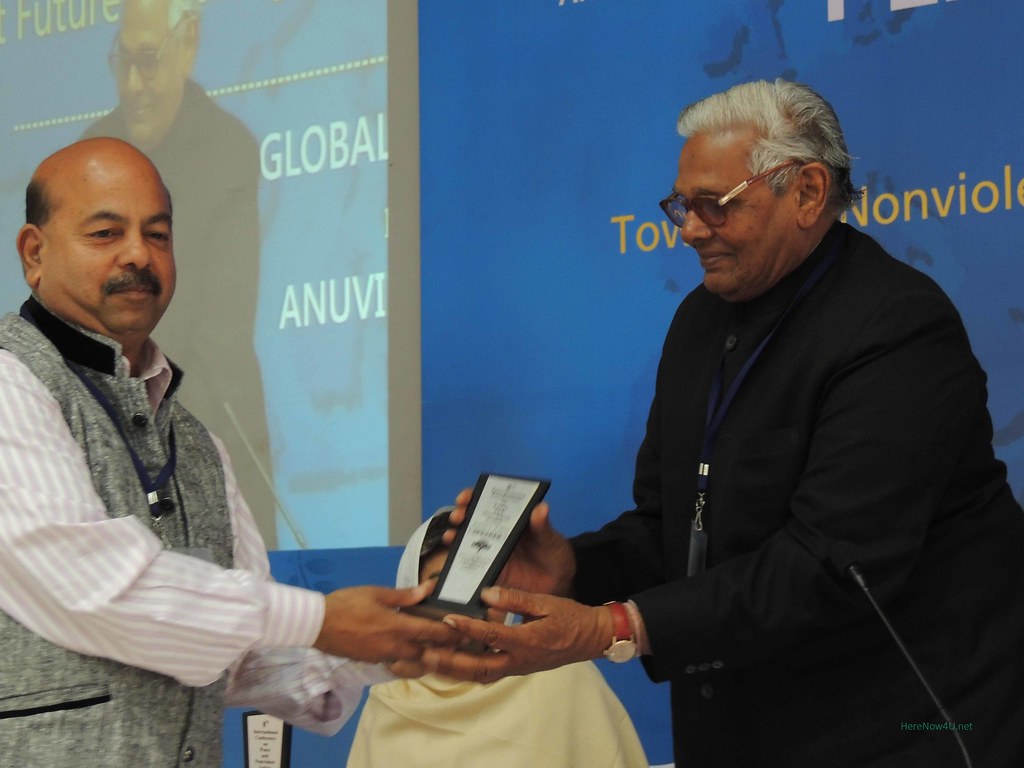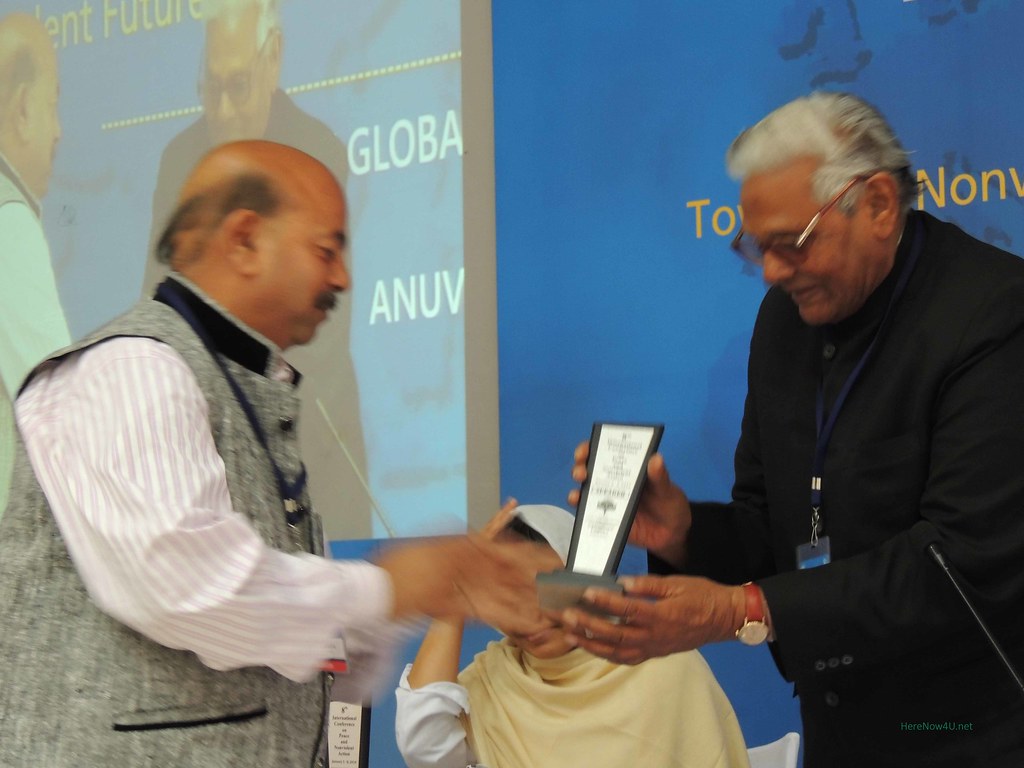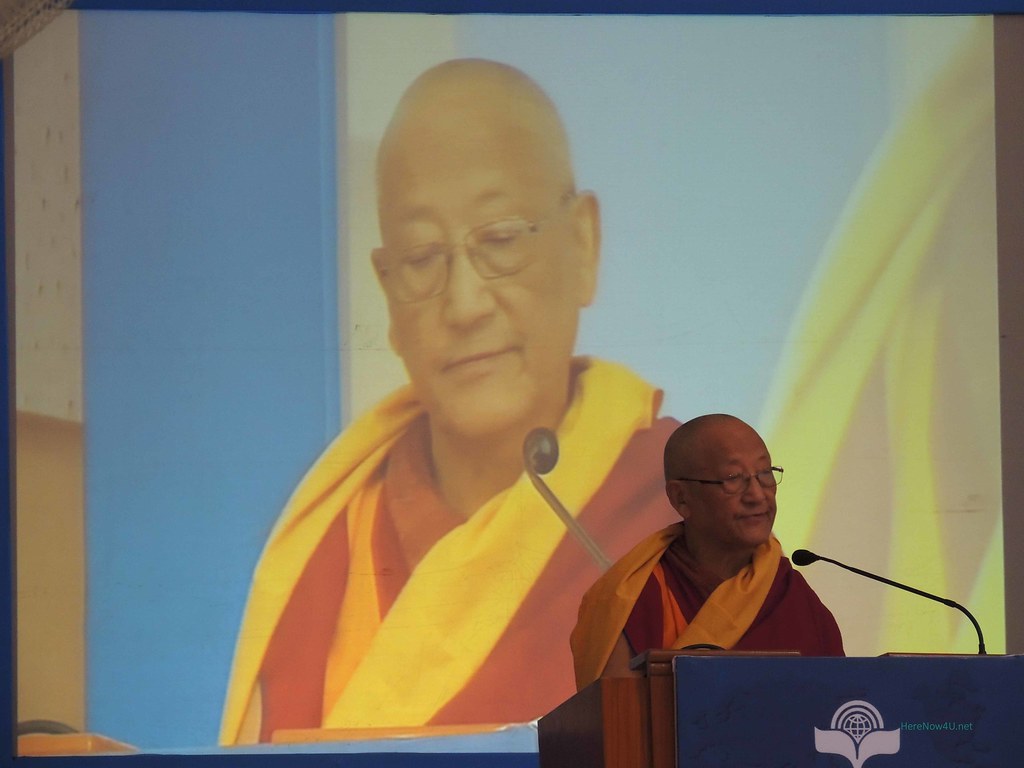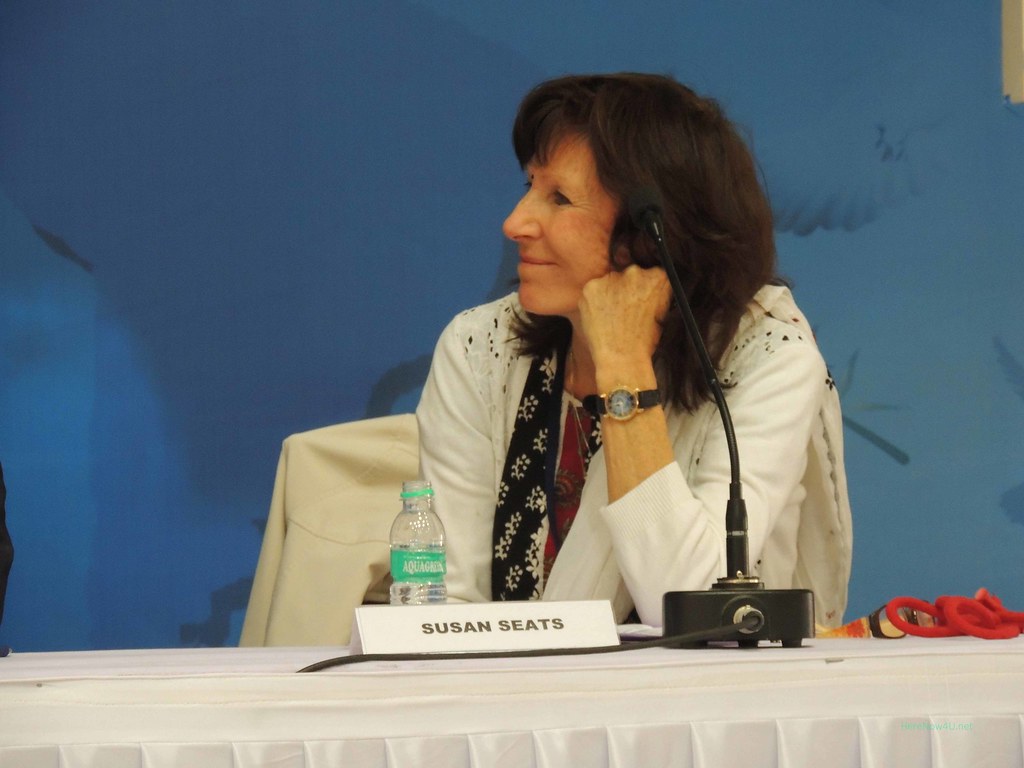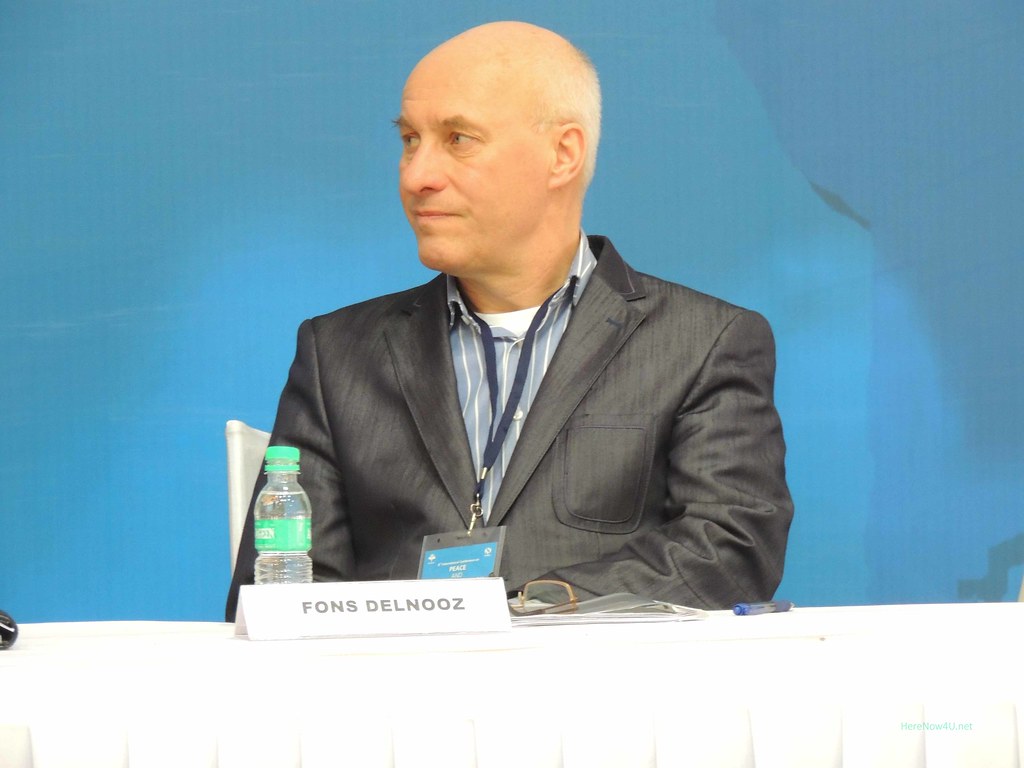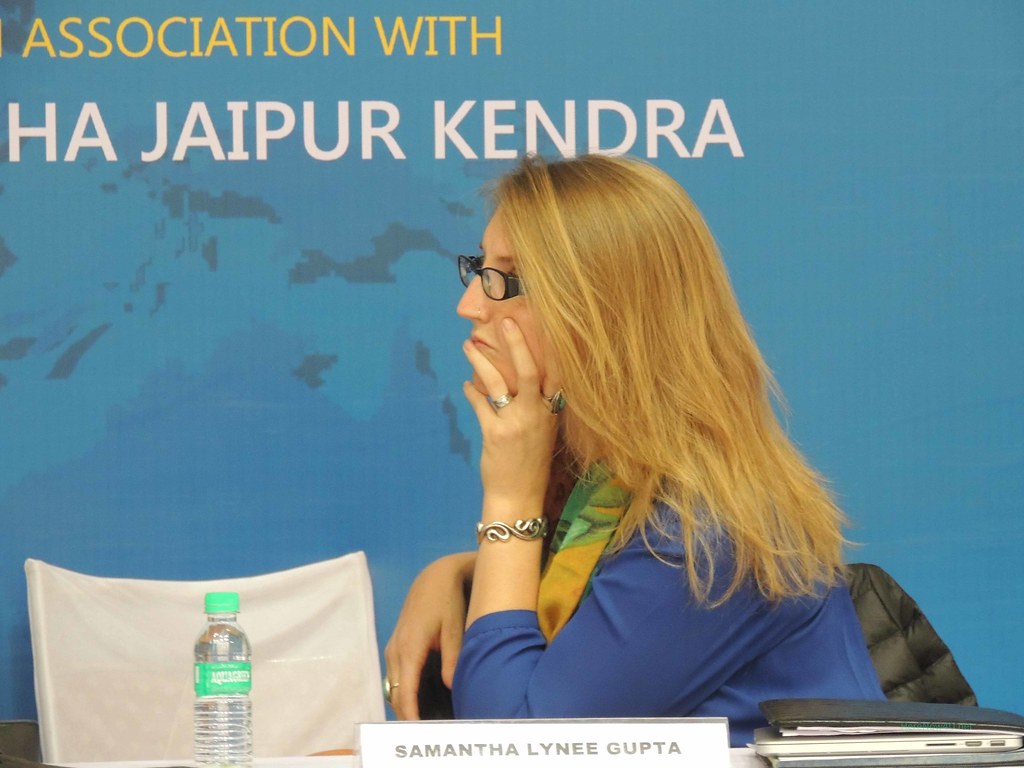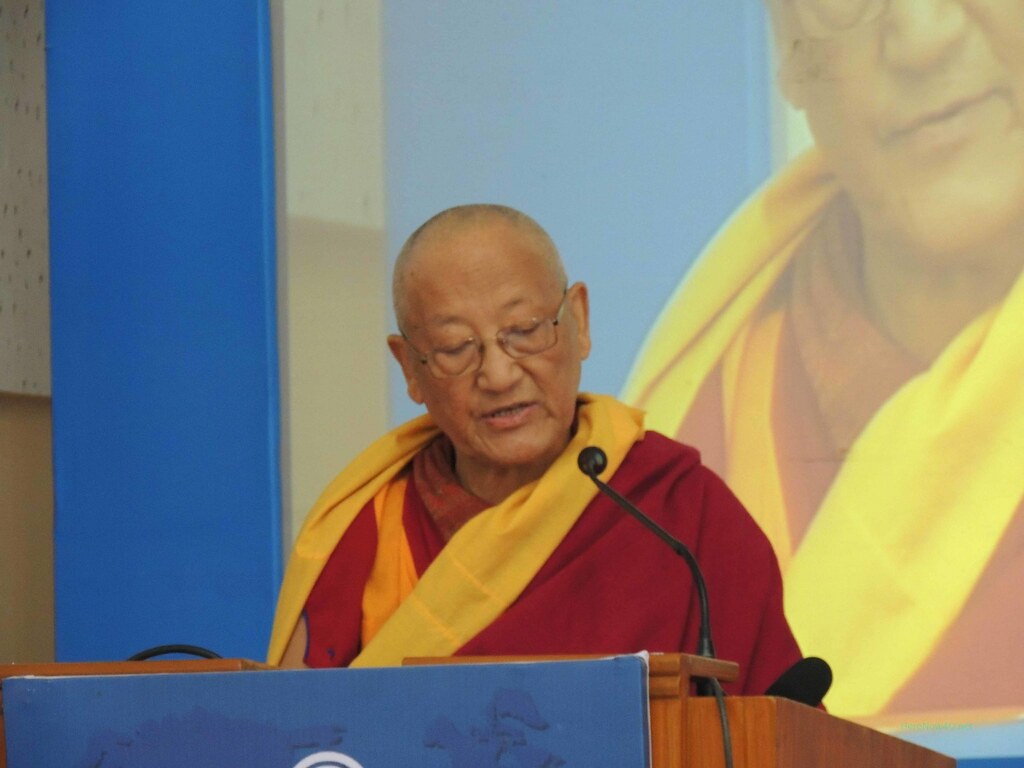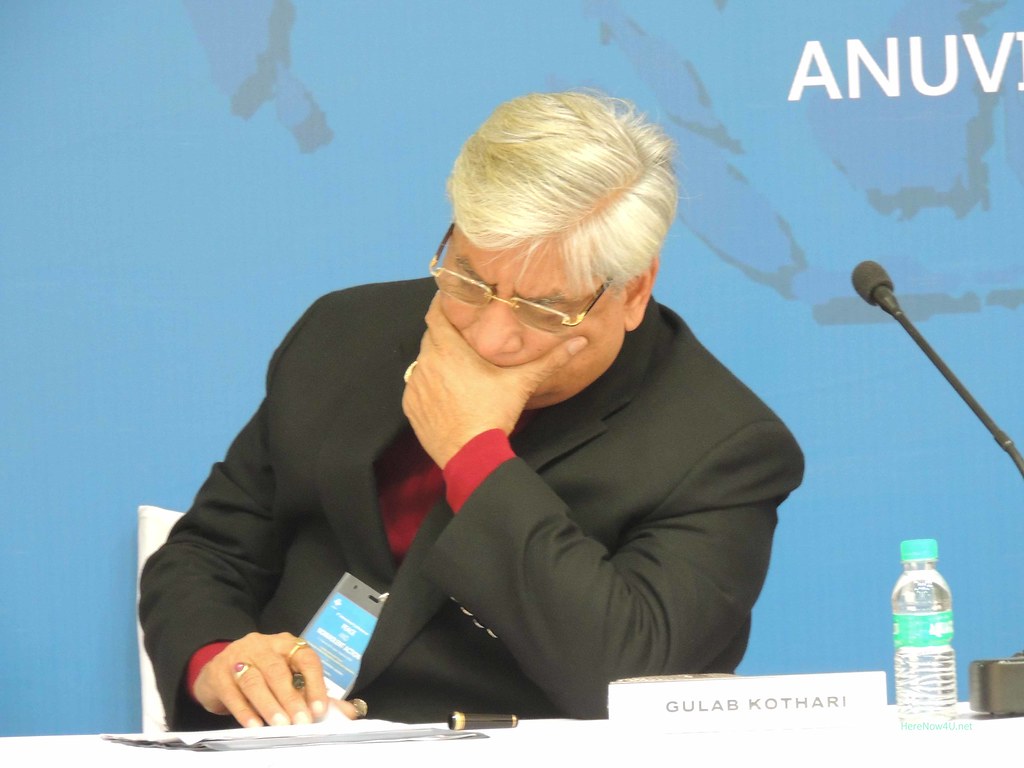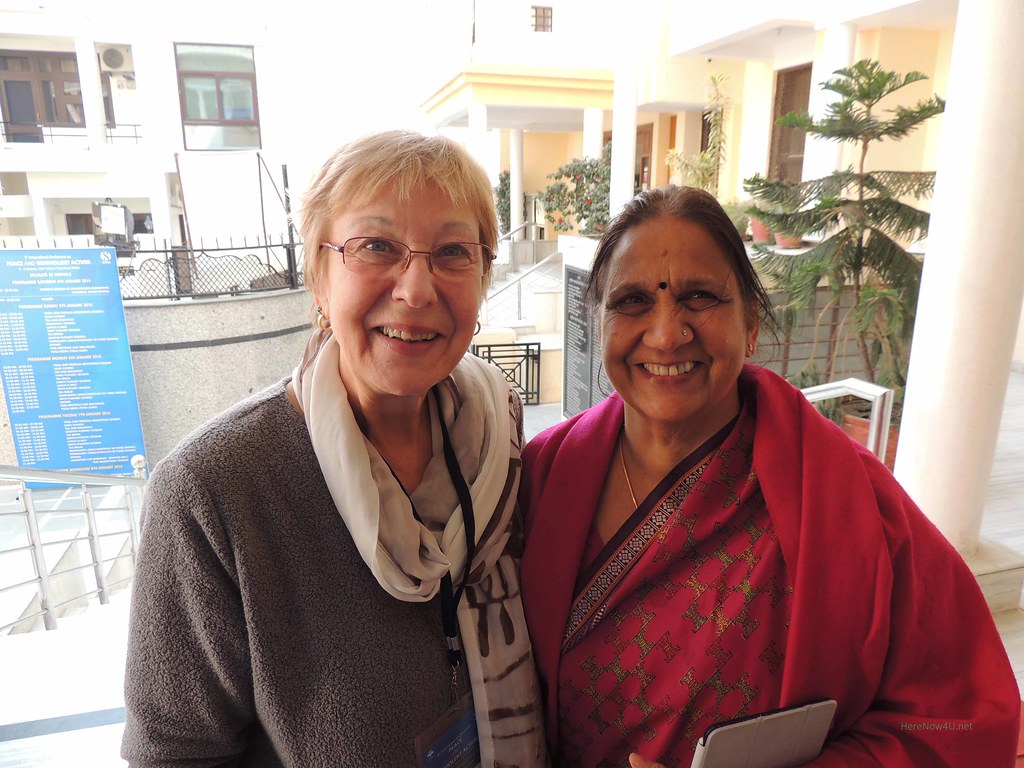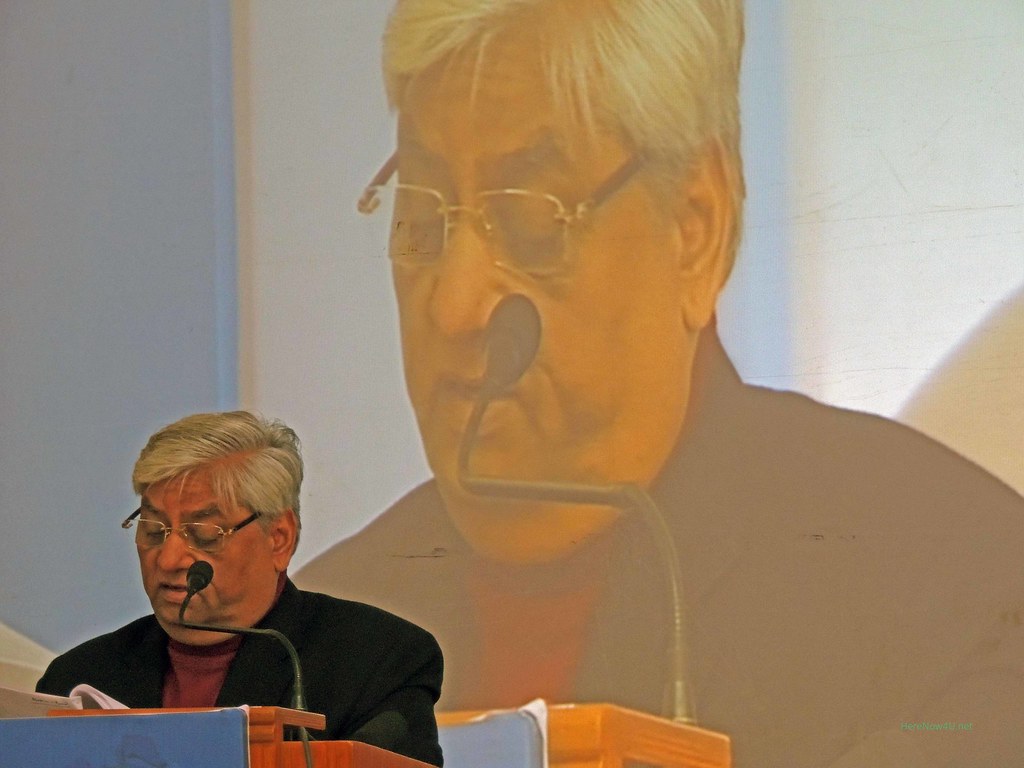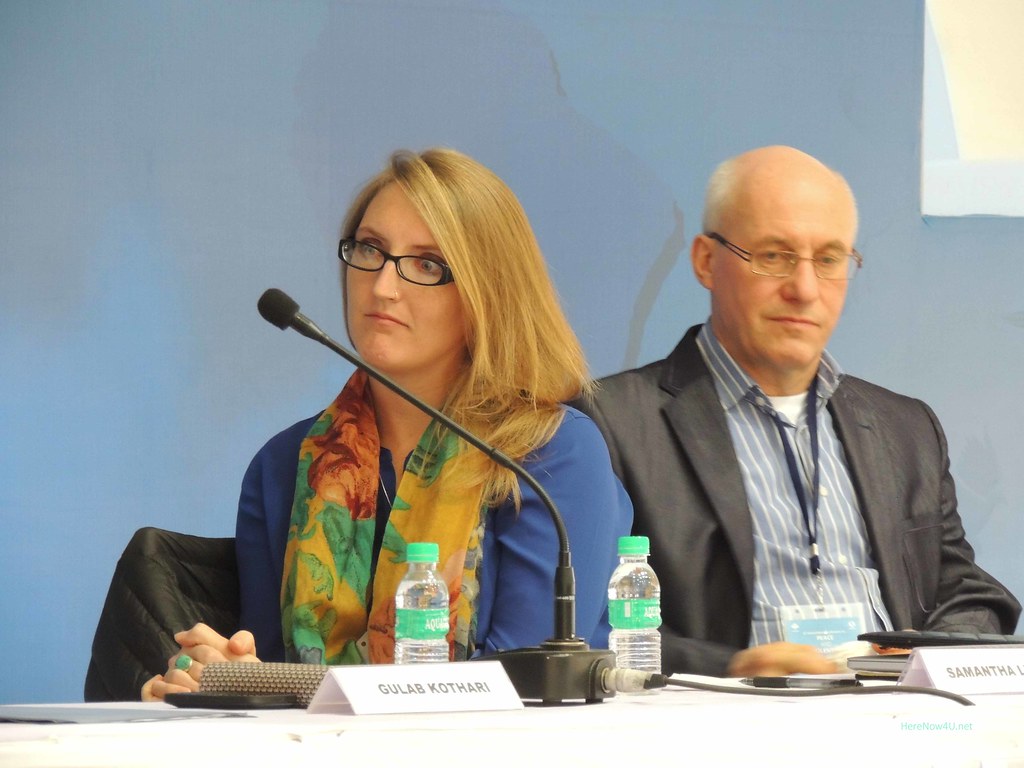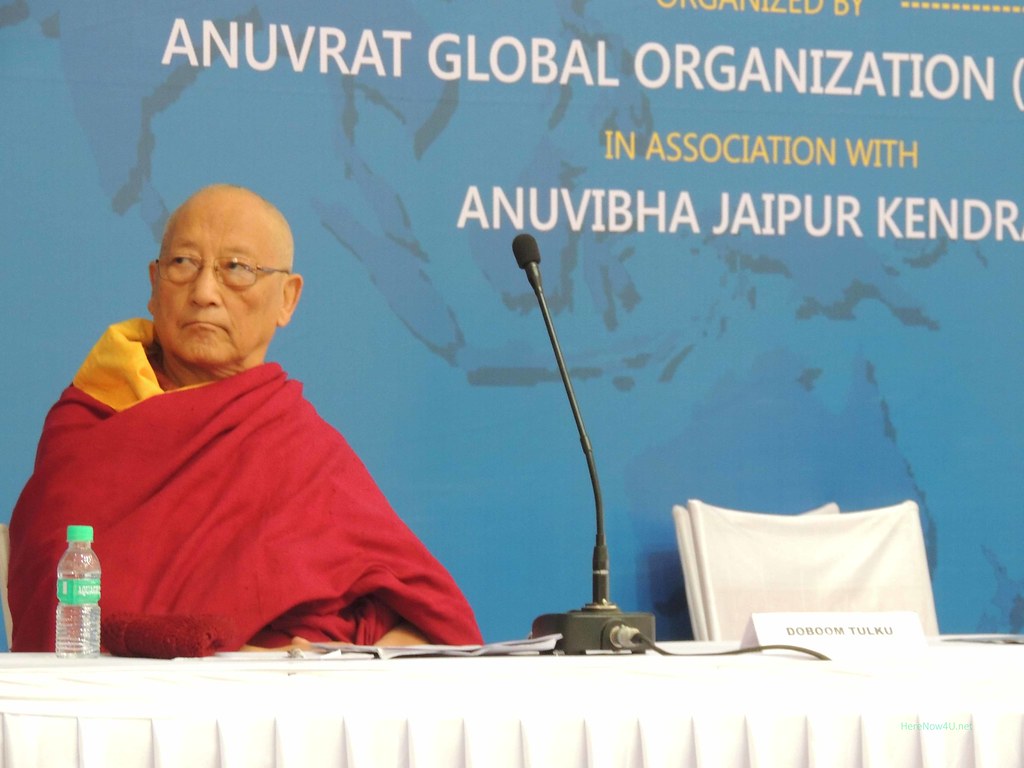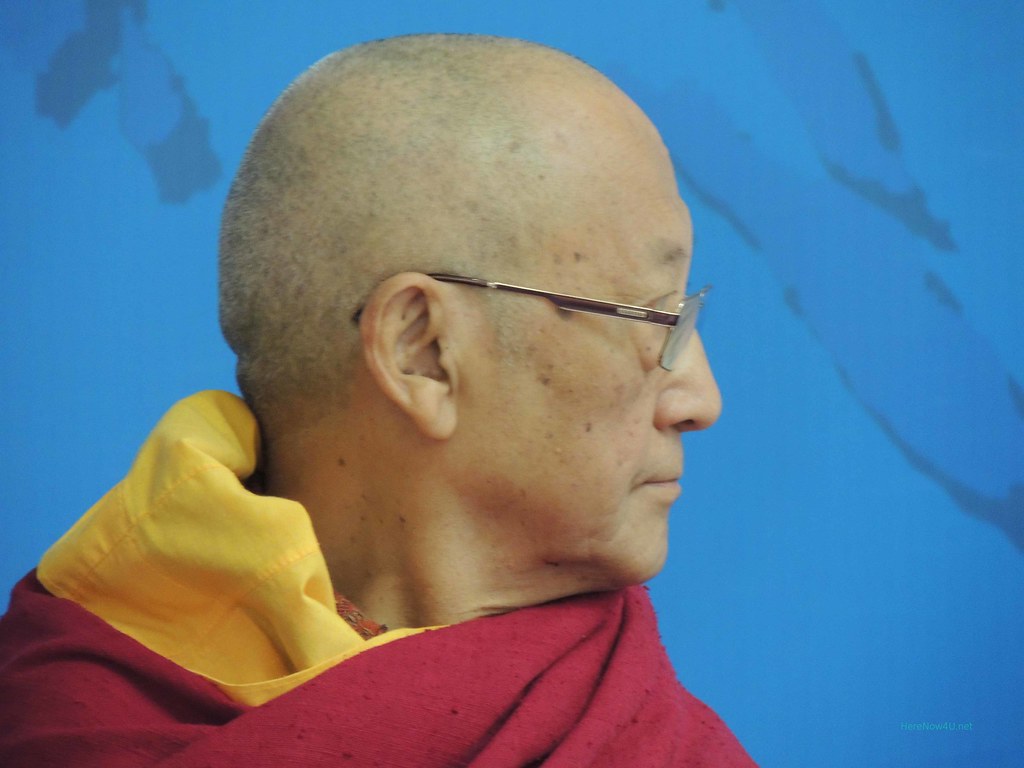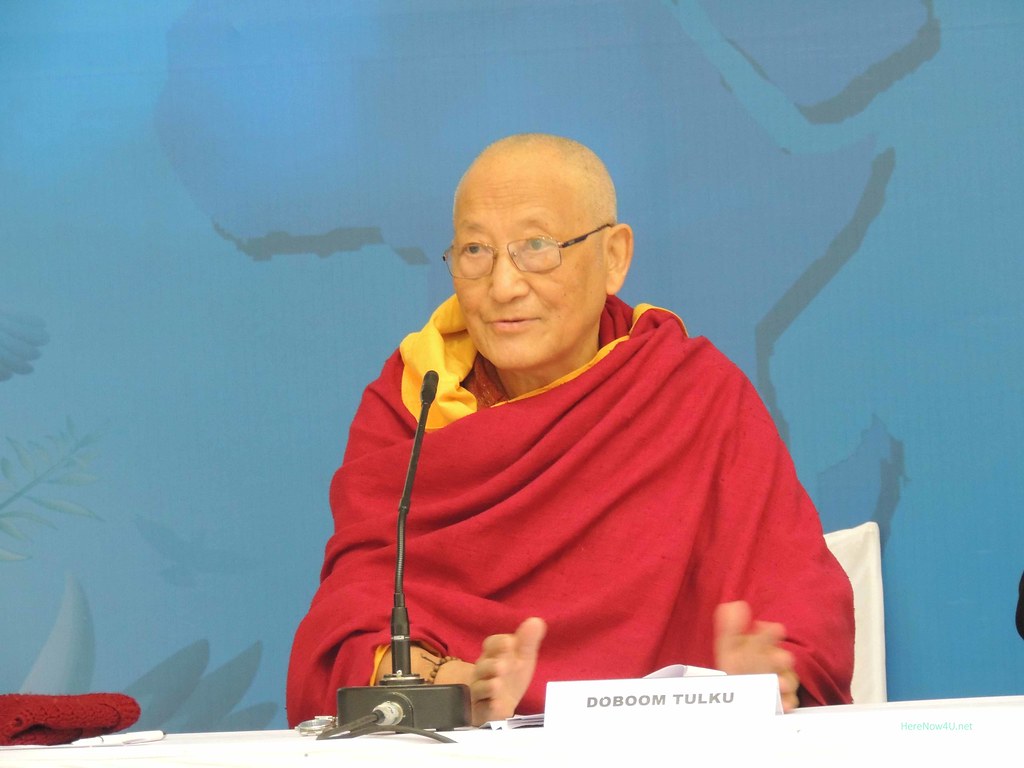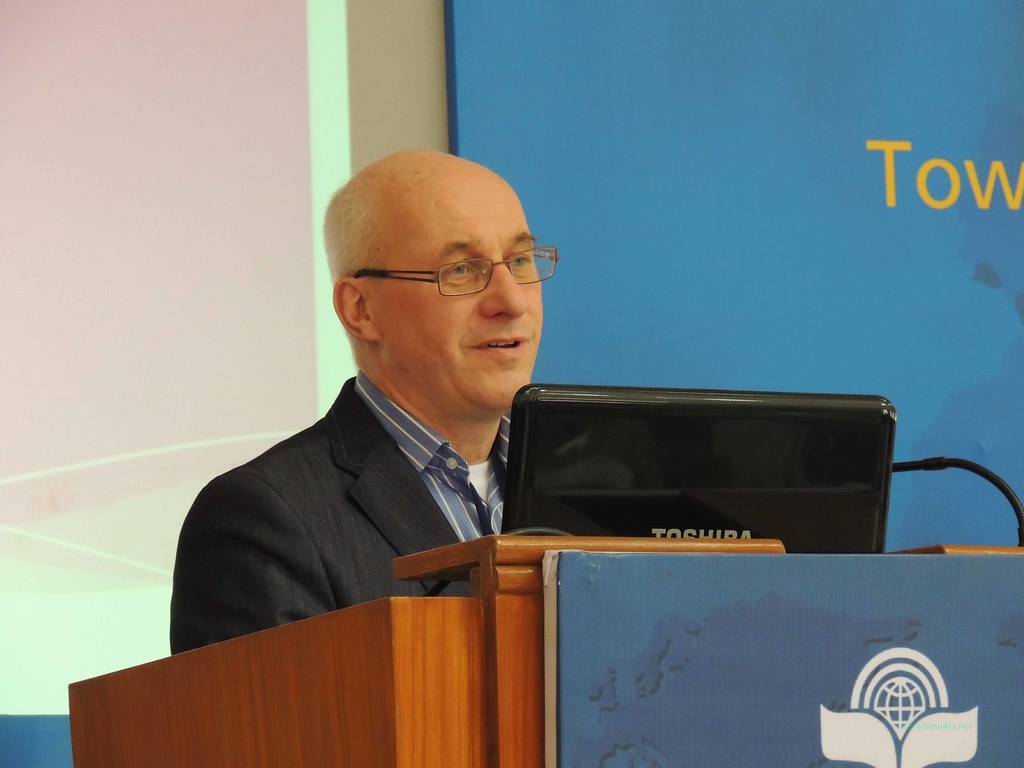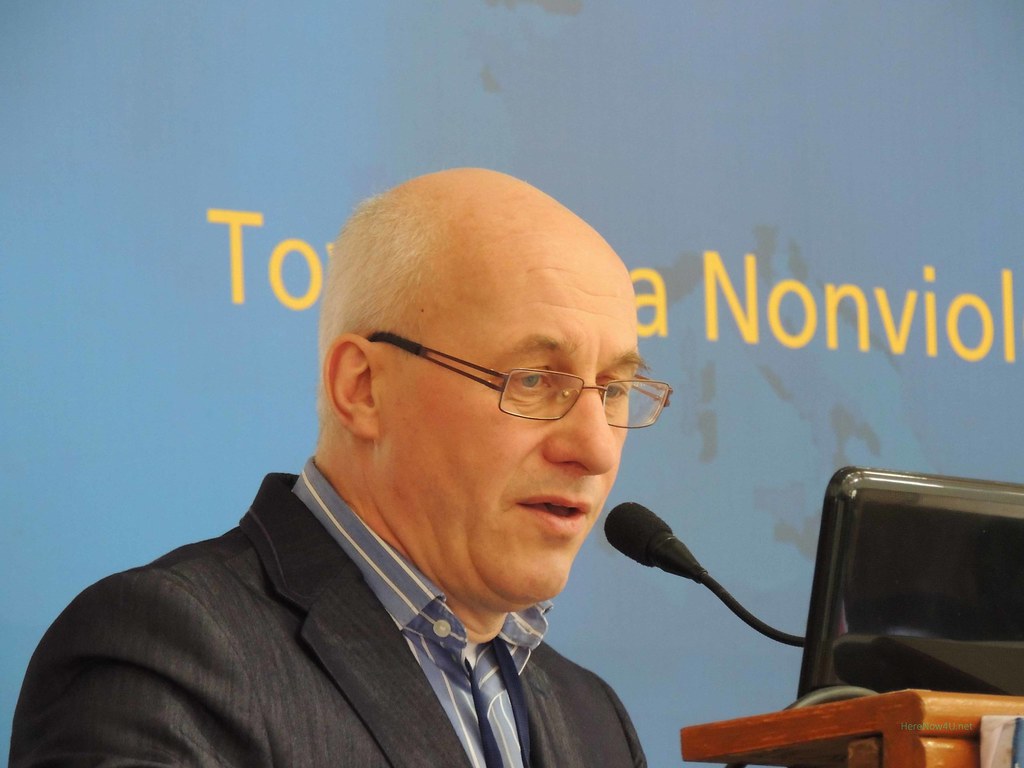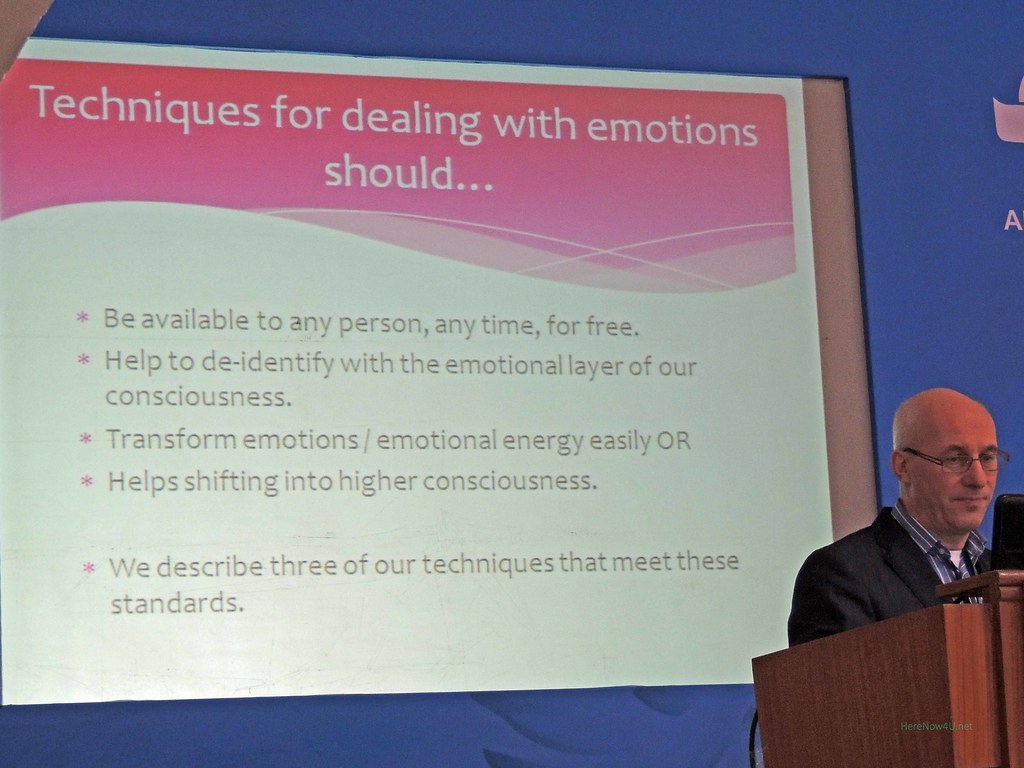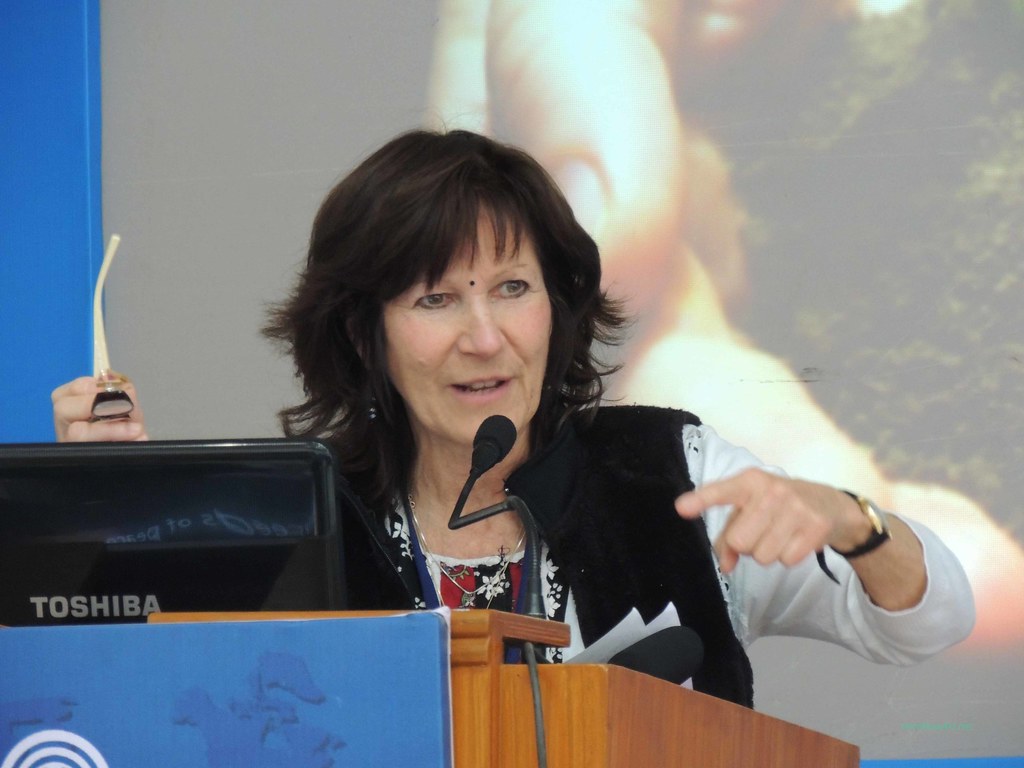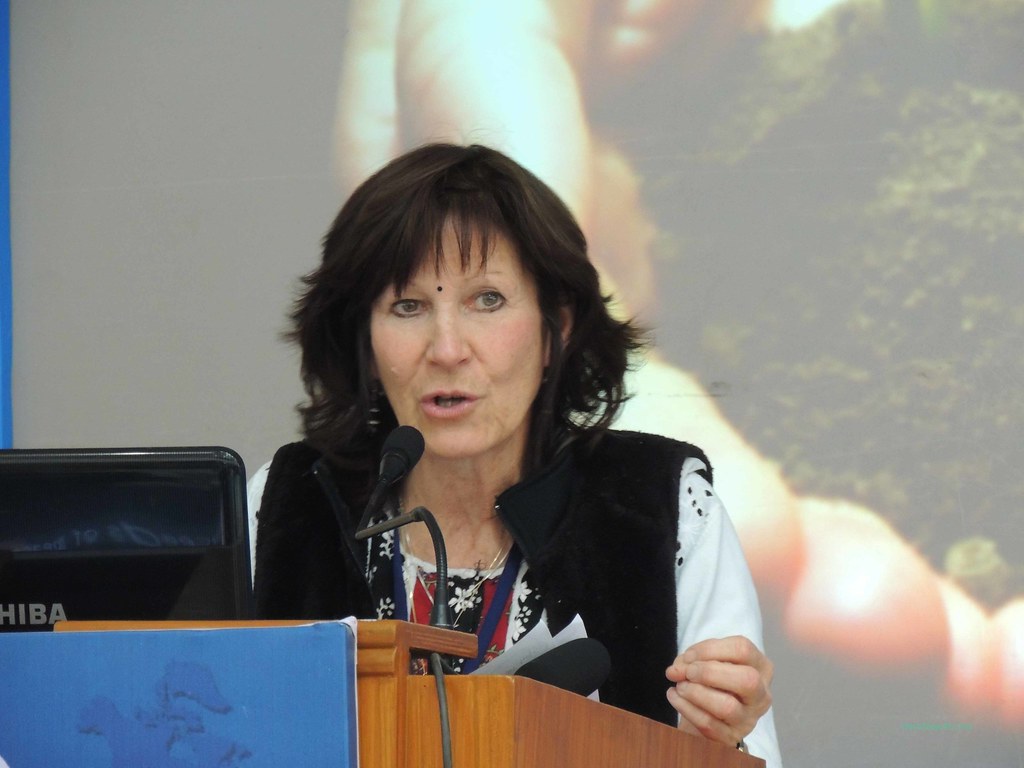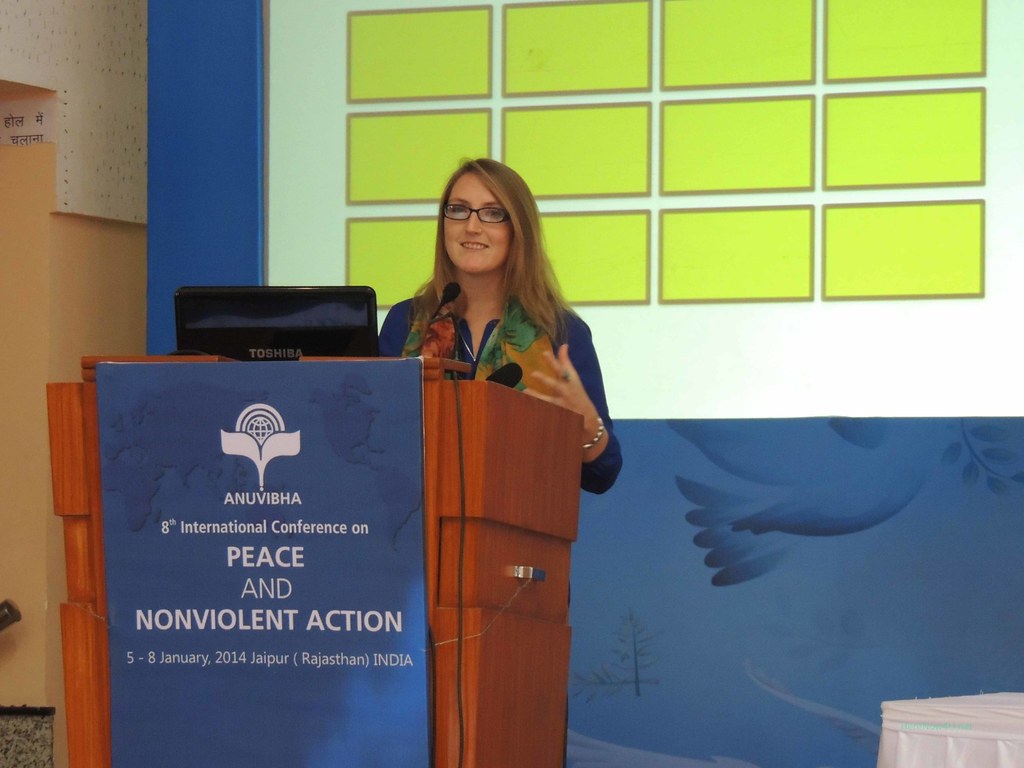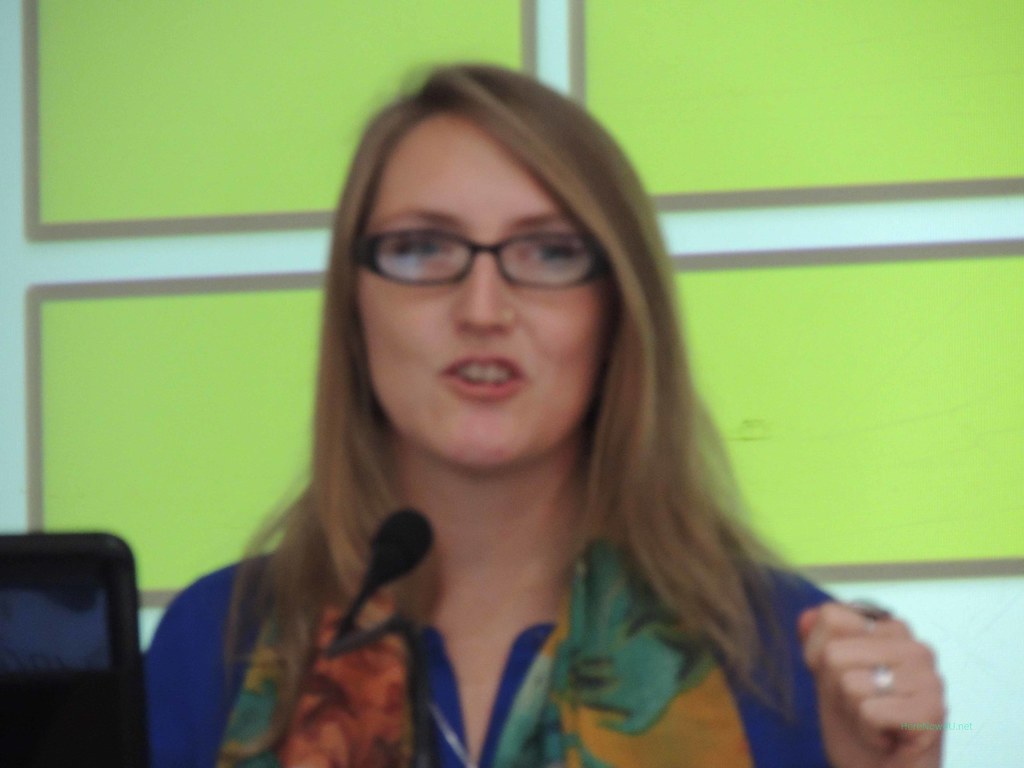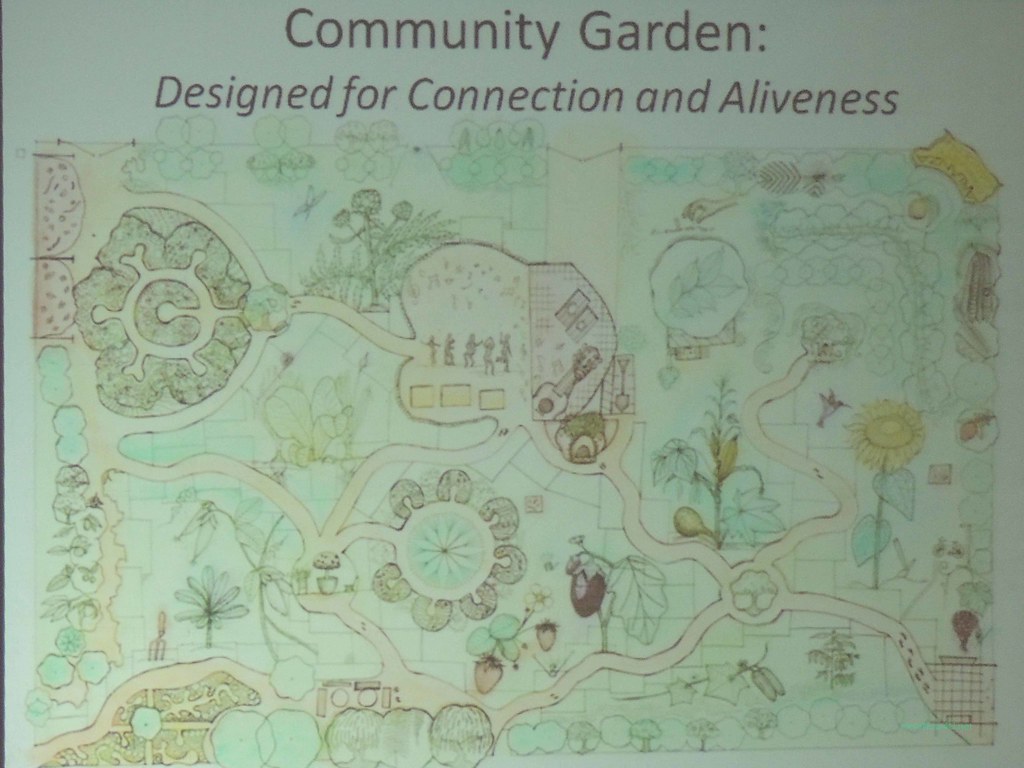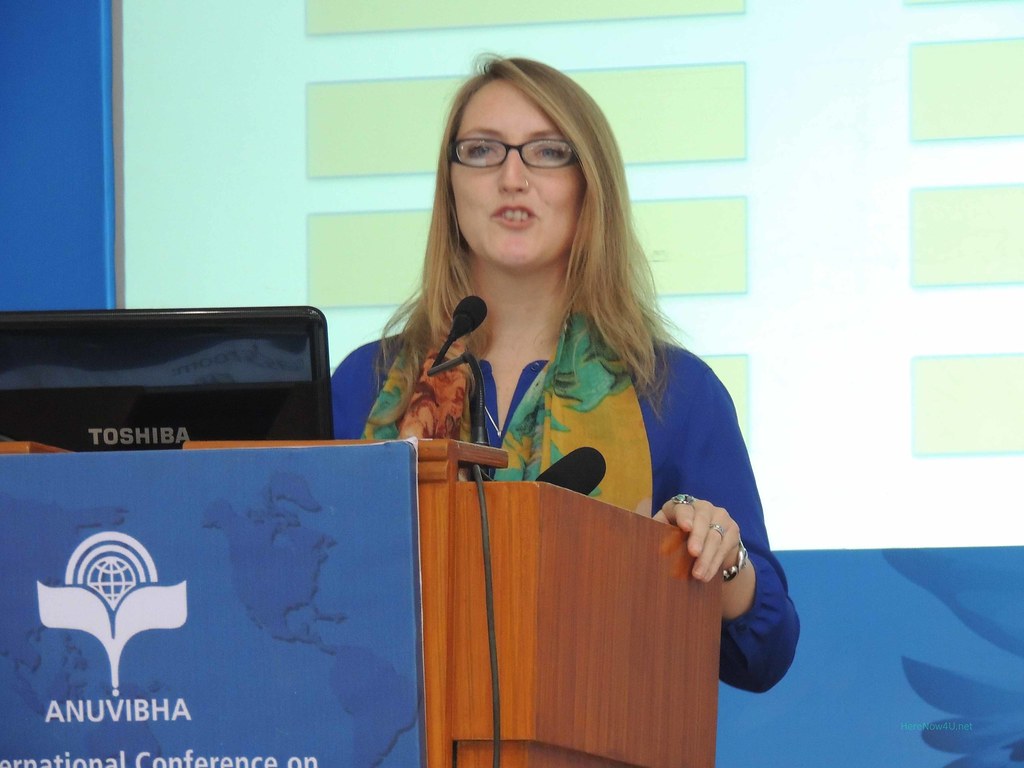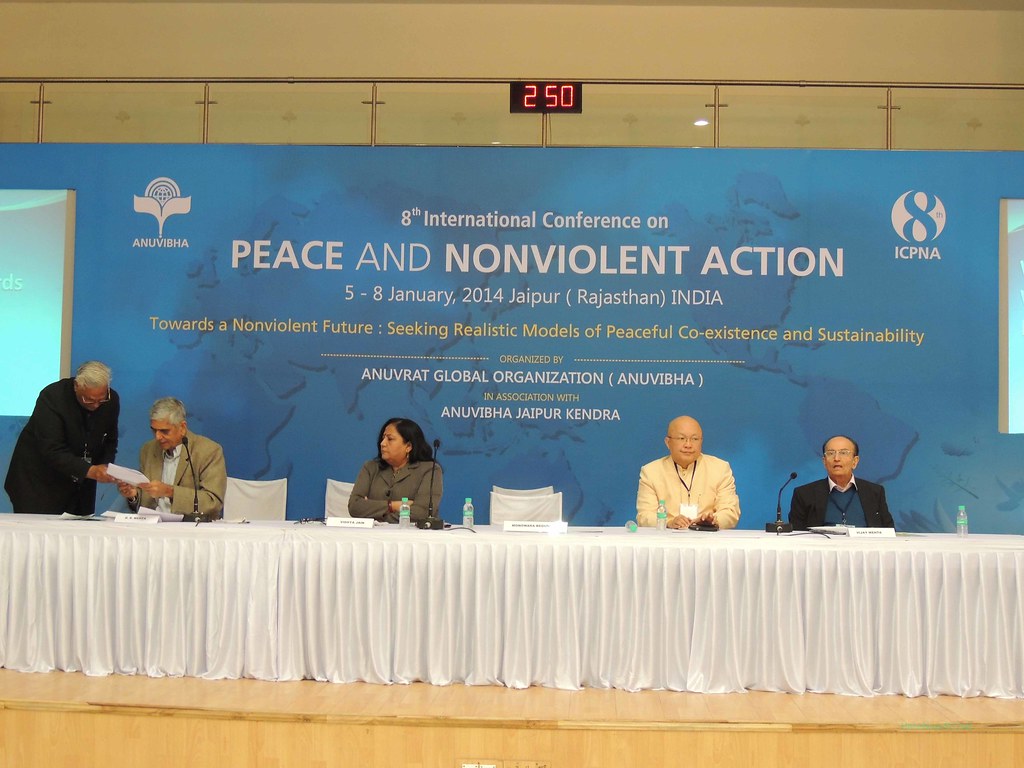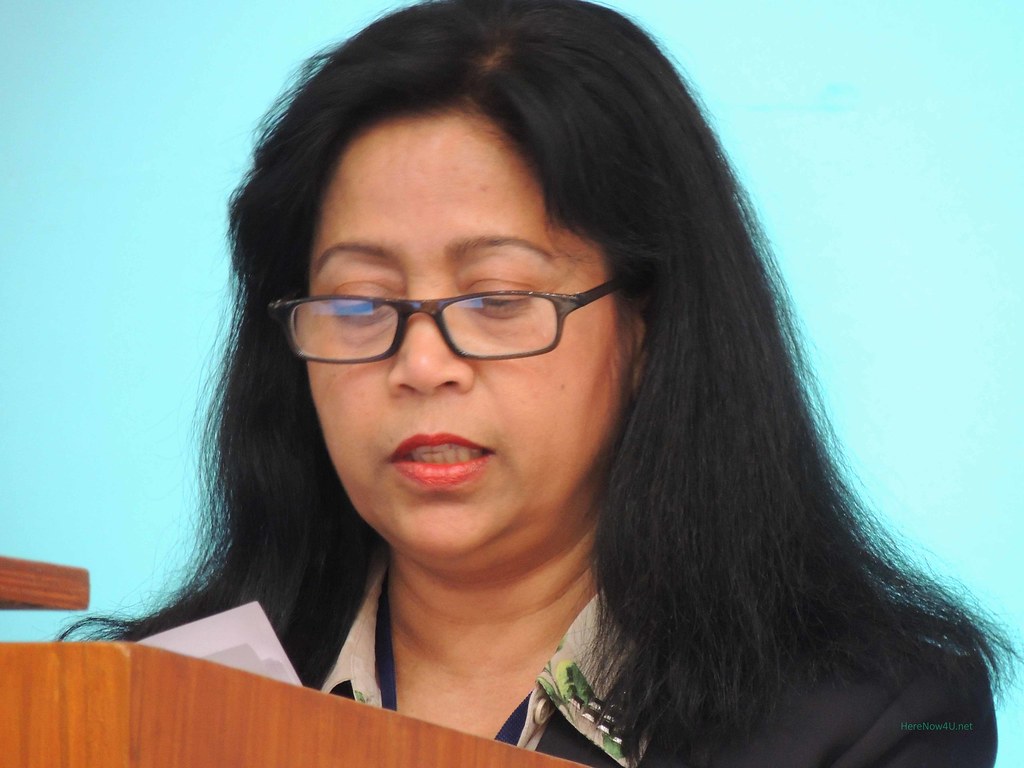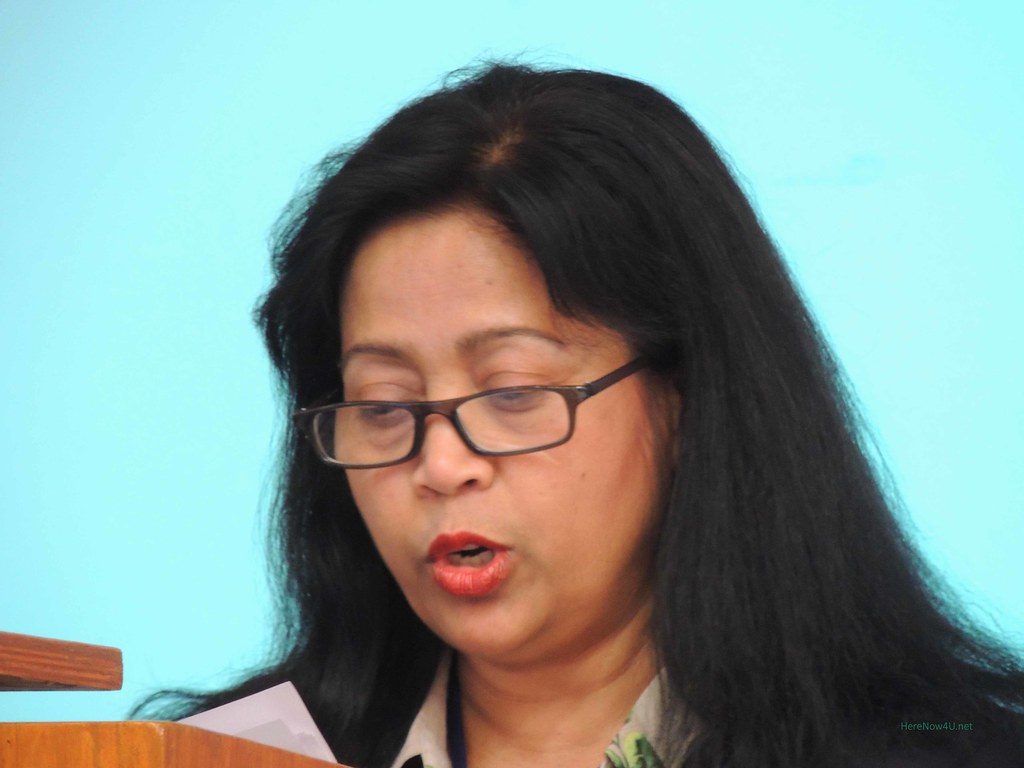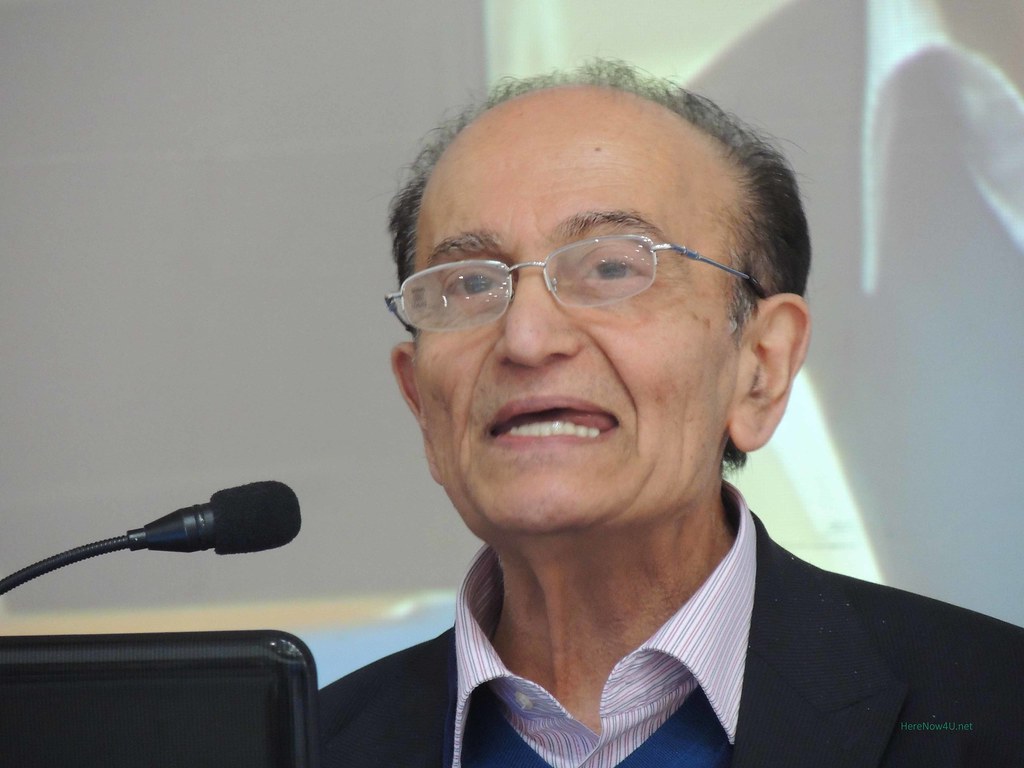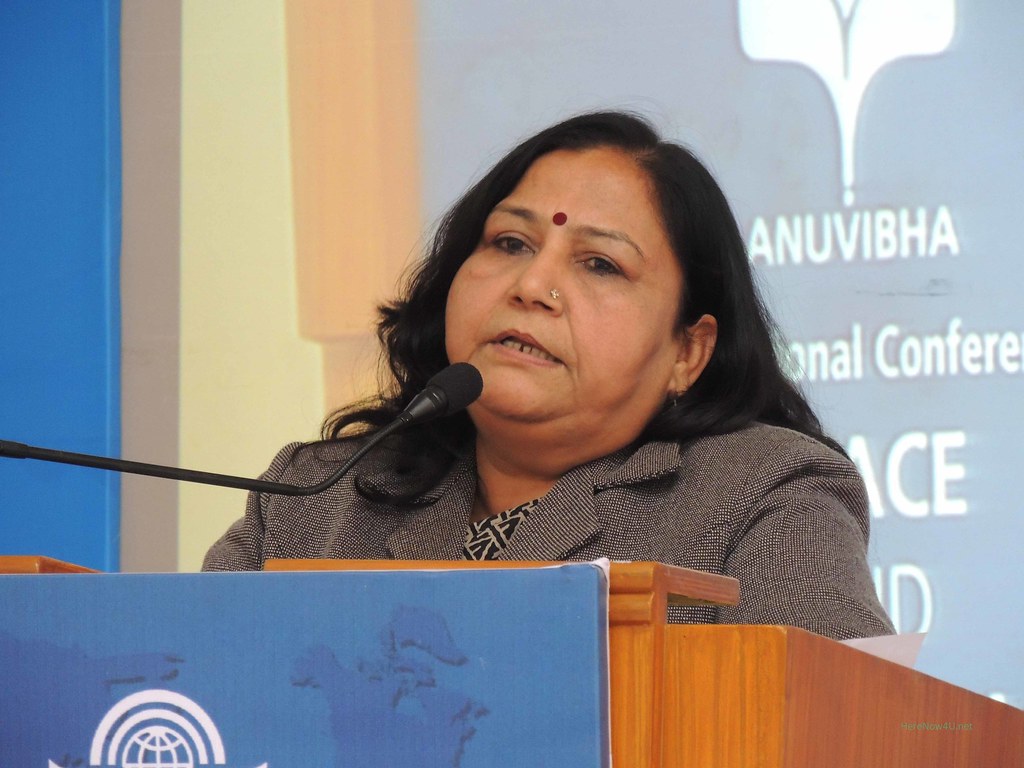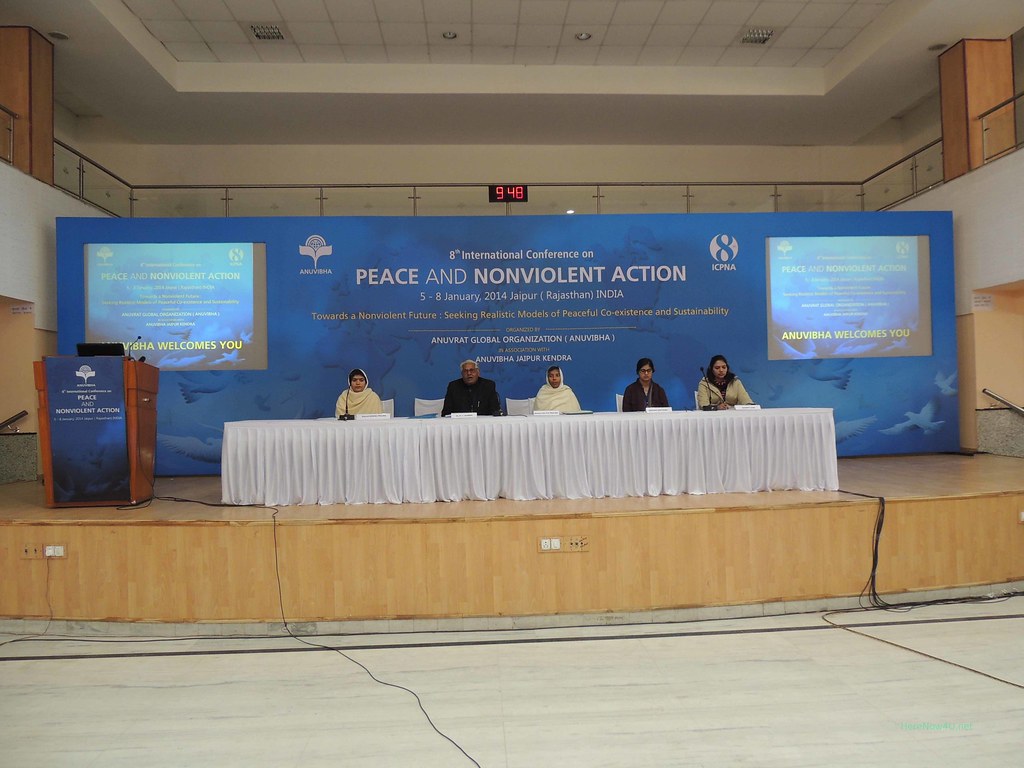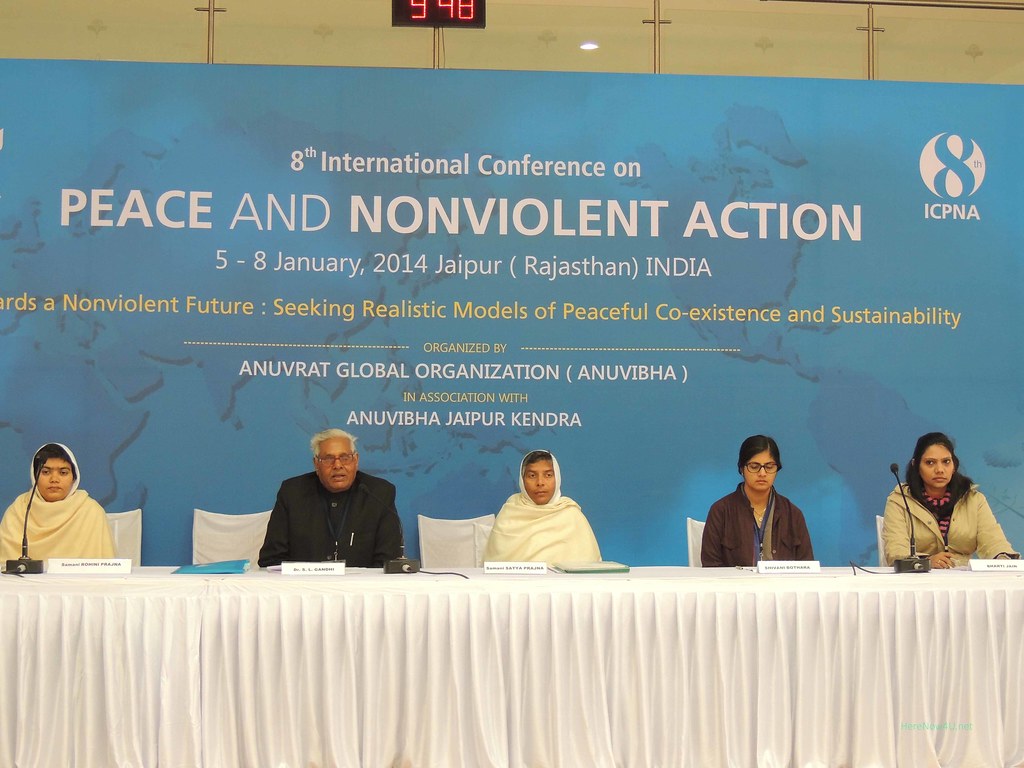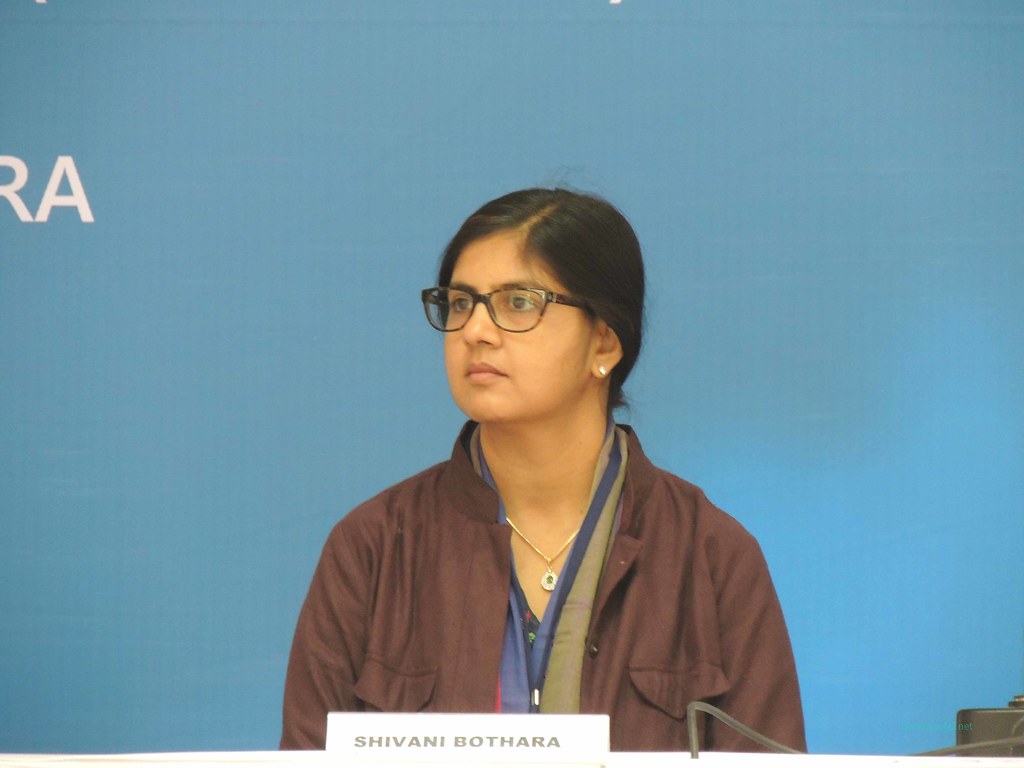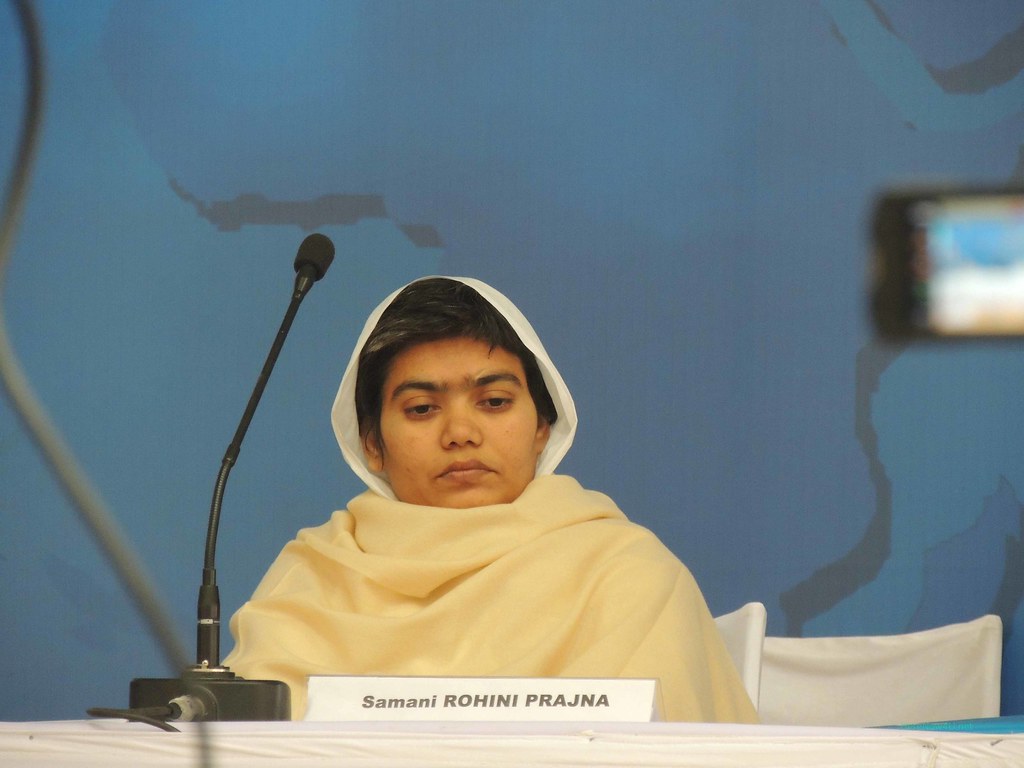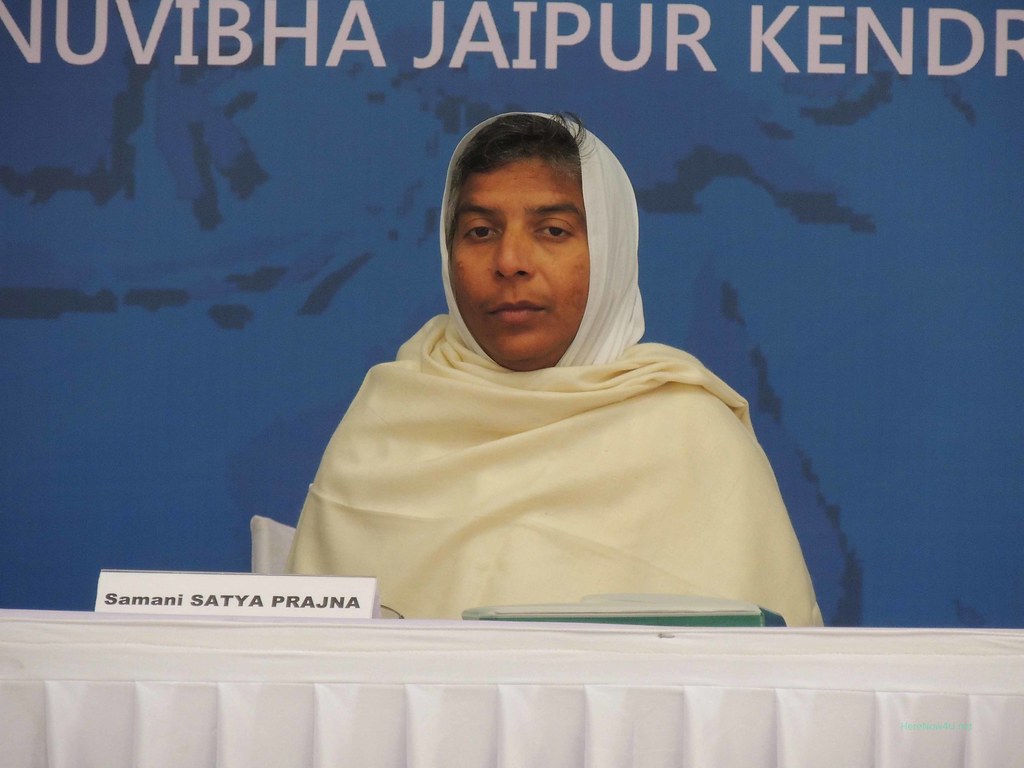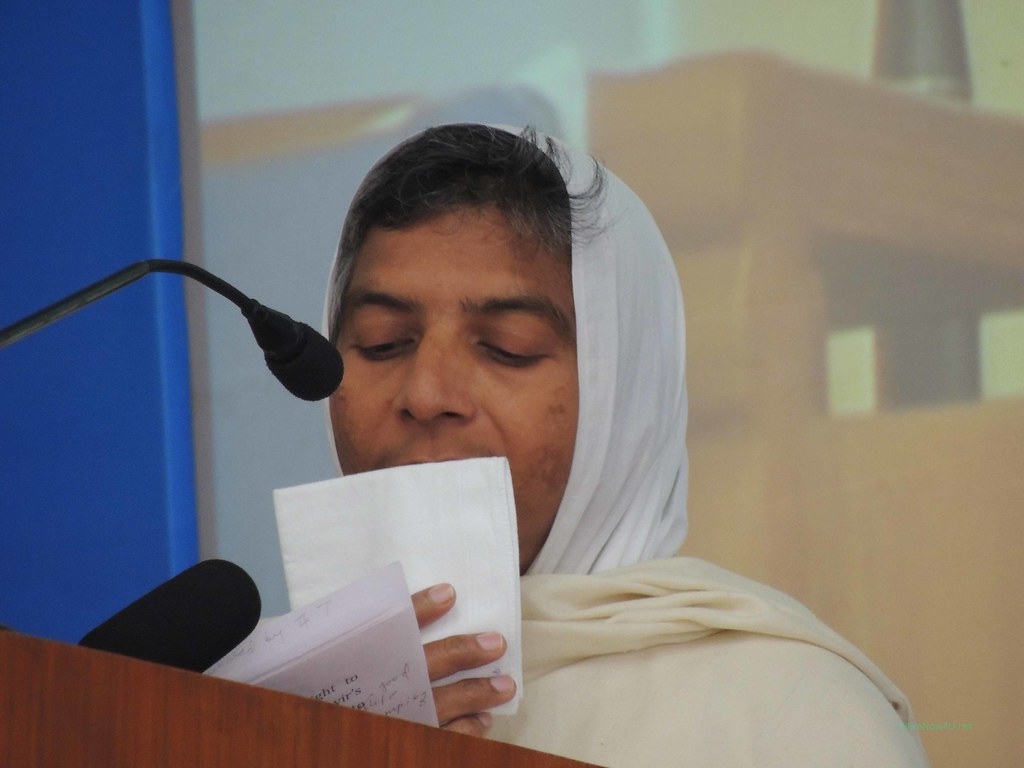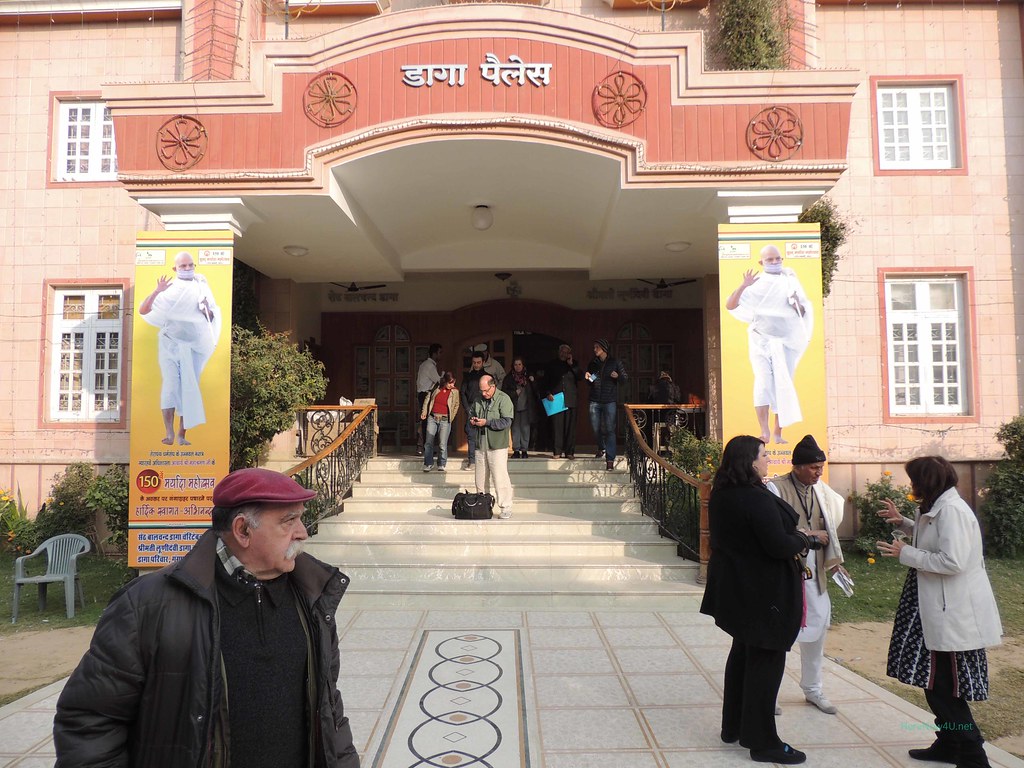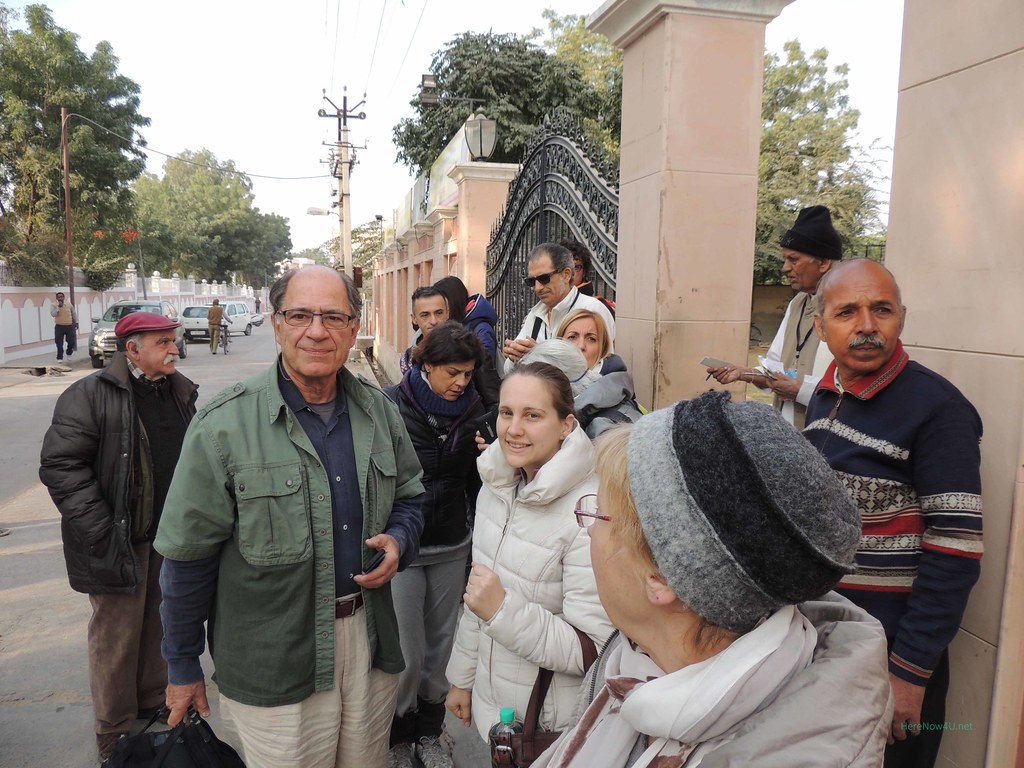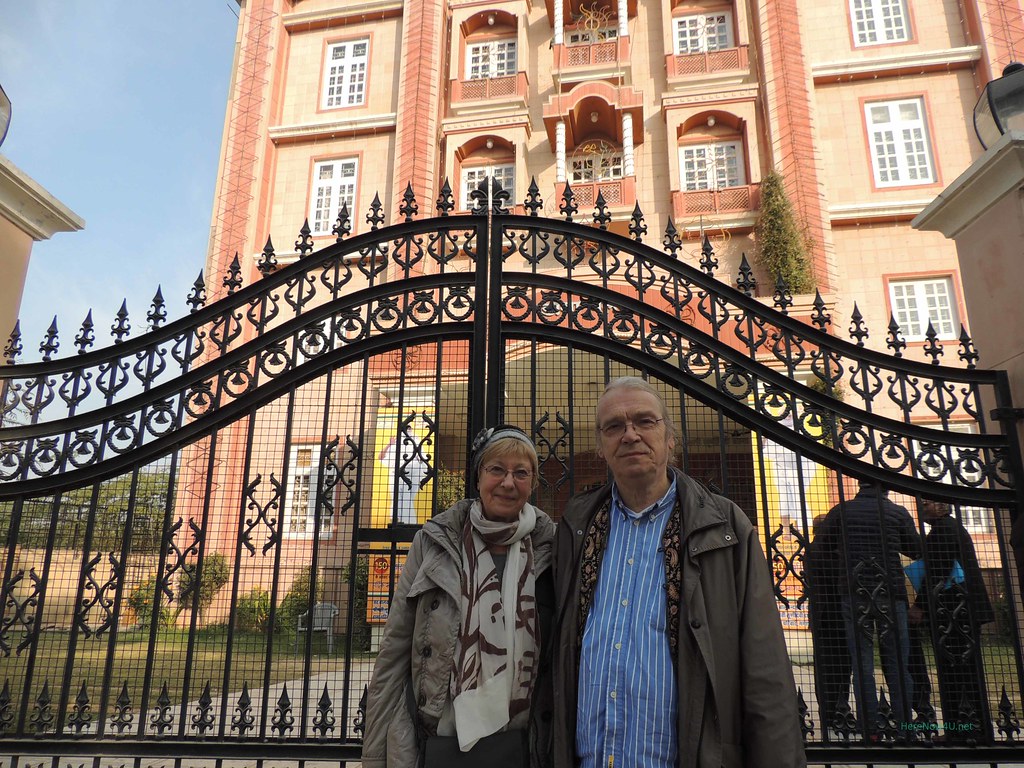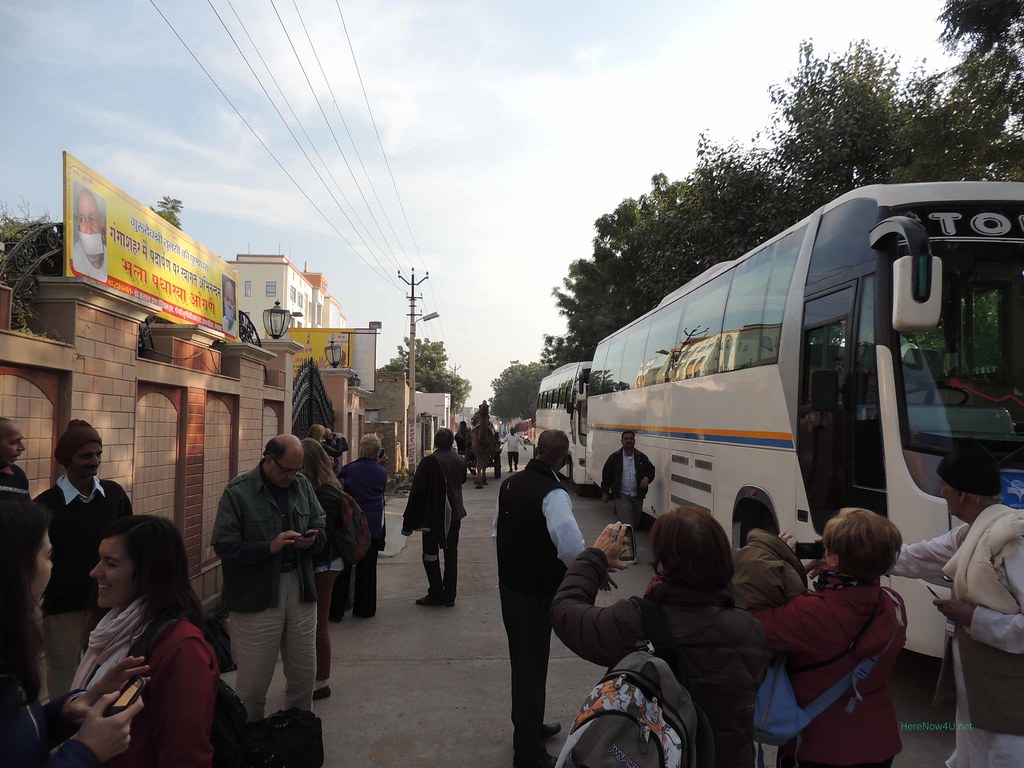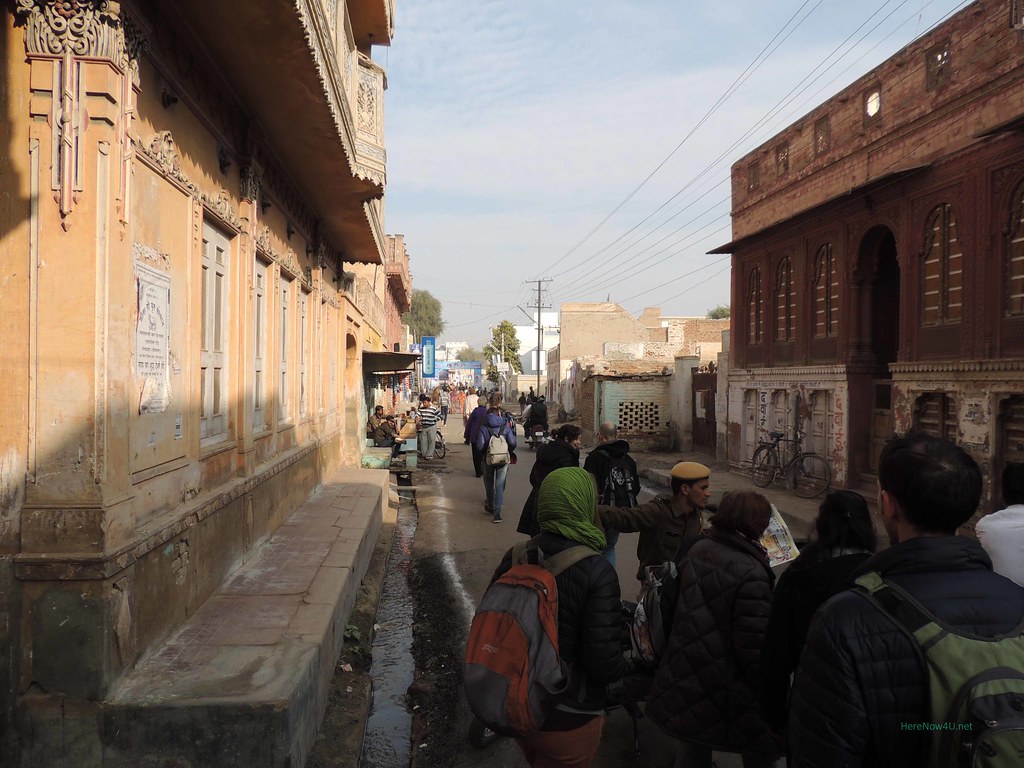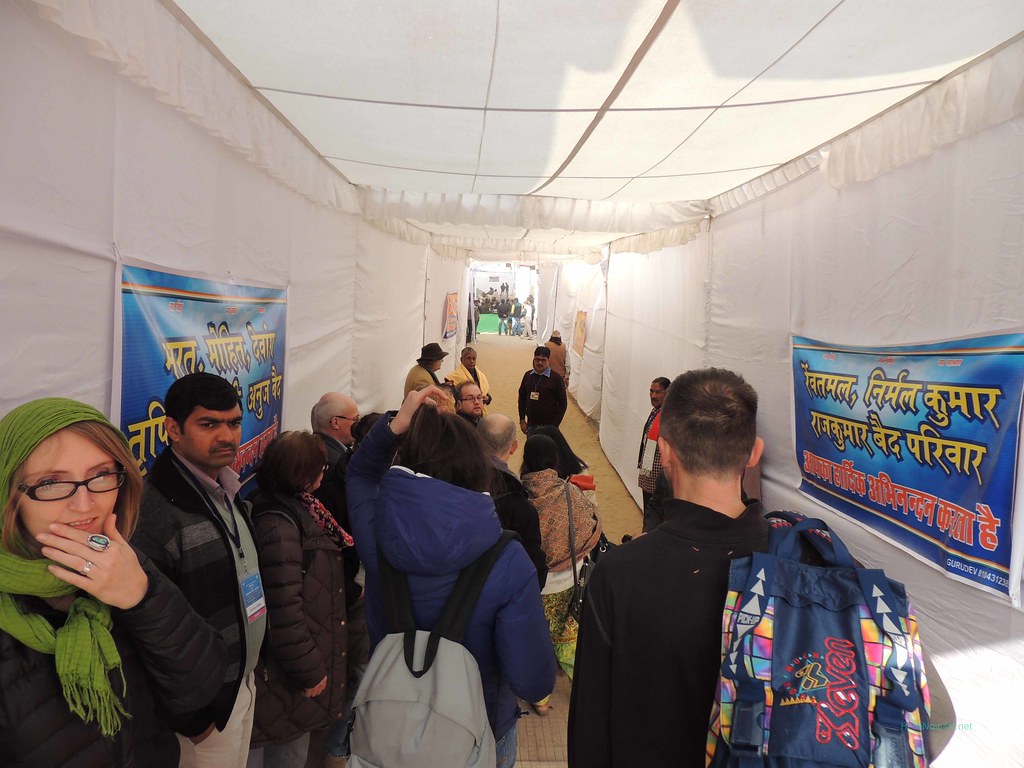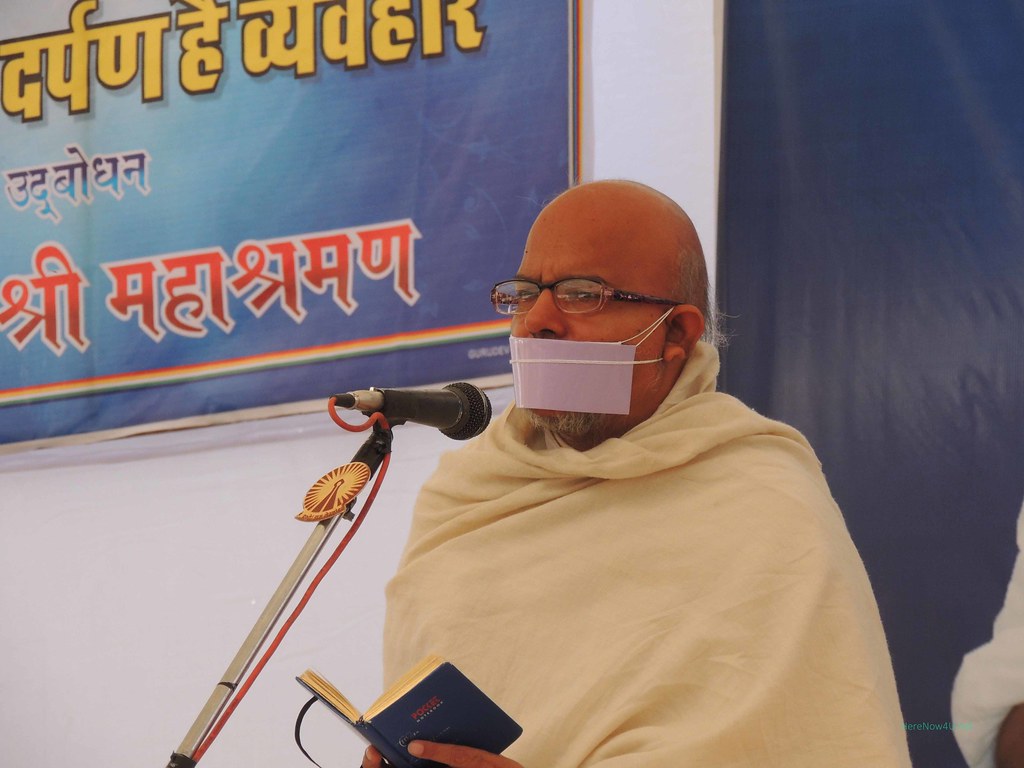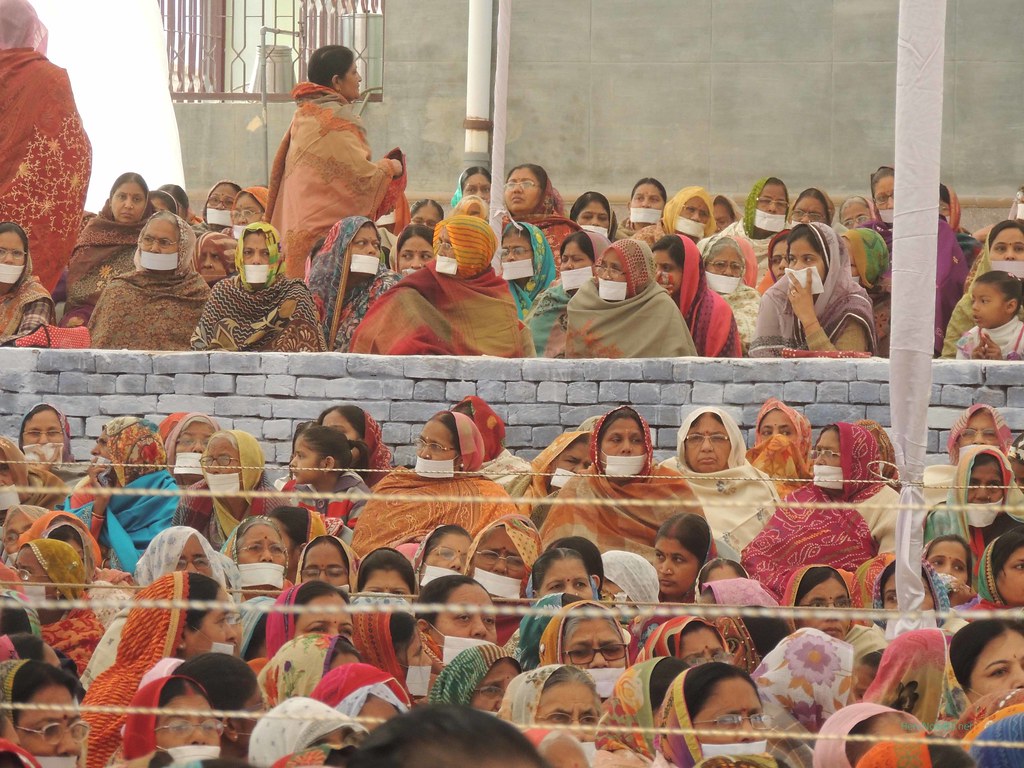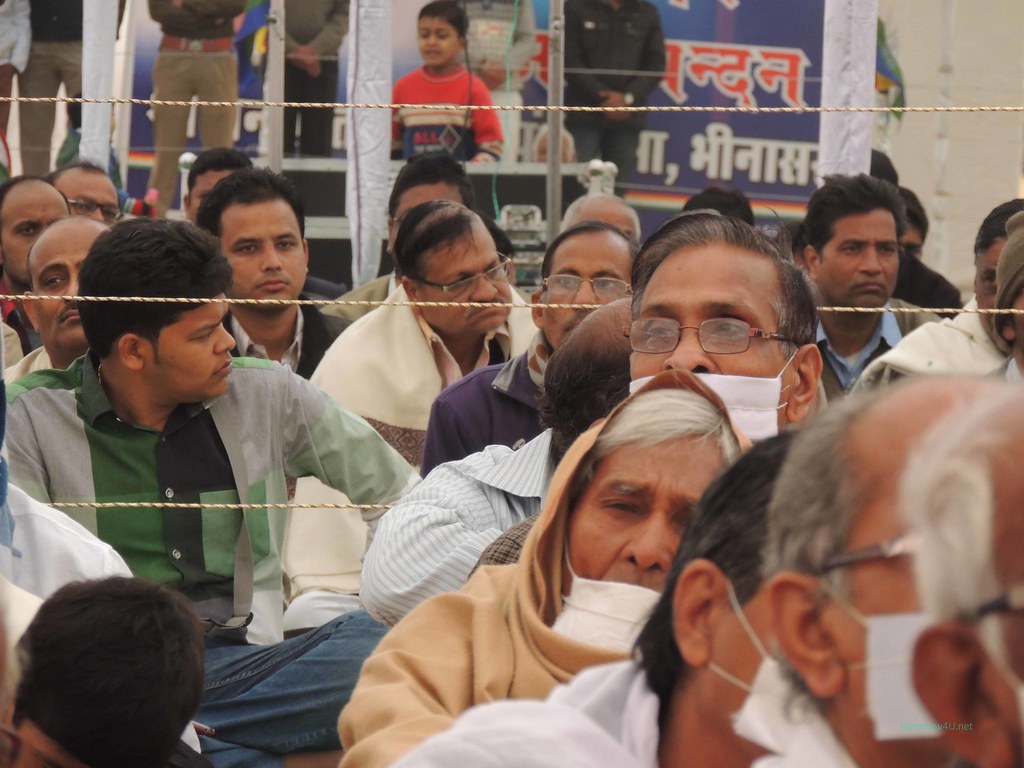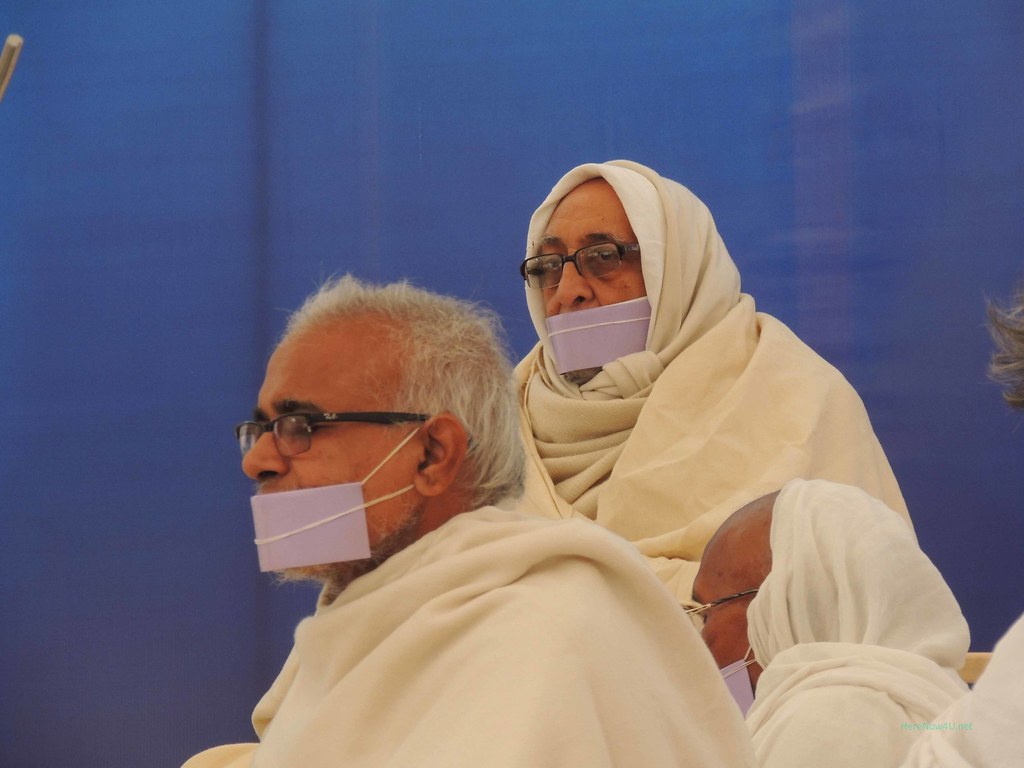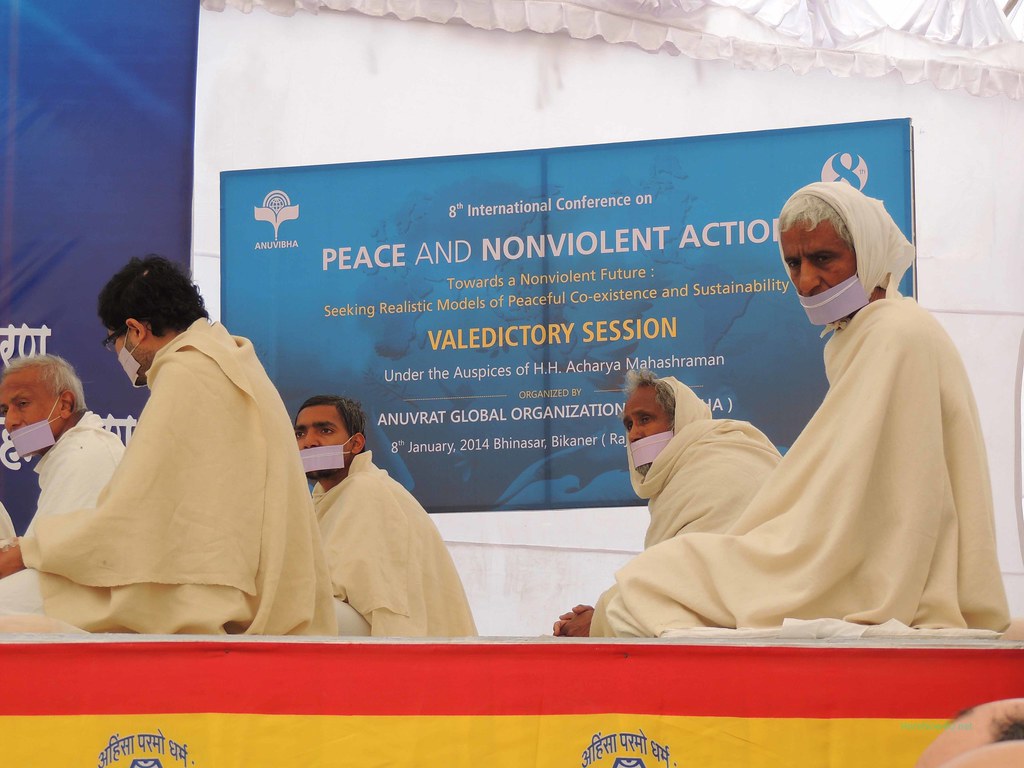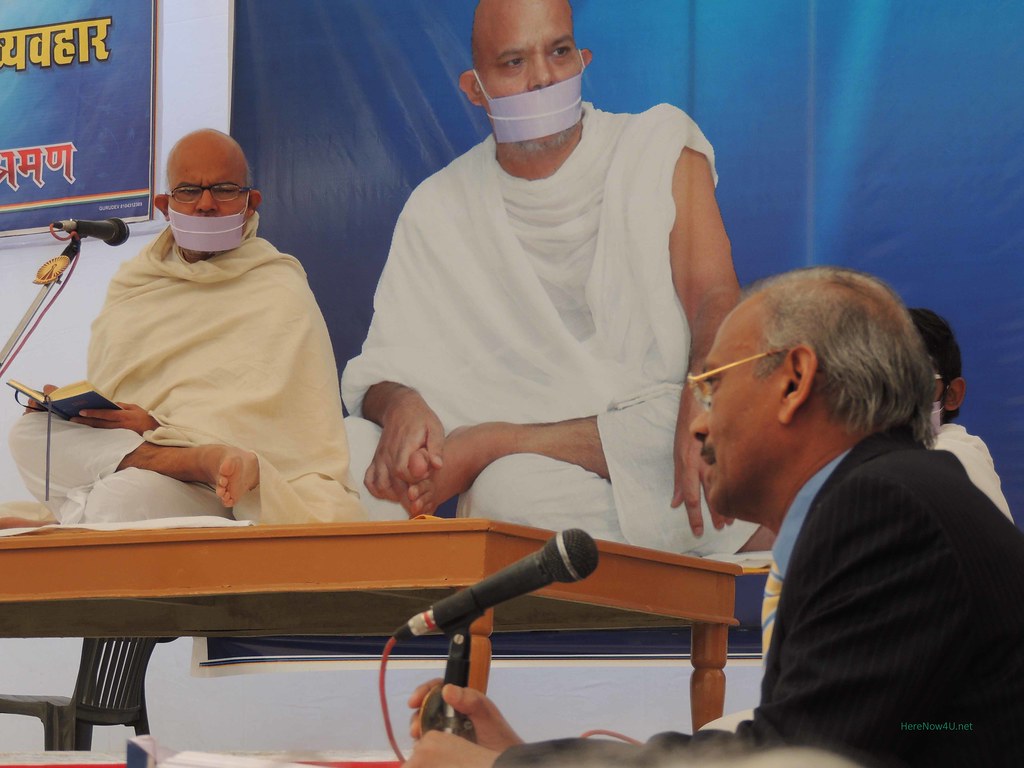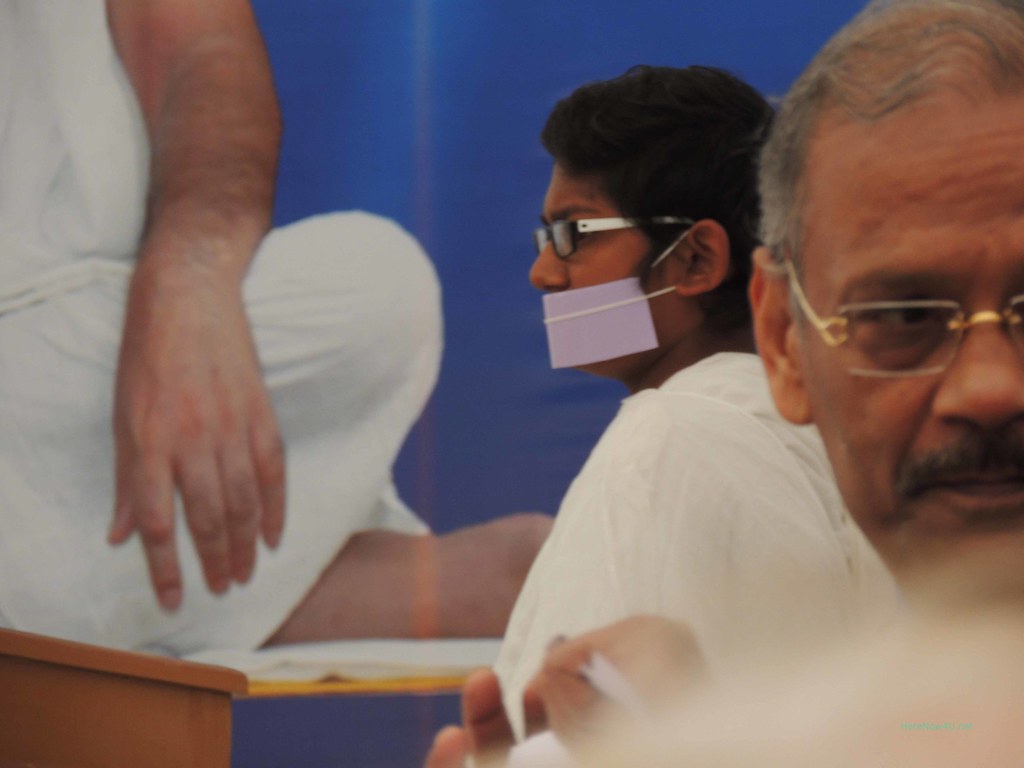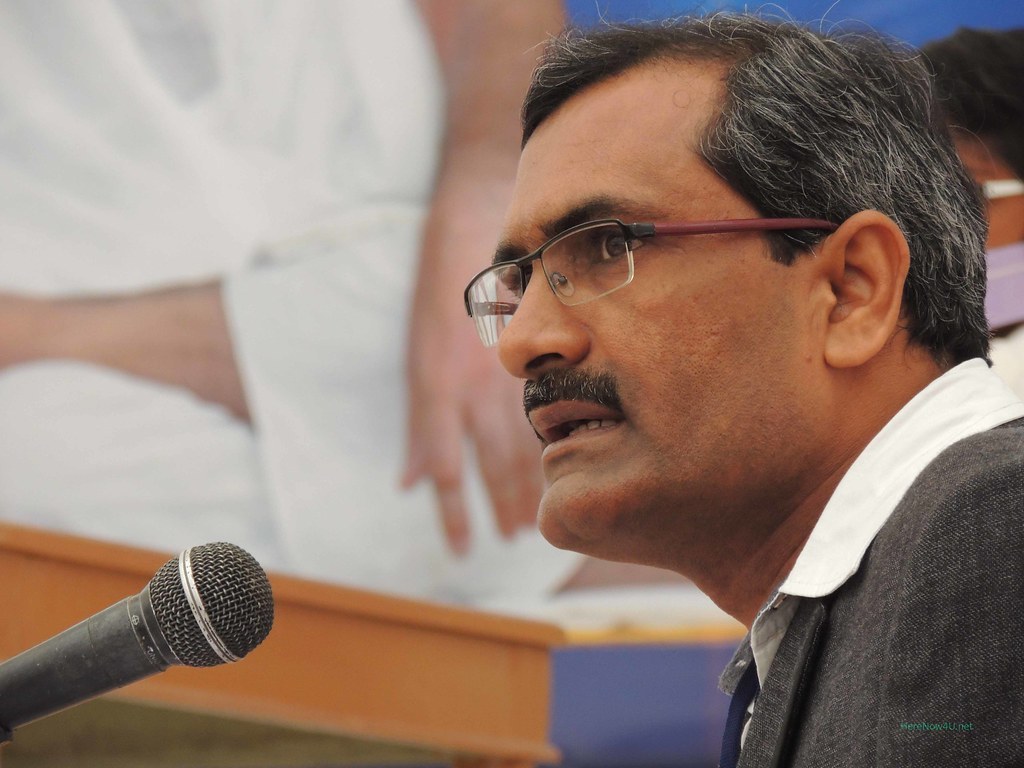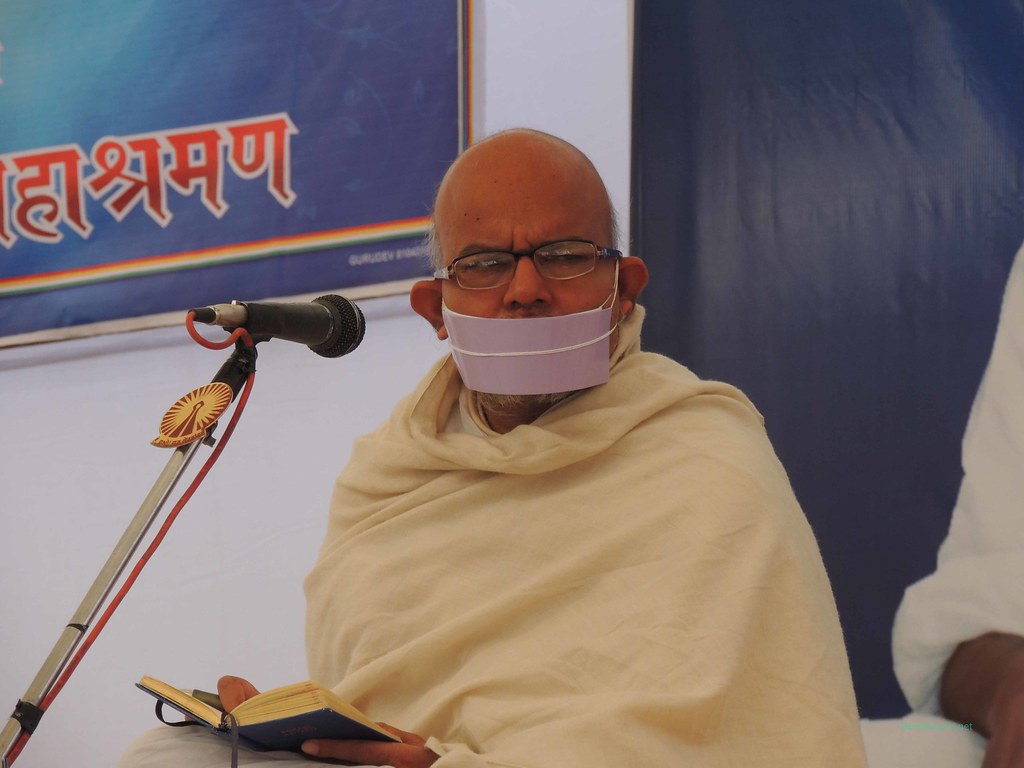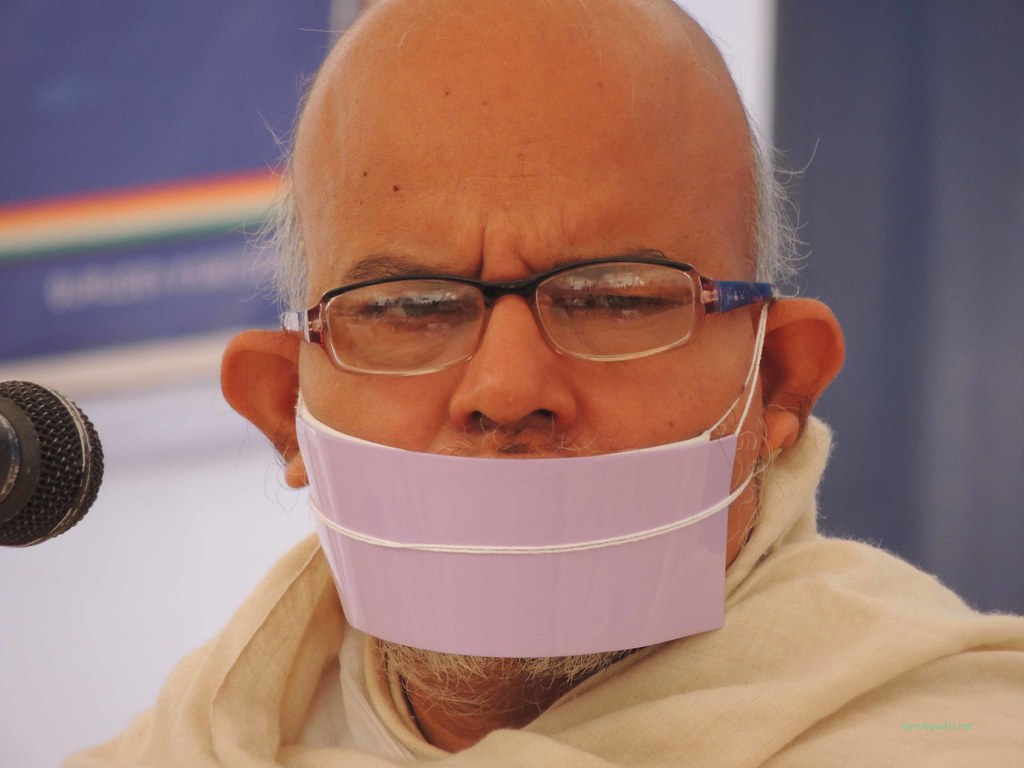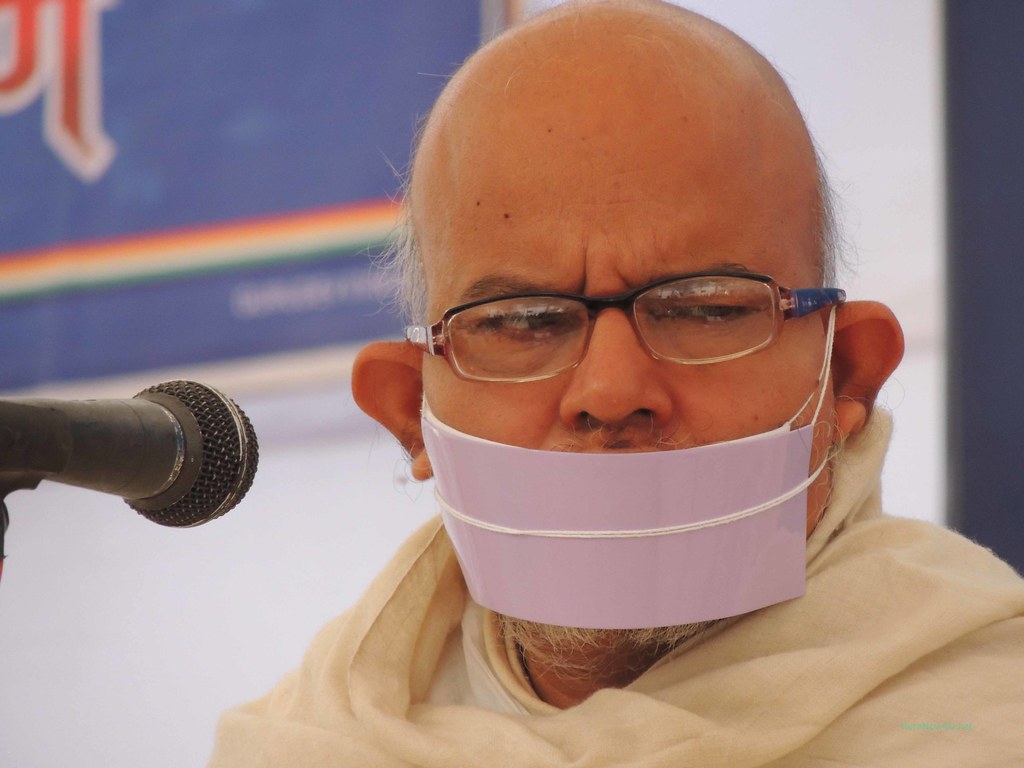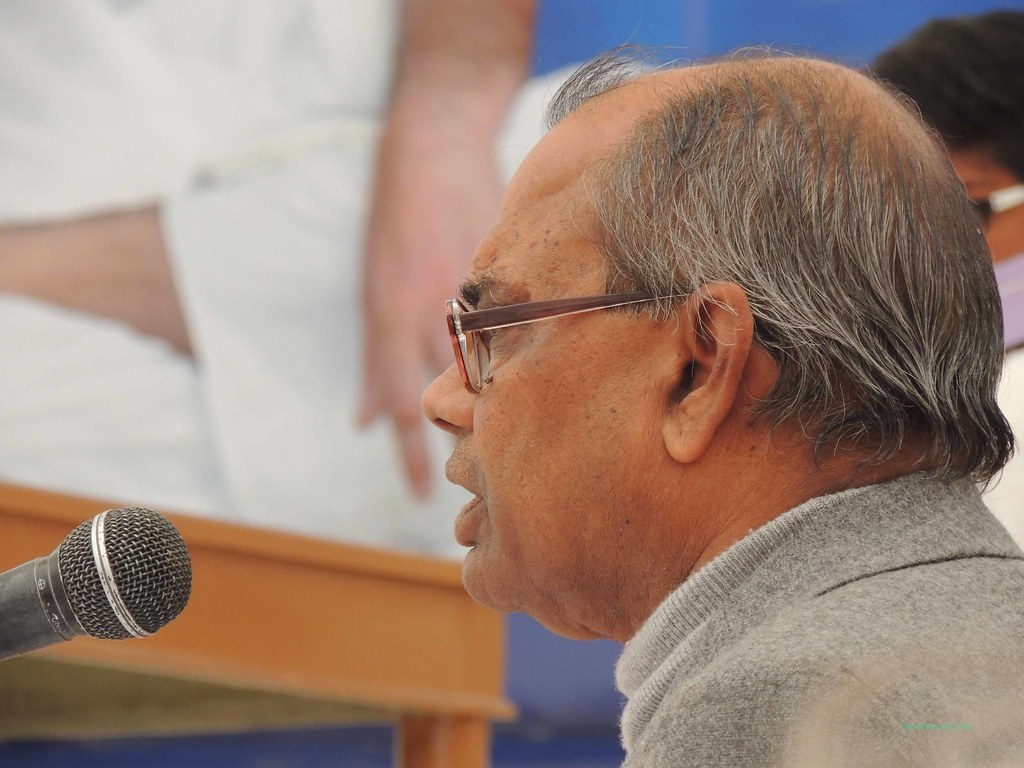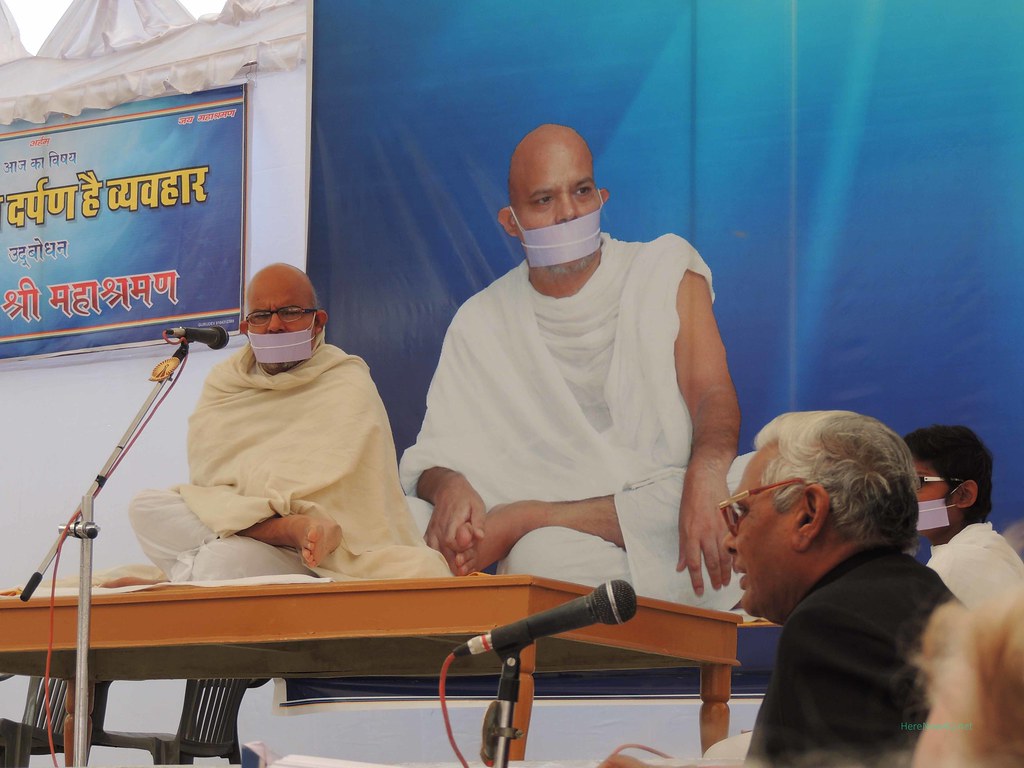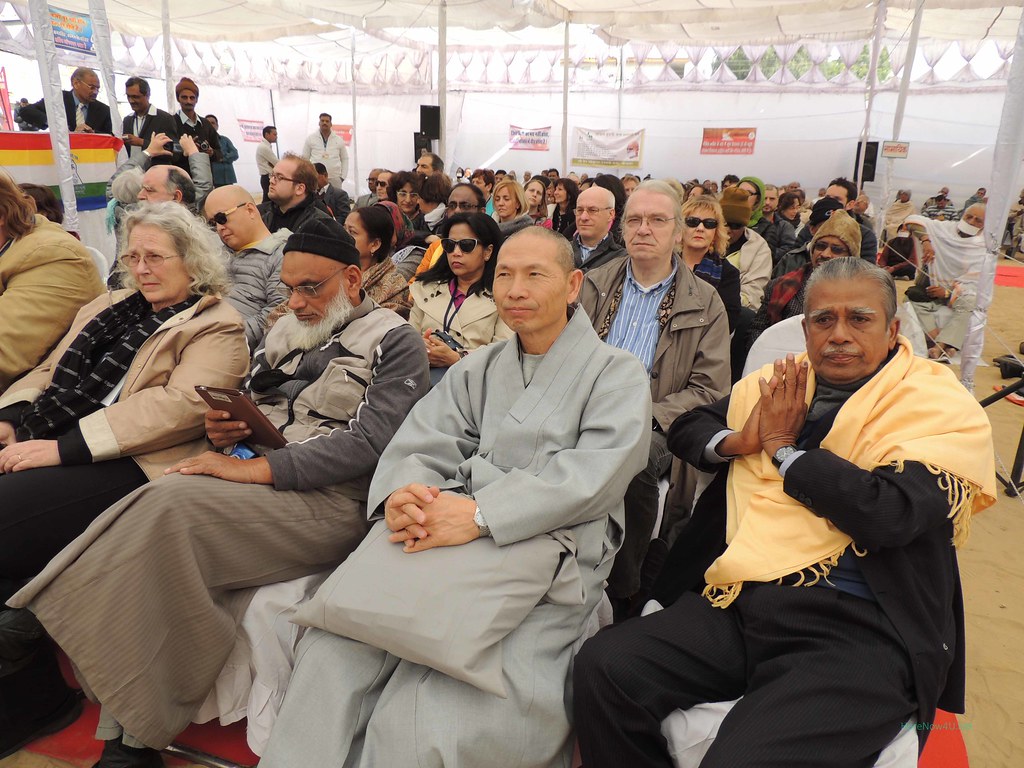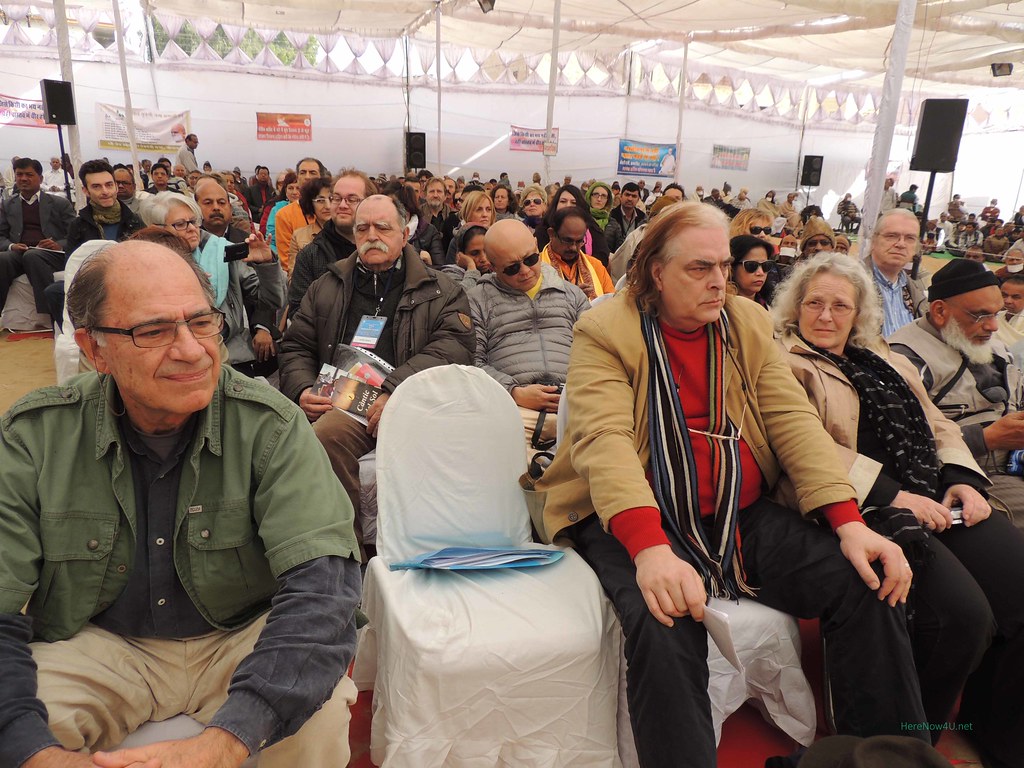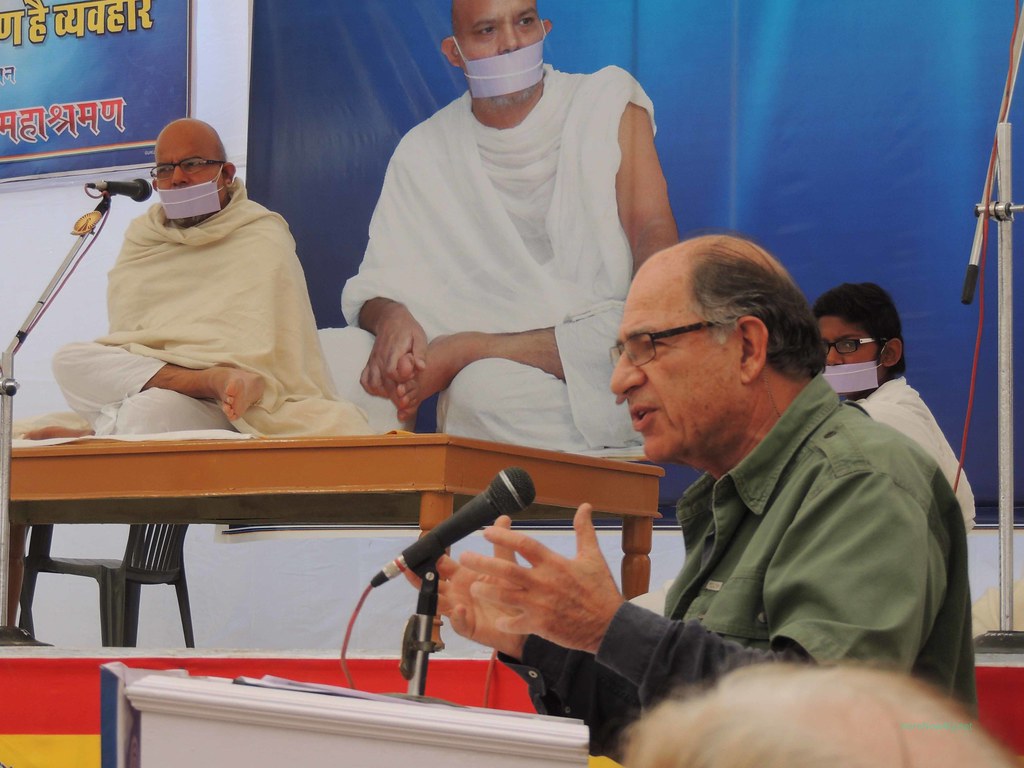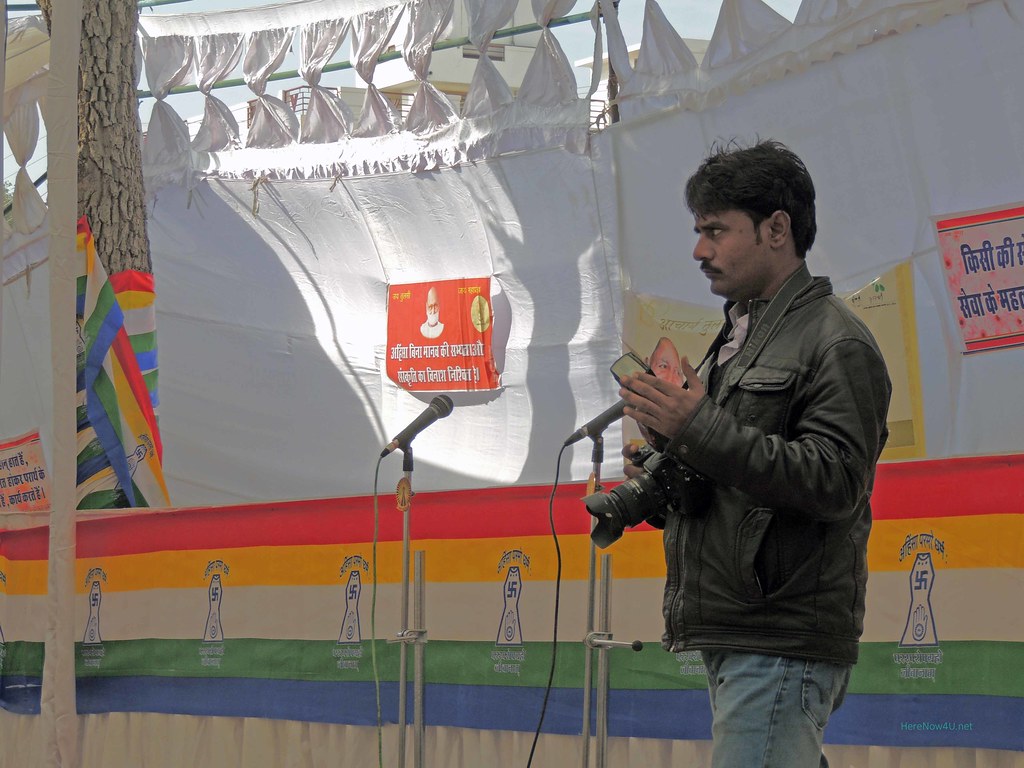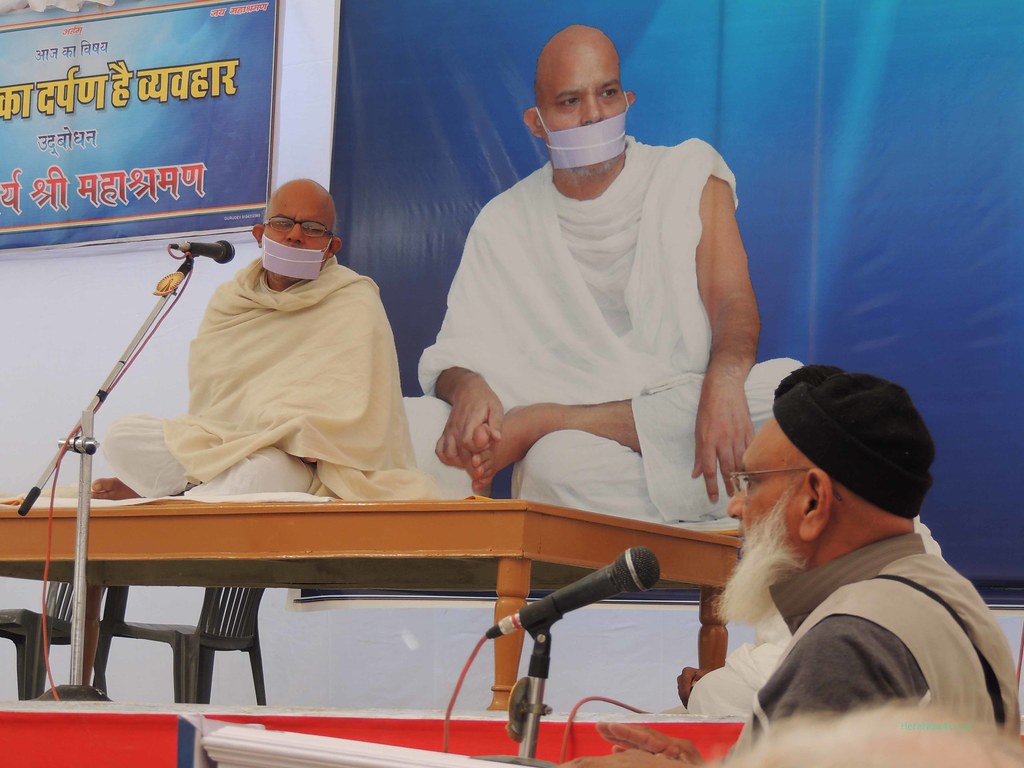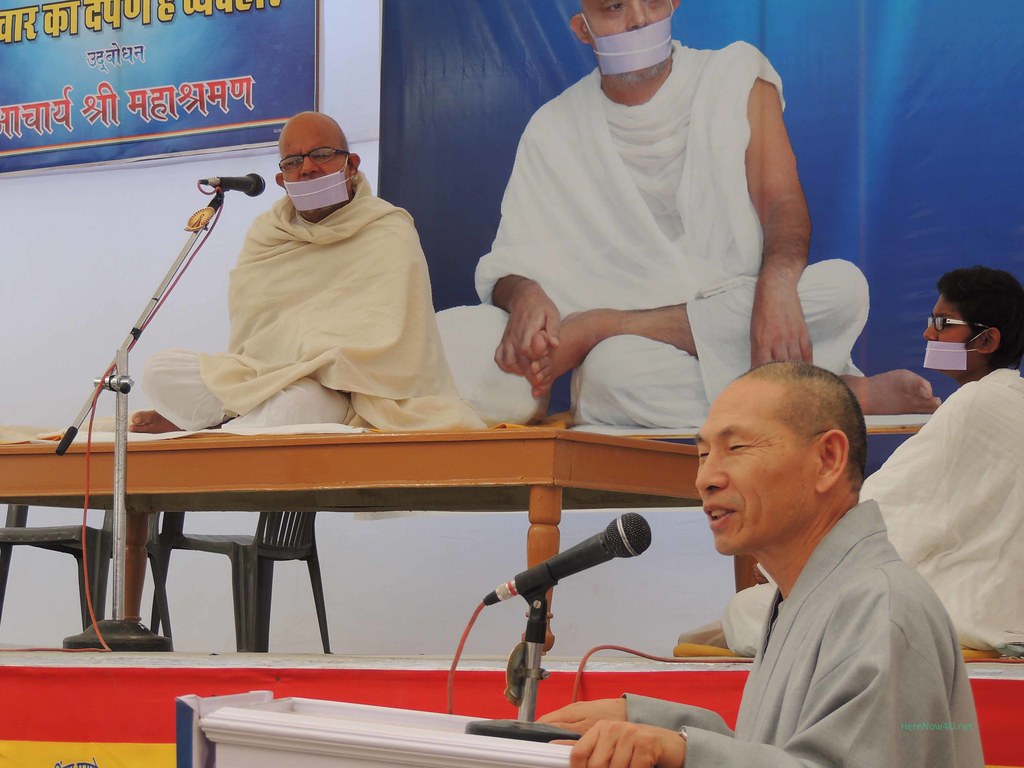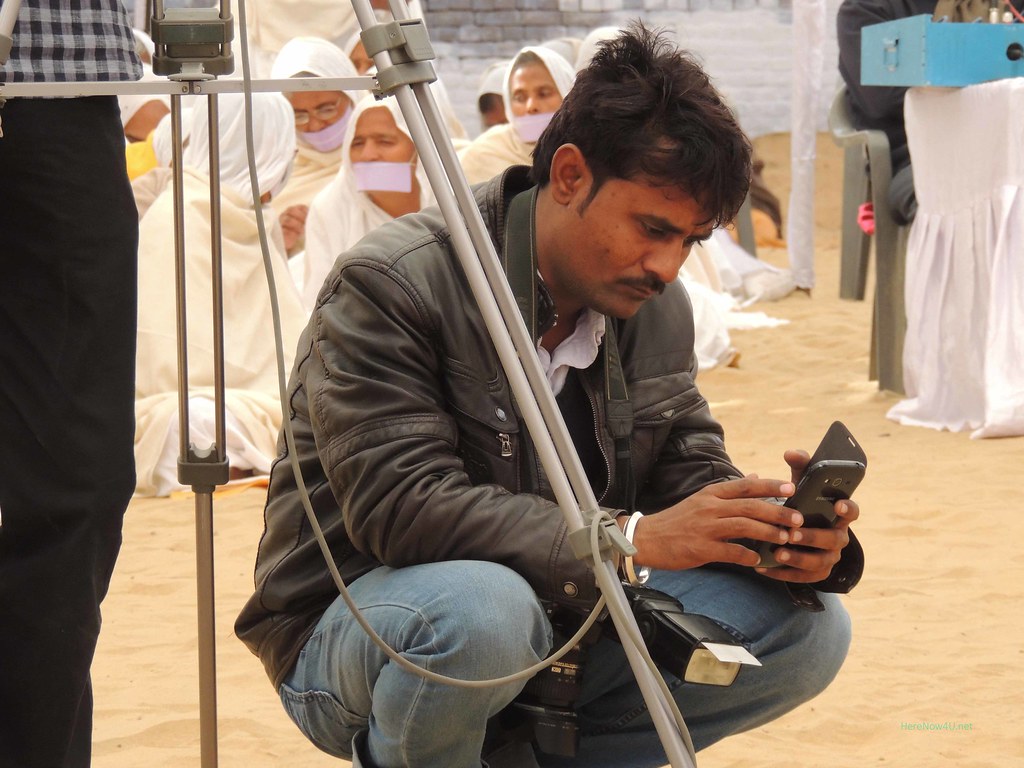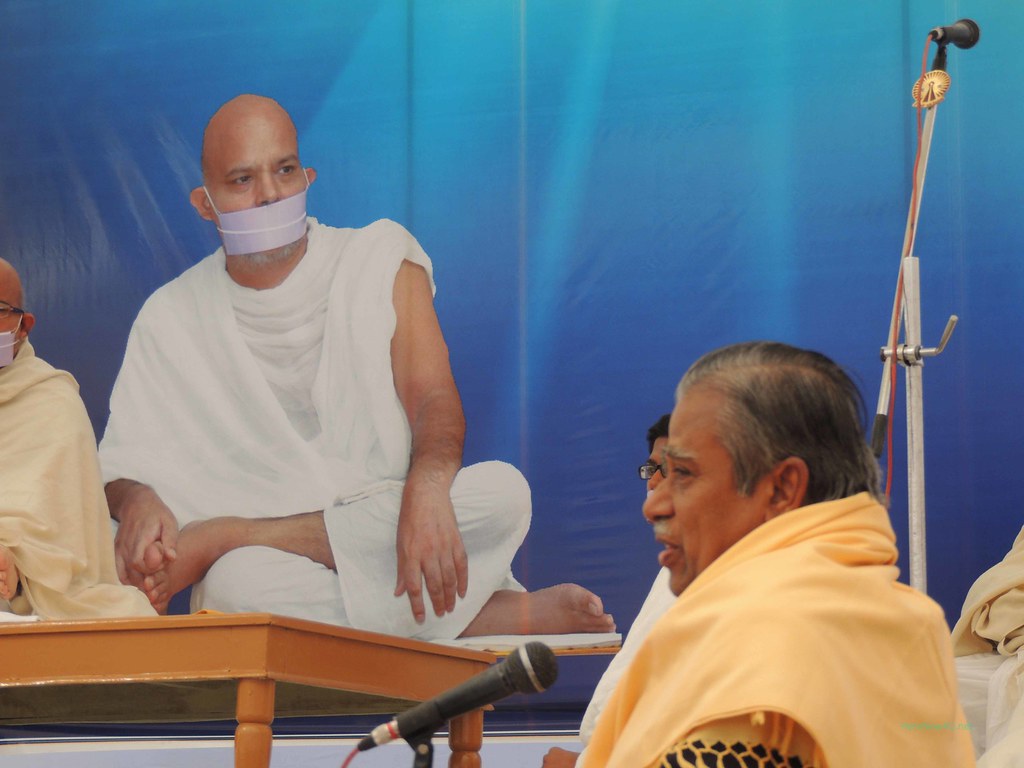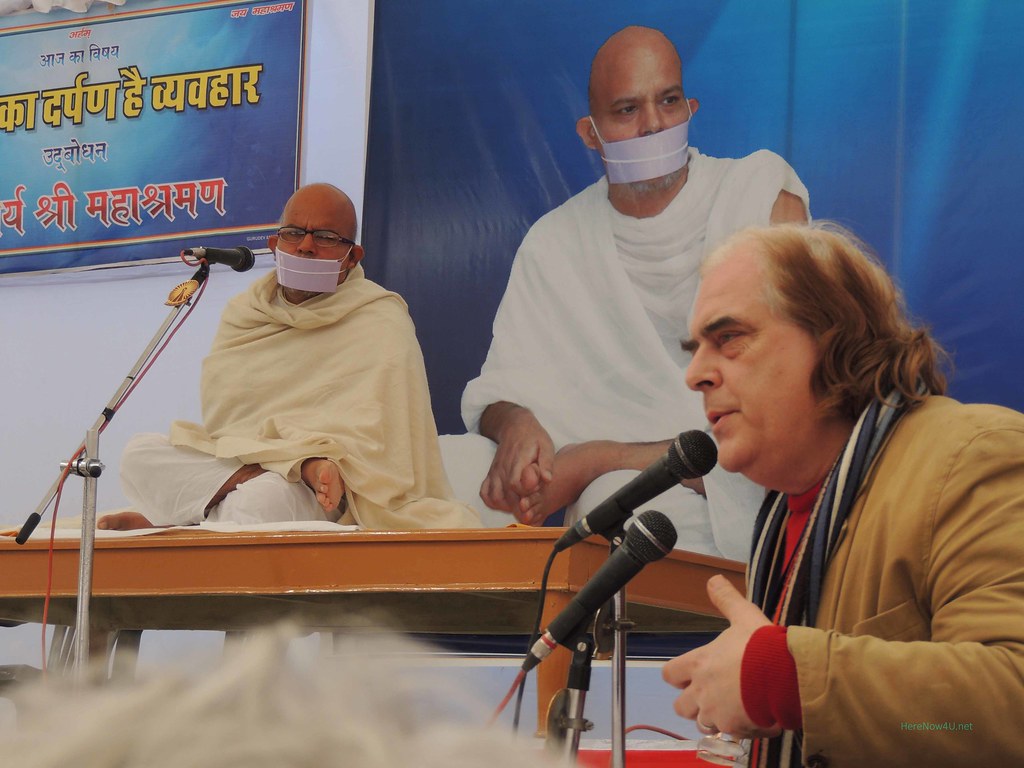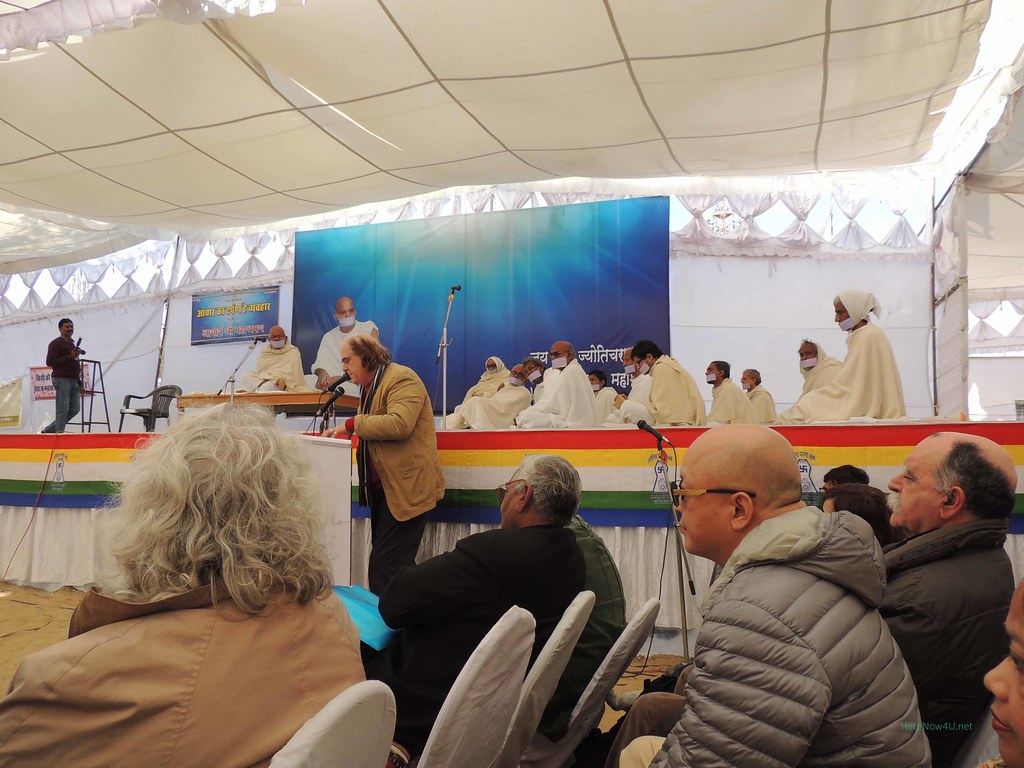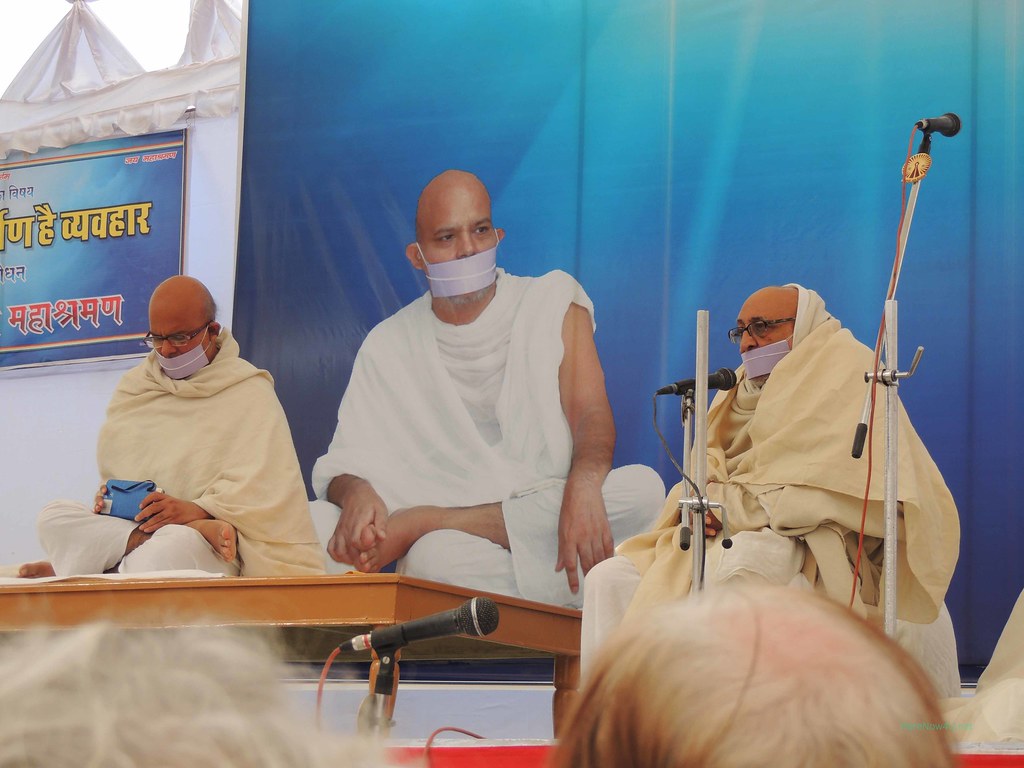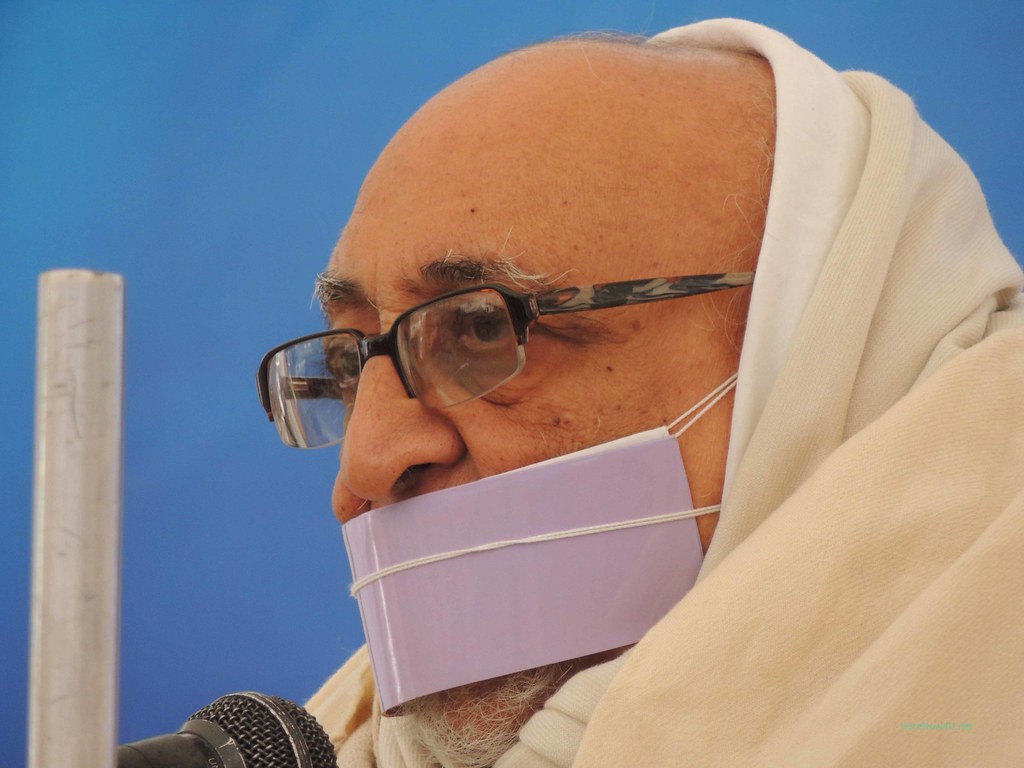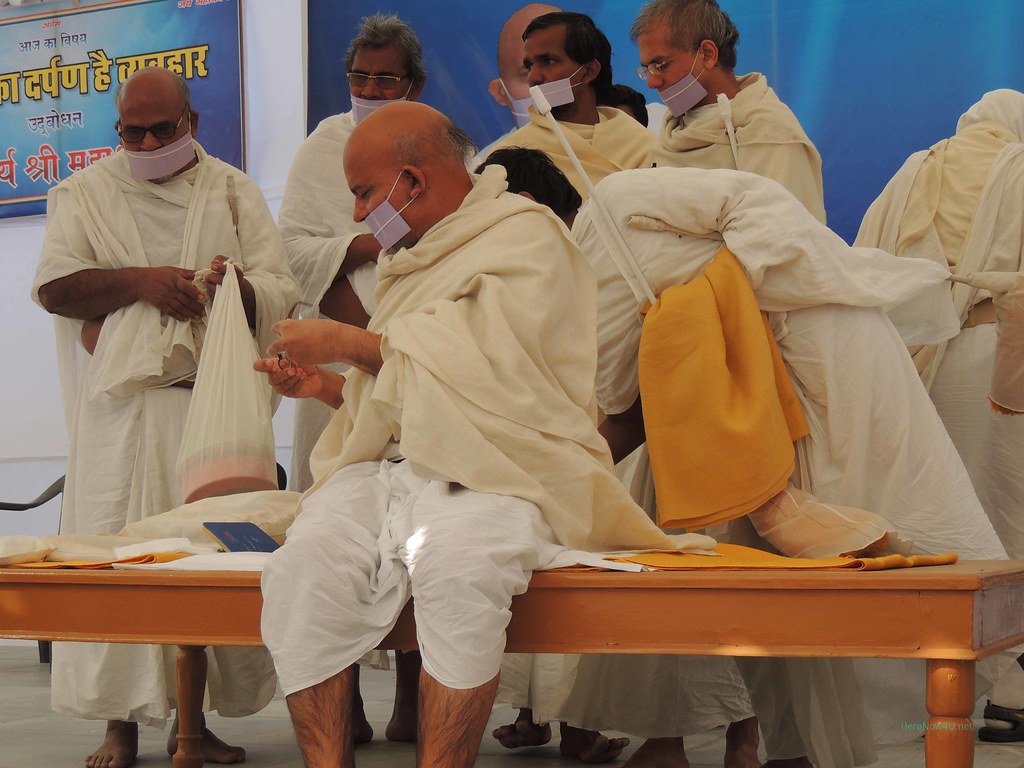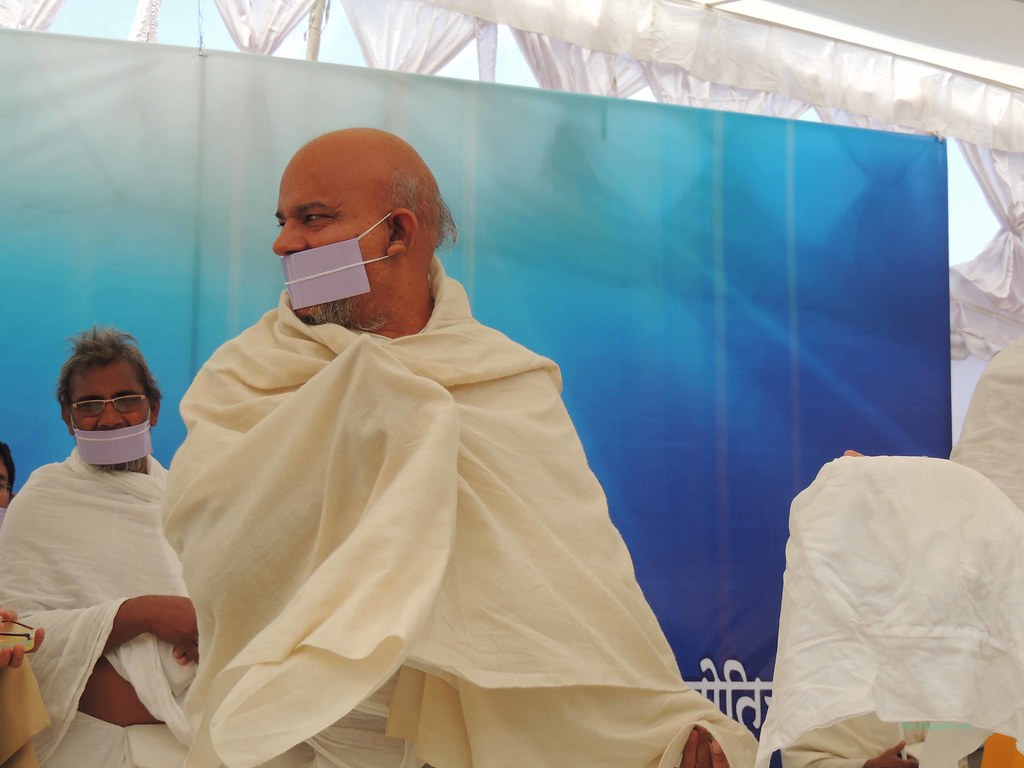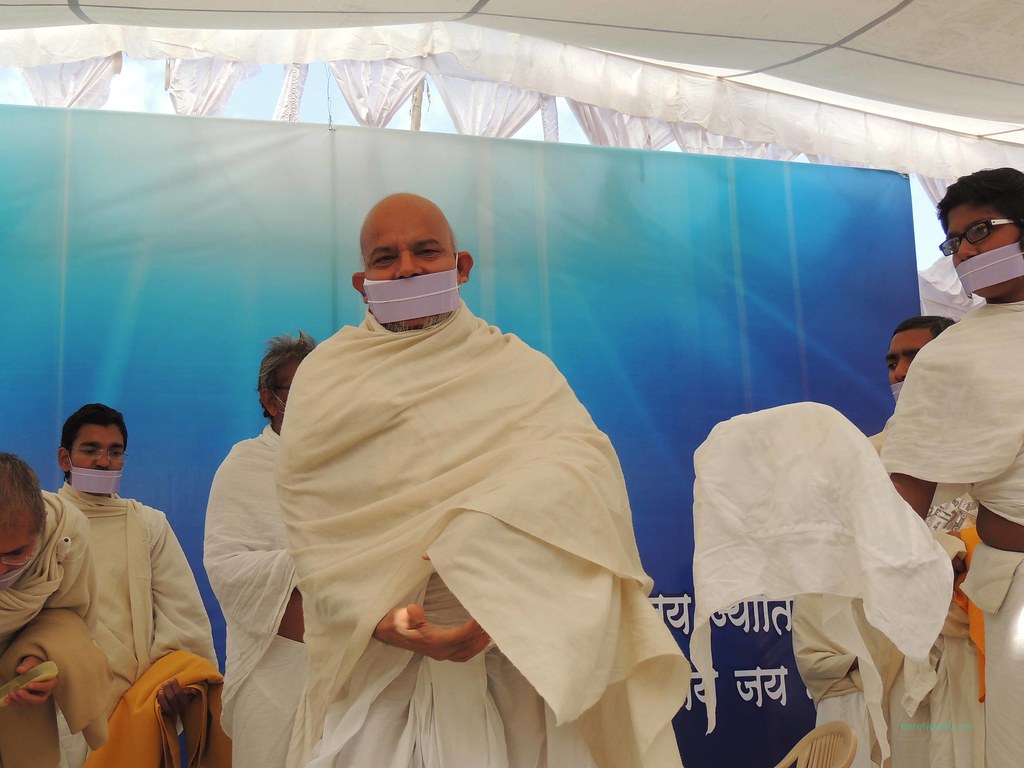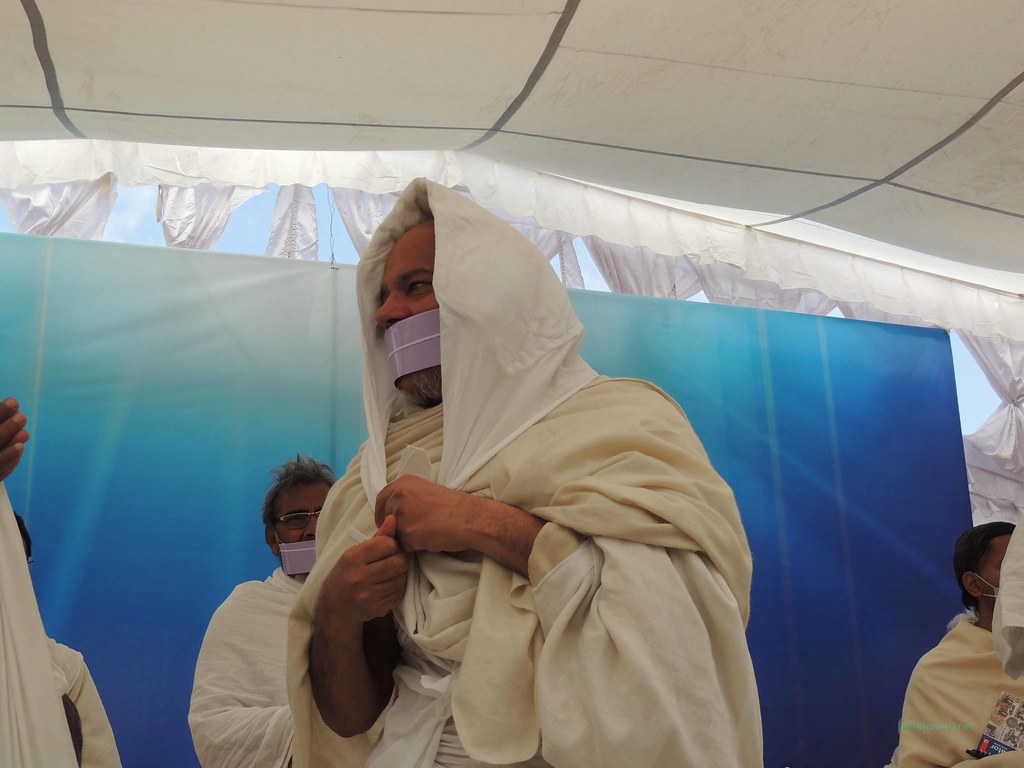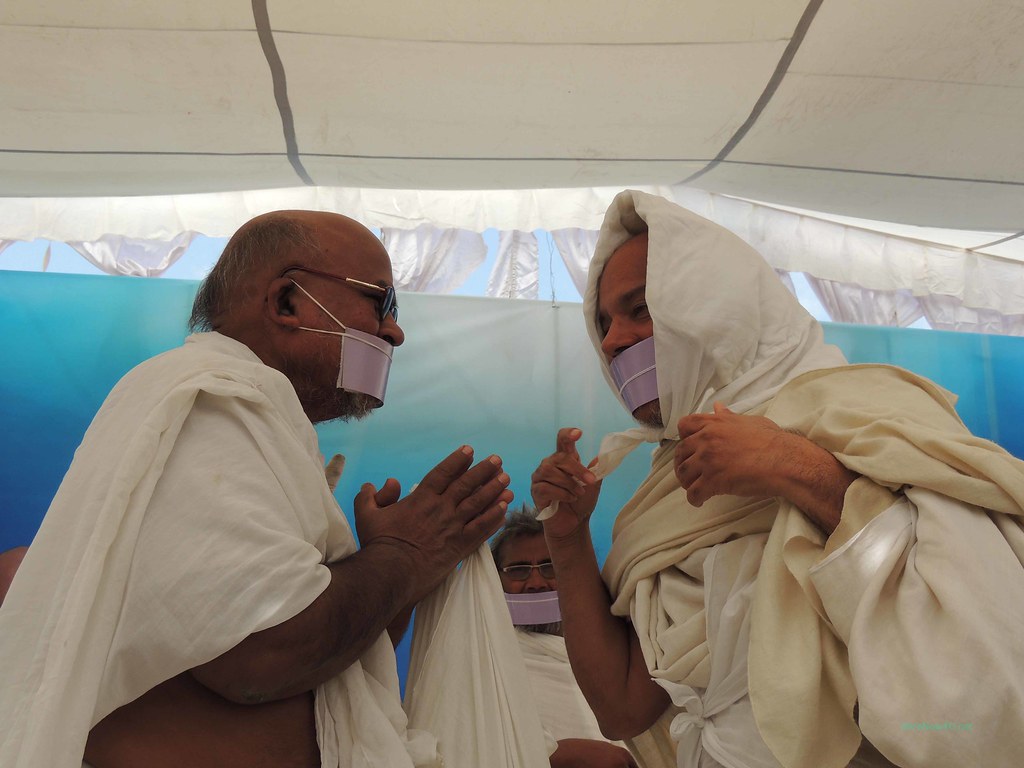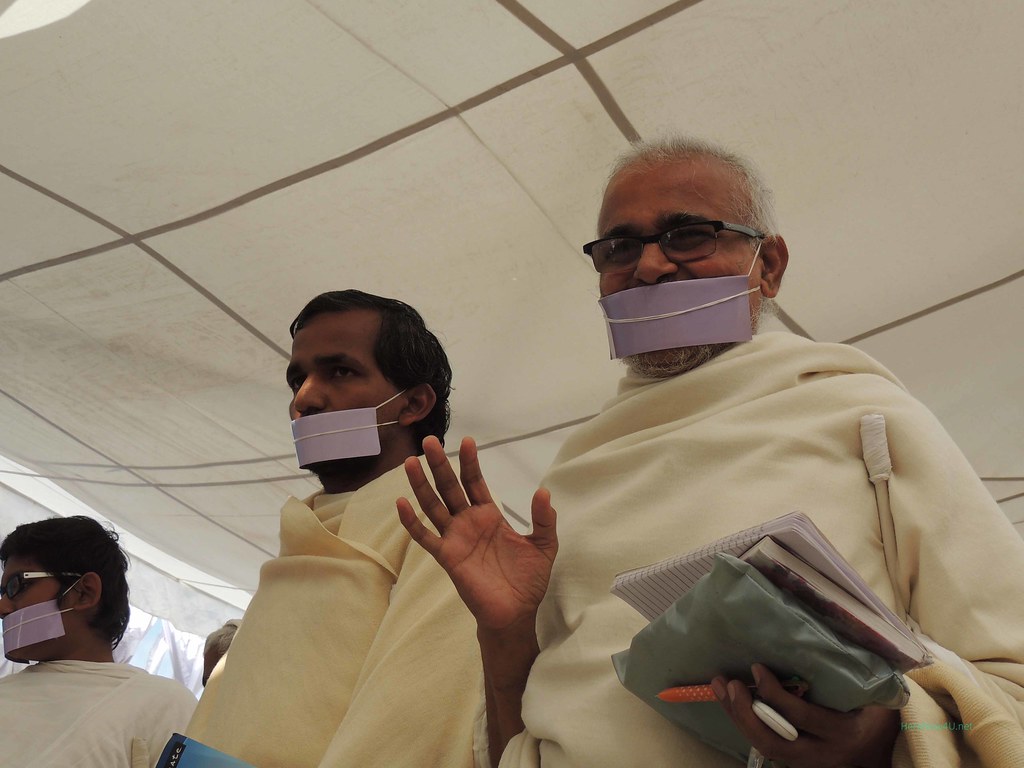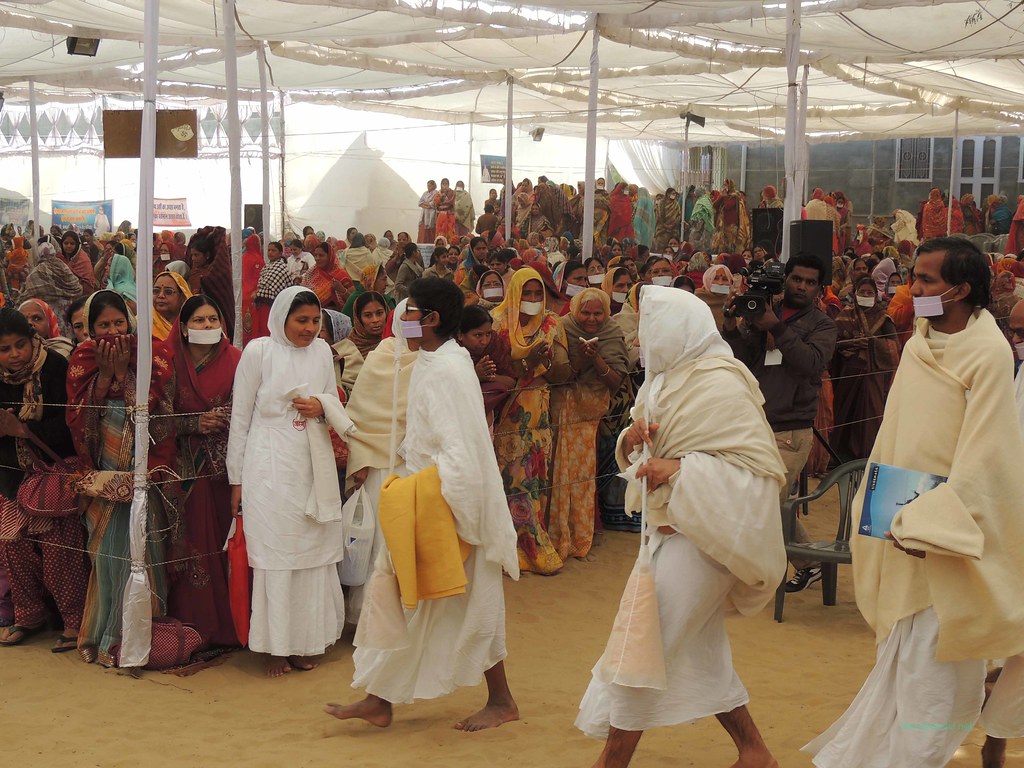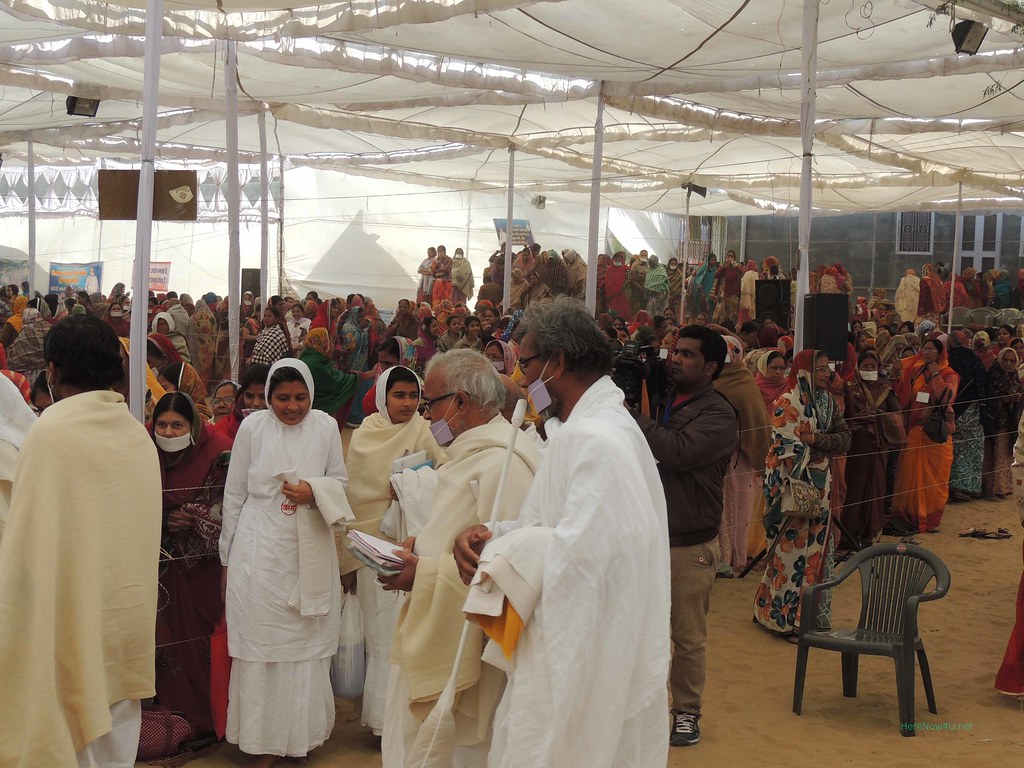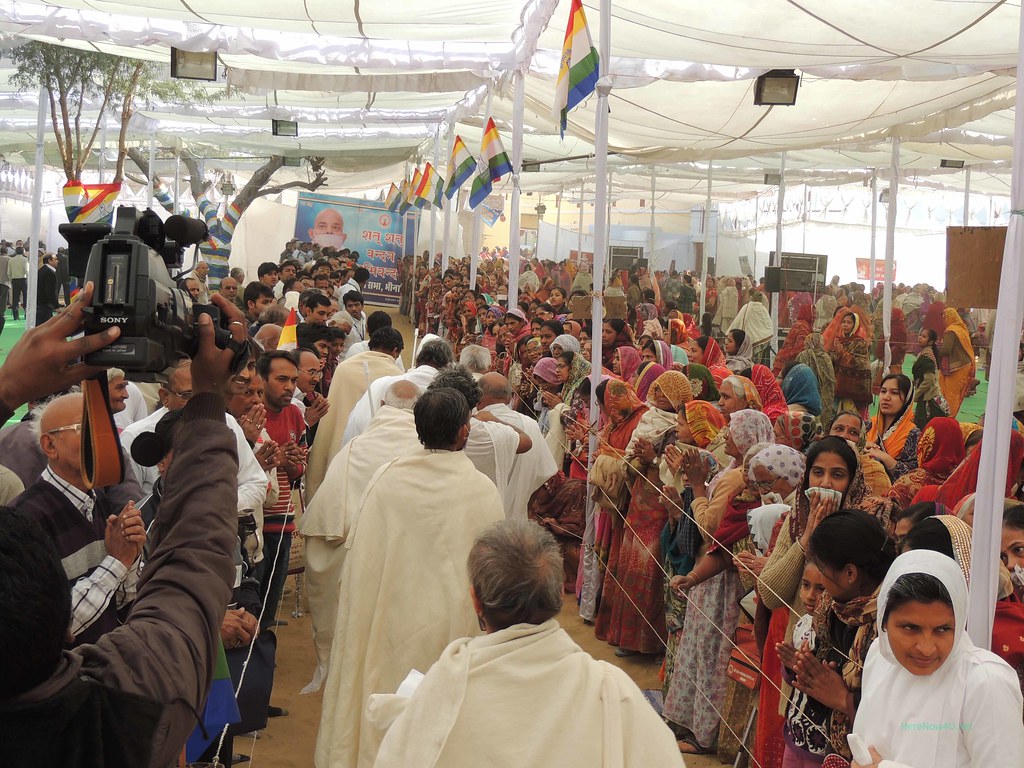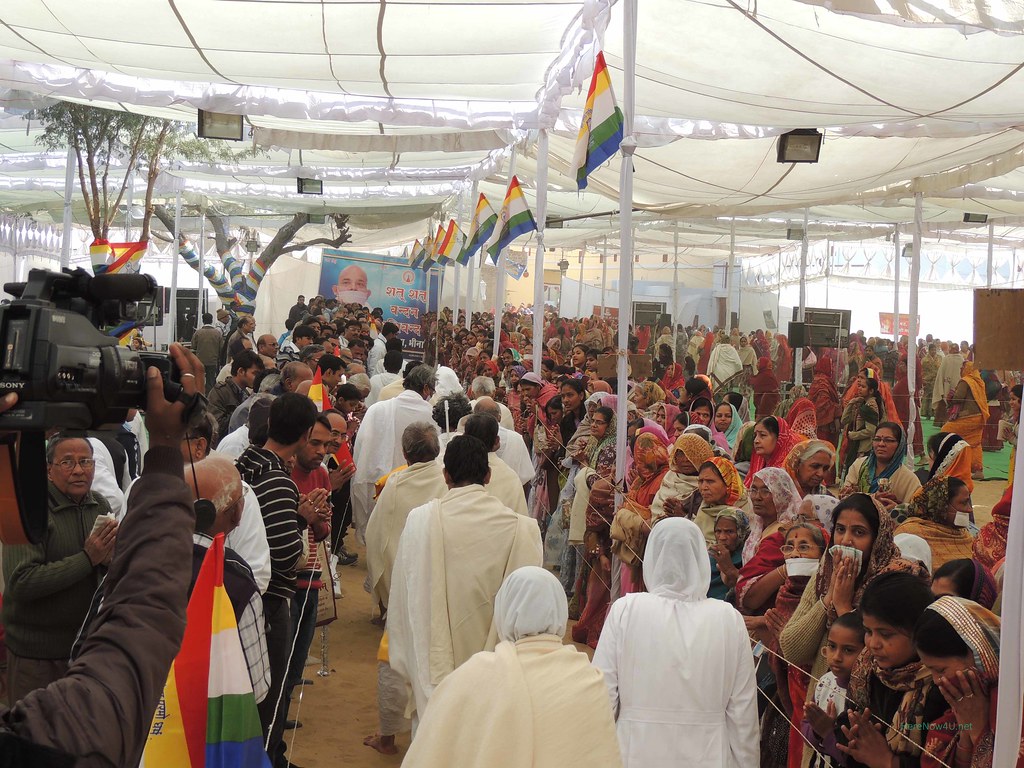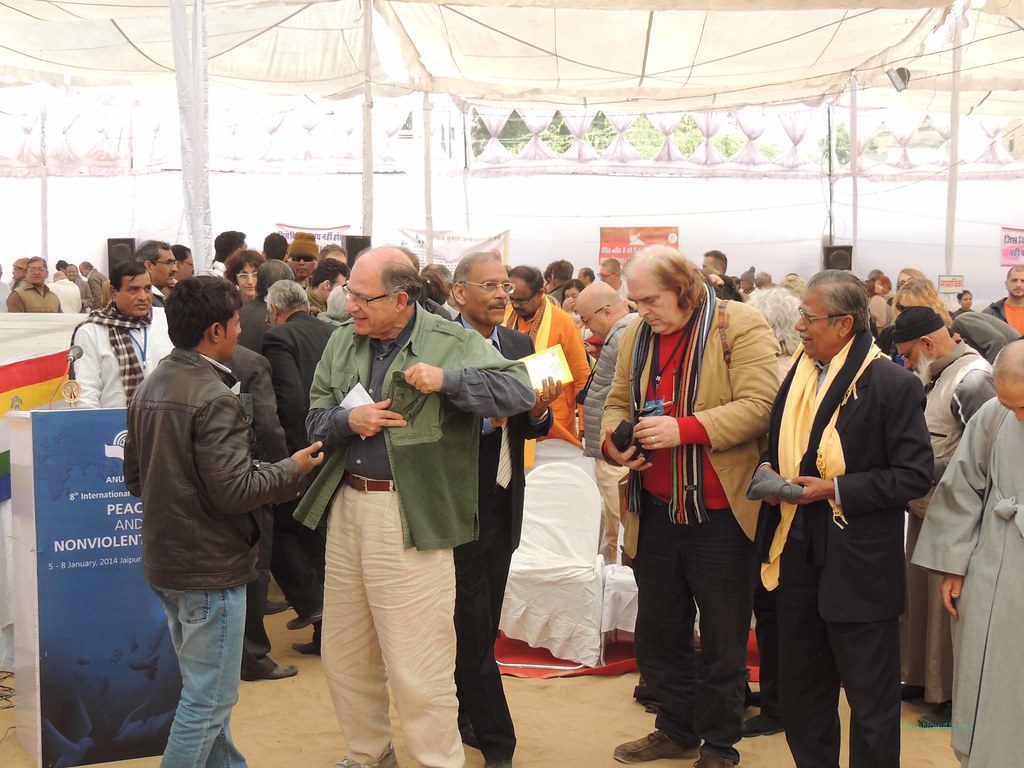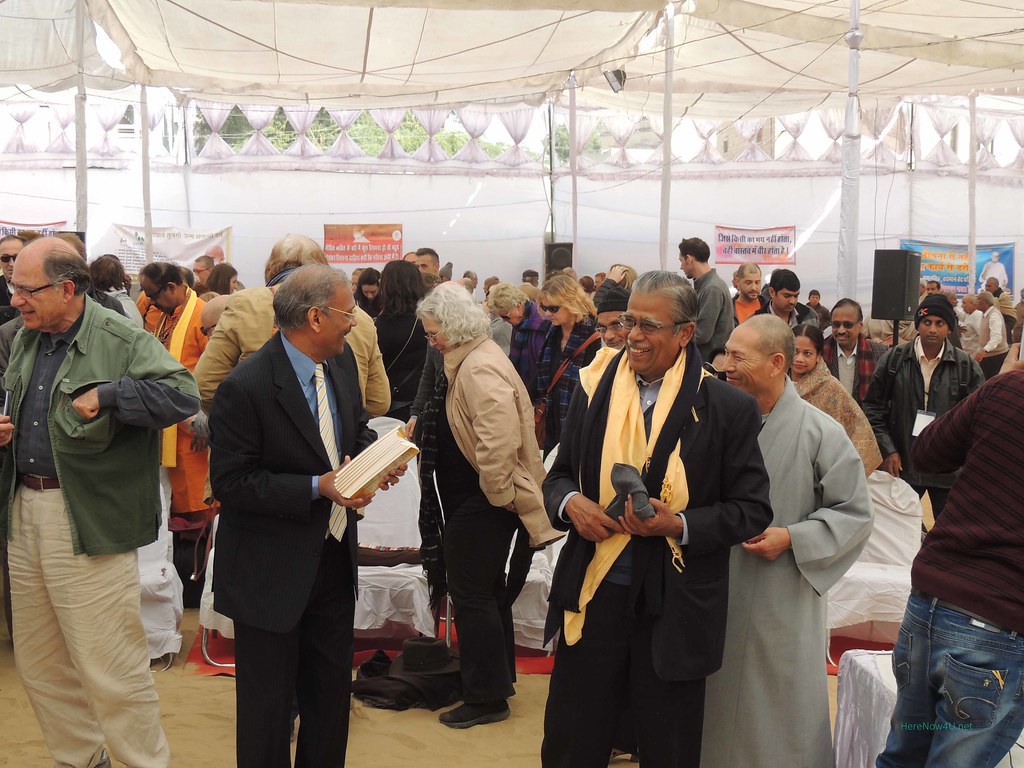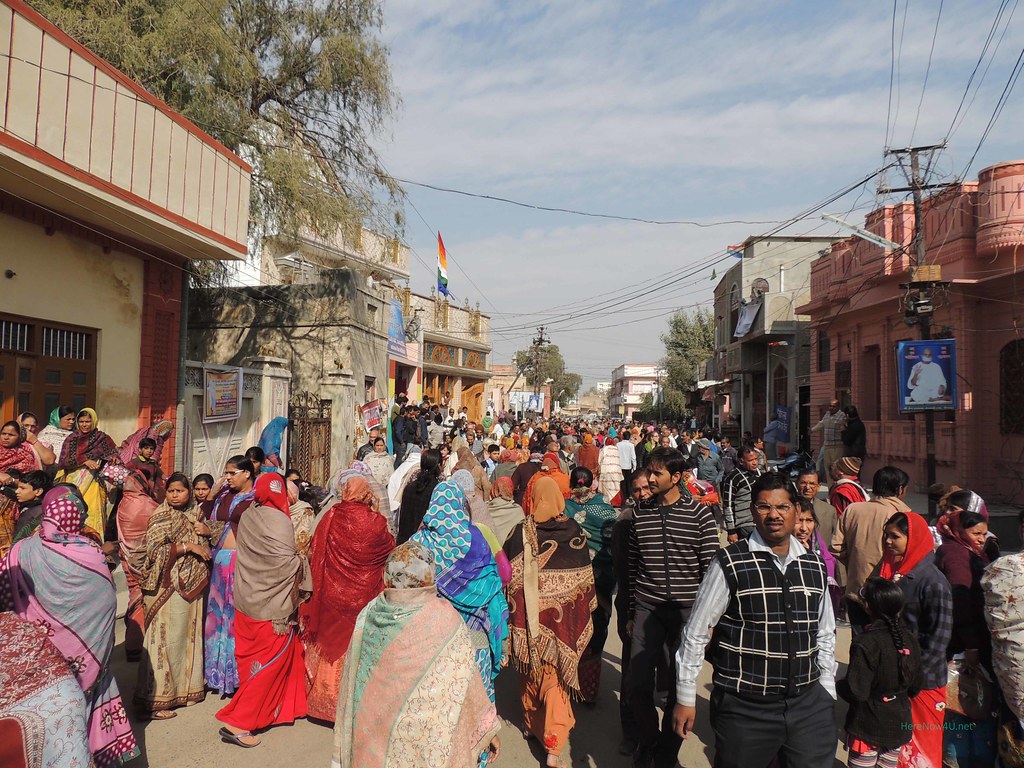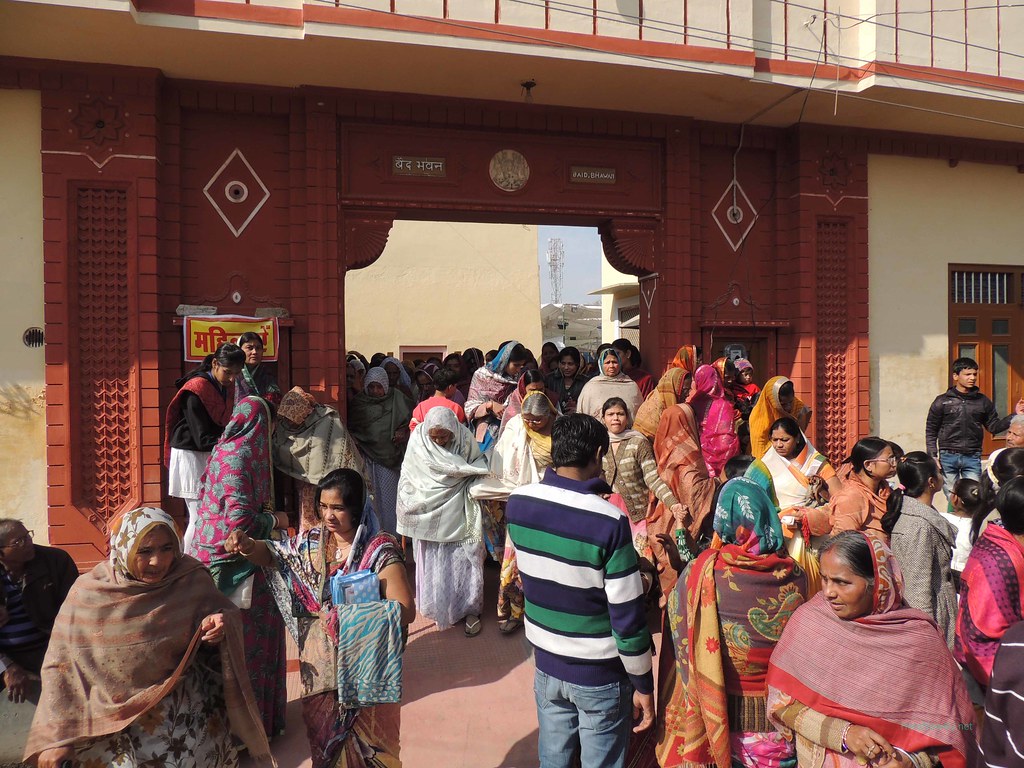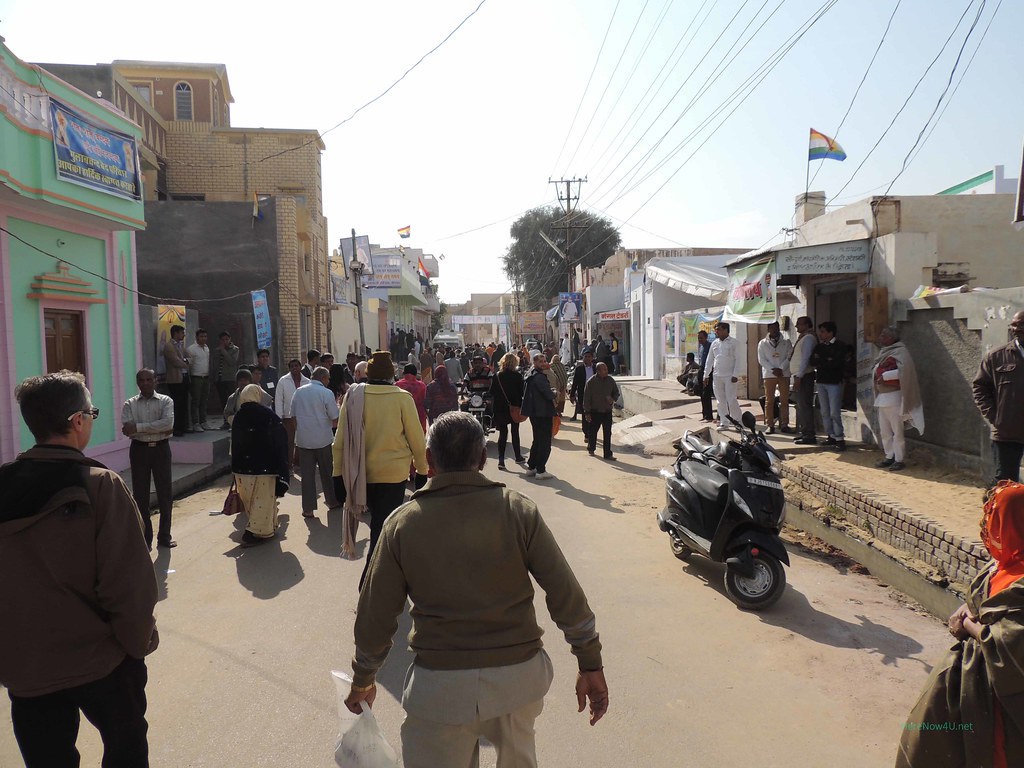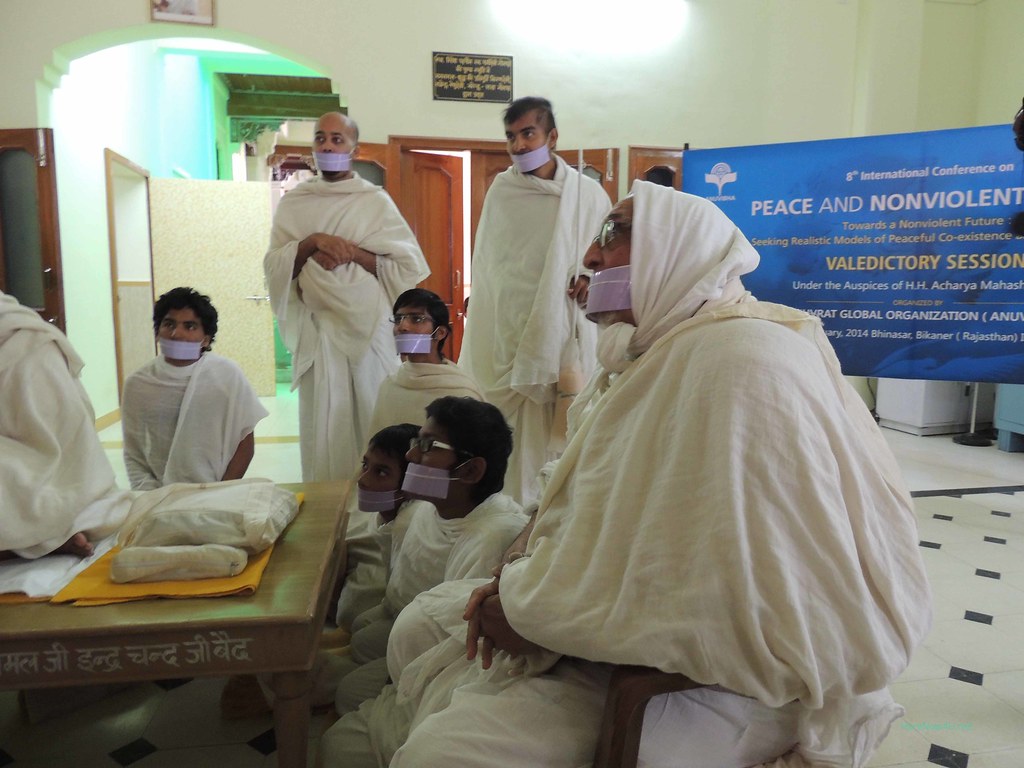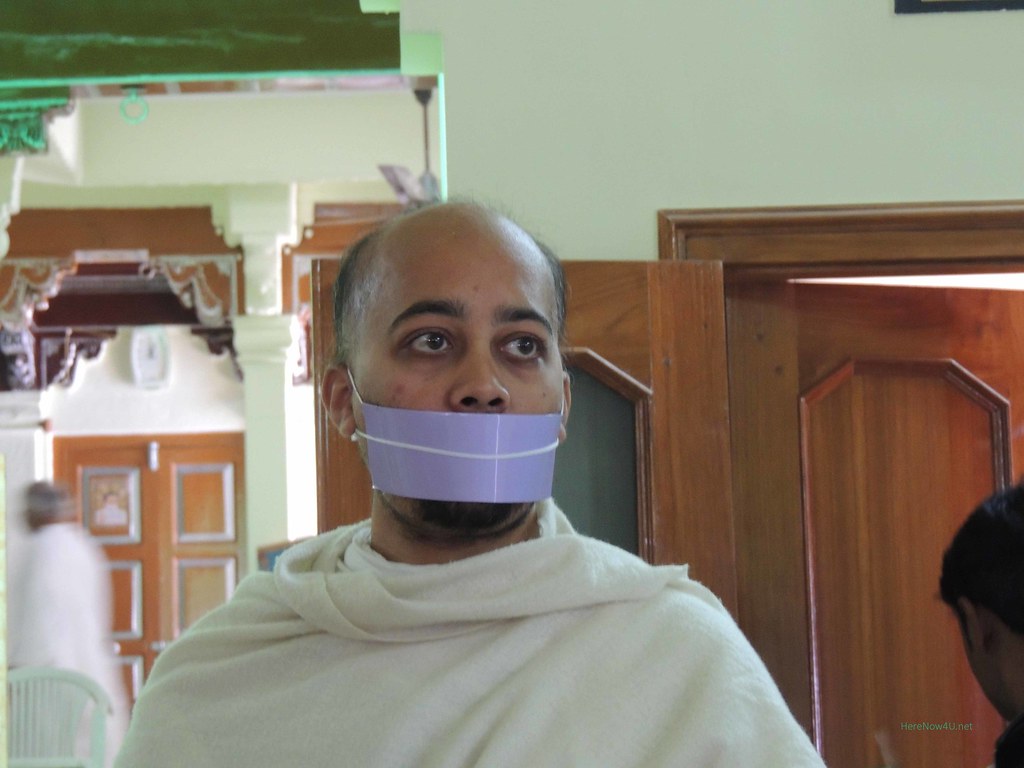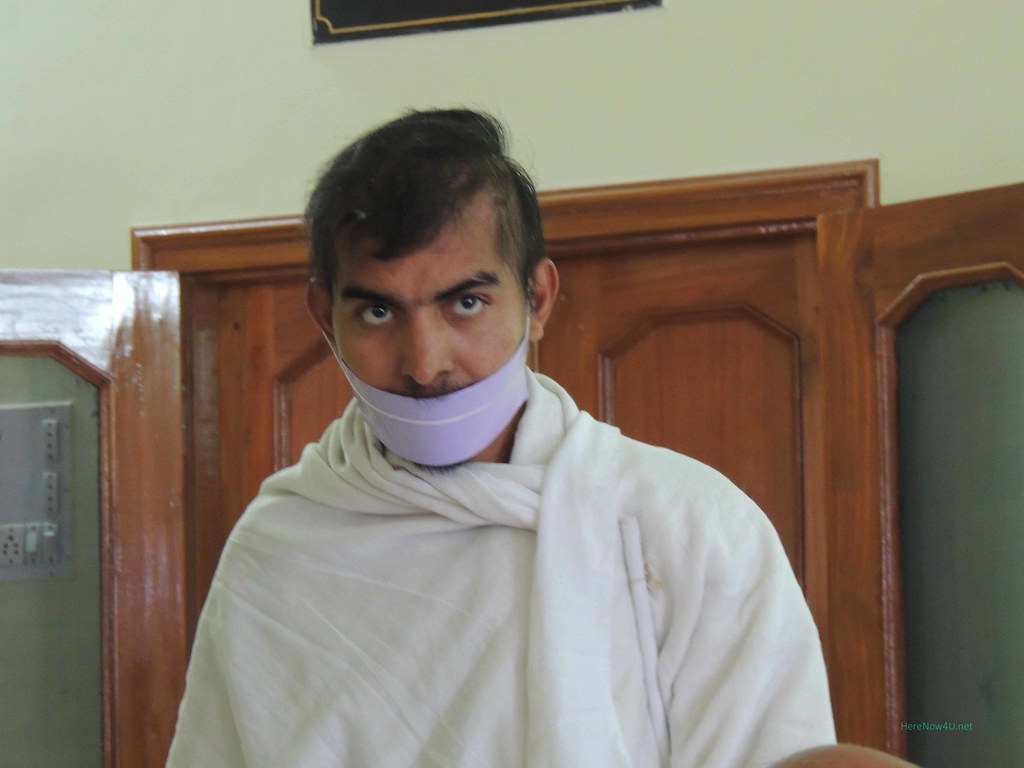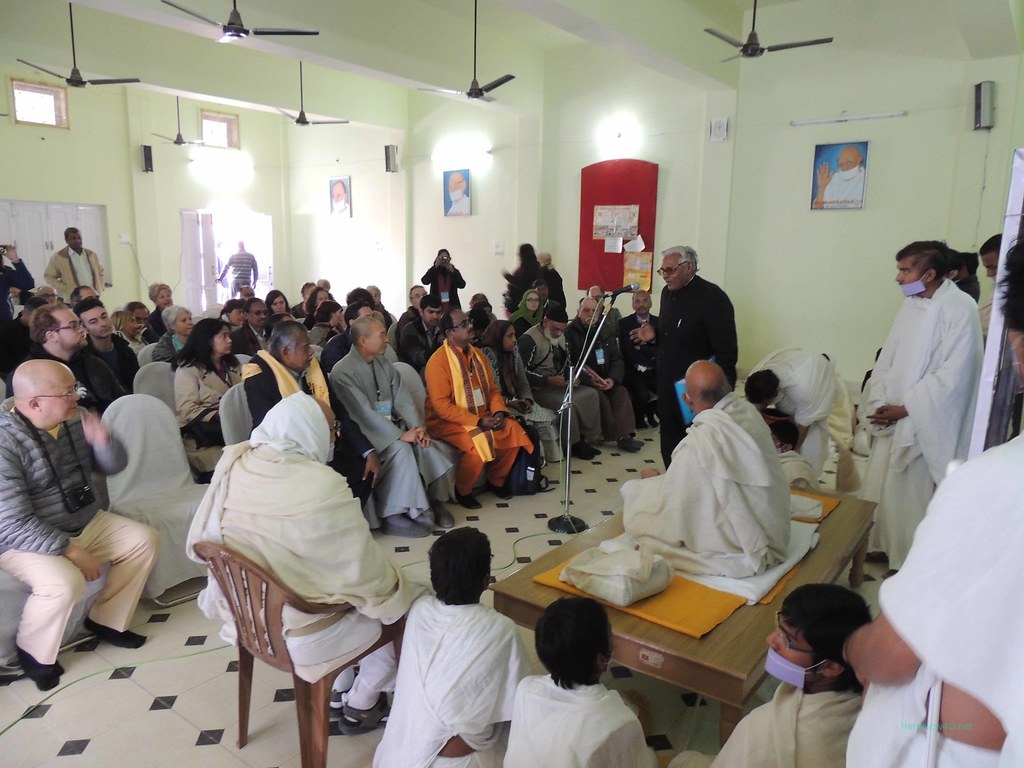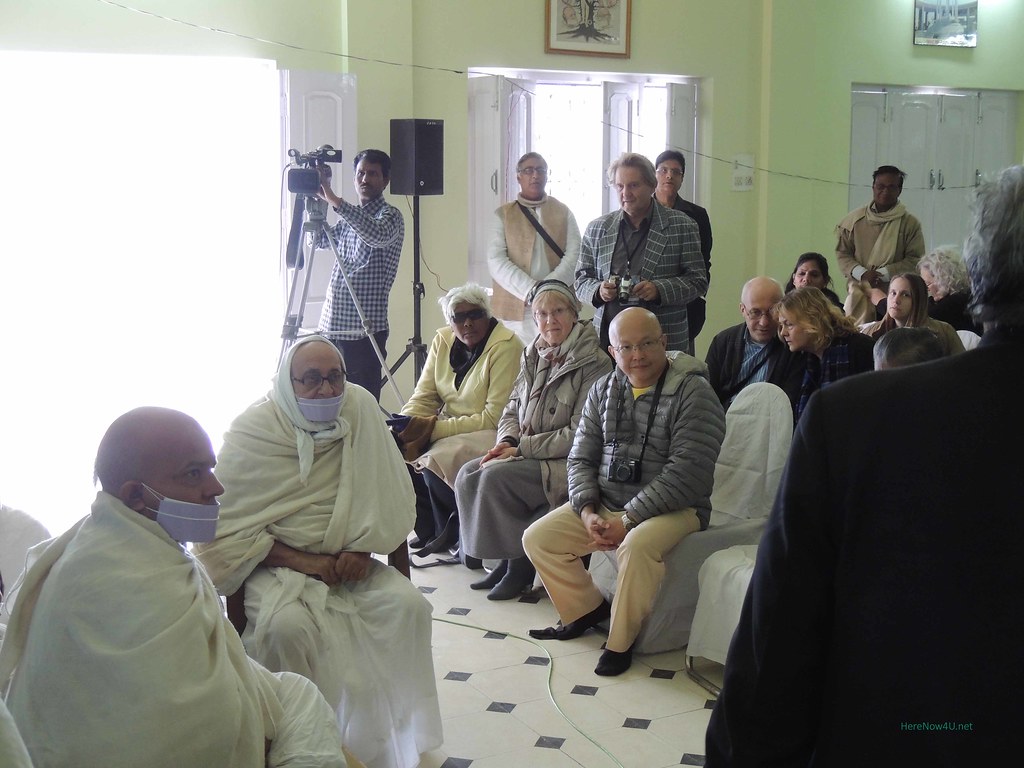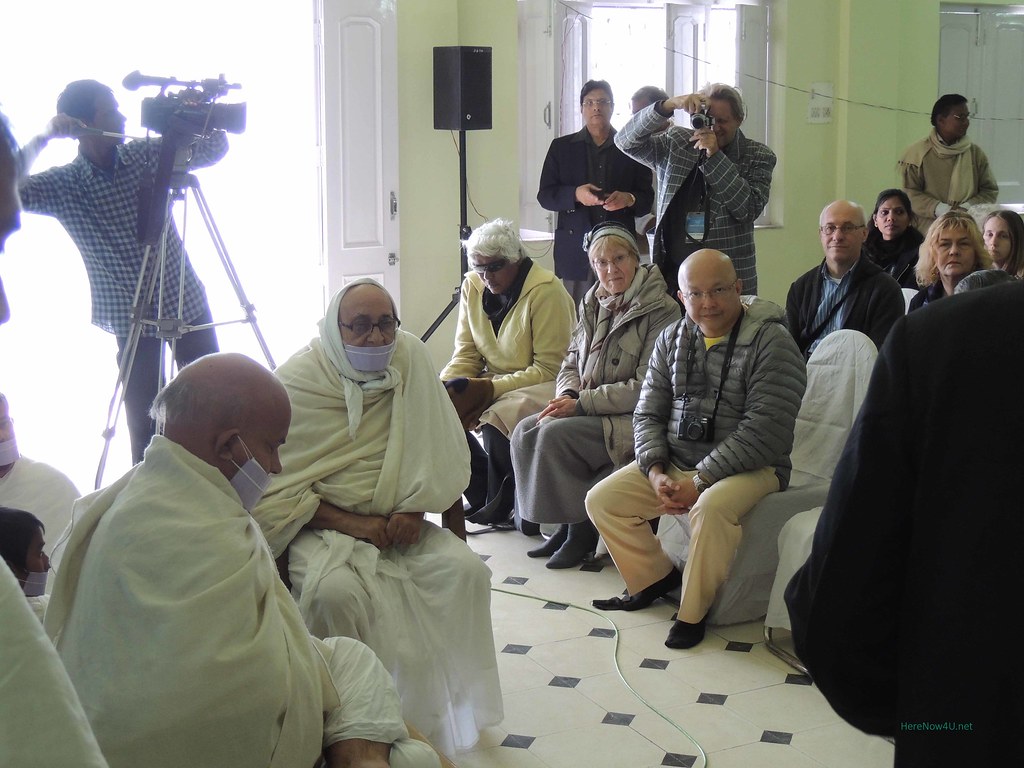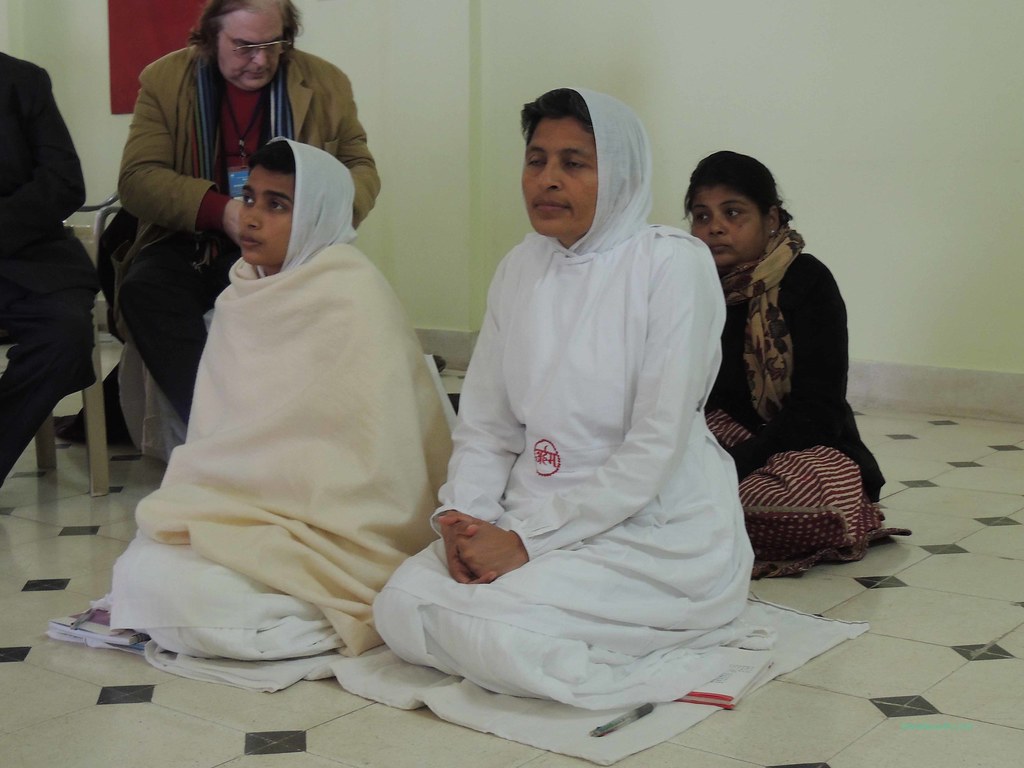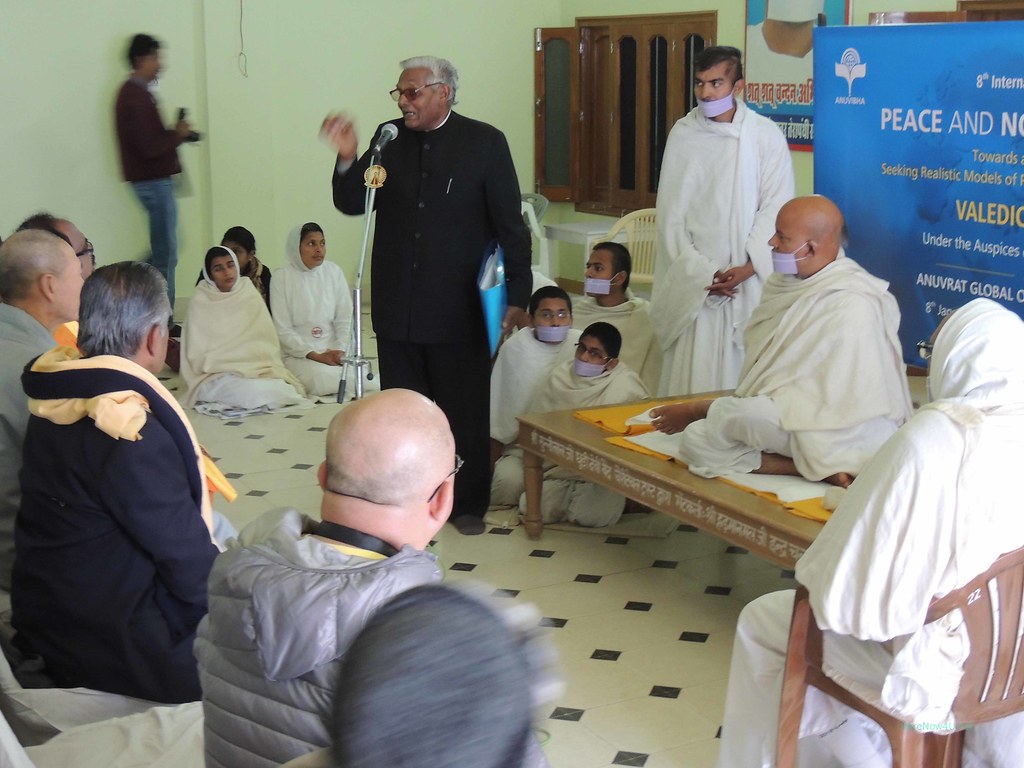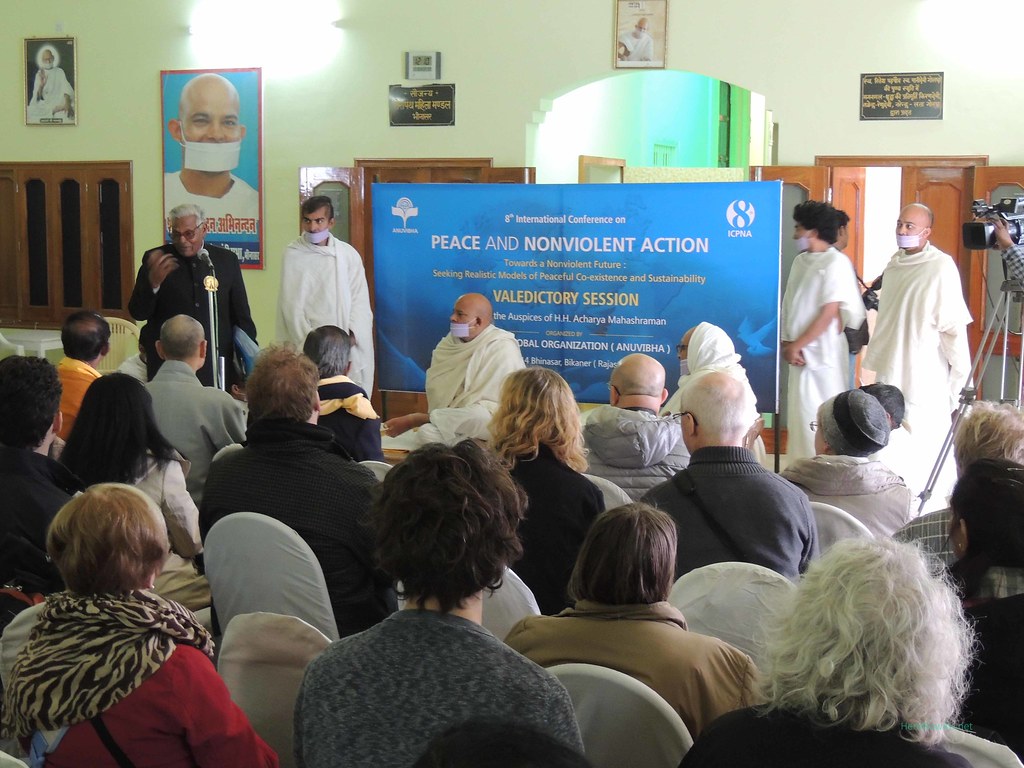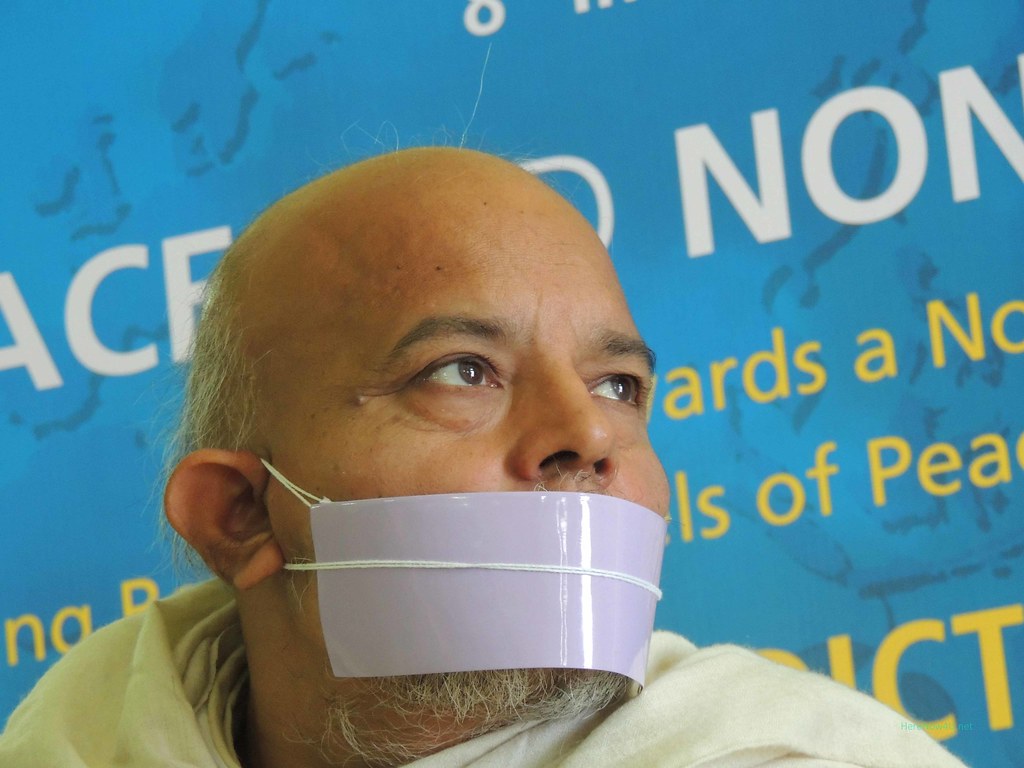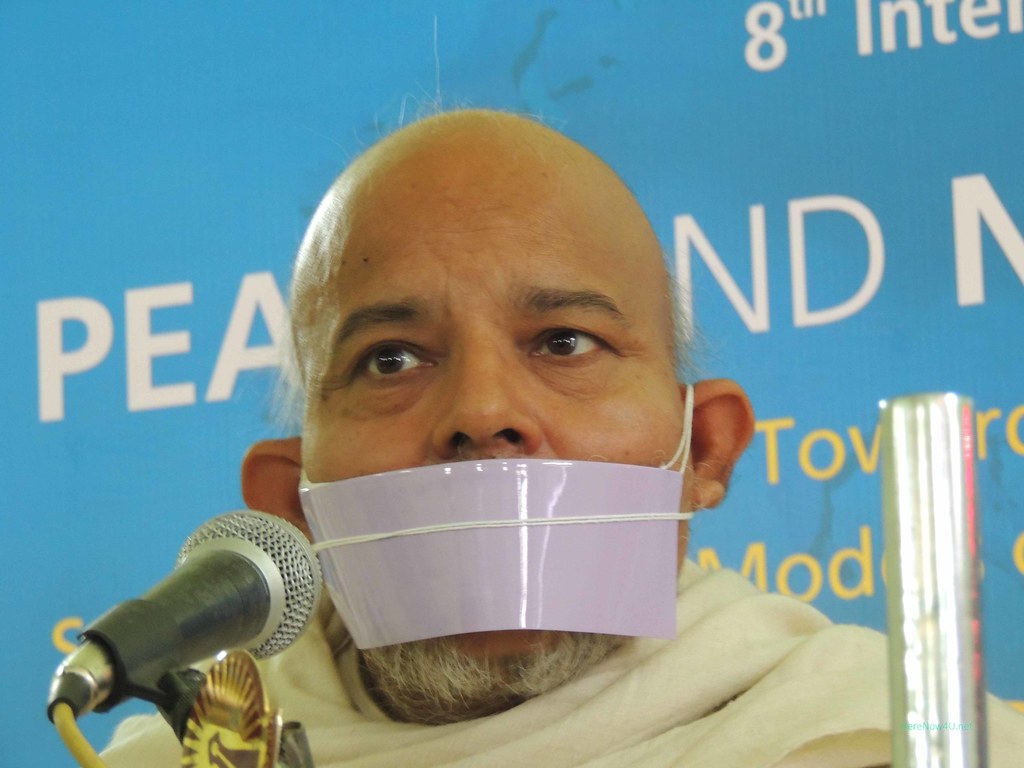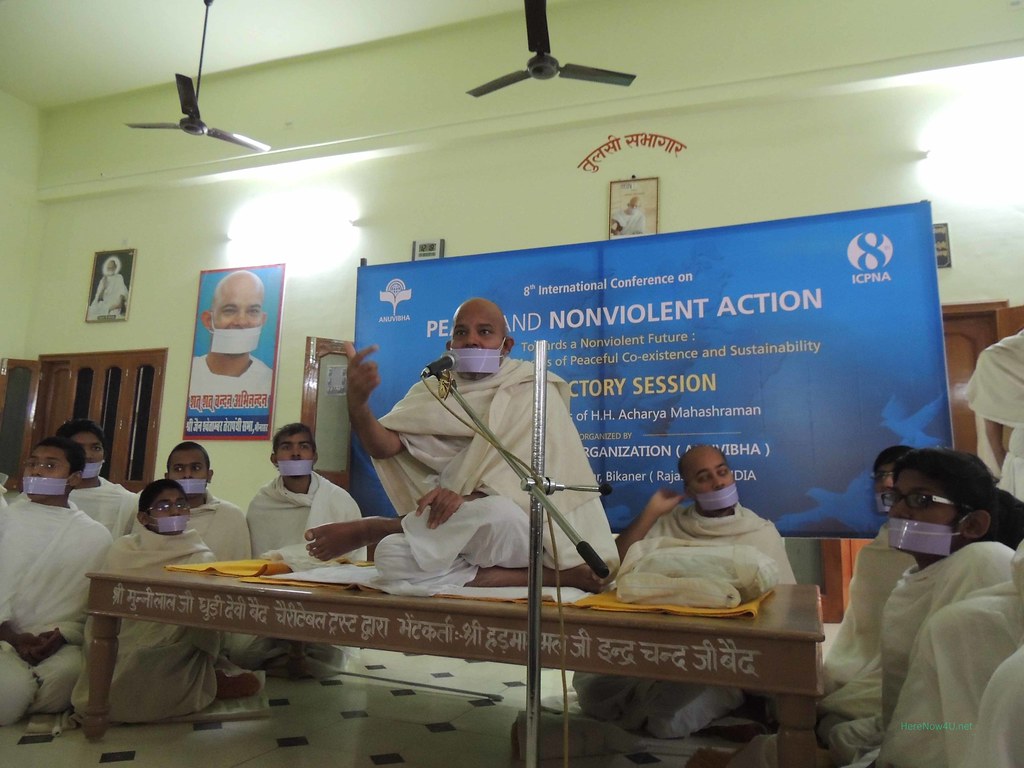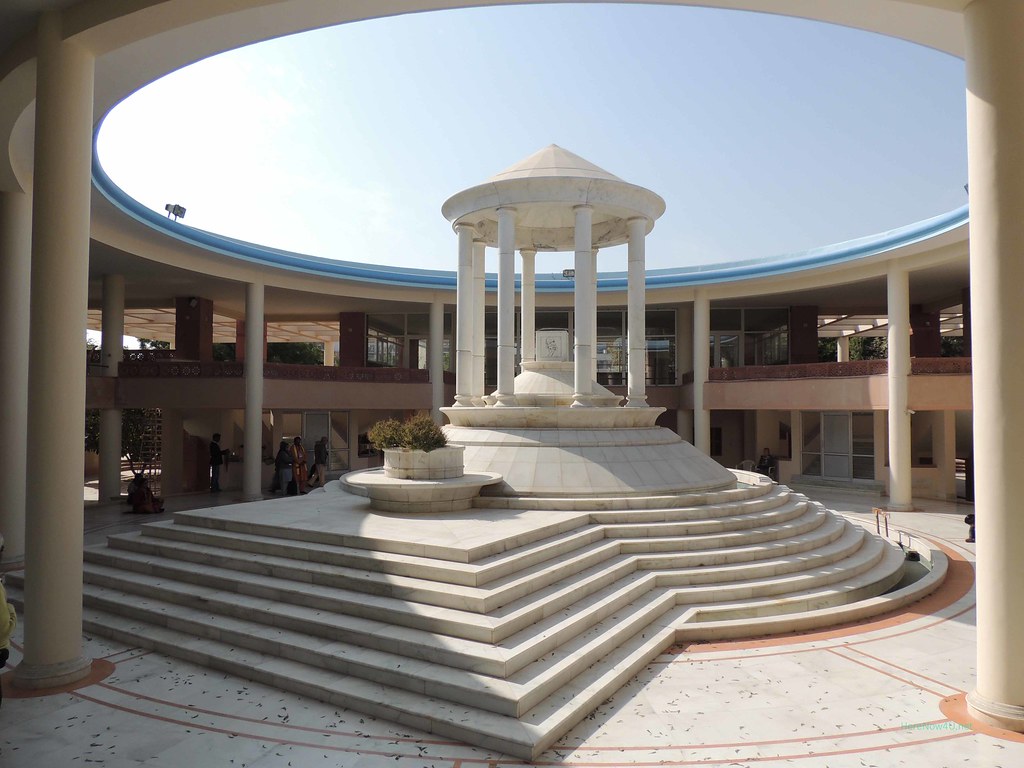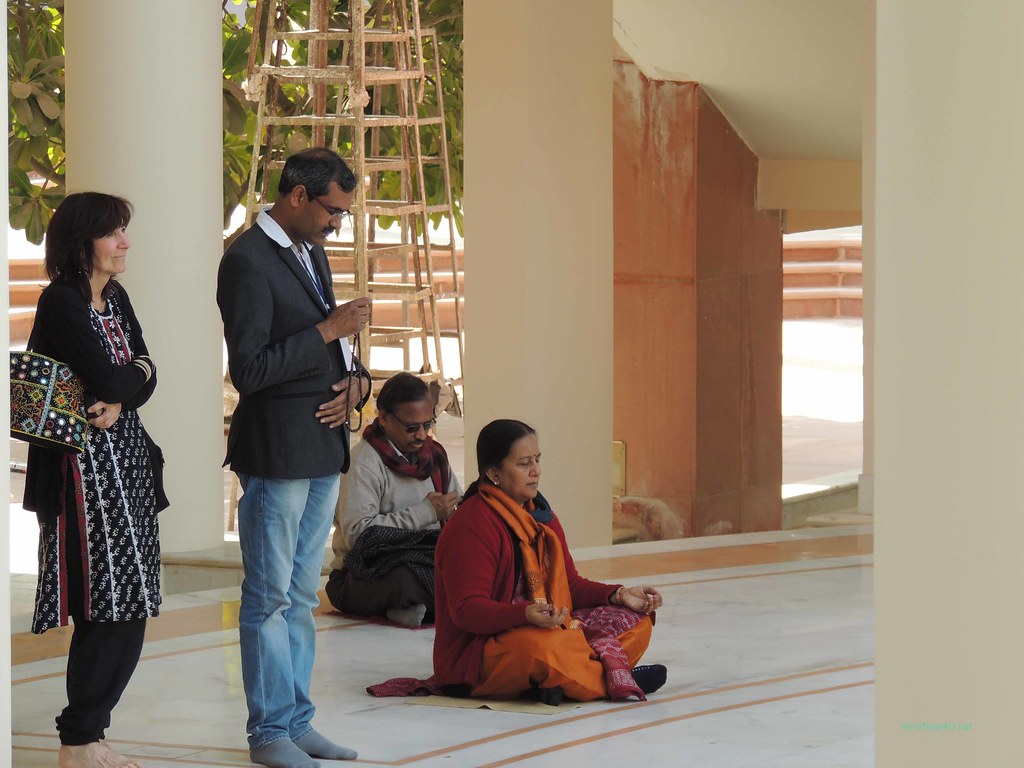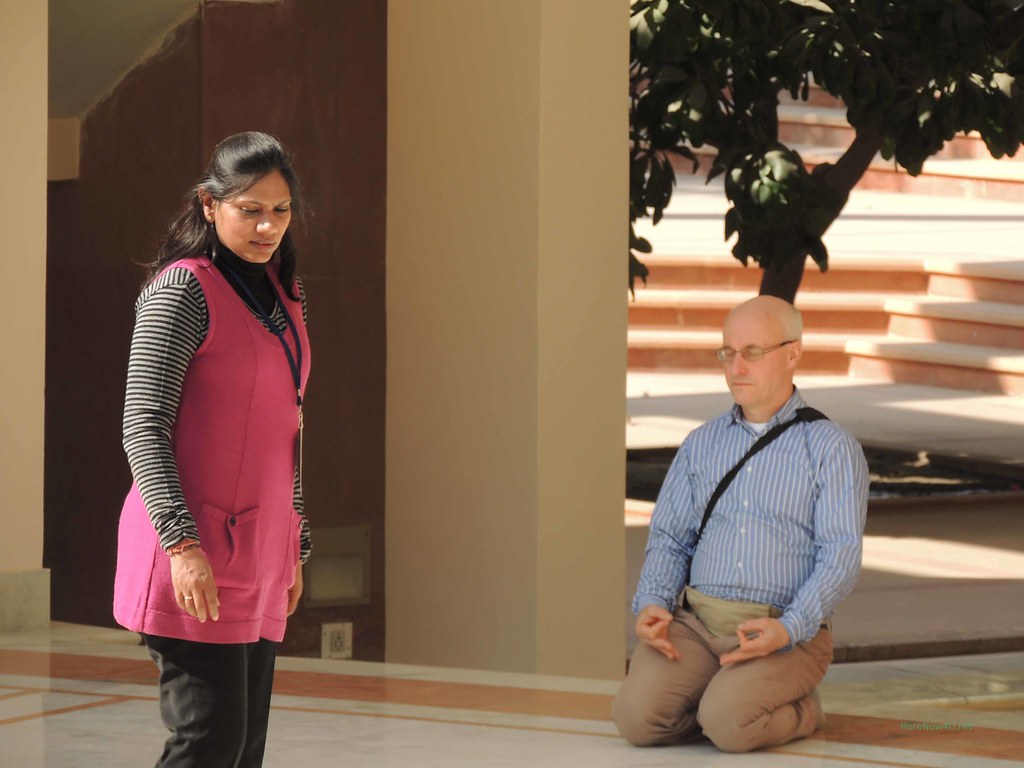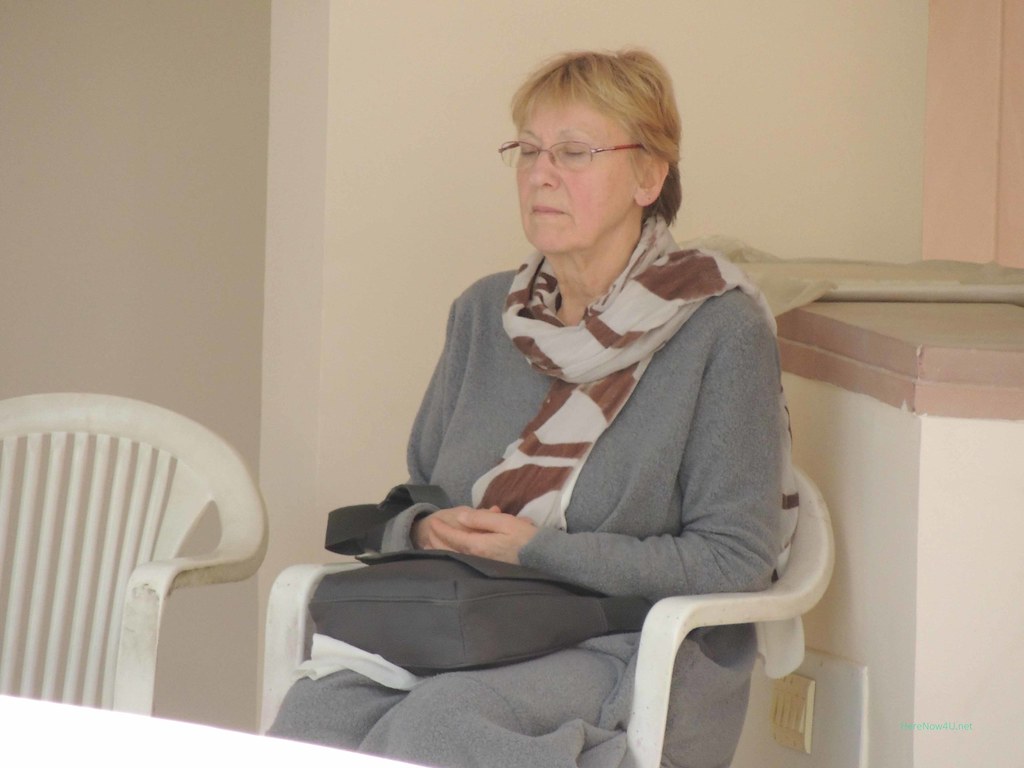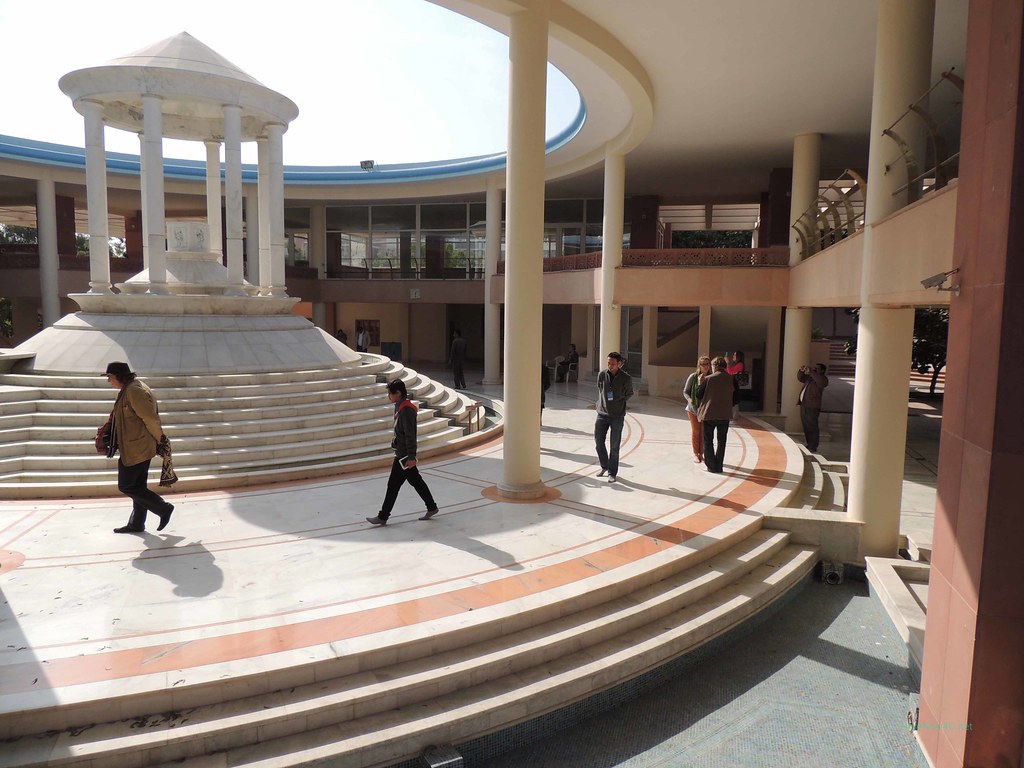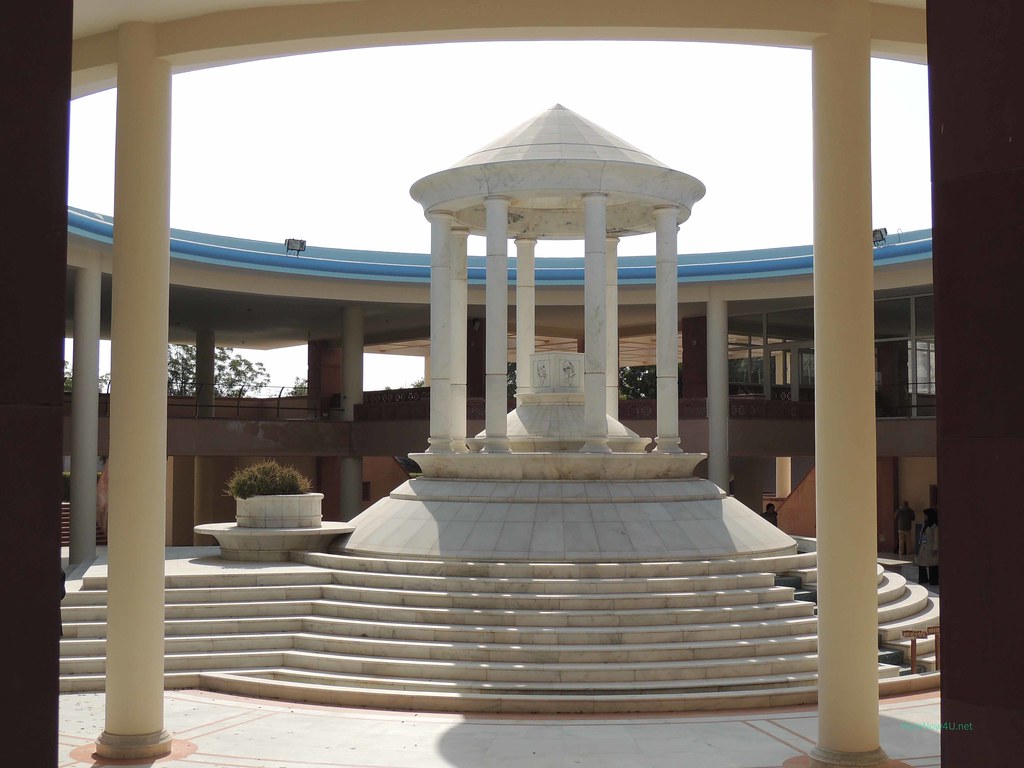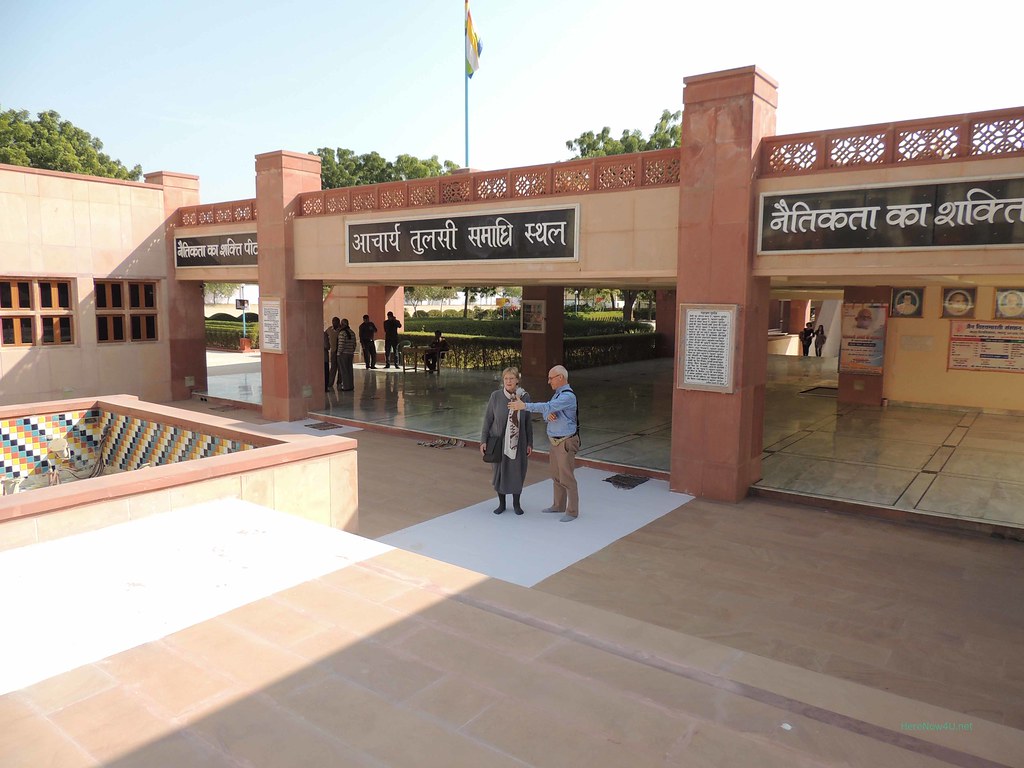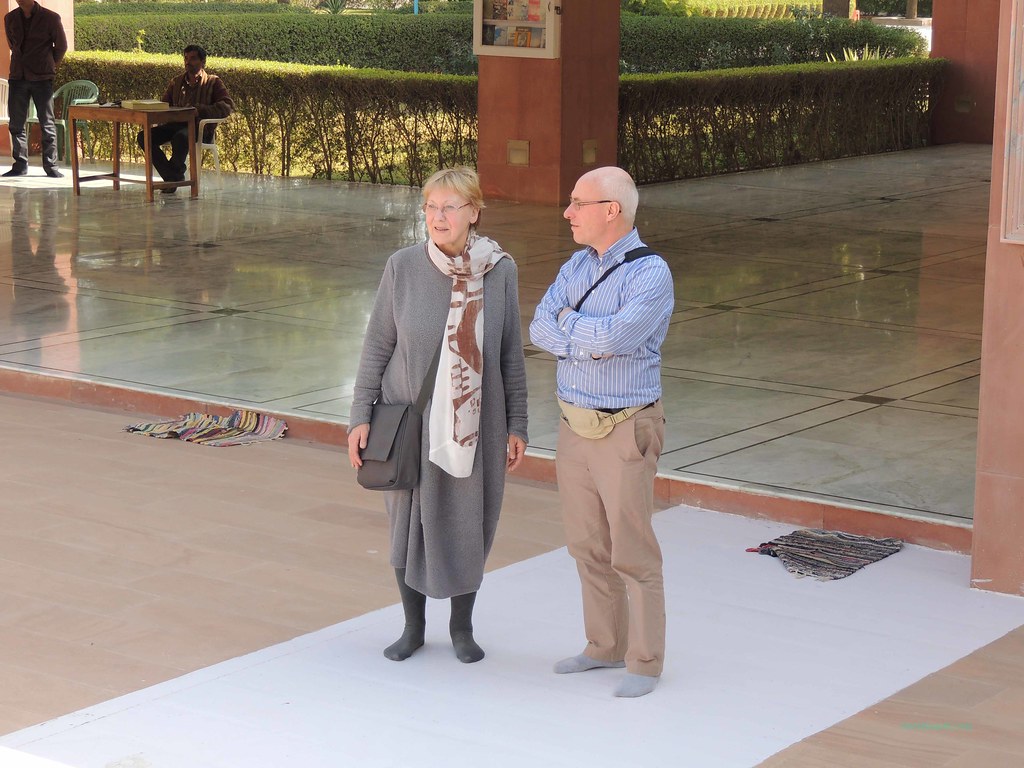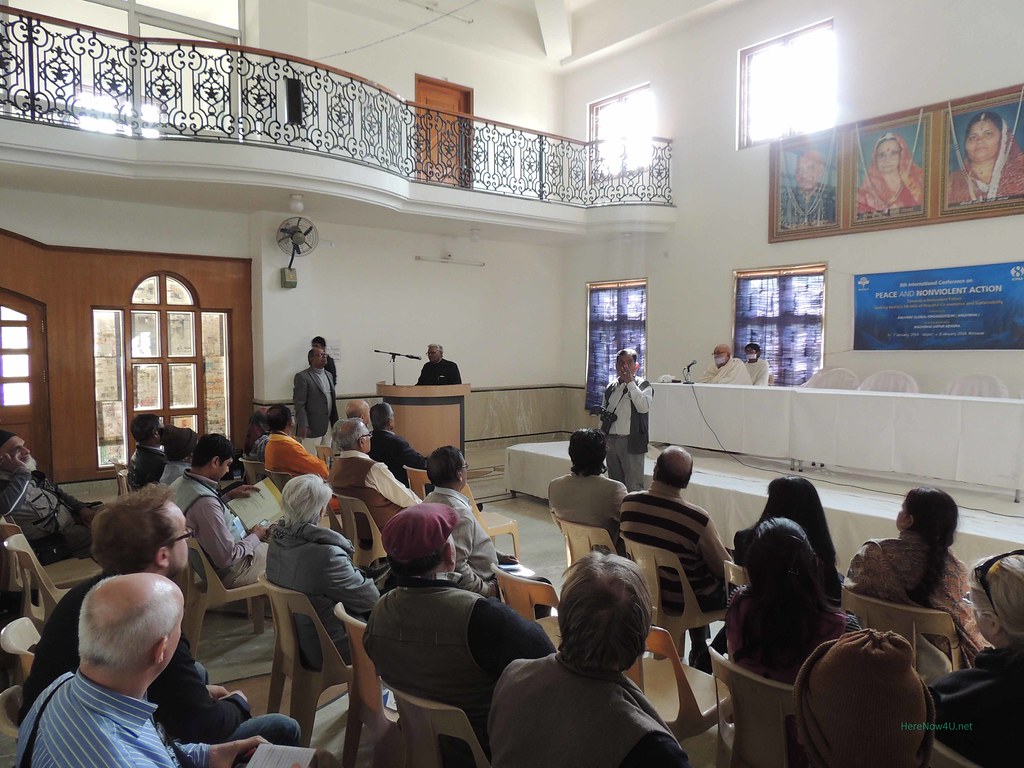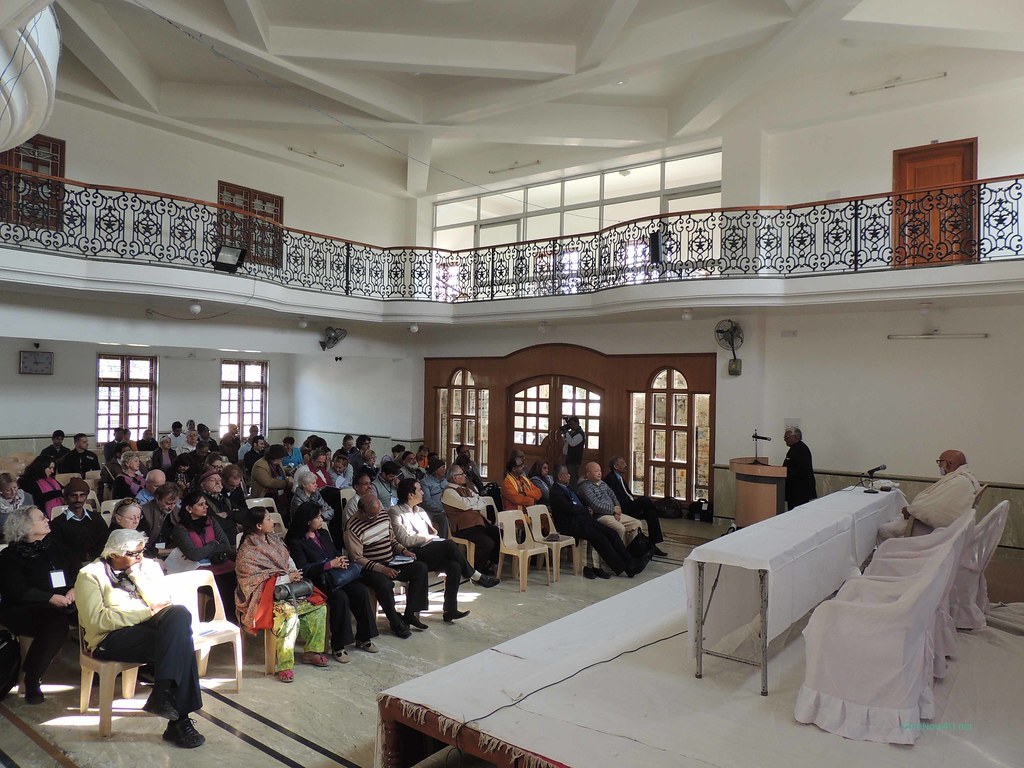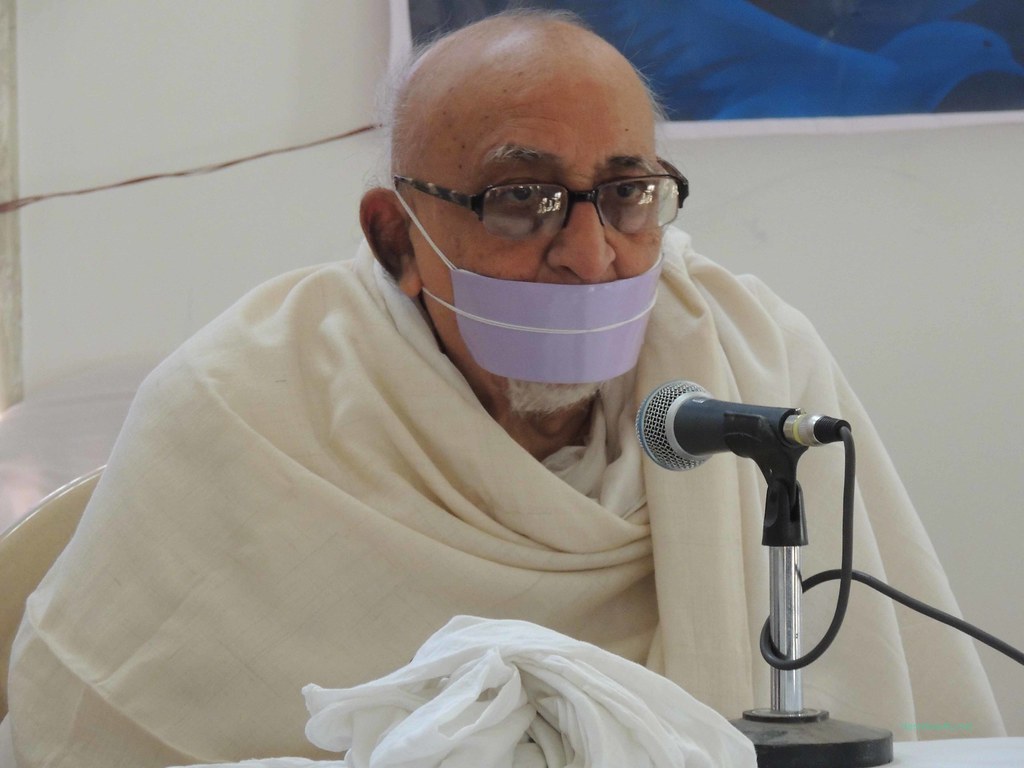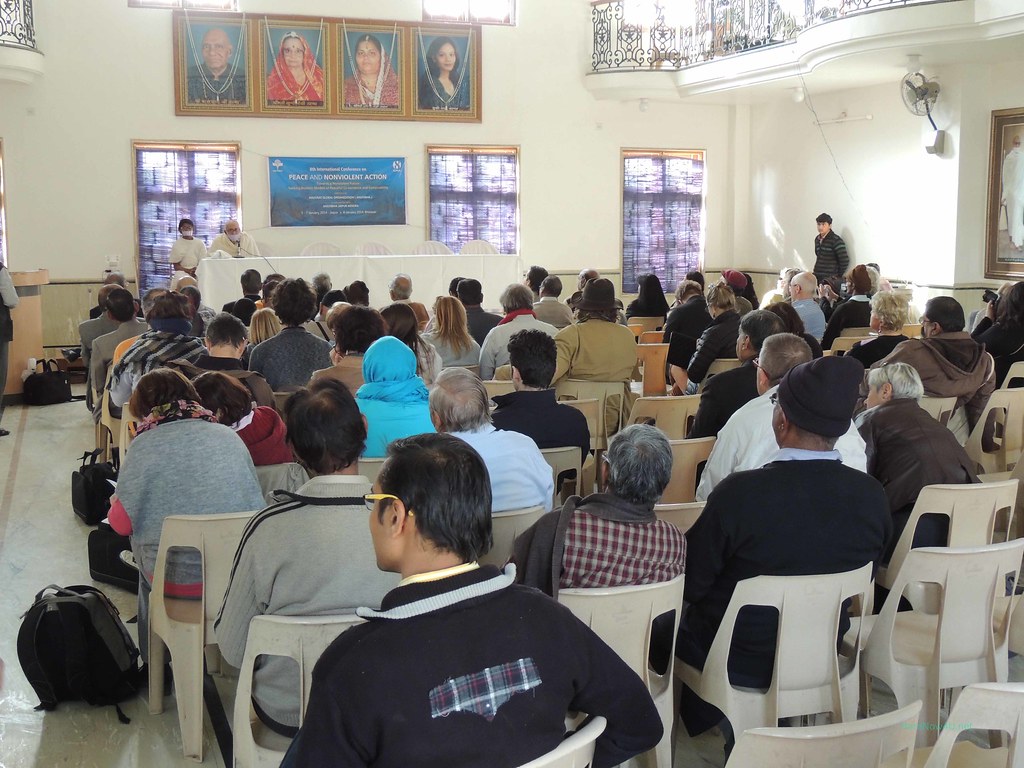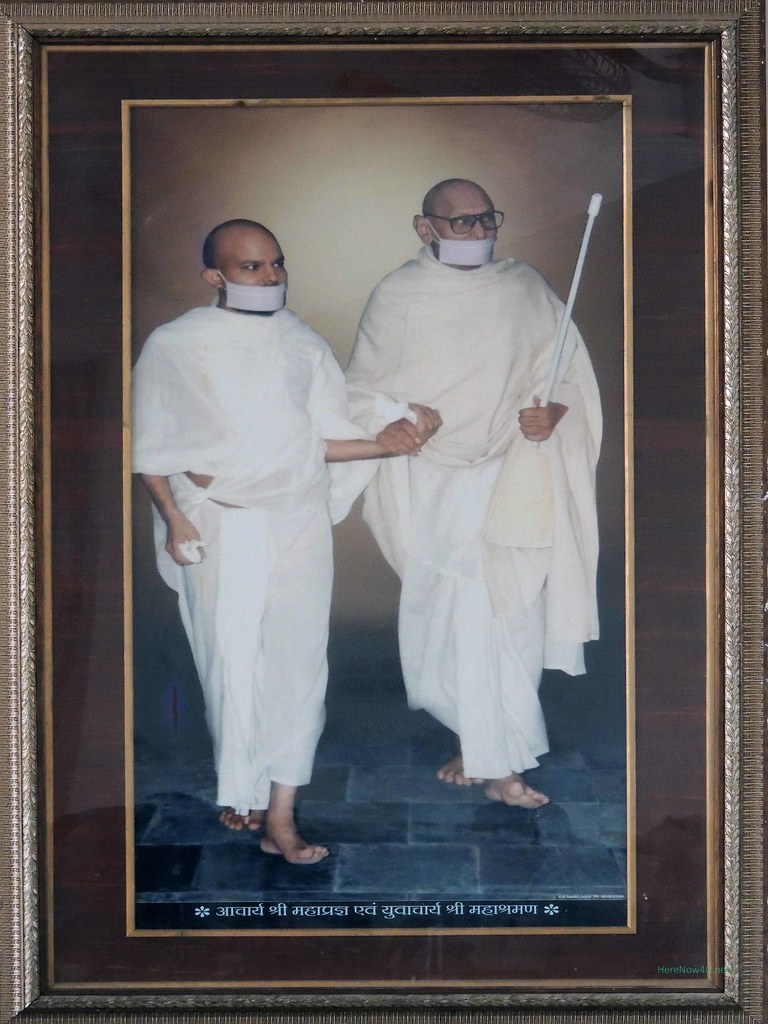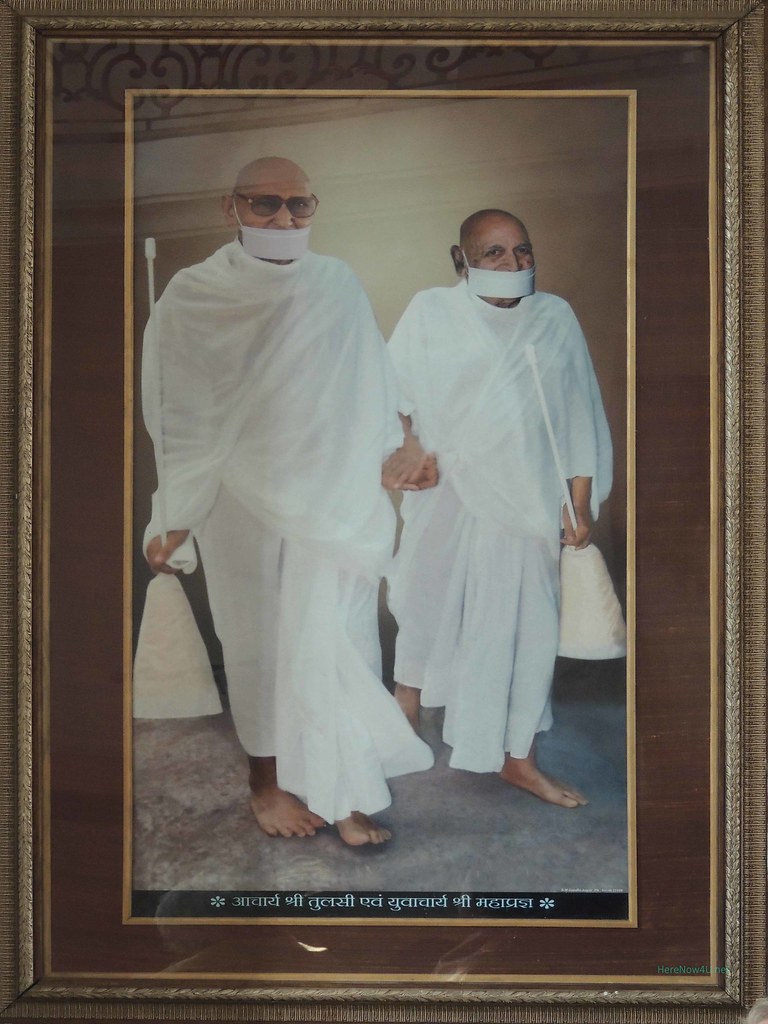Directly after lunch the first plenary session started on “Nonviolence - Perception, Practice and Concept” in the afternoon. All plenary sessions had the same structure. The chairman asked the speakers to deliver their lecture, but to fit it please into the time table. When all lectures of a plenary session had been delivered, the chairman summed them up. All this was supposed to happen in 90 minutes. Time for discussion was not allotted, but questions possible. Three speakers were announced for the first plenary session.
The audience was still more than ready to listen to the first conference speakers. What I spontaneously remembered from the first plenary session was my presence there all the time. This gave me some feelings of regret, as I had hoped for more inspiration seeing the subject. So I took the opportunity for meditation on the theme. Only the contribution of Dr. Cader (Sri Lanka) was in my mind because of his ability to address the audience directly, to get into eye contact with the listeners, and to smile occasionally. Further I was able to reconstruct what had been said with the help of the abstract. According to Dr. Cader nonviolence is a weapon able to defeat even the strongest. But it has to be integrated in one’s own life on the base of honesty and truth. The concept of nonviolence can be found in all religions, and if everybody acts according to the concepts of the own religion, nonviolence will prevail.
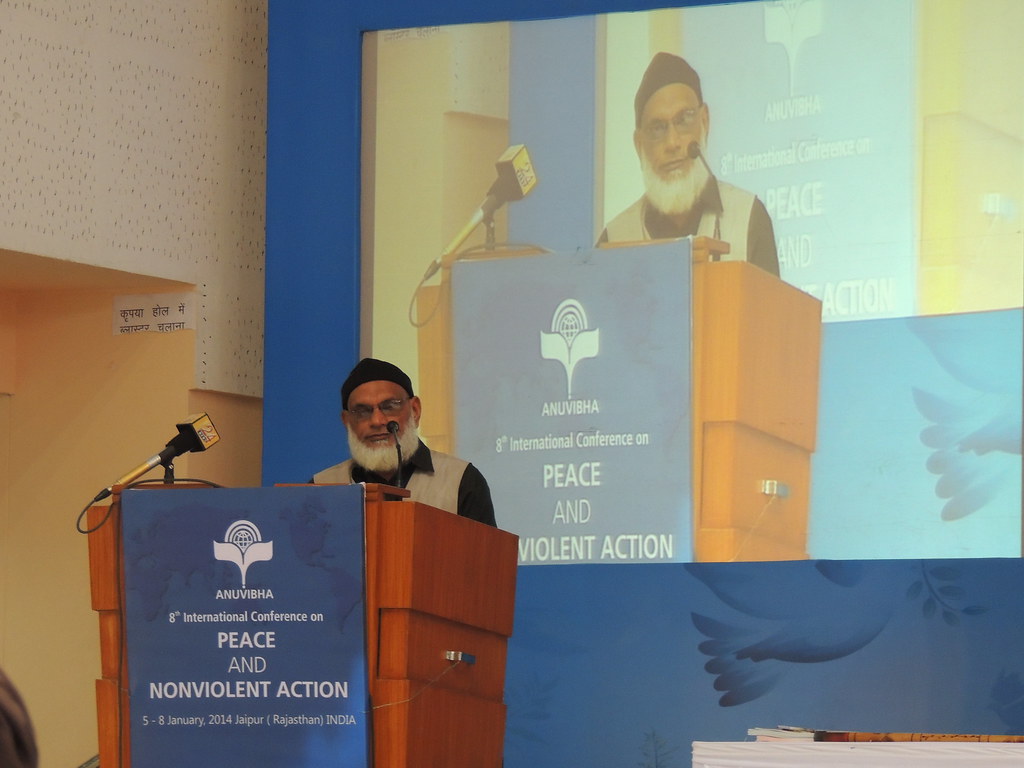
Dr. Muzzammil Cader in his lecture
All of us would have liked to get more information on how Dr. Cader practices conflict resolution, but due to the tight schedule there was no deepening of the themes intended, neither time for exchanging thoughts. So tea beak was accompanied with the impression that we would have to make use of our ears a lot and to train ourselves in sitting for quite a long time.
During the second plenary session of this afternoon unexpectedly the highlights of the day came up. Dr. Ben-Eli, New York, talked on “Poverty, Environment and Eco-Sustainability of the Future”. In his lecture he reflected upon the universal function of design developed by him in his Sustainability Lab as base of the five core principles as framework for sustainability: the material domain as base of regulation for material and energy flow, the economic domain as guiding principle of definition, creation and managing of wealth, the domain of life for providing the background for adequate behavior in the biosphere, the social domain as background for social interaction and the spiritual domain as identification base for development of a value based universal ethical code corresponding with behaviour. The question why these principles are necessary is answered by Dr. Ben-Eli: If you want to fly, and construct a flying machine to do so, you need to understand the principles of Aerodynamics. If you want to establish sustainability as a state, it too, needs to be based on basic, underlying principles.
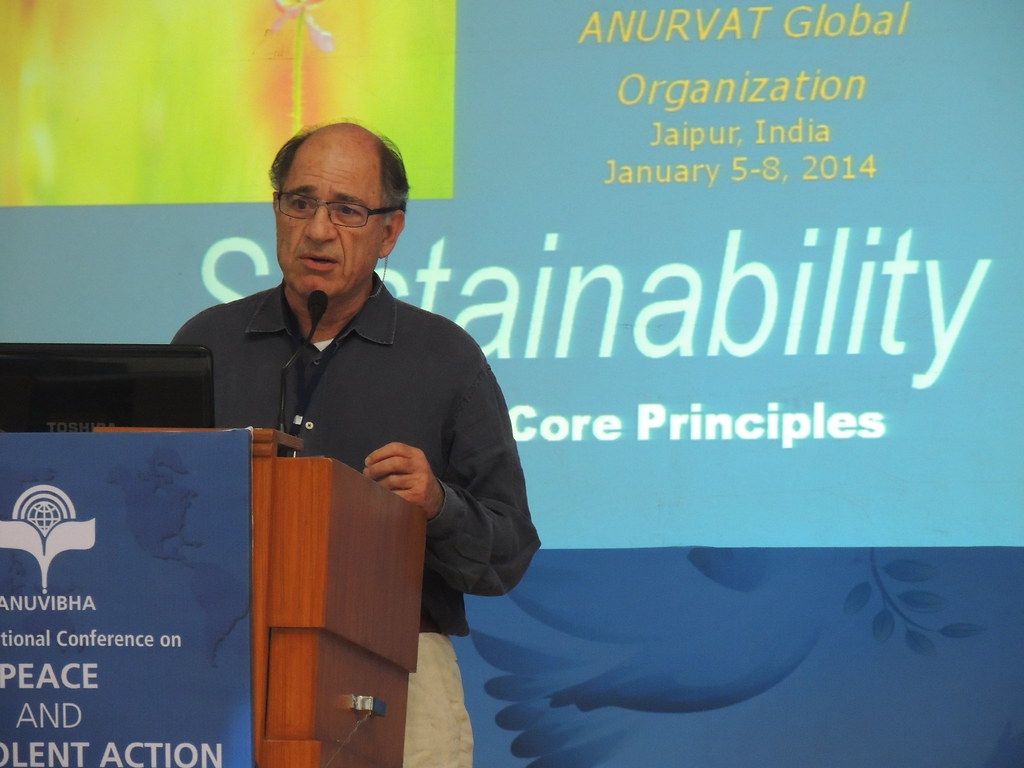 Michael Ben-Eli in his plenary speach
Michael Ben-Eli in his plenary speach
Dr. Michael Ben-Eli
Consequential these reflections were followed by the lecture of Dr. Saifer from the U.S., now teaching in South Korea, on the Green Self. Based on the accomplishments of C.G. Jung he developed the “green” archetype and his shadow. There is a relation between experiencing alienation activated by the conditional impulse to overconsumption and the process of individuation. In the light of the present ecologic crisis this awareness provides a deep understanding of the inner causes, which have led to our highly destructive and unsustainable form of global economics.
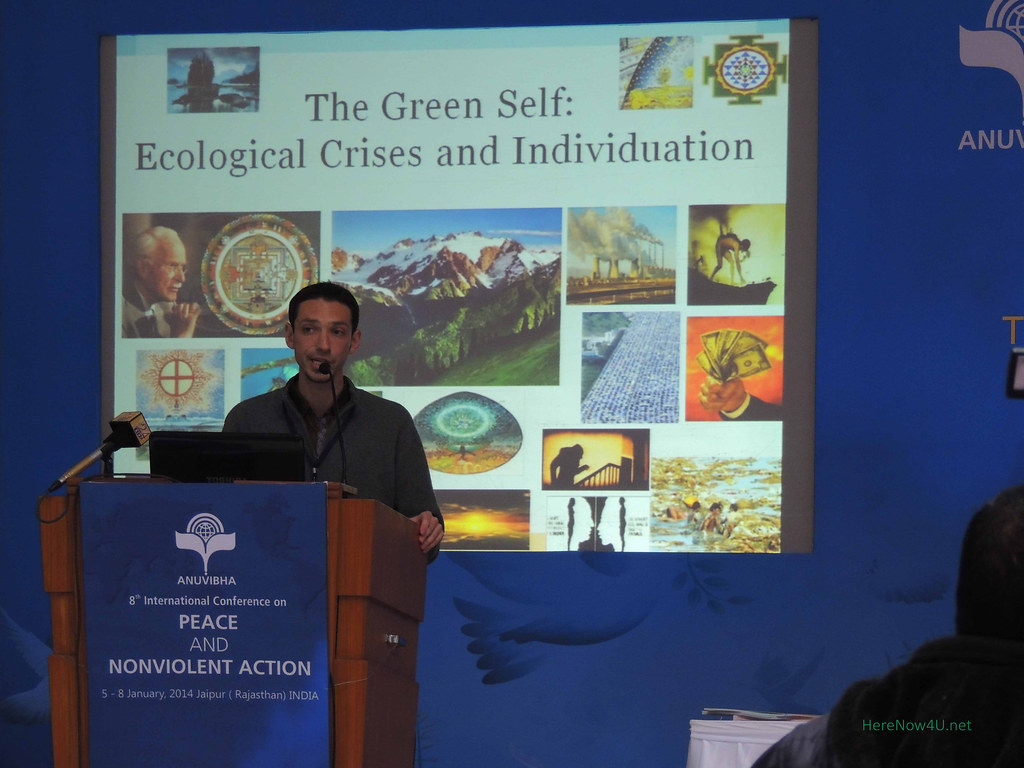
Dr. Jonah Saifer
In the evening the plenary sessions were followed by workshops. Three of them were offered at the same time. On this first evening there were three complexes of subjects: Religious, psycho-biological perspectives on forgiveness, Workshop for children on peace training, Heal ourselves, heal the world, cultural youth exchange as vehicle for peace. We decided to participate in the workshop on forgiveness, essential for leading a peaceful life.
Dr. Suneet Verma, Delhi University, spoke on psycho-biological research on forgiveness. He introduced his audience to the topic by his philosophical reflections on the process of forgiving and its impact on the person practicing it and on her environment. He described the act of forgiving as a process of neither blocking out, nor apologising the slight. It replaces negative emotions released by the slight by positive emotions, thoughts and behavior and at the same time negative judging of the person who gave offense is stopped. Some people are more ready to forgive than others, but in any case forgiving is possible for everybody.
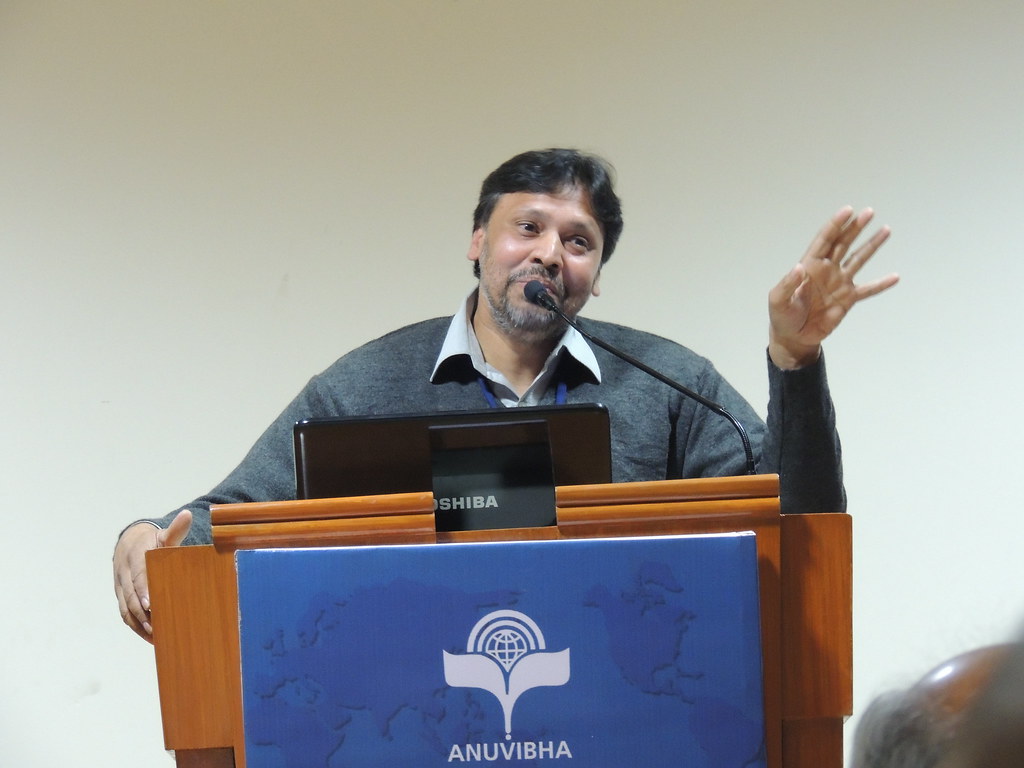
Dr. Sumeet Verma
Samani Charitra Pragya, vice-chancellor of JVBU Ladnun, added aspects of forgiving related to what we are thinking of ourselves and others in view of the present ecological crisis. She proposed that in the name of the people of the earth everybody may take the responsibility for each other and to act environmentally sustainable with regard to Mother Nature. Therefore every individual should try to practice as much Ahimsa as possible in daily life. She referred to the Jain practice of regularly purifying emotions by meditation and recitation of mantras as very effective methods..
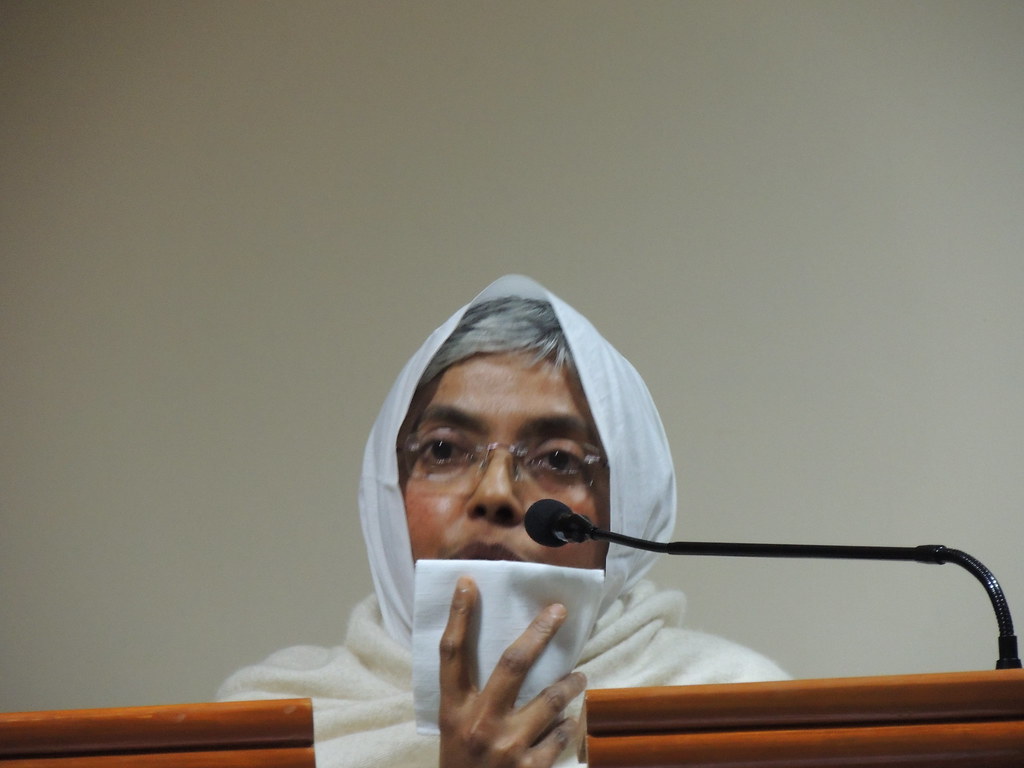 Samani Charitra Pragya
Samani Charitra Pragya
Samani Charitra Pragya
When all met again for dinner, everyone had the impression of a fulfilled day. Small talks were exchanged, and all agreed that the meal was really delicious.
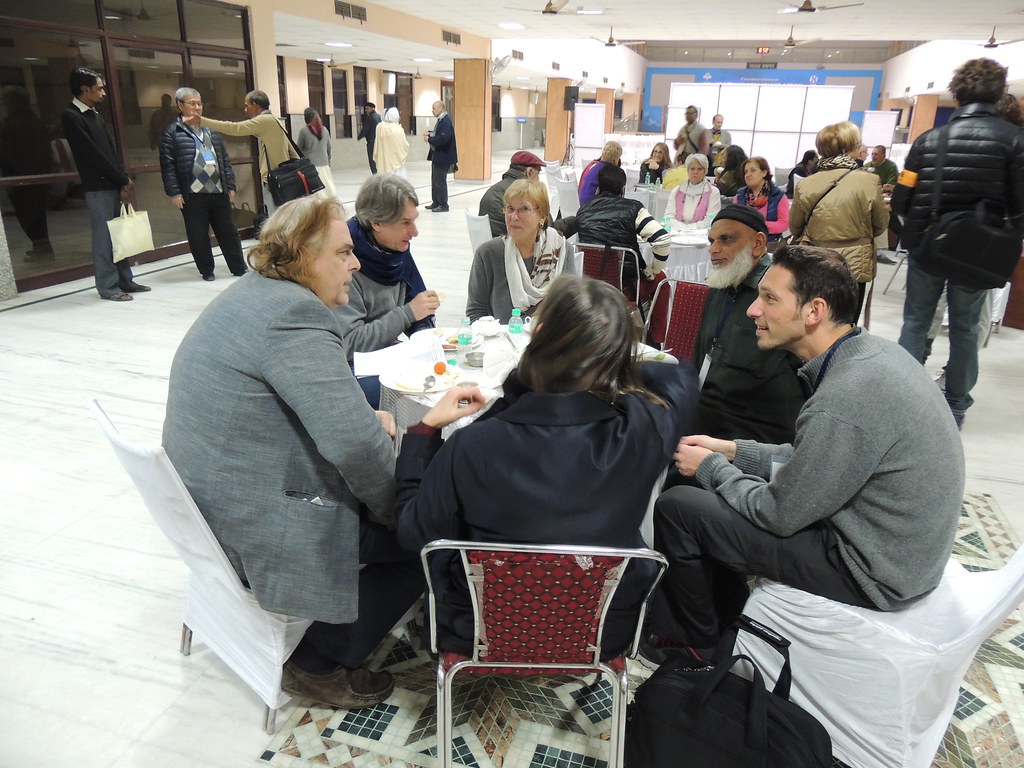 Dr. Thomas Daffern, Graham Peebles, Carla Geerdes,
Dr. Thomas Daffern, Graham Peebles, Carla Geerdes,
F. l.: Dr. Thomas Daffern, Graham Peebles, Carla Geerdes, Dr. Muzzammil Cader, Dr. Jonah Saifer, Dr. Deborah Cohen (mit dem Rücken zur Kamera)
PROGRAMME: SUNDAY, 5th January, 2014
| 14.30 Hrs - 16.00 Hrs | FIRST PLENARY SESSION | M. S. (Main Hall) |
THEME: | Nonviolence - Perception, Practice and Concept |
CHAIR: | Prof. Dayanand Bhargava (India) |
SPEAKERS: |
|
16.00 Hrs - 16.30 Hrs
TEA BREAK
16.30 Hrs - 18.00 Hrs
SECOND PLENARY SESSION
M. S. (Main Hall)
THEME:
Poverty, Environment and Eco-Sustainability of the Future
CHAIR:
Prof. Ashok Bapna (India)
SPEAKERS:
- Mr. Michael Ben Eli (UK)
- Mr. Jonah R. Saifer (South Korea)
Details:
Dr. Akash Ouchi
Prof. Dr. Katsuya Kodama
Dr. Muzzammil Cader
First Plenary Session: Nonviolence, Perception, Practice and Concept
Nonviolence is a powerful force. It is more than absence of violence. It is about a lifestyle that makes human live as humans. People perceive nonviolence as passive but it is the weapon that could defeat the strongest. Nonviolence needs to be part of life and practiced. Truth and honesty need to be practiced in full for nonviolence to work. The concept of nonviolence finds its origin in all religions and if one properly follows the teachings of his or her own religion, there is no doubt that nonviolence will predominate.
Workshop:
Interfaith Insights, Interreligious Understanding and Cooperation for a Non Violent Future Workshop: Models of Peaceful Co-Existence and the Vision of a Healthy Society Peaceful co-existence is needed between people of different faiths, ethnic groups, races, classes and any different categories of people in the society. The ideal way to develop peaceful co-existence is to start at the grass-root level with ordinary people. We should organize community based groups that would practice and promote a nonviolent way of living. This should include nonviolent practices, economy, environmental concerns, rights and justice, truth and honesty and handling conflicts at the community level to ensure a win–win solution.
Dr. Michael Ben-Eli
Dr. Michael Ben-Eli is founder of the Sustainability Laboratory, established in order to develop and demonstrate breakthrough approaches to sustainability practices, expanding prospects and producing positive, life affirming impacts on people and ecosystems in all parts of the world.
Presentation: Sustainability by Design Reflections on the cosmic function of “design” and the potentially anti-entropic role of humans will be followed by a review of the five core sustainability principles, a new framework developed by the Sustainability Laboratory. This framework includes a rigorous definition of sustainability and it provides an essential road map for the development of model sustainability practices. The principles are expressed in relation to five domains: the Material domain, which constitutes the basis for regulating the flow of materials and energy that underlie existence; the Economic domain, which provides a guiding framework for defining, creating and managing wealth; the domain of Life, which provides the basis for appropriate behavior in the biosphere; the Social domain, which provides the basis for social interactions; and the Spiritual domain, which identifies the necessary attitudinal value orientation and provides the basis for a universal code of ethics, ultimately cohering the whole.
Workshop: Project Wadi Attir: Sustainability Principles at Work in the Negev Desert Project Wadi Attir is a groundbreaking initiative of the Bedouin community in the Negev, for establishing a model sustainable agricultural operation. The project was initiated by The Sustainability Laboratory, a US-based non-profit, and the Hura Municipal Council, the governing body of a local Bedouin township. Designed to leverage Bedouin traditional values, aspirations, know-how and experience with modern-day science and cutting edge technologies, Project Wadi Attir showcases implementation of holistic sustainability principles developed by The Lab. It demonstrates an approach to sustainable development in an arid environment, valid and replicable locally as well as in other similar regions around the world. The core of the project includes an organic farming enterprise involving animal husbandry and the production of dairy products; cultivation of medicinal plants and the development of a related line of health products; and the reintroduction of nutritious, indigenous vegetables to common use. At its heart, the project will include a visitor, training and education center, with a focus on ecology, sustainability innovation and entrepreneurship. The project site will be supported by an integrated infrastructure of green technologies including a soil enhancement program; solar energy and bio-gas production; the production of compost from organic waste; advanced irrigation management; and waste water treatment and recycling.
Mr. Jonah R. Saifer
Jonah holds a Masters Degree in Philosophy and Religion from the California Institute of Integral Studies. He is currently an assistant professor of English, Philosophy, and Global Religions at Daegu University in South Korea. His hobbies include traveling, hiking in the mountains, cooking, and composing songs.
Presentation: The Process of Psychological Growth and Evolution The purpose of this paper is to examine the process of psychological growth and evolution - what C.G. Jung called individuation - in the light of current ecological crises. First, this paper will focus on the relationship between ecological crises and experiences of alienation in the modern world. Next, the ‘Green’ Archetype in mythology, theology, and alchemy will be related to Jungian ideas of shadow integration - the struggle with one’s dark side; the coming to awareness of the inner, personified component of the psyche - what Jung called the anima and animus; and the process of fully becoming oneself - individuation. In the final sections, experiences of heightened spiritual awareness in nature and contact with deeper dimensions of the Self will be correlated to possibilities for healing the earth.
This paper will primarily use a Jungian lens to present a vision of individuation, the development of personality, in the light of eco-psychology, philosophy, and comparative theology.Keywords: individuation, earth, sustainability, identification, crisis, consciousness.
Dr. Suneet Verma
Suneet Varma, Ph.D., is Associate Professor at the Department of Psychology, University of Delhi, Delhi (India). His early work was in the area of Theoretical Psychology/Philosophy of Psychology. His more recent work focuses on Indian perspectives on Psychology - e.g. Yoga Psychology, Sufism, Buddhist Psychology, and their links with Sri Aurobindo's Integral Psychology. Dr. Varma’s current work deals with spirituality and healing.
Presentation: Psycho-Biological Research on Forgiveness
When you forgive someone, you make the choice to give up your desire for revenge and feelings of resentment. You also stop judging the person who caused you the hurt. Instead of revenge, resentment, and judgment, you show generosity, compassion, and kindness. In forgiveness, you don’t forget that the offense occurred nor do you excuse it. You substitute your negative with positive feelings, thoughts, and behavior. Some people are naturally forgiving, both toward others and themselves. It’s easier for them to respond to any specific act of the person who’s committed the offense. Those who don’t have this ability may find it more difficult to grant forgiveness when they’ve hurt or harmed, but it is possible for them to do so, depending on the situation. Recent research on the health benefits of forgiveness shows that people who can make this mental shift may benefit in ways they didn’t anticipate—namely, by living longer. In general, studies show that people who forgive are happier and healthier than those who hold resentments. One study has shown that the positive benefit of forgiveness is similar whether it was based upon religious or secular counseling as opposed to a control group that received no forgiveness counseling.
| 18.15 Hrs - 19.45 Hrs | WORKSHOPS |
|
Workshop-1 : Presenters: | Subject : Religious, Psycho-Biological and Social Perspectives on Forgiveness
| Lecture Room 1 |
Workshop-2: | Subject : Workshop for Children (Children's Peace Train)
| Lecture Room 2 |
Workshop-3 : | Subject : Healing Ourselves; Healing the World; Youth Cultural Exchange as a Vehicle for Peace
Subject: A beautiful floating island in the universe.
| Lecture Room 3 |
20.00 Hrs - 21.00 Hrs | Dinner |
|
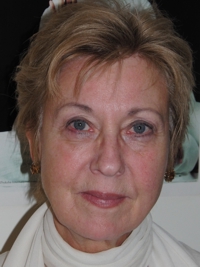 Editor Carla Geerdes
Editor Carla Geerdes
